- Details
5 feet 5 in height, in case you wondered. "In England you can count on one hand the women who are making a living directly from flying. Probably foremost among them are the two girl flyers, Pauline Gower and Dorothy Spicer, who work in partnership at joy-riding. Miss Gower is the pilot and Miss Spicer the mechanic." Amy Mollison, writing in 1934 "Pauline Gower, one of the few women who has already achieved a successful commercial flying career, did joyriding last year in 185 different towns with a travelling air circus." Mary Bertha de Bunsen She was fined £222 in 1933, having taxied her Spartan into a stationary Moth at Cardiff while giving joy-rides in an air pageant (although she reckoned it had definitely moved since she checked where it was). Three years later, she was taken to hospital suffering from concussion and 'lacerations of the scalp' after she ... collided with another aeroplane on the ground, this time at Coventry airport. She owned: a 1929 Simmonds Spartan, G-AAGO, (the one which she wrote off in the taxying accident in Cardiff in August 1933), and then a 1931 Spartan Three Seater, G-ABKK, the one which she wrote off in the taxying accident at Coventry in May 1936. During her air-taxi career, she was reckoned to have piloted more than 33,000 passengers. In 1937 she, Amy Johnson and Dorothy Spicer invited "all women pilots interested in the idea of a central meeting-place for women aviators in London" to write to them, but I don't think it ever happened.
Founder and first Commandant of the Women's Section of the Air Transport Auxiliary in 1940; from 1943, a board member of BOAC. She had a narrow escape in August 1943 when 'Fortuna', an old Imperial Airways airliner, with her and 7 other BOAC officers aboard, made a forced landing near Shannon and was written off. Silver salver presented to Pauline on her wedding day on 2 June 1945, signed by over 90 of the women ATA pilots. (Lois Butler signed twice, though) Click to enlarge. Married Wing Commander William Cusack Fahie in June 1945, but died of a heart attack in March 1947 giving birth to twin boys, one of whom, Michael, later published 'A Harvest of Memories' about her. Pauline Gower and Dorothy Spicer - In Memory
by Claudia Parsons from "The Woman Engineer", Spring 1948 It is grimly ironical that Mrs Fahie, M.B.E., and Mrs Richard Pearse, better known as Pauline Gower and Dorothy Spicer, after the risks of their early youth and of the war, should meet death, the one through the age-old hazard of child-birth, the other as a passenger in an air liner flying to South America. It is also grimly tragic that these partners who risked, endured and enjoyed so much together should die within a year of each other. Though neither got further than the middle thirties they filled the brief interval between attaining majority and leaving life with a record of hard work, pioneering experience and fine achievement that was as gallant as it was short lived. Yet in using that word 'gallant' one hesitates, not questioning its truth but out of consideration for the two who achieved this record, whose aim was never more than to pursue a private ambition and to do it well. The word 'gallant' would have been held by them in derision. I feel honoured to write the appreciation of these two fellow members of The Women's Engineering Society, whose careers I always followed with particular interest since first meeting them on a tour of the Ford works at Dagenham, organised by the W.E.S. Mere babes they then seemed, the one very round of face the other with fairest hair, and it was only in the course of this visit that I learnt their names and remembered having read that Sir Robert Gower, M.P., had given his daughter an aeroplane as a twenty-first birthday present and that now, with Dorothy Spicer as her ground engineer, she was using the plane to give people joy-rides and for aerial taxi service. In the following years as I watched these two soar ever higher, in the metaphorical rather than the literal sense, I used to ponder this parental gesture which, so early as 1931, might have seemed to many to be rash and courting trouble, and reflected how often really enterprising acts were well rewarded and that here was one that had laid the foundation stone of two successful careers. In this I was not altogether accurate; this was the coping rather than the foundation stone. The gesture was indeed the greatest assistance but in no means were Pauline or Dorothy ever financed or given much moral support in their early ambition, which at first was viewed as a joke by their contemporaries. Like Madame Curie, and others of set purpose, before embarking on their careers they had to find the money with which to train, and in this interest Dorothy spent a year in a London store and Pauline gave violin lessons and lectures at schools. This was while still in their teens and before joining forces, in their twenties, at Stag Lane aerodrome where they decided to go into partnership. Already therefore, in 1931, in spite of opposition and setback, Pauline had her A and B Flying Licences and Dorothy had an A Pilot's Licence and Engineer's Licence, and one rather gathers, reading the pages of Women with Wings - the book the two of them later published - that the hand of Sir Robert Gower was forced rather then held out eagerly with the gift of a two-seater Spartan plane. The gift was advanced only in the face of the inevitable, and as a safety measure, Pauline so often coming home late for meals with harrowing tales of forced landings with hired machines. (The forced landings were not always the fault of the machine.) Indeed, in those early days of gaining experience, Pauline on a cross-country flight often came down to ask the way; there were narrow margins between forced landings and the petrol running dry; there was the occasion of flying the Channel at 250 feet and of making a forced landing at Brussels and finding it was Liege. Yes, there were many harrowing moments whose memory later made thri blood run cold, but there was also the exuberance and confidence of youth and a very decided will to conquer. It was perhaps typical that in her night flying test for the B Pilot's Licence, after two hours in the air, cut off from the earth by a ground fog that had formed, Pauline, determined not to become panic-stricken, suddenly remembered an old friend - her mouth organ - on which she played 'Show me the way to go home'. And she was shown. If these two started with a light-hearted attitude towards flying, their subsequent experiences in joy-riding, in joining up with Air Pageants and Air Circuses and in working in all weathers and cvonditions, gave them a far higher sense of respinsibility. They formed themselves into a Limited Liability Company - Air Trips, Ltd. - and worked for two seasons from a field near Hunstanton where they themselves camped beside their plane in a caravan. B~y the time she had carried 3,000 passengers Pauline was foremost among women air pilots in skill and reliability and had added to her A and B Licences a Navigator's Licence and a G.P.O. Wireless Operator's Certificate. Meanwhile Dorothy had had wide experience of servicing machines and in the winter, during enforced flying activity, had studied for her Engineer's Licences, the first woman ever to attain the A, B, C and D Engineering Licences. Pauline often stressed how much the safety of herself and her passengers depended on Dorothy's efficient care of the machine; her praise was equally divided between Dorothy's engineering ability and, on those long periods of camping, her excellent cooking. It is scarcely necessary to to remind fellow members of the later achievements of these two pioneers. With such experience behind them it is not surprising that they gave valuable service to their country both during the war and in the years preceeding it when they played a leading part in making the public air-minded. Members of the WES will remember papers read by each of them at the September Conference in 1937. In 1938 Dorothy joined the staff of the Air Registration Board and added to her qualifications a No 1 Glider's (Engineering) Licence. Later in this year, and with Pauline as her bridesmaid, she was married to Squadron Leader Richard Pearse who, when the war broke out, was in the RAF Coastal Command. Just before the war Patricia Mary was born and later Dorothy took up war work with the Ministry of Aircraft Production on research in connection with engines in flight. With her husband posted to her Flight, she had the unique opprtunity of working in war-time together with her husband. It was after the war, in December, 1946, and retired from their war activities, that Wing Commander and Mrs Pearse lost their lives in the air liner that crashed near Rio de Janeiro. Their daughter Patricia survives them. In the meantime Pauline, who in 1938, had obtained an Air Ministry's Instructor's Licence, had been appointed to serve on the Committee investigating the position of civil aviation in this country, and later was made District Commissioner for the London area of the Civil Air Guard. Of her activities in building up the Women's branch of the A.T.A., members of the WES heard her oqn account when, in 1946, she gave us an interesting talk on this subject, accompanied now by her husband, Wing Commander Fahie, RAFVR, to whom she was married in 1945. When invited to be Commandant of the women pilots in the A.T.A., Pauline stipulated that she must have a free hand in order to do this, a condition for which, interestingly, another great woman pioneer stipulated when asked to take over the hospital service in the Crimea. The fine achievement of the women serving in the A.T.A., their record, and the fact that some of them were finally ferrying heavy four-engined bombers, is a proof of how well Pauline used her powers. In 1943 she was appointed a member of the board of the British Overseas Airways Corporation. Pauline died on March 2nd, 1947, her twin sons surviving her. That is the record of what they did; a bleak summary of achievements is unavailing, however, unless some mention is also made of what they were. Impressive as their qualifications, achievbements and later honours might be, it was the human side that interested most people, it was their pleasant unaffected charm that everyone noticed. One can pay no higher tribute to Dorothy than to recall Pauline's description of her, referring to their partnership, as one whose 'business' reliability proved always as unfailing as her friendship. There is also the tribute paid by Amy Johnson, who was their friend of long standing and who finally worked under Pauline for the A.T.A. In the foreword she wrote for Women with Wings she refers to staying at Pauline's home at Tunbridge Wells and listening to her and Dorothy singing to the banjulele, and winds up: "I played the part of spectator, admiring the utterly unspoiled character of two girls who have done more than their bit in making aviation history." They owed their leading position in the field of aviation to hard work and often severe discomfort; they never set out on record-breaking or otherwise spectacular flights; they did what they did because they enjoyed it and it was the thing they had chosen and wanted to master. There was no intention of ending life swiftly and heroically; they had every hope of seeing this precarious century to its final chapter and Pauline in her book prophesied a time when she and Dorothy would be old ladies still flying an antiquated machine and the passengers in a rocket would lean out and say, "Look at those old girls in that pre-historic bus!" Alas, this is no longer a possibility but to what extent air transport has been influenced by the two who will never be old ladies, and whose memory will always be associated with youth, is impossible to measure. |
- Hits: 4227
- Details
nee Harrisson Her father was a G.P. Dr. Ernest Henry Harrisson and they lived at 'The Priory' and/or 'The Shrubbery', St Neots. He was famous for bringing the St Neots [Miles] quadruplets into the world in 1935. She had an older brother [John Ernest McRae], a twin sister [Daphne Louisa], a younger brother George Granville, and a younger sister Muriel (b. 1912). Educated at Burchett House, Dorking m. Sep 1926 James Francis 'Frank' Crossley. In 1930 they lived in Mallowry, Riseley, N. Beds. They had 1 child, John James, b. 1929 (he apparently "often flew with her.") **
prev. exp 1866 hrs on 'most single engine types; slight knowledge of twins'. Owned a DH Gyspy Moth I in 1935. Learnt to fly at the Norfolk and Norwich Aero Club. prev. performed aerobatics with CWA Scott's 'Flying for All' Aerial Circus:
Mrs. Crossley, the Display's lady aerobatic pilot, with Master Rice (whose father deals with the publicity) and the Hillson-Praga Baby monoplane. [Flight, Apr 1936) 3 Sep 1936: (Flying for All) "Mrs. Winifred Crossley provides one of the most amazing features of the display. She is the first woman acrobatic pilot, and although she has only been flying for two years she has reached a surprisingly high standard." ... then the only woman pilot for Air Publicity Ltd, Heston from 1936, towing advertising banners; for example, in July 1937 she flew over Whitehall towing a banner reading "Give All Civil Servants Pensions". Lived in Gamlingay, Beds from 1932-39. Represented Bedfordshire at lawn tennis. Address in 1940: Newhaven Court Hotel, Cromer, Norfolk 4-engine (Class 5) pilot Postings: Hatfield, 5FPP, 9FPP, 6FPP, 4FPP
"General Conduct: Average. Qualities of Leadership: Not markedly good. A pleasant and amiable person who is friendly and helpful to her less experienced colleagues." "Has now cultivated a sense of responsibility. Very reliable pilot."
In 1944 Norman Whitehurst wrote: "A smooth and polished pilot. She is apprehensive of poor weather to an extraordinary degree for such an experienced and good pilot. Discipline is fair and her influence, which is considerable, is not perhaps always in the best interests of the unit. She has lately shown improvement in this respect. She is at all times an amiable person of great charm and is extremely kind-hearted."
Separated from her first husband Frank; in 1943 she married Canadian airline captain Peter Cleugh Fair, later General Manager of BOAC-owned Bahamas Airways in Nassau. Daily Record - Thursday 09 September 1943: "FLYING ROMANCE. Mrs. WINIFRED CROSSLEY, one of Britain’s finest women fliers, is spending a golfing holiday in Ayrshire with her fiance, Captain P. C. Fair, of British Airways. Slim, dark-haired, she is the daughter of the late Dr. E H Harrison, who brought the St. Neots quads into the world. She flew milk for the quads from London daily during the first weeks of their life. Captain Fair, who has been flying for 18 years, says that his bride-to-be is a better pilot than himself. She has done 4,000 flying hours, probably far more than any other woman in the world." Peter Cleugh Fair (b. 18 May 1906 in Ontario) had travelled to England in 1927 and joined the RAF. He was promoted to Flying Officer in Dec 1928, was stationed at Uxbridge in 1934, and eventually was placed on the retired list at his own request in April 1937. Andy Pickering tells me that "Peter Fair was an Imperial Airways pilot who lost a Lockheed model 14 Super Electra in the Mediterranean on Dec 21st 1939, G-AFYU. It seems it was the first ever BOAC loss, the company having only being formed a few weeks before. There were 6 survivors from a complement of 11, Fair being injured and rescued by a French ship off Sicily after a RN search."
In January 1955, when 'fun-loving royal' Princess Margaret flew from London to Trinidad for an official visit, she was piloted by "Captain Peter Cleugh Fair, 48-year old Canadian who has flown the Atlantic nearly 400 times.
Captain Fair is one of BOAC's senior commanders and has logged more than 13,000 flying hours." ** Sadly, her son died in 1950: "On November 18, 1950, at Bovey Tracey. John James Crossley, only son of Mr. Frank Crossley and Mrs. Winifred Fair" Western Morning News Western Times - Friday 24 November 1950: "LOSS TO PARISH.—The death of Mr. John Crossley has cast a gloom over local cricketing circles. Deceased was only about 22, and had been a playing member of the Bovey Tracey Cricket Club for some years. He lived at Harbertonford. His death came with tragic suddenness. He was at Bovey Tracey on Thursday night last, and, not feeling very well, went to bed. Returning to his home, he became worse, and on Saturday was removed to Bovey hospital, where he died soon after admission. Only a fortnight ago he received the president's bat for being the best all-rounder for last season. Mr. Crossley was a nephew of Dr. John Harrison, the president of Bovey Tracey Cricket Club. There was a large attendance at the funeral service held in Bovey Tracey parish church. The Rev. G. O. C. Duxbury, M.A.. vicar, officiated. Members of the club acted as bearers."
l to r Ann Wood-Kelly, Lettice Curtis, Ruth Ballard and Winnie, Nassau 1957 (ELC) They came back to the UK to visit Alan and Lois Butler in Studham in 1960. Peter died in 1961, and was buried with his mother [Sophia Meiklejohn Cleugh Fair] and brother [Howard Cleugh Fair] in Pennsylvania. Winnie moved back to the UK and d. 1984 in Aylesbury, Bucks. [Ultimate trivia fact: Winifred's younger sister Muriel married Peter Fair's brother Alfred!] |
- Hits: 2841
- Details
Ed. Laurel Bank School, Glasgow. Father: Professor James Cunnison, of 19 Montrose Gardens, Milngavie, Dumbartonshire. 5 foot 2, eyes of, er, hazel. Veronica Inness described her as "a rather dour little Scotswoman" From May 1937, Chief Flying Instructor with the Strathtay Aero Club, Perth (the one in Scotland). She was only the second woman in Scotland to gain a commercial pilot’s licence, and the first to become a flying instructor.
"Miss Margaret Cunnison, flying instructress of Strathtay Aero Club, Perth, giving some wrinkles to a pupil" - The Courier and Advertiser, 13 Jul 1937
She married Major Geoffrey Bruce Ebbage, an ophthalmic surgeon with the RAMC, in 1941. She then became one of the 'First 8' women ATA pilots, joining on the 1st January 1940 as a Second Officer.
After couple of years at Hatfield, she was posted to Luton as an instructor; her report at the time said she "is a steady and reliable pilot. She works extremely hard and has proved invaluable as an instructor on light types". She was promoted to Flight Captain in Feb 1942, but suffered a bout of appendicitis from July to October, and then went off sick again on the 19th December 1942 and never returned to the ATA; her contract was terminated in March 1943. She did, indeed, only work on 'light types'; her log book shows 'Moth, Magister, Courier, Master, Oxford, Hart, Proctor, Rapide, Anson and Piper Cub'. d: 4 January, 2004, in Haddington, aged 89
https://en.wikipedia.org/wiki/Margaret_Cunnison |
- Hits: 3405
- Details
4-engine (Class 5) pilot Mrs King-Farlow from 1925 to 1936; Mrs Fairweather from 1938. The eldest daughter of Lord Walter and Lady Hilda Runciman. Her brother Walter (co-Director, with Connie Leathart (q.v.), of Cramlington Aircraft, First Director-General of BOAC, Commodore of the Royal Yacht Squadron, OBE, etc, etc) became the 2nd Viscount Runciman of Doxford, and her sister Katherine ('Kitty') was adjutant for the Women's Section of the ATA from March 1941. I sometimes feel that Margie gets a bad press; she was, apparently, quiet and rather withdrawn, (nicknamed 'Mrs Cold Front') and, in photos, always seems to have that far-away look in her (green, btw) eyes. But, her ability, and her devotion to duty and to her friends, were never in doubt. She got her RAeC certificate in 1937. In fact, she acquired her first aeroplane from her brother Walter; a 1931-reg D.H. Puss Moth G-ABLG, which he had flown in two King's Cup races. She had married Roderick Nettleton King-Farlow in July 1925. Their daughter Ann was born in 1931, but they divorced in 1936, and she then married Douglas Keith Fairweather in March 1938. He was a businessman from Glasgow, and her complete opposite - outgoing, irreverent, and very eccentric. Margie then sold her aeroplane, and she and Douglas re-registered his Puss Moth G-ABYP in their joint names. Later they also bought a Leopard Moth, G-ACXH. She had a horrible experience in 1939 when her friend, Dr. Elizabeth Cook, was killed by walking into the propeller of the aeroplane Margaret was about to pilot; they were going to fly to Paris for a holiday, and the plane was standing with the engine ticking over.
So, prior to WWII she was one of the most experienced women pilots in the country, with 1,050 hours of civilian flying, and (from late 1937) was an instructor with the Scottish Flying Club. She had flown Miles Whitney Straights, D.H. Moths, Puss Moths, Tiger Moths, Fox Moths, Leopard Moths, Hornet Moths, Dart Kitten, Taylor Cub, Potez, and Percival Vega Gull, in Belgium, Holland, Germany, Sweden, Denmark, Hungary, Czechoslovakia, France Switzerland and Austria.
Not surprisingly then, she was one of the 'First Eight' Women ATA pilots at Hatfield, starting in January 1940. Her training went well: "The handling characteristics of the Service trainer were entirely novel to Mrs. Fairweather, but having once mastered the take-off, she had no further difficulty, and is now able to fly both Master and Oxford satisfactorily. Her cockpit drill is excellent'" Douglas also joined the ATA as a pilot. He was devoted to Margie; as Lettice Curtis says in Forgotten Pilots: he was once heard to say, "I love Margie, better than any dog I ever had," and then more thoughtfully, "or even a pig or a cat."
On the 3rd March 1941 she was one of the four women especially praised by Pauline Gower: "The following pilots during the past year have been outstanding from the point of view of hard work and have set an example to others:- Mrs M Wilberforce [exceptional devotion to duty], Miss M Cunnison [great devotion to duty], Hon Mrs M Fairweather [has shown great devotion to duty, and worked hard and conscientiously as a taxi pilot], and Miss J Hughes [has shown devotion to duty]." [Mona Friedlander, Rosemary Rees, Lois Butler, Gabrielle Patterson and Winifred Crossley also get a mention [they have 'worked hard and conscientiously'], and Pauline added that "had Miss Amy Johnson still been with us [she had died on the 5th January], her name would have been particularly mentioned".] In May 1941 Margie requested extra leave: "Dear Commander Whitehurst, As you know I have a daughter of twelve years of age. She is at boarding school during the term time, but for half of the period of each holidays I am responsible for her care. With the assistance of my family I have managed up to now fairly well without interfering with my work, but I now, owing to reasons of health and occupation I can no longer count on this help and paid help is almost impossible to come by. In these circumstances I am writing to enquire whether ATA would consider granting me an extra week's leave in the summer, and a fortnight's extra leave at both Xmas and Easter, it being understood that any leave so granted would be without pay." The request was granted, and Margie and Douglas took Ann for a holiday in a small farmhouse in Western Scotland [where they acquired a baby goat, which Douglas later took with him on at least one ferry flight.] She and Douglas were both posted to Prestwick (4b Ferry Pool, Northern Area) in November 1941. On the 14th December, she wrote to Pauline Gower: "Sunday, Dear Pauline, I was hampered in talking to you the other day by the crowd around the telephone, amongst which were persons about whom I wanted to speak. I am not sure we can make good use of the lady in question at this moment. We need a second ground person in this office but he or she must, as well as doing adjutant duties, be a good shorthand typist. Unless we combine the jobs there isn't sufficient to do. The lady's counterpart is doing 'ops' just now with only moderate success. It would be a pity to get her up here if that falls through. She is too 'choosy' for our mixed bag of aeroplanes to come only as a pilot. I am sorry we raised her hopes so high. Perhaps in a week or two the matter might be reconsidered if you have no other plans in view for her. I have at last caught a Wellington for myself. I flew it with great pleasure from Prestwick to Sherburne today and am now here on my way back with a Hurricane. I found it very like a big Anson, & I can see no reason why any of the normally hefty of us should find them too heavy. It was tough today & at slow speeds as when coming in to land you have to heave and push but forewarned there is no difficulty. I wonder who of the others have had one and what they think. We have had a tragedy already in no. 4b FPP. A charming American called Wiley who was posted to us left Speke on Wednesday afternoon & has not been heard of since. It is strange (or perhaps just a matter of psychology) how it always seems to be the nice ones that go and the toughs who remain. Living in the … hotel as we are doing amongst all the over-night ATA one gets a bit of a … about humanity. I was almost pleased to see Mary H[unter], & Veronica [Volkersz] yesterday by contrast! Douglas is in his element entertaining his visiting pilots; clearly our post war job must be public house proprietors with Douglas as 'mine host'. Please make Kitty write to me again soon. I loved getting your letters. When are you coming to inspect me? I wish you would. I would love to have a talk. Are you likely to be at W[hite] W[altham] without warning if I cadge an aeroplane to that point? with love, Margie." She was promoted to Flight Captain in February 1942, in charge of the Women's Flight at Prestwick. Her Commanding Officer said that she was a "very reliable and steady ferry pilot ... she has been a very real help to me." Shortly after that, she had her spat with Irene Arckless (q.v.) She also had an 'incident' on the 24th March 1943 - flying a Halifax (she was one of only 11 women cleared for 4-engine aircraft), the bolts securing an engine cowling broke away and fouled a propeller. Luckily, she was uninjured. However, she was in big trouble in May 1943 - some Flight Captain or other (I can't make out the signature) wrote to Pauline: "It is observed that F/Capt Mrs Fairweather is not complying with Standing Orders re. her hair. Also, this pilot still persists in wearing grey coloured stockings, whereas black is the order. Will you please be good enough to point out to this pilot that the Commanding Officer's Instructions in regard to 'Dress Regulations' must be complied with." There is a scribbled note "Is anything ever done?", but, indeed, no sign of anything else happening ... And then, on the 14th September 1943, (so, when Margie was nearly 42), and rather out of the blue , came this: "Flight Captain Mrs Fairweather is pregnant and I recommend that her contract is terminated with three months' pay in lieu of notice." [The ATA policy was that women who became pregnant would have their contracts terminated, to give them 3 months salary. However, Pauline soon discovered that Margie was "not interested in the financial aspect, but would rather have her contract suspended" and added,"I think we might well meet her wishes in this case."] So, her contract was suspended, and she duly returned back to work on the 15th June 1944. By then, sadly, Douglas was dead; he and ATA Nurse Kathleen Kershaw had crashed in the Irish Sea, on a mercy flight to Prestwick. Douglas and Margie's daughter Elizabeth was born a few days after his death. And then Margie herself died in another crash soon after, on the 4th August 1944. It happened on a communications flight in Percival Proctor III LZ801; the engine 'faded out', she force-landed in a field near Wrexham, but hadn't seen a ditch at the end of it. The aircraft went nose first into the ditch.
She, and her sister Kitty suffering from severe fractures to her right leg, were taken to Chester Royal Infirmary. Margie had serious head injuries; the third person on board, Lewis Kendrick, had minor abrasions. Margie died at 11 p.m., without regaining consciousness. The technical investigation showed that the vent pipe of the port fuel tank was completely blocked by a film of dope, causing the tank to collapse. "In these circumstances the petrol gauge is likely to have indicated that the tank still contained fuel, when in fact it was dry." Blame was heaped on everyone involved in ensuring the aircraft had been fit to fly: The Chief Engineer, and the Engineers in Charge at White Waltham, for failing to ensure that it had been serviced properly; the Officer-in-Charge Air Movements Bay; the Engineering Inspector, for failing to ensure that the fitters were competent, and the two fitters who failed to notice the blocked vent. The report recommended that procedures were changed, and Proctors modified, to prevent it happening again. The cause of death was 'extensive skull fracture'; I've not come across any reference to Margie's spectacles shattering and contributing to her death, although this has been suggested recently. She is buried, together with Douglas, in Dunure Cemetery, South Ayrshire. Near Prestwick.
28th August 1944 Dear Mr d'Erlanger, You will I hope forgive me for being slow to thank you for your kind letter & for what you say of Margaret's work, and I would like especially to thank you for all the kindness and consideration shown to my daughter Ruth & for all the arrangements made for the funeral which we could not have wished otherwise. I would be grateful if you could also pass on our thanks to whoever in the RAF was responsible for allowing her to lie in that little war cemetery beside Douglas. We very greatly valued the kindness that prompted that decision. I am afraid it will be a long time before Kitty is up & about, but we are glad to have no real anxiety about her. Hilda Runciman Margie's loss was "a great blow to ATA, for she was not only one of our best women pilots, but in her modest and enthusiastic manner set an almost unequalled example of unselfish devotion to duty." Oxford DNB : "Fairweather [née Runciman], Margaret (1901–1944), airwoman, was born at West Denton Hall, near Newcastle upon Tyne, on 23 September 1901, the second in a family of two sons and three daughters of Walter Runciman, first Viscount Runciman (1870–1949), and his wife, Hilda Stevenson (1869–1956) [see Runciman, Hilda]. Margie, as she was always known, was educated initially at home together with her younger brother Steven (later Sir Steven Runciman) by a governess who taught them Greek and Latin at an early age. She then attended a number of educational institutions including The Mount, a Quaker school in York, and Notting Hill high school, from where she went to Girton College, Cambridge. After a year she dropped out of Girton to study singing in Paris, though she never performed professionally. She married Roderick Sydney Nettleton King-Farlow (1900–1988), the son of Sir Sydney Charles Nettleton King-Farlow, at St Margaret's, Westminster, on 15 July 1925. A daughter was born in 1931. The marriage ended in divorce in 1936. In the autumn of 1936 Margie learned to fly at Newcastle Aero Club and was issued with her aviator's certificate (licence no. 14687) by the Royal Aero Club on 13 January 1937. She was planning to fly solo to Australia but changed her mind when she met a fellow pilot, Douglas Keith Fairweather (1891–1944), son of Sir Walter Fairweather. They were married on 28 March 1938. In that year Lord Runciman was sent on the ill-fated mission to Prague to mediate between the German and Czech governments. Fairweather flew out herself to visit him. During a European tour that same year she and Douglas, under the guise of tourists, photographed unrecorded German airfields. She also sent back letters to her brother Steven which seemingly contained only trivial domestic details. On her return, however, she decoded these to recover intelligence data. With the threat of war looming, in October 1938 the Civil Air Guard scheme was inaugurated to provide subsidized training of pilots through the civil flying clubs. As experienced pilots, Margie and her husband became instructors at Renfrew. Douglas Fairweather was one of the first to sign contracts with the British Overseas Airways Corporation (BOAC) for service with the AirTransportAuxiliary (ATA) in September 1939. Many women, qualified flying instructors with considerable flying experience, volunteered to serve with the ATA. However, the pilots enrolled by BOAC under the ATA scheme were employed in RAF ferry pilots' pools and the RAF would not agree to the employment of women in their ferry pools. This problem was solved in December 1939 when Pauline Gower (who became commandant of the women's ATA) was informed that a small pool of eight women based at Hatfield could be formed to ferry Tiger Moths to stored reserves. With over 1000 flying hours, Margaret Fairweather was one of that select band who signed contracts with the ATA on 1 January 1940. This departure from tradition caused a furore in a world in which professional women were still a novelty. Press and newsreel gave full publicity to the event and the so-called ‘ATA girls’ were under constant scrutiny. However, ferrying Tiger Moths from Hatfield to storage reserves, some as far away as Kinloss, Perth, and Lossiemouth, and returning by overnight train, often with no sleeper in midwinter, was not the glamorous occupation some imagined. In July 1941 ATA women pilots were cleared to fly operational aircraft and Margaret Fairweather was one of the first four chosen to do practice landings in a Hurricane. These four carried a burden of responsibility as the future of all women pilots in the ATA depended on them. Meanwhile Douglas Fairweather was joint commanding officer at Prestwick. In 1942 he was posted to no. 1 ferry pool, White Waltham, to take charge of the air movements flight. Margie was then posted to join him. For the rest of her time there she was engaged in communication duties and it was on one such assignment that she met her death—the only one not to survive among the original eight who served from the very beginning. Gradually more operational types of plane were being flown by women and the progression was made from single engine to twin aircraft to advanced twin, and eventually eleven women pilots were qualified to fly four-engined aircraft. Fairweather was one of the eleven. She was considered by her fellow pilots to be one of the most intelligent and able, though rather quiet and self-effacing. In fact, according to her daughter, her nickname was Mrs Cold Front. On 3 April 1944 Douglas Fairweather volunteered to go to Prestwick to collect an ambulance case requiring special treatment. In appalling weather, somewhere over the Irish Sea, the Anson came down and both he and the nurse travelling with him were lost. Margie gave birth to their daughter Elizabeth a few days later. Margie returned to flying only to be killed herself four months later. She was piloting a Proctor to Scotland on 4 August 1944 with two passengers on board when the engine failed near Malpas, Cheshire. All three were taken to Chester Royal Infirmary where Fairweather died soon afterwards. Her passengers were her sister, the Hon. Kitty Farrer, adjutant of the ATA, and Louis Kendrick of the Ministry of Aircraft Production. They recovered, escaping with injuries. Douglas Fairweather's body was washed up on the Ayrshire coast. Margaret Fairweather and he were both buried in the small churchyard of Dunure, Ayrshire." |
- Hits: 6215
- Details
Father: Ernest Friedlander (German, naturalised 1909 - "founder and chairman of the well-known banking firm of Singer and Friedlander"). Mother: Vera(na) Educated 'abroad', (Vienna, Switzerland, Germany) and at the Royal School of Arts and the LSE in London (Commerce Examinations). 5 foot 5 inches tall; hair and eyes: dark brown. Religion: Hebrew (sic). Ken Waller taught her to fly Her uncle, V. Mansfield, was a Colonel in the British Army in WWI. prev. pilot for Air Taxis, Croydon, giving "5 bob joy rides" Mona was in the squad for the British Women's Ice Hockey teams who faced France in 1934 and 1935, but Britain lost the first and only drew the second. She was a defender, playing for her club the London Lambs; against France "probably the fastest skater on either side, and certainly the strongest".
In 1938, "Airwoman Mona Friedlander, who played left-back for England. was the most dashing player on the ice. Dressed in a short black split skirt and a blue and white jersey —the England uniform—she was all over the ice, leaving a trail of devastation in her wake. Her enthusiasm led her into trouble. She was sent off twice, but made up for it by scoring two of England's goals."
From 1st March 1939 to the end of November, she worked as an Army Cooperation pilot, flying in front of anti-aircraft batteries to help them with the aiming and ranging of guns and searchlights. The Sketch said "We take our hat off to Miss Mona Friedlander - for being an attractive night-flying target that no-one should miss"
She was then one of the 'First 8' women pilots of the ATA, joining on 1st January 1940 as a Second Officer. At the time, she had 600 hours experience, on 'most light types'. Postings: Hatfield, 5FPP She married Major Alan Forward, M.C. in June 1941; by then, she had had 3 accidents: - 4 Oct 1940, she failed to get the undercarriage of Oxford V3325 down and locked before landing; - 25 Mar 1941, she had a forced landing in Lysander P1727 when the engine failed, and - 29 Apr 1941, another forced landing Hawker Hind 4643, during which she collided with a cow in the field, which ended up costing the ATA £150. She was exonerated in all 3 accidents.
Her report says "First Officer Forward is a good pilot and a hard worker. She has been unfortunate in the matter of accidents but cannot be held responsible for those she has had. On one isolated occasion she showed bad airmanship - this has not been repeated" but added (rather strangely in view of her ice hockey-playing career before the war), "Physical endurance rather below average." She was promoted to First Officer in May 1942, but in September hit a parked Anson when taxying a Hudson, then in October suffered from carbon monoxide poisoning in a Typhoon, remained off sick until February 1943 and then resigned. During her ATA career, Mona flew 32 types of aircraft up to 'Class 4' (Advanced Twin Engined), including 20hrs on Wellingtons and 10 hrs on Mosquitos. post-ATA, Censor for the Ministry of Information Moved to Egypt. Flew one of a flight of 8 Fairchilds down to Johannesberg for £50. d. 24 Dec 1993 - Yeovil https://en.wikipedia.org/wiki/Mona_Friedlander IWM interview here: https://www.iwm.org.uk/collections/item/object/80009073 |
- Hits: 1763
- Details
Father: Arthur Edward Hughes, a braid manufacturer,, mother: Lily Amelia [Lekeup] of Acreage, Harlow Common, Harlow, Essex Educated 'privately'. 5 foot 2, build: slight, eyes: hazel.
"Miss Joan Hughes, who will be sixteen in April, is working hard to become an efficient aviator" - The Sketch, Mar 1934
"Miss Joan Hughes, a schoolgirl, says her ambition is to run an air-taxi service in partnership with her brother" - Leeds Mercury, 4 Apr 1934
She celebrated her 17th birthday by qualifying for her RAeC Certificate, making her, at the time, the youngest flyer in Great Britain. She became an instructor with Chigwell Flying Club, then joined the Civil Air Guard at Romford in 1938. prev. exp. 620 hrs (at the time, the women needed 600 hrs to join ATA) Postings: 5FPP, AFTS, EFTS, 1FPP, 6FPP, 15FPP 4-engine (Class 5) pilot
Margaret, Mona and Joan in January 1940 The youngest of the 'First Eight' women ATA members who joined on the 1st January 1940, she mostly continued as an instructor, eventually at the Advanced Flying Training School at White Waltham. She did, however, ferry many types of aircraft, including Hurricane, Spitfire, Lysander, Typhoon, Mosquito, York, Fortress, Lancaster, Halifax, Liberator and Stirling.
She had 4 mishaps (one deemed to be her fault); - 12 Dec 1940, her Oxford skidded on loose ice on the runway - 22 Aug 1941, a forced landing in Hurricane N2588 when the undercarriage jammed - 4 Jun 1942, a landing accident when she was instructing Jocelyne Hotham in Hart K6486, which swung and tipped onto a wing, - 22 Dec 1944, another forced landing in a Stirling III, LJ506. This was due to "[Port Outer] No 12 cylinder induction elbow blowing off")
One of the iconic images of the ATA - Joan, dwarfed by a Stirling (Brief Glory) Her flying was always highly praised: "First Officer Hughes is an exceptionally good and level-headed pilot. She has worked extremely hard and conscientiously ... a capable pilot on the Stirling; of above average ability, who, in spite of her small stature, handled the aircraft in a most satisfactory manner. She is to be complimented on such an excellent performance." One small criticism, however: "her technical knowledge is a long way behind her flying ability & she should spend more time in study of this branch." After WWII Joan moved to the West London Aero Club in White Waltham, then the British Airways Flying Club at Booker. She coached Kenneth More for his role as Douglas Bader in the film 'Reach for the Sky' (1956). She was awarded her RAF 'Wings' in June 1954, the last of 5 women (all ex-ATA pilots) to do so when serving with the short-lived (1 Feb 1949 - 1954) Women's Royal Air Force Volunteer Reserve (WRAFVR). The others were Jean Bird, Jackie Moggridge, Freydis Leaf and Benedetta Willis. In 1956, Veronica Volkersz wrote that Joan was one of ".. only seven [women ATA pilots] are now flying commercially ... Five-foot-nothing Joan Hughes, one of the few ATA girls who did the Class 5 conversion, subsequently ferrying four-engine bombers and instructing on Harvards and Hudsons, is chief flying instructor of the West London Aero Club at White Waltham" She concluded that "The tragedy is that for women, commercial aviation is now - except, possibly, in Russia - a closed field."
n 1961 she was awarded the Jean Lennox Bird Trophy; she had trained more than 50 pilots during the year.
In 1965 she flew a replica of a 1909 Santos-Dumont Demoiselle in the film "Those Magnificent Men in their Flying Machines", and then a replica in simulated dog-fights for the film "The Blue Max". She later visited the US where she appeared on a television quiz show as a mystery guest. Miss Hughes was one of the display pilots at the Shuttleworth Trust during the 1960s: "These aircraft are wonderfully removed from scientific aircraft. Everything depends on the pilot's skill, so you feel more personally involved. Apart from that you are open to the weather". Bob Brion tells me that "Joan was my instructor at White Waltham in 1955 flying Tiger Moths... [She] treated me as an equal in what was a different world in the 50s. I have always had the greatest respect for her and her accomplishments. A great lady." She retired in 1985 with 11,800 hours in her logbook, 10,000 of which were as instructor, and "devoted herself to tennis, music and country walks". She died age 74, on the 16 August 1993 in Taunton, Somerset.
Download ATA Pilot Personal Record (.zip file): IWM interview here: https://www.iwm.org.uk/collections/item/object/80008455 |
- Hits: 3629
- Details
Father: Malcolm Burr, a mining engineer, Mother: Clara Millicent [Goode] A lady with her own opinions, particularly about race handicapping, which you can read here. b. 6th July 1905 in Paddington, London, the eldest of four daughters; grew up in Dover, Kent, but her father was a rather peripatetic amateur entomologist and she was educated all over Europe, including Paris, Berlin, Budapest, and Vienna. Was very busy in 1931; described as a 'secretary' [actually, she was the Company Secretary of her mother's family firm of upmarket china and glassware merchants, Thos Goode & Sons], and living in Maida Vale, London, acquired both her aviator's 'A' Certificate (No 9752), and her husband, Mr Arthur L 'Pat' Patterson.
"Arthur Patterson, "Mrs Pat's " husband, and himself a distinguished aeronautical engineer, takes some of the weekly classes at Romford. Here he is giving instruction on rigging." The Bystander, 1939 [The 1932 Spartan 3-seater G-AWBO belonging to Romford Flying Club was damaged by fire in Feb 1940] At the same time (May 1931), she also competed in the Ladies event at Reading - the other competitors were Amy Johnson, Grace Aitken, Pauline Gower, Dorothy Spicer, Susan Slade, Winifred Spooner, Christina Young, and Fidelia Crossley - a historic gathering indeed.
Her son, Ian, was born in 1932 in Eton, Oxfordshire, but Gabrielle and Pat divorced in 1939. By 1933, she was the first woman (in Britain, at least) to hold an instructor's certificate. She entered the King's Cup Air Race in 1934, flying a Miles Hawk G-ACTZ designed by ‘Blossom’ Miles, wife of Fred Miles:
In 1938, she wrote an article on the subject 'Would women make good instructors in the event of war'. She, of course, was already a successful instructor, although admittedly her experience was limited, because "a man who is paying for his flying, and whose average age is probably a little greater on that account, is more amenable to reason than the youngster of eighteen to twenty, with his wild oats still unsown." She thought that women instructors would probably cope, though; "The instructor always starts with the advantage of his pupil's spontaneous respect for a (relative) master of his subject, coupled with a very natural wish to shine. The woman instructor has the added advantage that this respect is enhanced by her supposed greater difficulties in acquiring that (relative) mastery and with the instinctive desire of the male to impress the female. By tactfully and subtly indicating the conduct in the air and on the ground which does win her confidence and does impress her, she can obtain it in nine cases out of ten, and in the face of such a proportion she could certainly count on disciplinary measures for the tenth." But she worried whether there would actually be enough women to become instructors; her experience was that women didn't make such good puplis as men. "It is arguable that since of good men pilots only a few make good instructors, amongst women (where the number of good pilots is a lower percentage of pupils) the quantity of good instructors would be so small that there could be no justification for spending public funds in discovering them." The reason for this, she thought, was that "women pilots hitherto have consisted only of those with large enough bank balances". Flight reported her activities at the time: "19 May 1938: "ROMFORD. Miss Amy Johnson visited the Romford Flying Club last Sunday to present a flag and charter to the National Women's Air Reserve which operates there. There are 125 members of the Reserve, taking flying instruction with Mrs. G. M. Patterson." 15 June, 1939: "Mrs. G. Patterson's G.A.P.A.N. Appointment. All who have come into contact with her will wish to congratulate Mrs. Gabrielle Patterson on her appointment to the Panel of the Guild of Air Pilots and Navigators. This is the first time that a woman has received the appointment. Mrs. Patterson has been a flying instructor for some years and is now leader of the National Women's Air Reserve, the organisation which has been putting in a good deal of flying —and securing no little amount of newspaper publicity—at Maylands Aerodrome, Romford. Mrs. Patterson herself, it may be added, has always shunned any sort of personal publicity. She is, we believe, a first-rate pilot and an extremely capable instructor." She was living in Bristol, aged 34, with about 1,530 hours experience when WWII broke out in September 1939; her son was at Prep. School. She filled in the application form for the ATA that December; her 'types flown' at the time consisted of "Moth Major, Tigers, Avro Cadet, Avian, Cygnet, Hornet Moths, Cirrus I, II and III Moths, Gypsy Moths, Spartans, Puss and Leopard Moths, Klemm, Swallow, Civilian Coupe, Miles Hawk and Hawk Major, and Miles Whitney Straight" and she had owned "a Miles Whitney Straight, a Puss Moth, 2 Gypsy Moths, and 2 Swallows (Only 1 any good)". As well as in the UK, she had flown in Germany, Belgium, Holland and France. She gave her next of kin as Arthur Patterson RNVR. She started as one of the 'First Eight' highly-experienced women pilots at Hatfield the following month. After a while ferrying trainers at No 5 Ferry Pool, she had to learn to fly new types. Her instructors duly reported that she was "a good and very experienced pilot", and she was "keenly aware of her own limits , which I feel is an excellent feature of her character. Has the makings of a first-class ferry pilot."... "A polished pilot whose capabilities are limited by her physique. In view of her undoubted ability and experience I regard her as somewhat under-confident." She had 2 accidents; in December 1940, flying a Rapide X7322, (she was deemed to be 'at fault') and in May 1942, when the undercarriage of Spitfre Vc BP863 jammed in the 'up' position (she was 'not to blame'). During her time with the ATA, she flew these types: Moth (155 hrs); Miles Master (35 hrs); Oxford (105 hrs); Proctor (8 hrs); Hart (1 hr); Dominie (25 hrs); Magister (6 hrs); Harvard (8 hrs); Q.6 (1 hr); Lysander (6 hrs); DH86 (1 hr); Anson (42 hrs); Hurricane (26 hrs); Rapide (2 hrs); Spitfire (33 hrs); Blenheim (21 hrs); Douglas variants (1 hr); Defiant (1 hr); Fairchild (26 hrs); Hampden (3 hrs); Wellington (26 hrs); Hudson (6 hrs); Tutor (1 hr); Botha (3 hrs); Stinson (2 hrs); Whitley (1 hr); Beaufighter (2 hrs); Mosquito (2 hrs); Swordfish (4 hrs) and Typhoon (1 hr). However, her slight physique also let her down in other ways; she was off sick with measles for a month in Apr-May 1941, then 2 weeks in March 1942 with an infected elbow, then a month (Oct-Nov 1942), and finally (in Feb-Mar 1943) another month with 'bronchial cattarh'. Her contract was terminated in June and she left the ATA as a First Officer [which I always find surprising; she was never promoted to 'Flight Captain']. She died relatively young, sadly; having completed a degree at Manchester University in the 50s, she moved to France but fell ill with cancer, moved back to Little Missenden, Bucks, to live with her sister, but died there on 31st October 1968, aged 63. Her ashes were scattered from the air over White Waltham airfield in March 1969. |
- Hits: 2766
- Details
Father: Sir John David Rees Bt, KCIE, SCVO, MP for East Nottingham d. 1922; Mother Mary Catherine [Dormer]
One brother, Richard (Ed. Eton and Cambridge, Lieut (SP) RNVR in WWII, author and artist) [Both her Royal Aero Club Certificate, and her ATA record, have her date of birth as 23 Sep 1906, knocking five years off her age] Ed. 'private' - she said "I had no proper schooling, except what I read in books and by listening to my parents" - followed by ballet school in Chelsea prev. a dancer (member of a dancing troupe which toured Ceylon, China and America - she later said "they were all very vulgar"); then decided to learn to fly, persuaded by Gordon Selfridge and instructed by Valentine Baker, and toured all round Europe:
During 1939, she worked for Army Co-operation, target towing prev. exp. 630 hrs, in 'most light types', throughout Europe; she owned G-ADBT, a 1935 Miles M.2H Hawk Major, which she sold to SJ Hawley and replaced it with a Miles Whitney Straight. She volunteered to fly Christmas presents to Prague in December 1938, for Czech refugees. Address in 1940: Hillside Cottage, Witheridge Hill, Henley-on-Thames Postings: 15FPP (as second-in-command), 1FPP 4-engine (Class 5) pilot She hated Tiger Moths ("beastly little trainers"), after her experience in pre-war monoplanes, but loved the 'darling' Anson Flew 91 types of aircraft with ATA One accident, her fault: - 20 Apr 1941, she 'employed the wrong landing technique' in a Lysander and damaged an undercarriage leg
"[operational ability] Excellent. A capable pilot who carries out her flying duties well". "an extremely intelligent and able officer", however: "... possesses all the potential qualities of leadership - courage, direct thinking and intelligence, but does not command the respect those qualities entitle her to ... she allows her personal wishes to play too large a part in the affairs of the Pool." Post-war, joined RAFVR m. 3 Nov 1950 in Westminster, Sir Philip Harvey Du Cros, (second baronet, Cavalry Officer in WWI, d. 1975) She continued flying; buying a war-surplus Percival Proctor, she gained her commercial licence and operated an air-taxi charter firm, Sky Taxi, for five years. Wrote her memoir 'ATA Girls' in 1983 d. 8 Mar 1994 - Little Bocombe, Parkham, N Devon 1986 IWM interview here: https://www.iwm.org.uk/collections/item/object/80009148 |
- Hits: 2789
- Details
née Ogilvie-Forbes Father: John Charles M Ogilvie-Forbes, the 9th Laird of Boyndlie, Aberdeenshire, "a dour character who studied for the Anglican priesthood but was converted to Rome by Cardinal Newman and devoted most of his time after that to serving the Vatican as a Papal Chamberlain." - Dublin Evening Herald Mother: Anne Marguerite One of 7 children Ed. Convent of Jesus and Mary, Stony Stratford; Somerville College, Oxford (Agriculture) "At Oxford she took a keen interest in sports: she was an accomplished exponent of ju-jitsu and was a member of the women's mountaineering team. She also acted in the productions of the university's French Club." She owned G-EBQV, a 1927 DH.60 Moth, (withdrawn from use in 1936), and then G-ADMP, a 1936 DH.87b Hornet Moth which was impressed as BK837 on the 5 Sep 1940, and written off in 1941: "She used them to ferry livestock to and from her Essex farm, Nevendon Manor, sometimes from as far afield as Hungary."
She entered the Hornet Moth for the 1936 Cotswold Handicap Air Race, held to celebrate the opening of the Gloucester and Cheltenham Airport. "From 1929 she had also taken a keen interest in the work of the Fairbridge charity whose aim was to take orphaned children from overcrowded British cities and find them homes in agricultural communities in the Dominions. In the late 1920s and early 1930s she visited Canada and Australia to look over farm schools there. She continued her involvement in the Fairbridge Farm Schools until late in her life. Having no children herself, she often had Fairbridge children to stay with her for extended periods." m. 1932 in Ventnor, IoW Robert William Francis Wilberforce, a solicitor ["Her husband-to-be was for some time undecided between the state of matrimony and a vocation to the priesthood, eventually deciding to test the strength of the latter by spending six months in a monastery. When this period was over Marion was at the monastery gates to collect him" prev. Flying Instructor and Charter work for Southend Flying Club prev. exp 900 hrs One of the 'First Eight' women pilots in January 1940:
Postings: 5FPP (as CO) 4-engine (Class 5) pilot Off sick from 31 May to 10 Aug 1943 after a thyroidectomy 3 accidents, one her fault: - 8 Apr 1942, the hood of her Battle V1234 came loose and blew away - 25 Sep 1942, landing at Little Rissington in Tomahawk AH901, she swung off the runway to clear a vehicle and the aircraft tipped over - 23 Jan 1944, she collided with a Jeep in her Spitfire. She was not held to blame as "the jeep stopped within a few feet of her; she could not reasonably have seen it in these conditions." She declined an MBE. "Marion Wilberforce was the quintessential 'Atagirl': resourceful, daring and skilled, with more than a touch of eccentricity in her make-up." She carried on flying until she was 80, in the second of her Hornet Moths which she called the "Old Lady's Bath Chair":
She was also Master of the Essex Union Hunt in 1970, and had to apologise to a local family after their little girl's tabby cat was found dead near the route the Hunt had followed. She visited the family's caravan, apologised, offered sympathy and "offered to replace the cat."
d. 17 Dec 1995, aged 93 - Stroud, Glos.
Buried St Joseph Roman Catholic Churchyard, Bishop Thornton, Harrogate Borough, North Yorkshire, England
[Unacknowledged quotes are from her obituary in The Times]
|
- Hits: 1886
- Details
Born in London but brought up mainly in County Monaghan, Ireland. Her family's home was Rossmore Castle, which was a grand affair built in the 1820s, with turrets, a vast drawing room and servants' quarters, not to mention about 20 cottages on the estate:
Here she is, with her brother Willie, and parents (Mittie and Derry) on a set of steps by the house, in 1913:
I visited County Monaghan in 2014 and asked in the local museum if they knew where the house was. 'Oh yes' they said, 'but it was demolished forty years ago'. It seems that it became severely infested with dry rot in the 1940s, was abandoned and, indeed, demolished in 1975. Anyway, here's all that's left of it now:
Mary married South African mining magnate and white suprematist politician Sir Abe Bailey in September 1911 (so, she was 21, he was nearly 47; his first wife had died in 1902 and he already had two children). They then had five more children - 2 boys and 3 girls. She learnt to fly at the London Aeroplane Club in 1926. She was the first woman to fly across the Irish Sea 'by the long route' from Chester to Dublin, the following August. The following March (1928) she began a solo tour to Cape Town, via Malta and then Cairo. Here, her plane was locked away by order of the Governor-General of the Sudan to prevent her from continuing alone, so she contacted Dick Bentley (who had flown to the Cape a few weeks before) to escort her in his own aeroplane over the "dangerous area of the southern Sudan". She then crashed in Tanganyika, writing off her aeroplane (she said it was her fault), but Abe made arrangements for a replacement Moth to be delivered from Pretoria and she continued, despite having 'flu. Abe was there to meet her when she arrived at the end of April. The return journey was made via the western 'French' route - the Belgian Congo, Angola and the French Congo. She finally arrived back at Croydon on 16 January, 1929, 10 months after she left. It was "undoubtedly one of the finest performances ever put up by a woman pilot." Lady Bailey was "so modest, so vague and so charming", and was "surprised that anyone should make a fuss about her journey". A Director of National Flying Services in 1929, (with Frederick Guest, Colonel the Master of Sempill, Alan Cobham, etc); she was also awarded the Brittania Trophy by the Royal Aero Club, and then made a Dame of the British Empire in 1930 for "services to aviation".
She was a guest at Amelia Earhart's reception at the RAeC in May 1932 - photo here. In early 1933 she gave everyone a scare by disappearing for several days on another solo flight to Cape Town; thankfully, she had only got lost, run low on fuel and landed safely in the Sahara. [Bert Hinkler, who disappeared at about the same time, was killed in the Alps]. She then flew back to England and almost immediately went down with a bout of typhoid, but recovered in time to compete in the King's Cup later in the year.
After that, she concentrated on looking after their horses, giving and attending loads more balls and receptions, and marrying off their many children. When Abe died in 1940, she settled near Cape Town (still keeping a house in Rutland) and died there 29th August 1960 aged 69. King's Cup in 1927, 1929, 1930, 1931, 1933 Lady Mary's aeroplanes were: a 1926 DH.60 Moth (G-EBPU), a 1927 DH.60X Moth (G-EBSF, the one she crashed in Tanganyika), the replacement DH.60X Moth (G-EBTG, which Abe bought in Nairobi); a 1928 DH.60G Gipsy Moth (G-AABN); a 1929 DH.60G Gipsy Moth (G-AAEE) and a 1930 DH.80A Puss Moth, G-AAYA. |
- Hits: 5825
- Details
née Reed the "beautiful" [so said Harald Penrose] wife of Alan Butler. (Later, the 'Flying Grandmother') Her first husband (Lieutenant-Colonel Hugh William Knox-Niven) having died in 1923, she married Alan Butler in 1925; together they had a daughter and a son. 15th in the Women’s Combined Alpine Skiing at the 1936 Winter Olympics, skating for her native Canada (although she was a member of the British Team before that). Postings: 5FPP
Completed more than 1,000 hours, in 36 types of aircraft. 2 accidents, neither her fault: - 24 Jan 1942, the wing flaps of Hurricane AG202 were damaged by water from melting snow, during a precautionary landing at Abingdon - 6 Aug 1942, a forced landing at Cranwell in Anson DG761, after starboard engine failure Post-WWII, the Butlers moved to Rhodesia and bought a tobacco farm, but eventually moved back to Studham Hall, Bedfordshire. She owned a 1930 DH.80A Puss Moth G-ABGX, which was sold in France in December 1934, re-registered as F-AMRX and whose registration was finally cancelled in 1936. d. 17 Aug 1970 in Piraeus, Attiki, Greece from a heart attack while on holiday, and is buried in Studham. |
- Hits: 2259
- Details
Mrs Mollison from 1932 to 1938 Amy was 'a slight young woman with heavily lidded eyes, dentured teeth, a shy smile and a soft Yorkshire accent' [she later developed a rather fake upper-class BBC one, possibly under her husband Jim's influence].
By 1929, a secretary (albeit one with an economics degree, and an engineer's licence to go with her aviator's certificate) turned solo record-breaking pilot and all-round nation's sweetheart. Married for six years to Jim Mollison (which was a Big Mistake). On May 26th, 1932, after her solo flight from America, Amelia Earhart was the guest of the Royal Aero Club in London, and amongst the ladies in attendance were Lady Bailey, Amy, and Winifred Spooner (less than a year before her untimely death). "First combined aviation with work in a law office, but specialized on the former and in 1930 made a solo flight to Australia by way of learning her job. Has established a high reputation as a long-distance navigator-pilot in flights, many of which were records, to various parts of the world. Has not done much racing yet" [1936] Amy originally applied to join the Air Transport Auxiliary on 29 February 1940. At the time she gave her address as the 'St George and Dragon Hotel, Wargrave', and quoted her previous experience as 'approx 2,000 hrs day, 500 night'. 'Types flown' were 'Most light types, several twins, Ford Tri-motor - about 50 in all'. The form also had a space for "have you any foreign experience?", in which she wrote 'Nearly all except S. America.' She was, shall we say, not your typical ATA applicant. After being made redundant, like Joy Davison (q.v.), when National Air Communications closed down, she spent the next few months trying to find something better, but to no avail. On the 20th April, ATA Womens Commandant Pauline Gower wrote to her to ask if she was still interested in joining, and, if so, "I shall be glad if you will forward us by return your log book and licence for inspection". Two days later Amy sent the documents, but asked if they could be returned as soon as possible, as she needed them for her medical examination on the 7th May. A week later, Amy received a circular letter: "Dear Madam, We are holding interviews and flight tests here on Monday next, the 6th May, at 11a.m. Kindly let us know if you intend to be present". She wrote a short note back on the 2nd May:"I note the arrangements for Monday at 11a.m. & will be there". This was the famous occasion when Amy turned up and saw another applicant "all dolled up in full Sidcot suit, fur-lined helmet and goggles, fluffing up her hair etc - the typical CAG Lyons-waitress type." ... "I suddenly realised I could not go in and sit in line with these girls (who all more or less looked up to me as God!), so I turned tail and ran." Luckily for her, when she telephoned ATA to make some excuse about having the 'flu, they said the job was being kept open for her anyway, the test was just a formality, and she could start when she liked. Which she duly did, on the 25th May, as a 2nd Officer. Her initial instructor's report was OK: "A good average pilot who had no difficulty in converting to both Master and Oxford aircraft. Should be suitable for modern single engine service types and multi-engine trainer types. With a further period of dual should be quite suitable for Blenheim type." Despite her extreme reluctance to join the ATA in the first place, clearly thinking it was beneath someone with her great experience (she thought she could have had Pauline Gower's job, "if I had played my cards right and cultivated the right people"), Amy settled well into the job and "worked hard and conscientiously". She was promoted to First Officer on July 1st 1940. She was killed 5th January 1941, aged 37, after baling out into the Thames Estuary from Airspeed Oxford V3540. It seems likely that she was run over by the boat trying to rescue her.
A flurry of urgent telegrams and letters hurtled around on the 5th and 6th January, as everyone tried to find out what had happened to her: ADDRESSED TO ALL RAF FLYING UNITS AND WESTON SUPER MARE FROM AIR MINISTRY: OXFORD V3540 MISS AMY JOHNSON LEFT SQUIRES GATE 1045 HOURS 5/1. REQUEST NEWS OF ANY SUBSEQUENT LANDING IMMEDIATELY. ALL UNITS TO ACKNOWLEDGE. They all replied, along the lines of this one from No 3 Ferry Pool, Hawarden: REGRET HAVE NO INFORMATION REGARDING F/O AMY MOLLISON OXFORD V3540 (They obviously forgot she was divorced). By the evening of the 6th, the concern was for the second of the two people thought to have been on board: IDENTITY OF PASSENGER OF OXFORD V3540 PILOTED BY MISS A JOHNSON WHICH LEFT SQUIRES GATE 1045 5/1. TWO PEOPLE BALED OUT IN THE ENGLISH CHANNEL IDENTITY OF SECOND UNKNOWN It was headline news in all the papers, of course: Gloucester Citizen, 7 Jan 1941: "AMY JOHNSON DROWNED. BALED OUT OVER THAMES ESTUARY. Amy Johnson, the airwoman, is feared to have drowned after baling out of her plane over the Thames Estuary on Sunday. A woman passenger with her in the plane also baled out, and they came down some distance from a boat. An Officer who jumped into the sea in an effort to save them is also believed to have drowned. Just before Miss Johnson baled out her plane was seen to dive towards the sea. A speedboat put out immediately, but the men aboard failed to find her or her passenger. The flight authorisation papers from her machine were, however, picked up from the sea. A Good Swimmer. Her father. Mr. W. Johnson, a Bridlington fish merchant, was telephoned by Miss Pauline Gower, head of the Air Transport Auxiliary, saying that the wreckage of his daughter's aeroplane had been found in the sea. Mr. Johnson told our reporter:— " Everyone knows Amy's skill as a pilot. If there had been any chance of getting the machine down safely she would have done it. She must have been injured, too, before she landed in the water, for she was a good swimmer. 'We were looking forward to having her home at Christmas, but she had to cancel her visit because of flying duties. I spoke to her last Saturday night. She was very cheerful. She joined the Air Transport Auxiliary six months ago. She knew it was a risky job, but she felt she had do something for Britain, and flying was the job she knew best. Our one comfort is that she gave her life for her country.'" The mystery of the 'passenger' was addressed by Pauline a few months later: Hull Daily Mail, 27 Aug 1941: "AMY'S LAST FLIGHT Miss Pauline Gower, Commanding the Women's Section Air Transport Auxiliary, stated yesterday at a London luncheon that she had checked Johnson's last flight and had "absolutely no doubt how she died" in the Thames Estuary last January. The famous airwoman, Miss Gower said, ran short of petrol in bad weather, and when she baled out "it was just bad luck that she happened to be over water. In baling out the type of 'plane she was flying it is often necessary to jettison a door, and this door coming down may have given rise to the rumour that there was another passenger aboard." Pauline wrote to Amy's parents on the 10th January: "Apart from the loss to the Nation of one who, by her achievements, had endeared herself to all, we are suffering our own particular loss. Since she had been with me, she not only proved herself to be a pilot of the calibre one might expect, but we had come to rely on her and she had made friends with all and sundry." Amy's aircraft included: a 1928 DH.60G Gipsy Moth (G-AAAH) which she named 'Jason', and is now in the Science Museum; a 1930 DH.80A Puss Moth, G-AAZV, 'Jason II'; a 1930 DH.60G Gipsy Moth, G-ABDV, er, 'Jason III'. After 1930 she owned: a 1932 DH.60G III Moth Major, G-ABVW, ... ummm, let me guess... yes... 'Jason 4', and a 1932 DH.80A Puss Moth, G-ACAB, 'The Desert Cloud'
Commemorated on the Runnymede Memorial:
|
- Hits: 3221
- Details
nee Holmes Address in 1940: Woodland Rise, Seal, Sevenoaks, Kent Next of kin: husband, Anthony Brown MC. [d. Dec 1954. He was English, 16 years older than her, described as a 'Managing Director of a Printing Company' [Brown, Knight and Truscott], and they met in South Africa in the 1920s. He was there on business, she ran a driving school, they married and travelled together from South Africa to England in March 1926. They lived at 'Broomhill', Southend Rd, Beckenham, Kent, and had one son, Philip, b. 1930; he later became a commercial pilot, encouraged by Grace.]
"Mrs. Grace Brown flew for Air Dispatch (Mrs Victor Bruce's airline)". "Air Dispatch Ltd was founded on 9 July 1934, and in 1935 started operating weekend freight (later also passenger) services from its base at Croydon Airport to Le Touquet and Le Bourget, Paris. In April 1935, Commercial Air Hire started passenger shuttle services between Croydon and Heston airports, under the name Inner Circle Air Lines, using GAL Monospar ST-4s. In 1935, Commercial Air Hire purchased an Avro 642 Eighteen16-seat airliner (G-ACFV) for newspaper delivery contracts, and Air Dispatch shared its use for bullion-carrying, excursions, joy-riding flights and scheduled passenger services, until mid-1936. [Mildred] Bruce was co-managing director, with Eric E. Noddings, of both closely linked companies, that were merged in 1936 as Air Dispatch Ltd. Wikipedia In 1935, she flew Redhill Aero Club's Puss Moth to Brussels.
She was an early recruit for the ATA in May 1940 (actually, she joined just as the evacuation of the BEF from Dunkirk was taking place) but soon had to discontinue ferrying due to "getting into a poor state of health and being unfit for flying duties" - a confidential note some two years later says that "between ourselves, a little elbow-lifting was attached to it" She asked for 3 months unpaid leave, on the understanding that ATA could offer to continue with her services at the end of it. In the event, when she started back in December, she wrecked the port undercarriage leg of an Airspeed Oxford by selecting 'Undercarriage Up' instead of 'Flaps Up' after landing, and was dismissed shortly afterwards. [Contract Terminated by ATA 28 Dec 1940] During WWII, "Mrs (Grace) Brown astonished RAF pilots when she landed at an advanced airfield in France during the German attack, carrying consignments of blood for the wounded." An Illustrated History of the RAF (BoB 50th anniversary edition) by Roy Conyers Nesbit. Her grand-daughter kindly tells me that "She was actually the first woman to fly to the Front, flying blood to the British Expeditionary Force as it retreated to Dunkirk. She was one of the first six female pilots to hold the 'B' Licence (Commercial) in the U.K. She was also a huge character:-) After the war, I don't think she flew again. She seemed to enjoy buzzing around the country lanes in the sidecar of a motor bike, driven my by father. When Anthony died they had huge death duties to pay so had to sell up and move to a small house, still in Sevenoaks. She died in 1956, I believe. " |
- Hits: 1858
- Details
Father: James Rudge Preston ("a Surgeon Dentist, of Harley Street"), mother Elizabeth Mary [Munn] One younger brother, Michael Rudge Ed. Malvern College prev exp: 168 hrs on Tiger Moth, Hornet, Klemm, Swallow, Piper Cub Address in 1939: 111 Queen's Court, Queensway, London W2 Postings: 15FPP, 6FPP, 7FPP
6 Accidents, 2 her fault: - 18 Mar 1941, landed downwind in Master N7954, due to a signal error - 25 Jan 1942, the tail of her Hampden AT175 was damaged when the tarmac collapsed under the port wheel while taxying - 11 Apr 1942, forced landing following engine failure in Botha W5134; she crashed into trees and was seriously injured - 30 Dec 1942, she failed to control the landing swing in Spitfire Vc EE740 and the undercarriage collapsed - 1 Jun 1943, forced landing in Argus FK340 after engine failure - 22 Jul 1943, she overshot the landing in Mosquito III HJ863
"A keen and steady pilot. Her cheeriness is a great asset and she is coping with Wellington and larger aircraft excellently"
m. 2 Jun 1943 in London, Captain William Graham 'Willie' Metcalfe, also of the ATA:
Contract terminated by ATA the following October (her son, Graham, was b. Apr 1944)
d. 6 Feb 1975 - North Cotswold, Glos. |
- Hits: 1528
- Details
Father: William Wyndham Gore, a mining engineer; mother: Martha [Lord] Ed. Bedford High School (but mainly grew up in Ireland, until 1929). Having made her first solo flight in Nov 1938 at Romford Flying Club, she was one of the Assistant Instructors there by the following September, along with Gabrielle Patterson (whose husband Pat also covered the 'theory' side of things) and Joan Hughes prev. Secretary, British Reinforced Concrete, then at Smithfield Market Postings: Hatfield, 15FPP, 1FPP On the outbreak of WWII, she was one of the second batch of women pilots for the Air Transport Auxiliary (ATA), starting on the 25 June 1940 as 'W.10' - the 10th woman pilot. She was consistently praised, both for her flying and her organisational ability: "First Officer Gore is a very steady and reliable pilot and has undertaken responsibilities in the office which she has carried out well." Eventually, she was promoted to be Officer Commanding, No 15 Ferry Pool of women pilots at Hamble - one of only two women to achieve the rank of 'Commander', the other being Marion Wilberforce.
She was also one of the 11 women cleared to fly 4-engined aircraft, which she did so from May 1943 - "A keen and confident pilot of above average ability", but once she took over as OC Hamble, she cut down her flying hours considerably, prompting the Head of the ATA (Gerard d'Erlanger) to write "In her capacity of Commanding Officer, No 15 Ferry Pool, Commander Gore runs her Pool in an eminently satisfactory manner. However, I am very surprised that she has only done some 5 hours flying in seven months on ferry types. There may be some reason for this of which I am unaware, but if not she must make every effort to put in time." And finally, she was one of only 6 women to get a medal for her service in the ATA - an MBE in 1946. [The other MBEs were Felicity Bragg, Pauline Gower, Joan Hughes, Roy (Mary) Sharpe and Rosemary Rees, although Phillippa Bennett, Victoria Cholmondley and Elisabeth May got 'Commendations'.]
In 1947, she signed on as 'Recruit No. 1' for the Women's Auxiliary Air Force Volunteer Reserve (Flying) List, designed to train pilots for non-operational duties in emergencies. Joan Nayler, another ATA Woman pilot, was No. 2. She then became Managing Director of the West London Aero Club.
In 1948, she was called by the prosecution at the court martial of her elder brother, Colonel Thomas Gerard Gore DSO, OBE, on charges which alleged that he had received money from a Mr Newman, knowing it came from the sale of stolen arms.
Margot testified that "her brother had never been very good at business affairs or, anything that demanded a high degree of intellectual effort." [Ouch] Colonel Gore was sentenced to be cashiered and serve two years imprisonment. Major-General James D Dennlson, Director of Ordnance Services at the time of the Invasion of Normandy, told the Court that he had referred him as "a problem child," but said that Colonel Gore was a first-class leader in war-time."
In 1952, aged 39, she passed out as Gold Medallist (of course) at the British School of Osteopathy and later practised as an osteopath, eventually becoming (of course) its Chairman. In retirement Margot was "an enthusiastic golfer". I bet she was good at that, too...
d. 28 Aug 1993 - Sue Ryder Home, Nettlebed, Oxfordshire.
This is her memorial in Maidenhead Cemetery:
Download ATA Pilot Personal Record (.zip file): IWM interview here: https://www.iwm.org.uk/collections/item/object/80009075 |
- Hits: 1915
- Details
Her parents were Capt William Henry Nicholson and Sybil Wigham. Educated at Roedean, got her 'matric', and went into welding research as an engineer, working for Arc Manufacturing Co. in Shepherd's Bush. She married John Lambton in March 1934, and they had one son, Peter. ** In 1937, she and the Hon. Ruth Cokayne took a 'light-hearted summer tour' to Budapest (via Brussels, Cologne, Munich, and Salzburg) in a Gipsy Moth; a trip which they reckoned cost them about £55 each in total.
They muddled along in a breathless, schoolgirlish sort of way. In Frankfurt, all their possessions were confiscated but then 'we found ourselves in the officers' mess, where the entire squadron shook our hands with the utmost solemnity, clicked heels, Heiled Hitler and gave us lunch! Another round of handshakes, our belongings were duly returned to us, and we Heiled Hitler gratefully ourselves as we took off'. She was an early recruit to the Air Transport Auxiliary (ATA) in 1940, starting on the 25th June as W.20 - the 20th woman employed by the ATA. (Ruth Cokayne also joined the ATA, as W.40, in April 1941). They admitted that she 'flew very well indeed and was exceedingly keen', but pretty soon, she had her first accident. In November 1940, she landed a Fairey Battle and ran into an unmarked drainage ditch. The problem was, she wasn't cleared to fly the Battle at all, it being 'out of her class', and she was suspended for 5 days with loss of flying pay. Her husband John was killed on active service in Gibraltar in 1941, and she then met and married an American, First Officer Edwin Dana Ballard, also of the ATA, in 1942. Things were going better (for a while); in June 1942 she was considered a 'good steady pilot, handling the larger types of aircraft excellently'. However, she was actually demoted to Second Officer (for three months) in August 1942, for landing a Mustang in dangerously bad weather conditions. She was suspended (again) for a week in February 1943, for taking off in a Spitfire with the hood open. Her instructor said she was 'a very high spirited officer who finds discipline somewhat irksome, and as a result is subject to occasional outbreaks. However, if handled with a little extra understanding & consideration these outbreaks are at no time serious or to the detriment of her work. As a pilot her keenness and desire to get work done are exceptional'. The following month, March 1943, she taxied a Tiger Moth into an oil bowser, and was held responsible: 'taxying without due care'. Nevertheless, in mid-1943 she was put on the conversion course to fly 4-engine (Class 5) aircraft; unfortunately, her training ws suspended after 3 days as 'it was considered that the Stirling was proving too much for her to tackle under emergency or adverse conditions.' In 1944, another instructor (presumably less understanding & considerate than the previous one) agreed that she was 'an excellent pilot who works hard and efficiently' but 'her sense of discipline is poor and she is uncooperative and frequently obstructive'. She tried again in May 1944 for Class 5 and this time was successful, eventually flying Halifaxes for a total of 9hrs, Lancasters 31hrs and Stirlings 5hrs. She was one of only 11 ATA women cleared to fly 4-engine aircraft. She made it right through until 1945, but then pushed her luck too far. In January, she and Edwin were hauled before a disciplinary court for 'drinking during an unauthorised period in spite of a warning by a senior officer' and 'insubordination'. The Court was inclined Not to Overlook the Offences. "After considering the evidence, and after hearing verbal evidence given by Commander Whitehurst and Captain Rome the Court reached the conclusion that the charges were fully substantiated, and after reviewing the record of both these officers, who as pilots have undoubtedly done a good job, the Court nevertheless came to the conclusion that their disciplinary record throughout, as disclosed by the History Cards, has left a great deal to be desired, despite repeated warnings, and that this incident is so bad as to warrant their instant dismissal". She and Edwin were duly dismissed, on the 23rd January 1945. They moved to the USA (to Edwin's home town of Hadley, MA), had 2 more children and then moved to Nassau, Bahamas.
l to r Ann Wood-Kelly, Lettice Curtis, Ruth and Winnie Fair, Nassau 1957 (ELC) She died 25 July 2003; both hers and Edwin's log books are now in the Maidenhead ATA Heritage Centre.
And her 1930 MG M-Type, which she acquired at the age of 16, still exists!
** Her son Peter joined up with ex-ATA pilot Austin Young in 1959, in a CIA plot to overthrow Castro. They went to Cuba, but were captured almost immediately, and Peter was sentenced to 25 years jail.
When released in 1963, he declared flatly that the charges against him were true; "I tried and failed to help destroy Castro and I have no regrets." |
- Hits: 3477
- Details
Christened Alys Helen Mary Parsons, but always known as 'Joan', and sometimes spelt her first name as 'Ailiss' LRAM is 'Licentiate of the Royal Academy of Music', which is a licence to teach music. 5ft 7in tall, green eyes Father: Rev. Randolph Cecil Parsons (d. 1941), Mother: Florence Emily [Ashton] (d. 1946) Her elder brother, John Cecil Lawrence Parsons, b. 1905 in Bournemouth, also had a pilot's licence:
prev: 'Domestic At Home'; piano teacher She advertised in the Leamington Spa Courier, 8 July 1930: "MISS JOAN PARSONS, L.R.A.M. (PIANISTE). Pupil of Mr. Evlyn Howard-Jones. Is open to Public and Private Engagement and visits Pupils. Address; 19, Avenue Road, Leamington Spa."
Having gained her Royal Aero Club Certificate in 1933, she was "thwarted in her ambition to follow a career as a commercial air pilot" as, when she had put in the necessary 200 hours solo and took the examination. she was not passed. She later said that, on insisting upon an explanation, she was told that 'although her flying was up to the required standard, her health was the obstacle". Nothing daunted. she took up "an intensive course of physical culture, and eventually improved her health sufficiently to be able to pass the test. But then, having temporarily relinquished her solo flying, she discovered, to her great disappointment, that she was unable to fulfill the condition of the requisite number of hours in the air." She then worked for a while at Hayling Island aerodrome.
In 1938, she used a legacy "from an elderly relative" to buy G-ADNL, a Miles M.5 Sparrowhawk, first registered 12 Aug 1935 to Phillips & Powis Aircraft Ltd.
It had competed in the King's Cup in 1935 (flown by Frederick Miles himself), coming 11th/29, 1936 (flown by Patrick Maxwell, an Instructor at the Phillips and Powis Civil Training School), coming 9th/26, and 1937, (flown by Wing-Cmdr Frederick William Stent, who died 28 Jun 1938 in the crash of the Miles M.11C G-AEYI), coming 7th/27.
In May 1938, she started a "lone, and almost unprepared" flight to Cape Town and back. It was her first flight outside England or Scotland. She left Lympne, without telling anyone except her parents, on 7 May 1938. Her father said he had absolute faith in his daughter. "I am sure she will accomplish her objective," he said. " She is not out to break records. but to gain experience. She is full of the spirit of adventure. Flying is in her blood." Major J. E. Bonniksen, of the Leamington, Warwick and District Aero Club, said Miss Parsons, who was taught to fly by Tommy Rose, deserved real encouragement. "She is made of the right stuff," he said.
Things went smoothly to begin with: "... in 75 minutes I arrived at Le Bourget. I cannot describe the thrill I felt as I zoomed over the Channel. 1 thought of Bleriot and all the pioneers of flight who had opened up the pathways of the air — and I felt ashamed when I realised how insignificant I really was." ... " After undergoing the usual formalities at Le Bourget, I flew towards St. Etienne and arrived there in a couple of hours. It was raining and I had to spend the night there. Next morning I went on to Marseilles, and 40 minutes later I was at Cannes." Then the first hitch: "In Cannes I learned that it was impossible to fly over Rome because of Hitler's visit. That was that! I had to spend two days at Cannes. Eventually I left for Rome at three o'clock in the morning arriving five hours later. I had no time to lose, so immediately after the customs formalities I took to the air again and at 11 a.m. I was in Athens. What scenery I saw!" "I continued on my way some minutes after my arrival, and at 2.45 p.m. I landed at Amscat, Lybya. Having a flat tyre, I had five hours to wait. At last I got going again, and landed the same day at Dekheila. I spent the night at :Alexandria before starting off again the next morning for Almaza." [What she failed to mention is that a) she had to make a forced landing on 19 May, due to shortage of petrol, at an aerodrome at Khalkis, (which she described as being "all ridges") some distance short of Athens, and b) she had only two hours of daylight to fly from Amscat in Libya to Alexandria.] She then spent a few days sight-seeing in Cairo.
After that, frankly, the catalogue of mishaps continued ...
She made another forced landing, on 24 May, at Victoria West, running into a barbed wire fence which wrapped itself round the propeller and damaged the fuselage. The local garage mechanics had never worked on an aeroplane before, but eventually fixed it in five days. However, she finally reached Capetown, and stayed there until 1 July when she started back, "following the old Imperial Airways route ... she expects to take 8 days. She hopes to reach Broken Hill, Rhodesia, tomorrow" She left Mpike, in Northern Rhodesia, on 4 July for Mbeya, in Tanganyika Territory. By the 6th July, the newspapers reported "NATIVES SEARCH FOR MISSING LEAMINGTON WOMAN - Nothing heard of her since Monday - Concern for safety of former music mistress" ... until ... 9 July 1938: "BRITISH AIRWOMAN STILL STRANDED. Motor Boat Has Not Yet Reached Her. Dar es Salaam. Tanganyika, Friday. Miss Joan Parsons, the Leamington airwoman. who was found by natives yesterday after she had been missing for three days, is still stranded in the bush near the Rufijii River, some 200 miles north of Mbeya, Tanganyika. Miss Parsons, who came down while on a flight from Capetown to London, is believed to be unhurt, though her plane was wrecked [sic]. The District Officer for Kiberege (Mr. Theodore Pike), well known Irish Rugby international, who has gone to her rescue by motor boat up the Rufiji, has not yet reached her. An official Government communique issued here to-night says: There has been no further news of Miss Parsons, but this is not surprising as the District Officer has not yet been able reach the position where her aeroplane is reported to have crashed.” An R.A.F. machine left Mbeya to look for her this morning, but visibility was very bad because of cloud and the plane returned to Mbeya." Her father said "We were getting rather frightened. It was such a shock to hear that Joan was missing and then to hear nothing further" Her mother added "She will be ordered home. She will not be allowed to go on more flights of this nature" [Good luck with that...] By the 12 July, more of the story emerged: "Plane Runway Cut in Bush for Air-Girl. A solitary native road worker who witnessed the landing in the bush of Miss Joan Parsons, the Leamington airwoman, ran 30 miles to inform the district officer, Mr. Theodore Pike. He set off at once by moonlight for the Rufiji River in a motor boat, and is now assisting to cut a runway through the long grass where the plane landed. Miss Parsons may take off for Iringa, 80 miles away. She was given native foods, tea and sugar by Christian natives after landing. She sent no SOS, but merely asked for petrol and oil." She arrived back at Nairobi on the 15 July and was hoping to leave for the UK the same day, but the "Authorities" insisted that she be escorted over the Sudan, and she had to wait for some RAF machines which were flying to Egypt. She landed back in Lympne on 8 August, then reached home in Leamington Spa on 11 August 1938 Despite the plans which had been made to give her a triumphal return home, bad weather forced a delay to her final leg from Reading, so the civic reception waited for hours, eventually presented the bouquet to her brother and then went home.
Home at last, with Maj. Bonniksen and H C Everitt, of the Leamington Spa and Warwick Aero Club
Afterwards, she said her chief anxiety was "to save sufficient money to make a flight to India"
She had other plans, too: 2 Sep 1939 - "Miss Parsons is as keen as ever on aviation, and she recently purchased an Airspeed Courier six-seater machine which was used by Sir Alan Cobham on his India flight. The machine is being refitted by the makers, and Miss Parsons will, in all probability, use it for passenger work." She bought G-ABXN, a 1932 Airspeed AS.5 Courier formerly owned by North Eastern Airways Ltd, based at Croydon: However, Britain's Declaration of War the very next day put a stop to all that; the aircraft was requisitioned in June 1940 and only lasted until September, when it was scrapped.
Contract Terminated by ATA after 1 month] "Leamington's Airwoman of African Fame" "AIRWOMAN FINED FOR QUITTING JOB Complaint About Workmate "Exaggerated" Joan Parsons, who made a name for herself 1938 by flying solo to the Cape, was fined £5 to-day at Leamington, Warwickshlre, for falling to comply with a Ministry of National Service direction to work in an aircraft factory. Mr. W. A. Coleman, prosecuting, said that after being at a bench for two days Miss Parsons wrote to the firm complaining that she had been molested by a labourer, who repeatedly jabbed her under the arm. This so played on her nerves that she could not continue, and she left, declining to return for fear of further aggression. ''Of African Fame" The letter was signed, "Joan Parsons, Leamington's airwoman of African fame." The complaint was grossly exaggerated, said Mr. Coleman. The labourer was a reputable workman, who thought he was encouraging the defendant by a playful act. Gilbert Stackhouse, shop foreman, said the labourer just touched Miss Parsons on the shoulder and said: "It won't be long now." 'I knew what he meant, but she didn't." added witness. "I told her that the man was trying to keep her happy, and instructed him not to go anywhere near her again." The "Rough Man" In evidence Miss Parsons said her father was a clergyman. The "rough man" who irritated her wanted to tickle other girl employees. The man leered in her face and was very objectionable. She kept away from the factory because she feared an act of revenge. Mr. Coleman: But surely you have had some experience of the world and meeting people? Miss Parsons: Yes. I have been treated very well abroad, and natives in territories on which I have had forced landings in Africa have looked on me as a goddess”. Mr. Overall, defending, said it was not everybody who reacted favourably to being jabbed in the ribs every two or three minutes." - The Yorkshire Post, 8 November 1943
d 20 Sep 1989 - Weston Super Mare, Somerset, leaving £118,000
[Her Sparrowhawk G-ADNL was later converted into the sole Miles M.77 Sparrowjet:
... and on 13 July 1957, it won the King's Cup with a maximum speed of 228 mph. https://en.wikipedia.org/wiki/Miles_Sparrowjet ] |
- Hits: 2133
- Details
Father: Bertram William Chetwynd Talbot (a member of the familty that included the Earls of Shrewsbury and the founder of Talbot motorcars) Address in 1931: 361 Spen Lane, Headingley, Yorks m. 1929 in Wiltshire, John Raymond Micklethwait
Lived at 'The Old Mansion', Bisley, Stroud, Glos 1951-53 Husband John d. 1966 in Rhodesia d. 1 Jun 1992, Mutare, Zimbabwe |
- Hits: 1355
- Details
Father: Capt. Philip Dennis Bennett (5th Bn, Royal Warwickshire Regiment, an architect, m. 17 Aug 1915, d. 24 Feb 1919 from influenza) Philippa was born 9 months after her father died. Mother: Doris Mary [Lowe, m. 1922 Ian Forbes Panton, he d. 1935] Philippa's elder brother Dennis Labron Bennett was b. 20 Nov 1917, BA (Cantab), d. 25 Oct 1942 at El Alamein Ed. Westonbirt School, Glos Address in 1937: Ash Cottage, Harlington, Hayes, Middx She was engaged to Francis Richard Bevan, RASC (previously a 'Mountie' with the RCMP) in May 1940. Postings: 5FPP, 15FPP Class 5 (4-engine) pilot
7 accidents, 3 her fault: - 7 Sep 1941, in Hurricane W9124 at Hatfield, she collided with a Tiger Moth due to 'gross carelessness' - 20 Oct 1941, she failed to control the landing swing of Tomahawk AH808, and ground-looped (at Colerne) - 18 Nov 1941, a forced landing in Anson R3340 after port engine failure - 20 May 1942, she taxied Anson AX537 into a narrow parking space, ignoring the signal made by a member of the ground crew, and the tail hit a starter trolley - 9 Sep 1943, a forced landing in Halifax II BB135, after a battery exploded - 28 Oct 1944, another forced landing, this time in Walrus I W3008 after she lost all brake pressure - 8 Jun 1945, a fourth forced landing, in Barracuda II DR202 when she noticed the batteries were overheating (due to incorrect voltage adjustment).
Commended for "valuable service in the air", 14 Jun 1945 26 March 1946: "26-year-old Miss Philippa Bennett has been flying planes ever since she was 17. For 5 and a half years she flew with the Air Transport Auxiliary service, when she piloted all types of planes from 4-engined bombers to Spitfires. She got her B Licence in 1938. Now she is proposing to make a business out of what was her hobby and her war work; she has bought two high wing monoplanes with which she is starting her own air taxi service at Southampton Airport. She hopes to specialise in aerial photographic work. Photo Shows: Miss Phillippa Bennett in her taxi monoplane at Southampton Airport" The three aircraft Philippa eventually owned included the Foster Wikner Wicko GM1s G-AFJB and G-AGPE (the latter used for spares)
"When Geoffrey Wickner purchased a surplus Halifax bomber with the intention of returning to Australia he sold the Wicko to Philippa Bennett who used the aircraft in her air taxi service again out of Eastleigh. During that time the machine was extensively damaged in a forced landing, caused by bad weather when it ran over the edge of a cliff, fortunately without injury to the occupants. After repair the aircraft was sold but again was registered to Philippa and Lettice Curtis who raced the aircraft at a number of events under the race number 39. The handicappers were unkind to the Wicko and her pilot and the aircraft was not too well placed at any event. " "Although exciting and fulfilling, it was not a financially viable enterprise"
m. Jul 1947 in Winchester, Wing Commander Maurice Booth DFC (3 sons) "She later settled in the village of Durrington in Wiltshire where she owned and ran the village shop" - The Telegraph
d. 24 May 2007 - Salisbury |
||||||||||
- Hits: 2245
- Details
Father: Horace John Maurice Drummond Sale-Barker (d. 10 Nov 1914 in Surrey), Mother: Florence Dyer [Ledgard] (later Mrs. H S Brookes)
prev: a ski Instructor - here she is in "the ski-ing school opened by Lilywhite's in what was previously a dance hall in Piccadilly", in 1931:
In January 1933, she and Joan Page crashed on their way back from the Cape, and had to be rescued from the South African bush near Lake Magadi, 40 miles south of Nairobi, "amongst lions, elephants and buffalo" The machine was wrecked and rescue parties sent out. Joan suffered a broken leg, Audrey had a cut on the head, and they waited two days by the wrecked machine before being rescued. (They had flown to the Cape "to stay with Lady Bailey" and had crashed on their way there as well, but escaped unharmed.)
She was Captain of Great Britain's ladies' ski-ing team in 1934 and 1935. "Sun and Snow at St. Moritz. Miss Audrey Sale-Barker (r, with Miss Patricia Lowry-Corry) has been appointed ski-ing instructress at the Corvegia Club this season. Her mother is an aunt of Lord Inchiquin" - The Tatler
"The Cresta Party at the Dorchester - Miss Audrey Sale-Barker and Wing-Commander Walter Wilson" - 3 Jan 1940 - The Tatler Postings: 15FPP
One of the ATA's 'two Audreys' [along with Audrey Macmillan] Mary du Bunsen says "The two Audreys, who were very good pilots, had a special line of feminine vapours. "My dear," one or the other would exclaim in the mess, "I've got my first Hudson (or Mitchell, or whatever it might be) and I know I shall crash and I've got a pain (cold, temperature, etc)". And they would totter out, leaving a trail of handkerchiefs, lipsticks, handbags, etc., which would be picked up by willing (male) hands. They would then fly whatever it was superbly to its destination, where they would be assisted out of the aeroplane and the same pantomime would take place. " Off sick from 7 to 24 Feb 1941 with influenza; 17 Oct to 11 Nov 1941 with "torn ligament in foot"; 15 Feb 1943 with "defective vision", and 1 to 28 Nov 1943 with haemmorhoids.
One accident, not her fault: - 30 Jul 1942, the port undercarriage leg of her Wellington II W5426 collapsed on landing.
Her contract was terminated 13 Jun 1943 in medical grounds, but she was re-instated.
m. 6 Aug 1949 in Edinburgh Cathedral. George Nigel Douglas-Hamilton (the Earl of Selkirk):
"Scotland's biggest society wedding of the season", with over 1,500 (or it might have been 4,000) guests
d. 21 Dec 1994 |
- Hits: 2383
- Details
Father: Hugh Miller Macmillan, a shipbuilder Address in 1934: Ferniegar, Helensburgh Postings: 15FPP, 5FPP, 1FPP One of the ATA's 'two Audreys' [along with Audrey Sale-Barker] Veronica Innes says that "Audrey had an adorable white pekinese puppy, named Wun Wing Lo, which she used to carry around in a parachute pack. He must have been the most air-minded dog of his generation." Mary du Bunsen says "The two Audreys, who were very good pilots, had a special line of feminine vapours. "My dear," one or the other would exclaim in the mess, "I've got my first Hudson (or Mitchell, or whatever it might be) and I know I shall crash and I've got a pain (cold, temperature, etc)". And they would totter out, leaving a trail of handkerchiefs, lipsticks, handbags, etc., which would be picked up by willing (male) hands. They would then fly whatever it was superbly to its destination, where they would be assisted out of the aeroplane and the same pantomime would take place. " At least 5 accidents, 1 her fault: - 28-Nov-42, she collided with a petrol drum while taxying in Fairchild EV809 - 15-Jan-43, a forced landing in Mosquito IV DZ427 after a hydraulic failure meant the undercarriage would not retract - 5-Aug-43, the tail wheel of her Argus HM182 collapsed whilst taxying - 11-Nov-43, she bent the undercarriage of Mosquito VI LR291 during a crosswind landing - 24-Dec-43, another Mosquito, another undercarriage problem: Mosquito XVI MM277's undercarriage collapsed on landing. The previous pilot (who happened to be Senior Commander Philip Wills, the Head of the Accidents Section of ATA), had made a heavy landing earlier but not reported it - he was blamed. m. 1944 in Glasgow, Neil Campbell Mackenzie (divorced, 1 daughter b. 1946)
In October 1947, she was an early recruit for the newly-formed WAAFVR:
m. 1952 in Dunbartonshire, Sir Philip Lee Brocklehurst [b. 1887; he had been a member of the Nimrod Expedition in Antarctica of 1907–1909, led by Ernest Shackleton] and became Lady Brocklehurst They lived at 15 Belgrave Mews South, London SW1, and Swythamley Park, Macclesfield, Cheshire. "By all accounts, she never really settled in Swythamley. At one point she tried in vain to rescue her father's ship-building business and finally ended up living in London." - Swythamley Historical Society, via Alan Weeks
Sir Philip d. 28 Jan 1975
d. 13 Aug 1975 - St Marylebone, London, leaving £350,323 |
- Hits: 1676
- Details
Father: Rupert Gustavus Muntz, a clerk (b. 1863 in Kenilworth, Warwickshire, England, m. 1906, d. 1914); Mother: Lucy Elsie [also Muntz] (d. 1955) m. 1933 in Chester, William Fettis 'Frank' Davison, an 'engineer (railway rolling stock)', later owner and manager of Hooton Aerodrome in Cheshire:
Co-Director, with Frank, of Utility Airways Ltd 'B' Licence holder. Prev. Exp: 1,265 hrs [divorced] Elsie Joy Muntz, who was always known as Joy, and signed herself as ‘E. Joy Davison’, originally wrote to Pauline Gower in early December 1939: “My Dear Pauline,
Six months later, and things had moved on somewhat:
Joy started on the 1st of July, 1940.
Exactly one week later, unbelievably, tragically, she died in a crash.
The accident report said that the aircraft made a ‘spiral dive’ (not a spin) at about 600-700ft. "It continued in this spiral until it hit the ground and eye-witnesses, who are experienced pilots, state that they had no reason to consider that it was out of control but, for some unknown reason, it remained in the spiral until it hit the ground."
Her many friends were aghast; Jennie Broad, who had also just joined the ATA, wrote to Pauline the very next day (9th July): Pauline wrote straight away to Joy’s mother: Cremated at Bristol. Nearly a year later, on the 4th July 1941, Joy’s sister, Hope Muntz, wrote to Pauline Gower, asking her if possible to ‘write a few lines to my mother on the 8th…. If you could give any news of the ATA and of Jenny Broad & Mrs Patterson I know she would be so pleased.”
Postscript: Frank had married fellow aviator Margaret Ann Longstaffe in 1939:
and 3 years after he was killed in a sailing accident in 1949, she became the first woman to sail solo across the Atlantic. |
- Hits: 2228
- Details
Father: Walter Septimus Curtis, The 'Lord of the Manor', Denbury Manor, Newton Abbott, Devon; mother, Eleanor Frances [Master] 6 siblings, inc. Robert M (b. 1920), and 4 sisters inc Lillias Marion, (b. 1902), Rosemary (b. 1905), Adelaide Gabrielle (b. 1909), and Evelyn (b. 1922) Ed. Benenden School, Cranbrook; St Hilda's College Oxford (BA Mathematics) prev. exp. 440 hrs on "Puss, Leopard, Tiger & wooden Moths", Swallow, Hornet, Spartan prev. C. L. Surveys Ltd., Southampton Postings: 15FPP, 6FPP, 5FPP, 1FPP 4-engine (Class 5) pilot Off sick from 23 Apr to 7 May 1944 after her flying accident in the Typhoon 4 accidents, one her fault: - 22 Aug 1942, brake failure when landing in a Havoc II - 18 Jul 1943, starboard engine failure in an Anson - 10 Jul 1943, she opened the throttles of her Mosquito VI too rapidly and the aircraft swung - 22 Apr 1944, she crashed in a Typhoon after complete engine failure when approaching to land.
"Flying exceptional. Discipline greatly improved. When in her best mood her behaviour is impeccable but when in her worst, Oh Lord!" "Shows a tendency to disregard the interests of others"
In August 1948 she set a new international women's record for the 100-kllometres closed circuit of 313.07 mph (flying a Spitfire XI owned by the United States Embassy) In the Lympne high-speed flying handicap, beating Jacqueline Cochran's 1940 record. wrote:
- 'The Forgotten Pilots' (1985); - 'Winged Odyssey' (1993) - 'Lettice Curtis - her autobiography' (2004) d. 21 Jul 2014
https://en.wikipedia.org/wiki/Lettice_Curtis |
- Hits: 1998
- Details
Father Harry M. Glass, 9, Whitehall, London SW1. Educated 'privately'. A well-known pre-war racing aviator; prev. exp. 523 hrs on Avro Cadet, D.H. Moth, and B.A. Eagle, in "Egypt, Italy, France, Hungary, Germany, and the North African Coast." Mabel, her sister Sheila and their pet tortoise, at the Tynwald Air Race in 1938 (they were disqualified for making a wrong turn at the start.) And their pet tortoise's name was George. Owned 1931 D.H. 60G Moth G-ABOE, then 1934 B.A. Eagle G-ACPU. prev. a WAAF, A/C/W 2 from 22 Sep 1939 Address in 1940: 'Arnlui', Cranley Rd, Guildford She answered the question on her ATA application form "Are you prepared to serve?" with "Very much so!" Postings: 15FPP, 6FPP, 5FPP, 16FPP, 12FPP "F/O Glass is a very good pilot and exceptionally keen. She has worked hard and conscientously but is inclined to lack imagination when flying. Her tendency to push through very bad weather has now been checked." "A very keen strong pilot. No work is too much for her." However, she was reprimanded twice for taxying without due care; once when her Anson hit a parked Spitfire after skidding on a wet runway, and then when her Hudson ground-looped and sustained damage to its port rudder, flap and aileron. On the second occasion she was docked 3 days pay. Post-WWII, Mabel, Sheila and their mother settled in Kwazulu Natal, South Africa.
National Library of Australia
Mabel continued to compete in aviation races until her death. d. 4th Nov 1967 - Westville, Durban, South Africa.
|
- Hits: 2159
- Details
Father: Charles Cecil Broad (a farmer and inventor, m. 1939 Daisy [Bigglestone], d. Nov 1941), mother Dorothy The family moved to Sussex in Jan 1922, when Jennie was 9 Ed. Bournemouth High School Flight, April 1937: "The chief attraction of the weekend was a demonstration of the Hillson Praga monoplane by Miss Jennie Broad. After she had put the machine through its paces, numerous members took the opportunity offered of going up with her in the machine." According to the Blue Mountains Advertiser (Katoomba, NSW), Fri 18 Nov 1949: “Miss Jennie Broad first graduated as a pilot in 1934, and to add to her experience qualified as a ground engineer. By this she helped to meet her flying instruction expenses in overhauling engines for airline companies and working as a club engineer. She had many jobs in aviation, including flying passengers to air rallies in Holland and Belgium and demonstrating and selling light aircraft. Through the experience she gained in this field, she became England's first woman test pilot." prev. Ground Engineer, W.A.A.F, (transport driver, then Assistant Section Officer, code and cypher). prev. exp. 250hrs on Whitney Straight, Miles Hawk & Falcon, DH Moth & Puss Moth, Hillson Praga, Avian in Hololand, France and Belgium as well as UK. Address in 1940: Hillside, Tongdean Rd, Hove, Sussex Postings: 5FPP, 15FPP Class 3 pilot Off sick from 19 Mar to 1 Apr 1941 with 'Pyrexial Debility'; 25 Jul to 9 Aug 1941 with 'Neuralgia & septic throat'; 25 Sep to 19 Oct 1941 with 'Pharyngitis' and 9 Feb to 6 Mar 1942 with 'Psychasthenis' Contract terminated by ATA (twice, actually - firstly on 5 Mar 1942, reinstated 23 Nov 1942, then 11 Jun 1943, on Medical Grounds) 4 accidents, 3 her fault: - 8 Dec 1941, her Dominie X7449 nosed over, for reasons unknown - 15 Dec 1942, a heavy landing in Spitfire Vc JG716 caused the port undercarriage leg to collapse - 27 Mar 1943, she collided with a distributor trolley being towed by a tractor [Reprimanded] - 21 May 1943, taking off in long grass, for some reason she thought the undercarriage of her Barracuda P9787 was "collapsing", so she selected 'Undercarriage Up'. "No fault found" "A keen and intelligent pilot of good average ability" "She then joined a welfare organisation for the Royal Air Force and after a few weeks' training in Germany went to the Middle East, where she operated clubs on R.A.F. desert stations in Egypt and Iraq.” After WWII, Jennie moved to Australia 'as a refugee from British bureaucracy' (reportedly saying "Australia is the only country in which to live these days"), and in 1951 joined the WRAAF as a 'Flight Officer, Administrative'.
By then, she had made her political views perfectly clear; she didn't like that there Socialism: "In August 1948, I returned to England." she said. "When I had left, the country had had five years of the toughest time. They had had all the horrors of the blitz bombs, the doodlebugs and so on. But I had returned expecting to find my country free of some of the rules and directions of war. When I left the people had a tremendous hope for the future and were proud of the part their country had played. I spent two of the unhappiest months of my life there. Gone was the spring in the step of the people. They were tired and content to accept the rules that had been laid down for them. The queues were longer than ever. The people were living mainly on whale meat and fish. We got one egg every six weeks. I could not understand it at all. But slowly it came to me. It was in 1945 that the Socialists took over. They came with the old Labour Party understanding on the part of the people. But it was not long before Mr. Attlee had nationalised everything he could lay hands on. Taxes were on such a scale that the worker found it paid him better to stay away from work at regular intervals. A large number of girls in the Post Office admitted that they had deliberately lost a day a fortnight because it paid them better to do so. In 1947, we introduced the 'Engagement Order.’ In 1735 compulsory labour was abolished in England but it rested with a Labour Party to re-introduce it. To-day there are at least three men who are serving terms of imprisonment because they refused to accept the work that was offered to them. Refusal to take the job offered means imprisonment. You see the people are gradually again being enslaved. In England, owing to the nearness of war, we had gone further along the road to compulsion in everything and Labour was presented with an already working scheme for the carrying out of their policy. In that regard the Labour Party in Britain was in a better position than was the case in Australia. We have our identity cards. If I move from town in town I have to register and re-register. When I return to England if I go abroad I have to register again. I decided to leave.it. We had won the war but lost our freedom. Nobody is allowed to follow his own will. If he works overtime, he is summoned and fined. In Australia they had been in danger of going along the same path but they had recovered in time and realised what it meant” The Biz (Fairfield, NSW), Thu 15 Jun 1950: "MEET JENNIE BROAD Fairfield residents have noticed an attractive young woman chatting with women in the shopping centre. It was Miss Jennie Broad, one of those courageous women who was a test pilot in Britain during the war. Charming and feminine, Jennie Broad has proved herself courageous during the war; and no less now is she displaying courage of a high degree. Knowing the pitfalls of socialism in Great Britain, and the hardships it has brought upon the people who should now be enjoying a measure of relief from wartime restrictions, Jennie Broad came to Fairfield, when she heard 'a woman was standing for Parliament to oppose Socialism'. Although Miss Broad belongs to no political party, she says that she has seen the ill-effects of Socialism on family life, and she felt it her duty to come to Fairfield, meet the family people, and warn them to shake Socialism from their backs before it is too late.' Miss Broad speaks from personal experience, and she says she will address any gathering of women who, want to know the facts about Socialism and how it affects working people."
Mary Elllis wote: "I did hear that Jennie had married a Frank Roche of Bush Pilot Airways in Cairns, Australia and that in 1954 they both flew a Dragon Rapide from England to Australia. The aircraft was to be fitted out as a special flying ambulance to help those in need in the rural parts of South Australia. Frank Roche was killed the following year in a crop-spraying accident and Jennie, then a widow, moved away."
d. 30 Jun 2005 on Norfolk Island, Australia
"Jennie Broad 28 Jun 1912 to 30 Jun 2005. Pilot, Air Transport Auxiliary"
Di Ennew kindly tells me that "I spent 2 years on Norfolk Island, a small Australian territory (pop.approx.1600) about 1800km east of Australia in the Pacific Ocean. We bought a house there and by strange coincidence Jennie Broad, one of your ATA pilots, was my direct neighbour. Alison adds: "I had the pleasure of flying the jump plane when Jennie Broad came out to Queensland from Norfolk Island on her 80th birthday to do a tandem parachute jump. She was an incredibly interesting woman. Invited us all (group of skydivers) back to the Sheraton Hotel, where she was staying that night, treated us to dinner & then we went up to her room where she proceeded to drink us all under the table !! It was amazing to listen to her stories of life in the ATA during the war." |
- Hits: 2263
- Details
Father: Emil Sorour (originally French, poss. Arthur Emilien Sureur, naturalised British, d. before Jackie's birth) 5 ft 2½ in tall, dark brown hair Mother: V [remarried a Mr Helling when Jackie was 6 months old], of 136 Schoeman St, Pretoria, SA Brought up mostly by her grandmother; first flight at age 15 (and first parachute jump at age 16) in South Africa. Moved to the UK in 1938 and learnt to fly at the Aeronautical College, Witney, Oxon.. She has talked about the shock of meeting a "cultured, educated negro" at Oxford, "I'd never met one before". prev: WAAF ACW/1 from Sep 1939, stationed at Rye as a radar operator Postings: 5TFPP, 15FPP, 4FPP, 6FPP Reprimanded for "inattention to airfield control signals at Cosford", 30 Mar 1945 5 accidents, 1 her fault: - 30 Jun 1942, she over-ran the runway in a Seafire and hit a fence, after one flap failed to lower - 27 Jan 1943, she had to land her Spitfire VIII with the tail wheel retracted, after it failed to lower - 19 Feb 1943, in an Anson; she overshot the landing due to an error of judgement - 18 Oct 1943, another Spitfire's tail wheel failed to lower and lock - 10 Jan 1944, her Spitfire was struck by a vehicle following behind her when she turned
"Has shown exceptional keenness all the time she has been with this Ferry Pool" ... "A keen, hardworking pilot.; should endeavour to use more common-sense in flying. Discipline, excellent" King's Commendation for Valuable Service in the Air, "for having ferried more aircraft during the war than any other man or woman." m. 12 Jan 1945, in Taunton, Somerset Capt. Reginald Moggridge RE "the elder son of the well-known Taunton builder" (2 daughters, Veronica (Jill) b. 1946 and Candida b. 1961)
"A housewife with a hobby that keeps her in the air" - With daughter Jill in 1949 (Coventry Evening Telegraph)
Jean Lennox Bird Trophy in 1951 Awarded her RAF 'Wings' in 1954, one of 5 women (all ex-ATA pilots) to do so when serving with the short-lived (1 Feb 1949 - 1954) Women's Royal Air Force Volunteer Reserve (WRAFVR). The others were Jean Bird, Benedetta Willis, Freydis Leaf and Joan Hughes "When she is at home she takes part in local amateur acting"
In 1956, Veronica Volkersz wrote that Jackie was one of only 7 women flying commercially: "Jackie Moggridge lives in Taunton with her husband and a ten-year-old daughter. For the past year she has been ferrying Spitfires from the Middle East to Burma" and concluded that "The tragedy is that for women, commercial aviation is now - except, possibly, in Russia - a closed field." Published her autobiography, "Woman Pilot" in 1957: "This autobography of a pretty and distinguished woman is romantic and in places extraordinarily moving, perhaps because Jackie Moggridge shines through her writing as a courageous, honest and really nice, if very determined, personality" - Truth Pilot for Channel Airways from 1957-1960, then Meridian Air Maps in Scotand.
On 29 April 1994, she flew in Spitfire IX ML407 to Duxford (with Caroline Grace at the controls, it was converted to a two-seater post-war) to deliver it to Johnnie Houlton DFC - exactly 50 years after she had originally delivered it to ... Johnnie Houlton at Duxford. Reg d. 1997 d. 7 Jan 2004 - Taunton, Somerset: her ashes were scattered over Dunkeswell Aerodrome by Caroline Grace, flying Spitfire ML407
Wikipedia story here: https://en.wikipedia.org/wiki/Jackie_Moggridge Download ATA Pilot Personal Record (.zip file): Listen to a 1984 interview with Jackie here: https://www.iwm.org.uk/collections/item/object/80008464 |
- Hits: 1813
- Details
Father: Thomas Headley Leathart, a Lead Manufacturer, mother: Janet Ruth Grant "Five foot three and of generous proportions" (Lettice Curtis);
[Check] "a very experienced pre-war racing pilot and ... looked like George Robey" (Mary du Bunsen). [I'm not so sure this is fair ... here's a picture of George Robey for comparison:
Hmmm...] "One of the first 20 British women pilots to obtain the RAeC certificate, and the first outside London" [Amazing - as Connie got her certificate No. 8,085 in 1927, 14 years after the first woman pilot Hilda Hewlett - but true; she was only the 12th woman to get an RAeC certificate. And the previous 11 women had obtained their certificates at one of Hendon, Brooklands, Northolt or Edgeware, all more-or-less London]
l to r Edith Chalmers, Adelaide Cleaver, Sir Sefton Brancker, Rosalind Norman and Connie before the start of the 1930 Heston Spring Flying Cruise to Germany In the late 1920s and early 1930s, with Leslie Runciman (q.v.), she ran Cramlington Aircraft, a company which repaired damaged aeroplanes. She also designed and flew her own glider.
Leslie Runciman and Connie (centre) She was educated at Cheltenham Ladies College, and then Ethelburgas School back in Newcastle. By 1939, her mother had moved to Ottery St Mary in Devon, but Connie was still in the north-east, at Morpeth in Northumberland. In December 1939, aged 35, working in the map department at Bristol Airport, she applied to join the Air Transport Auxiliary (ATA). Her experience at the time was over 700 hours, making her one of the most experienced women pilots in the UK, so she started as soon as they could sort themselves out (Pauline Gower was only allowed to take on 8 women to begin with) ... which turned out to be August 1940. Connie owned
Address in 1940: Mill Greens, Angerton, Morpeth, Northumberland
Mary du Bunsen says that "Connie hated to fly high, because she said it was further to fall ... she was reputed to make most of her approaches from below ground level if possible". She ended up serving for nearly 4 years, her contract being terminated in June 1944. Postings: 15FPP, 12FPP Her initial report said that she 'flies well and although rather lacking in polish she is perfectly safe and has useful experience behind her'. In fact, her flying was always described as reliable and steady, and she was cleared for Class 4 (advanced twin-engined) aircraft from May 1942, and promoted to Flight Captain in March 1943. She had three accidents, none of which were her fault: - 2 Jan 1942, the undercarriage of her Blackburn Skua L3020 collapsed after a normal landing; - 5 Jun 1942, the tail wheel of her Wellington was bent after taxying over rough ground, - 3 Dec 1943, her Spitfire 1a X4244 tipped onto its nose after its port wheel sank into an unmarked hole. Her health let her down after her third accident, it seems. Having only been off sick for a bout of tonsilitis in early 1941, followed by 'flu that December, she was then off sick continuously from 4th December 1943 until 10 June 1944. She returned and did a perfectly satisfactory Class 1 ("only") check, and was posted to 12 Ferry Pool 'for ferrying and maps and signals work' on the 13th. Her short time at 12 FPP went well, apparently; she was "most helpful" and showed great "knowledge of all departments", so they employed her as an Operations Officer. It's clear that Connie wanted to stay on. She wrote to the ATA on the 17th June: "Dear Captain Mead (HQ ATA), Thank you for your posting notice but I believe you should have put "etc"; I find I am temporary adjutant as well, although we hope to get assistance from Ratcliffe on Monday. Mrs Wilberforce now suggest I should stay on Operations during Miss Jeffery's leave, i.e. 8 weeks from the 27th June. As you know my contract expires on the 1st July and I wonder if you can possibly extend it, in some form, for another fortnight, after which, if there are any further suggestions for my future, I should come to White Waltham and talk to you about it. I know this is not exactly the usual way to go about such things but I did Operations fairly often during my two years at Hamble and feel that, if I can be of further use here, the problem of how to pay me ought not to be insuperable. I like the work here and have already got in some flying so I do hope you can resolve whatever difficulties may crop up." The ATA refused, and wrote back on the 19th June: "I am instructed to say that it is not possible to consider any extension of this officer's current flying agreement. If she wishes to sign a new flying agreement, under which she would revert to the rank of Third Officer on her present flying classification, she may do so. Alternatively, an administrative contract is also available to her as an Assistant Operations and Maps and Signals Officer, with the rank of Second Officer (Admin) at a salary of £300 per annum, plus 15s 6d cost of living bonus. It is however understood that Miss Leathart is not desirous of accepting an operations post." Obviously, Connie didn't fancy starting all over again as a Third Officer, either. So, eventually, she was grounded (they cancelled her insurance on the 30th June) and told to report to White Waltham and return her uniform and equipment on the 7th July. So ended, on a rather downbeat note, Connie's wartime ATA career. Her log shows that she flew "Moth, Magister, Hart, Proctor, Harvard, Master, Oxford, Lysander, Anson, Battle, Dominie, Albacore, Fulmar, Gladiator, Hurricane, Spitfire, Swordfish, Walrus, Henley, Skua, Courier, Blenheim, Airacobra, Beaufighter, Fairchild, Hampden, Wellington, Whitley, Hudson, Albermarle, Auster, Beaufort, Envoy, Ventura, Barracuda, Boston, Mosquito, Manchester and Mitchell" aircraft - a total of nearly 800 hours. Lettice Curtis says "Although she never became senior in the ATA she was definitely superior in experience and in later years her common sense, stability and lack of fear of her superiors, many of whom she had watched learn to fly, made her a valuable friend and adviser." The Times wrote "She continued flying until 1958 when, reluctantly, she finally disposed of the last of her aeroplanes. Connie Leathart remained a reserved, private person who shunned any form of publicity. In a sense this was a pity as many of her feats went unremarked. In retirement she farmed in Northumberland, where she bred Kyloe cattle[actually, it seems that "she did not breed Kyloe cattle; she did once have a couple of them, but both were bullocks"] and raised sheep. An accomplished horsewoman throughout her life, she continued into her fifties to ride regularly to hounds with the Morpeth and Tynedale hunts. She never married." A friend of hers tells me: "I knew her for the last 20 years of her life, she was my parents' employer and my grandparents' before them. An amazing and eccentric and very kind lady." Died 4 November 1993 in Northumberland, aged 89, leaving £518,086 ... and John G D 'Jack' Armour (q.v.), who was her first flying instructor in the ATA, was her cousin(!)
|
- Hits: 2097
- Details
née Schlesinger Father: Cesar Schlesinger, from "a region of Germany which is now part of Poland" Ed. Roedean changed name by deed poll (to name of step-father George Herbert, who brought her up from 1904) New m. 1922 in Chelsea, Ronald H Boswell, a Publisher (Messrs John Lane, Bodley Head) She and Ronald travelled to Argentina together in 1927, and to South Africa the following year. She listed her profession as "Author"; she had published books called 'Posterity - A Novel' in 1926, and 'Bull among China' in 1928. m. 1929 in Paddington, Robin George Westbury Farnell (of Farnell Carbons Ltd, Plumstead, London SE. The son of the Vice-Chancellor of Oxford. His first wife Dorothy [Coode] d. 1926) 3 children (David (Boswell) b. 1923, Martin (Boswell) b. 1926, Michael (Farnell) b. 1928) Address in 1935-1940: Idleigh Court, Meopham, Kent In 1940 she said she lost contact with her father "about 15 years ago - now dead" [Cesar "spent the last 20 years of his life equally shared 6 months at a time between South Africa and the UK"]
3 accidents, 2 her fault: - 22 Feb 1941, when she misjudged an approach in her Puss Moth; - 11 Dec 1941, her Wicko nosed over after misuse of brakes while landing - 22 Feb 1942, the engine of her Magister backfired when the airscrew was being swung. [Contract Terminated by ATA]
d. 14 Apr 1995 - Sedbury, Tidenham, Glos |
- Hits: 1684
- Details
"The popular secretary of Airwork, Heston Air Park - Miss Eleanor Slade"
"Efficiently managing the day-to-day business [of the King's Cup] was dynamic little Susan Slade... herself a pilot of considerable ability who has her own Moth". C G Grey
She won the first All-Ladies Race at Sywell, Northants in September 1931 (the Hon. Mrs Victor Bruce was second).
The Bystander Special Aviation Edition, 1933
On one flight with her elder sister Betsy in 1938 over Germany, having missed their destination, they came down at the Berchtesgaden; Herr Hitler was away at the time, but the servants gave them a conducted tour.
On the 21st May 1940, Susan wrote to Cmdr Gerard d'Erlanger, the head of the ATA, whom she knew quite well from before the war. She said: "Dear Pops, Susan was, indeed, one of the most experienced women aviators in the country - on her original application form, dated the previous December (1939), she quoted a total of 579 hours (1 of them night-flying) on "DH60, DH80, DH85, Avro Avian, Cadet, Klemm, Bluebird, and Puss Moth, in the British Isles, France, Germany, Italy, Holland, Belgium, Hungary, Poland and Switzerland."
In support of her new application, Airwork's Managing Director M D N Wyatt wrote this, in September 1940: She eventually signed up on November 1st, and reported for her Flight Test on the 24th, with this outcome:
Susan duly started, and by January 1942 was being recommended for promotion to Flight Captain by Marion Wilberforce (Officer Commanding No 5 Ferry Pool, q.v.): "I have every confidence in recommending First Officer Slade to be considered for promotion on February 15th. She has shown great devotion to duty, accepted responsibility, and taken over command of the Pool when necessary." This despite the first of her little mishaps - on 6 Aug 1941, she made a heavy landing in a Miles Master at Brize Norton, and was deemed to be 'at fault'. The powers that be more-or-less concurred: 'First Officer Slade works hard, and in the absence of O.C. No 5 FPP (i.e. Marion Wilberforce) in fact takes over Command of the Pool. She is conscientious and hard working [I think you already mentioned that, actually], but hardly to be classed as a full time pilot". ["hardly to be classed as a full time pilot" is rather an odd thing to say, don't you think... what can they possibly mean?] Her flying instruction report, unfortunately, makes less than inspiring reading; she "had considerable difficulty at first and her progress has been slow throughout. She has a temperamental nature and it was necessary to change her instructor." I'm inclined to think that this was a clash of personalities between her and the original instructor. I haven't come across anyone else who thought that Susan was 'temperamental'; quite the opposite, in fact - for example, in December 1942, the replacement instructor reports that she is a 'keen pilot with a most likeable personality". Anyway, the following January (1943), here we go again; she over-corrected landing a Mosquito, and the undercarriage collapsed. Again, she was deemed to be 'at fault'. People were starting to get the (mixed) message; her confidential report from her Commanding Officer in February 1943 says she "has carried out her duties as Flight Captain in a very satisfactory manner. Her sense of discipline is good, and she is a capable organiser and can always be trusted to do her job efficiently and well. She should make a good Second in Command." ... followed by the usual sting in the tail: "An average pilot". In March 1944, she was driving back in the dark to her billet after duty, turned a corner and ran into a lorry. She said it wasn't showing any lights (the driver said, oh yes it was) but in any case she hit some scaffolding which was sticking out of the back of the lorry and had some considerable injuries to her head and face, needing dental and other repairs. She was off work for a month, returning to duty on the 13th April. Three months later, she was dead; on the 13th July, piloting Wellington Z1690, she crashed after take-off at Little Rissington. The aircraft "turned through 50 deg to starboard, lost height, crashed in a field and was totally destroyed."
The Gloucester Echo reported it thus; "DIED IN SWERVE TO AVOID VILLAGE. RISSINGTON INQUEST A 40-years-old woman's dive to death in a service 'plane she was flying over the Cotswolds, and her swerve to avoid crashing on a village, were described at an inquest held at Little Rissington on Thursday. The inquest was on Eleanor Isabella Slade, a single woman, who held the rank of Flight Captain in the Air Transport Auxiliary and the Coroner (Mr. J. D. Lane) recorded a verdict of "Death by Misadventure." Capt John Denys Mead, Air Transport Auxiliary, said that Miss Slade was the daughter of the late Marcus Warre Slade, a barrister, and of Mrs. Slade, of Minerva House Farm, Stanwell Moor, Colnebrook, Bucks. She was detailed on July 13 to take a 'plane to a certain R.A.F. station. Dr. John Terence Gardiner, serving as a Flying Officer and medical officer at an R.A.F. station, stated that he was informed of a crash and, on arriving on the scene at 6.40 p.m. he found the aircraft on fire. He examined the body of the pilot and in his opinion death was due to multiple injuries and burns. After a number of technical witnesses had been heard, Police Special-Sgt. Sidney Taylor, stationed at Great Rissington, stated that at 6.15 p.m. on July 13 he saw a number of 'planes in flight, one of them flying low and heading for the village. It swerved, and Sgt. Taylor heard it crash about half a mile away in a field known as Whaddon, on Glebe Farm, Great Rissington. CAUSE UNKNOWN A maintenance engineer was unable to account for the crash. Recording his verdict of 'Death by Misadventure,' the Coroner expressed sympathy with Miss Slade's mother and her colleagues, and spoke of her courageous act in swerving to avoid what would almost certainly have been a crash on the village, involving perhaps the lives of several people. " I have found references to this accident claiming that 'elevator trim' was suggested as a cause, but I have found no evidence for this; on the contrary, both the official investigation and the subsequent inquest found 'insufficient cause to account for the accident.' The starboard engine was being examined at one stage, but nothing seems to have come of that. The wreaths at her funeral were from just about everyone she worked with: "With love from Peter and Winnie Fair; Brief Glory - The Story of the ATA - says "her death in the air was an irreparable loss to the Thame Ferry Pool and to civil aviation". All of which goes to show that, even with her perceived limitations as a pilot, Susan Slade was a hard-working and trusted administrator, and an extraordinary, talented and much-loved lady.
r., with ??, Connie Leathart, Lady Runciman, HH Leech, Flt Lt Clarkson
Susan lived at Mallard's Court, Stokenchurch and is buried in Stokenchurch Church Cemetery:
She owned: a 1927 DH.60X Moth (G-EBSA), then a 1929 DH.60G Gipsy Moth (G-AAIW), and a 1931 DH.80A Puss Moth (G-ABLX). |
- Hits: 3204
- Details
née Blandy Jenkins Father: John Blandy Jenkins, (m. 1891, d. 1901 in Las Palmas, Grand Canary), Mother: Helen Mary [Duffield, m. 1902 Frank Hervey Aston Oakes, who d. in 1907 ]
Address in 1901: Park House, Graig, Monmouthshire (living with her uncle and aunt, Leolin and Alice Walker) In 1911, aged 18, she was staying in Wimbledon with Mrs Louisa de Saumaurez Tate [nee Hawtrey], as a visitor, as was Miss Ellen Frederica Hawtrey, aged 50. m. 7 Aug 1914 in London, Stephen William Miles Silver
m. 1932 in Kenya Wing Commander Charles Stanford 'Sandy' Wynne-Eyton, DSO, AFC of RAF Cairo (d.14 Nov 1944 in the crash of Liberator II AL584 in France) prev. Pilot in Kenya Aux AF 1939-40 Address in 1940: Timau, Kenya; took her Medical for the ATA at RAF Nairobi
She is believed to be the first woman to have flown as a pilot with a Royal Air Force unit, with WAAF Middle East. She owned VP-KBX, a 1936 DH 85 Leopard Moth, which was impressed into the SAAF during WWII but survived until a hangar fire in Benoni [Johannesburg] in 1956 Peter Elliott, of the RAF Museum, discovered a signal dated 12 Sep 1943, from RAF Middle East to the Air Ministry, asking for confirmation that members of the WAAF were to be employed as pilots. "The tone of the reply - stating that only the ATA could employ such women - may have led to them hastily terminating Mrs Wynne-Eyton's contract, just a month later." [Contract Terminated] m. 1947 David Geoffrey Christie-Miller
Address in 1955: Kitale, Nairobi, Kenya and Kensington, London d. 5 Nov 1955 - Kensington, London |
- Hits: 1554
- Details
née Edmonds Father: Major Courtenay Harold Wish Edmonds (a railway engineer; RN and Royal Engineers in WWI, Royal Engineers in WWII, d. 1953), mother [Austin] (m. 1914 in Exeter) of Wish House, Bickley, Kent Ed. Stratford House School, Bickley, Kent prev. Instructor, Dunstable Gliding Club; Founding Member of Surrey Gliding Club prev. exp 185 hrs on 'standard light types'
m. 1939 Flt-Lt (later Wing-Cmdr) A 'Graham' Douglas (3 daughters, marriage dissolved 1948) Address in 1940: Staplehurst Farm, Salfords, Redhill, Surrey
Postings: 5FPP, 15FPP Two accidents, neither her fault: - 23 Dec 1940, one wheel of her Queen Bee (the optionally-unmanned aircraft based on the Tiger Moth) sunk into a concealed hole, damaging the propeller - 11 Mar 1941, another Queen Bee, an accident due to engine failure
Contract Suspended 19 Aug 1942, when she became pregnant "After the war, in 1946, Ann restarted the Surrey Gliding Club at RAF Kenley, initially with five members – but no aircraft. Almost all the country’s gliders had been requisitioned by the RAF and had been broken up or rotten away in unsuitable storage conditions during the war. Their first glider, a Weihe, was an ex-German requisition. In 1947 the club relocated to nearby Redhill airfield – it wouldn’t return to Kenley until 1985 as the Surrey Hills Gliding Club which still flies from the airfield. Ann worked hard to re-establish the British Gliding Association, resigning as its vice chairman in 1976. She managed the British Team at the World Gliding Championships between 1948 and 1968. She presided over the formation of the British Hang-Gliding Association in 1974 and was president of the British Microlight Association. She was also a Fellow of the Royal Aeronautical Society and in 1997 was elected as an Honorary Fellow of the Royal Institute of Navigation. Awarded an MBE and OBE for services to gliding, Ann Welch was an amazing all-rounder. A mother of three girls, she was a pilot, an instructor, a flying competition organiser, national administrator, author, painter, skier and one of Kenley’s famous faces." - https://www.kenleyrevival.org/content/history/local-lives/ann-welch-aviatrix-extraordinaire
m. 1953 in Surrey, Patrick Palles 'Lorne' Elphinstone Welch (who played a major part in designing the famous two-seater glider secretly constructed in the attic of Colditz Castle PoW Camp. d. 1998):
Receiving the Royal Aero Club Silver Medal [from Lord Brabazon], for her service to the advancement of gliding, 26 Mar 1959
Wrote her autobiography, 'Happy to Fly' in 1983
d. 5 Dec 2002 - "the world's best-known glider pilot" https://en.wikipedia.org/wiki/Ann_Welch |
- Hits: 2260
- Details
The daughter of Sir Kenneth Irwin, 2nd Baronet Crossley, Chairman of the Crossley Car and Engineering companies in Manchester. In 1919, the Crossley family moved to Combermere Abbey, Whitchurch, Shropshire and her father held the offices of High Sheriff and Justice of the Peace for Cheshire. These days, although it continues in private ownership, Combermere Abbey ‘welcomes visitors in groups or on specific days by appointment’. It has been described as ‘one of the most romantic places in Europe’ . Gained her pilot’s licence in 1930. She only competed in the King’s Cup once - in 1931, when she was the only woman competitor to finish, a gallant 20th out of the 21 finishers (another 20 dropped out on the way, don't forget). August 1931 found her in Dublin; "Among the visitors was one who deserved especial mention, and that was the intrepid Miss Crossley, who put up such a fine show in the recent King's Cup race. She flew the long way round, and is now continuing to tour the country." In 1932, she visited India, where "we hear she has been doing a considerable amount of flying." In fact, she competed in the Viceroy Cup (India's version of the King's Cup) with 5 other English pilots and 6 from India. She also competed in several other races and gatherings, e.g.
Delia with C C Grey (editor of 'The Aeroplane'), Mrs Grey, Connie Leathart and others. She also entered her Comper Swift in the 1932 King's Cup Race, but withdrew before the start, and seems to have retired from air racing in 1935. On the outbreak of WWII, Delia became an ambulance driver for the London County Council, but then applied for a job as a ferry pilot for the ATA. She started as a Second Officer on the 16th December 1940, but suffered a bout of 'corozyia' (presumably coryza, i.e. catarrhal inflammation of the mucous membrane in the nose) which kept her out for 6 weeks in October/November 1941, so that she didn't complete her training and start at a Ferry Pool until December 1941. A few weeks later, on the 11th Januuary 1942, she had an accident in a Hurricane; when landing in bad weather, she overshot and went through a hedge. She was considered to be at fault, having 'persisted too far in bad weather and had to land in conditions which were too difficult for her', and her contract was terminated a couple of weeks later. She married Geza O Schubert in September 1949.
Fidelia’s de Havilland D.H. 60G Gipsy Moth G-AAKC (seen here behind G-AACY) was first registered in July 1929, and she bought it from Malcolm Campbell Ltd, the Moth distributors for the UK. She eventually passed it to her father, and it was then sold in South Africa in 1937. Her Comper Swift was first registered in February 1932 to J D M Gray, and she sold it to Arthur H Cook (q.v.). It ended up in Indonesia. d. c.1980
|
- Hits: 2271
- Details
Father: Marcin Wojtulanis, Mother: Maria [Gawarkiewicz] Ed. College of Tugeuers, Warsaw prev: Student of Engineering F.A.I. (Polish) Certificate 467 prev exp: 245 hrs in Womens Section of Polish Air Force on RWD-8, RWD-5, RWD-13, RWD-17, RWD-10
Fled to the UK via Romania and France Address in 1941: 30 Nottingham Place, London W1 Postings: 15FPP, 5TFPP, 6FPP, 1FPP Passed her Royal Aero Club Certificate at Hatfield on a Tiger Moth, 30 Jan 1941 Class III pilot
Off sick from 2 to 29 Jun 1942 with 'Quinckes Disease' [basically, acute throat discomfort and gagging], and from 3 to 14 Mar with influenza
5 accidents, 3 her fault: - 22 Nov 1941, her Spitfire AB175 tipped on its nose after she 'mishandled the brakes' - 26 Jan 1942, a bad landing in Spitfire W3607 in gusty conditions led to the starboard wing touching the ground and straining the undercarriage - 31 Oct 1942, a forced landing in Spitfire I AR229 after 'ignition defects' - 6 Mar 1944, a wheels-up landing in a Spitfire after an undercarriage fault - 10 Apr 1945, her Dominie I NR798 nosed over on landing after she misjudged the approach, landed too fast mid-runway, and had to brake sharply
"A keen worker and good officer. Appears rather temperamental" "I have now decided that she has reached the limit of her ability and it would be unsafe and unfair to categorise her on Class IV" m. Apr 1946 in London, General Stanisław Karpiński Commander-in-Chief of the Polish Air Force, serving with the RAF in WWII They moved to the USA in 1958. Stephanie studied mathematics and computer programming at Los Angeles City College: "We are happy to report that Mrs Stephanie Karpinski, wife of the World War II chief of the Polish Air Force, has found a position as a junior programmer with the Burbank branch of Librascope, a division of General Precision, Inc." - The Los Angeles Times, 22 Jan 1961
d. 11 Feb 2005 - Polish Retirement Home, Los Angeles
Full biography here: http://www.poles.org/ Wikipedia: https://en.wikipedia.org/wiki/Stefania_Wojtulanis-Karpi%C5%84ska (with thanks to Ian Moignard) |
- Hits: 1680
- Details
prev. Polish Air Force; Polish Section in UK She escaped from Poland by flying an aircraft to Romania, where she was interned. She managed to escape and, with two fellow countrymen, drove to Bucharest and then Paris, which is where she met her future husband, Flt-Lt Mietak Daab. Following the collapse of France, they managed to find a boat to Plymouth,
d. 21 Jan 1998 - Warsaw |
- Hits: 1852
- Details
- Hits: 1422
- Details
née Samuel Father: Barnett Samuel (a financial broker, d.1925), mother Annie Leah [Barnett] (d. 1933) Ed. St Paul's Girls School; Slade School of Art 2 sisters (Amelia b. 1891, Olga Esther b. 1893, later Mrs Roys), 1 brother (Ivor Dudley b. 1894) m. 5 Mar 1927 in Hampstead, Harold Clayton (later Sqn-Ldr with No 40 Group, Andover) Address in 1936: 128 Dorset House, Gloucester Place, London NW1 prev. 1939- Dec 1940 Section Cadet Officer, Mechanised Transport Corps prev. exp. 87 hrs on Tigers [sic], Hornet Moth, Puss Moth, Potez, Tanpin, Swallow in France, Belgium, Holland, Germany, Austria, Hungary, America, Czechoslovakia, UK Address in 1941: 36 Viceroy Court, Prince Albert Rd, London NW8 ------------------ Harold and Edna contested the will of Edna's father, Barnett Samuel, in 1941. Briefly, Barnett had left Edna a large legacy, but specified that she would forfeit it if she married someone "who is not of Jewish parentage and of the Jewish faith" "This is a case in which the testator has sought, in the words of the Master of the Rolls, to direct the lives of his children from the grave ... to control his daughter Edna's choice of a husband." Now, Harold Clayton was an English Wesleyan, "not in any possible sense of the words a person of Jewish parentage, nor has he been at any time in any possible sense of the words a person of the Jewish faith" ... which sounds like an open and shut case, but No! In a rather Dickensian twist, their appeal was (thankfully, IMHO) upheld as (I can only quote the judgement): "It is true that, on any possible construction of the clause Mr. Clayton was disqualified. But any possible construction is not the question: the actual construction must be certain: and as it is not the Appeal succeeds." So there you have it. Hope that's clear. [On her application form for ATA, Edna gave her religion as 'Protestant'] Postings: 5FPP Described herself as an 'Artist' when emigrating to Kenya in Nov 1957 (and was either widowed or divorced at the time) d. 13 Aug 1970 - Nairobi, Kenya
|
- Hits: 2288
- Details
[Not in 'Forgotten Pilots or 'Brief Glory']
Margery was that rare phenomenon - a female commercial pilot before WWII. Flight followed her progress thus: 10 October 1935: "South Coast Flying Club. Miss Spiller, in fact, was the first person to get her 'A' Licence with the Club, having completed her test on Saturday half-an-hour before Mr Myers." 23 October 1937: "London Flying Club. Miss Spiller completed the 'B' tests and made a night flight from Croydon to Lympne." 9 December 1937: "South Coast Flying Club. A very successful dance was held on November 27, when over a hundred members and guests attended. Miss Spiller, a member of the Club and a 'B' Licence holder, turned up in the Puss Moth which was at one time the property of the Duke of Windsor, then Prince of Wales." 1 December, 1938: "Miss Margery Spiller has joined the instructional staff of the Sheffield Aero Club as chief instructor and manager at the club's new aerodrome at Firbeck, near Worksop." 16 February 1939: "Eastbourne. Miss Margery Spiller has taken over from Mr W.S. Coates as instructor in conjunction with Mr. T.G Stubley." If you can bear to read it (I warn you, it doesn't end happily - she died in May 1942), here is the correspondence which passed between Margery and the Air Transport Auxiliary:
3 Dec 1939. To: Air Transport Auxiliary, Womens Section, Air Ministry. Dear Sir, I hear you are opening up a womens section of Air Transport Auxiliary. May I apply for a job? I have a 'B' Licence and have flown over 2,000 hrs solo - 250 hrs on a D.H. Dragon. I have been Chief Instructor at the Eastbourne Flying Club. Last spring and summer up to when war broke out I was flying the D.H. Dragon for Air Dispatch - Croydon - an army co-operator. I wonder if you will kindly forward this letter to Mrs Pauline Gower - who I believe is representing women in this Section. I desperately need a job - as flying is my living. (Miss) Margery Spiller 5 December 1939. To: Miss Pauline Gower Sandown Court, Tunbridge Wells, Kent. Dear Miss Gower, I attach a letter from Miss Margery Spiller in the hope that you can deal with it. I am afraid I know nothing about the Women's Air Transport Section which this lady mentions. Yours truly, C. Fraser 7 Dec 1939. Dear Miss Gower, Although I have never had the pleasure of meeting you - will you please accept my hearty congratulations in having been made head of the Womens Section of the A.T.A. I wish you all the luck in the world in your new venture. Yours Sincerely, Margery Spiller. 'B' Licence [subtle stuff, Margery] 9 Dec 1939. Dear Sirs, Thank you for your letter of the 8th inst. calling me up for a flying test, which I will be very grateful to attend at 9:30 a.m. on Dec 15th. It will mean a very long journey for me - but I will arrive in Bristol the day before. I wonder if you would be able to give me some idea as to what one has to do for the flying test. I have not flown since the 2nd week of August and I expect I shall feel somewhat strange and all last spring and summer I was flying a DH Dragon and as it will be impossible to hire and practice on a similar machine betwen now and my exam, I may not do my best and may get turned down. Will the examiners take into consideration that I have not flown a small aeroplane for over 12 months and I have not been up for over four months!!! Thanking you. Yours Truly Margery Spiller. 20 Dec 1939. Dear Miss Gower, I feel I must write and thank you for having been so perfectly sweet and kind to me last Friday. It is a great consolation to know that there is at least one woman pilot devoid of swank. If I was in your shoes I am afraid I would be just a little conceited! It was a terrible disappointment not getting through the test as I am desperately in need of a job, and flying is my job. I can't imagine why I fell to bits. I somehow got the idea in my head as I hadn't seen an aeroplane for five months that I would not be able to fly it. I can honestly say that I did not understand what the examiner was saying in the front seat - he told me to fly back to the aerodrome before I really realised what course to steer. As you note by my logbook, for the last 100 hours all my courses were northerly, so I can fly on a northerly compass course!!! Last night I played in a darts match at the local ARP Ambulance Depot. Well the darts went in every direction except on the board, and I am considered the local 'champ! Went to bits because I knew I was playing against crack players. I compare this with the flying test - got all fussed - and self-conscious when I know there is a better pilot in the front seat. It was kind of you to offer me another test last Friday - but very unfortunate I could not make it owing to the bad weather conditions. I do hope I shall have the luck to do another test soon and have another chance. I do need a job as I am very hard up Heaven knows what will happen if I don't get a job soon. Should you ever give me a job, you would find me perfectly sound and reliable. Can handle machines well in rough weather. I am tough and very fit I am not likely to break anything - at least I have been fortunate up to now. I am very careful as one must never get over-confident. Experience in hours makes you realize that aeroplanes if treated badly sometimes will turn round and bite! Wishing you a very Happy Xmas and lots of luck in the New Year. Please forgive this long letter. Yours Sincerely, Margery Spiller. p.s. It does hurt when aeroplanes will fly over my house. It is worse than getting over any love affair! 11 Mar 1940. Dear Miss Gower, Just a few lines to ask if you will kindly bear me in mind should you require any more pilots. It is not necessary to say how very keen I am to get a job as you know all about that, but I would like to say that should you ever give me a job, I am prepared to work very hard, do as I am told etc.! So as to be a real help to the ATA. If I don't do 50 hrs before the end of May I shall loose my 'B' Licence!!! Kindest Regards, Margery Spiller. p.s. I am still running around in a tin hat driving an ambulance, but often make epic armchair flights. Perhaps the four months rest has done me good as I am terribly fit. 28 April 1940. Dear Sirs, I hear you may employ C.A.G. members to ferry machines etc. I have a 'B' Licence - instructors endorsement, and have done over 2,000 hrs - 250 hours on twins - Dragon and Rapide - can fly anything and have never had an accident. I was chief instructor at the Eastbourne Flying Club - and last summer I was employed by Air Dispatch, Croydon flying twins on Army Co-operation. I have been out of work since the war started. The Womens Auxiliary did not give me a job. It seemed unfair - as I have done more hours than any of them - and have a clean record. I suppose it is because I have no influence. Last October I received a letter from the C.A.G. Ariel House London saying they may use me as a 'ferry pilot' or on general communications. I an desperately in need of a job, as I have been out of work sometime. Flying is my job. I would be so grateful if you can help me. Although I am a woman surely there is something in the flying world I can do. [Her letter was referred to Cmdr d'Erlanger on 3 May 1940] 8 May 1940, from Henrietta Stapleton-Bretherton. Dear Miss Spiller, Miss Gower has asked me to reply to your letter of the 28th ultimo, to the Civil Air Guard at Bristol, which has been forwarded to her. Miss Gower put your name forward again when more candidates were required to take a flying test but in view of the fact that you failed on your test it was decided that others should have the same chance as you did, before you were called up for a second test. Candidates are judged solely on their merits and no amount of influence would obtain you a job in the ATA if you were not up to the standard of flying proficiency required. Likewise if you are up to that standard you are given the same opportunities as everyone else. You were given your chance and unfortunately you did not at that time prove that you had the necessary flying proficiency. Miss Gower hopes that you will be given the opportunity of taking the test again at a later date should you still wish to do so. 14 May 1940. Dear Madam, Will you kindly thank Miss Gower for the kind consideration, and let her know that I will be very glad to do another flying test. After my remarks in my letter to the CAG I think it very sweet of her to still bear me in mind. When I heard that others had been called up, I could not help feeling very hurt and disappointed, as I was under the impression that I would be called up for a test in the second 'batch'. Yours Truly, Margery Spiller. 26 June, 1940. Dear Miss Spiller, If you are still anxious to join the Women's Section of the ATA, will you please let the writer know immediately stating how soon you can report for another flying test at Hatfield Aerodrome, Herts. Dear Miss Gower, I feel I must write and ask you if you will be kind enough to help me. Please don't think I want to be unpleasant but I am sure you will agree that I have been treated in the most unsporting and cruel manner. Why the A.T.A. will not employ me I can't think. It is all so mysterious. After having done a flying test with you (and a very fair test I think it was), I understood I was taken on - and then filled in the necessary forms, and then the following day the non committal phone call from you postponing everything. One thing is certain - and that is that I have a very bad enemy somewhere - who has given you the wrong impression of me, and has succeeded in keeping me out of work in aviation for over twelve months. It is a very poor excuse to say that I "suffer with nerves" which is a lie - and perfectly ridiculous. I don't drink, and I have not had a single accident during the 2,000 hours that I have flown and out of those 2,000 hours I did a season's joy-riding at Blackpool with Mrs Joy Davidson. The only fault they can find is that three times while flying with Air Dispatch I 'turned back' - on account of 'no see - no fly'. I should always turn back when I could not see the ground any more - and when my altimeter showed only 500ft! providing of course I had no wireless operator. I am so deadfully unhappy, and don't know what to do about it all. I do so want to join up with you. I know I am a bit rusty, but I feel that after a few landings and take-offs I should be perfectly O.K. You know that don't you? I am not a difficult person to work with and I have never had a row with anyone. Should I ever have the luck to be taken on in the A.T.A. I should be perfectly humble and start all over again - I would not talk - except to tell my troubles to you - if I had any. I know I should work well and try to please the A.T.A. in every way. Won't you let me have a crack at it? I would love to go to the C.F.S. and travelling in trains at night would not bother me in the least. Just before war broke out I had great trouble at home. I had to give up my instructors job at Sheffield, and return home. My dear mother died very suddenly - in fact she committed suicide. She had had several operations and I suppose could not face another. Afterwards while flying with Air Dispatch I was rather run down and 'spat' at one or two people over the maintenance of a particular machine - I suppose the shock of mother's death upset me - and also being left with very little money. I have never told any of my flying friends about mother's tragic death - but I feel that you are such a nice person that you may be sorry for me and understand. When I heard that I was supposed to 'suffer with nerves' I thought perhaps someone in the flying world had heard about mother, and tried to make out she was mad - and being jealous spread it around that I was nervy. It is not true - my health is perfectly sound and my medicals at the Air Ministry have always been good. Forgive me writing this awful long letter, but I have tried to explain things. Can anything be done about me? I enclose a letter I received from one of the Miles Bros of Philips & Powys - reading it appears that a man called 'Delanger' is up against me. I have never met him. How I wish I could call in at Hatfield and have a talk - but as I am an A.R.P. ambulance driver I am not allowed to leave the town - besides I have given up the car. It is so difficult to explain by letter. Could you spare the time to ring me up one morning - phone Preston 2431. I will be in any morning all this week. Yours Very sincerely, Margery Spiller. p.s. Capt. Harry Love at R.A.F. Aerodrome Sywell writes that he will be very glad to give me a reference, should you require one. He employed me at Eastbourne Club as an instructor. Dear Miss Spiller, I received your letter yesterday. I had intended to write to you concerning the possibility of you joining the Air Transport Auxiliary, but I did not know your new address. I would point out that you are labouring under a delusion in thinking that you have an enemy in Mr. d'Erlanger or anywhere in the Air Transport Auxiliary. Personal prejudice, even if it existed, which I am sure it does not, would never be allowed to interfere with the engagement of a pilot, and I must say that although I quite understand your feelings, I do not think you do yourself or your chances any good by writing such letters. I pointed this out to you some time ago, if you remember. However, I am now able to offer you a position as a pilot in No.5 Ferry Pool on a month's probation, providing the Air Ministry sanction the granting of a contract. Will you please send me three copies of a photograph of yourself. It should be head and shoulders, without a hat, and on receipt of these photographs, we will send them to our Administration Officer, and he will communicate with you here in the near future. 21 Nov 1940. From: Henrietta Stapleton-Bretherton, Adjutant. To: Mr Purnell, Establishment Officer, White Waltham. Miss P.M. Spiller passed her test here on 29.6.40. I shall be glad if you can get her pass through as soon as possible. Will you please communicate with her at 60, Wiltdean Court, Preston, Brighton, where she has gone to live, as 'Dene Place' is now shut up. 26 Nov 1940. Dear Miss Gower, I was so pleased to receive your letter and to hear that you will give me a job. I do hope I shall make a success of it. I promise you I will try to do my best in every way. I enclose the photographs you asked for. I wonder if the A.T.A. will kindly write to Capt. Jennings-Bramley A.R.P.O., Brighton, saying that you have called me up and ask for a transfer to the A.T.A. I would be very much obliged if you would. I propose leaving the A.R.P. say two weeks from next Wednesday. I would like a weeks rest before I start work with you. I imagine it will take about three weeks before my papers go through. Could you suggest somewhere for me to live in Hatfield, and would it be possible to bring my old wire terrier dog as I don't know what to do with the poor little chap. It would break his heart to leave me. I thought perhaps someone may know of a kindly landlady who would not object to looking after him when I am away. He is a very old dog and gives no trouble, and I just couldn't bear to leave him. Does one get paid during the four weeks on probation? Monthly or weekly? Would I be allowed to have a uniform providing I wear no stripes, only wings. It would save the bother of bringing lots of clothes, and would be inspiring. If allowed where do I get the uniform? Would it be cheaper to get flying kit at Hatfield - or shall I rush up to town and get a rigout, and what do you wish me to get? At the moment I have nothing as I gave it all away thinking I would never fly again. Should I be allowed to start off with a blue uniform I could send the measurements and could have any necessary alterations made down here by my tailor. My wardrobe is so low at the moment, as I have been wearing uniform in the A.R.P.. If I could start with your uniform it would save buying a lot of things. Should I be unfortunate and not be taken on after the months probation, I would be quite prepared to take the loss.#Please excuse all these questions but they do seem rather necessary as I cannot call to see you. Thanking you for your kind consideration. Margery 28 Nov 1940. Dear Miss Spiller, Miss Gower has asked me to reply to your letter and to acknowledge receipt of the photographs. Miss Gower will write to Capt. Jennings-Bramley, and will ask for you to be transferred to the Women's Section, Air Transport Auxiliary. When your contract has been signed, Mr. Purnell, Administration Officer of the Air Transport Auxiliary, at White Waltham, will tell you when to report for duty. This will probably not be for some weeks. Before joining us, most pilots come here and arrange about their own billet, but if you are unable to do this, I will book you a room at the Stone House Hotel for a few days, and this will enable you to look round yourself afterwards. The Stone House has no accommodation for dogs. You will be issued, on loan, with flying kit and your pay will start from the date upon which you join. No uniform of any kind is issued to pilots until they complete their probationary month. Yours Sincerely, (Adjutant) 8 Feb 1941. Dear Miss Gower, I do hope nothing has gone wrong with my contract to join the A.T.A. It is nearly three months since I last heard from you. I have moments of 'panic' when I think about it. It is rather awkward not knowing when I have to report to you for duty - as I can't make any definite arrangements about 'rooms'. I have written to various addresses at Hatfield, but there doesn't seem anywhere to live there. How I wish you operated from Gatwick Aerodrome as I live so near and it would save me from keeping two places going. I suppose it would be ridiculous of me to ask if I could be fitted in at Gatwick. I heard that you did send a machine round London for that purpose. Should I have to live a little way out of Hatfield could you arrange for me to have an extra supply of petrol coupons? I have a 12 h.p. car and I only have 6 galls per month. It would take all that to get from here to Hatfield. I wish I could run up and have a talk with you. It is so difficult to explain all this by letter. I do hope I shall make a success of the job. Believe me I do want to do my very best both in the air as a pilot and on the ground. When I start work I wonder as a special favour if you would personally give me a few 'circuits'. It would give me confidence. I have the greatest faith in you as after all you are one of the pioneers of flying & you are the right person in the right job. Please accept Best Wishes for a Happy New Year. Yours Sincerely, Margery. 10 Feb 1941, Dear Miss Spiller, In reply to your letter of the 8th inst., addressed to Miss Gower, we have not yet received your pass from the Air Ministry, and until this comes through you will not receive your contract. There is always unlimited delay in this connection, and you will have to wait patiently until it is received. I am afraid you have been misinformed about a taxi machine picking up pilots who live in or around London. There has never been any such means of conveyance. If you live within a radius of ten miles of Hatfield, it will be possible for you to have a little extra petrol to get to and from work. As I said in my letter of the 28th November last, it would be better if you stayed the first few days at the Stone House and looked round for living accommodation from there. You will be notified by Captain Kiek at White Waltham when to report here for duty. Yours Sincerely, (Adjutant) 19th February. Dear Miss Spiller, Will you please report here for duty on March 1st. During your probationary period you will be paid at the rate of £230 per anum, plus £7.10.0 subsistence allowance. Subject to your probationary period and final test proving satisfactory, you will then be rated as Second Officer and be entitled to a basic salary of £230 per annum plus £8 per month flying pay, plus £15 per month subsistence allowance. If you require any further information, I shall be pleased to let you have it. Yours Faithfully, (Adjutant) 29th February 1941. Chief Instructor To: O.C. No 5 F.P. Re: 2nd Officer Spiller and Clayton. The above have this day successfully passed a confirmation of appointment flight test. Both these officers are considered good pilots for the experience they have had and are likely to become useful ferry pilots.
29 May 1941: Instructor's Report: Flies well and carefully. Little lacking in confidence and although quite good shows experience of only about 300-400 hours rather than the 2,000 claimed. 29 May 1941: This one is self-explanatory:
1 Jun 1941. To: The Accountant, B.A.T. From: Henrietta Dear Sir, Thank you for your letter of 25th May. Miss Spiller is employed at this Ferry Pool, and the above address will find her. Her Commanding Officer has spoken to her about this matter, and Miss Spiller has said that she will look into it. White Waltham. Sunday. Dear Miss Gower, I hear we are retuning to Hatfield soon, as we have finished school. I wonder if you could do me a secial favour? and give me permission to stay here, and go over every morning in the Anson? I am so terribly happy and settled in my billets, and was so uncomfortable at Hatfield.... I am staying with some friends of my family and living a normal comfortable home life, which makes such a difference to my work. Am working very hard and do hope you will receive a not-too-bad report. In haste. Please accept my love. Margery. White Waltham. Monday. Dear Miss Gower, Thank you so very very much for giving your permission for me to stay on here until we move to Luton. It really is most kind of you and it helps no end. How relieved I am to know that 'we girls' are sticking together under your control, although it is rather fun landing out at various aerodromes. It is more interesting and broadens our 'flying views' and I think shows the men that we can fly as well if not much better than they can. Please may I learn to fly the Anson, so that when Margie [Fairweather] is off I could take it to Hatfield and back. It would be empty, and I know I could do the job, as I feel happy on twins (or used to). It would be a lovely way to start on a machine like that in case later on I may be needed on something big. Please do let me? I would feel more useful. I am getting on very well and doing everything very quietly. Am so terribly happy, and love my job. I hope to have dual on the Harvard tomorrow. Do hope I put up a good show and that you will be pleased and never regret having taken me on in the A.T.A. Am so grateful to you. Love, Margery. 6 Nov 1941. From: A.B. Macmillan, Chief Instructor. This is to certify that First Officer M. Spiller (Miss) has this day completed a course of training qualifying her to fly Class 2 aircraft. Confidential School Report This Officer is a good pilot and her progress during the course has not been unduly slow. She is inclined to underconfidence however and when nearing the end of the course she became over anxious about the result and was obviously trying too hard. She was granted 7 days leave, returned and passed out with assessment average. 8 Nov 1941. To: Chief Accountant. Please note that F/O Miss Spiller is entitled to receive "First Officer C" pay as from and including 7.11.41 4 Dec 1941. To: Miss P Gower, C.O. 5FPP, Hatfield. From: O.C. RAF Sealand, Flintshire, Wales RE: 1st Officer Spiller This pilot has twice recently landed at Sealand and telephoned us up asking for us to take on her machine. Each time she has given personal reasons for wanting to get back, and also complained that she is very frightened of the types of machines she has been flying, namely: Hurricanes and Masters. This morning when she telephoned us she claims to have been at Sealand for a week, and to be short of money and laundry. We have been flying between here and Prestwick on at least three days during the last six, and at any rate there has been good enough weather for her to fly her machine into Hawarden. She seemed extremely reluctant to do this, but I think it is wrong that we should be asked to take machines from other aerodromes than Hawarden. On both these occasions I felt more or less obliged to take over the machine, as this officer sounded very nervous and worried about her job, so I decided that it would be unwise to leave her there with it. ...Perhaps some steps can be taken to prevent this pilot continuing this practice. [Margery went off sick on the 21st December] 12 Jan 1942. From: Dr J.G. Thwaites, Brighton This is to certify that Miss M Spiller is suffering from debility after mumps and is not fit to return to duty. 26 Feb 1942. From Establishment Officer. To: Chief Instructor Re: Acting F/O P.M. Spiller According to our records the above officer has been absent from duty since 22.1.42 suffering from mumps. Her flying pay and subsistence allowance were accordingly stopped after a fortnights absence, but in view of the exceptionally long time she has been off duty I should be glad to know whether you wish any further action taken. 16 Mar 1942. From Dr. E.F.Bambury M.D, 10 Harley St London W.1 This is to certify that Miss M. Spiller is not yet fit to resume flying duties. She probably will be able to resume her duties within two months. 20 Mar 1942. From : Kitty Farrer (P.A. to Miss Gower) Dear Margery, Miss Gower has just received your Medical Certificate dated March 16th. In view of the fact that you have now been away on sick leave for the past three months and that this last certificate states that you "will probably be able to resume duties within two months", Miss Gower considers that it would be much more satisfactory if you were to see the Chief Medical Officer of A.T.A. She has therefore arranged for him to see you on Tuesday March 20th[sic], and has asked me to write to you to ask you to report to him at White Waltham on that date. I understand that he will probably be able to see you at any time during the day. 11 May 1942. From Mrs Nicholas, 30 Aberdeen Pl, St John's Wood London NW8. Dear Miss Gower, Just a short note to let you know that my cousin Margery Spiller died this morning from cancer, she unfortunately left it too long before consulting a Dr. as to what really was the trouble. I am glad to say she did not realise how seriously ill she was & it really is a happy release under the circumstances. I wonder if you could let me have the address of her billets at Hatfield also at White Waltham as I understand she has left belongings at both places, also I believe she had some flying kit at Hatfield but I do not know if it is her property or issue & the same with her uniform, I would be glad if you would let me know. The funeral as far as I know will be on Thursday next at Croydon Crematorium being the nearest place to Sevenoaks if any of her particular pals would come, to know [sic]. 12 May 1942. From: Pauline Gower. Dear Mrs Nicholson, Thank you very much for your letter of the 11th May. I am more sorry than I can say to hear the sad news about Marjorie [sic, I'm sorry to say] Spiller, and please accept my very deep sympathy. She will be a great loss to us, not only as a pilot, but as a very charming companion, and I know that I am speaking for all her colleagues, as well as for myself. Unfortunately, I shall not be able to go to the funeral myself, but I believe that some of her friends are coming. With again my deepest sympathy. Yours Sincerely, Commandant of Women Pilots. 12 May 1942, From Flt. Capt. Stocks, Establishment Officer, ATA. Dear Mr Spiller, It was with deep regret that I learnt from the Commanding Officer of the death of your neice - Miss P.M. Spiller, and I am directed to express the heartfelt sympathy of the Commanding Officer and fellow A.T.A. pilots in your sad bereavement. No doubt you are aware that your neice had been with this organisation for over twelve months, and it is felt that had she been spared, her adaptability and proficiency would have made her an excellent ferry pilot, and her loss is one that we can ill afford. 15 May 1942. From P.A. Spiller, to Establishment Officer, ATA. Dear Capt Stocks, I deeply appreciate the kind lines of sympathy in which you have expressed the sympathy of the Commanding Officer and fellow A.T.A. pilots, including yourself, to me in the sad death of my neice Miss P.M. Spiller who has been with you all for a long time now. Your reference to her adaptability, and proficiency, is also gratefully acknowledged, for I know her whole heart and soul was in the war job which she had undertaken. I will ask you to kindly convey my thanks, and the contents of this letter, to all who knew my neice and have so kindly thought of me in my bereavement. I am, Yours Sincerely, P.A. Spiller Flight recorded her passing, thus: 28 May 1942: "We regret to record the death, at Sevenoaks, after an illness, of Marjory [sic, and I wish somebody would spell her 'f'ing name right for goodness' sake] Spiller , who was Chief Instructor to the Eastbourne Flying Club before the outbreak of war, and afterwards joined the women's section of the A.T.A. She learnt to fly at Shoreham in 1935 as a member of the South Coast Flying Club and gained an instructor's endorsement to her 'B' licence in 1938." 15 May 1942. From Betty Nicholas. Dear Miss Gower, Thank you very much for your kind sympathy and the lovely flowers. I am sure Margery would have been very honoured to know that she was missed as she was so proud of being in A.T.A. & of being of some use to the country during these trying days. Margery's flying record in the ATA: Moth: 74hrs 50min; Magister: 18hrs 35min; Tutor: 4 hrs 35min; Hart: 1hr 10min; Harvard: 3hrs 30min; Battle: 1hr 05min; Hurricane: 1hr 30min; Master: 4hrs 25 min |
- Hits: 1593
- Details
Father: Lord George Ernest May, a financial expert and civil servant (d. 1946); mother: Lily Julia [Strauss] OBE Ed. London School of Arts and Crafts Address in 1941: Eyot House, Weybridge, Surrey. Later 42 Orchard Court, Portman Sq, London Prev. a bookbinder; WVS; WRNS chief Petty Officer W/T Operator at Worthy Down, from Apr 1940 prev. exp 150 hrs Postings: 5FPP, 12FPP 4-engine (Class 5) pilot
At least 4 accidents, none her fault: - 26-Aug-42, a forced wheels-up landing in Botha I L6243 after engine failure on a go-round - 11-Dec-42, her Mosquito IV DZ405 flew into a flock of seagulls, sustaining minor damage - 28-Jan-43, another forced landing, this time in Argus HM188 after the cowling came loose and fouled the propeller - 16-Mar-43, a crash landing in Wellington II Z8051 after engine failure before single-engine speed had been reached. Two of her passengers (Fay Bragg and Evelyn Hudson) were injured, Evelyn seriously.
King's Commendation for Valuable Service in the Air m. 1955 in Chelsea, George Leonard Brunton Henderson
d. 10 Apr 1995
1987 IWM Interview here: https://www.iwm.org.uk/collections/item/object/80009815 |
- Hits: 1553
- Details
5' 9". Fair hair, blue eyes. née Dunn Father: Sir James Dunn, a Canadian banker. "Sir James and Lady Dunn own a ranch in Canada. It is a 12,000 acre estate near Bathurst, New Brunswick, near the spot where Sir James was born." "Miss Joan Dunn is the sister of Miss Kathleen 'Kit' Dunn. They are among London's most beautiful debutantes" The Scotsman, 17 Mar 1928
m. Jun 1928 Hubert John Duggan - "Mr Duggan is resigning a commission in the Life Guards to enter politics in the Conservative Party" They divorced in 1930, after Joan admitted adultery with John Jenkinson. There was one child, of which Hubert was granted custody.
m. 1930 in Easthampstead, Berks, John Anthony Jenkinson (suicide, 1935) 31 October 1935: "WORRY DRIVES MAN TO NEEDLESS SUICIDE Dramatic evidence was given Mrs. Joan Jenkinson, the youngest daughter of Sir James Dunn, the Canadian financier, at the inquest at Hammersmith to-day on her husband, Mr. John Anthony Jenkinson, who was found shot in his Chelsea home on Tuesday. A verdict of "Suicide while of unsound mind" was returned. Mrs. Jenkinson told the coroner that her husband was 29 years of age, and a sugar merchant. His general health had not been very good of late, and he had been in a nursing home for little while. He had been depressed owing to financial troubles. She had been away, and when she returned home on Tuesday she found a letter on the table in her husband's handwriting addressed to her. She had lunch with him afterwards, but returned about 4:40pm to find him dead." "I do die with the most beautiful thoughts of you." This was a phrase in a letter left to his wife by John Anthony Jenkinson, aged 29, who shot himself at his flat in Tite-street, Chelsea. S.W. A verdict of suicide while of unsound mind was recorded" prev. a Cadet Officer with the Mechanised Transport Corps, May to Jul 1940 Address in 1940: 1, Wilton House, London SW1 Postings: 1FPP, 5TFPP, 9FPP, 15FPP Off sick from 7 Apr to 26 Jun, then 74 Jul to 29 Sep 1941 with 'sciatic neuritis' 3 accidents, none her fault: - 13 Oct 1942, a forced landing in Spitfire I L1021, following partial engine failure (she was commended) - 20 Feb 1944, the tailwheel of her Spitfire retracted after landing, due to a hydraulic fault - 5 Jul 1944, the engine of her Spitfire cut out during takeoff; she retracted the undercarriage and managed to miss the far hedge
Her C.O. at 9 FPP, Hugh Bergel, thought her "a most conscientious, industrious and reliable ferry pilot. Her unassuming but charming personality are both an asset and a good influence in the Pool." m. 1943, Hon. Charles Dutton, also of the ATA d. 1982 |
- Hits: 1631
- Details
Father: William Sidney Corbett-Lowe Ed. Howells School, Denbigh prev. a Teacher of Dancing 5ft 10in tall, hazel eyes Mary told Veronica Volkersz that that her husky voice was "due not to gin but to faulty vocal cords." m. 30 Mar 1940 David Ronald Hunter, son of the Reverend and Mrs Hunter, of Childwall Vicarage, Liverpool
Address in 1941: 30 Bidston Rd, Oxton, Cheshire Postings: 5FPP, 15FPP
4 accidents, 2 her fault: - 17 Dec 1941, she stalled her Hurricane when attempting a cross-wind landing and damaged a wing; - 3 Oct 1942, she failed to control the take-off swing of a Tomahawk I and "swung violently"; - 2 Sep 1942, made a normal landing in a Tomahawk II but an undercarrriage leg collapsed, due to a technical problem, and - 29 Jan 1943, her Spitfire IX was hit by a tractor while she was stationary. "A keen and hard-working pilot" and "An excellent pilot and a most useful member of the Ferry Pool". (Marion Wilberforce) [Contract Terminated by ATA - 3 months notice due to pregnancy - David b. Oct 1943] d. 2010 |
- Hits: 1838
- Details
Father: Maj. George Victor d'A Innes (Royal Scots Fusiliers), mother Mary Beatrice [Benyon] Grew up in India from age 6, (educated: "privately") RAeC Cert 17,266 (16 Feb 1939); she learnt to fly at Brooklands prev. Civil Air Guard, 15 months as a driver for the London (Auxiliary) Ambulance Volunteer Service prev. exp. 70 hrs Address in 1939: Queensmead Lodge, King's Road, Windsor, Berks Postings: 15FPP, 2FPP, 3FPP
8 accidents, 3 her fault - 8 May 1941, in Tiger Moth T6116, she taxied off the runway which was in "bad condition" - 27 Jan 1942, her Hurricane AG137 nosed over after a poor landing - 25 Sep 1942, she had a fire in the port carburettor of her Wellington III BK257 after stopping engines - 12 Feb 1943, taxying "without due care" in Spitfire Vb AD386, her wing hit the side of a low loader trailer - 21 Jan 1944, the tail wheel of her Seafire IIc MB217 was damaged while taxying - 13 Mar 1944, the port tyre of her Anson N9920 burst while taxying - 12 Jul 1944, taxying in Argus II NB604, she ran into a pile of chocks - 27 Jul 1944, a forced landing in an Anson after failure of the port engine.
She was considered a 'careful, steady' pilot: "An extremely reliable and intelligent pilot whose influence in the [ferry] pool is good. Has progressed well." She was, however, reckoned to be 'too diffident in manner to really possess any great qualities of leadership. It is her sense of responsibility and interest in the job that makes her a useful Flight Captain".
m. Dec 1942 Flt. Lt. Gerard Volkersz of the Royal Netherlands Naval Air Service (divorced 1947)
ATA experience: 1,200 hrs on 60 types - including ...
... being the first woman to deliver a Meteor, (EE386) on 15 Sep 1945 Post-WWII, a Pilot Officer in the short-lived (1 Feb 1949 - 1954) Women's Royal Air Force Volunteer Reserve (WRAFVR), but was not awarded her 'wings' - she later wrote "four [actually five] of the girls qualified, but by that time I was working hard with an Army Co-operation Unit, and had neither the leisure, nor, for that matter, the inclination to follow suit" Mardi Gething, Patricia Kendall and Vera Strodl were also appointed as Pilot Officers in the WRAFVR at the same time (June 1950)
"A summer cocktail party at Biggin Hill Air Station which, favoured by brilliant weather, was greatly appreciated by the 250 guests"
She and Freydis Leaf flew RAF-surplus Tempests to Pakistan, for Mayfair Air Services. She was not taken on when the contract transferred to another company, despite all the other (male) pilots being offered a job, then in 1951 (having gained her commercial pilot's licence, joined Monique Agazarian (also ex-ATA) at Island Air Services. wrote "The Sky and I" (W.H.Allen 1956); "Her experiences make interesting reading for all who have their heads in the skies"
In 1956, "Members of No. 3618 Fighter Control Unit returned to headquarters in The Goffs on Saturday from 15 days’ annual training at the Royal Air Force station, Sandwich. Adding to the interest this year has been the fact that one the pilots was Mrs Veronica Volkersz. A wartime member of the Air Transport Auxiliary, she has over 3,000 flying hours in her log book and has piloted 60 different types of aircraft." - Eastbourne Gazette - 29 Aug 1956
d. 13 Dec 2000 - Cambridge IWM interview here: https://www.iwm.org.uk/collections/item/object/80009149 Wikipedia: https://en.wikipedia.org/wiki/Veronica_Volkersz |
- Hits: 2085
- Details
Father Ernest, mother Frances Isabel (Butler), who was Irish. She was an heir to the Pitman (of shorthand fame) family fortune. Honor learnt to fly originally in 1927 (at the age of 14) at the Bristol and Wessex Aero Club but "because of my age, I always had to fly with someone & could never go to other aerodromes to land." Eventually, in 1936, she passed her RAeC Certificate and had done 120 hours before the start of WWII. She was in Australia in 1938, and then started as a driver in the 12th Oxford Motor Transport ATS on the 1st September 1939; however, when she heard that the ATA was on the lookout for people with flying experience, she wrote to them in March 1940: "I would very much like to know if there is the possibility of my joining your section of the service? I am an 'A' pilot & have only done about 120hrs flying in small club planes - Swallows, Cadets and Aroncas, but I am prepared to take any training in any line if I could help you. 4 years ago I joined the FANYs [which I gather stands for First Aid Nursing Yeomanry] in hopes of a flying section being started, but this never materialized.... I had been hoping on my return from Australia last year to have my own plane & work for my 'B' licence but instead I have had to content myself with reading text books." The ATS, by the sound of it, didn't want to release her, and in December 1940 she asked the ATA to "please write to my Group Commander so that she can have a letter to show the 'powers that be' that the work I am asking to transfer to will be more important than the work I am doing at this present". Eventually she was invited to do a flight test, which she passed, although the assessment was that she lacked experience and would need to be carefully supervised during her development. She enjoyed the experience, though: "Monday was a wonderful break to this humdrum war life for me, I thought everyone was so kind." However, as there were no vacancies at the time for less experienced pilots, she was placed on a waiting list. She wrote: "I am of course very disappointed to hear you now cannot take me, but I am still bouyed up hoping one day you may call me up. In the mean time, I have a very interesting job and am trying to persuade myself that I am lucky." She started her probationary month with the ATA in March 1941, and became Mrs Pomeroy Salmon in June.
Her subsequent flying career started well but she then suffered two accidents in two days; firstly, on the 5th March 1942, she taxied a Spitfire into an unmarked soft patch, then on the 6th the starboard undercarriage of a Hurricane collapsed. These events left her in what was called in those days a 'very highly strung condition', and she was given a month's rest, and then a refresher course. The instructor's report was ambivalent: "This pilot needed a refresher and has benefitted by being returned to school. Her chief fault is her attitude towards her job. If she can be persuaded that flying is, after all, a very ordinary occupation, with common sense the main ingredient and that an ordinary sensible woman makes a better ferry pilot than a temperamental prima donna, she will do better and inspire greater confidence."
Unfortunately her subsequent reports, whilst allowing that she did improve generally, continued to express doubts: "An unstable type. She admits she gets into a flap flying with an instructor, and claims she has no difficulty in navigating solo. Apparently tends to rely on Bradshawing [i.e. following railway lines] so I did not destroy her confidence in that, but showed her more polished methods."... "Very self-important at times" ... "This pilot occasionally flies well - but not so well as she thinks she does. Her progress will need very careful watching". She had another mishap, on the 26th August; she overran the perimeter of the runway in a Spitfire and nosed over in a heap of rubble, damaging the propeller. She was, however, deemed "Not responsible, as she had to swerve to avoid an Oxford landing"; lack of aerodrome control was blamed. But still the worrying comments from her instructors kept coming: "She is not very bright when any difficulty arises. She is definitely very over-confident, and also lost herself on one occasion"... "this pilot has taken a long time to reach an average standard. Has worked hard and been very attentive, but should be watched carefully"..."Her greatest trouble now is her forgetfullness. Her flying is satisfactory but she is apt to forget things" She was allowed to carry on flying, however; perhaps it was because everyone seems to have liked her, and valued her as a companion. Eventually, what now seems inevitable happened; on the 19 April 1943 she flew on in bad weather instead of turning back, and was killed when her Airspeed Oxford MN765 hit high ground near Devizes.
She was deemed to be 'at fault' for her fatal accident.
Memorial in St Peter's Church, Dyrham (with thanks to Andrew Heron) Western Daily Press, 24 Apr 1943: "The death of First Officer Honor Isabel Pomeroy Salmon (30), of the Air Transport Auxiliary, is announced. Daughter of and Mrs Ernest Pitman, of The Cottage, Dyrham, Glos., and the grand-daughter of the late Sir Isaac Pitman, of Pitman's shorthand, she attended school at Abbot's Hill and at Westonbirt School, near Tetbury. and at the age of 17 became a member of the Bristol Flying Club, taking her licence and becoming a keen pilot. She was a keen breeder and trainer of ponies, and frequently hunted with the Duke of Beaufort's pack and took part in point-to-point meetings. In June, 1941, she married Major H. Pomeroy Salmon, of the 3rd Hussars. She had been a member of the A.T.A. for two years." WILL OF MRS. HONOR SALMON First Officer Honor Isabel Pomeroy Salmon left £30.279 7s. 2d. gross, with net personalty £28,131 6s. 6d She left her shares in Sir Isaac Pitman and Sons, Ltd., and Dun Mallard, Ltd., to the children of her brothers Isaac, Christian and John, together with her leasehold property, the site of 1, Amen Corner, London (destroyed by enemy action) and the right to receive war damage compensation. Subject to the disposal of her effects she left the residue to her husband, to whom, together with her brother Christian E. Pitman, Doynton House, Doynton, probate has been granted. " Pauline Gower should have the last word, perhaps. "Honor will be very much missed not only as an excellent pilot but as a friend. She was a charming and gallant person." |
- Hits: 1939
- Details
4th April 1941: "Second Officers Pitman and Guinness attended for confirmation of appointment flight test on the 30th March, 1941 and both were successful. Miss Guinness is considered above average for the amount of experience she has had." Veronica Innes (who started on the same day, mentions her (and the conformation of appointment flight test) but simply says she "unfortunately, failed to make the grade and retired early from the scene."
[... but so far, no more details of the mysterious Miss Guinness have emerged]
[Grania Guinness, who joined the WAAF in May 1942, told me that she was never in the ATA]
|
- Hits: 1563
- Details
Father: Richard Vernon Cholmondeley, (vigneron, Hurtle Vale Vineyard Happy Valley near Adelaide, d. 1918); mother: Hilda Georgiana [Leyland], by 1941 living in South Africa brothers Richard Vernon (b. 1909, 2nd Lieut, Royal Scots Fusiliers, d. 27 May 1940 in Belgium) and Charles Christopher (b. 1917); sisters Hilda Georgina (b. 1901), Lettice (b. 1911) and Caroline Ethel (b. 1913) Travelled to Adelaide in Jul 1906, to the UK in Jan 1920, then to New Zealand in Oct 1922, to Canada from the UK in 1928, then back to the UK in Aug 1931 Her "large pointer dog" was stolen in Gepp's Cross, S. Australia in 1925
First woman in South Australia to get a pilot's licence:
via Jerome Wells
Address in 1932: Leighton Hall, Welshpool, Montgomeryshire (with sister Lettice) prev. Farmer; "Branch of the War Office" from 3 Sep 1939 Address in 1941: 18 Queens Gate Place Mews,. London SW7 (with brother Flt-Lt Charles Christopher Cholmondeley MBE and sister Hilda Georgina)
King's Commendation for Valuable Service in the Air Still living at 18 Queens Gate Mews, with Charles and Hilda, in 1956, but alone there in 1964 after Hilda moved to Dorset and Charles got married. d. 13 Jan 1986 - Hereford |
- Hits: 1849
- Details
Father: Bishop George Wyndham Hamilton Knight-Bruce DD; mother Louisa [Torr], from Carlett Park in Cheshire. Her father was Bishop of Bloemfontein between 1886 and 1891, Bishop of Mashonaland between 1891 and 1895, and Vicar at Bovey Tracey, Devon, between 1895 and 1896. He died on 18 Dec 1896 Wikipedia: https://en.wikipedia.org/wiki/George_Knight-Bruce
Next-of-kin: Col. J C L Knight-Bruce, of The Sea House, nr Brighton Enid had an elder sister, (Caroline) Ethelfloed Knight-Bruce, and two brothers She was awarded £7 by the Royal College of Music in 1911, and £8 in 1912, for violin.
2 Apr 1915: "A DANGEROUS DOG. At Newton Abbot, on Tuesday, Miss Enid Knight-Bruce, Highweek, was summoned for being the owner of a dangerous bulldog, which was not kept under proper control. Supt. Crooke said he would not ask for the animal to be destroyed, but simply for an order to be made to keep it under control. Several witnesses spoke to having been attacked by the dog. Defendant said she did not consider the dog very dangerous. It had very high spirits, and turned to people half in fun. Miss Knight-Bruce was ordered to pay the costs, £1 16s. 6d. " - Teignmouth Post and Gazette "Enid Knight-Bruce, of Western House, Newton Abbot, was fined £2 on Tuesday, for failing to comply with an order on March 26th to keep a dangerous bulldog under control. " - Teignmouth Post and Gazette - Friday 10 Sep 1915
She was engaged to "Mr. Piers Gilchrist Thompson, second son of Canon and Mrs. Thompson of Hayes Rectory, Kent, and Liberal ex-MP for Torquay" in 1925:
... but eventually she m. 23 Apr 1938 in Babbacombe Church, nr Torquay, Devon, Capt. Ralph T Edge: "The bride is an experienced pilot, and holds the position of hon. flying instructor to the Women's Reserve. She flew from Brackley to Oxford, and motored from there to Torquay. A keen student of industrial problems, she has also engaged in a good deal of philanthropic work. In pre-war days she opened a rest-home for men engaged in the dock strike in London, and another of her activites was assisting in the distressed areas of Wales and the Midlands under the auspices of the Industrial Christian Fellowship. She later went to America and gave a series of lectures on 'Industry', 'Mediaeval Economics', and 'England'" - Western Times - Friday 29 April 1938 She does not seem to have used her married surname after 1940. prev: HQ, Postal and Telegraph Censorship (Air Force Section) prev exp: 400hrs Address in 1941: 384 Kensington Close, London W8 "A careful pilot and is shaping well" on 29 May, but went on indefinite sick leave (collitis) from 6 Aug and did not return to duty exp in ATA: Moth: 38hrs 40min; Magister: 2hrs 35min. Resigned Moved to 2a Kensington Court Gardens, London W8, and lived with her sister Ethelfloed (who d. 1956) d. 25 Apr 1969 - Kensington, London [I'm not entirely sure when or where Enid was born; her ATA record has "19 Feb 1900, Eastham, Cheshire" but her Royal Aero Club Cert. has "19 Feb, 1903, Bloemfontine (sic) South Africa". My guess is 1889 in Bloemfontein, as her 1969 death certificate says she was 80 at the time, and anyway her father died in 1896.]
|
- Hits: 1859
- Details
née Verney Cave Father: Adrian Verney Verney-Cave, Lord Braye, Mother: Ethel Mary [Bouverie-Pusey], of Stanford Hall, Swinford, Rugby Ed. Convent, St Leonards on Sea
"The Hon Lucy Verney Cave as Miss Neville in Goldsmith's comedy 'She Stoops to Conquer' performed by Girl Guides in the Church Hall in Lutterworth. They gave a very entertaining performance of thes delightful old play"
[one of many many balls, dances, society weddings, etc, etc that she attended]
m. 1935 in Bosworth, Lucien Leslie Falkiner "of the 43rd Light Infantry... both families are well-known in the Midlands and they are slightly related"
Capt. Falkiner d. 30 May 1940 in France
prev: WAAF from 23 Nov 1940; Assistant Section Officer, based at Wittering, Northants prev exp: 14 hrs on Avro Cadet, Tiger Moth, Hornet Moth
Postings: 5FPP, 12FPP, 9FPP, 1FPP Off sick from 6 Oct 1942 to 30 Mar 1943 with 'nervous overstrain' 7 accidents, 2 her fault: - 29 Mar 1942, flying Master I N7552, she found it difficult to select 'Flaps Up' and accidentally released the hood - 14 Apr 1942, she couldn't get the flaps or undercarriage to lock down in a Hurricane - 7 Jul 1942, the propeller of her Master I N7482 was discovered to be bent after she parked it, cause unknown - 4 Jul 1943, she landed Master II EM329 with complete engine failure, due to the servicing cock under the port fuel tank being turned off - 14 Jul 1943, she failed to control the landing swing of Hudson III FH373 and damaged the port wing - 10 Nov 1943, the hood blew off her Spitfire VIII JG379 on take-off when she tried to close it, damaging the tailplane - 15 Jun 1945, forced landing in Mosquito XXX MV527 after a serious oil leak in the port engine
"A good, very steady and extremely careful pilot, who has an excellent influence on the junior pilots" d. Mar 1980 - Cirencester
|
- Hits: 1840
- Details
née Cokayne Father: Brien Ibrican Cokayne (d. 1932), Mother: Grace Margaret [Marsham] In 1937, she and Ruth Lambton took a 'light-hearted summer tour' to Budapest (via Brussels, Cologne, Munich, and Salzburg) in a Gipsy Moth; a trip which they reckoned cost them about £55 each in total.
They muddled along in a breathless, schoolgirlish sort of way. In Frankfurt, all their possessions were confiscated but then "we found ourselves in the officers' mess, where the entire squadron shook our hands with the utmost solemnity, clicked heels, Heiled Hitler and gave us lunch! Another round of handshakes, our belongings were duly returned to us, and we Heiled Hitler gratefully ourselves as we took off" Address in 1939: Blythe Rd, Worksop, Notts prev. Motor Sales m. 17 Oct 1939 in Chelsea, Capt. Robert William Alfred Moore, Royal Artillery. He was killed 29/30 May 1940 at Dunkirk. 1 daughter, Elizabeth, b. 27 Nov 1940
m. 1949 in London, Rev. David Henry Aitcheson Williams (Vicar of Tetbury, Gloucestershire. d. 1955) d. 19 Jan 1997 - West Surrey |
- Hits: 1552
- Details
Father: Sydney H Parker, Mother: Annie C Address in 1938: Chasma Tangi, Ashley Rd, New Milton, Hants prev. Teaching, Ground Engineer Postings: 15FPP
d. 26 Sep 2000 - Wimborne St Giles, Dorset |
- Hits: 1395
- Details
Address in 1941: Empshott Lodge, Liss, Hants Postings: 5FPP, 12FPP 4-engine (Class 5) pilot
5 accidents, 2 her fault: - 9 Jan 1941, when the rear cockpit cover of her Master fell off, damaging the tail; - 26 Jun 1942, forced landing in an Airacobra; - 13 Dec 1942, she failed to control the take-off swing of a Hudson; - 30 Apr 1943, her Spitfire's port wing touched the ground on a difficult crosswind landing, and - 11 Jul 1944, forced landing in an Anson.
A good natural pilot" "A capable pilot who is keen and quietly confident" "Has proved to be a good second in command and was acting C.O. for 2 months with credit" m. 1941 Cmdr Peter Hugh Bragg, RAF Boscombe Down d. 1984 See her biography here - Felicity Bragg – solentaviatrix (wordpress.com) Download ATA Pilot Personal Record (.zip file): |
- Hits: 1822
- Details
Daughter of Samuel Arthur Sayer (a chartered civil engineer) and of Elizabeth Emma [Mills], of Stoke D'Abernon, Surrey. Betty's niece tells me that "They came back to England in 1916 or 17 because Elizabeth was pregnant and wanted to give birth in England. She was afraid of U-boats and so came on the trans-Siberian railway but it took a long time as they got caught up in the Russian revolution and spent days parked in sidings. I think they spent several weeks on the train. I think they ended up in Sweden and had to get a boat across to Scotland." [Davd Cooke has discovered that Samuel Sayer headed the architectural department of a company named Republic Land Investment, which was responsible for designing the New Asia Hotel in Shanghai. This was opened in 1934 and is still a landmark building – see http://www.newasiahotelshanghai.com/ ] Betty and her elder sister Kathleen then sailed, with their mother Elizabeth, from England to Canada in 1919, and back from Japan in 1927. Elizabeth died in October 1932 in her early 40s (apparently "she died of cirrhosis of the liver, was most annoyed by it as she had never drunk alcohol") and in the following year Betty and Kathleen (by then 15 and 19) sailed to Shanghai. "From all accounts Betty was a bit of a tearaway (possibly taking after her mother). I remember seeing a letter from my grandfather to my mother after Betty had come back saying how much he missed her and commenting on her lively behaviour. As far as ships go I remember my mother (Kathleen) saying quite late in life that she thought that every ship she had sailed on had ended being sunk!" Betty was then back in England for a few years, and took her Royal Aero Club certificate in 1937.
Prev. Exp: 37 hrs solo Betty was an 'Assistant Passenger Agent', working for Messrs Butterfield and Swire in Shanghai in 1940, but she had gained her Royal Aero Club 'A' Licence 3 years before. So, when the call came for women pilots for the Air Transport Auxiliary (ATA), she didn't hesitate; clutching this letter of introduction, she made her way back to England: She explained to the ATA that her licence had, in fact, expired in August 1940; she had got half way through the course for a 'B' licence but abandoned this to return to Shanghai to join her father. She had 37 hrs 51 min solo, out of a total of 90 hrs 55min - "chiefly Tiger Moths and Gypsy I" 'Well', said the ATA, 'as you've come all this way, you'd better have a flight test.' Which she did, and it was satisfactory. As quite often happened, nothing happened. When they finally did write, it was to say that there were no vacancies, and anyway, "nobody with less than 50 hrs solo can be accepted at the moment." Betty was understandably, a tiny bit annoyed. She wrote to them, again: "I told you at the time about my solo hours... there would seem to be little point in my carrying out a flight test ... I have travelled here from Shanghai for the express purpose of doing something to help the war effort... Could you please let me know when I may expect to hear from you, as naturally I do not wish to do nothing whilst awaiting a communication from you... I might join the WAAF, although naturally I would prefer to become a member of the ATA." They wrote back on the 28 March 1941: "You are on the first reserve", then on 5 April the long-awaited call came through: "Please report on May 1st".
Betty was keen, and started instruction; she was 'shaping well', but the next setback came on 9 May: "We have sufficient pilots to cope with our work at present, and we do not require your services. You had slightly less experience than any of the pilots we have taken on so far." ATA Senior Commander Pauline Gower was not best pleased, either; she wrote to her boss, "I have had to dispense with the services of Miss Sayer as a pilot ... You instructed me to bring our numbers up to 40, and this is what I have done." Poor Betty was shunted off to the non-flying staff, as a Secretary on 3 pounds 10 shillings a week. There she languished for a few weeks until, on the 3 July 1941, in another triumph of long-term planning, she was ... put on the flying strength once again. She had another test, on the 17th: "Miss Sayer is obviously inexperienced and requires more practice with forced landings and compass turns. Try her again after another 20 hours dual and solo" By the 9th Aug 1941 they reported: "Better: her turns near the ground have improved... enterprising and sensible in her flying." The final, bitter blow was only just round the corner, however; on the 15 Mar 1942, she (with Bridget Hills (q.v.)) was killed at 12.20pm on the 15 Mar 1942 when flying as a passenger in Fairchild Argus HM178, which stalled and crashed onto a bungalow when returning to land at White Waltham after bad weather.
Yorkshire Evening Post, 17 Mar 1942: "AIRWOMEN KILLED Ferry Pilots' 'Plane Hit Bungalow. The Ministry of Aircraft Production announces that Flying Officer Graham Lever, Third Officer Bridget Hill, and Third Officer Bessie Sayers lost their lives in a flying accident on Sunday. The accident occurred in the course of their duties with the Air Transport Auxiliary. The 'plane crashed on to a bungalow. A fourth passenger in the machine, also a woman A.T.A. officer, was injured. Twenty-six people were injured when they rushed to the house to extricate the passengers in the 'plane. It is believed that the petrol tank in the machine exploded. Among the injured were children who were in the street. The petrol tank exploded some time after the crash, owing, it is believed, to contact with a fire in the kitchen. A man named Croft, living in an adjoining bungalow, was blown through a window into the street and badly hurt but a child in the front room of the bungalow was rescued almost uninjured. " She was buried at Maidenhead Cemetery - Sec. D. Row K.K. Grave 19., and is named on the memorial at Stoke d'Abernon.
Pauline wrote that "she was a vey keen pilot, who had her heart in her work. She flew well and had the makings of a good ferry pilot." Download ATA Pilot Personal Record (.zip file): |
- Hits: 2038
- Details
née Margaret Ellen Riddick Father: Harry Riddick, mother Mabel Ed. Selhurst High School, Croydon, Surrey Her elder brother, Private Stanley Charles Riddick, d. 15 Nov 1916, aged 19, in France during WWI . She married Hollywood film writer Charles Alfred Selwyn Bennett in 1930, and calling herself 'Faith Bennett', was an actress pre-WWII - firstly on the London stage:
"Faith Bennett, who will play lead in 'Recipe for Murder', a new play by Arnold Ridley, which opens at the Duke of York's Theatre on December 21" (1932)
... and then in many films, including 'Eyes of Fate', 'Hawleys of High Street' and 'The Pride of the Force' (1933), and 'Seeing Is Believing', and 'Master and Man' (both 1934)), although I've seen references to other films e.g. 'Love In The Air' and 'Atlantic Crossing' ...
"In taste, quality and packing the equal of much dearer cigarettes but not quite so large; big enough, however, to last the full 10 minutes" (1937)
... and also played the Fairy Godmother in 'Cinderella', the Drury Lane pantomime, in !934
At the same time, she took up flying and passed for her 'A' Licence at Sywell Aerodrome in 1934 (which apparently included wearing 'weird and wonderful costumes' at the Novelty Dance held there in February:
[Charles also took lessons, but doesn't seem to have gained his certificate] In May 1941 she decided to 'do her bit': "Faith Bennett, actress and writer, is flying to England to ferry 'planes for the Royal Air Force [sic]. Mrs Bennett was born in London 30 years ago [sic]. Flying is her hobby. She holds both American and British licenses. ''One of my brothers died in the last war, another is in the Royal Navy, my sister is a censor at Bermuda - they are all doing their bit, and I want to do mine,' she said." prev. exp. 296 hrs Address in 1941: Falcon House, Sonning, Berks Postings: 1FPP, 5TFPP, 15FPP Off sick from 9 Dec 1941 to 6 Jan 1942 after her Hurricane crash, and 27 Oct 1943 to 13 Jan 1944 with 'concussion'
Rather unfortunate: 11 accidents, 3 her fault: - 8 Dec 1941, she persisted too far in bad weather, stalled her Hurricane BD859 near the ground and broke the undercarriage [see https://www.yorkshire-aircraft.co.uk/aircraft/yorkshire/york41/bd859.html] - 16 Feb 1943, the port leg of her Tomahawk AH802 broke off during landing - 24 Feb 1943, in another Tomahawk AH845, the port undercarriage leg collapsed - 16 Sep 1943, forced landing in a Hurricane after the landing gear locked up - 10 Aug 1943, in Master I T8366, which veered off the runway and collided with a car, due to ineffective brakes - 1 Oct 1943, her Hudson swung off the runway on landing, because the tail wheel lock had disengaged - 20 Oct 1943, a taxying accident in an Anson, due to an error of judgement on her part - 23 Jan 1944, her Mosquito suffered a 'strained' port undercarriage leg on landing - faulty indicator light - 25 Apr 1944, forced landing in Seafire MB356, after the landing gear locked up - 30 May 1944, the port undercarriage leg of her Barracuda II BV921 collapsed on landing - 29 Jun 1945, she failed to control the swing when landing Mosquito XXV KB617
"Extremely keen and hardworking. Seems to have regained confidence" "Her navigation is somewhat unorthodox. Technical knowlege poor" Class IV pilot m. 1946 Herbert Henry Newmark, also an ex-ATA pilot:
d. 14 Mar 1969 - London. Wikipedia: https://en.wikipedia.org/wiki/Faith_Bennett |
||||||||||||
- Hits: 2067
- Details
Mary was born in Madrid, the daughter of Sir Maurice William Ernest de Bunsen, Bart, GCMG, GCVO, CB, the British Ambassador there.
"Miss Mary de Bunsen, the youngest daughter of Sir Maurice and Lady de Bunsen, is making her debut this year" - The Bystander, 1928 She had been dragged round dances and hunt balls by her parents in the hope of finding her a suitable husband - these were, of course, in short supply after the carnage of WWI. "I was far too innocent to realise... that with a lame leg [after a childhood attack of polio] and horn-rimmed glasses I stood no chance whatever". She ws an aeronautical journalist, especially writing about women pilots - see http://www.afleetingpeace.org/index.php/pioneering-women?filter_tag[0]=24 When WWII broke out, she joined the London Auxiliary Fire Service as a driver, and then, on the 1 May 1941, the London Auxiliary Ambulance Service. "In May 1940 Air transport Auxiliary tested my flying and turned me down, for I was very rusty and the standard for women was still high. But it was a bitter moment, for those of us who were accepted that day had the dewy, sparkling look of souls reborn" Wrote "Gliding with the Germans" in 1940 Address in 1941: Redwode, Chiddingford, Surrey Postings: 5FPP, 15FPP, 16FPP, 7FPP "Wears spectacles. Slight Limp" Class 4+ Pilot 9 accidents, - 2 Jan 1942, an error of judgement in Hurricane L1975, but she was not held responsible as she had "never passed through T.P." - 2 May 1942, a wheels-up landing in Spitfire P7623 after the selector lever jammed - 2 Sep 1942, her Spitfire EP825 nosed over after she taxied into an unmarked soft patch - 9 Sep 1942, a poor landing in Spitfire Vb (Tropical) ER266 damaged one undercarriage leg - 26 Nov 1942, the undercarriage of her Spitfire Vc ES111 collapsed on landing, due to a fault - 16 Feb 1943, yet another Spitfire (MB274) undercarriage collapse; this time she was held to blame as she had failed to control the swing in a crosswind landing - 5 Oct 1944, a forced landing in Avenger II JZ427 after the engine cut intermittently - 21 Dec 1944, the starboard engine of her Hudson I P5419 caught fire when starting - 20 Apr 1945, a forced landing in Anson I PH693 after suffering low oil pressure and high engine temperature
"This pilot has been a great asset to the Pool, (7FPP), both as regards to her flying and also in respect of social activities. She voluntarily undertoook the duties of Mess Secretary, and has been tireless in her efforts to make a success of everything she has undertaken"
She wrote the excellent "Mount up with Wings" in 1960, about her life, her time in the ATA, and her life-saving heart surgery. d. 1982 - Weymouth, Dorset.
|
- Hits: 2591
- Details
Father: Col. L G Bird DSO, OBE, of The Old Farm, Beech, nr Alton, Hants Ed. Manor House, Limpsfield WAAF ASO from 16 May 1940 to 31 Jul 1941 Postings: 5FPP, 15FPP, 4FPP, 6FPP Class 4+ pilot 6 accidents, 3 her fault: - 15 May 1942, her Spitfire BR236 ran into an umarked soft patch when landing, and nosed over - 26 Jun 1942, she stalled Albacore L2174 attempting a forced landing, after the windscreen became obscured with oil - 18 Nov 1943, after taking off in Anson R9757, she bent down to retrieve a Form 700, inadvertently pushed forward the control column, and wrecked the undercarriage in the subsequent crash. - 15 Mar 1944, a spectacular-sounding crash in Hudson III T9426; on take-off, due to insufficient speed the port wing dropped and hit the ground, and the aircraft cartwheeled. However, she was held 'not to blame'. - 17 Jul 1944, she was unable to correct the take-off swing of her Spitfire IX PL162, ran off the runway, ground-looped to avoid some workmen, and nosed over - 16 Apr 1945, a jeep ran into her Mosquito VI HR136 while she was taxying, and damaged the starboard undercarriage
"An extremely sensible, keen and good pilot on whom one can rely ... must guard against giving a wrong impression by her difficult manner" - Margot Gore, her C.O. Awarded her RAF 'Wings' in Sep 1952, the first of 5 women (all ex-ATA pilots) to do so when serving with the short-lived (1 Feb 1949 - 1954) Women's Royal Air Force Volunteer Reserve (WRAFVR). The others were Benedetta Willis, Jackie Moggridge, Freydis Leaf and Joan Hughes
In 1956, Veronica Volkersz wrote that Jean was one of only 7 women flying commercially: - "Jean Bird flies a Miles Aerovan on aerial survey" - and concluded that "The tragedy is that for women, commercial aviation is now - except, possibly, in Russia - a closed field." [The others were Jackie Moggridge, Monique Rendall, Suzanne Ashton, Zita Irwin, Diana Barnato-Walker and Freydis Leaf]
d. 29 Apr 1957 in the crash of Miles Aerovan 4 G-ASIF belonging to Meridian Air Maps. "... evidence was given that the aircraft had been fitted with an incorrect spare part" https://aviation-safety.net/wikibase/28632
Full biography here: Jean Bird - Wikipedia Download ATA Pilot Personal Record (.zip files): |
- Hits: 2424
- Details
Prev. Exp: 53 hrs solo Irene was one of those ordinary working-class girls who, by sheer enthusiasm and determination, and with the help of the subsidised Civil Air Guard Scheme, learnt to fly in the years before WWII. She managed to amass over 50 hours solo between 1937 and 1939. Amy Mollison (Amy Johnson as was, and she were only the daughter of a fish merchant in Hull) once snootily dismissed someone as "the typical CAG Lyons-waitress type". You've probably met someone like Irene; bubbly, a bit cheeky, innocent, irreverent - 'high spirited', if you like that sort of thing, a complete pain if you don't - and probably exactly the sort of person who would get right up Captain The Hon. Margie 'Mrs Cold Front' Fairweather's nose. Which she indeed did - and of that, more later. Anyway, in her first letter, dated 11 Mar 1941, having heard Lord Londonderry's appeal on the wireless the night before, she applied: "I wish to put forward the following for your approval, and I will be most grateful to hear from you if you think that my services could be of use in connection with the ATA... I was studying for my 2nd class navigators certificate and intending to take a 'B' licence but the war stopped all that I'm afraid. I am 25 years of age, height about 5ft 4. I would very much like to get into the ATA, particularly as my fiancé is a prisoner of war in Germany (Flt Lt lockyer) and as he is no longer able to fly his beloved spitfires, if I can carry on his good work I would love to do so. I am swotting up all the information I can get hold of with regard to v.p. airscrews, superchargers and boost pressure, as we did not have any of those on our poor old gypsy moths, hornet moths etc!" She closed by "Hoping I can do my bit for our dear old country." They invited her for a flight test, and on the 31st March she wrote: "Dear Mr Wood He sent a telegram back which (even before the days of auto-correctign smartphones) managed to read "Tiger Mothers for initial test". She was well into her stride now. Here she is, writing to ATA Adjutant Kitty Farrer on the 9 Apr 1941: Believe me Mrs Farrer, this job of work I am going to do, & I shall do my utmost to do it well, means an awful lot to me, I told you my fiancé F/Lt Lockyer is a prisoner of War, & to me now, every 'plane we can deliver to the Great Lads of the RAF, means one day nearer to the time he will be home, & everyone carefree & happy again. You don't know Tommy, but he is a grand fellow, & a damn good pilot, he has over 3,000 to his credit! My record is a mere detail beside that isn't it? Forgive me for taking up so much of your time with this letter please, I started it with the intention of being very business like! but I'm afraid it's got to be a personal letter in the end - hasn't it? Hoping to be with you all very soon. Irene" She wrote back to Mr Wood to say thank you, and that "I passed the flight test successfully - in fact, I did very well indeed, so I was told by the Adjutant afterwards - she said "Your test was excellent". So you may guess I felt quite proud of myself! Nothing happened ... 20th April 1941, to Kitty: "Dear Mrs Farrer, Nothing continued to happen ... 5th June to Kitty: "Dear Mrs Farrer, Nothing still continued to happen; eventually Irene took herself off to another job, so she must have been amazed to finally get the call to report on 1 August 1941. She completed training (although she bumped into another aircraft when landing on the 11th August, due to 'bad airmanship'), went on to ferry work, and progressed through the ranks; she was promoted to Third Officer on 5 Feb 1942, then Second Officer on 1 Jul 1942.
On the 24 Feb 1942, ATA Senior Commander Pauline Gower invited Irene into her office to discuss a rather delicate matter. Irene was typically ... forthright: "Interview with 3rd Officer Irene Arckless Reference the accusation made, and presumed to concern myself i.e. that at a certain aerodrome (unnamed) an unnamed duty pilot is reported to have said to me - when I requested the delivery chit to be signed - "I will, if you give me a kiss first". I wish to emphatically deny these words, as never, on any occasion, has such a familiar attitude been adopted by any duty pilot wherever I have been. Irene demanded a full and detailed enquiry, and went on, "I would like to add that recently at a number of aerodromes visited, & by a number of people, I have been mistaken for another female member of the ATA, whether there proves to be any connection with the charge made & the above - will do doubt, after investigation, come to light. Pauline (no doubt muttering under her breath 'For goodness' sake, calm down, woman'), replied: ... and that appears to have been the end of that. The very next month (March 1942), however, a more serious matter came up, and she was grounded. Without boring you with all the tedious details of 'She said to me, so I said to her', etc, what happened was this: On the 15th March, Irene ferried an aircraft from Catterick to Prestwick, via Carlisle. As she landed, who should be watching but Margie Fairweather, and she was not pleased by what she saw; "I noted the circuit and approach of the machine which ultimately turned out to be piloted by 3rd Officer Arckless. The final turn into the slight wind which was blowing, was done in a series of jerks, in the nature of flat turns, and the machine was then under-shooting by several hundred yards. The engine was now used to recover, and height was again gained. Thereafter the machine made a perfectly good landing on the grass. I was shocked to discover the pilot was 3rd Officer Arckless who is known to have some experience." Margie confronted Irene, criticised her turns, the height at which she circuited the aerodrome, minutely cross-examined her on her knowledge of the valley, and queried Irene's explanation of a fuel leak for the large quantity of petrol taken on at Carlisle; (she asked for a 'Snag Report' and said "If it's found to be alright, it will be too bad for you", or words to that effect"); she also told Irene she clearly didn't know how to work an altimeter. Margie summed up her opinion of Irene in no uncertain terms: "Her whole bearing during our conversation convinced me, that her extreme confidence in herself as a pilot has no justification." Irene, in turn, wrote, "Personally I feel that there is some personal prejudice existing in the whole of Captain Fairweather's attitude" and ended her report by stating, "my one ambition is to be an asset to A.T.A. and not a menace!" As it happens, Irene came up with convincing arguments against all Margie's criticisms; nevertheless, she was sent back to School for a Check Flight, with the Chief Instructor, no less. I wonder if she could resist a slight smirk when the report came back: 19 Mar 1942 To be fair to Margie, she was just doing her job, and she was absolutely right to be concerned; the 15th of March 1942 was one of the worst days of ATA's existence, with 6 people dead in 4 separate crashes. Plus, Margie was a very experienced pilot and instructor; if she had concerns about the way Irene was flying, she was aprobably right. But in any case Margie and Irene's personalities and backgrounds were so different, they were perhaps bound to clash. Pauline thought it best to transfer Irene anyway, with this note in her file: "Miss Arckless suffers from over confidence and I am not at all satisfied with her ability as a Class I pilot. I should be grateful therefore if you would keep a careful check on her flying and general airmanship." Irene's next mishap turned out entirely to her credit; on the 20 Aug 1942 she took off in a Mk I Hurricane, and the port undercarriage leg failed to retract. She wrote "I flew around for about 30 minutes trying to get port leg up, or starboard down, by the emergency methods... nothing happened, in any of these directions, the port leg remained down and starboard up. After this I circuited the aerodrome, wiggled my wings, and made very amazing other actions. By amazing actions I mean: I trimmed aircraft to fly hands off as well as was possible under the circumstances, took both hands off and feet off everything and tried brute force to move the selector lever... during this period the aircraft certainly appeared to perform some remarkable antics! I then did a further circuit and went in to land. Port wheel fortunately retracted and I made a normal crash landing." She went back to School, but this time on a conversion course. Her final report was, again, positive: "from A G Head, Temp. O.C. Training Pool She had another accident, on 21 Dec 42; her Airspeed Oxford developed low oil pressure in its starboard engine and she had to force land. The incident was investigated and she was found 'not to blame'. Sadly however, her next accident - less than 3 weeks later, in the same type of aircraft - was fatal. On the afternoon of Sunday 3 Jan 1943, her Oxford V3888 crashed onto a house on the outskirts of Cambridge when an engine cut during take-off. She was taken to Addenbrooks but pronounced dead.
I don't think Pauline Gower ever warmed to her, actually; rather than the usual fairly positive summary, she managed to damn Irene with faint praise: "her conduct and general character was satisfactory and she performed her duties conscienciously" Buried Stanwix Cemetery, Carlisle. ATA pilot Ronald Porter (q.v.) is buried in the adjacent plot.
The Inscription reads: "UNTIL THE DAY BREAK Treasured Memories of IRENE ARCKLESS Second Officer ATA Ferry Pilot who was accidentally killed at Cambridge while on Service 3 Jan 1943 Aged 27 Years Beloved Daughter of William and Fanny Arckless Also William Arckless Dearly Loved Husband of Fanny Who Died 18 Dec 1965, Aged 74 Years Also Fanny, Beloved Wife of William Who Died 11 April 1987, Aged 92 Years"
The ATA Benevolent Fund went to visit her parents, to offer assistance, but reported back: "Mr Arckless is an ordinary working man, being an organ-builder by trade and I understand that in recent years he has not been fully employed, hence the reason that I deemed it advisable to interview the deceased's parents on the question of the Fund. Both Mr. and Mrs. Arckless have requested me to thank the Organisation and the Committee for the consideration shown to them, but they feel that, although their daughter contributed considerably to the home, they cannot under the circumstances avail themselves of any monetary allowance which the Committee may have sen fit to grant them as they feel there must be many more deserving cases, namely young widows left with small children." Cairns Post, 15 Jan 1943; "Irene Arckless, daughter of a Carlisle organ-builder, was known as "the flying school-girl." She realised her school-girl ambition to emulate Amy Johnson. She made her first solo flight when she was 21. She was killed on the day after her 28th birthday [sic]. She had just returned to her station from four days leave. She was engaged to Flight-Lieutenant Thomas Lockyer, a prisoner of war in Germany. Lockyer's father said last night "Tom and Irene had known each other since childhood. She took flying lessons as soon as she left school. When Tom joined the RAF, she was determined to get her 'wings as soon as he.” She joined the RAF ferry service in October, 1941 [sic], after she heard that Lockyer was a prisoner. 'One of us must keep flying, she said'.”
Download ATA Pilot Personal Record (.zip files): |
- Hits: 2915
- Details
née Morin, father Alexandre Ovide Morin Educated at the Institut Normal Catholique Adeline Desir, Paris m. Oct 1931 in Woking, Surrey, William Marcus Colby, b. 1903, a Stockbroker (partner in Walter, Walker & Co. from 1933) :
They got their RAeC Certificates at the same time [and look, they had their photos taken in the same place!] Address in 1941: The Tile House, East Horsley, Surrey However, in 1941 she gave her next of kin as her sister, Mrs D. West, 666 Kensington Gardens, London W8. [William was in the RAF from December 1939 to August 1945] Postings: 5FPP She had one accident: 20 Nov 1941, at White Waltham, in Hart L7213 - "Unsuccessful forced landing after engine failure due to (1) incorrect cockpit drill prior to take-off and (2) failure to make quick survey of cockpit which would have revealed that main petrol cock was off." She was then off sick until the 2 Dec, returned briefly but then off sick again from the 9 Dec to the 17th. Contract Terminated 31 Dec 1941 d. 1995, Surrey [William d. 1991]
|
- Hits: 1781
- Details
Father: Norman Duncan 2 sisters, Betty and Angela Address in 1942: Wardes, Otham, nr Maidstone, Kent Postings include: 5FPP, 12FPP 2 accidents, neither her fault: - 15 Mar 1942, during the crash of Fairchild HM178 in which Graham Lever, Bridget Hill and Betty Sayer (qqv) were killed, Pamela was thrown from the aircraft and suffered burns - 20 Dec 1942, a forced landing in Lysander L4755 following engine failure
m. 1942 in Maidstone, Kent, Captain Spencer Alexander Gollan ("the second son of the late Mr Spencer H Gollan, the famous all-round New Zealand sportsman", d. 1986) later worked for Entertainments National Service Association (ENSA) in North West Europe, 1945 IWM interview in 1987 - see https://www.iwm.org.uk/collections/item/object/80009817
d. 6 Jan 2000 - Chichester |
- Hits: 1889
- Details
Prev. Exp: 78 hrs solo
Bridget's father was Major-General Walter Pitts Hendy Hill and they lived in Amesbury, Wilts. She earned her RAeC Certificate in Feb 1939 in Wiltshire. That September, within a fortnight of war being declared, she wrote to Marion Wilberforce; "I am writing to know if you have any sort of flying job to offer me. I had almost completed my instructor's course, during which I did some blind flying - this was interrupted by the outbreak of war. I do hope you can find some use for me, as I adore flying and have spent everything on my training as an instructor." And, to back her up, her instructor wrote "I hereby certify that Miss Bridget Hill has carried out 108 hours flying, of which 78 have been solo. During her training as a pilot she has shown very good progress, and as a cross-country pilot I would place her as above average.
She was actually a bit too early: "I regret to inform you that we are not considering employing lady pilots in the ATA at the moment. In any case the minimum solo flying experience requred is 250 hours. We are filing your letter, however, and if in the future the position should change we would get in touch with you." They didn't, of course, get in touch with her, so in May 1940 she wrote again, and was offered a test. This, as she admitted later, was a disaster: "I am more than aware what a mess I made of my test, but I think the strongest nerves could hardly help being affected by waiting from 10 to 5 with so much at stake!" However, by December of 1940, she was brave enough to write to Pauline Gower, again; "There has been so much in the newspapers of the expansion of the ATA, that I have decided to risk bothering you again by writing to know if there is any hope for me." This time they wrote back to say No (again) - and you still need at least 150 hours. Most people would probably have given up by now, but Bridget was made of sterner stuff. She took a job driving a mobile canteen but, here she is again, on the 10 Mar 1941: "I am answering the appeal made on the wireless this evening by Lord Londonderry to members of the Civil Air Guard and holders of 'A' licences .... I am hoping that there is some chance of my being able to be of service." At last, they relented, and offered her another test on the 2 April 1941. She was grateful, excited, and a bit apprehensive; "One is bound to be a bit rusty not having flown for so long..." Her test was with Margaret Cunnison, and this time it went OK - "quite good, but would need some further training". Even then, there was another couple of months' wait until, finally, she got the call: "Please report 15 July for 15 Aug." She was delighted. Kitty Farrer, the ATA Adjutant, filled in a little essential background knowledge: "She tells me she is a Baha'i, but would be satisfied with any form of christian burial!" After 4 months at Hatfield, she was posted to Hamble, then Training Pool. Her flying instruction went well. "She is shaping very well indeed. An intelligent, hard-working pilot. Expected to do well." She completed 23hrs on Tiger Moth, 4hrs 45min on Magister. She was seconded to No 15 Ferry Pool (Hamble) on the 19th Jan 1942, and made 75 ferry flights, totaling 129.35 hrs, in the following few weeks. She flew Tiger Moths, Puss Moths and a Wicko.
Sadly, however, she was killed at 12.20pm on the 15 Mar 1942 when flying as a passenger in Fairchild Argus HM178, which stalled and crashed onto a bungalow when returning to land at White Waltham after bad weather.
Yorkshire Evening Post, 17 Mar 1942: "AIRWOMEN KILLED Ferry Pilots' 'Plane Hit Bungalow. The Ministry of Aircraft Production announces that Flying Officer Graham Lever, Third Officer Bridget Hill, and Third Officer Bessie Sayers lost their lives in a flying accident on Sunday. The accident occurred in the course of their duties with the Air Transport Auxiliary. The 'plane crashed on to a bungalow. A fourth passenger in the machine, also a woman A.T.A. officer, was injured. Twenty-six people were injured when they rushed to the house to extricate the passengers in the 'plane. It is believed that the petrol tank in the machine exploded. The injured woman passenger was Third Officer P. D. Duncan." THROWN CLEAR At the inquest, which was adjourned until April 14. the Coroner stated that Miss Duncan, who was in hospital, had had "an extraordinary escape." It is understood that she was thrown clear of the house as the 'plane crashed, and escaped with cuts and bruises. Among the injured were children who were in the street. The petrol tank exploded some time after the crash, owing, it is believed, to contact with a fire in the kitchen. A man named Croft, living in an adjoining bungalow, was blown through a window into the street and badly hurt but a child in the front room of the bungalow was rescued almost uninjured. " She is buried in Britford Cemetery. [Her older brother, Brigadier Stanley James Ledger 'Speedy' Hill, DSO**, MC, was a World War II Commander who joined the British Airborne Forces at an early stage, fought in North Africa and went on to play a vital role in the D-Day landings and the crossing of the Rhine: see Stanley James L Hill | ParaData]
Her father Walter wrote to Pauline on 20 Mar 1942: "My Dear Miss Gower, I must write and tell you once again how happy in, and proud of, her Corps Bridget was. It was all one great adventure for her, and her purpose in life was to make it a success"
Her mother Phyliss added: "Dear Miss Gower, I feel I want to write to you about our darling Bridget. She used to talk to me about you with the deepest admiration ... The man who stood next to me at her graveside would have been her husband and it is so sad to think that they were deprived of that great happiness. I wouldn't have had my darling in any other service... it was a wonderful life and she was so supremely happy."
Walter died just over four months after Bridget's death, on 26 July 1942. Phyliss d. 1982. Download ATA Pilot Personal Record Part 1 (.zip file): Download ATA Pilot Personal Record Part 2 (.zip file):
|
- Hits: 2030
- Details
According to birth and marriage records, 'Zita' was actually born Elsie Kathleen Heysham in Westminster, England on 30 Aug 1907 but, for some reason, she changed her name and gave her place of birth as 'Lucerne, Switzerland'. Father: Frederick Fernandez Nancy Heysham, mother: Ada Beatrice
prev: Bridge Hostess [whatever that is] at Grockford's Club m. 1937 in London, Wilfred Adams Irvin (d. 1961)
prev exp: 30hrs 50min (55 hrs with dual) on Gypsy and Tiger Moths, and Moth Minor Address in 1941: 45c Sloan Sq, London SW1 Postings: 5TFPP, 12FPP, 9FPP Off sick from 6 Jul to 2 Aug 1942 after her flying accident in a Hurricane, and 6 Feb to 10 Mar 1943 with influenza
7 accidents, 4 her fault: - 31-Jan-42, in Tiger Moth BB800 which turned onto its back when taking off from a snow-covered surface. 'Poor airmanship' blamed. - 05-Jul-42, a forced landing in Hurricane I L1945 after she 'used the fuel tanks incorrectly' - 06-Dec-42, she overshot the landing in Spitfire IIa P7628, hit a fence and the aircraft tipped onto its nose - 30-Sep-43, while taxying, the port wing of her Wellington III DF571 struck the propeller of a parked Thunderbolt. Not her fault. - 03-Jan-45, forced landing in Typhoon Ib EK169 after an engine problem - 13-Apr-45, the tail wheel of her Mosquito RF763 retracted after a normal landing, due to incorrect adjustment of the lock - 16-Apr-45, she failed to control the take-off swing of her Mosquito VI TA385, and the starboard undercarriage collapsed
Zita carried on flying after WWII; she was commissioned as a Pilot Officer in the Womens' RAF Volunteer Reserve (WRAFVR) in 1949, and became the personal pilot of Vivian van Damm, the owner of the Windmill Theatre. She flew a Proctor in the 1950, 1951 and 1952 International Challenge Trophy Air Races from Hurn Airport, near Bournemouth, to Herne Bay: "The Windmill owner-producer-manager Vivian Van Damm will be able to see for himself how his plane Windmill Girl,"' a Proctor V piloted by Mrs. Zita Irwin, is faring at the half-way mark in the International Challenge Trophy Air Race on Saturday, September 16, as the course will take the aircraft within a few yards of his seaside home at Angmering. Zita Irwin, the Windmill's own pilot, will be accompanied during the race by a television newsreel cameraman who will record a pilot's eye-view of the race."
Zita piloting G-AIET 'Windmill Girl', [which later became EI-AMV, damaged beyond repair 1963]
In 1956, Veronica Volkersz wrote that Zita was one of only 7 women flying commercially: - "Zita Irwin pilots the Windmill Theatre's Rapide" - and concluded that "The tragedy is that for women, commercial aviation is now - except, possibly, in Russia - a closed field." [The others were Jackie Moggridge, Monique Rendall, Jean Bird, Suzanne Ashton, Diana Barnato-Walker and Freydis Leaf] see https://www.bbc.co.uk/archive/newsreel--car-engined-plane-wins-air-race/zhx4nrd
Richard Hoblyn tells me that "I knew her through my father & grandfather years ago. She worked for Hoblyn & King after the war and was probably the first ever female stockbroker (although not a Member); I still have her dealing books. Raymond Baxter met her when she piloted one of the air races. My father was an executor of her estate and when she died circa 1975 I helped clear her flat in Sloane Street. I was gifted a German war medal for this which Zita took from the burnt out Reistag in 1945. A remarkable woman. Her connections were extraordinary and she was highly regarded at Hoblyn & King especially by my grandfather."
d. 19 May 1979, London |
- Hits: 1808
- Details
Father: Maximilliano Duhalde, Mother: Rosa [Sotomayor], of Santiago, Chile Ed. Liceo 3, Santiago, Chile Chile's first female pilot (and later, Chile's first female air traffic controller) Postings: 15FPP [Contract Terminated, 5 Apr 1942, but re-instated 9 Jul] 3 accidents: - 31 Jan 1942, a forced landing in a Magister after she got lost on a cross-country flight; the field chosen was unsuitable and the aircraft struck the boundary hedge - 3 Jan 1943, the starboard tyre of her Albacore deflated during landing run 25 Jun 1944, the fuselage underside panel of her Typhoon blew off on take-off. Reprimanded 24 Apr 1945 for "contravention of Standing Order C.6" "I should like to place on record how much she has deserved her success after such great difficulties which she has had to overcome. Her English is much improved..." "An excellent pilot and a hard worker but she does not use common sense when ferrying. Discipline Fair." (Margot Gore, her CO)
Margot's Immigration card for Brazil, dated 8 Aug 1946; she was resident in Morocco, and the French asked her to demonstrate their aircraft in Uruguay, Brazil, Argentina and Chile. "She returned to Chile in 1947 where she lived the rest of her life, marrying three times and working as a commercial pilot, instructor and finally as an air traffic controller, retiring at the age of 81" - BBC In 2009, she received a Veterans' Badge from the British Ambassador to Santiago, Howard Drake, for her work in the ATA. d. 5 Feb 2018 https://en.wikipedia.org/wiki/Margot_Duhalde |
- Hits: 2283
- Details
née Day Father: George Albert 'Bert' Day, a civil engineer; mother Eva, of Bridge Cottage, Chertsey She sailed to the UK with her parents, sister Pamela, brother Anthony and a servant in 1924, aged 10 She sailed alone to visit Malta from Jul to Sep 1932
She bought G-AAIU, a 1929 DH 60G Gipsy Moth which she called 'Vagabond'.
m. 1938 in Loleham-on-Thames, Middlesex Charles Henry Willis, who had been her instructor at the Insurance Flying Club. He had competed in the 1937 King's Cup, coming 11th out of 27. She sold 'Vagabond' to the Cotswold Aircraft Co after her marriage, and it was scrapped in Feb 1939. They then ordered G-AFRJ, a 1939 DH.94 Moth Minor, but did not register it and it was sold to the RAAF as A21-9 and crashed in Aug 1944. They had two children before WWII. Prev: Architect's Assistant prev. exp. Civil Air Guard Postings: 15FPP Charles joined the RAF, was awarded the AFC in 1940, and became a Squadron Leader. [Contract Terminated by ATA, because she was pregnant]
"They spent most of their anniversary in the air - Squadron Leader Willis giving flights to cadets and Benedetta doing forced landings in an exercise at Chobham, Surrey. The cadets soon found out about the anniversary, and they are seen above crowding around and cheering"
Awarded her RAF 'Wings' in August 1953, one of 5 women (all ex-ATA pilots) to do so when serving with the short-lived (1 Feb 1949 - 1954) Women's Royal Air Force Volunteer Reserve. The others were Jean Bird, Jackie Moggridge, Freydis Leaf and Joan Hughes "Her husband is also a pilot. They have four children, two girls and two boys." "Her present relaxation is sailing" d. Dec 2008 - Bembridge, IoW interviewed here: https://www.iwm.org.uk/collections/item/object/80008287 |
- Hits: 1784
- Details
Father: John Osborne Williams, President of the Labrador Development Company, Mother: Ethel Kate [Cobb] of Ogmore-by-Sea, Glamorgan
In 1916 at age 6, Katie and her 3-year old brother Arthur Eric sailed with their parents to St Johns, Newfoundland, the first of many transatlantic trips that she and her father made between the wars, due to their father's involvement with the Labrador Development Company (LDC). [John Osborne Williams set up the Labrador Development Company in 1934 with a capital of $1 Million to provide pit props for Welsh coal mines; the directors included John and his son Arthur. It started badly when police had to be sent to deal with a strike of 350 lumbermen in July 1934, who complained about poor accommodation and little food; by 1936, however, 100,000 tons were being exported each year to the UK, as well as fur (fox, mink, lynx, ermine and musquash). In 1938, the timber leases of the LDC covered over 6,000 sq miles, ("roughly the size of Wales"), and were estimated to contain at least 4 million tons of wood. They had 70 miles of coastline with 6 shipping ports, the biggest being Port Hope Simpson. The operations were brought to a standstill in 1941 due to the "interference" of the Newfoundland Commission, who insisted upon the company being invested in St. John's. Mr. Williams demanded a public inquiry, which resulted in the property being handed back to his control. The Government director resigned and the LDC was granted a new agreement which awarded them a 10-year royalty-free, tax-free export contract at "25 cents per cord, which equals about 6d per ton" In 1945 they supplied 70,000 cords of pitprops.] . "In a shooting competition after the dog-team race Miss Doreen Williams beat all the ' crack shots." Western Mail - 24 Mar 1936
Her brother Arthur d. Feb 1940 trying to save his baby daughter in a fire at his home at Hope Simpson: "Mr. Williams saved his wife by handing her through a window to the maid. She had slight superficial injuries, was practically unconscious, and was suffering from severe shock. He then returned to the bedroom, and was trapped and burnt to death in an effort to rescue the little girl, who also perished."
Address in 1938: 36 Southcourt Rd, Cardiff prev. Secretary (for J O Williams & Co) Postings: 15FPP Off sick from 13 Oct to 10 Nov 1942 with "bronchial catarrh"
5 accidents: - 17 Aug 1942, when trying to land near the edge of Wroughton airfield in Albacore BF731, "to avoid haymakers in the middle of the aerodrome (!)", she approached too slowly and stalled - 30 Dec 1942, the undercarriage of her Fairchild Argus I FK344 collapsed on landing, as a result of a failed oleo strut - 30 Sep 1944, a forced landing in Argus II HB604 after partial engine failure - 16 Nov 1944, she landed Spitfire XIV RM841 in bad visibility and found herself heading towards some aircraft; she braked, but skidded into a ditch - 14 May 1945, her Spitfire XIX PS929 nosed over after she braked to avoid an obstruction marker flag
m. Aug 1944 in Bridgend, Glamorganshire, P/O Geoffrey Rimmington Illsley RAF, BEM(M) stationed at Boscombe Down Geoffrey and Katie lived at "The Cottage", Ogmore-by-Sea, Glamorgan, and were co-directors of Pencoed Trading Co. Ltd. d. 20 May 1996 - Haywards Heath, Sussex
|
- Hits: 1703
- Details
Grew up in India, and travelled back from there to the UK in 1928, age 17 Address in 1938: Northfield, Staverton, Stroud, Glos. Prev: Secretary and Saleswoman, Motor Cycle Trade (Leslie Paynter, of Cheltenham); WAAF Driver (501 Sqn, Gloucester) from 3 Sep 1939; Corporal from Sep 1940, Assistant Section Officer from 1st Sep 1941 but resigned to join ATA "An accomplished and daring motor-cyclist" prev. exp. 10 hrs (Civil Air Guard) She was "the first Air Guard member to go solo at the Cotswold Aero Club... She only waited a few minutes to receive the congratulations which always follow a first solo. She mounted her motor-cycle, and in a short time was back at business in a Cheltenham motor-cycle showroom. Miss Sharpe was one of the first applicants for Air Guard membership, and she commenced flying on September 29. Living at Staverton, she had made almost daily visits to the airport, and has flown on every occasion when weather permitted. Prior to her first tuition flight, she had only been in an aeroplane twice before for joy trips. Miss Sharpe is very well-known in Cheltenham, for she has ridden frequently at grass track meetings, scrambles and trials."
Address in 1941: (sister H M Sharpe), 21 Roland Gardens, London SW7 Postings: 5FPP, 15FPP 2 accidents, neither her fault: - 21 Sep 1942, a forced landing in Spitfire IX BS336 after intermittent loss of power - 7 Nov 1942, the tail wheel assembly of her Wellington III BJ714 broke following a normal landing at Sherburn.
"ferried about 1,030 aircraft before being posted to the Air Movements Flight, White Waltham ... her passengers included Russian VIPs, loads of horseshoes, sulphuric acid, and eggs," MBE in the 1946 New Year's Honours List Joined the staff of Control Commission in Germany, then test and development flying "near London" "After D-Day she carried supplies to the Continent. Recently she has had flying job as saleswoman and demonstrator, taking her all over Europe." - Dundee Evening Telegraph In January 1948, she was among the earliest recruits for the newly-formed WAAFVR. Others included ex-ATA pilots Margaret Frost, Freydis Leaf, Ruth Russell and Margot Gore. She competed in the King's Cup air race in 1949, flying a Miles Mercury (unplaced) and was due to fly a Spitfire Vb in 1950, "entered by her employer, W S Shackleton", hoping to beat Lettice Curtis' womens' speed record. ex-ATA women pilots Joan Jenkinson (by then Lady Sherborne) and Monique (Agazarian) Rendall also competed in 1950.
|
- Hits: 1854
- Details
nee Tily Father: Thomas William Tily, a Garden Contractor, d. 1969; Mother Amelia [Fielding] (m. 1902) of 103 Stanlake Rd, Shepherds Bush One brother (Thomas William II, b. 1902) and a sister Amelia May (b. 1904, d. 1967 in Cape Town, SA)
m. Oct 1935 Henry Albert Lang, a motor engineer
She joined the government-subsidized Civil Air Guard flying scheme, and got her RAeC Certificate in March 1939. She gave her occupation then as 'fancy goods manufacturer'. Intriguingly, she referred to herself then as 'Miss Dora Tily'. Prior to WWII, she had 12 hours solo on Gypsy Moth, B.A. Swallow and Miles Magister (later supplemented by, as she wrote, '26 hours duel with the RAF') - she was a Corporal in the WAAF, stationed at Hornchurch in Essex as a 'plotter'.
She wrote originally to the ATA in March 1941, following an appeal put out on the wireless by Lord Londonderry: "Dear Sir, I possess a pilot's 'A' licence and would very much like to qualify as a ferry pilot. I have 25 hours in my log book and have since done some passenger flying in RAF machines (Magisters). I am studying for a navigator's licence. I would be pleased of the opportunity to fly at my own expense to complete the required number of solo hours necessary to qualify for the advanced training provided under your scheme. I will be very eager to hear if any arrangements can be made. ACW Dora Lang." She got the standard reply at the time which was a) you need more hours, and b) we have no training facilities so, No. She didn't give up, though; she wrote back straight away to say "I am informed by the Air Ministry that I may be able to do the training in Southern Ireland. Can you tell me how many hours I need?" Well, they said, 50, although people may come here for a flight test with 30. While she was mulling this over, (things changed quite rapidly for the ATA as 1941 wore on), on the 29 July they said, actually, "there are a few vacancies, come to Hatfield for a flight test." She took her test on the 9th August, it was satisfactory, and she reported for duty on the 6th September as a Second Officer. Postings: 6FPP, 4bFPP, 15FPP
She flew 17 hrs on Moths, 2 on Harts, 8 on Magisters, and a Swordfish, and was posted to training pool in March 1942. Her instructors' reports were consistently positive: "This pupil came to ATA at practically 'ab initio' stage, but very satisfactory progress made in school has been furthered during stay with T.P. and she should make an excellent ferry pilot. Keen and quietly confident.... very active and attentive". In May 1942 she went on the conversion course for Hurricanes, and was then posted to Prestwick in July. She was recommended for Class 4 conversion at an early date: "an intelligent and conscientious pilot whose flying is neat and tidy. " She was promoted to First Officer in March 1943. She had an 'incident' in June 1943, for which she was held responsible; when taking off in Spitfire BL991, she attempted to retract the undercarriage too soon after take-off and the throttle slipped back, allowing the aircraft to sink until the propeller tips hit the ground. Otherwise things progressed well, until the 2nd of March, 1944, when she had two accidents in rapid succession. She had just been off sick for 2 days, but said she felt better. With her Flight Engineer Janice Harrington (q.v.), she ferried a Hudson VI FK458 to RAF Cosford, but then ground looped on the icy runway, causing slight damage to the port wing, which she did not report. She and Janice had examined the undercarriage but couldn't see any damage; she then had lunch at RAF Cosford, and "both she and her flight engineer appeared very calm and cheerful, and neither showed any sign whatever of tiredness or strain."
Janice Harrington Marion Wilberforce wrote that "F/O Lang was a most straightforward officer, and I feel convinced that she would have reported the possibility of damage to the wing had she suspected that such might have occurred. If such damage had been revealed her Pool C.O. would have been contacted before she was allowed to leave the Pool." They were allowed to leave, however, and she and Janice were then killed in Mosquito VI HP932, which crashed on approach to Lasham.
The official report says "Whilst approaching to land the aircraft appeared to undershoot slightly, the throttles were opened gently and then fully, whereupon the aircraft climbed sharply 100 feet, stalled, crashed and was destroyed. Insufficient evidence to determine the cause, but it is clear that upon the application of full power the pilot failed to get the stick forward quickly enough to prevent the nose of the aircraft rising. Insufficient evidence to determine responsibility." Buried Maidenhead Cemetery - Sec. D. Row W. Grave 18
Janice was buried alongside her - Sec. D. Row W. Grave 19. On the 10th, her husband wrote: "during her service with the ATA my wife always received the greatest kindness, and she was very proud to be serving in your organisation." On the 3rd May, her mother added this: "I know my daughter was very happy in her work & with her many kind friends in the ATA & wish to thank them for all their sympathy in our great loss."
It looks like Henry remarried almost immediately - in October 1944 - to Margaret C Cowper, and died in 1950. The location of her log books (which may have been given to Henry, or Dora's parents, at the cessation of hostilities) is unknown. |
![]()
- Hits: 2104
- Details
Prev. Exp: 30 hrs solo Joan was educated 'privately' in South Africa, and moved from there to Northumberland in 1926, aged 13, with her family - father Walter (a farmer), mother Eda, 2 elder sisters Brenda and Eda, and brother John. She then went to the College of Domestic Science, Atholl Crescent, Edinburgh, and from there she became Catering Manager for Airwork at Heston, working for Susan Slade (q.v.); she earned her RAeC Certificate in 1937, in Gloucester. She originally applied to the ATA in December 1940 (Susan had started with the ATA the month before), citing as her next of kin her sister Brenda Anderson, of Dyce, Aberdeenshire. By then she had 60 hours flying experience, of which half were solo, on "Moth I, II, Avro Cadet, Cirrus Moth, Leopard Moth, and Whitney Straight". Things then moved quite quickly (Susan must have put in a good word), and the following February (1941) she went for a test; Margaret Cunnison reported that she was "worth training and has the makings of a good pilot. Needs about 5 to 8 hours dual". As was often the case, she was then told to stand by, as there was no vacancy.
And then a vacancy came up in July; they wrote to her and said "Can you report September 1st"; she wrote back and said "Sorry, no - Airwork need me until October. I am very disappointed indeed." "Never mind", they said, "we can wait", and she duly started on the 15th October 1941. She was billeted in North Mimms (you may know it, lovely place) at 2 guineas a week. She trained on the Miles Magister: "Her general flying is fair and shows average ability, but as her navigation was not yet up to OC standard, I have recommended further training. She misjudged a forced landing, but appears to understand the necessary procedure... average ability, keen, sensible; enthusaism apt to outweigh caution in selecting weather". She was appointed Cadet on the 15th Feb 1942, then Third Officer 6 days later. She was off sick for a few weeks in March, with a chest infection then tonsillitis.
Sadly, she was then killed on the 20 Jun 1942, in Master I N7806 which spun into the ground when approaching to land at White Waltham. The official report said it was due to "a spin caused by stalling on a turn during a landing approach, for which it has been impossible to find a reason." She was buried in Maidenhead Cemetery (Sec. D. Row K.K. Grave 24.); her pall bearers were Pauline Gower, and her fellow Third Officers Winnie Pierce, Louise Schuurmann, Katie Williams, Mary Wilkins, Irene Arckless, and Benedetta Willis.
Pauline wrote that "her general character and behaviour were excellent in every respect", and her sister Brenda added that "we know that she was very happy in her work at White Waltham and that, if it had to happen, she would most certainly have wished to die as she did, flying."
|
- Hits: 1918
- Details
Father: Charles William Wilkins, a farmer, Mother: Ellen [Clarke] of Langley Farm, Leafield (The Manor, Brize Norton, Oxon from 1928) 3rd of 4 children Ed. Shipton-under-Wychwood School, Burford Secondary and High Schools prev: Shop Manageress
Postings: 5FPP, 15FPP, 6FPP, 1FPP Class 4+ pilot Off sick from 1 to 15 Apr 1943 with influenza
8 accidents: - 30 Aug 1942, during a landing in Hurricane IIc MV657, a camera panel opened and the starboard wing dropped - 3 Sep 1942, a forced landing in Argus EV787 after engine failure - 5 Dec 1942, she taxied Spitfire IV (Tropical) BR656 in a strong wind "without a man on the tail", nosed over and damaged the propeller - 20 Dec 1942, her Spitfire Vc (Tropical) EE752 was struck while stationary (but partly blocking the perimeter track), by another Spitfire Vc (Tropical) being taxied by Dorothy Bragg - 28 May 1943, a wheels-up landing in Spitfire XI EN652 after the selector lever stuck - 30 May 1943, taxying in Spitfire VII R7211, she hit Argus EV785 piloted by Mardi Gething, damaging the Argus' propeller and the Spitfire's wingtip. "The pilot's [Wilkins] judgement was probably impaired by the effects of an accident two days earlier. She should have been medically examined before flying again and O.C. 15FPP is therefore held responsible" - 6 (or 19) July 1943, Commended for a forced landing in Argus I EV803 after engine failure caused by fuel starvation - 8 Feb 1944, a tailwheel-up landing in Spitfire VIII MD342 due to a hydraulic fault
"A hard working pilot who possesses good judgement and shows good commonsense"
Flying Record in ATA: - Single-engine 713.15 hrs - Twin-engine 213.20 hrs 76 aircraft types flown, including 403 Spitfires and 47 Wellingtons.
She later said: "Being an ATA pilot was fantastic ... up in the air on your own. And you can do whatever you like" Post-WWII, she was seconded to the RAF, where she became the second woman (after Veronica Volkersz) to pilot a Gloster Meteor. Later, Manager of Sandown Airport, IoW, and the Isle of Wight Aero Club; ex-ATA pilot Vera Strodl was the Chief Flying Instructor. And a rally driver; in 1953 she won the Isle of Wight rally with Caroline Humphreys as co-driver.
m. 1961 Donald Ellis OBE, who worked for British Hovercraft Co. (d. 2009) They moved to Saudi Arabia 1970-74
Mary (4th from left) at the unveiling of the ATA Memorial in Hamble-le-Rice, 2010 She wrote, with Melody Foreman, "A Spitfire Girl: One of the World's Greatest Female ATA Ferry Pilots Tells Her Story." (2016)
d. 24 July 2018
ATA Association Chairman Graham Rose delivered a tribute at her memorial service on 4 September 2018: "Diminutive in stature at 5 foot 2 inches tall, quietly spoken, polite, kind, gentle, modest, inspiring, determined, graceful and fiercely independent to the end." In November 2016, she and fellow ATA pilot Joy Lofthouse were honoured in front of members of the Royal Family at the annual Festival of Remembrance in the Royal Albert Hall. They proudly marched to a standing ovation and applause ringing in their ears. Dan Snow tweeted: “Mary Ellis, one of Britain's greatest aviators, died yesterday at the age of 101. Last week I took my kids to meet her. My boy clasped a model plane. She asked what it was. 'Spitfire' he whispered. She leaned down and shared a few private thoughts about the aircraft. Gp Capt Tim Jones, station commander at Brize Norton, said: "A lot of men didn't want to see women flying at all and here were these ladies who were behind the scenes, helping keep the war effort going. When you meet people like Mary Ellis you can see in her eyes she has an inner steel that you can imagine came in very handy back then." A moment that says much about Mary was that, as she left Number 10 Downing Street in May this year after an RAF100 Reception hosted by the Prime Minister, she was given a Guard of Honour by RAF Cadets."
https://en.wikipedia.org/wiki/Mary_Ellis_(pilot) |
- Hits: 1754
- Details
Father: Douglas Horatio Dale Hunter, mother Alice Elsie "She was named Trevor as her mother was sure that the baby would be a boy" (Oh ... OK...) Began flying lessons at the Whanganui Aero Club when she was 16, and gained her pilot's 'A' licence the following year. In December 1933, she was a passenger when E F 'Teddie' Harvie made a record flight from one end of New Zealand to the other in a day.
Postings: 6FPP 6 accidents, only 1 her fault: - 26 Nov 1942, the starboard wing of her Hurricane II KW721 hit a marker beacon when she misjudged the landing approach - 13 Jan 1943, a forced landing in Defiant TT1 DR978 following a burst brake pipe - 21 Jan 1943, her Spitfire IIa P7889 veered off the perimeter track and nosed over, due to loss of brake pressure - 9 Apr 1943, the hood of her Lysander II N1213 blew off after take-off, due to a technical defect - 16 Jun 1943, another forced landing, this time in Argus EV806, due to petrol starvation caused by a blocked filler cap vent - 12 Oct 1944, a third forced landing, after the undercarriage of Mosquito XIII HK380 failed to lock 'up'
m. 1950 James Colway, a journalist, and also a pilot Later, a teacher of ballet, tap and ballroom dancing - "I fly if I have enough money left over, but my dance teaching definitely comes first"
"On 3 December 1983 a re-enactment of the 1933 flight was staged by Harvie’s nephew, Don Haggitt. Harvie and Trevor Colway (née Hunter) were in Invercargill to greet him. Both had enjoyed careers in aviation: Hunter was one of five New Zealand women to serve in the Air Transport Auxiliary in Britain during the Second World War, while Harvie was chief air accident investigator from 1968 to 1977." - https://nzhistory.govt.nz/first-flight-from-kaitaia-to-bluff
d. 8 May 2002 - Whanganui https://en.wikipedia.org/wiki/Trevor_Hunter Interview here: https://natlib.govt.nz/records/35828591
|
- Hits: 2288
- Details
Father: Capt. Joel Woolf 'Babe' Barnato (a financier, chairman of Bentley Motors and a racing driver), mother: Dorothy Maitland [Falk, divorced 1935] Ed. Queen's College, London prev. VAD nurse and with the Red Cross prev. exp. 10 hrs Address in 1941: Ridgemead, Englefield Green, Surrrey Postings: 15FPP Severely Reprimanded in May 1943 for "appearing at Windsor Races wearing trousers and side cap", and Reprimanded in Jun 1943, and demoted to 3rd Officer for 'divertion of operational aircraft" m. 6 May 1944 in Englefield Green, Wing-Cmdr Derrick 'Derek' Ronald Walker DFC (d. 14 Nov 1945 in a flying accident) Post-WWII, having gained her commercial licence she became a pilot for the Women's Junior Air Corps, giving air cadets air experience and training flights at weekends.
In 1956, Veronica Volkersz wrote that Diana was one of only 7 women flying commercially: - "Diana Barnato-Walker flies regularly for the Women's Junior Air Corps" - and concluded that "The tragedy is that for women, commercial aviation is now - except, possibly, in Russia - a closed field." [The others were Jackie Moggridge, Monique Rendall, Jean Bird, Suzanne Ashton, Zita Irwin and Freydis Leaf]
She was awarded the Jean Lennox Bird Trophy in 1963: Receiving the Jean Lennox Bird Trophy from Lord Brabazon, 1963 [RAeC]
On 26 Aug 1963 she became the first British woman to exceed the speed of sound, and the fastest woman in the world when she attained Mach 1.65 (1262 mph) in an E.E. Lightning T.4. Wrote "Spreading My Wings" (1994) d. 28 Apr 2008 "In later years Diana Barnato Walker took up sheep farming and was master of the Old Surrey and Burstow foxhounds for thirteen seasons, while continuing to fly for the Women's Junior Air Corps (renamed in 1964 the Girls' Venture Corps). She also became commodore of the Air Transport Auxiliary Association. She died of pneumonia on 28 April 2008 in a hospital near her sheep farm in Surrey, and was survived by her son, Barney."
|
- Hits: 2510
- Details
Father: Raymond Edward Strodl, mother: Maren Sophie Christine [Holst], both Danish Moved to Denmark in 1930, but returned to the UK in April 1934 prev: cashier; Flight Mechanic for Taylorcraft, Rearsby Address in 1937: 46 Kenilworth Rd. St Leonards on Sea, Sussex Postings: 15FPP, 4FPP
3 accidents, none her fault: - 1 Dec 1942, a forced landing in Seafire IIc MB259 after a hydraulic failure - 6 Dec 1942, another hydraulic failure, this time in Spitfire IX EN286, meant that the undercarriage would not retract. After using the emergency system, she made a forced landing - 25 Aug 1944, a forced landing in Firefly I Z2037 after engine failure; the aircraft over-ran the runway and was damaged. Post-WWII, Pilot Officer in the short-lived (1 Feb 1949 - 1954) Women's Royal Air Force Volunteer Reserve (WRAFVR), then an instructor for the Womens Junior Air Corps. In Jul 1949, the Western Daily Press reported that " ... Other sufferers from the heavy rain on Saturday were the five WRAFVR. pilots, from No. 8 Reserve Flying School at Woodley, Reading, who were scheduled to fly formation over the exhibition 2.30 p.m. During the morning a squall hit their airfield, damaged some of the aircraft and delayed their take-off. Ten minutes after their arrival Filton, however, the five Tiger Moths were airborne again, flying over Southmead towards .the Downs cloudburst, and at 2.30 exactly led by Miss Vera Strodl, they flew over the exhibition site. The other four pilots were Mrs Fay Bragg, Mrs Marigold Rowland, Miss Sheila Van Damm, and Mrs Ann Kendall. All of them were, at one time A.T.A. pilots. "
m. 1963 Standford J Dowling
According to the Wichita Beacon and others, "She joined the Air Transport Auxiliary in WWII" ... "it was mostly girls who were doing the flying", she [apparently] said ... Her biography, 'Pursuit of a Dream: The Story of Pilot Vera (Strodl) Dowling' was published in 2012:
d. 11 Jan 2015
"Vera Dowling died quietly at Youville Home in St. Albert on January 11, 2015, at 96 years of age."
"In Edmonton, she focused on Christian mission work in the prairies and the north, often flying to her post. Vera continued to fly in her 70's, testing planes at the Camrose airport. In 2000, Vera was named to the Aviation Hall of Fame. Four years later, she parachute jumped on her 85th birthday. Vera was a strong spirit and she looked forward to joining her Lord. Journey well!"
Canada's Aviation Hall of Fame: https://cahf.ca/vera-elsie-strodl-dowling/ Wikipedia: https://en.wikipedia.org/wiki/Vera_Strodl_Dowling |
- Hits: 1750
- Details
-- Not in 'Forgotten Pilots' or 'Brief Glory' -- Daughter of Charles Fuller-Hall. prev exp: 30hrs 5' 7", slight build, fair hair, blue eyes Got her RAeC certificate in 1939, became a stenographer (which I think is a sort of shorthand typist, but I could be wrong) for the Manufacturers Life Insurance Company of Canada, and then was in the A.T.S. from September 1938 to February 1939. She is mostly interesting for the number of accidents she had :-) Here is the story of the ups - 3 May 1942: Completed Class 1 Training. - 23 Aug 1942: Completed Class 2 Training. - 6 Dec 1942: - 12 Dec 1942: - 18 Dec 1942: - 21 Dec 1942: Back to School. "A good average pilot whose flying is quite satisfactory. Her recent accidents have apparently little or no connection with her flying skill, but seem to be purely a question of carelessness. " [That's all right, then]. - 1 Feb 1943: - 15 Mar 1943: - 20 Apr 1943: Completed Class 3 Training. "A hard working pilot of average ability whose flying is quite sound but she must pay very particular attention to her airmanship." - 30 Apr 1943: - 7 May 1943: - 13 Aug 1943: - 30 Sep 1943: Class 4 Training Completed. "Somewhat forgetful with cockpit drill which gives the impression of overconfidence. She should be given ample Class 4 ferrying before being considered for 4+. Average Ability." In Dec 1943, she married Mr Peter Pennington-Legh and resigned from the ATA. Total Hours ferrying: 459 hrs 15min. She later moved to Australia, and died there in 1984.
|
- Hits: 1729
- Details
nee: Arkell Father: Herbert Arkell, Mother: Marie Louise Royal Aero Club Certificate No. 16399, 16 Oct 1938 (Airwork School of Flying, Heston) (photo missing) Address in 1938: "Courtfield", Courthouse Rd S, Maidenhead prev. Bookkeeper, Secretary; A R P
m. 1940 in Maidenhead Saleh Helmy (b. 1905 in Cairo, Egypt)
Saleh designed the Helmy Aerogypt at Heston Aerodrome in 1938. It was a low-wing cantilever monoplane initially powered by three 22 hp (16 kW) Douglas Sprite engines, with an upward hinged roof that acted as a landing flap. Registered G-AFFG, it first flew in 1939.
It was based at White Waltham Airfield from 1943, but written off in 1946 and spent its remaining days as a hen coop:
d. 5 Mar 1993 - West Wittering, Sussex |
- Hits: 1660
- Details
Father: John William Nayler, Mother: Emily Josephine Hypatia [Wallace] Ed. Catford Secondary School, Clarke's College prev: Civil Servant, Shorthand Typist, Air Ministry prev. exp: 28 hrs on DH Moth, Klemm, Address in 1941: 24 Chancery Lane (Flat 2), London WC2 Joan originally applied in June 1940 Postings: 6FPP, 1FPP 2 accidents, one her fault: - 26 May 1943, a landing accident in Martinet JN460, which overturned due to "inefficient marking of boundaries and absence of airfield control" - 25 Nov 1943, she approached too fast, and overshot the landing in an Anson
"This pilot made slow progress towards an average standard due to her small stature. Flies quite well ... a cushion will always be part of her equipment" "smart, pleasant and well-disciplined ... very keen and hardworking"
Here she is with Margot Gore in October 1947; "Miss Joan Nayler is an air charter pilot at White Waltham". They were the first two members of the WAAFVR - later joined by other ex-ATA women pilots including Roy Mary Sharpe, Ruth Russell, Margaret Frost, Audrey Macmillan and Freydis Leaf.
m. 1950 in Hemel Hempstead, Herts, Douglas Arthur Russell (d. 1973) Later a Director of Harleyford Publications Ltd. d. 3 Sep 1983 - Golder's Green, London
|
- Hits: 1508
- Details
Father: Sqn-Ldr Philip Forsythe Heppell, with the British Air Staff in Washington DC; mother Dorothy Elizabeth [Fryer] Her father was a WWI RFC pilot and one of the founders of Newcastle Aero Club, "where he taught his children to fly as soon as they left school." [Her brother, Philip Whaley Ellis Heppell, also became a Squadron Leader in WWII; the three of them were known as the 'Flying Heppells']
Ed. St Helens, Abingdon, and Berne prev: 1939-41 Driver, ATS Address in 1941: Keston. Matthew Bank, Newcastle-on-Tyne
m. 1942? Roy? Croft
[A very frustrating clip from the Newcastle Journal and North Mail, 21 Jun 1943!]
m. 17 Aug 1943 in Newcastle, Stephen 'Geoffrey or Jeffrey' Fairburn
Later a Pilot Officer in the Women's Royal Air Force Volunteer Reserve (WRAFVR)
She was still flying in 1974 - she said then that "Light aircraft haven't changed that much since I started. At the time it wasn't the done thing for a woman to do, but I suppose it was inevitable I would fly." d. 1 Nov 2001 - Newcastle-on-Tyne |
- Hits: 1641
- Details
Father: Walter Neil Cardiner Grant, an East India Merchant, mother [Tindall] Stepmother: (from 1923) Beatrice Blanche [Glanley] "of 12 Hyde Park Place, W.2 and The Thatches, Angmering-on-Sea, Sussex (late of Calcutta)." Postings include: 1FPP
2 accidents, 1 her fault: - 16 Nov 1942, she landed Hurricane II HW861 in poor visiblity, the aircraft swung off the runway and tipped onto its nose - 13 Jan 1943, the flaps and brakes failed to work in Spitfire IIc MB258 when landing, and the aircraft overshot.
m 28 Jun 1943 Norman Lambert Hayman also of the ATA, [a reception was held afterwards at Claridge's] but they appear to have separated sometime before 1947.
"Between 90 and 100 Cheshire Women's Junior Air Corps Cadets were taken up for 20 minute flights in the £1,600 Argus bought by the Corps last year. Mrs Betty Hayman, of Lonton, 34-year old ex-ferry pilot, who flew Spitfires during the war, wore a navy costume, wedgees, and silk stockings to fly the Argus" - Manchester Evening News, May 1948
In September 1949, she and her stepmother Beatrice sailed to South Africa, apparently intending to settle there, but they returned in July 1950. m. Mar 1964 John Edward .A. d'Aguilar Lived at Dungate Manor, Reigate Heath d. 25 Jan 1990 - Reigate, Surrey
|
- Hits: 1888
- Details
Father: Robert Christian 'Bob' Ramsay (b. 1861 in Cheltenham, Glos - d. 25 Jun 1957 in Bekesbourne, Kent), mother: Olive Zillah [Voss] (1886 - 24 Dec 1957 - Lincolnshire) Her father Robert was an amateur cricketer who played for Harrow, Cambridge University and Somerset. "In 1882, he also played for the Gentlemen of England under W.G. Grace". He and his brothers owned enormous sheep stations in Australia - see https://en.wikipedia.org/wiki/Robert_Ramsay_(cricketer) Younger sister of Joan, also of the ATA: (see Ramsay, Olive Joan). They had 2 more sisters (Susan Mabel Christian 'Betty' [Homer] b. 1908, and Norah Honor [Johnston] b. 1911) and 3 brothers (Alexander b. 1910, Norman b. 1915 and David b. 1924) Robert having grown up in Australia, the Ramsays moved to Kent in 1920. They lived at 'Howletts', Bekesbourne, nr. Canterbury, Kent (the Ramsay family home, now a 90 acre wild animal park): Robert, Olive Zilla and Olive Joan, David and Diana (age 7) sailed to Australia in Nov 1925, returning Jun 1926 The Flying Ramsays "Diana learnt to fly at Kent Flying Club - her father was one of the founders" - Daily Herald [In fact, Robert and Alexander, together with John H Barringer (the Chief Flying Instructor, who had taught Robert to fly in 1932), formed 'Air Sales and Service Ltd' in 1935 "to acquire property and assets of the Kent Flying Club and carry on business of carriers of passengers and goods by air" - Flight] Robert personally owned, at various times: - G-AAKO, G-AAEU and G-AAGT, all 1929 DH Moths; - a 1932 Cierva Autogiro C.19 IV G-ABUH (which was sold to Australia in 1934); - a 1933 Miles M2 Hawk, G-ACHZ (which crashed at Bekesbourne in 1939, killing the student pilot, Cecil Dobson); - G-ADCY, a 1935 Miles M.2H Hawk Major, and - G-AHDI, a 1935 Miles M.3a Falcon Major, In 1933, 'Flight' reported that Mr Ramsay "still continues to fly both a 'Moth' and an 'autogiro', although 71 years of age". Alexander also owned a 1930 DH Moth, G-AAWX, and G-AAVD, a 1930 Southern Martlett (which competed in the King's Cup Air Race in 1930, but retired near Newcastle)
Robert, Susan, Norman and Alexander all held RAeC certificates, all taken at Kent Flying Club. Sadly, Norman died in an air crash in his father's plane; G-AAEU was "written off (destroyed) when it stalled and crashed during an aerial treasure hunt at Adisham Downs, near Charing, Kent 2 Sep 1934; pilot Norman Ian Ramsay [owner's son, aged 19] and passenger John Wilfred James (aged 33) were killed." Joan also made her first solo aged 16, but neither she nor Diana appear to have gained a pre-WWII RAeC Certificate.
Postings: 5FPP, 1FPP 7 accidents, mostly her fault: - 2 Sep 1942, one wheel of her Master Ic T8447 ran off the perimeter track while taxying at Prestwick, and the aircraft tipped onto its nose - 17 Oct 1942, the hood of her Master I N7631 blew off in flight after an airman released it on the ground when talking to her (but she should have re-checked it) - 15 Dec 1942, she landed late at an unfamiliar airfield in Bedfordshire in Spitfire IIb P8521, the undercarriage hit an obstruction and collapsed - 17 Jan 1943, a wheels-up landing in Mustang I AG603, although no fault was subsequently found - 15 Nov 1943, she made a heavy landing at Heston in Spitfire IX MJ462, damaging the tail unit - 2 Jun 1945, a forced landing in Mosquito VI NT120 at Benson, after a port engine fault - 5 Jul 1945, Whilst attempting a forced landing at White Waltham in Tempest V MW827, "the aircraft overshot and crashed in a wood a mile beyond the boundary of the airfield. The primary cause of the forced landing was an engine defect which fixed the pressure at +5 lbs boost with no throttle control. The cause of the gross overshoot was an error of judgement on the part of the pilot in handling the situation, for which she was held responsible; she was held not responsible for the engine failure" Her nephew kindly tells me that she was "said by at least one American ATA pilot during a radio interview some years ago – the transcript of which I have somewhere – to have been one of the ATA's most amazing pilots until the throttle of her Tempest jammed one day and forced her to land in a grass paddock at horrendous speed."
Royal Aero Certificate 22869 17 Jun 1947 at Wiltshire School of Flying, on an Auster She sailed to Australia in Nov 1951, describing herself as a 'Secretary'
d. 7 Jun 1952 - Lismore, Richmond, NSW "Despite her claims that she came away from the crash with only a few scratches, she was never the same ebullient person she had been before. She died alone of a drug overdose on a remote road near Lismore in northern New South Wales in 1952. The coroner declared that the overdose was accidental and, even though they suspect otherwise, her close relatives are happy to accept that."
"Miss Diana Patricia Ramsay, aged 34, of Canterbury, Kent, crack war-time ferry pilot, was found dead beside a new car on a lonely country road yesterday. A large sum of money was found with her body, but police do not suspect foul play" "Attractive and wealthy, Miss Ramsay left England last December to visit friends and relatives in Australia. Her father, R C Ramsay, and her uncles owned vast sheep stations there. " - Daily Herald, 9 Jun 1952 ["Ramsay Brothers & Hodgson acquired numerous Queensland sheep stations and, after the premature death of Edward Hodgson in 1896, became one of the largest sheep-farming enterprises in the world." - Wikipedia]
"A farmer, who had seen her new car parked for two days near Lismore, New South Wales, found her lying dead beside it. At the inquest, opened and adjourned on Moday, it was said the a post-mortem had failed to find the cause of death. A relative said Miss Ramsay had been highly nervous since a wartime crash." "Her sister, Mrs E C Boucher [i.e. Joan], of Bexon Manor, Bredgar, Sittingbourne, told the Kentish Express: "The news of Diana's death came as a great shock to the family. Her letters home had said how happy she was." - Kentish Express - 13 Jun 1952 "Diana Ramsay, 34-year old British wartime ferry pilot, who was found dead by her car on the road near Lismore New South Wales in June, took an overdose of a sedative drug unaware of its lethal effect', the Coroner found at the inquest yesterday. It was not suicide, the coroner decided." - Daily News (London) - 7 Jul 1952
"Four Years a Ferry Pilot in the A.T.A. Brave Gentle Di. At last you are at rest. You proved your courage and you passed your test But paid the price with shattered nerves That brought you here."
|
||||||||||||||||||||
- Hits: 1806
- Details
prev. exp. approx 2,000 hrs ("These hours are reasonably accurate as my logbook was left in America") on "Fleet, Travel Air Trainer, Waco 210 Continental, Northrop Gamma, GB 750hp Cyclon, Beechcraft, Douglas DC-2, Douglas DC-3, Lockheed 12, 14 & Lodestar, and many light type aircraft." Jackie started her ATA Class 1 Training on 31 Mar 1942 and completed it on 1 Jun 1942, having flown Magister (8hrs 20min), Wicko (3hrs 55min), and Fairchild (8hrs 05min). d. 1980 Well-known, and well-documented elsewhere: e.g. https://en.wikipedia.org/wiki/Jacqueline_Cochran
|
- Hits: 1936
- Details
née Coffee Ed. Wellesley College, MA (B.A.) prev: Pilot and Secretary ("private secretary to President Thomas H McKoy of the Monocoupe Airplane Corp.") Took her step-father's surname (Dante Pierce) when her mother remarried. Address in 1942: 250 Harrison Ave Apr 1E, Mineola, NY Off sick from 25 Oct to 19 Dec 1942 after a cycle accident, and from 11 Mar to 29 Mar 1944 with jaundice. Two accidents, neither her fault: - 11 Jul 1942, forced landing in a Hurricane after engine failure, and - 12 Dec 1943, her Argus injured an "elderly cyclist" (age 71, deaf) while taxying. "The pilot had taken all reasonable precautions." m. 1945 USAAF Col. Peter Beasley (d. 1957) m. 1958-68 Giuseppe Olmi In 1979 (at age 62), "Winabelle, the grandmother of three, terrorizes [the neighbourhood] on her motorcycle and sidecar, raises bull snakes and Chesapeake Bay retrievers, teaches horseback riding and still flies at least twice a week." "She decorated the sidecar with a woman's face, hair and glued-on breasts" d. 2 Aug 1997 - Tesuque, NM "Winnie is a reminder to all of us to have fun. She did wonderful, crazy, fun, marvelous things."
|
- Hits: 1914
- Details
From 1934, resident in the USA. Her father, Jan Albert Schuurman, was Netherlands Consul General there, and later in Canada. ed. Finch Junior College, New York, and learnt to fly at Roosevelt Field, Long Island. prev: Flight Instructor prev. exp: 420 hrs in USA, Canada "Among the American women recently arrived in England to ferry fighting planes for the RAF are Virginia Farr (left) of New Jersey, and Louise Schuurman of Long Island." - The Philadelphia Enquirer 21 Jun 1942 Post-WWII, flew as airline pilot for Willis Air Service, based at Teterboro Airport, NJ. "She admits she is a tomboy. 'I hate skirts and high heels', she says, 'but I wish I knew how to cook.'" m. Sep 1946 John David 'Jack' Landers "Jack Landers, flying ace credited with 36 1/2 Nazi planes and awarded 33 personal decorations, was honeymooning at Fort Worth, Texas, with his bride Louise Schuurman, daughter of the consul general of the Netherlands.They met in England." - Minneapolis Star, 7 Sep 1946 She applied for US citizenship in 1948. a.k.a. Louise Schuurman Welters (her mother's maiden name) d. 28 Apr 1962 in an air crash on Galveston Island, TX buried Cauberg, Valkenburg aan de Geul, Limburg, the Netherlands
|
- Hits: 1813
- Details
Ed. Chatham Hall High School, VA prev: Flight Instructor (Bennett Airport, NJ) prev. exp. 300 hrs She made a five-month tour of Europe with two friends between March and August 1939, and said afterwards that "in travelling through Italy, Switzerland, France, Belgium and Holland [she] noticed that the residents 'scoff' at threats of war, go about their business as usual and believe themselves in no imminent danger." Address in 1942: 572 Prospect Ave, West Orange, NJ (grandmother's house) She met Eleanor Roosevelt in October 1942, who complimented her on her "trim appearance." Off sick from 7 Oct to 3 Nov 1942 with influenza Suspended for 1 day in July 1943 for turning and taxying down the runway in use.
In 1979. "Virginia and her English friend and partner Vivien Jeffery, the [former ATA] Operations Officer, live on a ranch in California and raise cattle, Siberian Huskies and Welsh Corgis." d. 1988 buried Holy Innocents Cemetery Essex County, NJ
|
- Hits: 2816
- Details
Her father was a banana importer who lost everything in the Wall Street crash of 1929. Ed. 1yr Lousiana State University prev. Flight Instructor Address in 1942: 1424 Philip St, New Orleans, LA "The southern beauty packed a scarlet ballgown with her flying gear and set off for England where she put both to good use. She met and married a Canadian airman and was widowed - all in quick succession" RAF Museum Mrs Bragg - her husband, Pilot Officer Richard Edward Bragg, was killed 13 May 1943 hen his Halifax JB924 was shot down by a nght-fighter near the village of Wijnaldum, North Netherlands, killing 7 of the 8 crew (the 8th became a PoW). Richard and Dorothy had married in Nottinghamshire in June 1942. [Actually, it appears that Richard was British, born in Nuthall, Nottinghamshire, and Dorothy met him on the boat from Canada.].(My thanks to Mark Alexander-Holmes for pointing this out.)
Dorothy (centre) with Jackie Sorour and Rosemary Rees with Spitfire IX, August 1942 - with thanks to Adam Hewitt Postings: 5FPP, 15FPP 5 accidents, 3 her fault: - 24 Jun 1942, she taxied her Tiger Moth into another aircraft; - 11 Sep 1942, she had to land her Hurricane with the undercarriage up after the selector lever stuck; - 20 Dec 1942, she hit another stationary aircraft (a Spitfire Vc, being piloted by Mary Wilkins), while taxying, also in a Spitfire; - 29 Jan 1943, she discovered her Spitfire's port flap had been damged by "surface water" after landing on a grass airfield (not her fault), and - 27 Mar 1943, "Pilot adopted line of take-off which caused her to strike a fence, which was invisible to her from her starting point, but of which she was aware." Her instructor Marcus Hale described her as "a complex character, difficult to assess fairly in writing. She obviously is a capable pilot and at times appears to be really keen, but in everything else but the actual flying from A to B she is completely undisciplined and in some ways sheerly indolent." "She proved a difficult pupil as she is inclined to be self willed and showed a bored attitude to the whole affair." Later on, "A capable pilot whose discipline whilst on ferrying duties has improved." Sailed to New York from Greenock in 1943, arriving 28th July, with fellow ATA pilots Virginia Farr, Ann Watson Wood, Grace Stevenson, John Yingst, Lionel Kay and Mary (Zerbel) Hooper. She then returned as supernumerary co-pilot in Mitchell FV967, 15-21 Sep 1943. Off sick from 29 Dec 1943 m. 1946 David, Earl Beatty RN, son of Admiral Beatty of WWI Jutland fame, and thus became Countess Beatty. He was "a good soldier but a poor politician, a man of short temper and a chronic husband", she said later. While married to David, Dorothy had a long-standing affair with Anthony Eden, the future Prime Minister of Britain. m. 1954 Abram Hewitt, a millionaire American horse breeder (d. 1987) She moved to Lexington, Kentucky, then in 1993 to Paris, Virginia.
m. 1998 in Warren, VA, (aged 80), Kent Miller (aged 58)
Her son Adam tells me that she called Kent her "Boy Toy, or as she put it, “My ticket to stay out of a nursing home.”
d. 9 Nov 2006 - Winchester, VA Her son Adam told me: "It’s interesting to read the comments of her supervisor, Marcus Hale, which I had never seen before, describing her as a complex and difficult person. She came from a gothically dysfunctional family in New Orleans and I believe she was probably bipolar all her life - undiagnosed - for that goes with what we always saw, she was either slumped in a chair somewhere completely disinterested or a roaring ball of energy, going off on a whim to places like Uzbekistan or Indonesia in her 80s!"
|
- Hits: 3364
- Details
née Heron-Maxwell mother: Lady Heron-Maxwell, of 5 Staverton Rd, Oxford prev: Secretarial / Lecturing on Gliding and Parachuting
Parachuting with Cobham's Flying Circus in 1935; she made over 100 descents.
See http://www.afleetingpeace.org for the story of Cobham's Air Circus
The first woman Silver Badge (Soaring) holder in the UK, and one of the founder members (with Lady Bailey, Joan Price, and Amy Johnson) of the Oxford Gliding Club
m. 2 Mar 1938, Francis Cecil Howard Allen (d. 28 Jan 1939 aged 34 in Austria, after an operation for a duodenal ulcer.) [According to my mother-in-law, who knew the family, "Apparently it was quite a straightforward operation, he woke up, said 'Hello Darling' and then promptly had a heart attack and died", but Naomi wrote that it was 6 days after the operation.]
"Scar on left side of neck" Address in 1942: 2 Dalmevey Ave, London SW16 Postings: 6FPP, 15FPP, 1FPP, 4FPP
Reprimanded in August 1944 for "Loss of Ferry Pilot's Notes", and in May 1945 for "taxying with insufficient care"
6 accidents, 4 her fault: - 15 Oct 1942, "careless taxying" crosswind in Hawker Audax K5599; the aircraft tipped onto its nose - 9 Jan 1943, she overshot a landing in Spitfire JG953 - 22 Mar 1943, she landed without lowering the undercarriage of her Mustang 1a FD443 - 17 Nov 1943, a forced landing in a Seafire III, after the port cannon fairing blew off in the air - 18 Dec 1943, she overshot a landing in Spitfire IX BS401, after encountering very bad weather and turning back - 15 May 1945, she failed to control her Warwick BV343 while taxying, and one wheel fell into "an excavation at the side of the track"
"A really keen pilot of average ability who wants hard work. Her temperament is unusual and her attitude towards criticism is inclined to be resentful" "Her technical knowledge is below average" [she admitted this was true] Moved to Los Angeles in 1948 m. 1957 Howard D Thomas (a Real Estate agent) (divorced); one son, b. 1958, Nick - who has written a wonderful biography about her, using her diaries, called "Naomi the Aviatrix" d. 1983 - Leisure World, Laguna Hills, CA |
- Hits: 2181
- Details
nee Noble Father: Major Bertram W Noble OBE ("Messrs. B. W. Noble. Ltd. insurance and reinsurance brokers, of London and Paris"), mother Kate Elsie [Buckland]
m. 24 Oct 1935 in Knightsbridge, George Wilson Blackwell
"They met at the International Marine Insurance Conference at Montreux in September 1933"
Postings: 6FPP, 4FPP
At least 4 Accidents, 1 her fault: - 9 Aug 1942, a forced landing in Fairchild EV771, with a broken connecting rod - 7 Nov 1942, in Hurricane I L1877, forced landing with low oil pressure and high oil temperature - 20 Nov 1944, she failed to control a crosswind landing in Seafire III NF499, swung and damaged the port wing - 20 Feb 1945, the tail wheel of Proctor III DX229 collapsed during landing m. 1948 in Maidenhead, Hugh McLennan Kendall
d. Feb 1992 - Isle of Wight |
- Hits: 2137
- Details
Father: Capt. William Tower Townshend JP, a land agent, (d. 1943), Mother: Hon. Geraldine Emily [Curzon] Two elder sisters: Blanche Hermoine and Marjorie (brother Alfred died in infancy) The 1911 Census shows them living in Derry, Cork with a nurse, a nurserymaid, a lady's maid, a cook, a parlourmaid, a housemaid, and a kitchenmaid Ed. The Cliff, Eastbourne (matriculation) Address in 1939: Manor House, Battle, Sussex and Leixlip House, Co. Kildare, Eire 'Irish [Pilot's] Licence No. 91" This notice appeared in the Daily Telegraph on 15 Nov 1939:
... but it seems that, for whatever reason, the marriage did not take place. Address in 1942 - 46: Bodiam Manor, Sussex [Contract Terminated] The London Gazette, 3 June 1949, reported that "TOWNSHEND, Eveline Mary Curzon (Spinster), Downash, Flimwell, near Hawkhurst, in the county of Kent. FARMER" was declared bankrupt - "Act of Bankruptcy proved in Creditor's Petition."
In January 1951, this was in The Cheshire Observer: "Miss Townshend 'has a 'go' at The Theatre: Leading four pure-bred Shetland ponies—drawing a glass coach with 32 lights--on to the stage of the Royalty Theatre, Chester, for a scene In the pantomime, "Cinderella" may not be the most exciting entry into professional theatricals, but for Miss Eveline Townshend of Little Kernsdale. Rolvenden, Kent, it is another step in her motto of 'try anything once'. Shooting, rowing, sailing, breaking, training and making hunters and steeplechasers, flying with the A.T.A. during the 1939-45 War, riding, and dairy farming—she has tried, successfully [sic] all these things. and was at a loose end when a Bristol business man advertised for a groom for the ponies. "It is really good fun" Miss Townshend said to a reporter this week. "Will I go on to another theatre when this 'run' is completed? Perhaps, but I think a circus will be the next stop. I like to try anything once, you know." To see that her four eight-years-old charges—Janet, Bonnett V-Sign and Chagford (the only 'boy')—are sleek and gleaming ready for their twice daily appearance. Miss Townshend spends several hours each day carefully grooming their coats. She "puts them to bed" each night, and is there —accompanied by her nine years-old Alsatian. Simon — at seven o'clock each morning. 1 love all animals, especially horses, but then I suppose I should, I have been riding since I was two," she added. She was fined £5 in 1956 for failing to keep one of her 3 Alsatians under proper control. She brought all 3 into the court with her...
Address in 1976: Prior Park College, Bath, Somerset
d. 9 Sep 1993 - Gedney, Spalding, Lincs, leaving £38,932 buried at Teampall Bán Graveyard, Unionhall, County Cork, Ireland
“SACRED TO THE MEMORY OF EVELINE MARY CURZON TOWNSHEND. DIED 9TH SEPT 1993 DAUGHTER OF WILLIAM TOWER TOWNSHEND OF MYROSS WOOD AND GERALDINE EMILY TOWNSHEND.” |
- Hits: 1735
- Details
Learnt to fly in 1930 after her father, Dr. J B Richey, bought her an aeroplane. Then, amongst other things, - she and co-pilot Frances Marsalis stayed airborne for 10 days in 1932, to set the women's' flight endurance record;
The plane was called a 'Thrush' - she won the premier air race at the first National Air Meet for Women, in 1934; - she was the first woman pilot to be licensed to fly airmail. - the world's first female commercial airline pilot, (for Central Airlines, for 8 months in 1934), "but she was refused entry into the all-male pilots’ union. Central Airlines cut back on her flying assignments, preferring to use her for public appearances. In frustration, she resigned." - In 1936, she and Amelia Earhart came fifth in the Bendix transcontinental air race, and - she set an altitude record of 18,000 ft for light aircraft in 1936. prev exp: 1,800 hrs Address in 1942: 2008 Jenny Lind St, McKeesport, PA She was in the 2nd group of American women to join the ATA: (Contracts Signed March-April 1942), with Ann Watson Wood (Maine) and Bernice 'Polly' Potter (Oregon). Postings: 15FPP, 1FPP
4 accidents, 3 her fault: - 21 Jun-42: Hurricane, stalled, damaged wingtip (pilot held responsible); - 21 Jul-42: Spitfire, overshot and hit "various objects" (pilot held responsible); - 14 Dec-42: Master II forced landing (pilot not responsible); - 3 Jan-43: Wellington, failed to control takeoff swing, wingtip broken off (pilot held responsible) "A well disciplined officer and a keen and willing worker. She is handicapped somewhat by her slight stature [she was 5ft 4in] but otherwise she has the makings of a most useful ferry pilot."
"After a tiring day, the pilots find a well-cooked meal awaiting them in the Officers' Mess at the local airport. Helen Richey discusses English versus American cooking with her fellow-pilots" [although Helen Harrison doesn't seem that impressed] - Illustrated London News, March 1943 Ernie Pyle described her as an 'old friend' and interviewed her. She said she had never seen a German plane in the air, and never heard a bomb drop. "In fact, her only personal casualty was when she fell off her bicycle in the blackout and had to be carried home, covered with mud and blood" Nevertheless, after her third 'at-fault' accident, her contract was terminated by the ATA (she said later she left because her mother was ill.) Helen as a WASP (Women Airforce Service Pilots) in 1944 (Pittsburgh Sun-Telegraph) After WWII, she was basically out of a job, and the large supply of ex-war male pilots meant that she saw no prospect of continuing with her life's passion, flying. She fell into depression. d. 7 Jan 1947 - apparent suicide due to barbiturate overdose, at her apartment in New York
buried Versailles Cemetery, McKeesport There is a permanent exhibition commemorating her life at the McKeesport History & Heritage Center: https://www.mckeesportheritage.org/helen-richey and also a book "Propeller Annie: The story of Helen Richey, the real first lady of the airlines" (Glenn Kerfoot, 1998)
|
||||||||||||||
- Hits: 2040
- Details
Father: Valentine Otto d'Anacker; mother Eva Mary [Savage]
Address in 1936: "Elvern", Hindhead, Surrey prev exp: 50hrs on Gypsy/Tiger Moth [Contract Terminated by ATA] m. Jul 1943 in Surrey, George Walter Courtland Baker (a Canadian soldier) (2 sons) Moved to Toronto, Canada
d 2015 - Brampton, Ontario
https://www.wardfuneralhomes.com/memorials/mercedes-baker/2017248/obit.php?&printable=true |
- Hits: 1999
- Details
Father: Robert Norton Bell, 55 St Albans Park, Sidney Parade, Dublin, mother: Marie [Stemple or Stempel, d. 1939] Ed. Westcliff High School, Essex [Contract Terminated by ATA - "Unlikely to become an efficient ferry pilot"] m. 1942 in Dublin, Matthew David Buchalter (?) d. 7 Oct 1978 (?) |
- Hits: 1867
- Details
Father: Sir James Philip Reynolds DSO, 1st Baronet Reynolds of Woolton, County Lancaster, a cotton merchant and MP for Liverpool Exchange 1929-32 (d. 1932); Mother: Elizabeth Emelia Leila [Roskell] She was the 5th of their 5 daughters (followed by 3 sons) Ed. Newhall Convent of the Holy Sepulchre, Chelmsford Presented at Court (debutante) in June 1927 She owned G-ABMJ, a 1931 Robinson Redwing 2
Starting on 1 March 1931, she made an attempt to fly from Hanworth to Cape Town, via the West Coast ('French') route, in the Blackburn Bluebird IV G-ABGF which her father bought for her:
They flew over France, reached Bathurst, Gambia on 16 March and left there on the 2 April, but problems with the aeroplane in Sierra Leone forced her, and her co-pilot Flt-Lt W G Pudney, to abandon the attempt, and the aeroplane, there on the 11 April. The Bluebird was written off - 'damaged beyond repair due to corrosion' - in May 1931. See https://pjhap.wordpress.com/2013/04/30/flight-of-delphine-reynolds-and-w-g-pudney/ They arrived back in Plymouth on 11 May, Flt-Lt Pudney having been "ill all the way home with malarial fever". She brought back a snake. She later owned G-ACKY, a 1933 DH.85 Leopard Moth, and in 1934 flew from Rome to Croydon "with only two stops for petrol"
"Miss Delphine Reynolds, the attractive youngest daughter of the late Sir James Reynolds, M.P. is doing wonderful work in aiding German refugees. A few weeks ago she went over to Germany and Austria, where she arranged with the authorities to bring away at least thirty men and women who could not otherwise have left the country. The refugees are fortunate, for they are now staying at the Reynolds’s town residence in Hans Place, all expenses of their upkeep being defrayed by Miss Reynolds herself. She is, by the way, a very keen airwoman who knows not the meaning of fear. She has frequently flown to the Continent, and some years ago undertook a flight to the Cape" - Liverpool Echo - Tuesday 07 March 1939 prev: Mechanized Transsport Corps Lorry Driver, posted to Thorneycroft Ltd, from 6 Jun 1941 pre exp: 510 hrs on 'Gypsy, Klemm, Desoutter, Bluebird, Puss and Leopard Moth'
m. Jan 1944 in Oxford, Dr. Ernst (or Arnost) Schwenk Polak (d. 1948) m. 1963 in Thanet, Kent, John B Trinick She made a return trip to Sierra Leone in 1978 d. 16 Jun 1993 - Kendal, Cumbria
|
- Hits: 1733
- Details
Ed. Wesleyan College, Macon "B. S. and Comm." Next of kin: Mrs Bessie P Raines (mother) "First Georgia woman to receive an unlimited commercial pilot's license" Vice-Chairman of the Florida Chapter of the 99s, the asociation of women fliers. [The women's husbands were called 49-and-a-halfers, btw] prev: Flight Instructor (Thompson School of Aviation, Fort Lauderdale, Florida) prev. exp. 1,000 hrs Address in 1942: 212 Riverside Dr, Macon, GA Off sick from 1 to 23 Sep 1942 with influenza, 11 to 28 Dec 1942 with "hospitalization", 2 Mar to 2 Jun after an accident, and on the 11 July 1943 with "bad eyesight" The accident was on 2 Mar 1943, in Spitfire IXc EN205; "Whilst flying in unfavourable weather, the engine lost power. Turning back the aircraft went into a cloud and the engine failed completely. The aircraft commenced a left hand spin [although this is disputed] and the pilot regained control too low to prevent the aircraft from crashing into two cottages [nr. Upavon, Wiltshire]." Luckily, she remained safely in the cockpit until she was rescued, suffering concussion and minor injuries. She later referred to the accident: "I was flying a Spitfire and it quit". Her ATA contract was terminated on medical grounds on the 24 July 1943, and she sailed back to the USA on the 'Queen Elizabeth' on 5 Aug 1943, with fellow ATA ferry pilot Russell Gibson (M.609). Although "thrilled" to be back in Florida in 1943, where she had so many friends, "England's wonderful", she said, "English fortitude under air raids is remarkable." After the ATA, Hazel attended the Army Air Force School for Applied Tactics in Orlando, then the J P Riddle Aviation Instructor's School Coral Gables, Florida, which was operated on behalf of the Brazilian Air Ministry.. In 1950, she was the national President of the 'Order of Fifinella', an association for 1,500 ex-WASPs who were pilots during WWII. By 1952, she was a First Lieutenant, and the WAC/WAF Procurement (i.e. Recruiting) Officer for the Tampa Bay area. She was also the first woman Reserve Pilot recalled to duty for the Korean War. d. 4 Sep 1956, of a heart attack at her flat in Nell Gwynn House, Sloane Avenue, Chelsea, London. A porter found her dead in bed and called the police. At the time, she was a USAF Staff Advisor, stationed at the US 3rd Air Force Headquarters in South Ruislip, Middlesex..
|
- Hits: 1835
- Details
Ed. University of Oklahoma (B.A. in journalism) Learnt to fly at the Spartan School of Aeronautics, Tulsa, OK. prev. Flight Instructor in Casper, Wyoming (1940) and then back at Spartan. prev. exp. 1,000 hrs Address in 1943: Holdenville, OK Postings: 15FPP Sailed to New York from Greenock in 1943, arriving 28th July, with fellow ATA pilots Virginia Farr, Ann Watson Wood, Mary (Zerbel) Hooper, John Yingst, Lionel Kay and Dorothy (Furey) Bragg. She then returned as supernumerary co-pilot in Mitchell FV958, 11-15 Sep 1943. Four accidents, only one her fault: - Commended for her forced landing in a Walrus on 21 Jul 1943 when the engine lost power "with violent vibrations" at 600ft, bits flew off the engine and damaged the propeller blades, hull, mainplane, interplane strut and aileron; - 1 Dec 1943, her Sea Otter lost oil pressure and she force landed safely; - 24 Mar 1944, she failed to control the takeoff swing of a Mosquito, ground-looped and the undercarriage collapsed, and - 21 May 1944, forced landing in a Typhoon after a fault in the constant speed unit caused the engine to over-rev. "A keen and above average pilot who goes about her work in a quietly efficient manner." "Very reserved in character, but quietly confident. An excellent pilot." After hanging around so much waiting for the weather to clear before flying, Grace became "an inveterate coffee drinker"; so much so that her first food parcel from home (limited to 2 lbs) was a pound of coffee and a pound of sugar. On the 4th of July 1942, a boy who worked in the parachute room gave her two strawberries. "So rare are strawberries in England", she said, "I couldn't bear to eat them both myself, so I split them with another girl and we made them last as long as we could." In 1957, with a copy of 'Golden Wings', Alison King's book about the ATA Post-WWII, she was employed as a secretary for U.S. Plywood Corp, in Oklahoma City, having decided to give up flying for the quieter life. She said, "I'm trying to kill the flying bug with a fishing rod and a golf club." d. 29 Dec 2002, at the Northwest Nursing Home in Fayetteville. Arkansas
|
- Hits: 1763
- Details
nee Humphreys Father: Landon Humphreys Ed. Somerset Hills School, Far Hills NJ, and Westover School, Connecticut At Westover, she was a member of the basketball, field hockey, track and high jumping teams and "is an excellent rifle shot. She is an expert horsewoman and has followed the Essex Fox Hounds regularly." Learnt to fly in 1931 and entered the National Air Pageant in 1933, and All American Air Races in Jan 1934 m. 1936 Frederick Ward Ford from Morristown (divorced c.1947)
"Smiling happily, Mr and Mrs Frederick Ward Ford march down the aisle of the chapel of Somerset Hills School" prev. exp. 400 hrs Address in 1942: 2 East 8th St, New York Travelled to Bristol from Halifax, NS on the SS Tetela with Grace Stevenson, Virginia Garst and Hazel Raines, arriving 11 May 1942. m. 1948 Peter Rafael de Florez Later headed her family's pharmaceutical business (The Humphreys Medicine Company, founded by her great-grandfather in 1853) in New York. d. 25 Jul 2001 - Nyack, Rockland, NY The company still exists, as Humphreys Pharamacal, headquartered in Connecticut - see https://www.humphreysusa.com/
|
- Hits: 2018
- Details
Father: Frederick Raymond Garst, mother Bessie Jean [Unk] Next of Kin: Mrs E A Reedy, Kansas City (mother) Ed: St Mary's Academy, Leavenworth, Kansas City, then Sarachon-Hooley Secretarial School 1936-7 Learnt to fly at Joe Jacobson Flying School, Kansas City prev. Flight Instructor prev exp: 513 hrs (186 hrs as instructor) Address in 1942: 3344 Gillham Rd, Kansas City MI, then 307 Natchez Building, New Orleans, LA Four women from the Kansas City Chapter of the 99s Organisation of Women Fliers applied to join the ATA - Virginia, Mrs Marie Page, 38, Leah Sheppard, 31, and Mrs Helen Hayworth, 39. Travelled to Bristol from Halifax, NS on the SS Tetela with Sue Ford, Grace Stevenson and Hazel Raines, arriving 11 May 1942. Off sick from 13 Aug to 31 Oct 1942 with appendicitis, and then from 8 to 22 Nov with the "after-effects" - her medical report says "it was noted that this pilot's entire attitude to flying had changed, so much so that I hesitate to recommend the continuance of her service." Contract Terminated - Medical Grounds m. Walter V Bottjer Moved to Texas c.1959 d. 19 Dec 1968 - El Paso, TX [Mastosis Carcinoma]
|
- Hits: 1771
- Details
Father: George Black (NZ Superintendent of Dalgety & Co, d. 1937) Ed. St Hilda's Collegiate School, Dunedin prev. exp: 129 hrs 50min, on DH 60, DH82, DH94, Miles Hawk, Magister, Whitney Straight, BA Swallow, Percival Vega Gull, Avro Avian in New Zealand and Australia Next of Kin: (Aunt) Mrs Owen Gould, Hampton, Otago NZ prev. Equipment Assistant, RNZAF, 21 Apr to 24 Nov 1941 Address in 1942: c/o New Zealand House, 415 The Strand, London She arrived in the UK from Aukland on the 19 Feb 1942, quoting her address as c/o Dalgety & Co., Leadenhalll St, London Postings: 1FPP, 15FPP, 12FPP, 6FPP 7 accidents, only 1 her fault: - 19 Jun 1942, in a Hart; her approach was too slow and she made a heavy landing, damaging the engine mountings; - 2 Mar 1943, she landed her Hurricane and hit an unmarked dip, causing the undercarriage leg to collapse; - 18 Sep 1943, the cockpit cover of her Spitfire broke away during flight; - 11 Mar 1944, another landing accident, this time in a Typhoon when the tail wheel retracted due to a hydraulic fault; - 27 Sep 1944, when the starboard undercarriage collapsed in an Argus; this time a sunken drainage gulley was to blame, and - 12 Feb 1945, her fourth undercarrriage landing-run collapse, this time the port wheel of a Beaufighter, and - 11 Apr 1945, a precautionary frced landing in a Beaufighter when the port engine lost revs. "A cheerful, hardworking pilot" "A good ferry pilot; always ready for any job allotted to her". m. Feb 1946 Christopher Dalton Beaumont in Thornbury, Gloucestershire d. 9 Jul 1977 - Nelson, NZ Download ATA Pilot Personal Record (.zip files): |
- Hits: 2057
- Details
Father: Eric Chase Dunlop, an Estate Manager; Mother Jessimin May [Williams] Ed. 'privately' Postings: 6FPP, 15FPP Class 3 pilot 2 accidents, neither her fault: - 21 May 1943, the starboard wing of her Seafire brushed the ground during take-off, due to rough ground and failure of the throttle friction device - 10 Jan 1944, the starboard gun inspection panel of her Hurricane partially detached in flight.
m. 1955 "retired Romanian diplomat" Serban (Şerban) Victor de Popp Moved to Diss, Norfolk, UK, breeding Arab horses d 29 May 2012 - Norfolk
https://en.wikipedia.org/wiki/Maureen_Dunlop_de_Popp
|
- Hits: 1936
- Details
Father: Lord Frederick William Hotham (6th Baron Hotham of South Dalton, d. 1923), mother Eliza Benita [Sanders] of Dalton Hall, nr Beverley Had an elder sister, The Hon. Sylvia [m. 1924 Ralph Assheton] Ed. Abbotts Hill, Hemel Hempstead She and Honor Pitman (also later of the ATA) were amongst the bridesmaids to a Miss Beau Lawson-Johnston in 1927.
"WOMAN FLIER AT PERIVALE The most interesting woman I met this week was the Hon. Jocelyn Hotham, daughter of the late Lord Hotham—the young woman who learnt to fly by a mistake. I met her out at Perivale this week at a meeting of the Perivale Women's Fellowship. She is a slim brunette, with a passion for flying. This is how she took up aviation. "I was lunching with a young woman about a year ago, and during our conversation she quite startled me when she told me that she had taken up flying. And so, not wishing to be outdone by her," Miss Hotham laughingly added, " I set off for Heston at once and told the instructor there that I wanted to learn to fly. We set off in a bi-plane, and I confess I was rather scared. As we soared up to the clouds I felt that I was in a strange land and in a dream, and the world below looked like a huge patchwork quilt. "Then came my three-hour solo flight, and this was a most depressing time, as up in the clouds you know that if you do anything wrong you will be killed. I managed to come through all right. and in ten days gained my pilot's licence. "Flying, in m opinion. is the most marvellous feeling in the world. One leaves all one's cares in the clouds and you feel that the whole world lies at your feet. You feel that you have done something which man wanted to do ages past. "I get lots of fun out of flying." Miss Hotham told me. "and later on would like to attempt the more serious, sphere of aerial ambulance work, which I am 'very keen on." "Flying," she added, Is no more dangerous than other things. There is one accident to every 25,000 flights, and two-thirds of these are due to stupidity and breaking of air regulations, and a third due to engine failure over bad country." Though, to most of the Perivale mothers present, an aeroplane was something they had viewed only at a distance, in the succeeding lantern lecture they showed a very keen interest and bombarded Miss Hotham with a barrage of questions. " - West Middlesex Gazette - Saturday 28 November 1936
prev: Commandant of Transport, Chelsea, Sep 1938- May 1940; ARP The work of the Chelsea ARP featured in July 1939 in The Bystander - Jocelyne is shown (r, l) in these images
prev exp: 22hrs 35min on Avro Cadet Address in 1942: Red Syke, Twiston, Clitheroe, Lancs
In 1948, "The 'Malkin Tower Repertory Company', who presented " Pendle Witches of 1948" written by Miss Jocelyne Hotham, included Mr. and Mrs. Ralph Assheton. Mr. N. Assheton. Miss Jocelyne Hotham. Miss Bridget Assheton. Miss Ann Yorke and Mr. J. E. E. Yorke. " - Clitheroe Advertiser & Times
She sold the Red Syke herd of Ayrshire dairy cattle, in 1954: "Miss Hotham Is giving up dairy farming to concentrate stock rearing and poultry keeping at Red Syke. The Ayrshire herd was established in 1944. There was keen competition for the 43 head of cattle, all of which were sold. Top price was 110 guineas."
d. May 1997 - York
|
- Hits: 1627
- Details
Father: Lt-Col Edward Rawcliffe Thackeray, Mother: Agnes Mildred [Hodgson] of The Lower House, Dinas Powys, Cardiff Ed St. Maur College, Chepstow Address on 1939 RAeC Cert (Yapton Aero Club): 168 London Rd, North End, Portsmouth, Hants prev exp: 15hrs in Moth, Spartan, Miles Hawk, Whitney Straight Address in Sep 1939: Richmond, Yorks. Postings: 1FPP
poss. m. 1952 in Droxford, Hants, Donald A Edwards
|
- Hits: 1451
- Details
Father: Oliver Gilman Wood, mother Mary [Colbert] Ed. Melrose Academy, Oak Lane, PA, the Institut de Notre Dame, Namur, Belgium, and D'Youville College, Buffalo, NY Address in 1943: Medomak Terrace, Waldoboro, Maine Sailed to New York from Greenock in 1943, arriving 28th July, with fellow ATA pilots Virginia Farr, Mary (Zerbel) Hooper, Grace Stevenson, John Yingst, Lionel Kay and Dorothy (Furey) Bragg. She then returned as supernumerary co-pilot in Mitchell FV959, 10-15 Sep 1943. ... and again sailed from Liverpool to New York in Sep 1944, with fellow ATA pilots Mary (Zerbel) Ford and William Marthai. ... and finally on the 'Queen Elizabeth' on 2 Dec 1945, with Roberta (and one-year old Guy) Leveaux, James MacCallum, Margaret Lennox and Gilman 'Ben' Warne. "I remember looking down to see men on horseback involved in a fox hunt", she said in 1979. "At first, I was angry. I thought it was despicable behaviour while their country was at war. But as I grew familiar with the England, I realized those hunters might very well have been flying Spitfire fighters the night before. Originally, many of us were quick to judge." Post-WWII, Publicity and Public Relations Representative for Northeast Airlines Mrs Wood-Kelly [m. 17 Dec 1949 Andrew Jackson 'Jack' Kelly, in Boston. He was Pan American's Regional Director for Europe and the UK, and after their marriage they were based in London until 1952.] They were divorced "after a long separation", and he died in 1999. Awarded an Honorary Doctorate of Laws from d'Youville College in 2005 First woman Vice-President of Pan American. She gave her name to the 'Ann Wood-Kelly Scholarship for Advanced Pilot Training', awarded by the Aero Club of New England. In 2003, aged 85, she said she "enjoyed buzzing around" in her Piper Arrow; "It's challenging, it keeps you on your toes, and it's beautiful and gets you where you want to go faster than cars" d. 14 May 2006 - Manchester-by-the-Sea
|
- Hits: 1766
- Details
Father: Collyer Talmadge Potter, stepmother Neva J [Patterson] Ed. Grammar School & High School prev: Office, Airplane Sales, Demonstration Learnt to fly while a secretary for a couple of flying schools (Pargon Flying Service and Pounder Flying Service) between 1928 and 1931, then built up her hours by working in sales and charter companies for another 10 years. In 1938-9 she moved to California to study aerobatics, then got a job with Falcon Aircraft Corp. to do "sales work, demonstrating and office management" until the end of 1941. "If you believe all the hard luck stories you hear every day, it is hard to be convinced that the ladies are actually earning their living thru aviation. But here's Polly Potter in Portland to prove it is done now and then. As secretary of the Pargon Flying Service, Polly is able to keep both herself and old man depression pretty well up in the air most of the time." News of the Ninety-nines, Northwest Section, May 1932 m. 1932 Carl J Forsstrom Jr [divorced, one son Don b. 1934] prev exp: 835 hrs Address in 1942: 2945 N Williamette Bvd, Portland OR [Resigned - illness]. Flew back to Baltimore, Maryland on BOAC's Boeing 314 flying boat “Berwick” G-AGCA, on the 22 Aug 1942. In July 1943, she married an RAAF pilot, Flying Officer John Nigel Ross, in Los Angeles, and post-WWII they ran a flight school in his home town of Kanimbla, Holbrook, NSW. She then moved to San Diego in c. 1966, worked in Veterans Administration, and was a founding member of Silver Wings and the Flying Samaritans. [John Ross seems to have stayed behind in Australia, as he died there in 2000.] d. 17 Aug 1997 - Escondido, CA
|
- Hits: 1695
- Details
prev: Flt Sgt, WAAF prev exp: (claimed) 200hrs/40hrs solo [Contract Terminated by ATA] |
- Hits: 1822
- Details
nee Testemale Father : Albert Jules Testemale, Mother: Gertrude Helen Marie [Harrison], a midwife, d.1958 Ed. in England and Belgium Lived at The Hostry, Llantilio Crossenny, Abagavenny from 1910-1926 m 1927 Robert W Barnes in Steyning, Sussex [divorced, 3 sons Robert, Peter and David] prev. Flying Instructor Learnt to fly in 1933 at the Sussex Aero Club, when living at Coombe Dingle, Queens Park Rd, Caterham, Surrey She owned 3 aeroplanes in England before WWII, all based at Shoreham; - G-ACMH, a 1933 Miles Hawk (sold to Denmark in Sep 1934), - G-ACGB, a 1933 DH Fox Moth (sold to India in Mar 1935), and - G-ACWW, a 1934 Miles Hawk Major (sold to Leslie Hiscock in 1939). She entered this in the London to Cardiff Race in October 1934, piloted by J Sale. She then changed her name by deed poll to Harrison in Apr 1935, and announced it in The Times: "I HELEN MARCELLE HARRISON, of 33, Heathurst Road. Sanderstead. Surrey, hereby give notice that I have RENOUNCED and ABANDONED the NAME of HELEN MARCELLE BARNES. and that I have assumed and intend henceforth on all occasions whatsoever and at all times to SIGN and USE and to be called and known by the name of HELEN MARCELLE HARRISON in lieu of and in substitution for my former name of HELEN MARCELLE BARNES. And I also give notice that such change of name is formally declared and evidenced by a Deed Poll under my hand and seal, dated the 20th day of April. 1935" Sailed from England to South Africa in Dec 1935 m. Louis Botha de Waal (divorced 1939) Sailed back to England from Cape Town in Feb 1938, then to New York in Apr 1939. When there, she stayed with her mother, Gertrude, at 5102 Evelyn Byrd Rd, Richmond, VA. In July 1939, the Star-Phoenix of Saskatoon, said "Flying around Hamilton these days is a young Vancouver-born woman whose exciting aviation career has taken her over most of South Africa, Great Britain and the United States." "The Vancouver aviatrix has spent most of her time over the past six years in the air. She said she found flying cost money, so she turned instructor and taught at the Pretoria and other flying schools throughout South Africa. She holds five aviation licenses, including English 'A' and 'B' commercial, a South African 'B' licence and both United States and Canadian commercial licenses." She flew on a Trans-Canada Airlines Lodestar from Toronto to New York on 3rd March 1942 for her interview with Jackie Cochran. She then sailed to the UK with Evelyn Hyam to join the ATA, arriving 25 May 1942. While with the ATA, she sailed to New York on 21 Jul 1943, and returned as supernumerary co-pilot in Mitchell FR185, 19-24 Sep 1943. Address in 1942: 680 Oriole Parkway, Toronto Sailed to New York on the Queen Mary, 31 Mar 1944. In 1949, she was living with her parents in Curtis St, Lochdale, B.C. m. 1969 Donald M Bristol, and thereafter was known as Harrison-Bristol In 1973, named to the Order of Icarus and in 1974, Canada's Aviation Hall of Fame: "The career dedication of her flying skills to instruct an almost entirely male population of students, despite adversity, has substantially benefited Canadian aviation." d. 27 Apr 1995 - Blaine, WA
|
- Hits: 2248
- Details
prev. a teacher at Bakersfield High School, and secretary of the South-west section of the 99 Club of women pilots launched in 1929 by Amelia Earhart. "She was a member of Berkeley Symphony Orchestra, and at one time taught violin, and has also been a teacher of horseback riding, archery and rifle shooting." Flying Instructor at Bakersfield Airport. Travelled from Nova Scotia to Belfast to join the ATA, arriving 28 Jun 1942 with fellow pilots Edith Stearns and Evelyn Hudson. in 1943, she "saw Dick Newmeyer, also formerly a member of Bakersfield High School staff, in England." She later said "In England we did as the English did at that time. Ninety-five per cent of the time we were grounded waiting for better weather and the other five per cent of the time were in the air with less than one mile visibility and scared to death." "It doesn't take any brains to fly an airplane." Later she taught instruments at the WASP training station in Sweetwater, TX. .Post-WWII she returned to Bakersfield High School and taught English until the death of her mother in 1948. d. 12 Nov 1949 - Kernville, Kern County, CA, in an accident when her mountain home was destroyed by fire. "Firemen found her body in the living room of the gutted home from which a friend, Betty Thompson [also an ex-WASP], 38, escaped unharmed."
|
- Hits: 1602
- Details
Father: Frank Hudson (he was a butcher), Mother: Margaret Her family moved to Alberta, Canada in March 1911 (when she was 2 years and 7 months old) Ed. Strathcona High School, Alberta; McTavish College, Edmonton, Canada City and provincial diving champion 1925, 27, 29 Naturalized American 25 Feb 1938 ('Declaration of Intention' 27 Dec 1934) 5ft 5in, brown hair, grey eyes prev. Flight Instructor prev. exp 1,000 hrs Learnt to fly in Hawaii in 1930 and then spent 3 years there as co-director of a flying school in Honolulu that "averaged 150 Japanese, Hawaian and American pupils a year",.Her elder sister Winifred, who went with her, became aviation editor of the Star-Bulletin, Honolulu. She "achieved international fame as a transcontinental flier and was the only Canadian girl to conduct her own flying school", then moved to Burbank to work (as a secretary) for Lockheed. She also continued as an instructor, for the Grand Central Flying School in Glendale. Here she is in 1937, getting ready for an attempt on the world solo endurance record for light planes in her Aeronca C-3:
"She will refuel by snatching 5-gallon cans of gasoline from a speeding motor car with a fishline-and-hook arrangement" - Los Angeles Times She stayed aloft for 19 hrs 57 min, breaking Laura Ingall's previous mark of 18 hrs 23 min, cutting the flight short because her refuelling equipment was damaged. However, she then repeated the exercise the following September after the record had been raised by Norman Doerr to 24hrs; this time she stayed up for 33hrs 9min, only coming down because of high winds.. From 1940, she taught flying to Pasadena junior college students (one of only 3 women instructors), under a C.A.A. scheme. "I just talked myself into it", she said. Address in 1942: 1334 W. 54th St, Glendale, CA Parents' address in 1942: 1848 Argyle Ave, W Vancouver, B.C. Canada Sailed from Nova Scotia to Belfast to join the ATA, arriving 28 Jun 1942 with fellow pilots Edith Stearns and Catharine van Doozer. Off sick from 17 Mar 1943 after a flying accident - she and Fay Bragg were both injured (Fay only slightly) when they were passengers in a Wellington II, piloted by Elisabeth May, which suffered port engine failure immediately after take-off and crash-landed straight ahead, at RAF Wickenby near Lincoln. She then sailed back to New York on the 21 Aug 1943, with Opal Anderson, Margaret Lennox, Roberta Sandoz Leveaux, and Catharine van Doozer. m. 1943 Mario W Richards see also her story at https://www.rafmuseum.org.uk
|
- Hits: 1947
- Details
Father: William James Lennox (b. 1876 in Canada), Mother Grace 'Annie' [Arnold] Ed. Lakewood High, Cleveland School of Art, Western Reserve University, New School for Social Research prev: Art teacher, Model, Secretary, Flight Instructor in the CAA Flight Training Program at Providence RI, and Dallas, TX m. 5 Jan 1933 in John Albertsen [a "horseman", b. Denmark] in Ripley, Chautauqua County, NY [divorced] Address in 1942: 301 37th St, St Petersburg, FL Peggy featured in this advertisement for Camel cigarettes in 1942, which appeared in literally hundreds of different newspapers throughout the USA:
"Don't Let those eyes and that smile fool you. When this young lady starts talking airplanes, brother, you'd listen .. Yes, and with Instructor Peggy Lennox, it's strictly Camels, too - the flier's favorite. "Mildness is a rule with me", she explains,"That means Camels. There's less nicotine in the smoke" ** One of her students said "Miss Lennox is always patient, never gets sore, but boy, is she exacting! Every manoeuver has to be done just right before you learn anything else." Arrived from Nova Scotia on the 29 June 1942 with fellow ATA women pilots Una Goodwin and Mary Zerbel After her time in the ATA, she sailed back to New York on the 'Queen Elizabeth' on 2 Dec 1945, with Roberta (and one-year old Guy) Leveaux, James MacCallum, Ann Wood and Gilman 'Ben' Warne. Post-WWII, Peggy won the Montreal to Miami All-women Air Race in 1949, then in 1951 she finished first in the 986-mile All-Women International Air Race from Orlando, Florida, to Windsor, Ontario.
m. George B Firkal (a musician, divorced 1957) m. Dec 1961 Wallace Jutten Drown in Duval, FL Recipient of the Silver Wings Award in 1979, celebrating her 50 years of flying and "helping to break sex discrimination barriers for pilots and instructors" Later owned apartments and stores in Fort Lauderdale, FL., and was known to fly prospective clients for a bird's eye view of the land. "I stay with flying because once you get it in your blood, you're never the same", she said. d. Jun 1985 - Fort Lauderdale ** Please don't take this as an encouragement to smoke Camels, or any other Camelidae (e.g. llamas, alpacas, vicuñas, or guanacos.).
|
- Hits: 1604
- Details
Father: Richard E Magalis, a Parmacist; mother Kate 'Daisy' [Bethurum] prev: barnstorming, air racer, Flight Instructor; 2nd in the first 'Powder Puff Derby' in 1927 m. c1920 Joseph Rathelle Foltz Jr., (from Milwaukie, Oregon, b. 1895) [ [divorced, 2 sons; 1 dec'd, Richard b.1926]
Governor of the Northwest Section of the 99s Organisation of Women Fliers m. 1935 Harry Edwin Stearns (an automotive engineer, b 1897 in Massachusetts, d. 1 Jan 1943) They ran an air mail service, 'Oregon Airways' together. Address in 1942: 2627 NE 11th St, Portland, Oregon Travelled from Nova Scotia to Belfast to join the ATA, arriving 28 Jun 1942 with fellow pilots Evelyn Hudson and Catharine van Doozer. Suspended for 7 days without pay for "wilful misuse of M.T. transport" 1 accident (her fault): - 17 Nov 1942, she was concentrating on doing her pre-takeoff cockpit drill and her Defiant drifted forwards and hit a Magister m. 1947 Grissom, a rancher from Beeville, TX d. 28 Jun 1956 - Corpus Christi, Texas
|
- Hits: 1516
- Details
Mother: Mrs Ada Thompson, 615 Pine St, Michigan, IN Ed. Lowell Grade School, Blow High School, St. Louis prev. a Flying Instructor [and a former hat designer (and allegedly striptease artist, although I think that was actually Bobby Sandoz, and anyway it's all very innocent)]. prev. exp. over 2,100 hrs - she owned a "Clip Speed Wing Laird" m. Willard Anderson [divorced 1937, 1 son Norman Richard] Address in 1942: 202 So. State St, Chicago, IL Postings: 15FPP, 6FPP, 16FPP, 1FPP She sailed back on leave on the 21 Aug 1943, with Evelyn Hudson, Margaret Lennox, Roberta Sandoz Leveaux, and Catharine van Doozer.
"Little Norman Anderson of Chicago welcomes home his mother, Opal Laster Anderson, 37, after a 14-month absence abroad with the ATA." - Ludington Daily News, Sep 1943 "My most harrowing experience occurred last month in England when a bomber I was flying suddenly shot straight up into the air. I knew that two test pilots had been killed thru just such a plane reaction, and the experience I have gleaned thru years of showmanship in barnstorming, plus plain good luck, is all that saved me." Reprimanded for "Breach of ATA Standing Orders G.4 and G.12" in 1943 Frankie Francis, her CO, described her as "a very keen and hardworking pilot who is boisterous in temperament. A good officer but perhaps a little apt to speak and act without thought for possible consequences." Norman Whitehurst said "Flying and discipline are both good. A keen and enthusiastic worker who is helpful and kind." On her final day with the ATA, 9 April 1945, she ferried a Mosquito from 192 Sqn, Foulsham to 44MU, Edzell, and a Dakota from Ratcliffe to Kemble. She later said "England is the worst place in the world to fly. The roads read like a bunch of snakes." Post-WWII, Opal moved to Ontario in 1951, worked in Hollywood as a hat maker and also for General Dynamics in Pomona, continued to fly until the 1970s and then renovated aircraft and pony carts in California. m. 1962 Malcolm Averitt [divorced 1970) d. 8 Jan 1994 - Ontario, Canada
|
- Hits: 1758
- Details
grew up in Iron River, MI Ed. Menominee High School, MI, Lawrence College, Appleton, Wisconsin, UCLA prev: Flying Instructor a.k.a. Mary Forrest (presumably her stage name - she studied acting before deciding against it as a career) Address in 1942: 8400 De Longpre Ave, Hollywood, CA Arrived from Nova Scotia on the 29 June 1942 with fellow ATA women pilots Una Goodwin and Peggy Lennox. m. 17 Aug 1942 Pilot Officer Roy Wesley Hooper from Los Angeles, serving with RAF Coastal Command (killed in action 17 Oct 1942) Sailed to New York from Greenock in 1943, arriving 28th July, with fellow ATA pilots Virginia Farr, Ann Watson Wood, Grace Stevenson, John Yingst, Lionel Kay and Dorothy (Furey) Bragg. She then returned as supernumerary co-pilot in Mitchell FV956, 10-13 Sep 1943. m. 1943 1st-Lt John 'Jack' Hammond Ford (USAAF) (d. 1959) "After their return to the United States, the Fords started Fleetway, Inc., a long-distance airplane delivery company flying war surplus and other planes all over the world. In 1957, Hollywood produced a movie based loosely on the couples’ interesting life. Titled "The Lady Takes a Flyer,” the comedy-drama starred Lana Turner and Jeff Chandler as Jack and Mary Ford.
In 1959, Jack Ford was killed when the twin-engine Beechcraft he was ferrying from Wake Island to Japan exploded four minutes after takeoff. After the accident, Mary never flew again, but instead earned her Library Science degree and worked a variety of administrative and library jobs in the United States and Europe. After she retired, Mary lived with her daughter, Pam, in Seattle and Sioux Falls, South Dakota." See http://sandiegoairandspace.org/blog/article/mary-ford-personal-papers d. 27 Sep 2012 - Pocatello, Idaho |
- Hits: 1864
- Details
Father: John Porter Godwin, from Cordell OK ed. 4 yrs High School, 2 yrs Dramatic Art at Dallas Academy Learnt to fly in 1929 in Oklahoma; "I am confident my future is in aviation and am willing to give up almost anything to get ahead in it", she said. prev: clerk; secretary of the Oklahoma section of the 99 Club of women pilots launched in 1929 by Amelia Earhart; barnstorming and aerobatics displays 2nd woman in Oklahoma to get a transport pilot rating, in 1937 prev. exp 380hrs Next of kin: (sister) Mrs Marcia O Mills, 216 Congress Ave, San Antonio TX Address in 1940: 3350 16th SNW, Washington DC (previously 1929-1941, 902 E Dr, Oklahoma City) Arrived from Nova Scotia on the 29 June 1942 with fellow ATA women pilots Peggy Lennox and Mary Zerbel; on joining the ATA, Una said she was anxious to rejoin her friend, Grace Stevenson. One accident: 27 Aug 1942, when her foot slipped off the rudder when landing a Hart, causing a ground loop [Contract Terminated by ATA - unlikely to become an efficient ferry pilot] Returned to the USA to find that she was over the age limit for WASP training, and so joined the Womens Army Corps in April 1944 as a Private and was stationed in Florida as a Link Trainer, until being demobbed in Sep 1945.
In 1944 she said "Personally I have no post-war plans for flying. I'll fly for entertainment, but like many other trained women pilots, I'll take a back seat in the paying flying positions to make way for the men." Moved to San Antonio in 1976
d. 4 Mar 1978 - San Antonio, Texas
|
- Hits: 1960
- Details
née Wilkinson Father: William Durham Wilkinson, mother Mabel H [Jessel], later Mrs Dean Ed St Stephens College, Folkestone m. 1938 in Chelsea, James Herbert Witherby [missing, later presumed killed, in the sinking of the SS Ban Ho Guan during the fall of Singapore, 28 Feb 1942] "She was a modern woman for her time since later that year [1939] she is reported as Mrs. J.D. Witherby as a Licensed Pilot taking part in an air search for a downed plane whilst she is flying with the Kuala Lumpur Flying Club" - https://www.malayanvolunteersgroup.org.uk prev. exp. 65hrs on Tiger Moth, Gipsy Moth prev. Secretary,War Office (MI5, then SOE) Address in 1942: 147 Chelsea Cloisters, Sloane Ave, London SW3 Postings: 5TFPP, 15FPP "This pilot came to ATA with very little flying experience ... she had trouble on Harts and her training was stopped in September 1942. She appealed against this and for various reasons [sic] was given another chance"
Class III pilot "She has always shown keenness and the fact that she has finally got through is due more to this and her hard work than to her natural ability" 3 accidents, 1 her fault: - 5 Feb 1944, the starboard undercarriage leg of her Spitfire collapsed on landing, after failing to lock down - 20 Feb 1944, the port undercarriage leg of her Spitfire VIII struck a heap of stones beside the runway, after a takeoff in a strong crosswind - 2 May 1944, a forced landing in a Spitfire after hydraulic fluid leaked into the cockpit
m. 1953 in Kensington, Marcus Samuel 'Mark' Hale, also an ex-ATA pilot. They had a son together in November 1945, who remembers his mother telling him that "she was still flying missions with the ATA whilst pregnant".
d. 2004, Australia
Download ATA Pilot Personal Record (.zip files): |
- Hits: 1524
- Details
Father: William Calver, mother Edith Annie Ed. Mistley Council School prev: Stewardess, Welfare Dept, London Transport Next of kin (mother) Annie Plummer, 47 Victor Rd, Hythe, Colchester prev exp: 14 hrs Address in 1936: 9 Basedale Rd, Dagenham, Essex Address in 1942: 58 Green Lane, Ilford, Essex
"Molly Calver pours out tea every day for the busmen at her London garage. Each time she hopes it will be the last time. She paid her subscription of sixpence a week when the London Transport Flying Club started" "From bus garage canteen stewardess to air ferry pilot is the wartime change by Miss Molly Calver, only woman among the 1,200 members of London Transport's Central Buses Flying Club. She'll soon be leaving her job at Dalston to become a member of Air Transport Auxiliary. " - Daily Mirror - Wednesday 21 January 1942 [Resigned] m. Jan 1949 Joseph T Pulham
"Molly Calver seated in her aircraft before taking off at Chobham. Molly is a stewardess employed by London Transport at their Romford Garage and has worked for the London Transport Board for 20 years, but only very few of her hundreds of workmates realised that she is 'an old sweat' aeroplane pilot during World War II. Before the war, Molly was a pilot in the London Transport Road Services Sports Association Flying Club and, during the war years, was an Air Transport Auxiliary Pilot, ferrying all types of aircraft. " [Hmmm]
Later Mrs Warr (?) |
- Hits: 2016
- Details
Ed. Upper Chine School, Shanklin, IOW prev: Ambulance Driver in Islington Green prev exp: 30hrs solo Her father, Harry Edgar Broadsmith (d. 1959 in Australia), was one of the original directors of Saunders-Roe.
"Adam Karolyi, right, with his girlfriend, Joan Broadsmith, in the cockpit of his plane. Adam was 21 when he died of his injuries after he crashed his plane in Sandown, just days before the Second World War started [actually G-AAAL belonging to the IOW Flying Club, on the 21 Aug, 1939]. He had planned to join the RAF." [G-ABBX, in the photo above, also belonged to the Isle of Wight Flying Club]. Adam, 21, was flung from the wreckage but suffered 75 per cent burns and died in Shanklin Cottage Hospital the next day. "His girlfriend, Joan Broadsmith, daughter of Saunders Roe’s managing director Harry Broadsmith, was so traumatised by Adam’s death she doused herself in paraffin and set herself alight but survived. " See their story here: http://www.iwcp.co.uk/ In 1939, "Interested in aeroplanes since she was 14, and with a Flying Officer brother in the R.A.F., Empire Air Day is bound to hold a special interest for Miss Joan Broadsmith, of Cowes, who is working at Lee Airport, Sandown, to secure her ground engineer's licence. Miss Broadsmith, who is 21, is a member of the Civil Air Guard." Portsmouth Evening News, 18 May 1939 Address in 1942: 18 The Boulders, Binstead, Isle of Wight. [Contract Terminated by ATA]
1961, in the Court of Appeal: "Joan Irwin Broadsmith (Spinster) v Dora Helen Mary McCubbin (Widow): Lord Justice Sellers: "Miss Broadsmith, the court has heard your submission and we have had the judgment of the learned judge read to us. Having given the best consideration we can to all that you have said, we see no reason to think that the learned judge was wrong. His judgment appears to us to be right and unimpeachable, and your appeal must be dismissed."
d. Feb 1993, IOW
|
- Hits: 2696
- Details
née Haselden
[Educated in Paris] Address in 1939: 33 Parkstone Ave, Hornchurch, Essex prev exp: 60 hrs on Moth and Swallow; Civil Air Guard Address in 1942: 8 Landsdowne Rd, Wilmshaw Rd, Didsbury, Manchester m. Jan 1940 in Brentwood, Essex Lt Roland John Vezio Witt, serving with GHQ in the Middle East [Contract Terminated by ATA] Sailed to Egypt in Mar 1946, described as a 'Civil Servant', returning in Jul 1947 to live (alone) in London
|
- Hits: 1466
- Details
nee Binney Father: James Binney JP, Sherriff of Cambridgeshire and Huntingdonshire in 1903, "a well known sportsman", Mother: Lady Violet Louisa Marjory Binney, (d. 1923) of Pampisford Hall, Cambridgeshire "A grand-daughter of the Fifth Marquis of Ailesbury" Ed. Heathfield School, Ascot
m. 24 May 1934 in Pampisford, Capt. (later Sir) Cennydd George Traherne - "Mr. Traherne is a popular figure in social circles. He rides with the Glamorgan Hunt and races frequently at point-to-point meetings. He is a graduate of Oxford, and is at present reading for the Bar at the Inner Temple." - Western Mail prev exp: 20hrs on Moths, Tiger, DH Swallow In 1938, they lived in the "largish mansion in Ennismore Gardens, Kensington" belonging to Lady du Bunsen, the mother of fellow ATA pilot Mary du Bunsen. Address in 1942: Coedarhydglyn, "formerly Old Coedarhydyglyn (meaning 'the wood along the glen') is a private Grade I listed neo-classical regency villa and estate on the western rim of Cardiff" - Wikipedia "Her chief inbterests are agriculture, farming, and riding"
[Contract Terminated] [Cennydd Traherne was later Lord Lieutenant of Glamorgan. He inherited Coedarhydglyn Estate as a four-year-old, and in 1937 acquired the nearby 2,274-acre Duffryn Estate and gifted it to the Welsh Nation; it is now managed by the National Trust.] Later, President of the Glamorgan Division of the Red Cross, and Commodore of the Sea Rangers. OBE in 1980. d. 22 Oct 1986 - Australia
|
- Hits: 1467
- Details
The Charlottetown Guardian, Aug-42: "Gloria is the daughter of Mr and Mrs H R Large of this city. Mr Large served in the World War with the Royal Flying Corps as a pilot. He enlisted in the early days of the war along with five other signallers. Weeks, Stewart, McLeod, Gardner and Whitlock who all made a good record overseas." [Contract Terminated by ATA - 'Unlikely to become an efficient Ferry Pilot'] "Well done Gloria - the first Canadian Woman Ferry Commander visits her native city. Gloria has made good in a big way. She passed the most rigid air test examinations as well as in meteorology, navigation, air rules, and other exams which entitled her to the rank of Flight Lieutenant in the RAF. Quite an accomplishment for a girl only 19. Miss Large now ferries all types of aircraft and will soon take her place with the British Air Transport Auxiliary in England." [Perhaps the best we can say about this piece of nonsense - she was only ever a Cadet, and her ATA contract was terminated within a month of her starting - is that 'there was a war on'.]
|
- Hits: 1782
- Details
[Although I'm afraid I can't tell you very much about Evelyn, I found out quite a lot about her family! The story starts in 1878, when a 16 year old Jewish boy, Albert Titlebaum, arrived in Boston, MA, from Russia with his sister (and presumably their parents). He became a naturalised American in 1885, and in 1893 married another Russian Jewish emigree, Fannie, (formerly Miss Touvim or Touwim). He then set up, with J. Charles Touwim and Louis Smolensky, a clothing store, which obviously prospered. During this time, which Wikipedia describes as "an era of religious separatism and anti-Semitism", Albert and Fannie were prominent among Boston's Jewish community that founded Beth Israel Hospital, specifically aimed at immigrants who only spoke Yiddish and kept a kosher diet. That hospital is now part of Beth Israel Deaconess Medical Center (BIDMC), the official hospital of the Red Sox. Albert was also first president of the Hebrew Ladies Home for the Aged, which started in 1903 with 17 inmates which by 1927 had grown to 180; he was a President and/or Director of the Corporation Tifereth Israel, the Hebrew Free Loan Association, and the Bnoth Israel Sheltering Home. Albert and Fannie Titlebaum had three daughters; Harriett (b. 1895, who later m. Max Ulim or Wlim), Esther (b. 1897) and Miriam Ruth (b. 1900, who later m. Harold Burroughs). Their middle daughter, Esther, then became pregnant at the age of 16. She rapidly married (we presume) the father, Henry George Eisenstaht, on 11 February 1914, and our Evelyn was born just over 3 months later. Her recorded name was Evelyn Gertrude Eisenstaht. Her mother Esther moved to New York to study medicine at Tufts University and became Dr. Esther Tuttle - it looks like this was an anglicization of her surname, not a marriage. She married Nathaniel Charles Greene (born in England to Russian parents) in 1928 and they had a son James Robert in 1930. Meanwhile, in 1930, 15-year-old Evelyn was still living with her grandparents and her aunt Miriam, and specified her grandfather (whom she called Albert Tuttle on her ATA application form) as her father. She also started to call herself "Evelyn Constance Tuttle." ] Evelyn went to Vanderbilt University, Nashville TN and then Columbia University, NYC She married, on the 12 Feb 1935 in New York, Frederick Benjamin 'Fred' Hyam (sometimes spelt Higham), a British accountant b. 1908 in Bombay, India, "connected with a coal and cement firm" [Later a Captain in the Royal Artillery] Fred and Evelyn sailed to the UK straight after the marriage and settled in London. Her mother Esther became quite a well-known physician in New York, and lived at 1111 Park Ave (near Central Park), NYC. Evelyn sailed back to the US on 4 Nov 1939 to stay with Esther - and to take flying lessons, it seems, because 2 years later she said her flying experience was "51hrs on Cubs, 60 and 65, and Fairchild KR17". Evelyn then sailed back from Canada to the UK with Helen Harrrison, arriving 25 May 1942, giving her address as 6, Pall Mall, London SW1 and her next of kin as her husband Fred. [As Helen Harrison was recruited by Jackie Cochran, I have therefore assumed that Evelyn was too. But it may have been a coincidence...] Postings: 12FPP [Contract Terminated by ATA 30 Sep 1942 - Unlikely to become an efficient ferry pilot] Subsequently offered a job as an ATA Operations Officer, commencing 10 October 1942, at £225 per annum, payable monthly... but for some unknown reason she left after 4 months. Her grandfather Albert Titlebaum and her stepfather Nathaniel Greene both died in 1946. Evelyn flew BOAC to New York to visit her mother in November 1948, just at the time when Esther was being indicted for defrauding the US Government of $19,606.66 in unpaid taxes for the years 1942-44. Esther denied the charge, and it looks as though she made an arrangement with the IRS as the case doesn't seem to have ever come to court. In 1961, Esther was present when her son, James Robert Greene, married Janet Jordan, and here they are at the Belle Meade Mansion and Country Club in Nashville, TN:
Esther died in 1969. Evelyn d. 19 Jul 1971 - Brighton
Download ATA Pilot Personal Record (.zip file): |
- Hits: 1871
- Details
Father: Dr. Ray Oakley Miller, mother Laura C [Crump] Parents' address: 715 South Serrado, Los Angeles Studied psychology at Occidental College and UC Berkeley She sailed from Montreal to join the ATA on the 30 Jul 1942 with Opal Anderson. [They sailed on the 'Winnipeg II', which was torpedoed and sunk on its return trip.] Sailed to the US in September 1944 on the 'Queen Elizabeth' with fellow American ATA pilots Ernest Ewing, Keith Williams, and Harry Smith. She then flew back as a supernumary pilot in Liberator KH303, 26-29 Oct 1944. She says she "wedged up against the door between the cabin and the bomb-bay, as the dinghies took up the rest of the room." Even though they flew back via Bermuda and the Azores, her experience of the flight itself was being very cold, cramped and uncomfortable, She later recalled that, in Britain "You could fly the same route for a year before you could put the map away. At Luton, you could get lost just circling the airfield" After ATA, sailed back to the US via Nova Scotia on the 18 Aug 1945 with Edith Foltz Stearns, and Louise Shuurman. In 1947 she become the world’s fourth licensed woman helicopter pilot. m.1956 J Arlo Livingston; they moved to Juneau, Alaska in 1960 and ran a helicopter service, Livingston Copters Ltd. until 1976.
Arlo died in 1986. m.1991 Milton Stratford (d. 2008) Wrote 'Contact! Britain!' in 2010
"I loved all the flying, the freedom, doing what I liked to do. It was wild and woolly at times. I was a lucky person in my career. I smile. I have absolutely no regrets.”
|
- Hits: 1940
- Details
Father: Józef Piłsudski, Polish statesman who served as the Chief of State (1918–1922) and First Marshal of Poland (from 1920), Mother: Aleksandra [Szczerbińska] prev: Student at Newnham College, Cambridge (studying architecture) prev exp: 20 hrs (100 hrs on gliders) in Poland Address in 1942: 6 Spottiswoode St, Newington, Edinburgh (living with her mother). Later moved to 12 Eversley St, Liverpool 8
'Released' m. 1944 Lieutenant Andrzej Jaraczewski, an officer in the Polish Navy. in 1943 and 2011
d. 16 November 2014 - Warsaw
https://en.wikipedia.org/wiki/Jadwiga_Pi%C5%82sudska |
- Hits: 1667
- Details
née Stapledon Father: Gerald Stapledon ("of Calcutta, fourth son of William Stapledon of Lakenham, Northam, N. Devon", d. 1944), mother Eleanor Maud [Halliday], ("eldest daughter of Lt-Col S C Halliday, late R.A.") of Upton, Hartley Wintney, Hants Ed. Rosemead, Littlehampton prev exp: 34 hrs 30min on DH Moth, Hornet Moth, Magister, Whitney Straight in Malaya ('A' Licence No 76 gained in the Straits Settlements) Sailed from Calcutta to London aged 4, with her mother and younger sister Maud Winifred in 1919, to Singapore in September 1935 and back from Bombay to Plymouth in Apr 1936. m. Flt-Lt John Anthony Allen (d. 16 May 1941 in Singapore, in a training accident). Their son Christopher John was born 13 Jun 1941, but died aged 10 months in Cape Town, en route from Singapore.
Two accidents, both her fault: - 2 Apr 1943, taxying her Auster III MZ186 without sufficient care, the propeller struck a marker flag - 22 May 1944, the tail wheel of her Beaufighter broke off after a heavy landing m. Lt-Cmdr Keith Marshall (a daughter, Geraldine Mary b. 1958, d. 1979) d. 7 May 1994 - Yelverton, Devon |
- Hits: 1910
- Details
Mother: Caroline D Walker, [b. 26 Jan 1881, divorced] of Bignals, Beaulieu, Hants Ed. St Cuthbert's School, Bournemouth prev. a "photographic student"; WAAF (Acting S/O) from Sep 1939, stationed at RAF Hornchurch, Essex prev. exp. 3 hrs on DH Moth Postings: 15FPP, 6FPP
4 accidents, 2 her fault: - 14 Mar 1943, a forced landing in Hurricane I after engine failure - 22 Dec 1944, a wheels-up forced landing in Spitfire IV RM904 after the undercarriage selector lever stuck in the 'Up' position - 31 Aug 1944 Reprimanded for "taxying with insufficient care"; her Auster V RT526 collided with a parked Auster at Rearsby - June 1945 "Anne Walker (later Duncan) took off from Somerton airfield [in a Supermarine Walrus] at Cowes in a crosswind, a hazardous performance with all that double wing. She swung, finishing up at the end of the take-off run in a haystack. She was knocked out and the whole caboosh went up in flames. Luckily a baker’s boy was cycling along the lane beside the aerodrome boundary. He pulled Anne out of the conflagration, then rescued his bike plus some of the singed stuff. (Mary Ellis – A Spitfire Girl’)
She made a slow start; "her over-confidence tended to make her careless", but became a "keen, hard-working pilot ... progressing well onto more advanced (Class 4) types" "Throughout this pilot's reports one gets the impression of casualness or carelessness, this I believe is greatly due to her manner which she should endeavour to rectify" m. 1948 in London, Alexander D Duncan, an aeronautical engineer and salesman for the aviation division of R.K. Dundas.
d. 19 Nov 1988 - Beaulieu, Hants, leaving £349,395 |
- Hits: 1817
- Details
Diana's sister (see Ramsay, Diana Patricia) Ed. Endcliife, Eastbourne; Paris resident 'Howletts', nr Canterbury First solo age 16 at Kent Flying Club in September 1933 ("Flight") prev: Ambulance Driver from Aug-40 prev exp: 2hrs [Contract Terminated by ATA] m. 1948 Eric Comyn Boucher
d. 17 Dec 2004 - Kent For more about 'The Flying Ramseys' see Ramsay, Diana
|
- Hits: 1774
- Details
nee Seemann Father: Norman Charles Seemann, mother Beatrice Maud [Grey, d. 1926] m. 1931 in Barnet, Robert Lewis Beverley, (original surname Baker, based in S. Rhodesia in 1942) Her brother, Norman Walter Keith Seeman, was killed age 25 in a car accident in 1934. Patricia was injured in the same accident and was "carried into court", which decided that former racing driver William Berkeley Scott was responsible for the accident due to "careless, reckless and dangerous driving." Address in 1942: Stone House Hotel, Hatfield Joined ATA originally as an MT Driver Postings: 1FPP, 5FPP Class 3 Pilot Reprimanded and fined 3 days salary in Feb 1943 for 'Neglect of Duty'
4 accidents, 2 her fault: - 1 May 1943, a forced landing in a Hurricane after a hydraulic failure - 20 Jul 1943, while taxying 'without sufficient care', her Spitfire Vb hit a stationary Beaufighter [Severely reprimanded] - 29 Nov 1943, she landed her Proctor LZ651 crosswind on wet grass, disobeying airfield 'runways only' signals, skidded and hit an obstruction [Severely reprimanded and suspended without pay for three days] - 13 Apr 1945, a wheels-up forced landing in Mustang IV KM217 after the selector lever jammed
d. 27 Feb 1948 in Miles M.65 Gemini 1a G-AJZI owned by St. Christopher Travel-Ways Ltd, which crashed at Ridge Park, Wallington shortly after take-off from Croydon airport. She was acting as co-pilot to Wing-Cmdr William Herbert Whetton; he and the 2 passengers were injured in the crash.
|
- Hits: 1850
- Details
When Mary joined the Air Transport Auxiliary in 1942, she had a security check-up from the US Authorities:
"Subject is described as being about 36 years old and was divorced from Dr. Harris Preston Pearson. She was born in Greensboro, North Carolina on July 12, 1905 and is the daughter of Francis H and Frances M Nicholson; both described as being native born Americans. Her parents reside at 2400 Walker Avenue, Greensboro N.C. for the past 30 years and own their house at this point. Her father is about 70 years old and is employed as a salesman by the Cole Chemical Co. of St. Louis Missouri. He has been here for several years and prior to that was with the North Carolina Bank & Trust Co. for a number of years. Public records disclose that he filed a petition in bankrupcy on June 28, 1930 and was discharged on October 16, 1930. The family is well regarded locally and informants state that subject's parents are not known to have ever engaged in un-American activities. Subject obtained her early education in Pomono, Cal. and later attended Guilford College, Guilford, N.C., Women's College of the University of North Carolina, Greensboro, N.C. She has done considerable flying and it is reported by our correspondents that she is the first woman in North Carolina to receive a commercial pilot's license. She had been employed by the Hickory Memorial Hospital, Hickory N.C. for about one year as business manager, but had to resign from her position in October of 1936 due to an injury sustained in an accident. She later was engaged on airport promotional work for the Greensboro Chamber of Commerce, and in June of 1937 entered the employ of Miss Jacqueline Cochran, 300 5th Avenue, NYC, doing private secretarial work. She is employed at the above business address and also at 435 East 52 Street, NYC where Miss Cochran maintains Apartment #9-A. This latter party operates a cosmetics business but is well known as one of the outstanding aviatrix in this country. Subject is highly regarded as to character and habits and is said to be a member of the ninety-nines which is an outstanding women's aviation organisation, as well as the National Aeronautics Association. She is not addicted to the use of intoxicants or narcotics and is not connected with any labor or political organizations. Informants state that subject has never engaged in any un-American or subversive activities. Subject had resided with her parents since birth up to 1936 when she moved to Hickory, N.C. in keeping with the requirements of her position at that time. She gives another former residence as 435 East 52nd Street, NYC. This is the residence of Miss Cochran and building management authorities at this address advise that subject never lived here but is well known to them in connection with Miss Cochran. She has been living at 333 East 53rd Street, NYC since May of 1938 and leases a two rooms apartment at a rental of about $60. per month. She lives alone and is reported to be a satisfactory tenant here. Informants at the various places of residence advise that subject associates with good reputable persons coming from good class families, and in all quarters checked the opinion was expressed that subject is thoroughly American in her sentiments." She also had to complete a 'next of kin' form, naming her father; the form was witnessed by Emily Chapin, a fellow American ATA pilot who also joined the ATA in August 1942. She gave her religion as 'Christian Scientist"; her flying hours to date were 606 hrs 36min, making her one of the more experienced women to join the ATA. In more detail, she gave her education as:
As for her detailed flying history, she said she "began flying July 21, 1928 at the Raven Rock Flying School, Portsmouth, Ohio. Received ground instruction and 17 hours flying time. Private license at Greensboro, North Carolina October 17, 1929. Limited commercial license at Winston Salem N.C. October 17 1929. Carried passengers on week-ends at Winston Salem until Oct. 1934. Transport License in Wilmington, N.C. July 4th 1934. Barnstorming on week-ends in small North Carolina towns, including stunting exhibitions until February 1936. Started flying school in Hickory N.C. instructing 15 primary students between June 1 and September 20 1936. Various flying around New York and North Carolina since that time. Over 250 hours cross country flying. 7 hours link training. Ships flown: Taylorcraft, Luscombe, Waco 10, Pitcairn Orowing, Monocoupe, DH Moth, Waco 9, Eaglerock, Challenger, Fairchild 21, 22, 24, Commandaire, Travelaire, Spartan, Cutiss Robin, OX Bird, Waco C, Waco N, Jensen Trainer, Pitcairn, Fleetwing, Beechcraft Kittyhawk, Waco F, Great Lakes, Fleet, Stinson Reliant, Stinson 105, Rearwin." All of which was sufficiently impressive for them to offer her a position straight away. She arrived in the 8th and final group of American (and Canadian) women aviators, together with Mikkie Allen, Emily Chapin, Gloria Large, and Bobbie Sandoz.
She started her training course but, perhaps surprisingly, seems to have found it hard going to begin with; she was signed off sick for two weeks for 'Debility/ Reactionary exhaustion' in October 1942. On the 10th December, Cadet Nicholson had he honor to report that: "On December the 9th, I lost my black leather handbag with black shoulder strap containing - in addition to the usual cosmetic items, handkerchief, purple fountain pen - a black leather pocket book holding the following important items:- American Passport; Alien Registration Certificate; National Registration Card, Clothing Coupn Book, Personal Ration Card, 19 pound-notes, Autographed American Dollar note, Address Book and family photographs. The last time I saw the handbag was when I placed it in Locker No. 13 at 09:30 hours, and I missed it at 17:00 hours when I prepared to leave the airfield for the day. I have made a careful search of the locker and have retraced my movements during the day without success in locating trhe missing article. I have the honor to be, Sir, Your obedient servant, Mary Nicholson, Cadet" .. all of which sounds pretty serious, but I'm afraid the outcome is not recorded in her file. Anyway, less than 3 weeks later, she passed the training course and was duly promoted to 3rd Officer. She was W.97 - the 97th woman pilot in the ATA (out of an eventual total of 168). Early 1943 therefore found her flying 'Class 1' (light single-engined) aircraft like the Fairchild Argus and DH Tiger Moth, until she went on the training course for 'Class 2' (advanced single engined) in February, passing that in March and being promoted to 2nd Officer. Her confidential report says: "In the I.F.T.S. this pilot did some 75 hours flying and proved a steady pilot who took a great interest in her work. In A.F.T.S. she reached a good standard in technical subjects and in her navigational flying. Her Class 2 flying was steady and good. In Training Pool her work was excellent and she has all along impressed her instructors as being a cautious pilot who is out to do the best ferrying job she can. Her behaviour as an officer was good and she should prove a useful ferry pilot at any Pool, and is now capable of flying all Class 2 aircraft up to and including Spitfires." Pauline Gower wrote to Mary's parents on the 13 May 1943: "Your daughter Mary has given me your address as I feel I must write to you myself to tell you how well she is getting on. She is just about to pass out from her training and she has shown great powers of hard work and intelligence during the time she has been in this country. Every day she is proving her ability as a pilot and I am very pleased with her in every respect. You will be interested to know she has now flown both Spitfires and Hurricanes and you can understand how pleased she is to have handled these aircraft which played such a prominent part in the Battle of Britain. With kind regards, Yours Sincerely, P. Gower, Commandant Women" Mary was posted to No. 12 Ferry Pool (Cosford) on the 22nd of May 1943. That same day, the 22nd of May, Mary was killed when her Miles Master W9029 crashed at 17:00 hours at Littleworth, near Worcester. According to an eye-witness, the airscrew came away from the aircraft before it crashed and burst into flames. Later technical analysis showed that a failure of lubrication to the propeller reduction gear caused a ball race to fail, and the propeller and reduction gear flew off. On gliding down the aircraft struck some farm buildings. Mary was deemed to be 'not at fault' for the incident. Her funeral was on the 29th May. Pauline Gower is named as 'Senior Pilot to attend' on the official forms for the funeral, but Giles Whittell (via Ann Wood) states that "Gower failed to attend the funeral, even though Nicholson had been based at White Waltham. Sometimes, just when they most needed to be warm, the Brits could be breathtakingly chilly." Whittell, Giles (2008-09-04). Spitfire Women of World War II (p. 218).
Pauline now had to write another, ghastly letter to Mary's parents, less than a month after her previous one. "I do wish to express my very deep sympathy to you both on the loss of your daughter Mary. It grieves me very much to have to follow my last letter to you with this one of sympathy. As I remarked to you before, your daughter was doing very well and you have every reason to be extremely proud of her. She was a good pilot, a hard worker and full of the spirit which we need so much these days. She will be much missed by her many friends in this country and all those with whom her work brought her in contact. Again, let me tell you how very much I feel for you in your loss. With kind regards, Yours Sincerely, Commandant Women" Even worse, Mary's mother had written to her on the 11th May, and the letter arrived after Mary's fatal accident. It is a normal, chatty family letter: My Dear Mary, I was overjoyed to receive your cable Sun a.m. Was sure a message would come from you and nothing did me so much good as to know you are well and happy. Had cards from David, Ruth and H. And Frank & I. gave me a navy slip. No news from Herbert, but hardly expect him to think of such things, and Julia is too busy decorating their home. She doesn’t write to her own mother, so guess I can’t expect it. They have a lovely home and were decorating and putting in handsome new rugs from wall to wall. Harold and Ruth have a very comfortable, attractive aptm., large enough for them, but not for company. The baby girl has arrived, & is named Ann Frances. I was so anxious for them to name her Mary Webb, and would like Ann Webb much better or Cole if they wanted to use my name. As it is Ruth has named them both for her Bro and Sister, but I think she was partial to Ann. I guess Harold doesn’t have much say so, and as Dad wrote Herbert I don’t appreciate having my name stuck in as tho for appeasement. Dad and I sent Harold $50.00 and Frank added $25, as he is hard pressed with this big expense coming on almost before he could get the other baby paid for. Eddie is not a bit like Harold, except his eyes are blue, has a long face and perfectly straight hair that won’t lie down, but is a fine sweet little boy. I hope the girl will look like the Nicholsons. Ruth has her hands full, has help only one day a week. Harold did all the spring cleaning. He is a sweet boy as you know and so proud of his babies. Re and Nancy are lovely girls, and beautiful, and both very bright. Re gets high grades and takes part in all the school activities. Nancy is a lively bird, beautiful big blue eyes, and sings so well, she catches tunes from the radio and sings with it so well. We enjoyed our visit with them, but have had a time catching up with my work. Have the garden in fair condition now, but have done no spring cleaning. We are raising 50 chicks in the yard, so as to having something to eat. I went to entertain some of the soldiers all along and they like fried chicken. Frank told me you had directed him to give me $50.00 for class instruction. I had just made my application to Mrs. Matters of Great Neck, N.Y., feeling sure the money would be supplied as I having been saving some for a time. She has her class in late summer, and I do not know yet if she can take me as they have only 30 in a class. If I do go, I sure wish you were in N.Y. I appreciate so much your thoughtfulness. But will wait to take the money later. I have my hands full with all the work here, garden, and Reading at Ch., which takes much time. I am wearing a real pretty navy sheer with lace collar, and hope to find a pretty lavender or orchid later. We sent you a box recently, containing a w. Bottle, the man at W.Rich & Co. gave Frank with their compliments. I will get off some orange juice to you soon. Tell me if their is any special thing we can send you. David is liking his work & is Cpl. Aren’t we proud of him, he is in the office and doesn’t have K. P. which suits him. Earl Garrett joined the Navy. Cousins Tom & Sola both passed on recently. We have two nice quiet couples in the house now, Capt. and Sgt., & their wives & don’t enjoy smelling bacon grease and cigarettes early in the morning, but glad to help out in the very congested condition, and it makes me get up early. Lots of people I meet send messages to you. Had a letter from one of your friends saying you are well and writing, tho we don’t get letters from you often. Dad is in W. Cas for a few days. Please write soon. Much love Mama. Mary was the only American woman to be killed on active service with the ATA. Postscript: Geooffrey Hudson kindly tells me that, in 2019, "on the anniversary of her death, I and a small group of fellow historic aviation enthusiasts/researchers finally marked the site of the crash of her Miles Master II in Littleworth, Worcesterhire. We felt that the fact that she was something of an aviation celebrity in North Carolina and beyond, was involved with Amelia Earhart in the founding of the Ninety-Nines’s and yet her death and crash site was unmarked was something of an insult to her memory. She was an exceptional woman. We therefore placed a memorial plaque on the wall adjacent to the barn that her aircraft struck and burnt. The Memorial Service was conducted by the Rev Mark Badger and the plaque unveiled by John Webster of the ATA Association. We interviewed two surviving witnesses to the crash and a third later came forward. The event was covered by local news media including the BBC;- https://www.bbc.co.uk/news/uk-england-hereford-worcester-48363697 The crash site is on private property but the current owners of the location are, with prior notice, happy to allow visitors to attend."
Download ATA Pilot Personal Record (.zip files): |
- Hits: 1891
- Details
née Gepp Father: Sir Herbert William Gepp, "mining metallurgist and manager, public servant, industrialist and publicist"; mother Jessie Powell [Hilliard] m. May 1940 in Toronto, Flt-Lt Richard Gething Postings: 15FPP 3 accidents, none her fault: - 12 Dec 1942, forced landing in Avro Tutor K3276 following engine failure - 30 May 1943, her Argus EV785, was hit by Spitfire VII R7211 being taxied by Mary Wilkins, damaging the Argus' propeller and the Spitfire's wingtip. "The pilot's [Wilkins] judgement was probably impaired by the effects of an accident two days earlier. She should have been medically examined before flying again and O.C. 15FPP is therefore held responsible" - 15 Aug 1944, a forced landing in Swordfish III HS553 after a petrol leak into the cockpit.
She sailed back to Australia in November 1944 on SS 'Nestor' "She returned to Australia, and in early 1945 joined the crew of Lancaster bomber "G for George" as public relations officer for its tour of Australia to raise money for the Third Victory Loan Appeal. In the 1940s, Mardi also worked briefly for The Age as a society reporter. When Richard returned to the Air Ministry in late 1945, Mardi joined him to resume life together in a small village south of London. Their two children were born in 1947 and 1949. Mardi continued her flying career as a member of the RAF Volunteer Reserve until Richard was posted for two years to Singapore. Later the family was stationed in Northern Ireland, then in Scotland, before Richard (now an Air Commodore) worked a final stint at the Air Ministry in London. In 1959, the family returned to Australia, settling at Red Cliffs, near Mildura. Here Mardi's and Richard's interests turned from powered aircraft to gliders. They became enthusiastic members of the Sunraysia Gliding Club, joined during school holidays by their children, who became solo pilots soon after their 15th birthdays. Mardi, a keen member of the Australian Women Pilots Association (AWPA), became the first female licensed gliding instructor in Australia, and for a time held the women's altitude record for a glider flight (13,000 feet). Mardi and Richard both became nationally accredited gliding instructors and taught new club level instructors around Australia. In 1966 they moved to the Gepp family property at Kangaroo Ground near Melbourne, from where they continued their Australia-wide gliding activities. In retirement, they travelled widely around Australia and overseas, visiting wartime and service friends and colleagues. They also took the opportunity to drop into any gliding centres on their route. When Richard died in 2004, their wonderful partnership in aviation had lasted more than 64 years.." Mardi Gething's obituary written by her daughter Mary-Jane Gething and published in The Age newspaper on Aug 11, 2005 https://www.spitfireassociation.com/
d. 16 Jul 2005 - Templestowe, Victoria, Australia |
- Hits: 2055
- Details
Father: Felix W Sandoz, mother Frances, both of Evans, Stephens, WA Ed. Colville High, B.A. in Sociology from Whitman College, Walla Walla WA prev. pilot, secretary, social worker prev. exp. 310.55 hrs "In the professional airshows in 1940 she did a solo strip tease performance. She would climb into the plane fully dressed, right down to the spike-heeled shoes and the gloves, take off, and start dropping articles of clothing over the side for the benefit of the audience. The climax was when she landed, descending from the plane still fully clothed." Address in 1942: 1518 S Hale Ave, Corcoran, CA Postings: 15FPP, 6FPP 3 accidents, none her fault: - 14 Mar 1943, whilst taxying her Harvard, the port wing hit a dispersal worker; - 28 Oct 1943, forced landing, without damage, in a Fairchild Argus after complete engine failure, and - 9 Feb 1944, forced landing, again without damage, in a Spitfire after she found that she could not throttle back the engine below 3,000 rpm due to a technical defect. "An excellent ferry pilot. She allows nothing to interfere with the job. Discipline excellent. m. Aug 1943 in Kensington, London, First Lt. or Capt., King's Royal Rifle Corps, Peter David Leveaux (3 children; inc. Guy David, b. 1944). Peter's father died while serving with the Royal Navy. He and Roberta met in a pub called 'Shepherds' in Mayfair.. Sailed to New York on 21 Aug 1943 with Opal Anderson, Evelyn Hudson, Margaret Lennox and Catharine van Doozer, and after her leave period this is presumably when she made a return transatlantic flight as supernumerary crew, probably in a Hudson. Sailed back to the US on 2 Dec 1945 on the 'Queen Elizabeth' with fellow ferry pilots Ann Watson Wood, James MacCallum, Margaret Lennox and Gilman 'Ben' Warne. Roberta and Peter moved to the US in 1949. Peter (who became a US citizen in 1955) became the eastern sales manager for the Jostens Manufacturing Co. of Owatonna, Minnesota. They lived in Westport, Connecticut in 1960 and Portland, OR in 1995 Interviewed in 2000 for NASA's Johnson Space Center - see: https://historycollection.jsc.nasa.gov/JSCHistoryPortal/history/oral_histories/NASA_HQ/Aviatrix/LeveauxRBS/LeveauxRBS_3-25-00.htm
|
- Hits: 1745
- Details
Father: Charles Hall Chapin, Advertising Manager for the White Rock Mineral Co. in NYC (d. 1960) Ed. Wellesley College, MA Next of kin: (mother) Mrs Dorothy [Traill] prev: File Supervisor for Standard Oil Co of New Jersey prev. exp. 203 hrs Address in 1942: 291 Rye Beach Ave, Rye, NY Postings: 15FPP She was reprimanded in April 1943 for "careless taxying resulting in accident, when the propeller of her Master II struck a marking flag. 2 other accidents, one her fault: - 27 Jul 1943, forced landing in a Spitfire, which was damaged, "due to an error of judgement on the part of the pilot" (the hood blew off in flight. Presumably she was held to blame because she had failed to secure it properly); - 16 Nov 1943, she made a forced landing in a Swordfish which developed high oil pressure and temperature.
(2nd L) with Bobby Sandoz and 'a couple of fellow Yanks' at the Red Cross Club, 1943 She flew 18 types of aircraft (Class 1 and 2) with the ATA. "A keen and hardworking pilot whose confidence appeaqrs to have been shaken by her recent (Jul-43) accident. Discipline good." Later a WASP, then an engineer for General Precision Laboratories and the Singer Corporation.
d. 23 Jul 1978 - Briarcliff Manor, Westchester County, New York
Her wartime correspondence is in the Texas Woman's University Collection: https://twudigital.contentdm.oclc.org/digital/collection/p214coll2/id/3052/rec/1
|
- Hits: 2224
- Details
Father: William A Allen, mother Jeanette Ed; Hawthorne High School, American School in Tokyo, Columbia University, NYC prev. Mechanical Dept, Curtiss Propeller One of the original members of the 99 Club of women aviators. She and her mother had visited the UK, in 1930 prev. exp. 325 hrs Address in 1942: 70 Warren Ave, Hawthorne, NJ Postings: 15FPP One accident: - 12 Sep 1942; she overshot her landing in a Hart, applied the brakes too harshly and the aircraft turned over. Off sick from 22 Sep to 5 Oct 1942 with bronchial catarrh, and 18 Nov 1942 to 7 Feb 1943 with 'post-operation debility' m. 23 Aug 1945 in St Louis MO, Major Joseph Watkins Carter, US Army Signal Corps. They met in London and had been engaged since Christmas Day 1942. They divorced sometime before 1953. After ATA, Myrtle served with the WASPs. but went to stay with her husband in Italy from 5 Nov 1946 to 14 May 1947, and then spent two years in Japan, 1951-53 m. 1953 in Paterson., NJ, Carl Henry Willer Later a secretary with the US Treasury Dept; moved to Florida in 1965 from Washington DC. d. 10 Jun 1966 - Tampa, FL (Age 49)
|
- Hits: 2172
- Details
Mother Lena Storme Clapham, father Arthur, a chemist.
Jane had New Zealand Pilot's "A" (Private) Licence (No. 291) issued 14th August, 1931 and had completed 113 hours 40 minutes solo flying on D.H.60, D.H. 82, Miles Hawk, and Taylor Cub, but the license had expired in May 1939. She was working as her father's assistant at 10 Plunket Street, Wanganui in late 1941 when she contacted the ATA to see if they could offer her anything. The reply was somewhat guarded: "It would appear from your previous experience that you would make a suitable ferry pilot, but we must advise you that any steps you may take to join this organisation are your own responsibility entirely and any expenses incurred in connection therewith must be borne by yourself." It was then March 1942 when she wrote to Pauline Gower at 'Hadfield, England': "Dear Madam, I am writing to enquire whether there are any vacancies for a qualified pilot in your organisation. I am twenty seven years of age and very interested in flying, having my pilots' license with approximately 120 hours flying time. If you consider that there are any opportunities for me, please advise me and also what steps it will be necessary for me to take." She sent a note from her old instructor at the Western Federated Flying Club, Flt-Lt Ian Keith: "I have known Miss Jane Winstone from approx. 1930 when she first commenced flying under my tuition. She proved a very apt pupil and went solo very quickly. From then on she practised continually and represented our Club (one of the largest in New Zealand) in open non handicap competitions for landings, against senior men pilots and was successful in attaining first place each time she competed thus winning the Pageant Cup for the Club. Her flying has always been consistent and she has never caused the slightest trouble through breaches of regulations etc. She also displays a keen sense of responsibility and I have no hesitation in recommending her to anyone regarding her services in a flying capacity." In July, the ATA also checked up with her friend Miss Trevor Hunter, another New Zealander who had joined them the previous November. She said that she'd be fine:"Jane is used to responsibility, and is a very stable character" Jane travelled to the UK in July, clutching letters of introduction from none other than the Prime Minister of New Zealand and the Honourable W.J. Rogers, Mayor of Wanganui. Both letters "testify to her qualifications as a flyer and state that Miss Winstone was the third lady in New Zealand to qualify as a pilot." She attended a flying test (and had her medical) on the 28th July. The report was encouraging; she "flew better than expected after a break of 2 years. Good hands; confident; capable of being trained for ferry duties." You might think that, in the face of this overwhelming chorus of praise, the ATA would snap her up straight away. Not quite; they left her to cool her heels for a few weeks, until W.H. Sutcliffe from Rolls Royce tried to move things along:
"10th August 1942 Dear Mr McMillan, I am writing to you on behalf of one of our test pilots Flt-Lt McKenzie, who has asked me if I could persuade you to hurry along the appointment of a Miss Jane Winstone whom you have already tested. Apparently she was engaged to his brother who unfortunately is missing on one of the recent raids. She has travelled all the way from NZ to join him, and it has come as a bitter blow to find him missing. Apparently you cannot employ her as a pilot for another month, but could you find her a ground job in the meantime? She is brooding away the time in London with just nothing to do. Your help would be very much appreciated." It worked. Jane started her training on the 19th August 1942. Things did not go smoothly at first; "her flying was only moderate and she had considerable difficulty with navigation probably because of the big change in flying in England." She also had several breaks owing to illness - in fact, she was mostly off sick from the 23rd November 1942 to the 4th February 1943. Things improved after that; she did 30 hours ferrying of Class 1 types, "working hard and showing common sense in the way she tackled her work" and then a further 56 hours ferrying of Class 1 and 2 types - Fairchild, Master II, Martinet, Hurricane, Swordfish, Auster, Proctor, Harvard, Lysander and Spitfire - where "all her work was steady and capable." She was promoted to 2nd Officer on the 25th August 1943.
Sadly, she was killed on the 10th February 1944 as she took off in Spitfire IX MK616 from Cosford. The engine partially failed, picked up twice, then failed completely, and the aircraft stalled and spun into the ground 2 miles north of the airfield, in Tong, Shropshire. She was buried on the 15th February at Maidenhead. In April, Trevor Hunter asked for some flowers to be placed on her grave but a year later Sqn-Ldr V. S. Howarth wrote to Cmdr Barbour at the ATA: "While on a recent visit to Maidenhead, I visited the grave of the late Jane Winstone, who was a very close friend of mine. I intended to photograph the grave so as to send prints to her parents in New Zealand, but was most grieved to find that the grave did not show any signs of the care and attention one would expect ... I might add that the graves of other ATA pilots in this particular cemetery were in a similar condition." They agreed: "Unfortunately, the Cemetery which is owned by a Company, is not very well kept. The only staff is one aged gardener to help the Superintendent, and they cannot keep pace with the work. It is hoped that the Cemetery will be taken over by the Maidenhead Borough Council, and that would probably help matters." [At the time, the cemetery was owned by The Maidenhead Cemetery Company; it was eventually taken over by the Royal Borough of Windsor and Maidenhead in the 1950s.] The graves are now well tended by CWGC:
Jane's fiancé, Angus Carr MacKenzie, was later officially assumed ‘lost at sea’. After the war, Trevor Hunter took Winstone’s logbooks to Wanganui and gave them to Jane’s mother.
|
- Hits: 1882
- Details
Father: Maj. Olans/Olaus Charles William Johnsen DFC (1889 –1960), a WWI flying ace - see https://en.wikipedia.org/wiki/Olaus_Johnsen; Mother: Ethel 'May' [Bowater] (1896 - 1990) Pamela had 6 brothers and a sister. Grand-daughter of Sir Frank Bowater, Lord Mayor of London 1938-9, and Lady Bowater. Ed. Benenden School (as was Lettice Curtis, btw), and Munich
prev: Sub-Editor for a women's magazine; volunteer ambulance driver
She had this piece published in the 'Mid Sussex Times' in June1937: "FRAGMENTS OF TO-DAY. Forget The limp, wet bodies Of burnt, semi-nude humanity Sweating London’s grime on sunbaked sand ; Automata, fragments of suburbanity, Coming from months of toil on office stools !
Cocktails Drunk by painted lips of painted fools Who flee from life to bars, and bridge, and balls : From life. To whittle time away until Death calls.
But, O remember The straight young limbs Diving off rock in the moonlit bay— Cutting the crest of a foam-tipped wave. Thoughts thought from the depth of the uncut hay About Life and Death, space and infinity ; Sailing Before fresh, salt-laden breezes Which often rise to fierce and yelling gales.
Drifting Down to moorings with sunset in your sails. "
She was also quite an accomplished golfer, competing at the Hayward's Heath Ladies Autumn Meet in September 1937.
In 1939, she and her sister Sheilagh were two of the 10 maids of honour to "the new Lady Mayoress [of London], Lady Bowater"
Address in 1942: Gravetye Manor, East Grinstead, Sussex Started in Flight Operations until 23 Aug 1943 Ab initio pilot Postings: 15FPP 2 accidents, neither her fault: - 23 Oct 1943, a forced landing in Magister P6371, after partial engine failure - 23-Sep-44, during an emergency landing in Spitfire IX PV232 following a loss of oil pressure, the aircraft ground-looped and was damaged.
m. 11 Mar 1944 Flt-Lt Dr. Richard Braddyl Tulk-Hart, who was stationed at RAF Old Sarum, Wilts (d. 1996) Address in 1945: 'Tainters', Piltdown, nr. Uckfield, Sussex In 1948 she wrote, with Margaret Morrison, 'Paid to be safe', "A romantic novel of love and high adventure, told against the authentic background of the band of daring women who ferried the war planes." "Miss Morrison, who has a big following as a writer of romantic fiction, here enlists the aid of a woman pilot who served with Air Transport Auxiliary during the war. This ensures an authentic background for the story of a girl who comes back to England after the fall of Singapore and personal tragedy, to find new hope and an exciting career in the ranks of the A.T.A."
d. 24 Jun 2010 (age 91)
|
- Hits: 1562
- Details
Prev. Exp: 6 hrs solo Mother: Nancy (Meates) Father: Francis Vaughn (dec'd); her only sister lived in America. Member of the Civil Air Guard in pre-WWII, ATA in WWII. Taniya first applied to the ATA on 21 Mar 1941: “In response to your appeal for ferry pilots, I wish to volunteer. I joined the Civil Air Guard at Redhill Aerodrome Surrey in September 1938, and gained my ‘A’ licence in May 1939. I have done approximately 30 hours flying (6 hours solo) on D.H. Gypsy I. I am 21 years of age, physically fit, and after the Civil Air Guard was disbanded I worked for 6 months at Headquarters Fighter Command Special Duties Branch as a plotter. I should be very grateful if you would inform me whether there is any possibility of my being accepted for ferry pilot duties” They said “Nope”: “I am afraid your experience does not come up to the required standards” So in Jan 1942 she joined the WRNS, as a staff car driver. She persevered, however, and applied again in August 1942. One of her ‘referees’ gave her this ringing, if slightly weird, endorsement: “I have known Taniya Whittall 7 years as her people are neighbours of ours. And I would say she was quite trustworthy and reliable if in a position of access to secret information. Rather more so than is normal, as she is not talkative and has a head on her shoulders.” ... in any case, her initial assessment was OK: “8 Aug 1942 – Avro Tutor 25 min. Take off (1) Poor (2) Fair. General flying “good – she possesses air sense.... A very good average pilot. Smooth and accurate handling ... intelligent and very keen. She has plenty of confidence; in fact if she had any more she would definitely be over-confident.” and she was accepted on the 16Sep 1942 as a Pilot Cadet, later being promoted to Third Officer in Jan 1943, and Second Officer in Jun 1943. She did have a couple of accidents in 1943: - 10 Sep 1943 in Spitfire XI EN341; undershot landing - 24 Nov 1943 in Spitfire VIII JF895; heavy landing, followed by ground loop, But when she was killed, it was as a passenger in a Lancaster I R5672 which crashed near Caistor at 17:00 on 8 Apr 1944. Yorkshire Post, 12 Apr 1944: "WOMAN PILOT IN AIR CRASH ONE OF 9 KILLED From Our Own Correspondent GRIMSBY. Tuesday A verdict that she was killed accidentally in an aeroplane crash while travelling as a passenger was returned at Lincolnshire Inquest this afternoon on a woman ferry pilot, Second Officer Taniya Whittall (24), of the Air Transport Auxiliary, whose home was at Baskings, Selsfield, East Grinstead. Sussex. She was one of nine people killed in an aeroplane which crashed near Caistor on Saturday. It was stated that she, with Wing Commander Campling and a Flight Engineer, boarded the machine at one Lincolnshire aerodrome to fly to another. Gerald Richard Simpson, a student, said he saw the machine near Caistor flying at about 300 feet and losing height. The engines seemed to splutter and stop. There was an explosion and the machine crashed in flames. Squadron Leader James N. Ogilvie said the machine was completely wrecked and fragments scattered over wide area. He picked up A.T.A. cap, a powder compact, and a pilot's licence granted to the woman." The compact and her wrist watch were salvaged, the rest destroyed. Taniya was not on duty at the time (it was her first day on leave), having delivered an aircraft the day before.
She was buried at West Hoathly; her mother received a cheque for £2,500 from the insurance. Her mother said “ She loved her job, and was never so happy as when she was at it.”
|
- Hits: 2092
- Details
née Marshall d. 16 Oct 2016 - Bampton, Oxfordshire Her son, Graham, has kindly sent me "Molly's Story": Molly Rose was born on 26 November 1920 in Cambridge, England. Her parents were David Gregory and Maude Marshall. Her father formed Marshall Motors in 1909 and later Marshall Aerospace and Defence Group. She had two older brothers, Arthur Marshall and Ronald. Ronald died of meningitis in June 1907. With four older sisters and one younger she was brought up in quite a lively household. Margery (b 1908), Dorothy (b 1910), Violet (b 1913), Mary (b 1916) and Brenda (b 1927). Her mother, Maude, died in 1930 when Molly was 10 years old and she and Brenda were, to all intents and purposes, brought up by their older sister Vi. After schooling at Slepe Hall, St Ives, Molly was sent to Paris to a finishing school - that of Mademoiselle Le Dieux at 8 Avenue de Villaire - from January to June 1938. Having enjoyed flying as a passenger in her brother Arthur's de Havilland Gipsy Moth, it was unsurprising that on 1st June 1938 she passed her pilot's licence (Number 14624). Her father, David Marshall, developed the Marshall Motors business he set up in 1909 and her brother, Arthur, formed and ran the Cambridge Flying School. On returning from Paris Molly's father suggested she became an apprentice engineer in the hangars of the family business. She agreed and, over years, became an accomplished engineer. In 1938 she met a Cambridge undergraduate called Bernard Rose who was studying music at St Catharine’s College. He completed his degree and in September 1939 started his career as a tutor in music at The Queen’s College, Oxford. Molly and Bernard were married in Hove Parish Church on 23rd December 1939 (David Marshall had retired to his house in Hove by that time and gave Molly away). Upon declaration of war, Bernard volunteered for active service and by 1940 he had joined the Northamptonshire Yeomanry, a tank regiment. In 1942 he volunteered as a reserve officer for the military operations in North Africa. Her father David Marshall died on 9th July 1942, falling off his horse whilst riding on the Downs in Sussex. Molly was contacted by ATA in August 1942: as she was to remark – “I had just lost my father, and my husband was on a ship to the Middle East. The two men in my life had gone and so I joined the Air Transport Auxiliary on 16 September 1942. As I could not seek permission from Bernard to join ATA I thought that if I sent a jolly good photograph of me in ATA livery, then he would be sure to approve!” Bernard received the photo on his arrival in Cairo and was thrilled with the photo – but worried about the risks. Prior to joining ATA, Molly had a total of just 18 hours 50 minutes of solo flying.
After her initial training, she started flying Magisters in September 1942 at Barton-in-the-Clay, instructed by Joan Hughes Flight Captain William Hampton and others. Her first ATA service flight was in a Magister on 6th November 1942 from Yatesbury to Odiham and by the end of November 1942 she had also trained on the Fairchild Argus, ATA’s favoured taxi aircraft. On 16th January 1943 she flew her first Hurricane and her first Spitfire on 2nd September 1943. On 24th October 1944, after further conversion training to qualify for flying Class 4 aircraft types, Molly delivered her first Wellington bomber from Squires Gate (Blackpool) to Moreton Valence (Gloucester). Molly Rose spent most of her time with ATA based at the all-women Hamble Ferry Pool (FP 15) under Commander Margaret Gore. To start with Molly had rather boring lodgings near the Hamble Ferry Pool. However: she approached her good friend, Diana Barnato, and suggested that, as Diana tended to spend most nights in London, Molly should take over her room in The Bugle Pub. Diana agreed! Molly’s only accident was flying a Swordfish III (NF 262) on 13th May 1944 on a journey across the Wrekin. The Accident Report stated: “The aircraft forced landed in a field, after complete engine failure and was severely damaged” and concluded: “The pilot is held not responsible for this accident.” Molly, in her Imperial War Museum interview, said: “I was taking a Swordfish down from Shifnal to the south and the engine cut out going over the Wrekin and I had to force land. The fields round there seemed extraordinarily small and, having chosen a field and doing as rough an approach as one obviously would if you hadn’t got any engine but heading into wind and aiming at this one, I didn’t know that the field was slightly downhill and on the other side of the hedge there was a young lad ploughing. To avoid him I had to swerve hard left, whereupon the aircraft turned over and a very angry woman got out of the aircraft, and because it had got secret equipment on it I had to get the boy to mount guard on it while I went and telephoned. The RAF had to come from Cosford and mount guard overnight – this was a Saturday and I was extraordinarily unpopular in the mess because they had a dance on and two chaps had to miss the dance!” On Monday 5th June 1944 Molly and her colleagues noticed a vast gathering of small ships in the mouth of the River Hamble. She records: “The night it all started there seemed to be added tension to the activities on the river and I remember taking a radio to bed to hear the next morning on the six o’clock news that the invasion had started and knowing that Bernard would be in it.” So, D-Day had commenced. Molly said: “Seven days later he was posted “Missing, believed killed”. My first information of this was from a colleague of his, a fellow officer, who wrote to me, and his letter was the first thing I got saying he had seen Bernard’s tank burning and there was no way anyone could have got out of that tank – that he had seen it shot up and burst into flames. What he didn’t know was that Bernard was getting someone else out of another burning tank at that precise moment so wasn’t in his own tank that was blown up. I did not know this for six weeks and during that time I had a communication from the War Office saying Captain Bernard Rose was missing and then: he was “missing, believed killed”. My Commanding Officer and the ferry pool down at Hamble were extremely good to me. They had all known Bernard and so were very sympathetic to me, and after three days I reported back for duty and it was accepted that I was capable of going on working and this was a great blessing. “At the end of six weeks I got a card from Bernard’s POW camp.” Bernard was in Oflag 79, a POW in Brunswick and had been marched and transported by filthy trains and trucks across France and Germany to Bavaria. In September 1944 Molly was promoted from Second to First Officer. Bernard was released from his prisoner of war camp on 24th April 1945 and on 23rd April Molly had her last solo flight delivering a Spitfire XIV from Lyneham to Lasham. Her last flight with ATA was on 24th April as co-pilot, with Maggie Frost as the pilot, in a Fairchild from Wroughton to Hamble. Her record with ATA was delivering 486 aircraft during World War II, with 38 different types of aircraft, 705 hours and 45 minutes flight time and including 276 Spitfires. She never piloted a plane again: “if you have flown a Spitfire, there is nothing to compare”! Meanwhile, Marshall, the family business at Cambridge had devised a revolutionary procedure for the rapid training of pilots and their flying instructors; during the Second World War the Marshall Flying Schools trained more than 20,000 pilots and instructors for the RAF, and its methods continue to be used by the RAF to this day. After the war, she raised three sons with her husband Bernard and became a Justice of the Peace in Oxford. She was active raising funds for various charities in Oxfordshire, was appointed a Deputy Lieutenant for Oxfordshire in 1983 and was awarded the OBE for Services to Oxfordshire in 1990. Molly also served as a Parish Councillor in the village of Appleton in Oxfordshire. Bernard moved from The Queen’s College, Oxford to Magdalen College in 1957 as Informator Choristarum (organist and master of the choristers) and a Fellow in Music. He became a distinguished musician and is credited with laying the foundations for the reputation the Magdalen Choir has to this day. After the publication of the book ‘Spitfire Women’ written by Giles Whittell, Molly and the remaining ATA ladies became in demand for media activities. These included an appearance as a judge in the TV programme “The Great British Menu” in 2014, having the Teversham Primary School named “The Rose Outdoor Learning Centre” and interviews on BBC Radio Oxford.
Molly and Bernard lived in Bampton (Oxfordshire) from 1946 until 1974 when they moved to live in Appleton Manor. In 1986 they moved back to Bampton to live in Bampton House. Bernard died of emphysema in November 1996. She died of a heart attack on 16 October 2016 at the age of 95. Bernard and Molly are buried in the churchyard of St Mary the Virgin, Bampton Oxfordshire.
As the BBC had recorded an interview with Molly just before she died, the interview was used as part of the 2016 Remembrance held in the Royal Albert Hall, with David Dimbleby commenting: “Sadly the estimable Molly Rose recently passed away”. She had been due to join her ATA friends, Mary Ellis and Joy Lofthouse, in parading in the middle of the Royal Albert Hall in front of the Queen and the Royal family. After Molly’s death in 2016 the Station Commander of RAF Brize Norton, Group Captain Tim Jones, suggested there should be a memorial tree and plaque at RAF Brize Norton. The family asked that Molly’s good friend, Mary Ellis (nee Wilkins), also be mentioned on the plaque. Mary’s family farmed at Brize Norton Manor Farm in her childhood – very local connections! The dedication took place in February 2017 and Mary was present.
In 2018 the Rose family was asked if they would agree a trophy, to be awarded to the winner of the women’s inter-services rugby final, could be named “The Molly Rose Trophy”. The family readily agreed and below is a photograph of the Chairman of the RAF Rugby Union, Air Commodore Steve Lushington, with the 2018 winning captain, Flight Lieutenant Chrissy Siczowa.
Many thanks, Graham.
Download ATA Pilot Personal Record (.zip file): IWM interview here: https://www.iwm.org.uk/collections/item/object/80009749 |
- Hits: 2076
- Details
prev. an Art Teacher Address in 1937: 54 the Esplanade, Greenock, Renfrewshire
m. c.1946 William Evans Lived in Vancouver, B.C. and/or Seattle, 1949-50
d. Feb 1988, Stroud, Glos
|
- Hits: 1764
- Details
Not in 'Forgotten Pilots' or 'Brief Glory' née Pond Father: Henry William Pond, mother Dorothy Rosie [Piggott] Ed. County Girls School, Cambridge prev: Secretarial/Clerical, Marshalls of Cambridge prev exp: 11hrs 10min on DH Moths m. 1940 RAF F/O (pilot instructor) Renford Percy Davey [widowed - Renford d. 9 May 1941, shot down by an intruder at Sibson, Leics during a night training flight]
m. Apr 1942 in Swindon,
Derrick Stephen 'Steve' Davies (b. 6 Feb 1907, a solicitor)( 2 daughters and a son John Anthony Renford Davies) exp in ATA: Magister: 100hrs 40min; Hart: 11hrs 50min; Fairchild: 14hrs 05min; Tutor: 1 hr. [Resigned 11 Mar-43] Her daughter tells me: "Incidentally the reason she resigned in 1943 was because she became pregnant - with me" The family moved to Egypt in 1947, and to Kenya in 1953 d. Dec 2008
|
- Hits: 1728
- Details
father: William Charles Surry Abrams, mother Elizabeth Louise [Budden] prev: Secretary with Imperial Airways; ambulance driver prev. exp. 8hrs 35min on Gypsy Moth Address in 1942: 95a Coombe Lane, Bristol Postings: 5TFPP, 15FPP "This pilot came to ATA with very little experience. She worked hard in Class I flying and reached a good standard. She should make a useful ferry pilot and a good officer" One accident: - 8 May 1943, her Spitfire Vb AD555 landed with flaps up, overshot and was seriously damaged after she felt unwell during the circuit
m. 1943 Flt-Sgt Philip Lindley Hanson-Lester, RAF, prev. a theatrical producer (2 children Phillip b.1944, Taniya b. 1946, marriage dissolved)
Off sick from 8 Sep 1943 - Contract Terminated Feb 1944 m. 1956 in Cheshire, Philip Rodney Wallis Robinson
"Like many of her generation she sees nothing special in what she did"
d. 18 Aug 2017 - Morgannwg House Care Home, Brecon, Wales
Her granddaughter Taniya Morris told me "You may have noticed my name & the unusual spelling of ‘Taniya’. My mother & I were named after Taniya Whittall who is also on your list of ATA pilots. I was also a military pilot - serving 17 years in the Army, flying Gazelle & Lynx helicopters in the Army Air Corps & commanding 652 Sqn AAC. So it runs in the family!"
|
- Hits: 2180
- Details
Father: Maj Kenneth Hutchison Smith (b. 1885 in Totonto, Canada, "an architect and builder of some of the most delightful homes in the Midlands" - see http://www.historywebsite.co.uk/articles/electronic/suburbs/khsmith.htm), Mother: Hilda Mary [Green] Brother: David Windle Hutchinson Smith AFC, RAF, who became "the second largest producer of blue cheese in the United Kingdom, after Stilton" prev: Farm Worker
Off sick from 16 Feb to 1 Apr 1943 with influenza
m. 1957 in Bridgenorth, Shropshire, Harold Percy Clover, Dedham Hall, Dedham, Essex (d. 9 Apr 1974)
Diana d. Oct 1975 - Dedham, Essex Her brother David assumed legal guardianship of Diana's son, Charles R H Clover (b. 1958); Charles later became the environment editor of the Daily Telegraph.
|
- Hits: 1557
- Details
Father: Emile John Lussier DFC [b. Illinois, RAF in WWI, Squadron Leader in the RCAF in WWII] Mother Vera [Fleming, Canadian] Her father's parents were born in France and England, her mother's parents were American and Canadian. The family moved to Rock Hall, Maryland in 1924, where they ran a dairy farm. Ed. Rock Hall High, Washington College, University of Maryland She and her sister Nita competed in the 1940 and 1942 South Atlantic Association Outdoor Swimming championships for the 'Kings of Columbus' team; Betty won the 100m breaststroke race both times, and was third in the 220 yd freestyle in which Nita came second.
She learnt to fly under the Civilian Pilots Training program. prev. exp 240hrs
Betty and Nita both wrote to Jackie Cochran in Mar 1942 hoping to join the ATA but were rejected; Nita joined the RCAF Women's Division instead, but Betty built up her flying hours and then used her Canadian birth to volunteer directly as a British citizen. Address in 1942: 815 North Charles St, Baltimore MD Postings: 5FPP She wrote a series of articles for the Baltimore Sun during her time with the ATA. One, called 'Wartime England from the Sky' describes a delivery flight. It ends: "Slowly the coast began to take shape... There was the Channel with its foaming breakers rolling in upon a gray-white beach. Several rugged cliffs added that painted-there-on-purpose look to the scenery. In between two of those imposing cliffs my destination aerodrome sprawled like a lazy spider stretching out its legs. I glanced once more at the quiet green countryside, the calm, blue sky, the monotonous rolling waves and throttled back to land in the midst of the bustling activity of England at war." ATA Total flying hours: 197, on Tiger Moth, Magister, Master, Hart, Fairchild, Auster. [Resigned to join OSS] Post-ATA, a member of US OSS (Office of Strategic Services) - X2 counter-espionage unit, analysing messages from German units. She also helped to establish a network of undercover agents to spread misinformation in Algeria, Italy, Sicily and France. Her fiance, Lt. Charles Thomas Chittum USAAF, was killed in a car accident in July 1943. m. 1945 in France, Ricardo Sicre aka Richard Sickler, USAAF, also ex-OSS (4 sons) (divorced 1975) Post-WWII, Special Correspondent of the Baltimore Sun, living in France. Wrote: Amid my Alien Corn (1957); 'One Woman Farm (1959); 'Intrepid Woman: Betty Lussier's Secret War, 1942-1945' (2010) ['Intrepid Woman' is an interesting account of her time with the ATA and OSS. Unfortunately, it has a few passages where Betty has clearly mis-remembered the events. For example, in April 1943 (just before she left the ATA) she says that her classmate and friend, "Tanya" met her death. "It was an ugly end for vivacious Tanya, with her long blond hair, her cornflower-blue eyes, and her sunny nature. The engine of the Oxford she was to deliver cut out on takeoff. She had no speed to do a dead-stick, straight-ahead emergency landing. The Oxford went engine first into the ground and exploded." Apart from the fact that an Oxford has two engines, Taniya Whittall (who was indeed a classmate of Betty's) was still alive until April 1944, and did not die in an Oxford, but as a passenger in a Lancaster. Betty may have mixed up Taniya with Irene Arckless, who died in an Oxford accident in January 1943. Betty then describes a fellow pilot cadet: "Another American pilot, Betty McDougall, was accompanying me. She was one of the "older women" whom Jackie Cochran had brought over from the States". Not quite right; Elizabeth Anderson Macdougall (also a classmate of Betty's) was Scottish, and had joined the ATA independently. Betty also says she left the ATA in April 1943 because she was told she would not be allowed to fly to Europe after D-Day, and describes the build-up of forces ready for the invasion; the problem here is that, a) when she left the ATA, the (June 1944) invasion was not even agreed, let alone planned in any detail or resourced, and b), the person who decided that women were not to be allowed to fly to Europe (which they eventually did, actually) was Trafford Leigh-Mallory, who didn't take up his post until August 1943.] In 2008, at the time that Gordon Brown presented medals to the surviving members of the ATA, she said "They paid us the same as men and advanced and promoted us just as if we were real citizens. It was the first time I saw equality with men, and that really amazed me." d. 30 Nov 2017 - Rock Hall, MD |
- Hits: 2280
- Details
Father: Ernest Isaac Frost, a country parson; Mother, Olive Jessie [Thornton] (First solo 1 Aug 1939) Address in 1942: The Rectory, Fulborough, Sussex prev: from May 1941 WRNS, HMS Forward Postings: 15FPP Off sick from 21 Dec 1943 to 8 Mar 1944 due to an appendectomy One accident, not her fault: - 5 Aug 1945, three propeller blades of her Barracuda III RJ492 were found to be chipped, reason unknown
Maggie (far left) at the unveiling of the ATA Memorial in Hamble-le-Rice, 2010
d. 4th August 2014 - Aberystwyth https://en.wikipedia.org/wiki/Margaret_Frost |
- Hits: 1904
- Details
Father: Herman Peter Thygesen Lind (b. Denmark 1890, d. 1956, MD and founder of Peter Lind and Co., a company specialising in reinforced concrete work including the Waterloo Bridge over the Thames in 1945, and Mulberry harbour units in WWII], mother: Alba Christine [Katel, d.1981] Eleanor had three sisters (Inger Kirstine [Laub], Betty [Jaegar] Helen Alexandra [Hartmann]) and a brother, Peter Michael Lind Ed. St Hilda's College Oxford prev. Progress Chaser, Vickers-Armstrong Address in 1943: Hamstone House, St George's Hill, Weybridge, Surrey Ab initio trainee Contract Terminated by ATA, after her 'at fault' accident on 4 Dec 1943 in Magister N5406, when she held off the approach too long, stalled and landed heavily, breaking the port undercarriage leg. Joined WRNS (Acting 3rd Officer from 25 Feb 1945) m. 1950 in Surrey, Harald Meltzer
d. 21 Jun 2014 - Oslo |
- Hits: 1574
- Details
Father: Dr C E Howden, of The Hill, Aukland, Waiuku, NZ prev. RNZAF, WAAF until 7 Sep 1943, stationed at Woodbourne, Blenheim, NZ She sailed on the 'Australia Star' from Wellington via New York to Liverpool, arriving 27 Nov 1943 Postings: 5FPP, 12FPP, 15FPP
m. Robert William 'Bob' Gummer. a pilot who served with the RNZAF in the Pacific during WWII, later a topdressing pilot.
d. 9 Jun 2007 "She and Bob farmed in the King Country before retiring to Tutukaka near Whangarei in 1974. |
- Hits: 2147
- Details
Not really an aviator at all (jumping out of a perfectly good aeroplane in 1944 doesn't count), Ginette failed the training course for the Air Transport Auxiliary (ATA) in 1943, but went on to become an S.O.E. secret agent, 'Adele'. father George, formerly in a shipping firm; mother Yvonne Lozes. Married at age 16 (one son), divorced.
She travelled to England in 1940 'to be with her fiancé', but he (Philippe de Scitivaux - an aviator in the Free French Air Force) was shot down and taken prisoner in April 1942. He was then sent to Oflag XXI-B in Poland, so she must have been at rather a loose end. She spent the first 3 months of 1943 training with the ATA (although no record of her flying, or of what her instructors thought of it, survives), then immediately applied to SOE to be trained as an 'agent in the field'. She was initially told she would not be needed, so then went off to the B.C.R.A. (which was the French Intelligence Service set up by de Gaulle while in the UK) for 8 months. By early 1944 she was back with the S.O.E.; they found that she had good morse (16 wpm, apparently), and was "Keen on silent killing and has a fair working knowledge." [Presumably this was thanks to her BCRA training, as I don't think the ATA syllabus covered 'silent killing'.] SOE wrote that she was "very keen and enthusiastic about her job. Lived in Algeria where she was married. Often talks about North Africa which she knows well. Her character is mentally stable. She is a quiet type of girl, rather on the shy side but is determined and obstinate". She parachuted into occupied France on the 7th June, 1944 to be a W/T operator, but soon discovered that all the people she was supposed to contact were nowhere to be found. However, she found some others and they spent 3 months generally harrassing and sabotaging the Germans. After that she didn't want to return to the UK; re-united with Philippe, they married and moved to Tahiti.
She drowned there in 1962 while scuba-diving; Philippe, by then a Vice Admiral, died in Toulon in 1986. [with thanks to Justin Davis] |
- Hits: 2110
- Details
Father: Lt. Charles Symonds Leaf RM, mother Hon. Catherine Blanche [Kay-Shuttleworth] "She is a granddaughter of Lord Shuttleworth. Her name is Norwegian and refers to the sister of Lief the Lucky, a Viking warrior ... she is 6 feet tall - almost as tall as her mother - dark and striking-looking" prev: Mobile VAD Nurse, RAMC Address in 1939: Freckenham Manor House, Bury St Edmunds, Suffolk She was one of two hundred 'debutantes and ex-debutants' in the 'Guard of Honour to attend her Majesty the Queen' in March 1939:
Postings include: 15FPP, 1FPP One* accident: - 28 Sep 1945, she 'exhibited bad airmanship' in (of all things) Tiger Moth DF210, when she taxied behind an aircraft with two engines running, and nosed over. Experience in ATA: 700 hrs in 40 aircraft types.
[Her brother, Lt Edward Derek Leaf DSC, FRGS, RNVR was killed in action, 15 Feb 1944.] In January 1948, she and Margaret Frost were among the earliest recruits for the newly-formed WAAFVR:
Others included Roy Mary Sharpe and Ruth Russell.
She and Veronica Volkersz flew RAF-surplus Tempests to Pakistan in 1949, for Mayfair Air Services. In December 1953 she was awarded her RAF 'Wings', one of 5 women (all ex-ATA pilots) to do so when serving with the short-lived (1 Feb 1949 - 1954) Women's Royal Air Force Volunteer Reserve (WRAFVR). The others were Jackie Moggtridge, Benedetta Willis, Joan Hughes and Jean Lennox-Bird. "Miss Leaf is at present training girls for flying at the Women's Junior Air Corps in London and takes the girls up regularly in a Fairchild Argus called 'The Grey Dove'. Last year she took 1,950 students into the air". Also involved in the WJAC were Diana Barnato Walker, and Anna Daab.
In August 1954, she became the first woman to win the title of 'British Air Racing Champion' when she won the Goodyear Trophy in her Miles Hawk Major G-ACYO:
She was presented with the Cup by Mr John Profumo at the Royal Aero Club:
She also came 3rd in the King's Cup Air Race in 1954, and was described as "Britain's top woman pilot":
[She only owned G-ACYO from August 1953 to August 1954, and then sold it to Frederick Howard Stirling; he managed to write it off 28 Nov 1954 when he crashed at Elstree, Herts]
m. 1955 in South Africa, Timothy Herbert Abbott Sharland
In 1956, Veronica Volkersz wrote that Freydis was one of only 7 women flying commercially: - "Freydis Leaf, who until recently was chief aviation advisor to the Women's Junior Air Corps, has left England to marry and settle in South Africa" - and concluded that "The tragedy is that for women, commercial aviation is now - except, possibly, in Russia - a closed field." [The others were Jackie Moggridge, Monique Rendall, Jean Bird, Suzanne Ashton, Zita Irwin and Diana Barnato-Walker]
d. 24 May 2014 - Benson, Oxfordshire
Wikipedia: https://en.wikipedia.org/wiki/Freydis_Sharland |
- Hits: 1725
- Details
prev: Telephonist/Receptionist, West Brom & District General Hospital prev exp: 20min [Contract Terminated by ATA - 'unsuitable'] m. 1945 in W Bromwich, Frederick E C P Underhill
d. 24 Dec 2007, Worthing, W Sussex "Suddenly but peacefully in Worthing Hospital on December 24, 2007, aged 86 years. Adored Mother to Wendy and David, and loving Nannie to Tess and Rory. " |
- Hits: 1669
- Details
née McCombie Father: Duncan Alexander McCombie MD, Mother: Helen Millar [Craggs] of Thurso House, Madingley Rd, Cambridge Ed. Roedean prev: Typist; MT Driver for the Ministry of Aircraft Production prev exp: 3hrs 15min * m. 1941 in Cambridge, Alwyne 'Gerry' S Wilkes (2 children, Sally and Andrew) * She wrote on hter application form that she had an 'A' Flying Licence (No. 20532) but that belonged to James Davie, and I can find nothing in her name, so her claimed experience of "3¼ hrs on Gypsy Moth" must be regarded as suspect, too. One accident, her fault: - 3 Jun 1943: a landing accident in a Hart I, the aircraft cartwheeled & nosed over. [Contract Terminated by ATA -'inefficiency'] d. Jun 2004 - Hemel Hempstead, Herts |
- Hits: 1506
- Details
Father: George H., mother Eleanor G. [Raup] Ed. Lincoln School, Lock Haven, PA; Forest Park High School. MD
"Beginning her interest in airplanes at the age of 12, while residing here two years ago, Jane Plant is continuing her study of the ins and outs of aviation at Atlanta, GA" - Lock Haven Express, 1936 "Tearing down motors of giant airships is Jane's idea of having fun." "I like to see what makes 'em perk", she says, "I'm just a grease monkey." prev: Ground instructor, pilot; Instructor for Curtiss-Wright
prev. exp. 1100 hrs Address in 1942: 3906 Woodbine Ave, Baltimore, MD She sailed to join the ATA on 9 May 1943 from New York, with Marion Orr.
"It was farewell day for the Air Transport Auxiliary yesterday. Here, First Officer Jane Plant of Baltimore, USA, explains the controls of a Spitfire to young Michael Tinne, of Eton ATC. One day he hopes to fly, too. Jane has delivered 185 Spitfires as well as other types of machine." Sunday Mirror, 30 Sep 1945 She sailed back to the US in March 1946, with Suzanne Humphreys Ford; she had worked for the ATA for over two years, and was still only 23 years of age. She met her husband after she had a letter published in the 'Baltimore Sun' in 1963, which made some "facetious comments on the prospects for women astronauts." "Then the telephone rang. No, it was not NASA asking how much I weighed or whether I get airsick. It was a young man I had met that week at work... A few weeks later we were married." m. 1963 George D Spencer [d. 2006] She was also the original inspiration behind the 'ATA History Project', which led eventually to www.airtransportaux.com d. 17 Jun 2007, Baltimore Her writings, correspondence, flight logs, lists, printed matter, videotapes of interviews, clippings, and photographs are in the Hoover Institution Library & Archives: https://www.hoover.org/library-archives
|
- Hits: 2302
- Details
Father: Harold Milstead, mother: Edith (both b. England) Commercial Licence 1940; Instructor's Licence 1941 prev. Worked in her mother's wool shop, and Flight Instructor at Barker's Field, Toronto prev. exp. 1,000hrs
Sailed back to Nova Scotia on 18 Aug 1945 m. 1947 Arnold Warren (d. 2000), and they spent 1952-3 in Indonesia, where he was an instructor Canadian Aviation Hall of Fame, 2014 d. 27 Jun 2014
|
- Hits: 1718
- Details
née Powell Father: John Thomas Powell (d. 1920), mother: Lillie [Taylor] (Fuller, d. 1940) prev. Manager and Chief Flight Instructor at St Catherine's Flying Club, Ontario Commercial Pilot's licence in December 1941 m. 1942 Darwin Kitchener 'Deke' Orr (a fellow flight instructor, also from Toronto; they separated "shortly afterwards") Made one trans-Atlantic flight as 'supernumerary co-pilot' (i.e. 'passenger') in B-17 HB815, 10-11 Jun 1944 Sailed back to the USA, on the 'Queen Mary', arriving on 8 Oct 1944 Appointed to the Order of Canada, 6 Jul 1993 d. 4 April 1995 in a car accident - Peterborough, Ontario https://en.wikipedia.org/wiki/Marion_Alice_Orr
|
- Hits: 1732
- Details
prev: Electrical Showroom Attendant, then a Technical Civil Servant in the Ministry of Aircraft Production (MAP) Address in 1943: Langham House, 89 Hide Rd, Harrow Postings include: 7FPP, 15FPP 2 accidents, neither her fault: - 3 Nov 1943, forced landing after engine failure in Swordfish NE862, - 12 Dec 1944, another forced landing, in Argus I LV804 after loss of elevator control
Mr Jonathan Ferguson from 1958 The Times, Saturday, Jan 11, 1958: "FERGUSON - The register containing particulars of the birth of Irene Joy Ferguson, of Holden Rd, London, N.12, has been corrected to read 'male' instead of 'female' and 'Jonathan' instead of 'Irene Joy'. (Signed) Jonathan Ferguson." and on Jan 13: "Change of sex by woman pilot Ministry Employee Miss Irene Joy Ferguson, a wartime ferry pilot now employed by the Ministry of Supply, stated at the weekend that she had undergone a change of sex and would in future be known as Jonathan Ferguson. The register containing particulars of birth have been amended. Mr. Ferguson, of Holden Rd, North Finchley, Middlesex, is aged 40. He joined the Ministry of Supply in 1941 and is a chief experimental officer employed on aircraft research and development. It is understood that the alteration to the birth certificate will not affect his employment in the Ministry. From May 1943 to October 1945 he - as a woman - was a ferry pilot in the Air Transport Auxiliary and held a commission for five years after the war in the W.R.A.F.V.R. (flying list). Mr Ferguson flew about 1,000 hours as a ferry pilot and after the war became - still as a woman - adviser to the air section of the Girl Guides Association." d 31 May 1974 - Bracknell, Berks
|
- Hits: 2862
- Details
Father: Col. John 'Jack' Drummond Deane-Drummond DSO, OBE, MC, Mother: Marie Lily Anne [de Cuadra, b. 1883 in Madrid] Address in 1939: The Old Vicarage, Little Barrington, Oxford [Her elder brother Anthony also learnt to fly in 1939, and wrote, in his 1992 autobiography 'Arrows of Fortune': "My mother had to divorce my father in 1926... This was not the end of my father's amorous adventures and, at the time I was married in 1944, my wife had the dubious distinction of having no less than three living mothers-in-law"
He escaped from German captivity three times in WWII: - see https://en.wikipedia.org/wiki/Tony_Deane-Drummond] m. 15 Apr 1944 in Cirencester, George Rowland MBE, of the Royal Corps of Signals In Jul 1949, the Western Daily Press reported that "The heavy rain on Saturday played havoc with the final day's programme of the R.A.F. Week on Durdham Down, but it did not prevent Vampires of 501 (County of Gloucester) Squadron from carrying out their fly-past. When they returned to Filton. however, the pilots discovered that, due to the high speed at which they had been flying, the rain had washed the crests and identification markings off the aircraft. Other sufferers from the weather conditions were the five W. R. A. F. V. R. pilots, from No. 8 Reserve Flying School at Woodley, Reading, who were scheduled to fly formation over the exhibition 2.30 p.m. During the morning a squall hit their airfield, damaged some of the aircraft and delayed their take-off. Ten minutes after their arrival Filton, however, the five Tiger Moths were airborne again, flying over Southmead towards .the Downs cloudburst, and at 2.30 exactly led by Miss Vera Strodl, they flew over the exhibition site. The other four pilots were Mrs Fay Bragg, Mrs Marigold Rowland, Miss Sheila Van Damm *, and Mrs Ann Kendall. All of them were, at one time A.T.A. pilots. "
[* Sheila van Damm, motor rally driver in the 1950s, and sometime owner of the Windmill Theatre, wasn't an ATA pilot:
She only learnt to fly in 1947]
m. Jan 1955 in Chelsea, John M Saville
d. 1 May 2003 - Warwickshire
|
- Hits: 2145
- Details
née Lee Father: Edward George Lee, a Textile Manufacturer; Mother: Elizabeth [Dewer], of "Avonmore", St Annes-on-Sea Ed. St Leonard's School, St Andrews, Fife Address in 1939: 158 Stannes Rd E, Lytham St Annes prev: Driver, Corporal in WAAF at RAF Feltwell, Norfolk from September 1939 m. 5 Dec 1942 in St Annes-on-Sea, Capt. John Lecce Mullineaux, 42 Div RASC, "only child of Mr J. H. Mullineaux , and the late Mrs Mullineaux, of Fulwood, Preston" Postings: 5FPP, 1FPP Off sick from 3 Aug 1943 to 16 Jun 1944 after a flying accident: she was afterwards "slightly lame" Two accidents, one her fault: - 3 Aug 1943, her Magister stalled and dived into the ground after it was caught in the slipstream of a Wellington - 31 Aug 1944, she collided with a parked aircraft whilst taxying Tiger Moth EM915 Total hrs: 508 hrs, of which 276 hrs on Argus, plus Magister, Proctor, Hart, Moth, Swordfish, Whitney Straight, Oxford, Anson, Auster, Barracuda and Dominie/Rapide. "Apart from a tendency to become overconfident, this pilot proved good average ability and her airmanship was sound"... "has done her work efficiently and willingly. A good officer"
Lancashire Evening Post - Friday 28 March 1947: "NORTH-WEST DECREES as Special Commissioner to hear divorce suits at Preston, to-day, Judge Ormerod granted decrees nisi to the following, on the grounds stated:— • John Lecce Mullineaux, 123. Victoria-road, Pulwood. Preston; desertion by Joan Edwina Frances Mullineaux"
m. 1948 in Westminster, John B S Smyth d. Oct 1971 aged 54 - Eton, Bucks
|
- Hits: 1729
- Details
Prev. Exp: 6 hrs solo Having learnt to fly under the Civil Air Guard scheme in 1939, Lesley first applied for the ATA in March 1941: “Dear Madam, Mrs Clayton suggested that I should write to you for information with regard to the possibility of joining the ATA. I am enclosing my pilot’s log book from which you will see that I have not had very much experience [she had 6 hours solo]. This is due to the fact that I started flying under the CAG Scheme, and had to have my lessons at the weekends whenever possible, or on occasional evenings after work. Civilian flying was stopped very shortly after I got my A Licence. My log book seems to be complete with the exception of one trip, dual, to Le Bourget, France, and an hour’s landing practice, solo, on about the last flying day before the war. I know that it is impossible to judge future possibilities on such limited experience, but my instructor at Horton Kirby Flying Club seemed quite confident that I would make a good pilot, and suggested that I should take an instructor’s Licence with a view to teaching there. I would be most obliged if you would keep my log book and licence until such time as you think it possible for me to have a test or an interview.” It proved to be a long wait. Meanwhile, she joined the Volunteer Ambulance Corps, continued to send letters asking to join the ATA, and continued to get rejection letters back. Finally, two years later in March 1943, she got an interview with Pauline Gower, and went for her flying test. It’s a wonder she could remember anything at all about flying an aeroplane, but she scraped through somehow: “A highly educated girl but appeared nervous during the examination [blimey, there's a surprise]. Somewhat under confident but careful.” On the 22nd May 1943, she finally got her long-awaited call-up to the ATA, and grabbed the chance with both hands. Her final training report in July 1944 says this: “This pilot promises to become a ferry pilot of high order. She tackles all her work with quiet confidence and it is difficult to believe that she had so little experience prior to joining ATA. Her discipline and appearance are both excellent and she will be an asset to any Pool she joins.”
Sadly, she died within a year; on the 20 April 1945, her Hudson V AM854 got out of control and spun into the ground near Popes Field, Taplow, Berks. buried in Chislehurst cemetery, Kent
Cadet Geoffrey Bernard Regan also died with her.
|
- Hits: 2058
- Details
Father: Henry Nelmes Forbes, mother: Elsie Kathleen [Smith] prev: Welfare Supervisor for British Industrial Plastics prev exp: 3hrs Address in 1939: 369 Hagley Rd, Edgebaston, Birmingham 1 Accident: - 29 Jun 1943, a forced landing after engine failure in a Magister
[Contract Terminated by ATA]
d. 22 Mar 1967 - Edinburgh |
- Hits: 1788
- Details
Not in 'Forgotten Pilots' nee Humphrys Father: Major Nugent Winter Humphrys (Manchester Regiment, BEF from 14 Aug 1914, d. 1931), Mother: Blanche Ada de Vivefay [Wilson] (m. Apr 1926 Sidney A Gaudion)
Ed. Wycombe Abbey Sailed to Gibraltar with her mother in Oct 1935, was in Colombo in 1936, (Blanche sailed back to the UK in Jun 1937 and Aug 1938), sailed back to UK from Canada in Sep 1938 prev: Civilian Driver, French Diplomatic Corps prev exp: 4hrs 30min in Magister, Hawk and Tiger Moth, inc. Palestine, Egypt Address in 1939: Newton Abbott, Devon Address in 1943: (mother) 4 Lawrence Mansions, Cheyne Walk, London SW3 m. 1940 William A H B Burnside (a wireless operator) [ab initio trainee] Postings: 5FPP, 12FPP, 15FPP Class I pilot One accident, not her fault: - 28 Jan 1944, her Tiger Moth nosed over while taxying, due to a Liberator in front suddenly opening up one of its engines
exp in ATA: Magister: 102hrs 25min; Hart: 15hrs 20min; Fairchild: 67hr 50min; Moth: 7hrs 25min; Swordfish: 3hrs 15min; Harvard: 26hrs 20min; Hurricane: 5hrs 25min; Spitfire: 13hrs 50min; Auster: 3hrs 35min; Barracuda: 4hrs 45min; Fulmar: 50min; Master: 4hrs 10min; Miles Falcon: 1hr 05min; Mustang: 1hr 10min; Proctor: 1hr 25min. She and William lived in 'Overmead', Lingfield, Surrey [until 1946, when he married Margaret H Grady]
|
- Hits: 2060
- Details
Father: Thomas Geoffrey Leith (Canadian); Mother: Olga Renfrew Schwartz Next of kin: (Aunt) Mrs Robertson-Eustace Ed. Luckley College, Wokingham prev: ATS Subaltern from 1938 (MT Driver) prev exp: 28hrs Address in 1942: Merethold, Wrecclesham, Farnham, Surrey One accident, her fault: - 6 Aug 1943, she made a rough landing in a Hart, the port wing touched down and the a/c ground-looped. Contract Terminated by ATA m. 1946 Capt. Jack Murray Wall, in Hampshire d. 25 Nov 1989 in South Africa Download ATA Pilot Personal Record (.zip file): |
- Hits: 1889
- Details
Father: Gerrit Veldhuijzen van Zanten (d. 1922), Mother: Lamberta Ida [Muller] (d. 1928) 6 brothers, inc. Edward, Gerrit and Mauritz Ed. Hillegom Secondary School; School for Social Workers, Amsterdam Sailed to the USA in 1937 (Her brother Mauritz was resident in Lynden, Washington; he owned Van Zanten's Inc, an azalea nursery. He died in the USA in 1993). On 11 Sep 1937, the Bellingham Herald reported that "Miss Ida van Zanten of Holland, who has spent the last three months at the home of her brother, Maurice van Zanten, has started back home via Japan and Dutch East Indies, and expects to arrive in Holland in April." Address in 1938: Keizersgrachd, 707, Amsterdam Address in 1942: Hotel du Lac, Vesenaz-sur-Geneve, Switzerland. (She left Holland on the 8 Jan 1942, and travelled via France, Switzerland (where she was arrested and interned for illegally entering the country) and then via Spain and Portugal to the UK, finally arriving 13 Aug 1942.) This document, dated June 1942, shows that when she was allowed to leave Switzerland she was given a ticket from Bilbao, Spain to Curaçao, the Dutch Caribbean island:
... but eventually, she appears to have managed to get a flight from Lisbon to the UK. On her application form dated 28 Aug 1942, she describes her present occupation as "Refugee from Holland - Waiting since 3 monthes for permission from Home Office to come to England" She had been "forced by Gestapo to leave Holland, had to leave log book and 'A' Licence behind". Prev. Dutch Labour Exchange; Air Hostess for KLM; Dutch Government War Office, London, Oct-Nov 1942; WAAF Prev. exp. 10 hrs on Moth, Taylor Cub, FK46, BA Swallow Her "references" included John Kirwan, (who was her instructor at Hanworth when she gained her Royal Aero Club Certificate in 1938), and KLM's famous pilots Koene Dirk Parmentier and Jan Johannes Mollwho had been prize-winning DC-2 pilots in the 1934 MacRobertson Race from England to Australia:
She said she "wanted to help the Allies by ferrying aircraft." Postings: 15FPP, 5TFPP, 7FPP, 1FPP Initial reports were not encouraging; "Her general flying ability at the moment is a lowly average and map-reading and use of compass leave much to be desired"... "She is very keen and tries hard but would appear to be a very shy and apprehensive type"; nevertheless, she was cleared to ferry Class I aircraft on 19 Sep 1943. She gradually improved: "Has now reached a fair standard .... Really does try hard" but seems to have had "off-days"; for example, in Jan 1944 her instructor for Class II reported that "Her airmanship today was definitely dangerous". She eventually passed for Class III aircraft by mid-1945. Types flown: Magister, Moth, Hart, Fairchild, Proctor, Gladiator, Mentor, Swordfish, Auster, Wicko, Whitney Straight, Oxford, Anson. 3 accidents, 2 her fault: - 13 Oct 1943, she damaged the propeller and undercarriage of her Argus I FK335 when she taxied into an unmarked hole on the airfield at Lyneham - 20 Dec 1943, she overshot the landing in Argus HM165 and ran into the far boundary, due to an error of judgement - 24 Feb 1945, Reprimanded for "taxying without due care" - her Argus FK337 hit Argus EV803 at a runway intersection. She was decorated in Holland in 1948 with the 'Vliegerskruis' (DFC) and other medals
https://magazines.defensie.nl/vliegendehollander/2015/05/ida-veldhuyzen-van-zanten d. 16 Oct 2000 Buried Hillegom Cemetery Wikipedia: https://en.wikipedia.org/wiki/Ida_Veldhuyzen_van_Zanten Download ATA Pilot Personal Record (.zip files): |
- Hits: 1859
- Details
Father: Alfred Edward Miller, mother: Elizabeth Florence [Nott] Ed. Clarendon House, Ramsgate prev. Secretary
Address in 1943: 6 Bellevue Rd, Ramsgate, Kent [ab initio pilot]
m. 17 Mar 1945 in Eaton Sq, London, Lt. John Keith Rumball (b. 1922 in Ontario, Canada, wounded in Italy Sep 1944) "She is expected to follow Lieut. Rumball to Canada some time in the future"
d. 10 May 2014 - Victoria, BC, Canada |
- Hits: 1471
- Details
Father: John Leslie Cunnington, mother Florence Chosa [Downes] Ed. Loretta Convent, Colmel, Eire and Pitmans College, London prev: Secretary, ATA from Nov-41 Address in 1943: "Crowland", 84 Broadwalk, Winchmore Hill, London N.21 [Ab Initio trainee] Postings include: 7FPP One accident, her fault: - 7 Nov 1943, she made a heavy landing in a Swordfish II and the undercarriage collapsed Contract Terminated 13 Sep 1944 d. 1977?
|
- Hits: 1811
- Details
Father: George Fish (a Master Butler); mother: Dorothy Ed. Nottingham High School and RIBA, London prev: Architect (Eberlin and Derbyshire Architects), then architectural assistant for the ATA from Jan 1942 Address in 1943: 14 Vivian Ave, Nottingham Ab initio trainee Postings: 5FPP, 15FPP, 12FPP, 6FPP 2 accidents, 1 her fault: - 2 Dec 1944, a forced landing in Argus I FK345 after engine failure - 12 Dec 1944, flying Spitfire IX TA780, she was reprimanded when she "persisted in landing well up the runway, knowing there was another aircraft in front of her. She collided with this other aircraft and was held to blame by the Accidents Committee" m. Sep 1945 in Nottingham, 3rd Officer (Flt-Eng) Bernard K Wadsworth, also of the ATA
d. 21 Dec 2020, Bury St. Edmunds, Suffolk
|
- Hits: 1594
- Details
née Jones Father: Lt. William Ellis Jones, RNVR, Mother: Nan, of 'Isfryn', Eddisbury Rd, W. Kirby, Wirral, Cheshire, and Bombay Travelled to the UK in 1923 Ed. Howells School, Denbigh. N Wales
m. 14 Feb 1940 in Hoylake, Cheshire, 2nd-Lt Denis Vivian Ellis Wilson RHA (d. 26 Nov 1941 on war service) prev. Bank Secretary; MT Driver with ATA from 16 Mar 1942 [ab initio pilot]
|
- Hits: 1651
- Details
Father: Atherton Richard Norman Powys, LLB (a solicitor, c/o Pollock & Co, 50 Pall Mall, London W1), Mother: Elsie Dyus [Mattingley] Ed. Wycombe Abbey School prev. ATA aircraft electrician from 9 Jun 1942 Address in 1943: 56 Curzon St, London W1 ab initio trainee Postings: 12FPP, 15FPP Off sick from 22 Jun to 27 Jul 1943 with a burnt leg 3 Accidents, 1 her fault: - 20 Aug 1943, a forced landing in Magister P6373 after engine failure on an attempted go-round - 8 Nov 1944, she overshot the landing in Spitfire Va X4922, partly due to a defective ASI - 26 Jun 1945, another forced landing, this time in Seafire III NN192, after the port wing gun panel became detached
Gained her Royal Aero Club Certificate No 20516 on 22 Aug 1945, under the ATA's 'Wings' Scheme, having amassed 310 hrs
d. 3 Jan 1995 - Fakenham, Norfolk
|
- Hits: 1623
- Details
Mother: Olive Ellen Beatrice [Farmer], a Hotel Proprietress of 16 Edgecombe Ave, Newquay, Cornwall (d. 1971) Ed. Sutton High School
m. Dec 1937 in Truro Cornwall, Rodney George May, a ladies hairdresser [divorced December 1942: "Mrs. Olive Betty May, now serving in the Air Transport Auxiliary, of the Edgcumbe Hotel, Newquay was granted a decree nisi by Mr Justice Henn Collins in the Divorce Court on Monday on the grounds of the cruelty of her husband, Rodney George May, who did not defend the suit. Mr. and Mrs. May were married in December, 1937, at Kenwyn Parish Church. They lived at Porth, near Newquay, and at the Edgcumbe Hotel, which was owned by the wife's mother. Mrs. May's case was that her husband had a terrible temper, and would swear at her and throw things about. He had kicked and hit her, pinched her and pulled her hair. Once he spent he whole evening nagging and bullying her in front of the guest in the hotel. " - Western Morning News - Wednesday 02 December 1942 ]
prev: ATA from 3 Jun 1942 (Catering, Clerk, MT Driver) [ab initio pilot] [Resigned]
m. Jul 1943 First Officer Henry 'Michael' Andrew Armstrong also of the ATA (daughter Mary Anne b. 1944, son John William Andrew b. 1949)
Henry d. 1984 in Newquay m. 6 Sep 1986 in Truro, Thomas Nelson Gray
"Oh - Get On! is Bettye Gray's book, [2008] recalling 100 years of Cornwall's holiday scene and how one family (her own) helped to shape it"
d. 2011 "Bettye and Michael Armstrong ran the Edgcumbe Hotel during the very successful post war years. Their children each purchased their own hotels - Watergate Bay Hotel and Headland Hotel respectively. The 90 bedroom Edgcumbe Hotel was sold in 1989, and Bettye Gray (as she was then) purchased The Nare Hotel of 40 rooms. She set about substantially refurbishing and making it the most upscale hotel in Cornwall at the time. It has been the highest rated hotel in the county ever since. Bettye Gray, the family matriarch, was the inspiration for The Nare in its current form. She died, aged 94, a couple of days after hosting the weekly Champagne cocktail party." - https://www.narehotel.co.uk/about/a-century-of-inn-keeping
The Edgcumbe Hotel closed its doors in 2015, and has remained derelict since. |
- Hits: 1642
- Details
née Wills Father: Frederick 'Noel' Hamilton Wills (a director of WD & HO Wills Ltd, d. 1927, leaving £5.05 million, "subject to large interests given to his wife, for his two sons on attaining the age of 25 and his three daughters on attaining that age or marrying"), mother: Margery Hamilton [Fraser] The neice of (Noel's brother) Lord Dulverton, Chairman of the Imperial Tobacco Company. Address in 1936: Miserden Park, Miserden, Gloucestershire m. 8 Dec 1938 in London, Captain (later Sir) John 'Jacko' MacLeod, "of Skeabost House. the Isle of Skye":
He was later an MP. They had twins, "which run in the Skeabost family" in 1939. prev: Personal Assistant to Director, Fighter Operations [ATA Personnel file missing] Her elder brother, Michael Desmond Hamilton Wills MC, (who gave her away at her wedding) was killed in action 16 Mar 1943. He is commemorated on the Medjez-el-Bab Memorial in Tunisia, and in Miserden Church, Stroud Lived at Culloden House, Inverness and 36 Curzon St, London Her uncle, Lt.-Col Graham Beaucham Coxeter Rees-Mogg OBE, left her £15,000 in his will in 1949. d. 4 Sep 1994 - Northleach, Gloucestershire |
- Hits: 1505
- Details
née Haylock Father: Edward Montagu Haylock, a Ballroom Manager; mother: Lillian [Jones] Ed. Alderman Newton's School. Leicester
prev: ATS Convoy Driver 1939-1943 (Sergeant) m. Oct 1940 in Leicester, Flt-Lt Philip Stanley Lester, RAF Address in 1943: 315 Uppingham Rd, Leicester Postings: 6FPP One accident: - 18 Nov 1944, she needed to taxy between two aircraft and asked a rigger to help her. Unfortunately, her Anson XI NL238 skidded on mud and hit the tail of a Hurricane. The rigger was blamed! m. 1950 in Leicester, Dennis M Wilson
d. 2001 - Ringwould, Dover, Kent
|
- Hits: 1493
- Details
nee Reid Ed. Rosedean, S Africa, and Witwatersrand University m. Jan 1943 in Chelsea, Sub-Lt Alan James Bowyer, an artist who served with the Royal Navy throughout the war
Address in 1943: 2 Manor Court, Hemus Court, London SW3 Next-of kin changed from her husband to Mrs M Rivett-Carmac, Walnut Tree Cottage, 1 St Johns Rd, Wimbledon, then to (sister-in-law) Mrs Spreadbury, Battersea Off sick from 7 to 23 Jan 1944 with influenza 2 accidents, neither her fault: - 31 Jan 1944, a forced landing in a Swordfish after loss of oil pressure - 20 Jun 1944, the rudder of her Argus was struck in mid-air by an Anson; in the subsequent forced landing the Argus turned over onto its back. She changed her name to Cripps 27 Jan 1945:
and then when Alan Bowyer married Gladys [Brown] in October 1946, she married Mr Cripps:
m. Dec 1946 in Hendon, Derek Arthur Rivers Cripps, also an ex-ATA pilot One child, Susan, b. Jul 1947
poss m. Jul 1957 in Middlesex, Robert G Ostler
Download ATA Pilot Personal Record (.zip files): |
- Hits: 2098
- Details
[Father John Richard Sydney Petersen was born in 1876 in NSW, Australia; mother Stella C [Dawson]]
Living with her parents in Wokingham, Berks, she gained her RAeC certificate on 16 Aug 1939 at the Romford Flying Club, in a DH Moth. prev. a nurse at Westminster Hospital Address in 1943: Park Prewett, Basingstoke, Hants Two accidents, both her fault: - 19 Oct 1943, when she undershot her landing approach in Magister R1887, struck a tree, crashed, and the aircraft was written off - 23 Oct 1944, in Spitfire IX TA855; she made a heavy landing and the undercarriage collapsed.
Travelled to Malaya in May 1946, then from Sydney, Australia, to Vancouver B.C. in Aug-Sep 1948 In 1950, qualified as a teacher. m. c. 1951 William Austin? 'Bill' Edwards, "an electrician and former lumberjack" (d. 1988?)
Jaye Edwards, as she became known, sitting next to Julie Payette, the Governor General of Canada, at a reception in celebration of her 100th birthday. [Photo courtesy Jaye's neice Ann.] [Julie Payette (btw) was an astronaut and flew two missions in space; she also served many years as CAPCOM (Capsule Communicator) at NASA’s Mission Control Center in Houston, Texas, and was Chief Astronaut for the Canadian Space Agency.]
d. 15 Aug 2022, aged 103
From her obituary in The Times: "She was gratified when the British government in 2008 belatedly awarded a commemorative “veteran’s badge” to those who had served in the ATA, but spoke matter-of-factly of her contribution to the war effort. “Planes are built to fly and I knew the planes I was flying were in good shape. They were being sent to be used,” she said with the ‘keep calm and carry on’ pragmatism of so many of her generation. She was on a train to Manchester returning from delivering a plane when she heard the news that the war in Europe had ended. She admitted that she had mixed feelings. There was relief that no more lives would be lost, of course; but sadness because she knew it meant that she had flown her last flight and that the ATA would be disbanded. “I was sorry because I knew that was the end of flying,” she said. She was almost right but more than half a century later, when she was in her eighties, she was invited to take the controls of a small aircraft in mid-air over Canada, the country that she made her home for more than 70 years. She executed a perfect turn before returning the plane to its straight and level course. Yes, she had missed flying, she said. “But not really, because there was so much new to do. You take the opportunities that you get.” In 2011, she returned to England to attend the opening of the ATA gallery and its “Grandma Flew Spitfires” display at the Maidenhead Heritage Centre, close to the auxiliary’s wartime headquarters at White Waltham, Berkshire. Her death leaves the 103-year-old American Nancy Stratford as the only surviving female ATA pilot. The seeds of her love of flying were planted as a child when she was cycling around the Kent countryside and stumbled upon a visiting “air circus” that had been set up in a field. She was entranced by the exploits of the “barnstormer” stunt pilots. The adventures of pioneering prewar aviatrixes such as Amelia Earhart, Jean Batten and Amy Johnson, which she followed on newsreels in the local cinema, cemented her fascination. She described a tomboy childhood, climbing trees and having adventures on her bike, and she saw flying as a continuation of her youthful desire not to be earthbound, both literally and metaphorically. “I think I was always a bit wild,” she admitted. “You ride a bike, you climb a tree, you’re off the ground. I would say that’s mostly it. A new outlook; a new life.” |
- Hits: 1660
- Details
née Whittow Father Richard Whittow (a Merchant and farmer), mother Eirene Frances Stewart [Tweedie] (m. 1910 in Colombo, Ceylon) Address in 1939: Muryn, Brockenhurst, Hants Sailed to the UK from Port Said with her parents in December 1938, then to the USA in June 1939 Civil Air Guard in 1939 prev. exp. 3 hrs on Gypsy Moth m. 31 Mar 1940 in Brockenhurst, Lt. Peter Charles McConnel Banister RN, DSC (d. 19 Jul 1941 in HM submarine 'Umpire' which collided with a trawler off the Norfolk coast on its maiden voyage) (1 child, Carol b. 1941) Postings: 5TFPP, 12FPP (Sec), 15FPP Class III pilot m. Sep 1947 in Hants, Hugh Digorie Seccombe (2 children: Celia b. 1948, Geoffrey b. 1949) Moved to Guildford, Surrey and died there 1 Jun 2011 IWM interview (from 1989) here: https://www.iwm.org.uk/collections/item/object/80009672 |
- Hits: 1799
- Details
Father: Major R Power, of Stoke Hill House, Taunton, Somerset Ed Westonburt School, Tetbury In December 1923 she was in "The Enchanted Prince.", a "bright little play beautifully staged by the pupils of Hopedune School in the Station Cafe, Portrush"... "Miss Cecile Power, a tiny tot of three years, was quite captivating." prev: FANY (First Aid Nursing Yeomanry); Driver in ATS from 8 Nov 1940 prev exp: 4hrs 45min in Hornet Moth Address in 1943: A.B.S.D., Southmead Hospital, Bristol Postings: 15FPP, 12 FPP, 5FPP, 2FPP, 3FPP One accident, not her fault: - 7 Jul 1945, when making a crosswind landing in Seafire LR788, the aircraft weathercocked, damaging a wheel fairing
"This pilot came to ATA with very little experience but has worked hard and steadily... a sensible and reliable pilot." "Tremendously keen and hardworking ... Discipline excellent" In November 1947, she joined ex-ATA pilot Monique Agazarian (q.v.) as a pilot for Island Air Charters / Island Air Services (IAS) which flew Proctors and Rapides between Lands End and the Scilly Isles, pleasure trips to Le Touquet and scheduled services to Deauville from Croydon. m. Jul 1948 in Taunton, Richard Vernon Derwent Moger
d. 5 Nov 1990 - Petersfield, Hants
|
- Hits: 1766
- Details
née Namias Father: Lea Namias, a textile merchant, mother Hilda m. 1939 in London, Flt-Lt David Harold Edwards (from Vancouver BC, of 144 Sqn, Bomber Command, RAF. d. 21 Jul 1940 when his Hampden was hit by flak and ditched in the North Sea during a minelaying operation against the Tirpitz and Von Scheer) Address in 1939: 27 Woodfield Ave, Streatham prev. an ambulance driver for the LCC ab initio trainee Address in Oct 1945: 1 Hugo House, Sloane St., London SW1 exp: 185.15 hrs as ferry pilot Gained her RAeC 'A' Certificate No 20611 as part of the ATA 'Wings' scheme on 3 Oct 1945 m. 1945 in Westminster, Flt-Lt Richard Anson Freshwater, who had been a PoW in Stalag Luft III / Milag-Marlag Nord-Oflag L from 28 Aug 1942 after his Beaufighter was shot down They moved to 9 Pasture Lane, Hathern, Loughborough, Leics, where Sylvia was the Unit Commander for the Junior Air Corps formed in 1955:
"Air-minded girls rolled up at the YWCA, Loughborough, last night to enrol in the newly-formed Junior Air Corps. The first recruit, Miss Ivy Whelden, signs on the dotted line for unit commander Mrs Sylvia Freshwater"
but they later emigrated to New Zealand, living at 51 Toroa St, Aukland. |
- Hits: 1896
- Details
Father: Frederick Gyles Kerly (d. 1920), Moher: Ada Martha [Edwards] prev. a Shorthand Typist Address in 1939: Thorley, Avondale Ave, Hinchley Wood, Esher, Surrey Postings include: 15FPP Two accidents: - 25 Jun 1944, a forced landing after engine failure in a Mustang. For this, she received a Certificate of Commendation:
"For exceptional airmanship. In spite of limited experience, on June 25th 1944, under the most adverse circumstances caused by technical failure, she landed her aicraft (Castle Bromwich) in a small field with minimal damage. In respect of which this certificate is issued by way of recognition and record." - 4 May 1945, another forced landing, this time in Spitfire XIV TZ104, after a serious oil leak. She had to land on an unserviceable part of the airfield, (only slightly damaging the propeller) as another aircraft was landing on the runway. m. 1947 in Westminster Charles Walter T Clark (d. 1985)
d. 26 May 1992 - Surrey Wikipedia: https://en.wikipedia.org/wiki/Helen_Kerly
Helen's daughter gave her mother's helmet and goggles to ATA pilot Alec Matthews in 1994, and they are now in Birmingham Science Museum's Spitfire Gallery.
|
- Hits: 1731
- Details
Father: Charles Walter Paddon, a Civil Servant (Government Auditor)(d. 1940); Mother Amy Louise [Topham] Ed. Sheffield High School, Southlands School Exmouth 1924-1930; Bedford College for Women, University of London (B.Sc. General Science) 1931-33 Also studied Engineering Drawing at Bedford Technical Institute, 1939. prev: Private School Teacher; 1939-1943 WAAF. Cypher Officer working for RAF Ferry Command. Address in 1939: 14 Pemberley Ave, Bedford (living with parents) Postings: 7FPP 3 accidents, 1 her fault: - 27-Oct-44, taking off in Spitfire XVI SM182, she allowed the tail to raise too high, the propeller hit the ground and sheared off the tips - 02-Mar-45, a wheels-up landing in Barracuda II LS687 after the port undercarriage locked up - 19-Apr-45, another wheels-up landing, this time in Mustang IV KM428 after the undercarriage selector lever stuck. A member of the British Gliding Association's Delegation to Czechoslovakia in September 1946 Pilot Officer in WRAFVR until 1955 Moved to Harrogate c.1956 m. 4 Aug 1967 in Bedford, John H Fordham d. 11 Feb 2001 - Tunbridge Wells
|
- Hits: 1610
- Details
Father: W N Goodman Ed. Bedales School, Petersfield, Hants prev: Civil Servant, Ordnance Survey from Sep 1942 Address in 1953: 4 Brook Gardens, Kingston Hill, Surrey ab initio trainee [Contract Terminated by ATA] m. Jul 1949 in Surrey, Peter Derrick Newington, a TV film maker (1 son, 1 daughter, marriage dissolved) d. c. 2010, in Abbey Rd, London
|
- Hits: 1710
- Details
née Power-Collins Father: Joseph ED. Wellington East Girls College NZ 'A' Licence 1933
m. 1935 Sqn Ldr Bruce R Furkert, RNZAD prev: Office Assistant in the Air Dept, Wellington NZ Address in 1943: 25 Coram St, London WC1 [Contract Terminated by ATA]
later Mrs Rogers d. 12 Aug 1987 Buried Feilding Cemetery, Manawatu District, Manawatū-Whanganui, New Zealand |
- Hits: 1792
- Details
Father: Ronald Vivian Jenner (1894-1970), Mother: Winifred May Louisa Powe (1893-1963) Ed. St Michael's, Bognor Regis Address in 1939: Davenport Rd, Bognor Regis prev: MTC Company Cadet Officer from 28 Oct 1939
"An interesting cricket match was held this club last Saturday, Women v. Men, and attracted a good audience. The men were handicapped by batting left handed and catching with only one hand. I found it difficult at a distance to distinguish some of these lissome ladies from the men, as both wore white trousers and shirts and had short hair. I don't know much about cricket, but I did learn that in bowling the women at the start gave the men some advantage with " wides," but MISS PALMER and MISS ZOE JENNER soon put a stop to that. I am afraid the men won easily in spite of their handicap but it was an amusing afternoon which was all that mattered. " - Bognor Regis Observer - Saturday 24 August 1940
Address in 1943: Paddy's Land, Beach Estate, Felpham, Sussex ab initio trainee Postings: 15FPP 1 accident: - 11 Jul 1945, when taxying her Defiant I DR966, it weathercocked, the starboard wheel "fell into a trench" and the aircraft nosed over. Partial brake failure was suspected.
engaged to a Mr. Thompson in 1944, but does not seem to have married him. Gained her Royal Aero Club Pilot's Certificate (No 20646) as part of the ATA's 'Wings' scheme on 12 Oct 1945
d. 15 Aug 2013 (age 91) - Bosham, Chichester, West Sussex |
- Hits: 1835
- Details
née Gough (Joy's sister, q.v.) Father: Arthur Victor Gough, a professional footballer turned hairdresser, mother Doris Irene Alexandra (Herbert], of Victoria Rd, Cirencester, Glos Ed. Cirencester Grammar School (School Certificate) She was "captain of everything: tennis, field hockey, netball, swimming. And Joy and I played to win." - Jacky Hyams Address in 1943: Grantchester, Willow Grove, Chislehurst, Kent ab initio pilot Postings: 12FPP m. Feb 1942 in Cirencester, Flt-Lt Arthur Thomas 'Tom' Wheatley RAF, (d. 2 Mar 1943 age 22 in Halifax DT556 which was shot down near Kasterlee, Belgium)
m. 1945 Neil MacDonald RCAF, originally from Scotland but brought up in the USA (d. 2001)
1 Accident, her fault: - 10 Aug 1944 in Spitfire IX PT720, she approached too high, stalled onto the runway at High Ercall and damaged the starboard wing
She wrote "Some people, both sexes, didn’t make it. They dropped out. There’s a lot to flying. You need “the touch”. I think women were much better when it came to flying the Spitfires. Women have a lighter touch. They’re not as ham-fisted.’ - Jacky Hyams "They emigrated to Canada in 1946 where they lived for five years while Neil attended McGill University in Montreal. They raised their five children in Simsbury, CT (where she was well known for her tennis ability learned on the grass courts of England) while Neil worked for thirty five years for Cigna. They retired to Cape Cod, MA in 1980." "After the ATA, I never flew again" d. 14 Sep 2014 - Dennis, Massachusetts
|
- Hits: 1632
- Details
Father: George B Morgan, a solicitor and Company Director; Mother: Constance A [Garrett] prev: Shop Assistant, Secretary, draughtswoman Address in 1939: Arleigh Grove, Cuckfield, Sussex Postings: 12FPP 3 accidents, 1 her fault: - 21 Nov 1944, a forced landing in Barracuda III MD970 after a serious oil leak into the cockpit - 18 Dec 1944, she over-ran the end of the runway at Cosford in Spitfire VIII NH630, due to landing too far along it - 5 Jan 1945, her Spitfire Vb W3834 nosed over after she taxied it off the hard standing. An airman, who she thought had told her to taxy off the concrete, was held to blame. She gained her Royal Aero Club Certificate No 20546 on 9 July 1945, as part of the 'ATA Wings' programme (although the record has been lost) Co-pilot to ex-ATA Ferry pilot Geoffrey Wikner (q.v.) on his flight to Australia in 1946 in "Waltzing Matilda", a war-surplus Halifax, with 20 passengers and crew on board: L to R: Val Wikner (9), Audrey, Capt. Wikner, Chrisabel Wikner (5 1/2) and Mrs Trudy Wikner. She flew back on TWA from Cairo to New York in September 1946 m. 1952 in Westminster, (Richard?) John Fifield d. 11 Dec 2005 - High Wycombe, Bucks |
- Hits: 1865
- Details
nee Clare Father Capt. Samuel Clare, MBE, Mother Florence R [Boyling] Travelled to Peru with her parents in 1925, intending to settle in Talara - which is presumably where her father was working (He was an Oil Mining Engineer, working for G W Brake). They then moved back to England, via the USA, in 1929. Travelled to Paita, Peru and ... m. 1935 in Guayaquil, Ecuador, Robert Arden Ratliff, a Chemical Engineer from Sisterville, WV. They sailed to the USA to stay with his father Perry in Cromwell, Oklahoma in Nov 1936, and again in Apr 1940. She flew from Barranca Bermeja, Colombia, to the USA in Oct 1941. prev. exp: 157 hrs in USA Address in 1943: 202 NW Palm St, Ponca, OK Next of Kin: (Father) 'The Beeches', Station Rd, Blaxton, Doncaster, Yorks She sailed to join the ATA from Canada, arriving 14 Nov 1943 in Bristol. Postings: 7FPP
Images kindly sent to me by Jane Custons m. 29 Sep 1945 Maj. Walker Lee Boone from Miami, Oklahoma. He was a highly-decorated P-47 and P-51 pilot who had completed 140 missions. They married at Sherburn-in-Elmet airfield, her Ferry Pool air base.
"Capt Walker L Boone, 82nd Ftr Sqn, 78th FG in his original 'Margaret', a razorback P-47"
The Miami News-Record, Oklahoma, reported that "Mrs Boone was qualified to fly every type of single-engine aircraft and on every type of twin-engine fighter-bomber aircraft as first pilot. "[OK] "Serving as co-pilot on multi-engine aircraft, she flew amongst others the B-17 and B-24." [Nope]. "She ferried wounded, flew blood-plasma, and carried important people to their destinations." [I doubt it] "Among her other duties she flew fighter airplanes from the factory to their operational bases and then flew combat damaged aircraft to their repair depot for repairs." [OK, more or less ...]
They then sailed on the 'Ile de France' to the USA in October 1945, the passage having been paid for by the ATA, and lived at 211 A St, NE Miami, OK Two daughters; Leeann Malinda, (later Hughes) b. Oct 1946, and Marlee Rose (Anacker) Walker Boone d. Aug 1962 - Wichita, KS (Age 44) m. 'Mac' McElroy [d. 1977] and lived in North Carolina
d. 1 Jul 1985 - Carver, Minnesota [Aged 68] Jane tells me that "My mum Mary Ann Hoole MBE (nee Clare) was half sister to Margaret. She was born in 1938 from Samuel Clare’s second marriage to Rose Alice Mitchell and was only young when she first met Joan - she remembers this very smart lady in her uniform coming to their door at Blaxton asking for their mum, and how much her and her brother were in awe of her."
|
- Hits: 1602
- Details
Father: George Gerard Shiel, Mother: Marjorie [Melladew] prev: Stenographer with ATA Postings: 1FPP, 7FPP 3 Accidents, all in the same month, and none her fault: - 1 Feb 1945, the bracing strut of the starboard undercarriage leg collapsed after a normal landing in Hurricane IIc LF422 - 24 Feb 1945, she received a Certificate of Commendation for her skill during a forced landing in Mustang I AG362, after engine failure - 28 Feb 1945, the hood of her Spitfire XIV RN203 blew off after take-off and she had to land back at the airfield.
Gained her Royal Aero Club Certificate No. 20571 on the 20 Sep 1945, as part of the 'ATA Wings' Scheme (RAeC Certificate missing) [Certificate of Commendation, 1945] m. Apr 1950 in Maidenhead, Richard William Hilary Elsden 2 daughters, Mandy and Su
d. 2 Oct 1999 - Newbury, Berks Her diary up to Jul 1944 can be viewed here: https://archive.atamuseum.org/diaries.php |
- Hits: 1835
- Details
Mother (Emily) and father both German. After Edith was born in Switzerland, she and her mother Emily moved back to Bavaria, then Emily married, in 1920, RAF Flying Officer (Later Air Commodore) Frank Beaumont (prev. RFC, PoW in WWI, 1935-38 Air Attaché, Prague, 1942-45 Director of Allied Air Co-operation and Foreign Liaison, 1945- Air Attaché, Belgrade) Ed. Heathfield School, Ascot British Nationality 1936 prev. private secretary to the Prime Minister of Yugoslavia with June Cole in 1945 (with thanks to Michael Mackenzie) Gave up flying in about 1947, after a leg problem. m. 1948 Dr. Charles Petri (divorced) m. 1953 James Young Mackenzie (2 sons) d. 1 Dec 1991 Her son Michael kindly tells me that "Our mother told my brother that there was a fellow pilot in whom she was interested and on good terms with. One day, she went into the Mess and, while talking to somebody else, saw this man across the room and said, “Ah there is XXXX. I must go and say hello”, whereupon the person to whom she was talking said words to the effect of “But do you not know? He died in a crash.” "Our mother was not given to drama, indeed quite the contrary."
|
- Hits: 2523
- Details
Father: William Russell Ed. King's Hill, Compton, Quebec; McGill University prev. exp. 150 hrs Address in 1943: 'Hillcrest', Matane, Quebec Arrived in Liverpool from Nova Scotia on 19 Oct 1943 m. 1945 in Hendon, London, Gerald Burnett (q.v.), a fellow ex-ATA pilot They settled in Matane, Quebec, and formed their own airline: Matane Air Services.
Later, a flight instructor "In 2002 Elspeth was inducted posthumously into the Quebec Aviation Hall of Fame." |
- Hits: 1770
- Details
Father: Dr. Edgar Obermer (b. 1895 in New Jersey), mother Sylvia [Johnson, d. Aug 1924] (both American) grandfather Seymour, also American
Ab initio trainee Trained as a nurse. Travelled to the USA in Jun 1956 d. 8 Feb 2019 - Culver City, CA [Only Lettice Curtis' book 'Forgotten Pilots' has a Ruth Obermer listed, as an American cadet. So this may not even be the right person.] |
- Hits: 1688
- Details
Father d. 1925 having been gassed in WWI Stepfather Mr Grapel, d. 1944 One sister; brother James died in WWII Ed. Montrose College, Cliftonville; RADA prev: Blind School Hospital, Leatherhead; Mobile VAD (voluntary Aid Detachment) nurse, attached to various RAF Hospitals, from Feb 1941 to Jul 1943 (where she worked with Monique Agazarian, and played tennis with Dan Maskell) Applied after seeing an advertisement, interviewed at White Waltham.
ab initio pilot cadet [because "I thought it would be glamorous"] Postings: 5FPP, 15FPP 3rd Officer from 11 Aug 1944 - Class 3 pilot One accident, not her fault: - 31 May 1945, the hood blew off her Spitfire XVI TD134 and damaged the fin and rudder
Gained her RAeC 'A' Certificate No 20588 as part of the ATA 'Wings' scheme on 29 Sep 1945, and later a Commercial 'B' Licence:
Address in 1945:17 Basil Mansions, Basil St, London SW3 From January 1946, 'Star Girl No. 1', Britain's first post-war air hostess, for British South American Airlines: (see also Rita Baines, who was 'Star Girl No. 2). Her first BSAA flight was in a Lancastrian from the newly-opened 'Heath Row Airport' with ex-Pathfinder chief Don Bennett, the MD of BSAA, on board. Flew Spitfires and Hurricanes for Skyways to the Portuguese Air Force, until she crashed a Spitfire
m. Jan 1952 in Kensington, Cyril John Cunningham daughter Deborah b. 1955?
Download ATA Pilot Personal Record (.zip file): IWM interview (1987) here: https://www.iwm.org.uk/collections/item/object/80009976 |
- Hits: 2349
- Details
Father: Le Von Berge Agazarian, originally from Armenia who fled to the UK in 1911, owner of an electrical company; mother: Jacqueline Marie-Louise de Chevalier, from France Ed. Sacred Heart Convent, Roehampton (School Certificate, 5 credits), RADA and Paris prev. from Apr-41, VAD attached to East Grinstead Hospital then RAF Uxbridge Address in 1943: (mother) 7 Park Mansions, Knightsbridge, London [ab initio pilot] Two of her three brothers died in WWII; one in the RAF, the other in SOE Completed "500 hours in Spitfires, Mustangs, Typhoons, Barracudas and Hellcats" as a Class III pilot.
Two accidents, one her fault: - 21 Nov 1944, her Proctor I LZ791 "skidded on wet grass when landing at Broxbourne and ran into an unmarked gunpit at the end of the landing run". [Mike Biddulph kindly sent me an eye-witness report written by the late Lee Miller, who remembered the accident thus: "The sound of an approaching aircraft gave me the excuse to dodge away from my workbench and nip outside to watch as many planes as I could, taking off, or landing. During one such event at 4pm., on a dull afternoon on November 21st 1944 I arrived in time to see a Proctor making a very bad landing approach on the shortest of our grass landing strips, it seemed certain that a crash was imminent if the landing was carried out, no attempt was made by the pilot to abort, resulting in the aircraft being unable to stop, thus hitting a pile of sandbags, which tipped it vertically onto its nose, - at that point it could have turned over, but luckily for the pilot, it fell backwards onto its tail-wheel, -- seconds later the door opened, the pilot emerged unharmed to be greeted by our ground staff who had rushed to help.
As of 2024, LZ791 is being restored, having crashed on its delivery flight to Sweden in 1951 and kept in a barn for over 50 years.] - 29 Mar 1945, a steam roller started up and hit her Seafire III IX953 whilst she was taxying round it at Lyneham.
After WWII, she gained her commercial licence and in July 1947 became a pilot for Island Air Charters / Island Air Services (IAS) which flew Proctors and Rapides between Lands End and the Scilly Isles, pleasure trips to Le Touquet and scheduled services to Deauville from Croydon. Ex-ATA pilot Cecile Power also joined IAS, in November 1947. Monique became Managing Director of IAS, then Chairman and Chief Pilot.
Island Air Services' first Dragon Rapide, (callsign 'Uncle Fox', although allegedly when Monique was pilot it was 'Auntie Fox''), in 1950. (c) Air-Britain
m. 20 Jul 1949 in Brompton, London, Capt Raymond Charles Rendall (also of IAS, divorced 1973), three daughters Annette Francine, Mary and Lou-Lou She competed in the King's Cup air race in 1950 and 1952.
In 1956, Veronica Volkersz wrote that Monique was one of only 7 women flying commercially: - "Monique Rendall is chief pilot and managing director of Island Air Services" - and concluded that "The tragedy is that for women, commercial aviation is now - except, possibly, in Russia - a closed field." [The others were Jackie Moggridge, Jean Bird, Suzanne Ashton, Zita Irwin, Diana Barnato-Walker and Freydis Leaf]
IAS ceased trading in 1959. After it closed, she was a pioneer in promoting flight simulation with Air Training Services Ltd, and published a manual on advanced instrument-flying procedures. Having reverted to her maiden name, she lived at 84 Park Mansions, Knightsbridge, and d. 3 Mar 1993 from cancer, leaving £140,949.
"The sad loss of this splendidly professional airwoman, brilliant tutor, hugely energetic, ebullient, and lovable friend will be felt deeply by all who knew her." - The Independent |
- Hits: 2931
- Details
Father: Henry Pardoe, a Company Director; Mother: Florence [Comley] She sailed with her parents to Bombay, and back from Brisbane Australia with just her mother, in October 1932.
Address in 1932: 'Dinard', Rydal Dr., Hale Burns, Cheshire prev: Shorthand Typist, M.A.P. [ab initio] [Contract Terminated by ATA] m. 12 Jun 1945 in Bowdon, Cheshire, Sqn Ldr Michael Joachim Blaicher, of the Polish Air Force (b. 28 Jun 1898 in Hruszatyce, Poland, d. 1992)
They travelled to the USA (Wisconsin) in 1959, and were granted US nationality in 1965
d. 1 Aug 2018 "Blaicher, Joan H. (nee Pardoe) Reunited with her beloved husband Michael J. Blaicher on Wednesday, August 1, 2018 at the age of 95 years. Further survived by other relatives, friends and many colleagues/students she got to know over the years."
|
- Hits: 1504
- Details
Father: Leonard Sharpe, a builders' merchant; Mother: Amy M [Rowe], a kindergarten mistress, of 38 Ombersley Rd, Worcester Had an elder sister Jean, also a teacher Ed. Alice Ottley School, Worcester prev: "undergraduate, St Anne's Society"; Junior Clerk in 1939 Ab initio Trainee Address in 1946: Ronkswood Hospital, Worcester: Ronkswood Hospital "was opened in 1941 and during the war treated service and civilian casualties from the Birmingham air raids and other cases... its intended use largely disappeared after the war, but it still had a full medical, surgical and nursing staff, although bed numbers were reduced to 450 by 1951." m. 1946 in Droitwich, Worcestershire, John H Page and they lived in St John's Avenue, Kidderminster
d. 20 Dec 2018 - Cornwall "ETHEL ELIZABETH PAGE (Deceased) Pursuant to the Trustee Act 1925 any persons having a claim against or an interest in the Estate of the aforementioned deceased, late of Redannick House Redannick Lane Truro Cornwall TR1 2JP also of 15 St Bernard Drive Malvern WR14 3PY, who died on 20/12/2018, are required to send particulars thereof in writing to the undersigned Solicitors on or before 23/08/2019, after which date the Estate will be distributed having regard only to claims and interests of which they have had notice. HARRISON CLARK RICKERBYS LIMITED, 5 Deansway Worcester WR1 2JG"
|
- Hits: 1620
- Details
Father: Percy Michael Elijah Impey, mother: Kathleen Ed. Malvern Girls College; Ville la Belle Neuchateau, Switzerland prev: FANY, volunteer ambulance driver attached to Polish Forces in Scotland, from 10 May 1941 prev exp: 6hrs in Gypsy Moth Address in 1943: Wray House, Spur Hill, Parkstone, Dorset [Resigned] m. Oct 1945 in Dorset, Jan M I Wroblewski (who appears to have emigrated to the USA in 1950)
"Dogs stop help for sick woman A DOZEN ferocious and hungry dogs kept a doctor from reaching their desperately-ill mistress. Two of the dogs guarded her bed. The others — which included Alsatians and a large Labrador — were in the hallway and other rooms. The doctor was called to elderly Mrs. Maisie Wroblewska's cottage in Higher Shaftesbury lane, Blandford, Dorset, after she had not been seen for several days. He called the police and RSPCA. A policeman forced a bedroom window and one of the two dogs was caught in a special loop on a pole. A vet leaned through the window and gave it a knock-out injection. Then a policeman climbed into the bedroom and caught the other dog. It was also drugged. Mrs. Wroblewska was carried out through the bedroom window and taken to hospital. Later the other dogs were caught and drugged. Last night, Mrs. Wroblewska was transferred to Dorset County Hospital's intensive care unit. She has pneumonia." - Daily Mirror, 24 Dec 1970 d. Apr 2003 - Dorset |
- Hits: 1796
- Details
Father: Clement Gordon Hope McPherson, Mother: Lila May [McDonald] Ed. Poles Convent, Ware, Herts prev: Driver for US Army Address in 1945-6: 26 St Mary Abbotts Court, London W14 ab initio pilot
m. 18 May 1945 in London, Sub-Lieut Christopher Edwin 'Kit' Lovell-Pank RNVR
m. Oct 1957 in Chelsea, London, Argentine Ambassador, Alfredo de Oliva-Day 3 more children: Martin, Laila and Dianna
d. 7 Aug 1979 - Cape Town, SA
|
- Hits: 1753
- Details
Father: Gustav Mara Hennings (b. Dec 1868 in Lakeba Island, Fij, d. 17 Apr 1955 at his plantation home on Naitauba Island)
[Naitauba Island is the red dot, Lakeba Island is where 'Tubou' is, to the SSE] [Fiji became a British colony in 1874, so had a Governor from then on; Sophie was related to the last King of Fiji, Ratu Seru Epenisa Cakobau, because her great-grandfather (Ratu Kamisese Mara Tuimacilai Kapaiwa) was his cousin (and was executed by him in 1859 :-))
Mother: Elizabeth [Vogel], (m. 1912), [Sophie had two sisters, plus a half-brother born to Gustav's 'partner', Palu Miller]
"[Sophie's grandfather] William Hennings and his brothers established the cotton industry in Fiji ... scarcely an island exists in northern Lau which has not belonged to or has been connected with the Hennings family at one time." - Pacific Island Weekly Sophie and sister Elizabeth travelled on the SS 'Mariposa' in 1936, described as 'Half Caste Fijian German'. [The Hennings brothers were from Germany, so Sophie presumably qualified as British due to Fiji being a British Colony.]
prev: M.T. Driver for ATA Postings include: 5TFPP, 15FPP Ab initio Trainee 2 accidents: - 5 Oct 1944, she made a heavy landing in Spitfire V R7205, the starboard undercarriage leg collapsed and the aircraft ground-looped - 24 Mar 1945, a tyre burst on her Argus II HB632 on landing, and the aircraft veered off the runway
m. Oct 1951 in London, Cyril Montague 'Penny' Pennington-Richards, a film director
d. Jun 1991 - Chichester, W Sussex |
||||||||||
- Hits: 2341
- Details
Father: Arthur B Hofheimer from Kentucky, Mother Helen Wolf [Milius, d. 1960] from Savannah Georgia (5 daughters) Her grandfather Nathan Hofheimer (d. 1927) was one of the founders of General Motors Corporation; they had a 3-400 acre estate in Warrenville, NJ. Her father Arthur was a wealthy stockbroker. née Aline Rhonie Hofheimer Ed. Dalton School, NYC. She was a keen horsewoman. The Hofheimers (Albert, Helen and 4 of their children Doris, (b. 1907 NYC), Aline, Helene (b. 1914 Warrenville NJ), and Natalie (b. 1917 Warrenville, NJ)) sailed from France to the USA in Sep 1926. m. 1928 in Manhattan, L Richard Bamberger (divorced 1930) She bought her first aeroplane in 1931, learnt to fly in Reno, NV and earned her transport license in December 1931. m. 1933 in Brookyn, "society aviator and nephew of Lady Astor", Richard Langhorne Brooks. "Using separate planes, they went on a 17,000 mile aerial honeymoon." (divorced 1937)
Royal Aero Club Certificate 28 Sep 1939, on 'USA Commercial Licence'. She joined the Women's Voluntary Service and "helped evacuate London", then went to France in 1940 with the Red Cross before returning to the USA where she was the official representative for the Ambulance Corps of France, raising money for the Allied cause. prev exp: 2,713 hrs in England, France, USA and Mexico prev: portrait and landscape painter; fresco mural artist;
Part of the Hofheimer family estate, owned by Aline, was sold in Jun 1943; "50 acres of artistically landscaped grounds, colonial residence completely furnished, garage, stables, swimming pool and two lakes." prev. WAFS (Women's Auxiliary Ferrying Squadron, set up in Sep 1942 by Nancy Harkness Love with 27 highly-experienced women pilots) Address in 1943: 930 Fifth Ave, NYC Postings: 5FPP, 12FPP "With some 2,000 hrs experience before joining ATA this pilot's flying gave very little indication at the commencement of her training of this considerable past experience and she had difficulty in changing her ideas to that required by ATA. Her navigation was below standard and she needed additional hours to bring her up to the required standard." "Her flying was slow and not dependable" Renewed her Royal Aero Club Certificate (20367) on 28 Oct 1944 Contract Terminated by ATA - Disciplinary ("Failure to report to Senior Medical Officer Thame for admission to Station Sick Quarters where a bed was being reserved for her") ATA Total: 162 hrs on Magister, Proctor, Fairchild, Harvard, Spitfire, Oxford, Hurricane, Lysander, Master, Reliant, Swordfish and Moth.
Later, President and Chairman of the Board of Allison Radar Corp. d. 7 Jan 1963 (age 54) - Long Island Her ashes were scattered in the sea from an aeroplane, and she is commemorated on the memorial at Warren Township, NJ. In 2010 she was awarded the US Congressional Gold Medal of Honor. "Aline was born with a silver spoon in her mouth, but she never allowed it to choke her initiative. Her grandfather told her, 'You may not have money all your life, you know; you must learn to stand on your own two feet'."
|
- Hits: 1685
- Details
Ed. Felixstowe College prev: Rootes Securities Ltd, (a 'shadow' aircraft factory at Blythe Bridge, near Stoke-on-Trent); MAP from Nov 1942 Ab initio pilot cadet Postings: 15FPP Later 'Star Girl No. 2', air hostess for British South American Airlines: (see also Mary Guthrie , who was 'Star Girl No. 1)
m. 1946 Captain David Colby, an ex-Pathfinder Squadron Leader "SEQUEL TO AIR ROMANCE There was a sequel to an air romance at Trentham Parish Church on Saturday when a former transocean passenger air-liner hostess was married to a pilot in the employ of the British and South American Airways. The bride was Miss Rita P. Baines, the 25-years-old daughter of Mr. C J. Baines, head of Messrs C. J. Baines and Co. Ltd . colour manufacturers, of Stoke, and of Mrs, Baines. The Woodlands. Trentham. and the bridegroom. Mr. David Colby, the 26-years-old son of Mrs Colby. Oulton Broads. Norfolk, a former R.A F. squadron-leader and the holder oi the D.F.C. The couple met last January when Miss Baines travelled as air-hostess and made a call at the Gambia (British West Africa) station of the airways company. of which Mr. Colby was station manager." Staffordshire Advertiser - Saturday 30 November 1946 [David d. 30 January 1948 (age 27) in the crash of British and South American Airlines' Avro Tudor IV G-AHNP 'Star Tiger', lost on a flight between the Azores and Bermuda. 6 crew and 25 passengers died.] m. 1949 Christopher Johnson, MD of Johnson Bros Ceramics "The marriage took place at the Priory Church of St. Bartholomew the Great. West Smithfield. London, on Monday, of Mr. Christopher Johnson. younger son of Mr and Mrs Frank Johnson. Kniveden Hall. Leek, and Mrs Rita Colby, daughter of and Mrs. C. J Baines. Woodlands. Trentham. and widow of Squadron-Leader David Colby. D.F.C. After the reception at the Dorchester Hotel. Mr and Mrs. Johnson left for their honeymoon, which is being spent in Italy." Staffordshire Advertiser - Saturday 20 August 1949 d. 2007 - Newcastle Staffs
|
- Hits: 2558
- Details
[see also Yvonne Wheatley, her elder sister, also an ATA pilot] Father: Arthur Victor Gough, a professional footballer turned hairdresser, mother Doris Irene Alexandra (Herbert] Ed. Stratton School, Cirencester Grammar School prev: Cashier, Lloyds Bank, Cirencester Address in 1943: Galba Villas, Prospect Place, Cirencester Postings: 5TFPP, 15FPP, 12FPP, 7FPP Ab initio Trainee One accident: - 3 Feb 1945, forced landing after she discovered that the hood of her Spitfire Vb EP661 had "been blown away", reason unknown Class III pilot Gained her Royal Aero Club Pilot's Certificate (No 20586) as part of the ATA's 'Wings' scheme on 29 Sep 1945 m. 1945 in London, F/O Jiri Hartman DFC, formerly Cmdr, 'A' Flight, 310 (Czech) Sqn, RAF Joy and Jiri moved to Prague, but had to flee back to the UK in 1948 after the coup d'etat.
m. Jun 1971 in Warwickshire, Charles James Lofthouse, who had been an RAF Lancaster pilot and PoW in WWII (d. 2002) She became a Special Needs Teacher
Joy (2nd from right) at the unveiling of the ATA Memorial in Hamble-le-Rice, 2010 d. 15 Nov 2017
Download ATA Pilot Personal Record (.zip file): interviewed here: https://www.iwm.org.uk/collections/item/object/80009633 |
- Hits: 1978
- Details
Father: Horace Edward Willis Rye [d. 1969] Mother: Martha Jane [Callow] [d. 1966] Address in 1939: 125 Union St, Maidstone, Kent prev. a Library Assistant
d. 7 Sep 1996 - Maidstone, Kent
|
- Hits: 1593
- Details
Father: Leonard James Kennard Davis (Private in Royal East Kent Regiment, d. 1 May 1944 in Italy), mother Annie Mavis prev: secretary, Foreign Office Address in 1944: Forstal House, Selling, nr Faversham, Kent [Contract Terminated by ATA]
d. 11 Aug 1977 - Chelsea
|
- Hits: 1731
- Details
Father: Arthur E Stroud, a Government Clerk, Mother: Emily V [Martin] of 2 North Close, Danson Rd, Bexley Heath, Kent Ed. Erith County School, Dartford prev: Chemist, Fuel Research Station "scar on left wrist" One accident, for which she was held responsible: - 31 Mar 1944, in a Magister, she damaged the starboard wing and the port undercarriage leg during a heavy landing. [Contract Terminated by ATA] m. 1944 in Dartford, Kent, Jack Derrick
d. 5 Oct 1980 - Stroud, Glos.
|
- Hits: 1477
- Details
Father: George Henry Hoar, Mother: Margaret [Harper] Ed. Welsh Girls School, Ashford, Middx and Dunelm College, Tankerton, Kent prev: Hotel Receptionist; Clerk for Fairey Aviation Ltd; Aircraft Fitter with ATA Address in 1944: Ellington Cottage, Ellington Rd, Taplow, Berks Ab initio pilot
[Contract Terminated by ATA] m. 1947 in Kensington, London, Peter Alan Coles
d. 31 Mar 2006 - Bracknell, Berks |
- Hits: 1659
- Details
Father: Arthur Cyphus (a farm labourer), mother Lily [Archer] Ed. Council School, Gt Rissington; Westwards Grammar School, Northleach (School Cert.) prev: from May 1939, Telephonist, GPO Cheltenham Address in 1944: 11 Great Rissington, nr Cheltenham, Glos
[Contract Terminated by ATA] m. Oct 1963 in Cheltenham, Goldwin How(e) Edwards (d. 1992) d. Oct 1978 - Cheltenham |
- Hits: 1980
- Details
Father: Ninian H Scarth, Mother: Janie Finlay [Hutcheson], of 6 Lockend Rd, Bearsden, Dunbartonshire Ed. Laurel Bank School for Girls, Glasgow; University of Glasgow Address in 1934: 121 Southbrae Drive, Jordan Hill, Glasgow Sailed from Buenos Aires to the USA in Feb 1934 with her mother Address in 1939: 28 Falkland St, Glasgow W2 prev: Technical Assistant, Ministry of Supply from 28 Aug 1942 Visited Canada (and the Niagara Falls) in Jul - Aug 1939, on what appears to have been a 'school trip' Ab initio pilot [Contract Terminated]
m. Basil Brockett Parrish CBE, Director of the Aberdeen Marine Laboratory, and they lived with Hilda's mother Janie at 82 Queen's Rd, Aberdeen until her death in 1970. Hilda was a committee member of the 'Tenovus' medical research charity in 1980. They moved to Denmark in 1982, and Basil became General Secretary of the International Council for the Exploration of the Sea, in Copenhagen. Son Philip (d. 1998, age 35) , daughter Janet emigrated to Australia/NZ Basil d. 1993 Hilda d. 20 Dec 2001 - Christchurch, NZ |
- Hits: 1657
- Details
née Everard father: Charles Joseph Everard, mother Amy Bertha [King] of Bonnefoi, E Transvaal, S Africa Ed. Ecole Normale de Musique, Paris; St George's co-Ed School; Witwatersrand Technical College School of Aeronautics S.A.W.A.A.F. Aug 1940 - Jan 1942 prev. exp: 2,000 hrs "She was elected a 'beauty queen' in a South African competition just before the war" prev. Instructor for WTC School of Aeronautics, Johannesburg m. 1940 Nicolaas Fourie Steenkamp (d. 1 Dec 1942 of fever, in Durban) Postings: 6FPP 2 accidents, neither her fault: - 30 Mar 1944, when the engine of her Magister backfired and the propeller kicked back, injuring the engineer's hand - 31 Dec 1944, she had to leave the perimiter track to avoid an oncoming aircraft in her Spitfire IX, and the aircraft tipped onto its nose.
"She has worked hard and been most willing to accept instruction ... This lady is an asset to the Unit" The first woman in Britain to fly a jet aircraft (3 Aug 1945 at Molesworth, in Meteor III EE313) d. Mar 1946 in Spitfire XIV NH695 which crashed at Button Oak, Pound Green, near Upper Arley, Worcs, after engine failure. She had continued ferrying after leaving the ATA, for 1FPP RAF.
Her Logbook is in the South African Air Force Museum, Swartkop.
Buried Maidenhead Cemetery:
"Rosamund painted landscapes and still life in oils. Her style of painting was unconventional, spontaneous and exuberant and her work reflects her attraction to decorative patterns and design. Her use of colour was strong, defined and controlled by definite rhythmic outlines. She was not as prolific as the other painters in her family. Her work formed part of the Everard Group exhibitions of 1931 and 1935 and featured in the retrospective exhibitions held at the Tatham Art Gallery in 1982 and the Standard Bank sponsored exhibition of 2000 entitled 'The Everard Phenomenon'. |
- Hits: 1956
- Details
née Bell father: Percy Harrison Bell (2nd Lt in WWI, who gained an RAeC Certificate No 5298, in October 1917) , mother Adele Helene [Gellatly, a midwife, d. 1967 in S. Africa] Grew up in South Africa (1924 - Jan 1936) prev. a Secretary, typist m. early 1942 Flt-Lt Dorian Dick Bonnett DFC
[ab initio trainee] Postings: 15FPP, 7FPP 2 accidents, both her fault: - 14 Oct 1944, when taxying on wet grass and in windy conditions, her Argus I EV792 collided with marker flags - 9 Aug 1945, taxying in Andon I AX319, she struck a motor sweeper and the aircraft was damaged.
Gained her Royal Aero Club Pilot's Certificate (No 20610) as part of the ATA's 'Wings' scheme on 3 Oct 1945 m. Oct 1946 in Surrey, Flight Captain Phillip Lambert Gibbs
m. 1949 in Kensington, London, Richard C Towers Address in 1989: Garden Farm, Tufton, Haverfordwest d. 25 Jan 1989 |
- Hits: 2212
- Details
Father: Frederick Russell Lankshear, a Chemical Manufacturer; Mother: Lilian [Rhind] Address in 1939: Claremont Rd, Bristol prev. Secondary School Teacher Ab initio pilot Gained her Royal Aero Club Pilot's Certificate (No 20583) as part of the ATA's 'Wings' scheme on 26 Sep 1945 "3420 SUPPLEMENT TO THE LONDON GAZETTE, 22 JULY, 1947 Her son Michael wrote: "She worked on computers after the war and spent a life working on Main Frame sytems before computers became universal." |
- Hits: 1794
- Details
Mother: [Donald], from Edinburgh Prev. WAAF from Jun 1942, stationed at RAF Ailton Ab initio pilot Postings: 7FPP m. Sep 1944 John de Winton 'Johnnie' Tharp, also of the ATA.
"Flying RomanceThere was a wedding in Old Bosham Church on Tuesday, which was the culmination of a war time flying romance, when Third Officer John Tharp, of the A.T.A., married Cadet Joyce Fenwick, also of the A.T.A. They are both pilots and ferry aircraft. John Tharp is the second son of Mr. Charles Tharp, the well-known portrait painter, who has made his home in Old Bosham since the war, and whose beautiful picutres, portraits and landscapes are hanging in the Anchor Inn. Charles Tharp was at The Slade School of Art with Sir William Orpen and Augustus John, and has had many pictures hung in the Royal Academy. John Tharp was in the First Parachute Battalion formed in the early days of the war, but injured his back doing a jump, and was invalided out. Later he joined the A.T.A. The bride was given away by Third Officer John Gilbert, A.T.A. pilot, and her sister Marjorie Fenwick, was bridesmaid. The best man was Hugh Stewart, B.B.C. producer. The Rev. A. L. Chatficld officiated. Mrs. Turvey. the bridegroom’s sister, made the wedding cake, and decorated the church with the help of Third Officer (Mrs.) Bannister, another A.T.A. pilot. A delicious tea for 30 people was provided by Mrs. Leather at The Grange. Mr. Graham Tharp, who is a film producer for M.o.I., did a lot of work as M.C., and Mrs. Diana Britton did “billeting officer,” finding bed and accommodation for numerous guests, not an easy thing to do these days. After spending a night in Bosham, the happy couple left for the Scilly Isles to spend their honeymoon. " - Chichester Observer - Saturday 16 September 1944 2 accidents, one her fault: - 2 Dec 1944, a heavy landing in Spitfire V X4280, breaking the port undercarriage and wing - 24 Feb 1945, her Argus I EV803 was hit whilst taxying, by Ida van Zenten in Argus FK337
"She left ATA in April 1945, owing to a rather unexpected pregnancy that was only discovered when she went to the sick bay complaining of nausea" - WAAF with Wings They moved to Kenya, but John appears to have died in an air accident in Tanganyika, 20 Jul 1951 - see Accident Avro Anson Mk I VP-KHT, 20 Jul 1951 (aviation-safety.net) Joyce and her daughter Gilian Carol, aged 8, sailed from Mozambique back to the UK in September 1954 to visit her mother in Edinburgh, then returned to Kenya, where they lived until they returned to the UK in 1962 before going to Fiji.
m. c.1956 Maj. Kenneth Spicer Few (a lawyer who had been a PoW of the Japanese after the fall of Singapore, from Feb 1942 to 2 Sep 1945) (d. 1975) They, together with daughter Sara (b. 21 Jun 1957), sailed to the UK from Kenya in Feb 1959, and back in Jun 1959, for four months. He is listed as a "Resident Magistrate"
d. 20 Dec 1973 - Cambridge
|
- Hits: 2082
- Details
Father: Herbert Stokes, a garage proprietor, Mother: [Smith] prev. Bank Clerk; Ambulance Driver; WAAF Address in 1939: London Rd, Peterborough Ab initio pilot
She gained her Royal Aero Club Certificate No 20942 on 3 Aug 1945, as part of the 'ATA Wings' programme Address in 1945: New Rd, Benwick, Cambs m. 12 Nov 1946 in Ash Shatibi, Al Iskandariyah, Egypt, F/O (later Sqn-Ldr) Peter George Pudney Henson RAF
from Wellingborough, Northants Winifred and 4-month old daughter Pamela sailed back from Egypt to the UK in September 1948; she and Peter then sailed to the USA in 1954 with daughters Pamela (age 6) and Christine (b. 1950 in York) Peter d. 1956 missing presumed killed as a result of a flying accident in Florida; flying a F-84 Thunderjet, he parachuted into the water 3 miles offshore but bad weather prevented a rescue. "His wife and two small daughters live at Eglin Air Force Base, Florida" - The Montgomery Advertiser, 2 Feb 1956
Address 1969-83: Lansdowne Rd, Bedford
d. 1 Apr 2002 - Bedford |
- Hits: 1770
- Details
mother: [Mills]
Postings: 15FPP (r) with Flt-Capt Coltman
One accident, not her fault: - 1 Oct 1944, she ground-looped in Argus I EV809, due to a faulty port wheel casting
Gained her Royal Aero Club Pilot's Certificate (No 20592) as part of the ATA's 'Wings' scheme on 29 Sep 1945 Address in 1945: Fernbank, Murton, Bishopstown, Swansea, S Wales In 1949, she was a staff pilot at Hereford airfield. m. 1951 in Hereford, John H Ashton
In 1956, Veronica Volkersz wrote that Suzanne was one of only 7 women flying commercially: - "Suzanne Ashton flies an Auster 'talking aeroplane' on advertising work" - and concluded that "The tragedy is that for women, commercial aviation is now - except, possibly, in Russia - a closed field." [The others were Jackie Moggridge, Monique Rendall, Jean Bird, Zita Irwin, Diana Barnato-Walker and Freydis Leaf]
m. 1961 in Swansea, Richard John Hart d. 5 Feb 2011 - Swansea
|
- Hits: 2097
- Details
née Lucas Father: Lieut. Albert James Lucas, R.F.C., (killed whilst flying in France in May 1917), mother Violet Cordelia [Chauncy] (m. 1932 Douglas G Shrubshall)
m.1939 in Surrey, Derek Ernest Eveleigh, who d. 22 Apr 1940 in the crash of BOAC's Lockheed 14 G-AFKD at Binn Uird, near Loch Lomond, Dunbarton, en route from Perth to Heston Postings: 5TFP, 2FPP exp. in ATA: 178.35 hrs 3 accidents, one her fault: - 14 Feb 1945, the starboard tyre of her Spitfire IX MA639 burst while taxying, and the aircraft swung off the perimeter track and nosed over - 20 Aug 1945, a forced landing in Oxford II T1258 after engine vibration caused by a bent propeller tip - 3 Sep 1945, she failed to control the landing swing of Spitfire III SP196, damaging the starboard wing tip
Gained her RAeC 'A' Certificate No 20527 as part of the ATA 'Wings' scheme on 31 Aug 1945 Address in 1945: King's Arms, Tedburn St Mary, nr Exeter, Devon
m. Oct 1946 in Aylesbury, Roger G Grace m. Oct 1952 in Westminster, Maj. Charles E Kaiser m. Edouard Stamfer All three post-war marriages ended in divorce.
Wrote 'WAAF with Wings' in 1992: "A very good book published in 1992 by Y M Lucas (Peggy) called ’WAAF with Wings’ tells the story of the ATA with contributions from the girls themselves. In it Peggy describes delivering a repaired Martinet to St Eval for target towing and collecting a damaged Spitfire from there to deliver to a Maintenance Unit. Peggy Lucas continued flying and at age 84 qualified as a helicopter pilot!
Frankie Horsburgh, a Canadian, located 16 out of the 17 [ex-WAAF ATA pilots] for their first reunion." - http://www.olivehouserock.co.uk/link/144/index_files/Page549.htm
d. 8 Jan 2008 - buried St Nicholas Church in Remenham, Berkshire. She reverted to 'Eveleigh' as her surname:
see http://www.oxfordhistory.org.uk/war/stfrideswide/lucas.html |
- Hits: 2408
- Details
Mother: Alice Overton [Wills], Father Bertram Platt Faunthorp (d. 1949) Ed,. Prior's Field School, Guildford; in 1935 she was a member of the choir, the lacrosse team ("Faunthorpe is a useful member of the team as she can play defence or attack, but must try to gain more speed") and the tennis team, and competed in the high jump and the hurdle race. Address in 1938: Greystones, Enton Green, Godalming, Surrey Sailed, with her mother, to Montevideo, Uruguay in Aug-Dec 1938 prev. a WAAF plotter, RAF Fighter Command "Of the fifteen different aircraft types she ferried for the ATA (the Spitfire was her favourite) she received instruction on only four." The Times, 2010 Address in 1947: Bramshott Cottage, Wilmer Lane, Liphook, Surrey Sailed to Kenya in September 1947, intending to settle there and giving her profession as a 'Child's Nurse'. She then met and married Henry James Hamilton 'Jim' Home, a psychoanalyst based in the Sudan, and they returned to the UK together in 1950. (Marriage dissolved), 3 children [1 son, Jennifer, and Jessica]. Retired to Totners, Devon where she "painted and learnt glass engraving". d. 27 Mar 2010 (age 90)
|
- Hits: 2043
- Details
Father: Roy Seymour Provis, Mother: Rose Mary [Wood] of Bankside, Oxted, Surrey Ed. The Downs School, Seaford, and Chateau Mont Choisi, Lausanne prev: WAAF from 10 Jun 1941: "CpI. Patricia Provis, only daughter of Mr. and Mrs. R. S. Provis, Bankside, Oxted, has one of the most interesting jobs in the W.A.A.F. as a maps clerk at an R.A.F. station in Coastal Command. She joined the W.A.A.F. in July, 1941, and passed her medical board on her 18th birthday. Experience in map reading and credits gained in geography at her school qualified her for enrolment in this trade, and she has been made responsible for the issue and preparation of maps and charts for the air crews of her station." - Sevenoaks Chronicle and Kentish Advertiser - 22 Jan 1943
She said later: "Amy Johnson was my heroine. When I was six she flew to Australia and I listened on my crystal set wireless and said I’d like to do it.” She was one of 17 who were transferred from the WAAF to the ATA in February 1944. “They were only too glad to get rid of us with masses of pilots demobbed and waiting for flying jobs.” After a medical the girls awaited an interview in the library of the Ministry of Aircraft Production and there Pat noted the titles of two books on aircraft technology. When asked she said that she had read those books and learned quite a lot from them. She put her selection down to ‘being a good liar’. Ab initio pilot Postings: 4FPP “I was selected to join the 16 others who went in from the WAAF and I learnt to fly the Swordfish when I was 21. I went solo after 12 hours training as we were all expected to do and if you didn’t you were sent back to the WAAF. We were posted to various stations and given cross country training so that we could use railways for navigation. (Roman roads came in useful, too). There were no radios in those days for communication with control towers. 15 of the 17 intake went on to fly Spitfires, Hurricanes, Tempests, Typhoons and Barracudas - being able to fly one you were expected to fly all the rest. My war was mostly comic - getting in everybody’s way! In January 1945 I crashed a Swordfish - that was comic too! The petrol pumps packed up when I was close to Turnberry Airfield. I thought that the forced landing would be easy but I made a horrible mess of it and finished up on the sea wall - what is now, I think, the ninth hole on the Turnberry Golf Course. The most dangerous thing about a Swordfish was the climbing in and out of it. However, on this occasion, there was no problem. I just put my foot over the side and there was the ground. I was still more or less on the airfield so the fire engine and ambulance came out pretty smartly but not before the Station Engineering Officer rushed up and said “Where’s the Form 700 and, by the way, are you alright?.” Then someone said “*****, it’s a woman!” I replied, “Yes it’s a woman, so can you see if you can find me a mirror?” They took me in the ambulance to Sick Quarters where they gave me the very latest treatment for crashed pilots - a cup of tea and two Aspirins.” I was blamed for it at the crash enquiry so did not progress to delivering Spitfires, etc. Some eventually flew Lancasters and one of our people delivered a converted Lancaster for the Dam Buster raid.”
One accident, definitely her fault: - 12 Jan 1945, forced landing in Swordfish III NF369, after engine failure, due to "bad practice on the part of the pilot, who failed to check the contents of the gravity fuel tank before take-off. This tank was subsequently found empty." m. Maslen Jones and lived in Rock, Cornwall "Pat married after the war and did no flying for 44 years then she went up with an instructor in a Cessna from Bodmin Airfield (she had more flying hours than him) and found she had not forgotten how to fly. She said, “It’s like riding a bicycle - you never forget how to do it.” Of her time with ATA she said. “I was very lucky to do it from scratch and be paid to do it!”
d. 13 Aug 2012 - Wadebridge, Cornwall - "On August 13th 2012, peacefully at Trewiston Lodge, St. Minver, Pat, aged 89 years of Rock. Funeral service Glynn Valley Crematorium, Tuesday September 4th at 12.30 pm. No flowers please, donations in lieu for Cornwall Air Ambulance by retiring collection. Please wear bright clothes."
All quotes from http://www.olivehouserock.co.uk/link/144/index_files/Page549.htm |
- Hits: 1785
- Details
Rather: Capt. Arthur Farquhar, of Town Farm, Aldbury, nr Tring, Herts Ed. "Private and Finishing Schools", Francis Holland (London) and Chateau Mont Choisi, Lausanne
prev: VAD,; from Oct 1941 WAAF
(c) with Edith Beaumont and Lettice Curtis
One accident: - 26 Aug 1944, she was commended for a forced landing in Magister L8054 after engine failure
Gained her RAeC 'A' Certificate No 20491 as part of the ATA 'Wings' scheme on 3 Aug 1945 Address in 1945: 49 Milverton Rd, London NW1 Mrs Cole from 1946, as reported by the Bucks Herald on 14 June; "MARRIAGE OF MAJOR C. B. COLE AND MISS M. J. FARQUHAR The wedding took place between Major Charles Brian Cole and Miss Marjorie June Farquhar at the Church of St. John the Baptist, Aldbury, on Friday. The bride, younger daughter of Captain and Mrs Farquhar, of Town Farm, Aldbury, was given away by her father. The reception was held at “Hawkwell”, a Tring residence owned by the bride’s parents, and which is at present largely occupied by farm workers of the H.W.A.C. About 275 guests were present, and refreshments were served under a marquee, set up on the lawns of the house, the sunshine on the day making possible the use of the lovely garden. After the cake was cut, the health of the bride and groom was proposed by Mr. E. J. Gilbert, an old friend of the family. The best man, Capt. Michael Charlesworth, R.A., answered the bridegroom’s toast on behalf of the bridesmaids. Major and Mrs. Brian Cole later left by car for Marlow, where they spent the week end at the hotel where they first privately celebrated their engagement, five-and-a-half years ago. On returning from their honeymoon, they will live in London, at least until the bridegroom leaves the War Office, where he is at present employed. During the war the bride was in the W.A.A.F., doing radar work, but, later, became one of the twelve out of five thousand successful volunteer applicants for A.T.A. [I wonder where they got that from?] As a ferry pilot she flew all types of fighter and torpedo planes all over the British Isles. Her father and mother, both Canadians, liked and stayed in England after the Great War, in which Capt. Farquhar served in the R.F.C. They first came to Ivinghoe 18 years ago for weekend riding, and it was then that Capt. Farquhar became known as the 'fairy godfather' for the pennies he distributed to the children who presented themselves with clean faces. He came to live in Aldbury about 10 years ago. The bridegroom, third son of the late Mr. Charles Phillips Cole and Mrs. Cole, of Tring, was studying architecture with his father at the Berkhamsted office of Messrs, W. Brown and Co. when war broke out. He was then embodied with the Hertfordshire Regiment, and in 1941 he went to India, where, after attending Staff College, he served on the staff of an Indian Beach Group. He was mentioned in despatches, and at the cessation of hostilities with Japan was a Lt.-Col. on the Q. Staff of the 14th Army. It will be remembered that in April, 1945, the elder sister of the bride was married at Tring to the oldest brother of the bridegroom, Mr. Richard Cole." At an ATA Reunion c.2011 d. 13 Sep 2017 Her son kindly tells me that "Whilst serving in the WAAF she was engaged then on secret work with radar, directing allied aircraft to targets deep in Germany. She always chuckled about leaving the WAAF to join the ATA. Apparently the only reason to be allowed to opt out was due to pregnancy, but my mother managed to wangle it (without pregnancy!) to join the ATA. I think her father's contacts helped pull strings, as he had been a Royal Naval Air Service Captain in the Great War. I have been looking at her Pilot Log Book, and give a summary of her flying service below. For the record it was signed off by EP Lane, Flt?Captain and Adjutant of No 1 Ferry Pool ATA.
|
|||||||||||||||||||||||||||||||||||||||||||||||||||||||||||||
- Hits: 2033
- Details
Father: William Rudge, Mother: Mary, of 214 W Washington St, Painesville, OH, USA Ed. Harvey High School, Painesville, OH prev: Private Secretary; WAAF from 19 Aug 1941 (Section Officer from 8 Dec 1941) stationed at Greenock and then RAF Loughborough and Church Fenton. Ab initio pilot 1 accident: - 1 Sep 1944, a forced landing in Magister I T9747 after engine failure on take-off. After landing, the aircraft over-ran the airfield boundary and was damaged
Exp. in ATA: Magister: 103hrs 45min; Proctor: 38hrs 50min; Fairchild: 34hrs 55min; Moth: 12hrs 40min; Auster: 6hrs 05min; Swordfish: 3hrs. m. 27 May 1944 in Haddenham, Bucks, Sgt Fergus Herbert Clarke Horsburgh of 6 Alexandra Place, Stirling, Scotland - they had originally met on the boat coming over from the USA in 1941. Travelled back to Canada 23 Oct 1945 but returned to the UK Their son Brian Rudge Horsburgh died in 1969 aged 19 in Ottowa. Fergus was resident in Chateauguay, Quebec at the time.
d. 4 Mar 2005 - Exmouth, Devon
|
- Hits: 1767
- Details
Father: George Ireland Russell, Mother: Irene, of 'Highfield', Linden Gardens, Leatherhead 3 sisters, 2 brothers Ed. Parsons Mead School, Ashtead; King's College, University of London (B.Sc Hons in Geography) prev: WAAF Meterorologist, based at Cranage and Kidlington Ab initio pilot Postings include: 7FPP Off sick from 19 Apr to 22 May 1944, with concussion after a flying accident in Magister T9813. She wrote about it later: "I was just sitting there as passenger, not touching the controls. Low flying always frightened me a bit and suddenly he [her instructor, seconded from the RAF, Sgt. Ronald Codlin] flew into some wires. The next thing I knew, we were on the ground. I realised I was not badly hurt and climbed out, then came the awful part. My instructor was trapped in the front cockpit and his leg was trapped and horribly twisted. I could do nothing to get him out ... it seemed ages before the ambulance came".
One other accident, not her fault: - 30 Aug 1945, a forced landing in Sea Otter JN252, after the engine cut out twice and then picked up again.
[Her brother-in-law was killed in action in 1944] Address in 1947: 54 Cranley Gardens, Kensington Sailed to Bermuda 16 Dec 1948 and m. there, on 29 May 1949, Major Keith Wilkinson Adams MBE, RASC, originally from Cheshire:
Their son Michael was b. 31 Mar 1950 in the King Edward VII Hospital, Bermuda. They then spent 1953-56 in the Middle East, followed by a period back in the UK: "ARMY OFFICER FINED Lieut.-Colonel Keith Wilkinson Adams, of Greendene, Sea Lane, Bracklesham. who caused a car to stop on an approach to a pedestrian crossing at South Street, Chichester, was stated to have told P.C. D. Bond that he had been abroad and did not know the regulations. The Clerk (Mr. W. J. Booker) told the Magistrates that Lieut.- Col. Adams had written that he had been in the Middle East for the past three years and was staying at Bracklesham. Only the front part of the car was In a prohibited area. Defendant was fined £1. " - Bognor Regis Observer - Friday 26 October 1956
Then they all (Keith, Mary, children Michael, Susan, Simon and Victoria) moved to Australia in May 1958
Keith d. 2004 in Adelaide, Australia
Ruth is featured here in 2013: https://youtu.be/FGNvxndyqtc
d. 9 May 2014 - Darwin, Australia "Adored wife of the late Keith Wilkinson Adams; Much loved mother of Michael, Susan, Simon and Victoria; Loved mother-in-law of Angela, Jim, Jackie and Laurie; Treasured grandmother of Erica, Timothy, James,Felicity, Olivia and Nicola and their partners Nicholas, Jessica and Anouck; and cherished great grandmother of Archer and Neve. Loved sister of Diana. A long and inspirational life, loved and admired by many and never to be forgotten" - https://www.heraldsun.com.au/tributes/notice/death-notices/adams-ruth-mary-hornsby-nee/4959447/
Her son (who supplied many of the photos) tells me: "Aged 94, she ran a company, did public speaking engagements, co-hosted a local Adelaide radio program, and set up and monitored her own Youtube, Twitter, LinkedIn and Facebook accounts. She didn't appreciate glass ceilings." Buried Centennial Park Cemetery, Pasadena, Mitcham City, South Australia, Australia
|
||||||||||||||||
- Hits: 1873
- Details
Father: Hon. Humphrey Hastings King KC, (b. 1880 in St Petersburg, RN in WWI, Chancellor of the Dioceses of Chester and Sheffield from 1930, of Orchard House, Holywell Hill, St Albans. Mother: Marjorie Mary [Webb] Ed. Queen Anne's School, Cavershal, Reading and Bedford College for Women prev: British Institue of Adult Education;1940-41, Foreign Office; 1942-Feb 1944, WAAF Address in 1944: 10 Warwick Sq, London SW1 [ab initio pilot] Off sick from 11 Apr 1944 [Contract Terminated by ATA] poss. m. 1954 William C Poile and d. 1960
|
- Hits: 1710
- Details
a.k.a. Sheila Browning Father: Albert Alvin Garrett Next of Kin: Lt. Mrs. Lee G Morse (sister, aka Lynn Browning); 8500 Holloway Dr, Hollywood, CA
She appears as an uncredited extra in the 1936 movie "The Great Ziegfield" (This appears to be her only pre-WWII acting job; however, her sister Lynn Browning was signed to Warner Bros. and appeared in 11 movies between 1932 and 1940, until her career was cut short by a car accident). m. 28 Jun 1936 in Beverly Hills, Los Angeles, Harry [a.k.a. Henry] Frederick Wilcoxon, an English Actor born in Dominica, BWI, [he was 30, she was 19]
She and Henry travelled together from the UK to the USA in May 1937 on the "Queen Mary", and here they are shortly aftwerwards, "christening the old swimming hole at his Malibu Mountain Ranch [in California, and called 'Seven Oaks']":
"The former Sheila Garrett, now Mrs Henry Wilcoxon, looked so good to a sheik of the Ageyli tribe that he tried to buy her from the British actor. The sheik offered 10 Pounds British, gold, three she-camels, a quantity of grain, a jewelled dagger, a prayer rug from the palace of the Emir at Mecca, and several hareem girls." "Sheila and Harry Wilcoxon tossed an outdoor gala at Sevenoaks Ranch. They hired a blimp to fly over and drop favors with numbered ribbons and raced a flock of pigeons back to town. Guests with ribbon numbers corresponding to the winning pigeons got prizes." They were divorced on 1 Jul 1937 - "An interlocutory divorce decree was granted today to Mrs Sheila Wilcoxon, known in films as Sheila Garrett. She testified that Wilcoxon always left her at home when visiting his ranch and was rude to her. Her sister, Lynn Browning, corroborated her evidence." So in June 1938 she sailed back from Quebec to the UK, alone, and stayed there until October 1938, returning to the USA once more on the "Queen Mary". Next, we find her living in France at the outbreak of WWII, and sailing back to the USA on 19 Sep 1939. In the 1940 US Census she is listed as a "Model - Dresses", renting a house in E 54th St, NYC. And somehow, between 1940 and 1944, she managed to learn how to fly, having apparently shown no interest in it before then. Her ATA file says she had been a "flying instructress" and to have served in "War Training Service US Navy". She then travelled from New York to Liverpool, arriving on the 10 Mar 1944 to join the ATA. Address in Apr 1944: 12-13 Montague St, London WC1 She was taken on as a pilot cadet, and promoted to 3rd Officer on 12 Aug 1944. After the ATA, Sheila travelled back to the USA from Liverpool on 3-16 July 1945. m. 3 Mar 1946 George Alfred Moszkowski (b. 1894 in Warsaw) in Habana, Cuba "Sheila Garrett was a very close friend of my mother’s. After the war she had a long-term on and off relationship with author Robert Ruark (Something of Value). She used to come and stay with us at our home in Mexico City for long periods, sometimes with and sometimes without Robert. On one occasion she arrived by taxi in the middle of the night, having totally destroyed her beautiful white Chrysler 300 by hitting a rock (at about 100mph, according to her) somewhere on the highway driving down from the US. I believe the rock survived! My mother used to stay at her flat in London on her visits. I knew her very well; she was very tall [actually, 5ft 8in, but described as 'tall build'] and absolutely gorgeous!" In the 60s, she lived in Long Valley, NJ, but also had:
She appeared in 7 episodes of a TV series called "Bonsoir" in 1962, as "herself". "Towards the end of her life she lived in San Pedro near Marbella, Spain and married Bill Vanderveldt who had been a boyfriend decades before and had never really fallen out of love with her - they were blissfully happy together in Spain until Sheila sadly predeceased Bill. We visited on numerous occasions, including one trip when Sheila and my mother (both in their 60s) drove Sheila’s unairconditioned right hand drive Mini Countryman from Andalusia to San Sebastian to catch the ferry to the U.K. All the memories I have of Sheila are extremely happy ones. As our American cousins would perhaps say, she was “quite a gal!"
|
- Hits: 1858
- Details
Father: Alfred Ernest Stanley Smith MC, a solicitor (d. 1947); Mother: Jennie Drayton [Pitts] (d. 1967) Ed. St. John's School, Bexhill-on-Sea Prev. Costume staff of the Westminster Theatre, London; Womens Land Army 12 Apr to 6 Oct 1941 ("looking after pigs and chickens in a Mental Institute at Teddington"); WAAF from Dec 1941, Meteorological Officer stationed at Aldergrove, N. Ireland
Address in 1941: 45 Normanton Rd, South Croydon, Surrey Her elder brother Edward was a fighter pilot, serving in the Battle of Britain and ending WWII as a Wing Commander:
see https://bbm.org.uk/airmen/SmithES.htm Ab initio pilot Postings: 5TFPP, 15FPP, 7FPP 3 accidents: - 15 Oct 1944, her Tiger Moth T5368 was blown onto its nose by a "heavy" aircraft taxying ahead of her - 28 Feb 1945, the port tyre of her Swordfish III NS133 burst on landing, cause unknown. - Jul 1945, a heavy forced landing in Fairchild KK477 after engine failure, breaking the undercarriage and tipping the aircraft onto its nose Of the last accident, she wrote "The pay-off was that later that same day HQ phoned Ratcliffe and asked them to send in Fairchild 477, it was due to be broken up. Our operations cheerfully told them not to worry, we'd already broken it up for them!"
m. 5 Jun 1945 in Croydon, USAF Sgt. Arthur Zachary Hirsch Jr, from Woodbury, Connecticut, USA (They had met at Aldergrove, where he was with the US Weather Office) Gained her Royal Aero Club Pilot's Certificate (No 20497) as part of the ATA's 'Wings' scheme on 8 Aug 1945 "Katie and her husband became involved with theatrical work, thus reviving their original interests" - WAAF with Wings d. 16 May 2010 - Rose Lane Adult Care Home, Prescott, AZ, USA " On April 1, 1946 she and Zach arrived in the U.S. and she obtained her U.S. Citizenship in 1951 in Worcester, Mass. Kay worked for Dennisons Stationery Store in New York from 1946-47. From 1965-73 she was on the costume staff at Guthrie Theatre in Minneapolis, MN. In the off season, costume staff at the Minnesota Opera Chanhassen Dinner Theatre, Minnesota Opera, Minnesota Children's Theatre. From 1973-79 she was on the costume staff McCarter Theatre, Princeton, NJ. From 1979-84 costume staff at the Dallas Ballet, Dallas Opera, Dallas Shakespeare-in-the-Park, SMU, Six Flags Over Texas. In 1984 Kay and Zach moved to Prescott where she was the Resident Costumer at the Prescott Fine Arts Associations Community Theatre until 2008. During this time Kay designed and made costumes for over 110 Theatre productions. Kay was involved in the Girl Scouts serving as a Brownie Leader for 6 years, Girl Scout Troop Leader for 6 years, Senior Girl Scout Leader for 4 years and was the Girl Scout Coordinator in the Elementary School. She was involved in the Cub Scouts as a Den Leader for 4 years and her Den was selected by Howard Sanden, Brown & Bigelow Calender-printer artist to be painted on the annual Cub Scout Calender. Kay was an Executive Board Member of the Yavapai Humane Society for 10 years and originated the Santa Paws, Dog Show, and PR slide promotion programs. She was also a member of the British War Brides Association and 99's (Women's Pilots Association)." - https://www.ruffnerwakelin.com/obituaries/KatharineKay-Mary-Stanley-Smith-Hirsch?obId=487953 Arthur d. 2015 |
||||||||||||||
- Hits: 2085
- Details
Father: Capt William James Alexander (a Company Director, Motor Trade, d. 1947), mother: Mary Jeanette [Rawnsley] (d. Jul 1941) of Raithby Hall, Spilsby:
Ed. Benenden, Kent (School Certificate) prev: WAAF Address in 1944: c/o L S Dodds Ltd, Spilsby, Lincs [Ab initio pilot] Postings: 4FPP
One accident: - 31 Jan 1945, in Swordfish II LS215; she failed to keep the aircraft straight on take-off, and it swung, hit a snow ridge and turned over
Gained her Royal Aero Club Pilot's Certificate (No 20753) as part of the ATA's 'Wings' scheme on 22 Nov 1945 d. 9 Jul 2000 - Taunton, Somerset
|
||||||||||||||
- Hits: 1959
- Details
‘Annette was posted to Prestwick as a Class II pilot to ferry mostly Fleet Air Arm aircraft to the Isles and the north of Scotland. She became known as “Queen of the Barracudas” – and a one woman PR campaign for the capabilities of this high-wing torpedo/dive bomber monoplane.’ RAF Museum m. 18 Jan 1947, Dr Samuel 'Maurice' B Hill "After the war Hill followed her husband, who as a medical officer with the UK Atomic Energy Authority was posted to Cumbria, and then Caithness, where their three daughters were born. They moved south to Hampshire, and while he rose to become the UKAEA's Chief Medical Officer, she returned to her love of aircraft in 1973 by joining, as a volunteer, the team that ran what would become the annual Royal International Air Tattoo at Fairford in Gloucestershire. The Hills' daughter Elizabeth died in 1966, and in 1980 Dr Hill had a stroke, after which Annette Hill cared for him until his death in 1996." The Independent
Annette (3rd from left) at the unveiling of the ATA Memorial in Hamble-le-Rice, 2010 d. 7 Oct 2013 - Basingstoke |
- Hits: 2120
- Details
Father: George Arthur, a Civil Servant; mother Margaret, a nurse prev. an insurance clerk Address in 1945: 51 Hillfield Rd, W Hampstead, London NW6 [Ab initio pilot] Gained her Royal Aero Club Pilot's Certificate (No 20488) as part of the ATA's 'Wings' scheme on 3 Aug 1945 m. 1948 in Hampstead, Eric G Barton d. 5 Mar 1993 - Hatch End, Middx |
||||||||||||||
- Hits: 1991
- Details
Father: Maj. Charles Henry Keith-Jopp MA, ICS (Indian Civil Service) (d. 21 Oct 1939); Mother: [Evans] Neice of William Stewart Keith-Jopp, also of the ATA. Had a brother, Stewart. Her father Charles was "a brilliant man and a scholar of Winchester and New College, Oxford, and a Boden Sanskrit Scholar. For many years he was a lecturer at Oxford University" Ed. Royal School for Daughters of Officers of the Army prev: secretary for BOAC; WAAF Address in 1944: 4 Rodney Cottages, Clifton, Bristol 8 (Mother's address) Ab initio pilot Postings: 4FPP 2 accidents: 1 her fault: - 29 May 1945; delivering Barracuda MX792, she "persisted too far in bad weather, found herself in cloud, and in turning, lost height. The aircraft struck the sea [between Anstruther Point and the Isle of May] and was lost, but the pilot was rescued." ["She saw the water a second before hitting it, did a good landing ‘all things considered’, but the aircraft started to sink until it settled on the sea bed. When Betty pulled the canopy release lever a giant bubble of air was released – but she had not released her parachute and harness straps. When she did, ‘it took forever to get to the top.’ It was her lucky day and a little fishing boat chugged past and pulled her out of the water. " - ATA Museum - 11 Jul 1945, her Argus FK338 was 'blown onto its nose' by one of the Liberators which were running up nearby at the same time. [Airfield Control got the blame]. m. 27 Mar 1948 in Bristol, Maj. Peter Stuart Huggett [ex Royal Artillery] and they lived at 26 Brunswick Sq., Gloucester Betty and one-year-old daughter Caroline sailed to South Africa in September 1953 and the family settled in Southern Rhodesia (where Peter was an Insurance Manager - and a member of the Rhodesia (Fire Insurance) Advisory Committee !) then South Africa. A second daughter, Eleanor, was born in 1955. d. 5 Jul 2016 - Port Elizabeth, South Africa
|
||||||||||||||
- Hits: 2299
- Details
nee Aime Gholdstein Jonklaas Father: Ernest Gholdstein Jonklaas, a proctor of Gampola, Mother: Amelia Beatrice Cecile 'May' [Daniel], from Sutton, Surrey Two brothers, Ernest May Jonklaas and Cecil Frederick Annesley Jonklaas; one sister, Evelyn Ninette [Her brother Ernest attended Brasenose College, Oxford, played tennis at Wimbledon and represented Oxford University in a tournament in Newport, USA in 1925. He m. Alice Cox, from Woodmere, Long Island, USA in 1926. He d. 1955] Ed. convent in South India She and her mother visited the UK in 1925, and Aimee moved to the UK c.1935 Address in 1939: Hendon, London NW, described as a 'Commercial and Secretarial Student' prev: WAAF m. Oct 1940 in Marylebone, Rev. Tom Ryder, from New Chapel, Horwich, Lancs m. 25 Sep 1943 in London, F/O Gilles Peter Cornelia de Neve 322 (Dutch) Sqn, RAFVR (d. 16 Jan 1944 in Spitfire Vb AD428 in a training accident nr Hawkinge, Kent) Ab initio pilot: In 'WAAF with Wings', by Yvonne Eveleigh, Aimee described moving on to the Harvard as "Very exciting! The Harvard felt so powerful after all the light aircraft and Marks (her instructor) liked to give me quite frightening shocks to make sure I was awake!" ... "My first Spitfire flight was unbelievable! This beautiful aircraft was actually all mine for a brief time. I was rather worried when I had to do several circuits, as a RAF aircraft had done a belly landing, and I had all the red flares, etc. thrown at me". Postings: 15FPP, 6FPP
Gained her Royal Aero Club Certificate No 20545 on 11 Sep 1945, as part of the 'ATA Wings' Scheme. Address in 1945: 56 S. Molton St, London W1 m. Oct 1945 iin London, Jan Mowinckel Helen, a Norwegian naval officer from Bergen (three children, Teeny, Erik and Jan Ernest, b. 1946, 1949 and 1953)
m. 1996 in London, Mark G Williams, whom she met in Sri Lanka Lived in Brighton, Sussex
d. Jul 2000 - Spain Her ashes were interred in 'an English village' on 20 Jul 2000 "Man, woman or child, Aimee made time for them, and if she met a person for the first time her enthusiasm for life left a stranger breathless. Intelligence, bounding energy, beauty and charm were Aime." |
||||||||||||||
- Hits: 2200
- Details
Father: W M Clark Ed. Dame Alice Owen's School (then in Islington, London - now Potter's Bar, coincidentally) prev: Insurance Typist, Meteorologist Address in 1944: 428 Mutton Lane, Potters Bar, Middlesex [Contract Terminated by ATA] m. 1949 Philip (Greberg) Clark d. 1963 - Brechin
|
- Hits: 1942
- Details
Father: Col. Edward Johns Grinling DSO, MC, TD, mother Helen Marie [Cafferata] Address in 1944: Fairfields, Grantham, Lincs prev. ATS, WAAF [ab initio] [Contract Terminated by ATA] m. Apr 1948 in London, Brian Lester Howell
d. Jul 1972 - Colchester
|
- Hits: 1856
- Details
Father: Alfred Redmayne Bell (an agriculturalist, d. 1925 in Nigeria), mother: Ruth Dorothy [Ritson] prev: Private secretary; WAAF Next of Kin: (uncle) Alan Brewis Bell Address in 1944: Cardrona, Wise Lane, Mill Hill London NW7 Contract Terminated by ATA - unlikely to become an efficient ferry pilot m. 1945 in Paddington, John T Tierney (?)
|
- Hits: 2021
- Details
Father: Maj-General William Philip Jopp Akerman CB, DSO, MC, Director of Staff Duties Artillery, Army Headquarters India (Retired 1942, d. 1971); mother: Olga Phyllis [Steevens, d. 27 Dec 1922, i.e. when Jean was 10 days old] Step-mother: Annie [Alexander] from 1925. Two step-sisters, Rosemary and Susan. Ed. Bedgebury Park, Goudhurst, Kent prev. WAAF (WMTS India) Address in 1944: "Rotherwood", Churt, Farnham, Surrey [ab initio pilot] [Contract Terminated by ATA] m. 25 Apr 1946 in Churt, Flt-Lt Dr David Stewart Crichton MBE, MB, ChB; one daughter Susan (Penny) [Buckley] 1948-2016
d. 13 Jun 2018 - Salisbury |
- Hits: 2098
- Details
Father: S Neve, Mother: [Atherfold] of 54 Lexham Gardens, London W8 Ed. Tunbridge Wells County School prev: Secretary; WAAF She "acted as clerk to the Housing and Health Committee, the Lighting Committee and the Waterworks Committee" in Tunbridge Wells.
"TRAINING AS FERRY PILOT Her many friends In Tunbridge Wells will be interested to learn that Rita Neve, late of the Town Hall staff, has, after nearly three years in the Service, been transferred from the WAAF to the Air Transport Auxiliary. In October, 1941, she trained at Cranwell and passing out as L.A.C.W. teleprinter operator was posted to a Bomber Command Station. After some months’ duty there, she went to the West of England for a wireless operator’s course, and subsequently to Northern Ireland, where she worked in this capacity under Coastal Command. From Ireland she volunteered for a wireless mechanic's course, and, after completing this, was sent to a station in Training Command. Having previously applied for entry in the A.T.A., she recently passed the necessary testa and is now undergoing training aa Ferry Pilot. During this somewhat varied career she also satisfactorily passed the Air Ministry Board as candidate for a Signals Commission, but time did not permit her to proceed with this. We are sure that her friends will wish her good luck her new venture." - Kent & Sussex Courier - Friday 12 May 1944 [ab initio] [Contract Terminated by ATA] Assistant 2nd Officer, WAAF Administrative and Special Duties Branch, from 22 Aug 1945
"A candidate for Hanwell South Ward In the Ealing Town Council elections next week is 28-year-old Miss Rita Mary Neve, a former pupil at the County School, who was on the Town Clerk’s staff before she Joined the W.A.A.F. during the war. She Is now employed by firm of scientific consultants In London. Keenly interested In politics and local government, she is chairman of the Hanwell South Young Conservatives." - Kent & Sussex Courier - Friday 06 May 1949
Address in 1963: 10 Church Rd, Ealing, Southall d. 22 Mar 1999 - Tunbridge Wells, Kent |
||||||||||
- Hits: 1735
- Details
Father: Horace William Tildesley, a Company Director, Mother: Dora Louise Mills [Corker], of 167 Penn Rd, Wolverhampton
prev: WAAF; Nurse & Ambulance Driver [Contract Terminated by ATA] Address in 1954: Chequerfield House, Stubbs Rd, Wolverhampton Sailed to Australia in Jan 1954, (profession: Radiographer), then flew to San Francisco (on Qantas) 25 Nov 1955
m. 1972 in Gloucestershire, Humphrey Carnfield 'Huff' Windeyer (b. 1899 in Australia, d. 1989 in Banbury) She lived in 'Hillside Cottage', Southrop, Hook Norton, Oxfordshire d. 1 Jan 2006 - Banbury, Oxfordshire
|
- Hits: 1765
- Details
Father: Thomas W Stewart, Mother: Annie C [ ] of 'Dunvegan', Hailes Approach, Colinton, Edinburgh B.A. Hons in History prev: WAAF 4 yrs [ab initio pilot] 1 accident, deemed to be her fault: - 25 Jun 44: a heavy landing in a Magister which damaged the main spar centre section
[Contract Terminated by ATA] m. 13 Jul 1946 in Cambridge, Flt-Lt Ivan Humphrey Jones Morgan LDS, (a dentist, remarried in 1971, d. 2006) from St Neots Daughter Susan b. Oct 1947, son Anthony b. Jul 1950 Address: 7 Worts Causeway, Cambridge d. 12 Feb 1990 - Cambridge
|
- Hits: 1640
- Details
Mother: [Charles] prev: Shorthand Typist; WAAF from 12 Jan 1942 Address in 1944: 3 Alum Chine Rd, Westbourne, Bournemouth Ab initio pilot m. Jul 1948 in Wolverhampton, George D Dobson Jennifer b. 1954 in Swindon d. 27 Apr 2008 - Faringdon, Oxfordshire
|
- Hits: 1759
- Details
Father: Thomas Willson, Mother: Lilian Nellie [Holden] of 'Holdene', Parkland Ave, Upminster, Essex Ed. Palmer's Endowed School for Girls, Grays, Essex (prize and certificate from La Societé Nationale de Proffesseurs de Francais en Angleterre) prev: Civil Service; WAAF [ab initio pilot] [Contract Terminated by ATA]
|
- Hits: 1619
- Details
Father: Harold Gelsthorpe Reddicliffe, a Canned Goods merchant, Mother: Vera R [Whitty], of 32 N. Park Rd, Kirkby, Liverpool Ed. Belvedere School GPDST (Girls' Public Day School Trust), Liverpool; https://www.belvedereacademy.net/GDST/; Bedford College, University of London prev. Civil Servant (Clerk, P&T Censorship, Liverpool; Imperial Censorship, Bermuda); WAAF [She travelled from Liverpool to Bermuda on 30 Jan 1941, with about 160 other civil servants and government officials.] [ab initio] [Contract Terminated by ATA]
Address in 1952: 29 Lower Belgrave St, London SW1 m. 1952 Peter Brian Beresford Lightbody Published 'The Book of Callington' in 1982, and 'Callington: A Cornish Community' in 1987
d. 29 Jun 2017 - Callington, Cornwall
"Lightbody Sheila (Reddicliffe) Peacefully at Launceston, Cornwall on Thursday 29th June 2017 aged 97. Sheila was a true European, reading German & French at Bedford College, Univ. of London in 1938-39; working in Imperial Censorship in Bermuda 1940-41; Pilot Training in WAAF at RAF Thame 1944; qualified as a Surveyor RICS; raising three boys in Post-War Britain at Liss, Hants, then from 1959 in Henwood & Callington, Cornwall. Author of the Local History of Callington leading to the establishment of Callington Heritage Centre & of three Tudor period Novels. Determined, highly intelligent and always active she was an excellent wife, mother, mentor, companion & example to us all. Her sons, Nick, Simon & Ben, step-daughter Sally and their families" - https://funeral-notices.co.uk/notice/lightbody/4504909 |
- Hits: 1828
- Details
Mother: [Rawson] Ed. Ashford School, Kent prev: Secretary; WAAF from 3 Aug 1942 to 7 May 1944 Address in 1944: 22 Ellerton Lodge, East End Rd, London N3 One accident: - 16 May 1944, a taxying accident in Magister V1039, which struck another Magister N3826. She was not blamed, as she was obviously inexperienced and under instruction. [Contract Terminated by ATA] m. Oct 1954 in London, Richard J Jesson
d. 27 Nov 2006 - Jersey |
- Hits: 1723

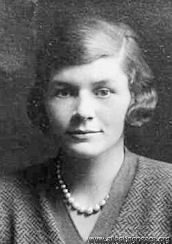 RAeC 1930
RAeC 1930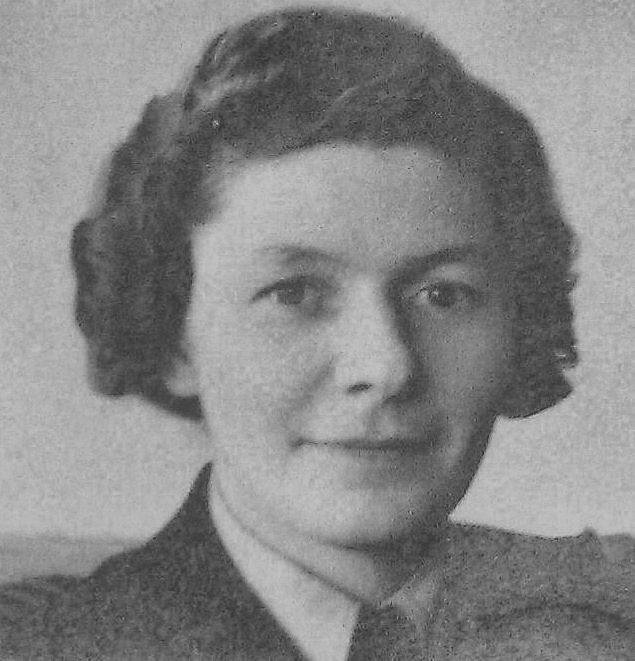 ATA
ATA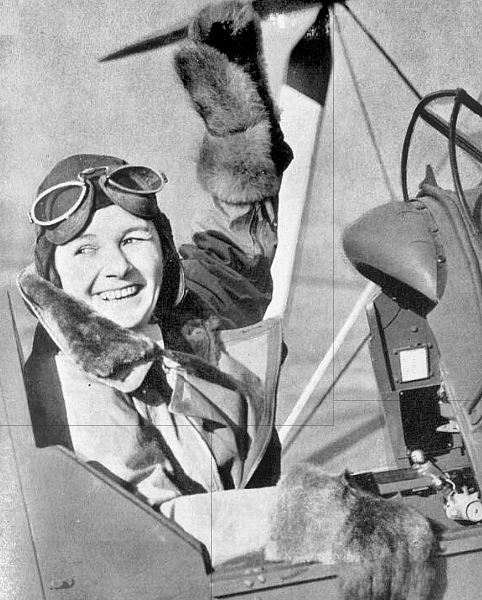
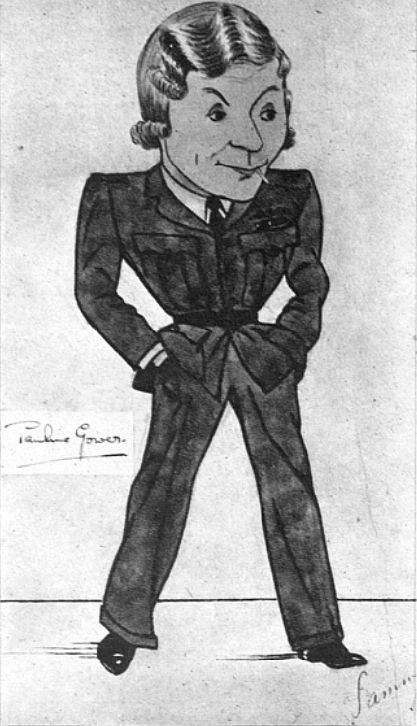 1942 caricature by
1942 caricature by 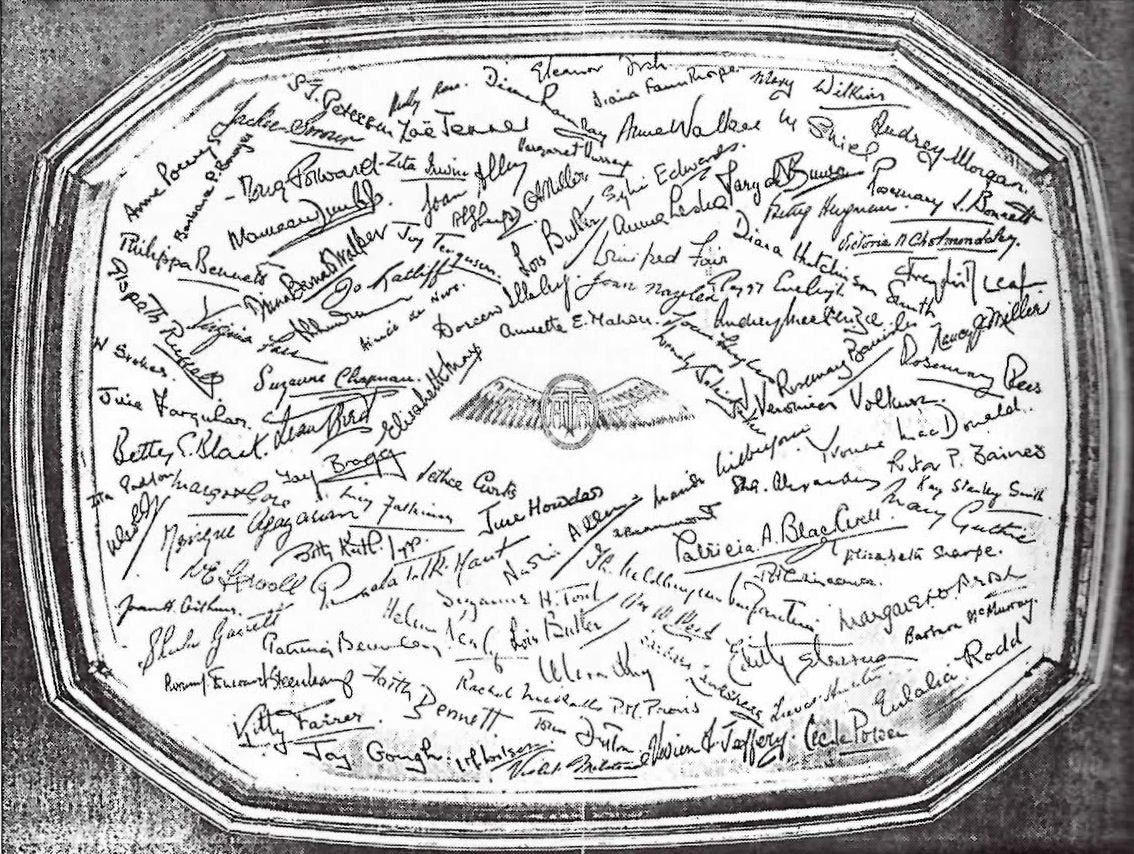
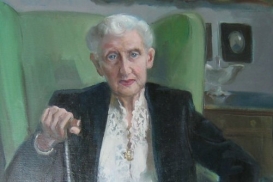
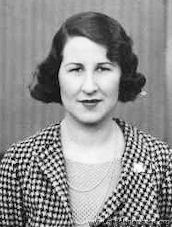
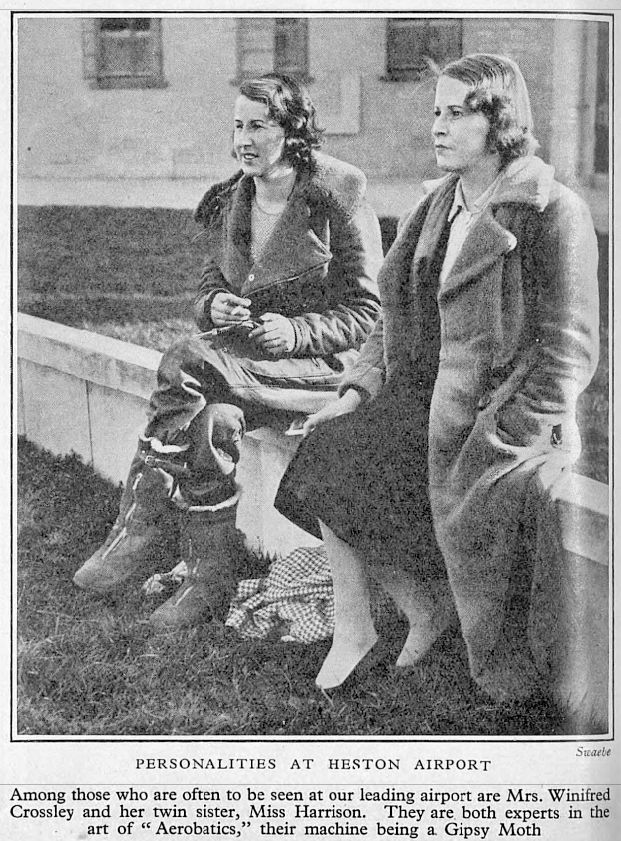 The Tatler, 1935
The Tatler, 1935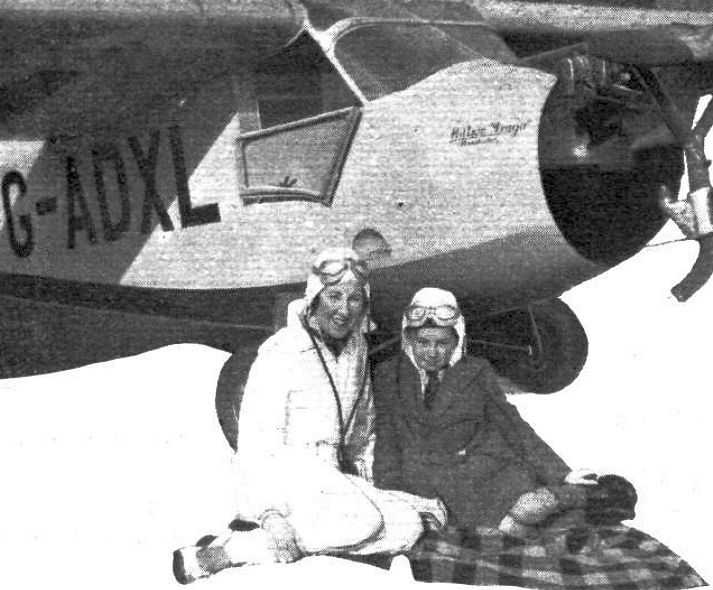
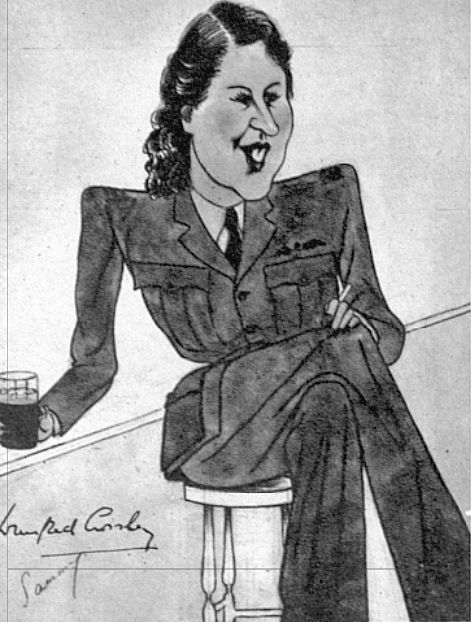 1942 caricature by
1942 caricature by 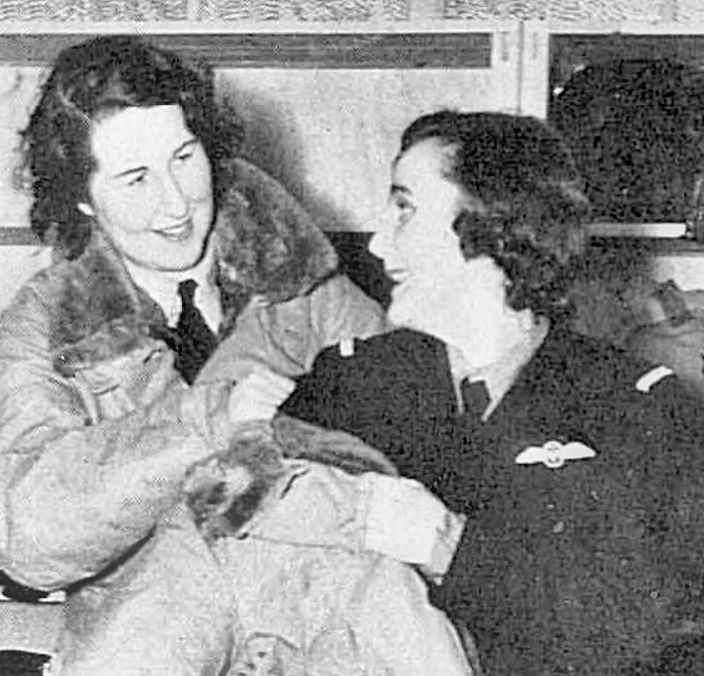 with Joan Hughes in 1940
with Joan Hughes in 1940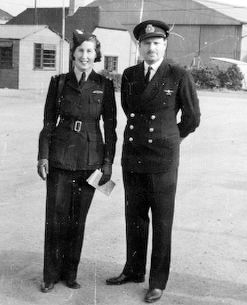 ELC
ELC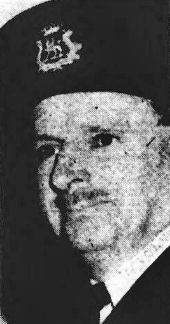
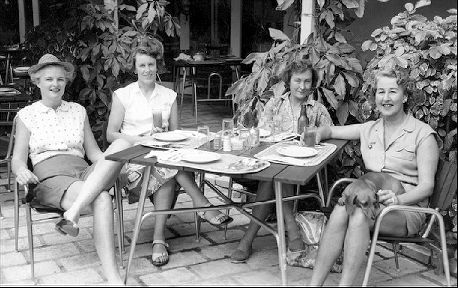
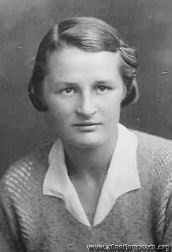
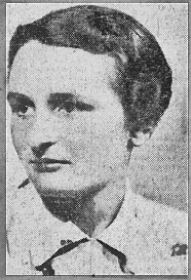 Dec 1939
Dec 1939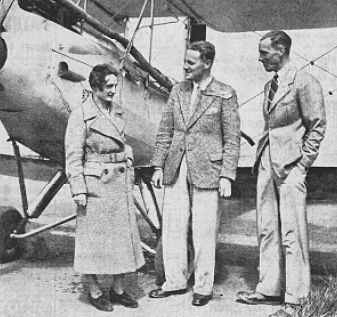 Jun 1937, with quite tall members of Strathtay Aero Club
Jun 1937, with quite tall members of Strathtay Aero Club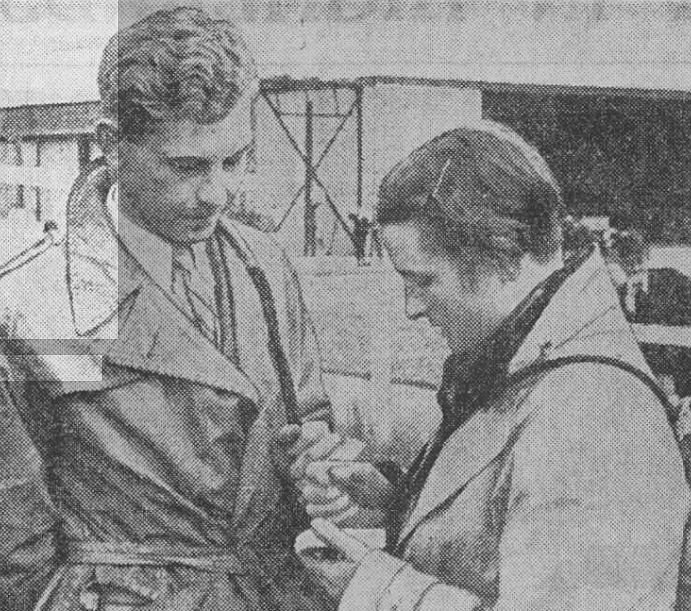
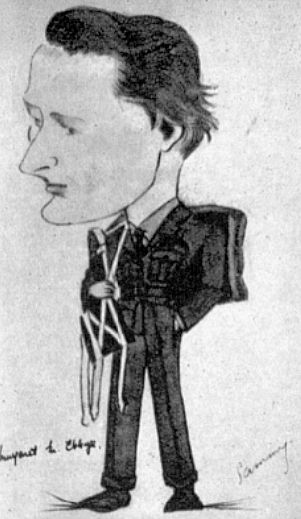 1942 caricature by
1942 caricature by 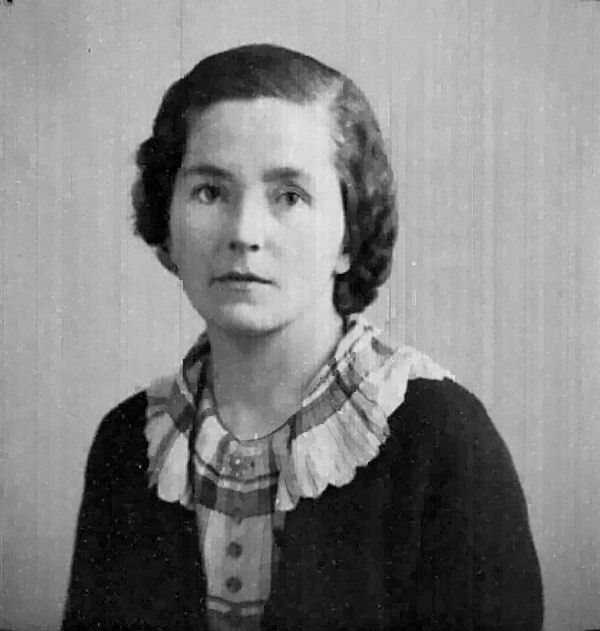 RAeC 1931
RAeC 1931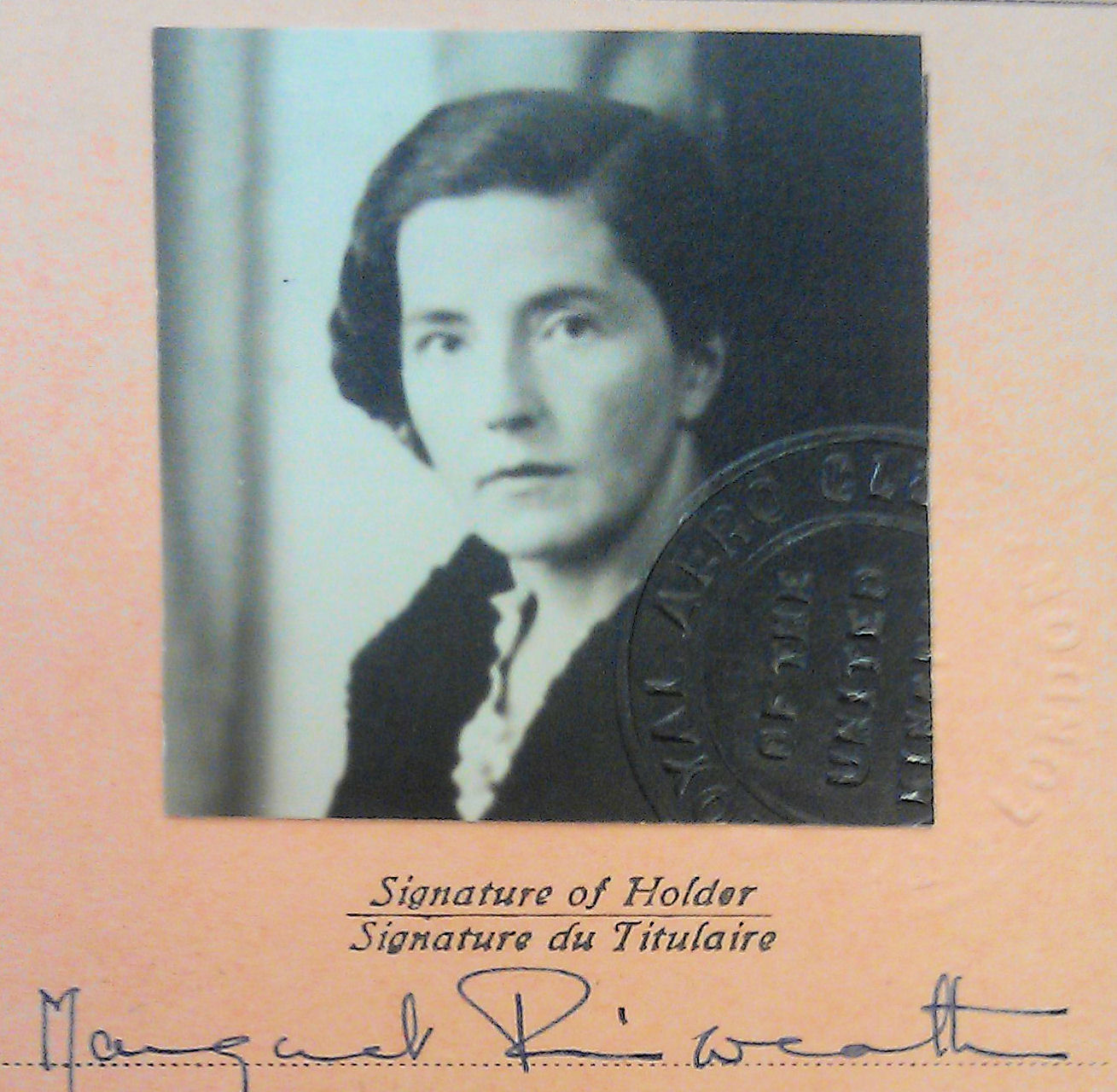 FAI 1939
FAI 1939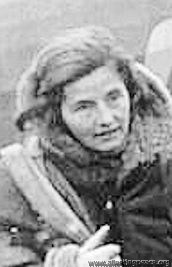
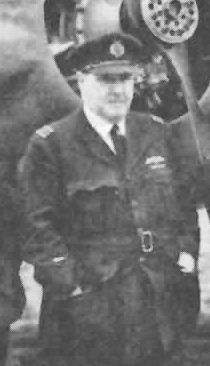 [For more about Douglas, I can recommend 'Brief Glory - the Story of the ATA']
[For more about Douglas, I can recommend 'Brief Glory - the Story of the ATA']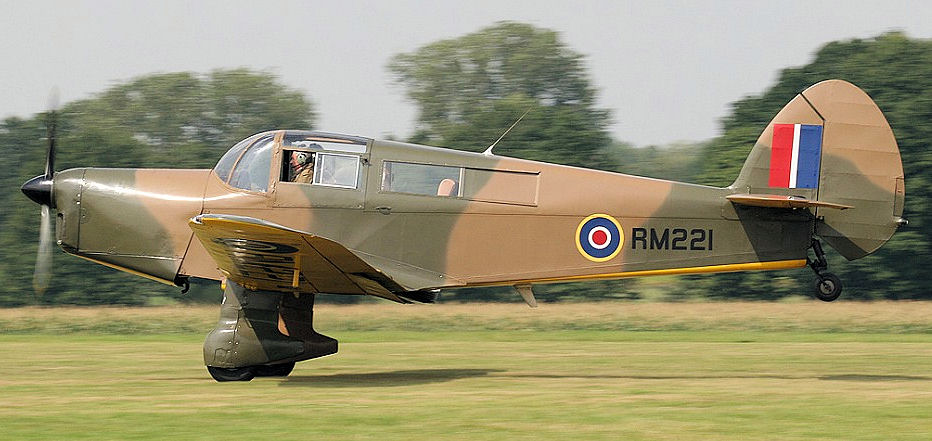
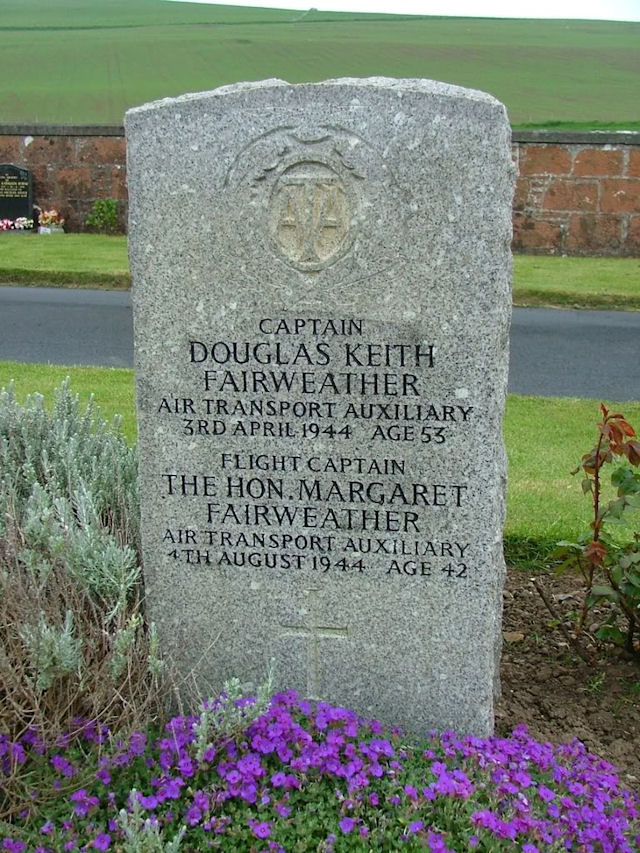
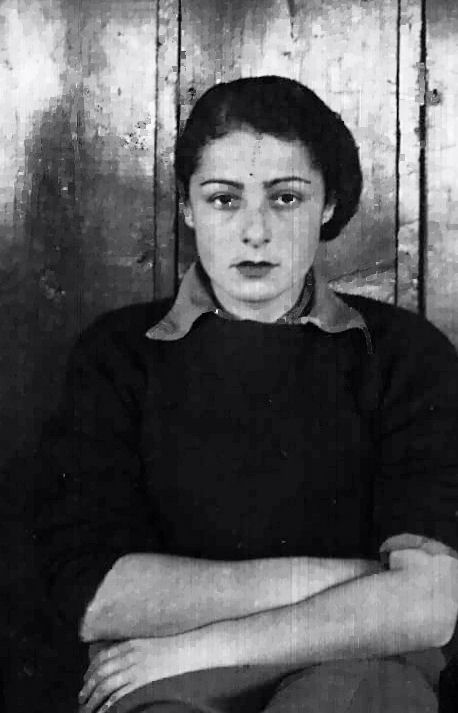 RAeC 1936 - Brooklands
RAeC 1936 - Brooklands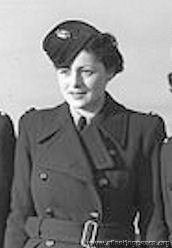 ATA
ATA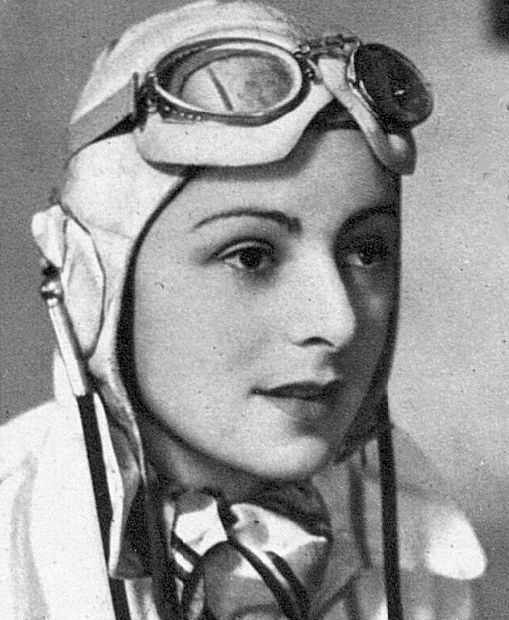 1939
1939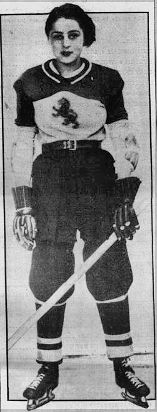 Playing for the 'Wembley Lionesses' in 1937 - Daily Mirror
Playing for the 'Wembley Lionesses' in 1937 - Daily Mirror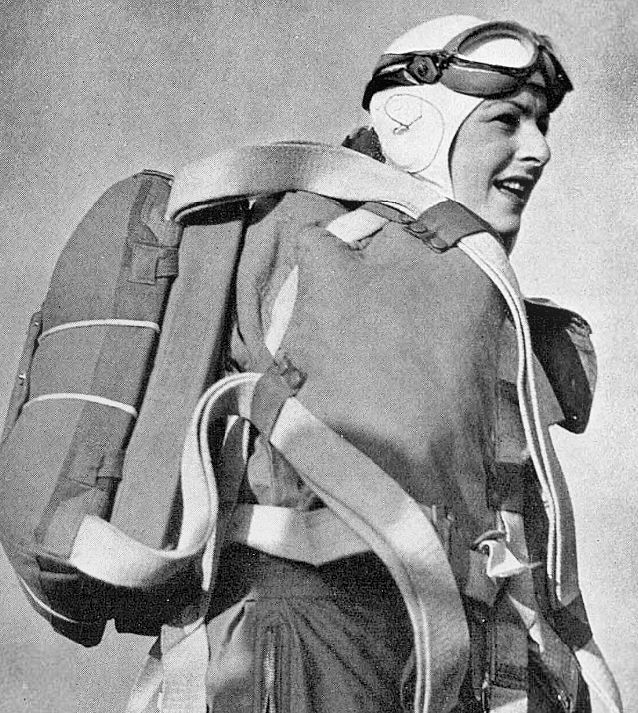
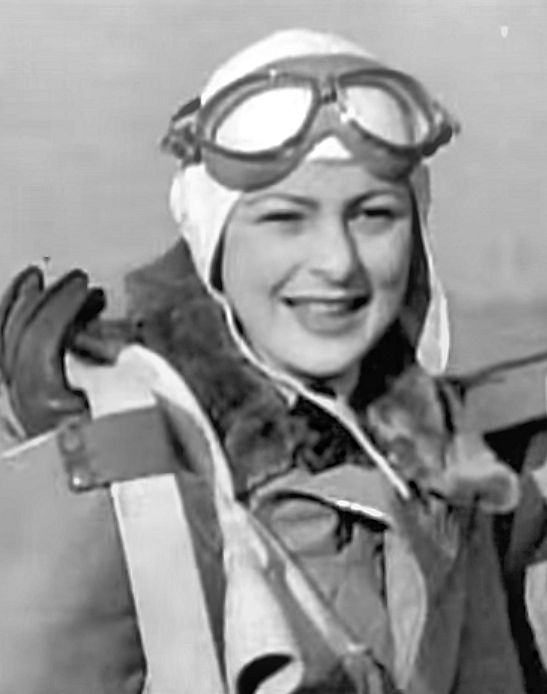 1940
1940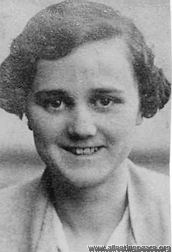 1935 - London Aeroplane Club
1935 - London Aeroplane Club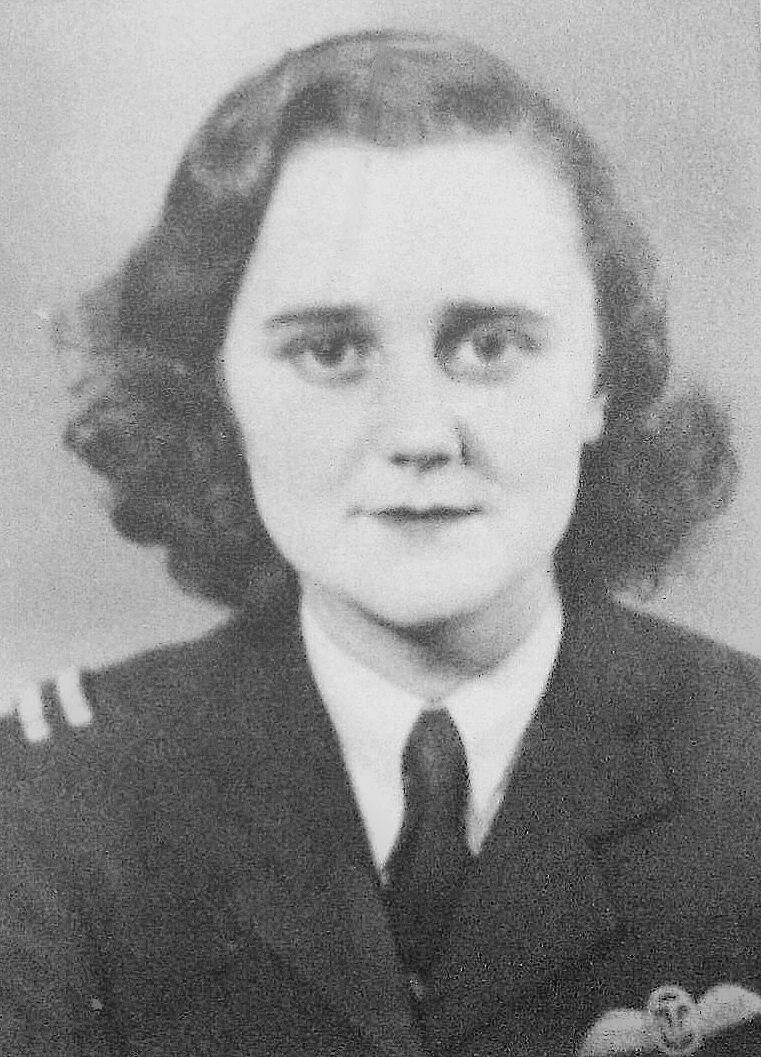 ATA
ATA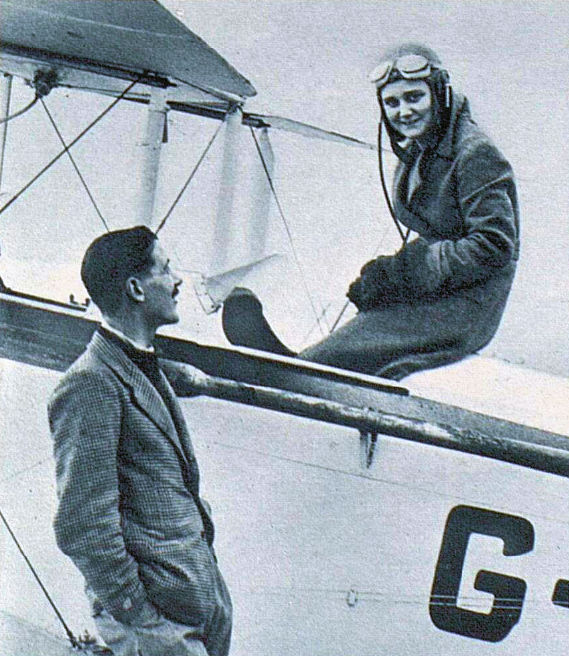
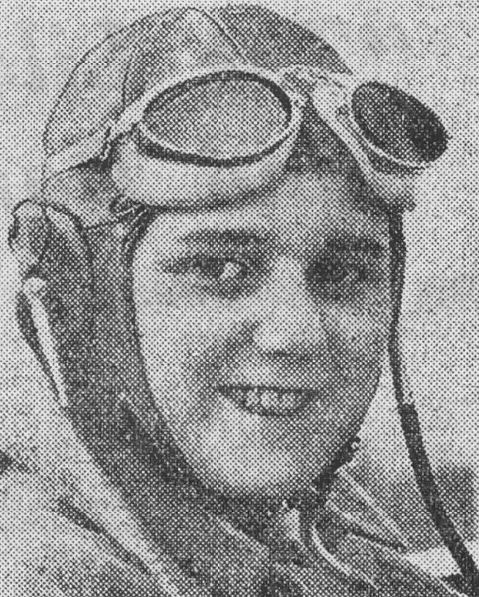
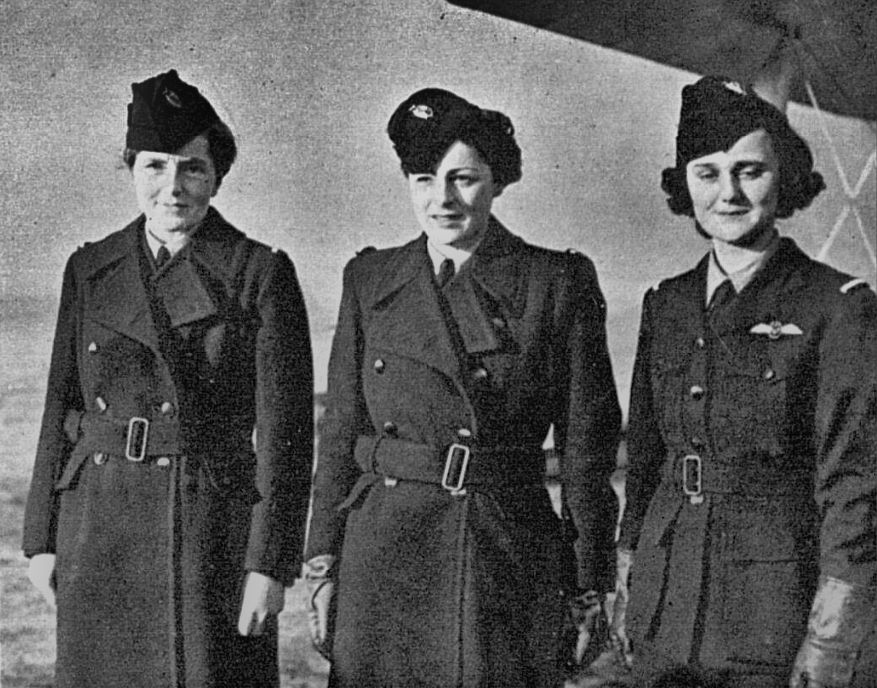
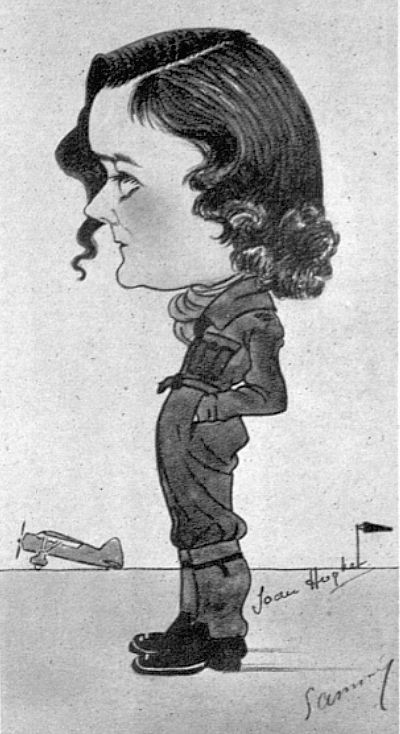 1942 caricature by
1942 caricature by 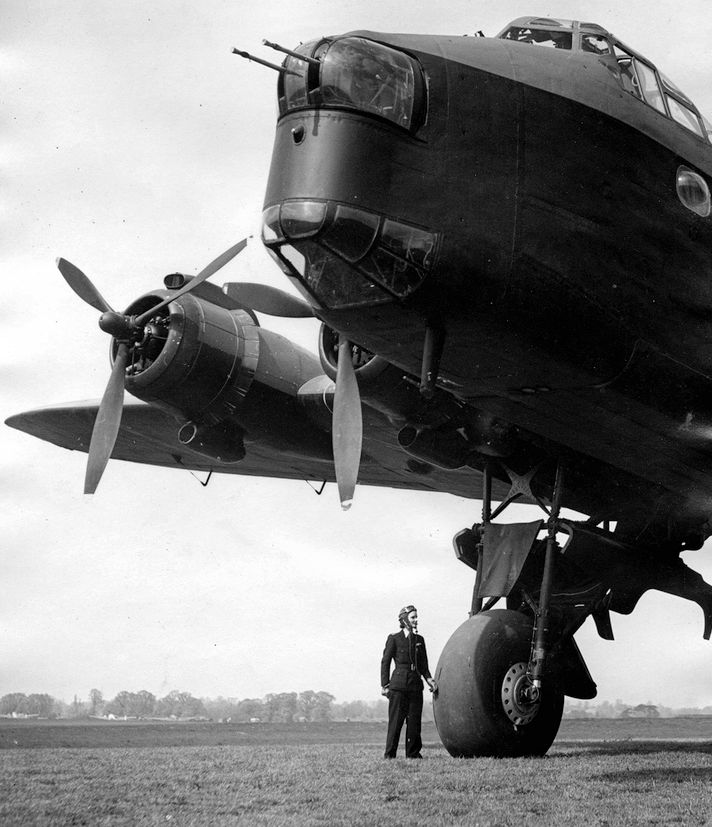
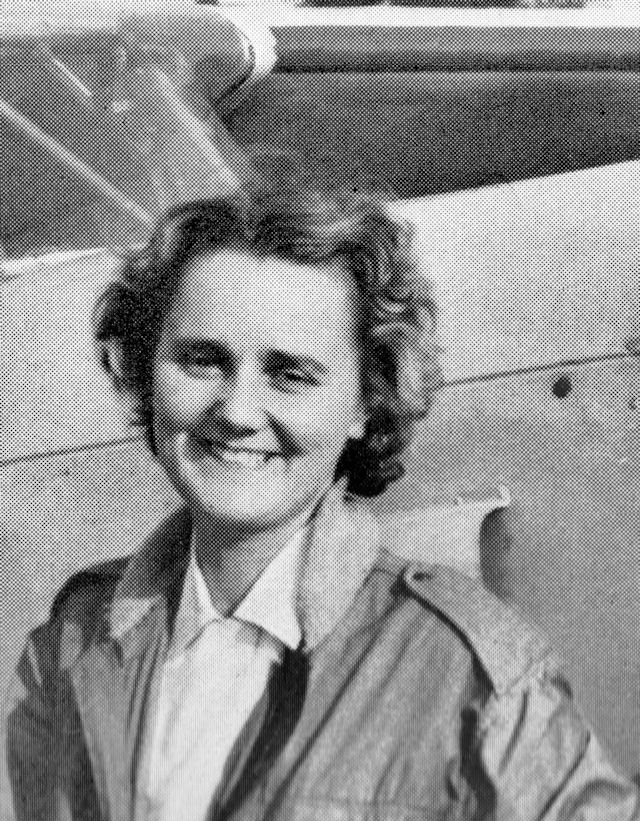 MUWW
MUWW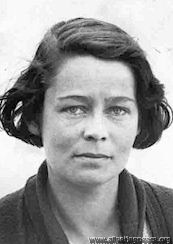 1934
1934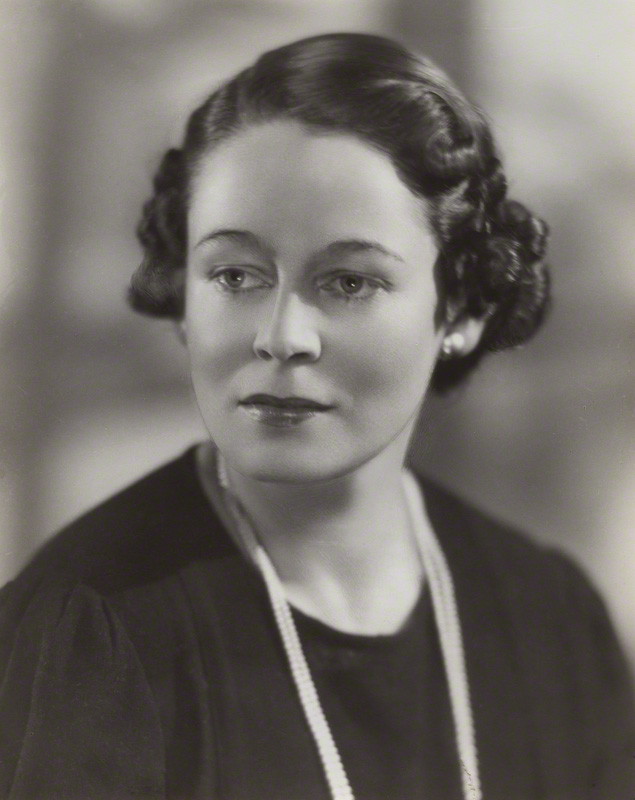 1938
1938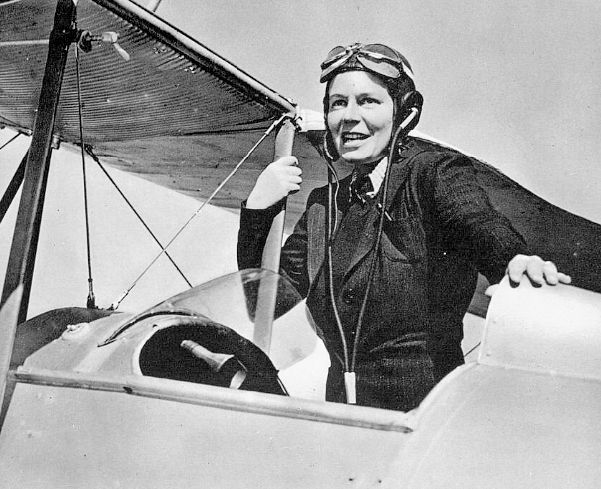 1939
1939.jpg) RAeC Cert 1931
RAeC Cert 1931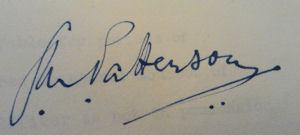
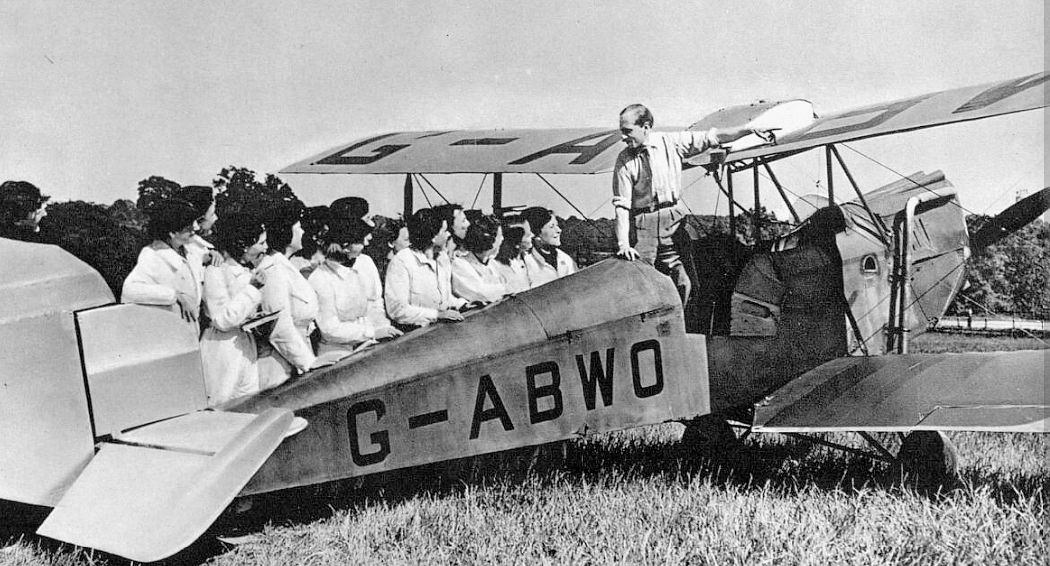

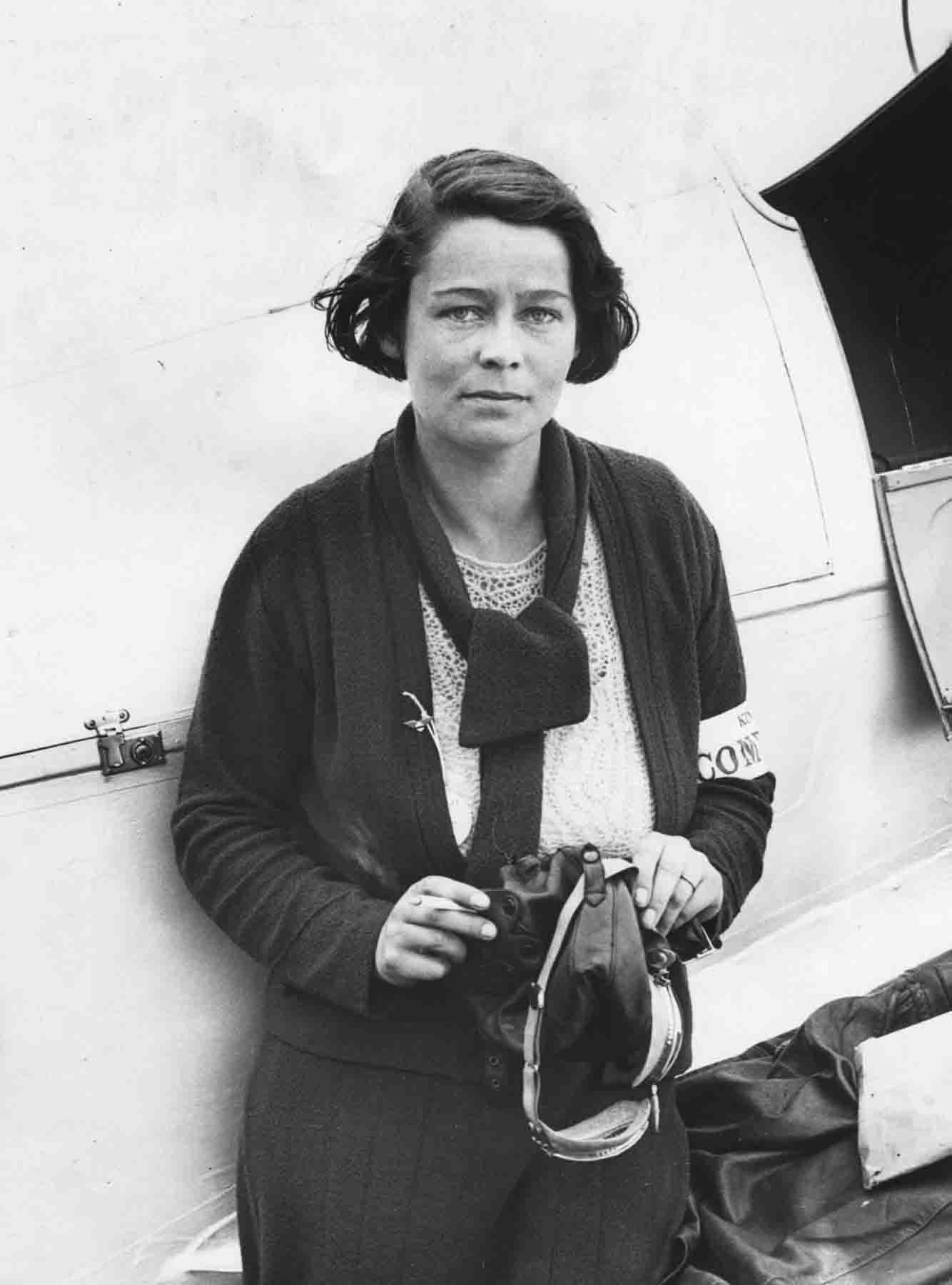
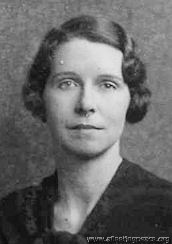 RAeC 1934
RAeC 1934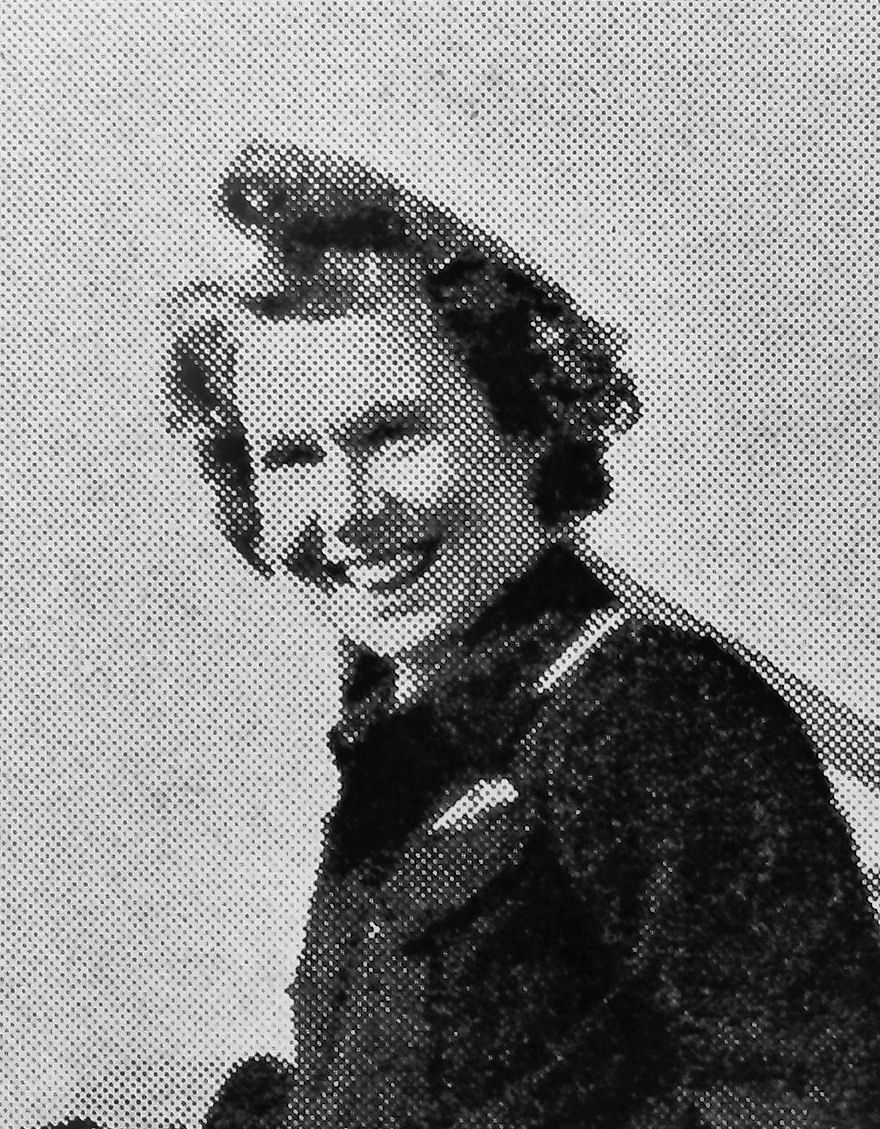 GW
GW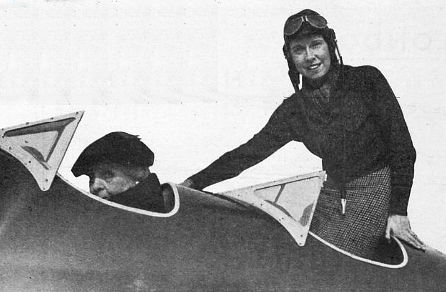 with her mother, the Hon. Lady Rees, in 1935 - Bystander
with her mother, the Hon. Lady Rees, in 1935 - Bystander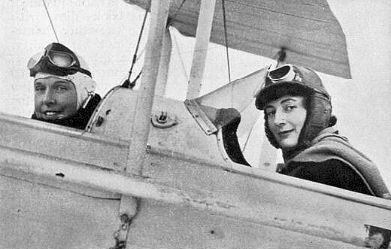 with
with 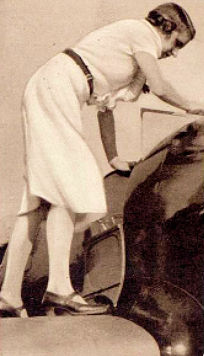 1936 - "Miss Rosemary Rees lands at Salzburg" - The Tatler
1936 - "Miss Rosemary Rees lands at Salzburg" - The Tatler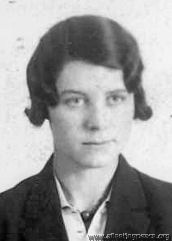 RAeC 1930
RAeC 1930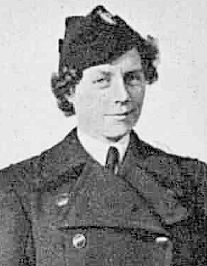 1940
1940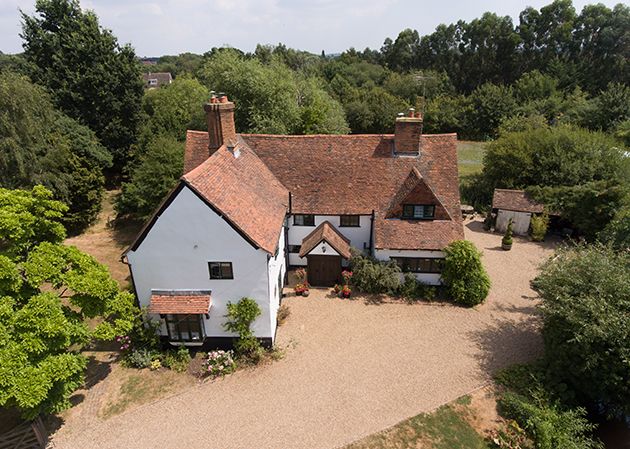 Nevendon Manor, Wickford, Essex
Nevendon Manor, Wickford, Essex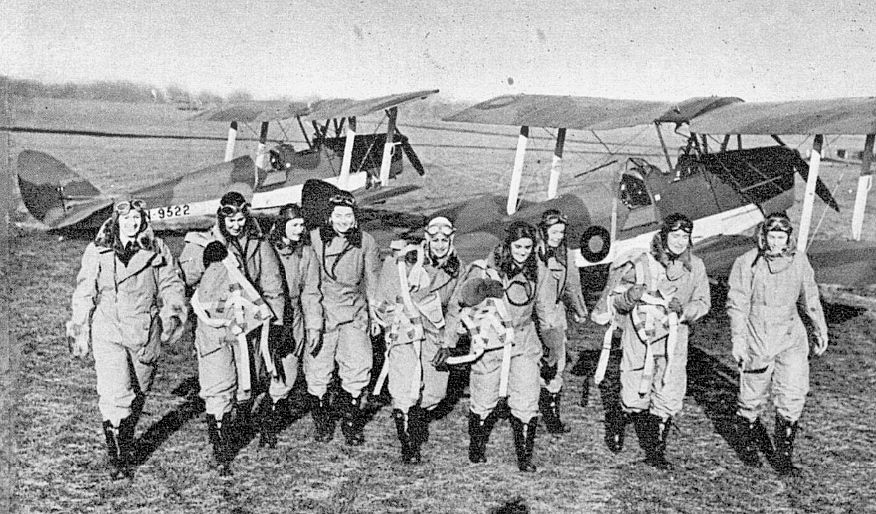 Marion far right
Marion far right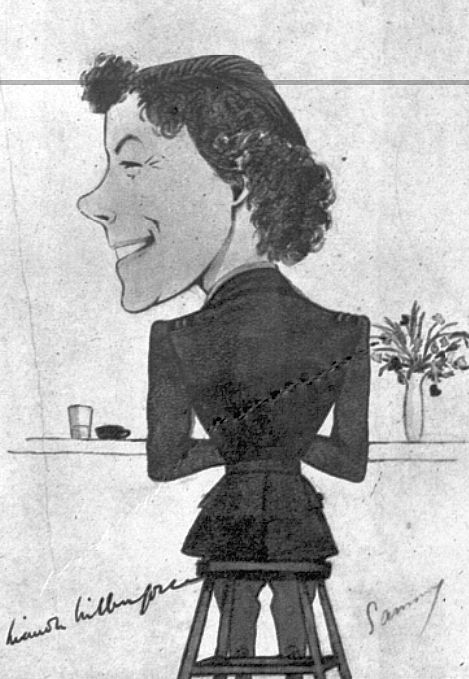 1942 caricature by
1942 caricature by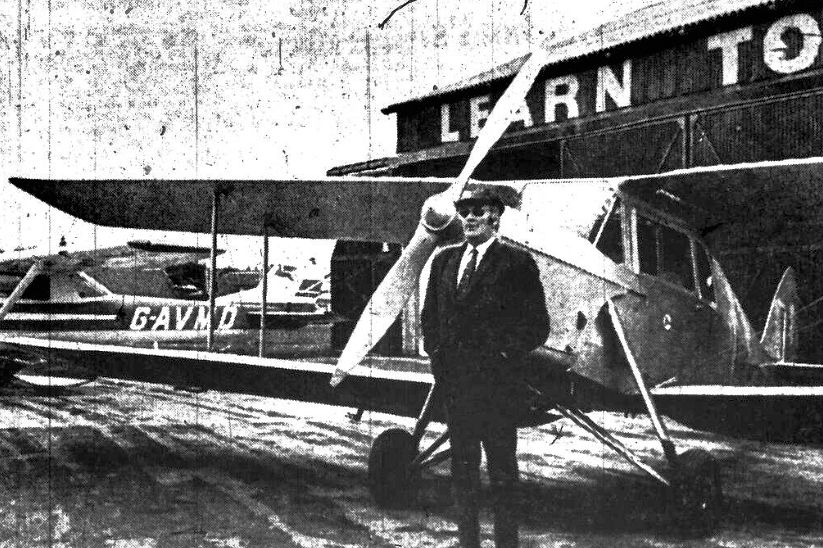
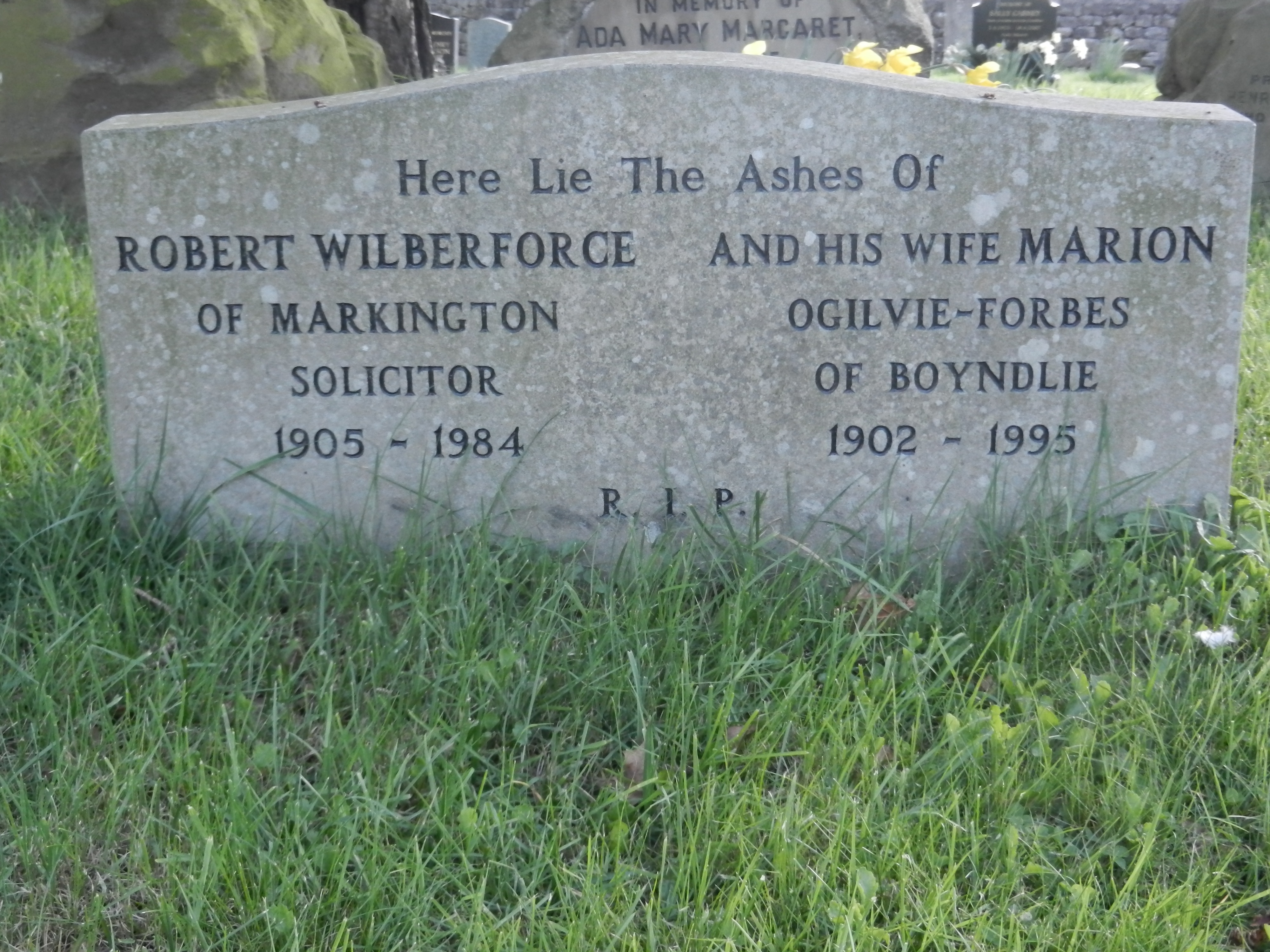
.jpg)
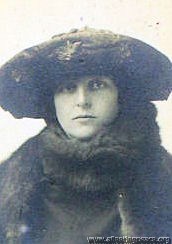 photo: 1927, aged 37
photo: 1927, aged 37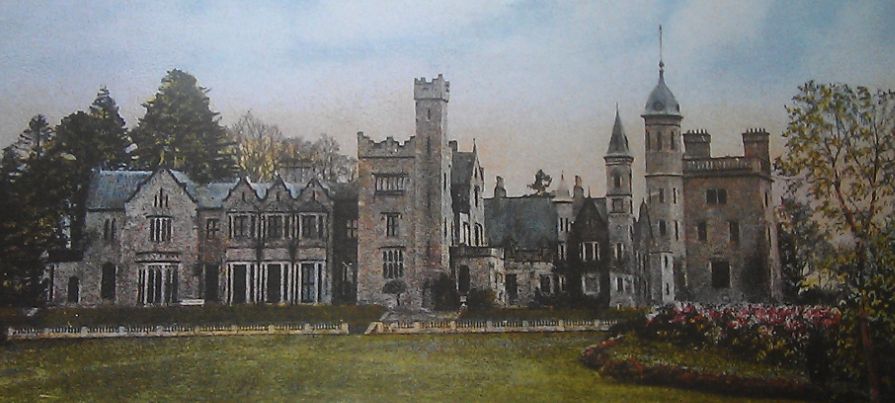 www.monaghan.ie/museum
www.monaghan.ie/museum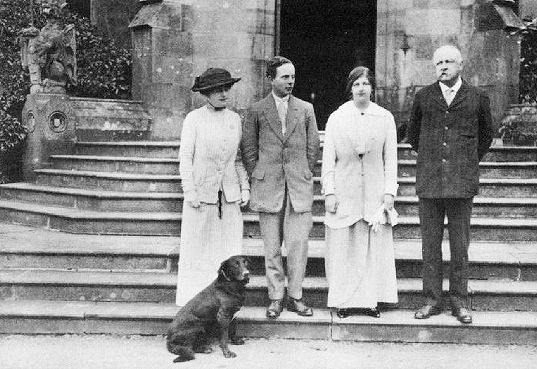 Throttle Full Open
Throttle Full Open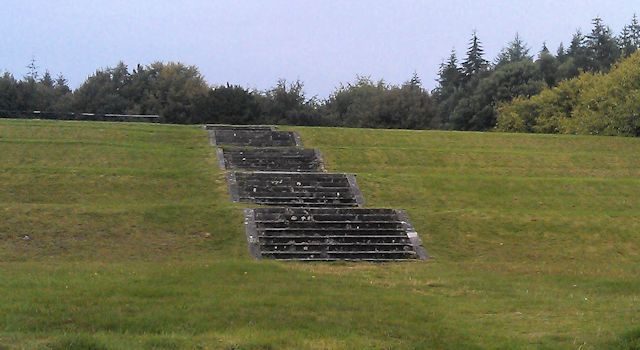
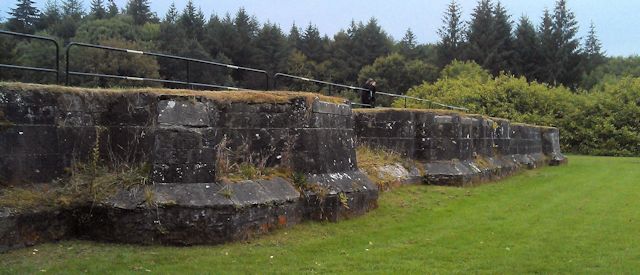
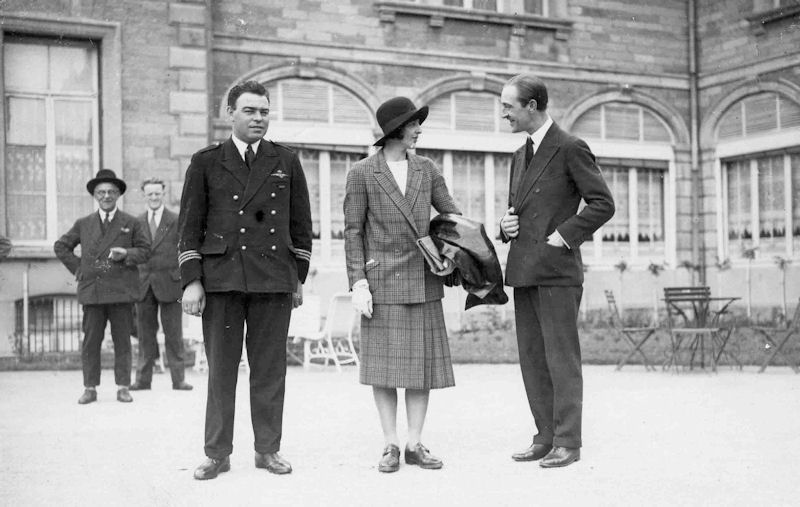 At the Chateau d'Ardennes in 1930
At the Chateau d'Ardennes in 1930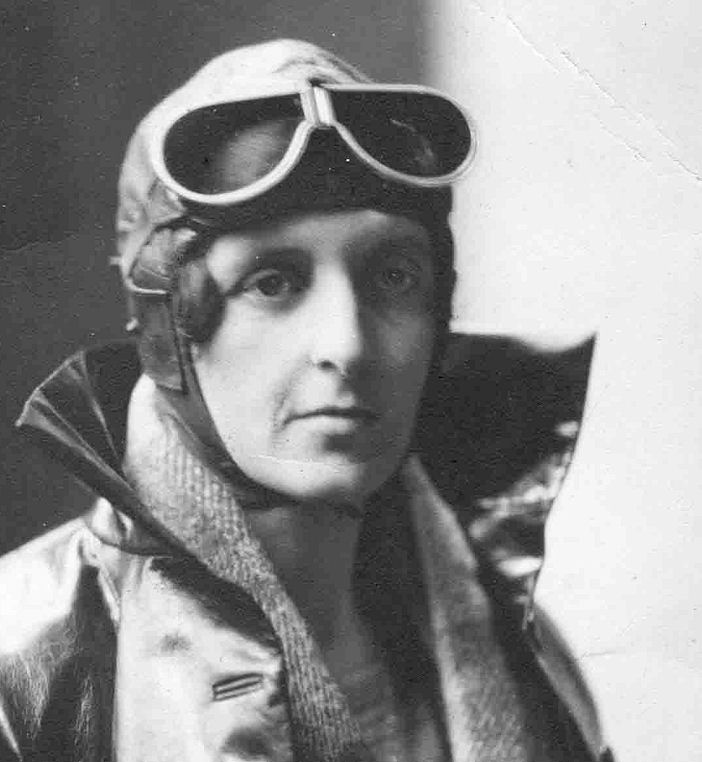
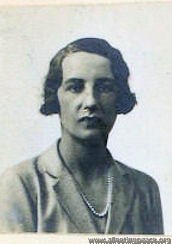 RAeC 1929
RAeC 1929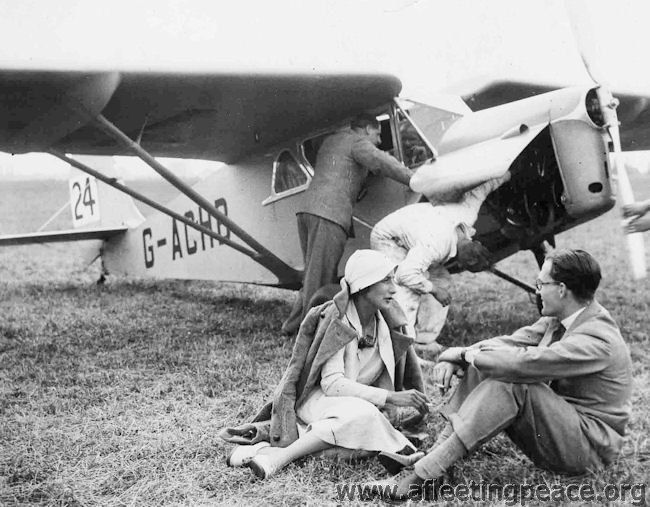 King's Cup 1933
King's Cup 1933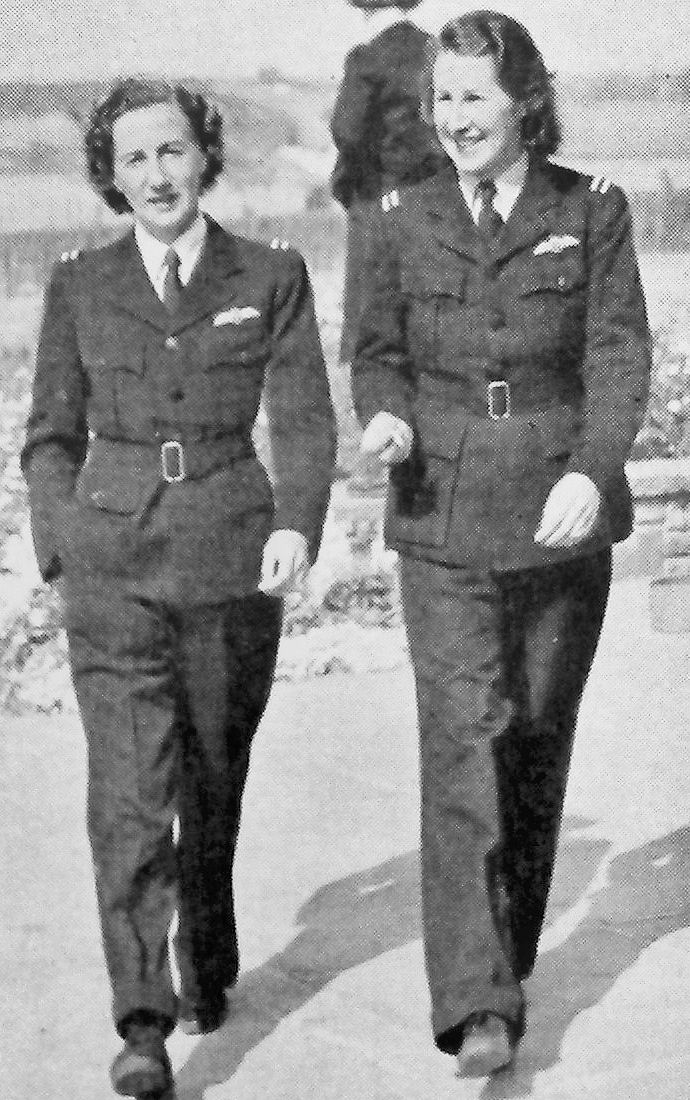 Lois and Winnie at Hatfield
Lois and Winnie at Hatfield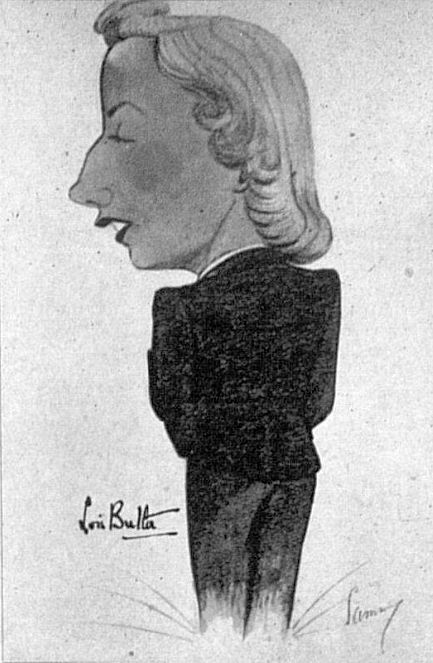 1942 caricature by
1942 caricature by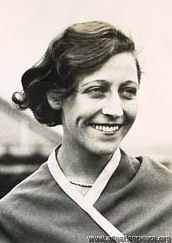
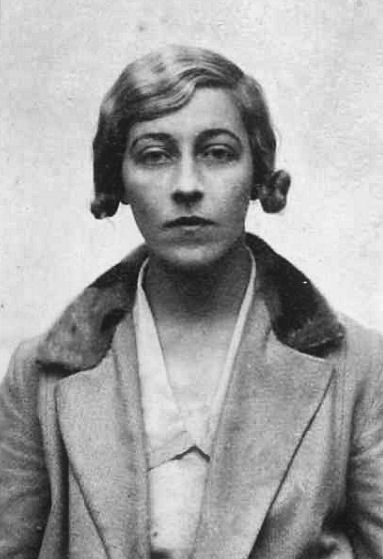 1929
1929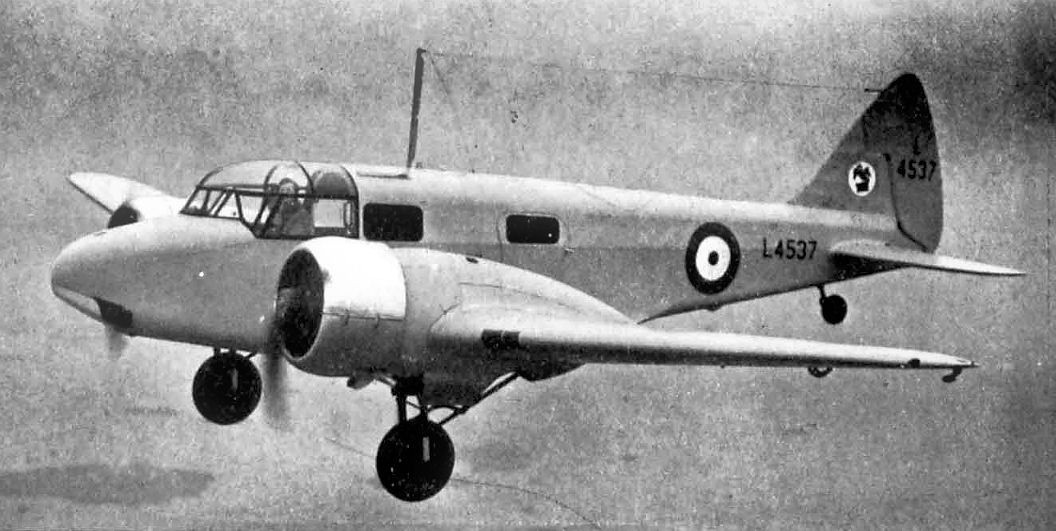
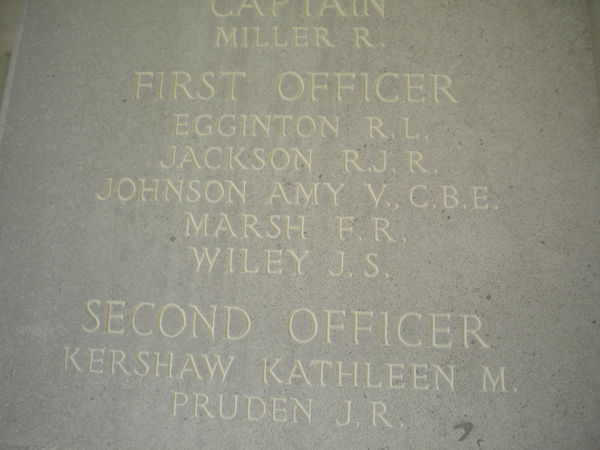
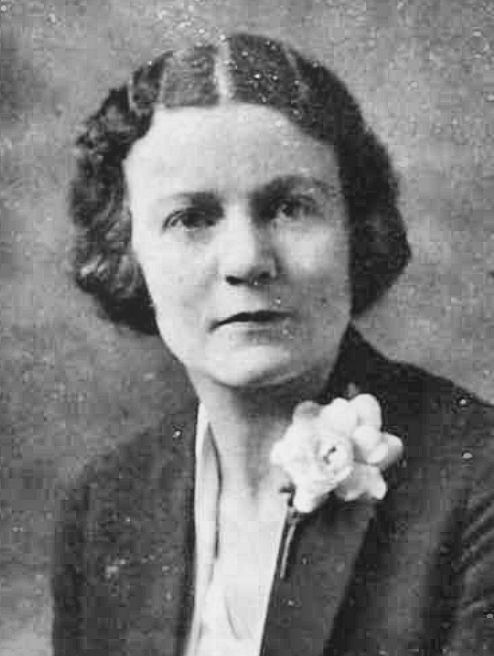 RAeC 1934
RAeC 1934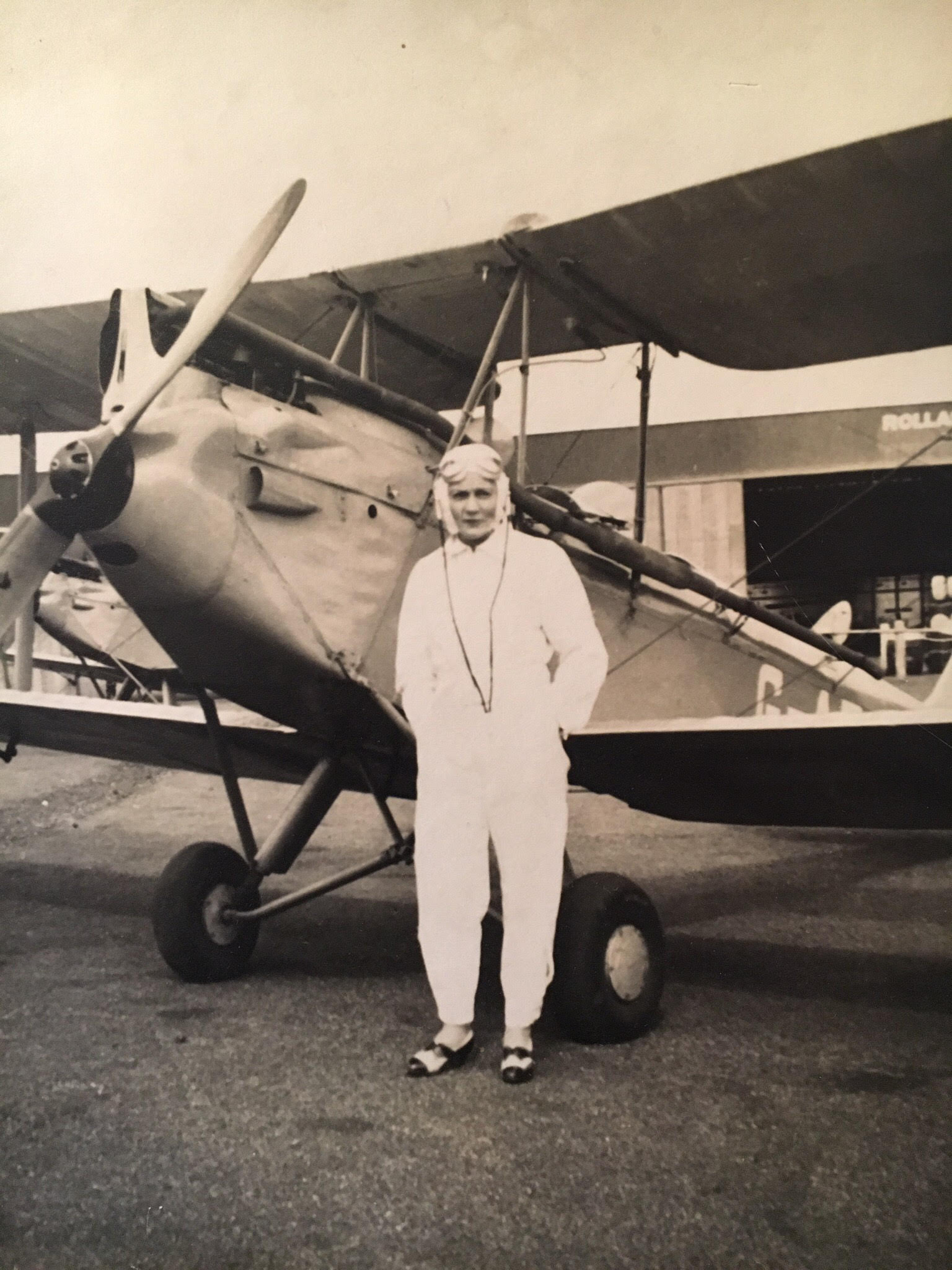
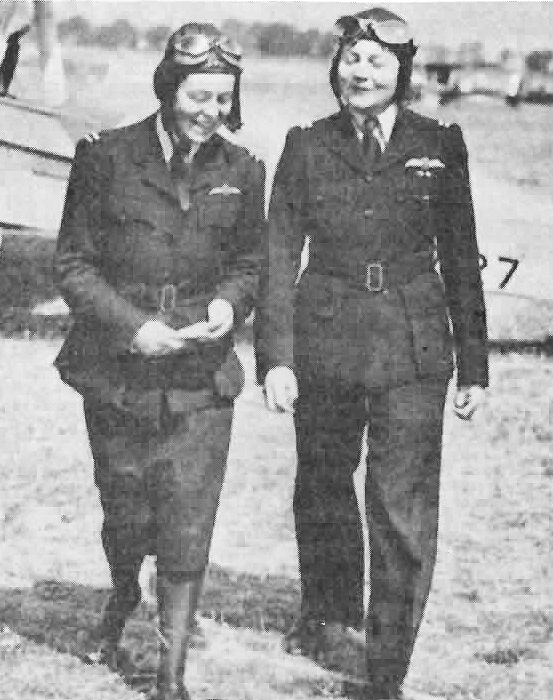 r, with Gabrielle Patterson, in 1940 (Forgotten Pilots)
r, with Gabrielle Patterson, in 1940 (Forgotten Pilots)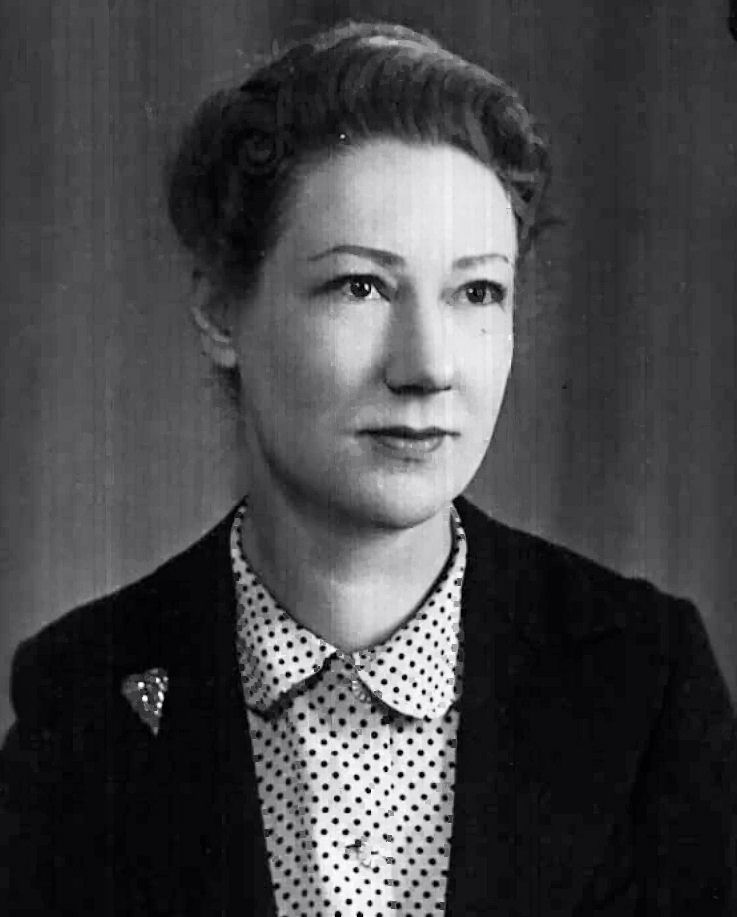 RAeC 10 May 1939
RAeC 10 May 1939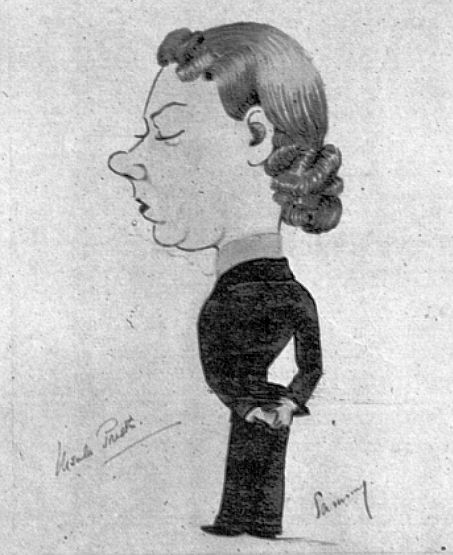 1942 caricature by
1942 caricature by 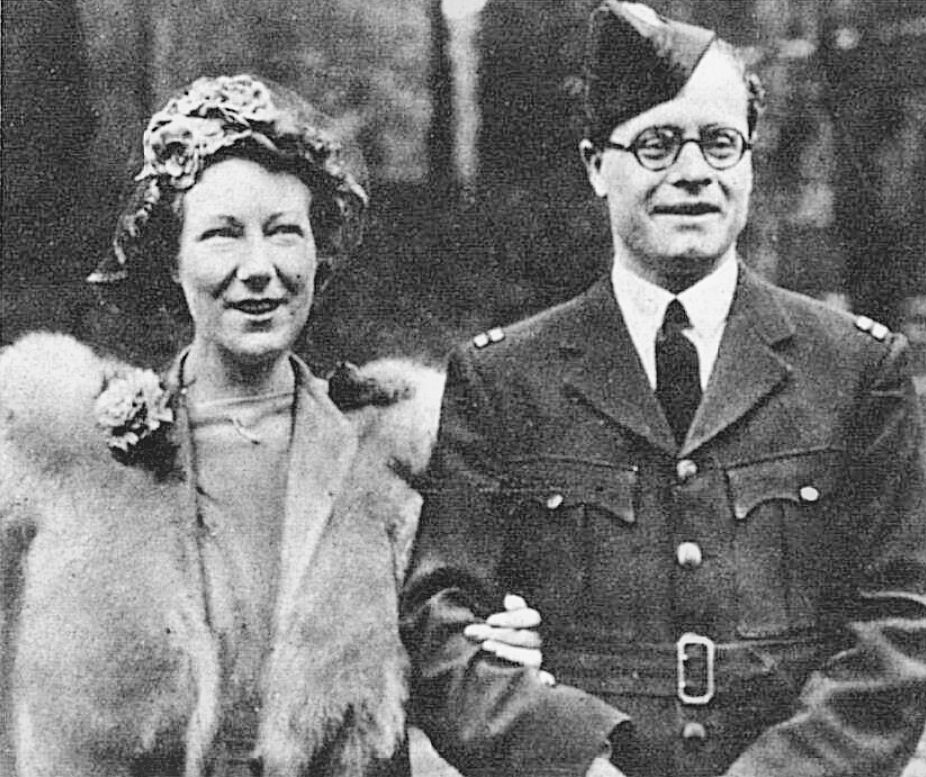
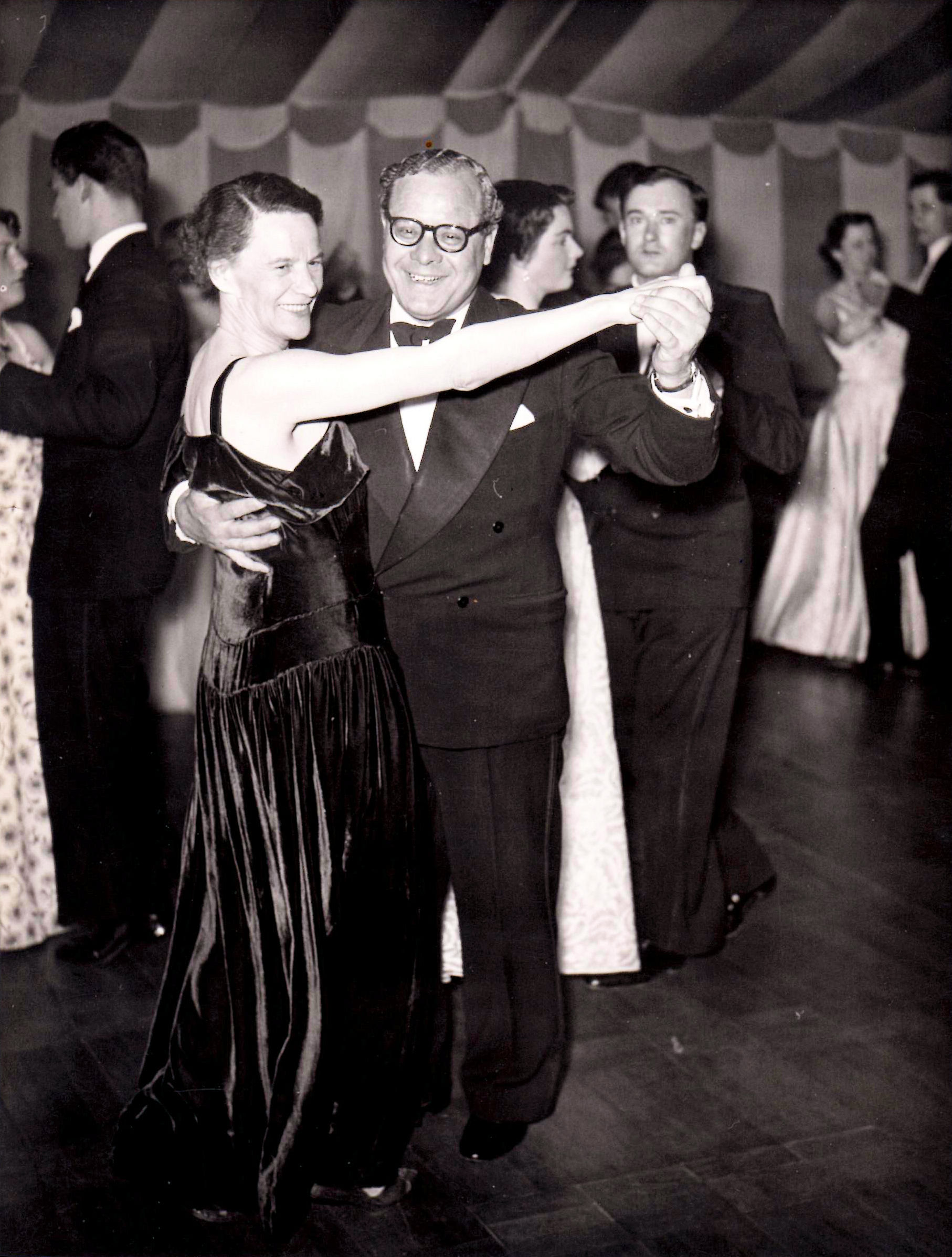 Ursula and Willie in 1954, with thanks to Chris Sturgess
Ursula and Willie in 1954, with thanks to Chris Sturgess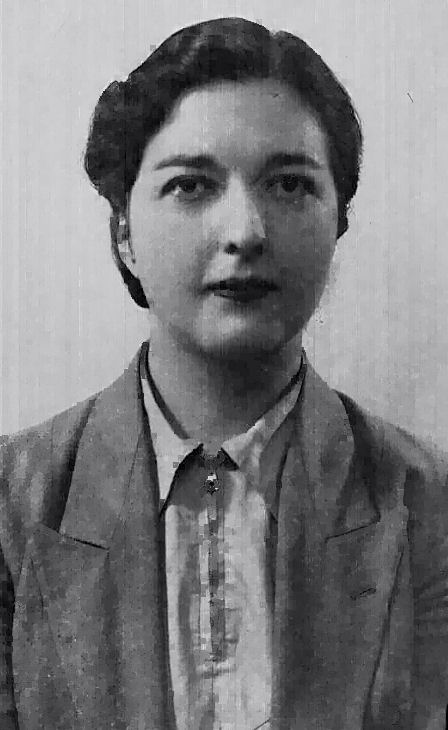 RAeC 1938
RAeC 1938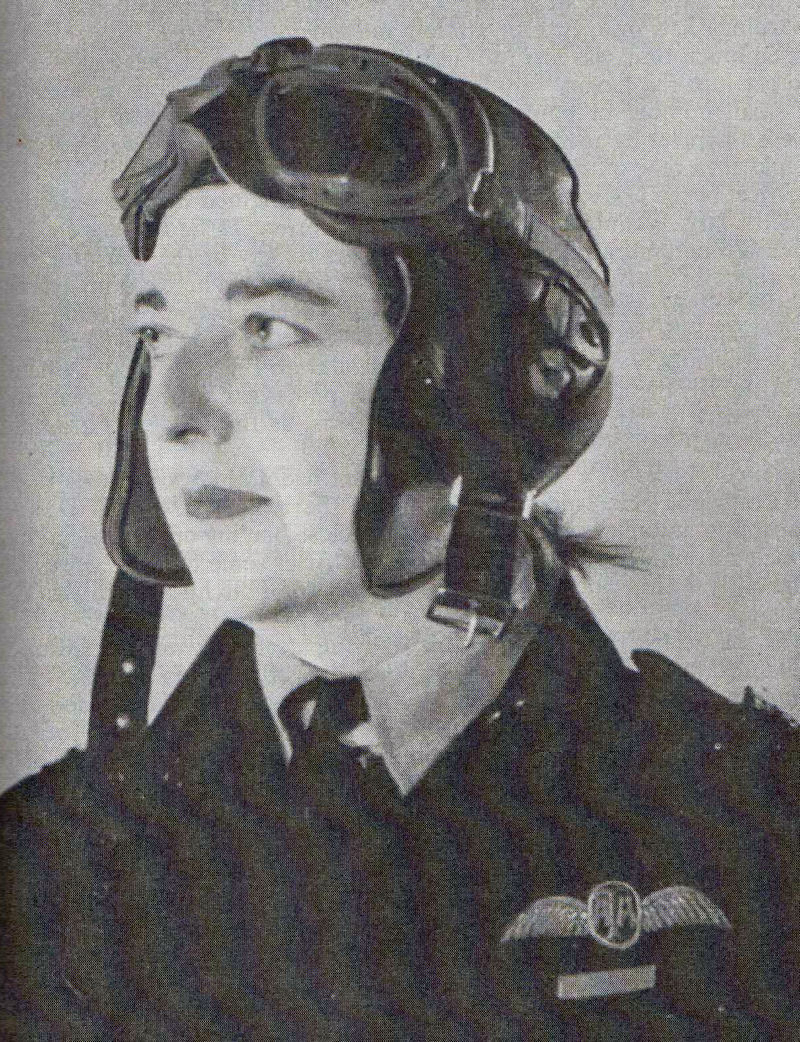 BG
BG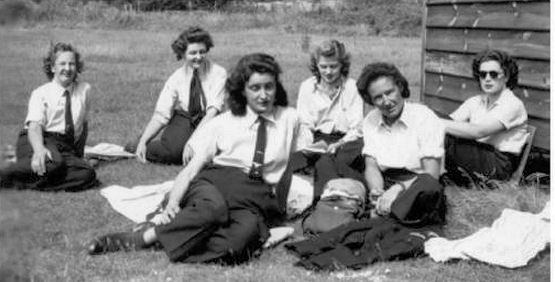 15 FPP pilots, between flights.
15 FPP pilots, between flights.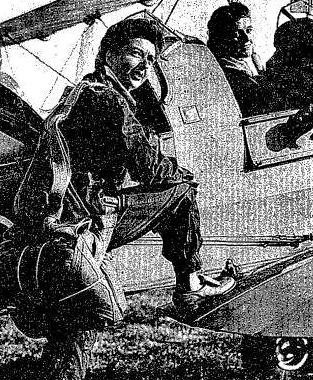 Margot and Joan in 1947 (The Times)
Margot and Joan in 1947 (The Times)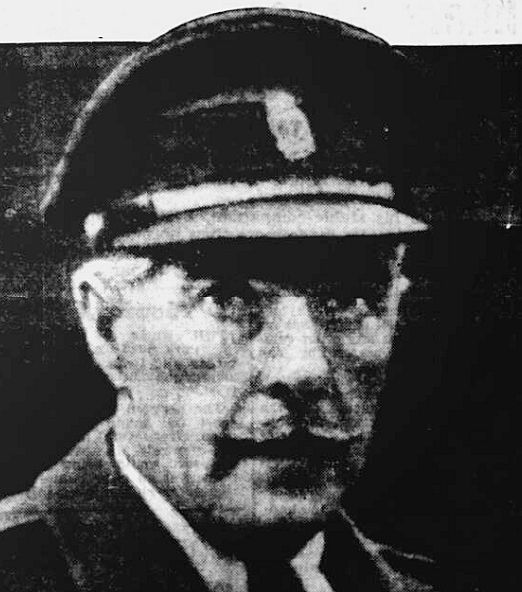
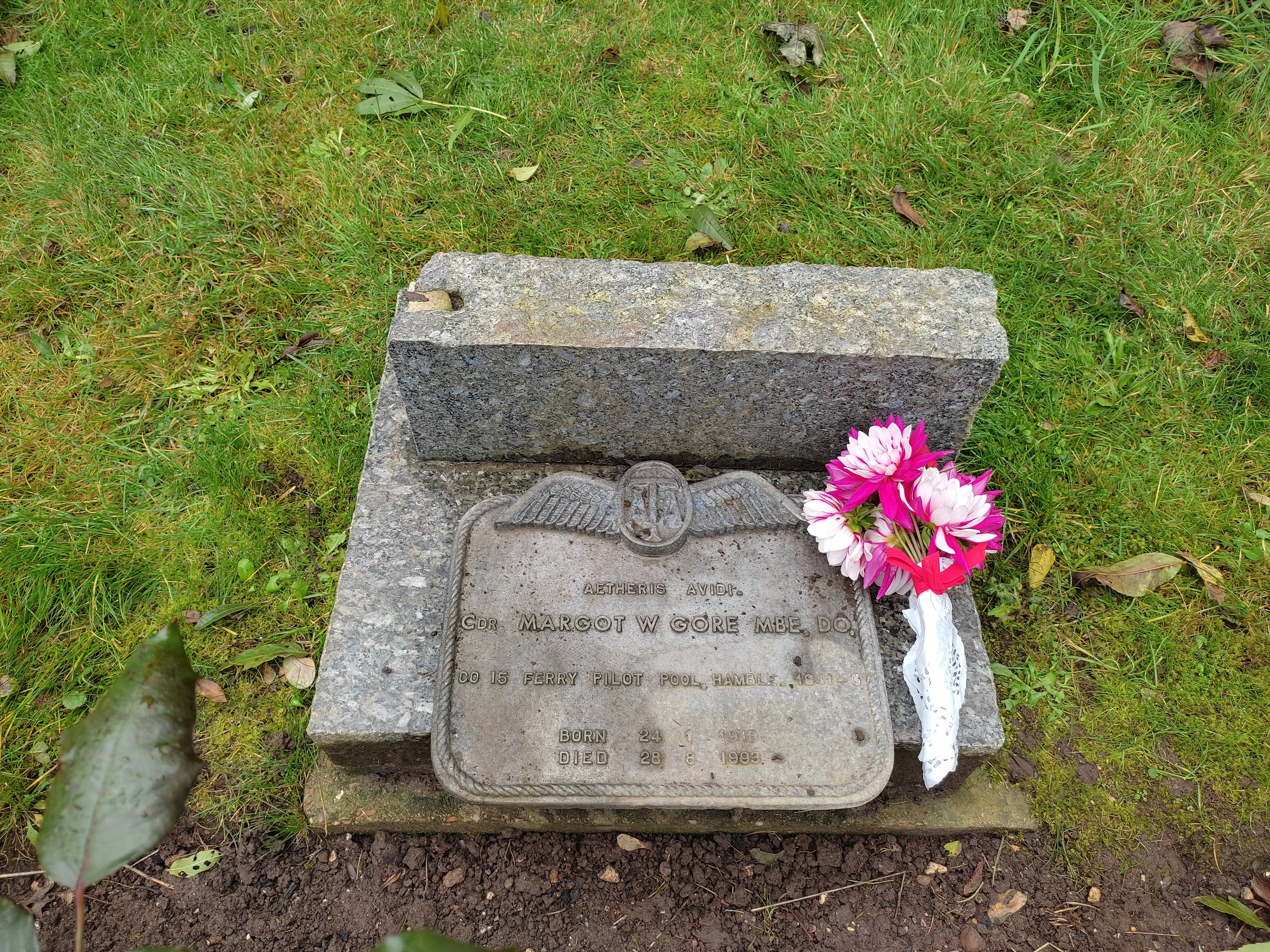
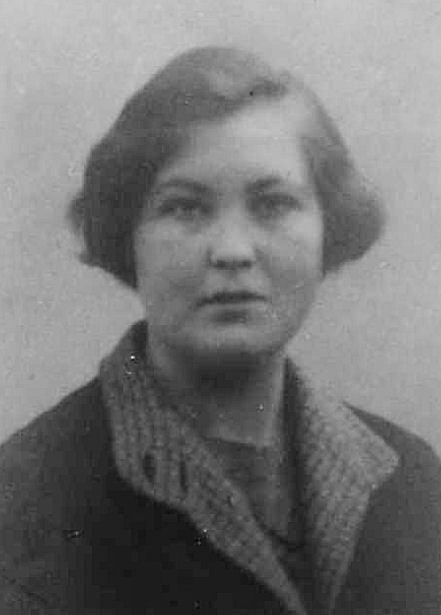 RAeC 1930
RAeC 1930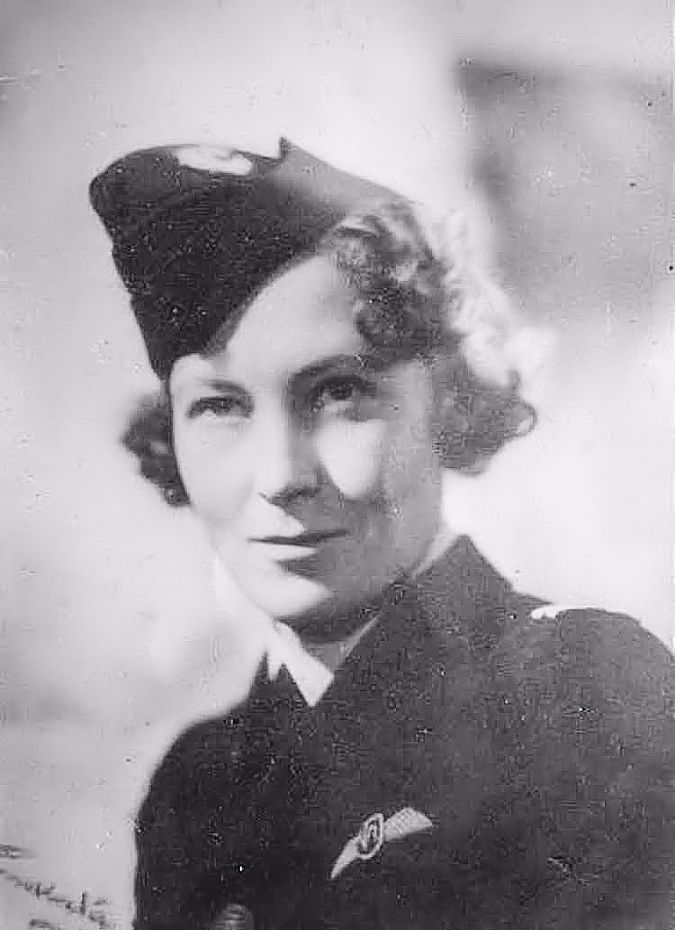 ATA (with thanks to Dana MacDuff)
ATA (with thanks to Dana MacDuff)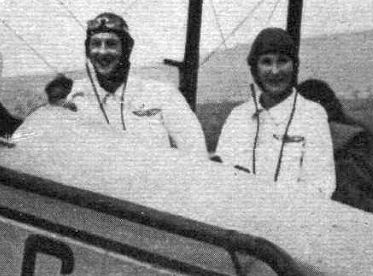 Ruth C (l) and Ruth L (r) ('Flight')
Ruth C (l) and Ruth L (r) ('Flight')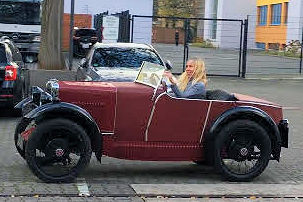
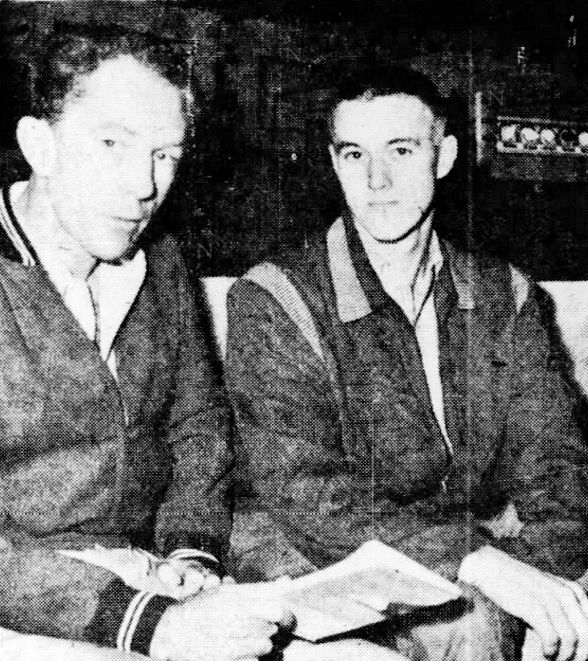 Austin Young and Peter Lambton, awaiting trial
Austin Young and Peter Lambton, awaiting trial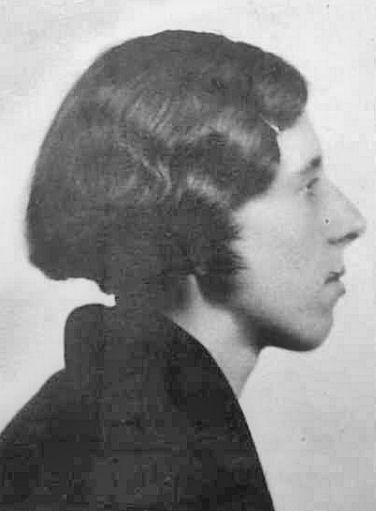 RAeC 1933
RAeC 1933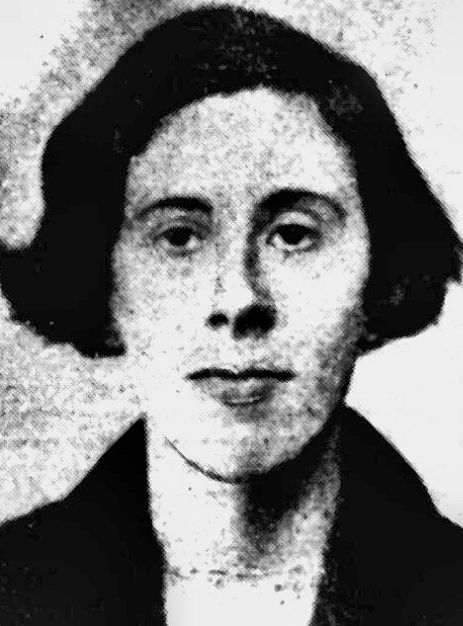 1938
1938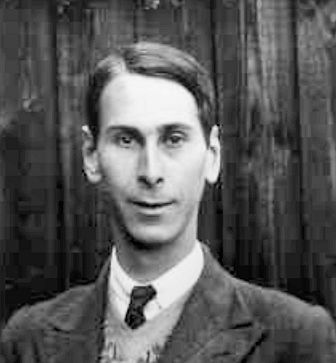 1934
1934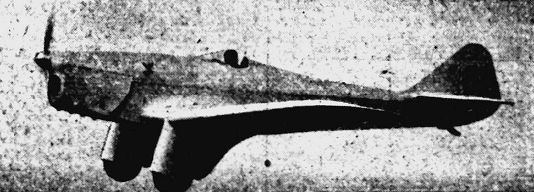 G-ADNL in 1938
G-ADNL in 1938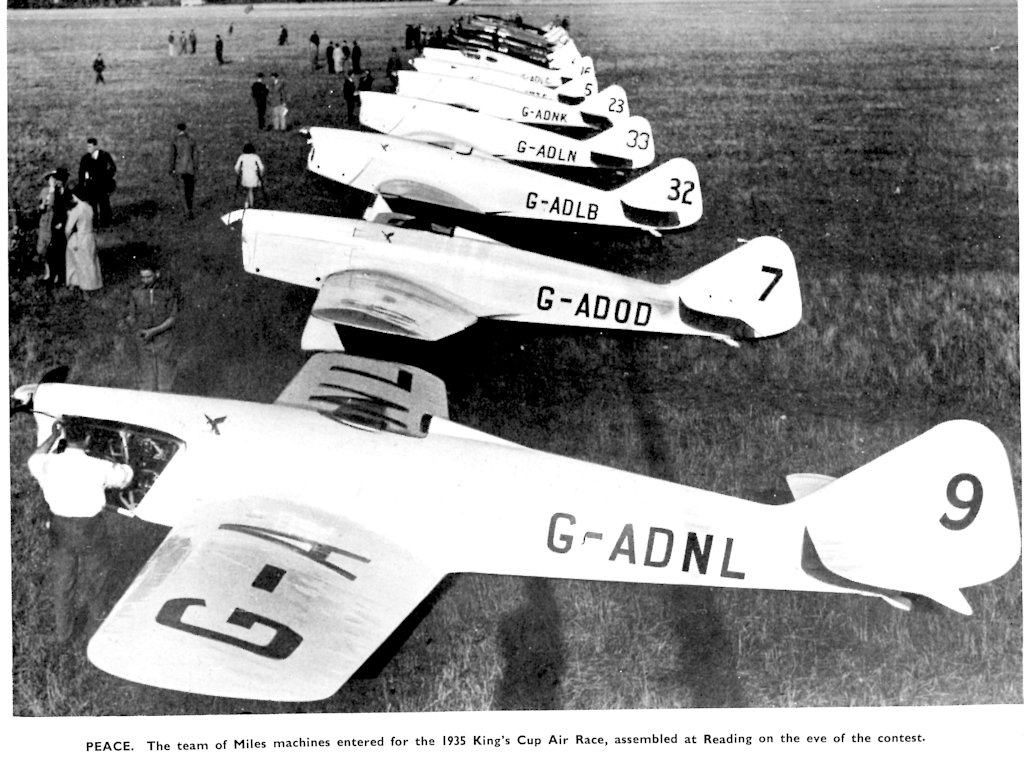 G-ADNL in 1935
G-ADNL in 1935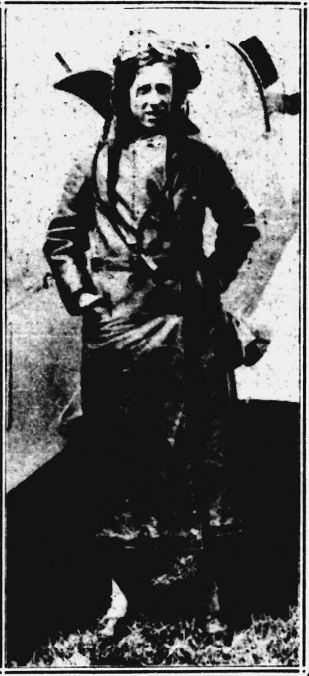
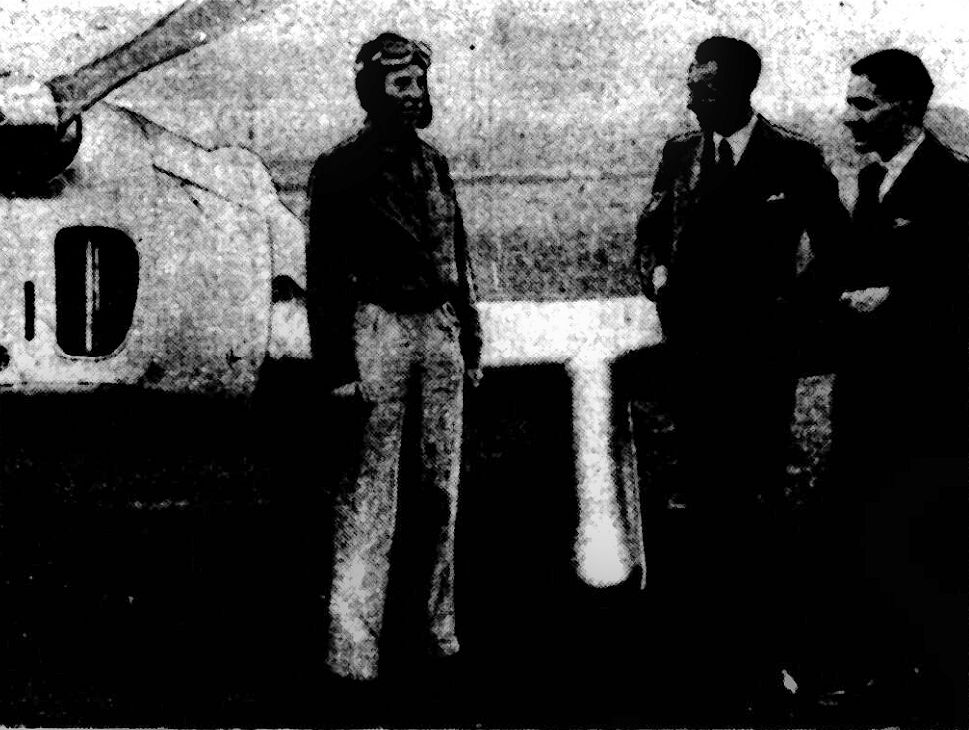
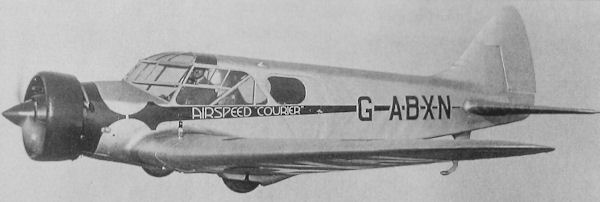
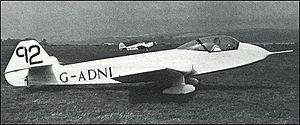
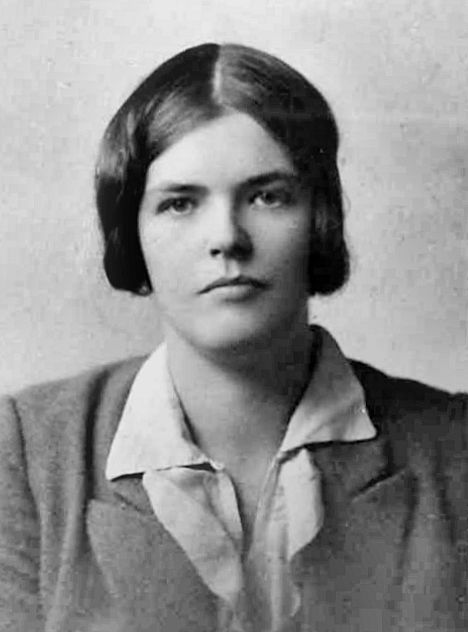 1931
1931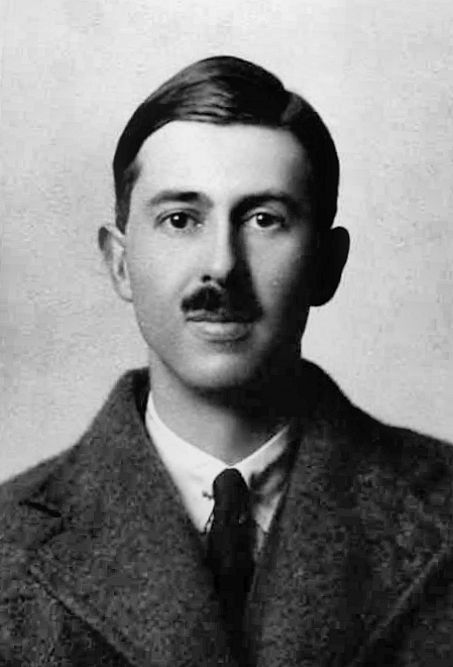 also a pilot ("a popular local owner") who won the Grimthorpe Trophy in 1934, and the Yorkshire Trophy the same year at an average speed of 104.5 mph. He owned G-AAFK, a 1929 DH60G Gypsy Moth, and then G-ABHM, a 1930 DH60G Gypsy Moth, which they used to tour Spain in 1934.
also a pilot ("a popular local owner") who won the Grimthorpe Trophy in 1934, and the Yorkshire Trophy the same year at an average speed of 104.5 mph. He owned G-AAFK, a 1929 DH60G Gypsy Moth, and then G-ABHM, a 1930 DH60G Gypsy Moth, which they used to tour Spain in 1934.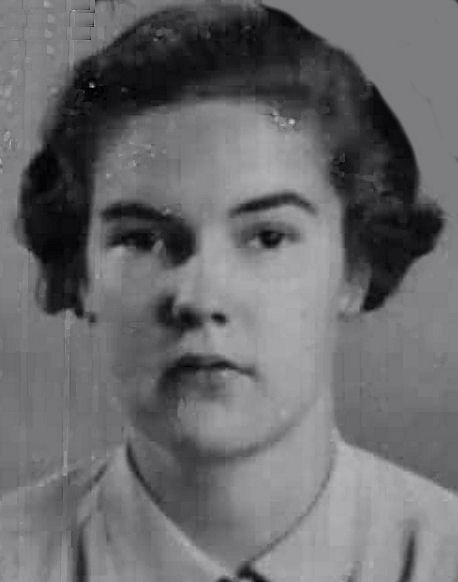 RAeC 1 Jun 1937 (age 17)
RAeC 1 Jun 1937 (age 17)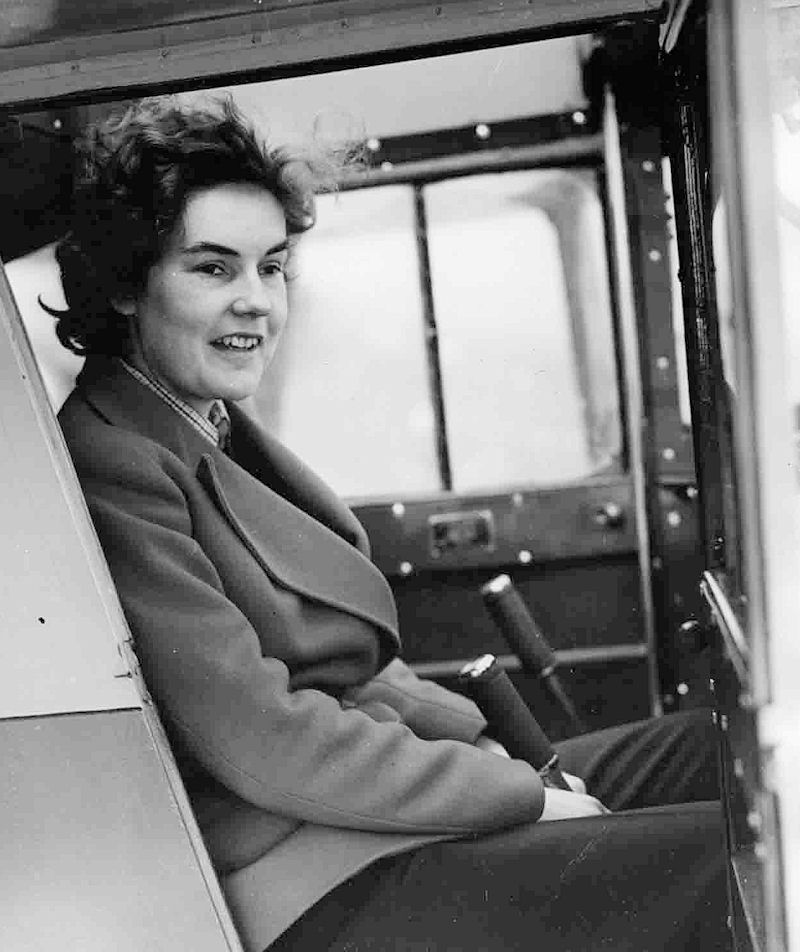 RAeC
RAeC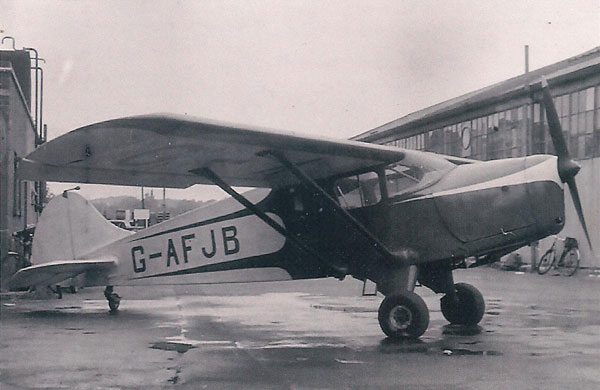
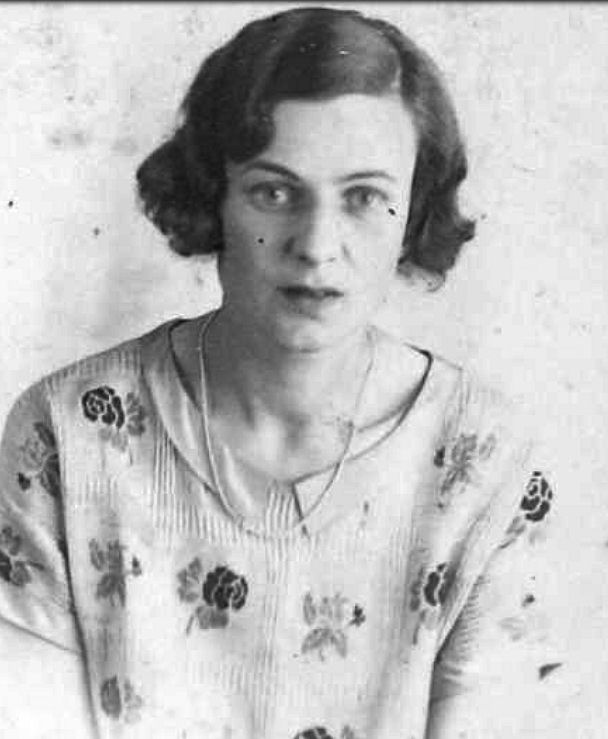 RAeC 1929
RAeC 1929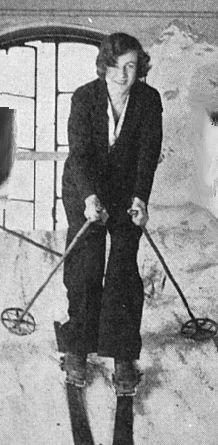 'The Graphic'
'The Graphic'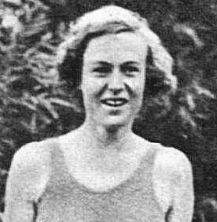 At Combermere Abbey, the home of
At Combermere Abbey, the home of 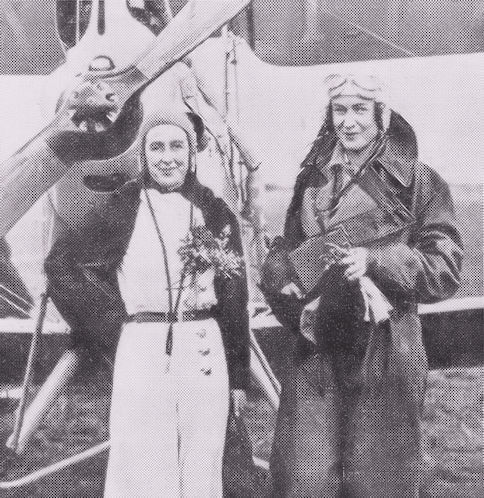 Daily Mirror
Daily Mirror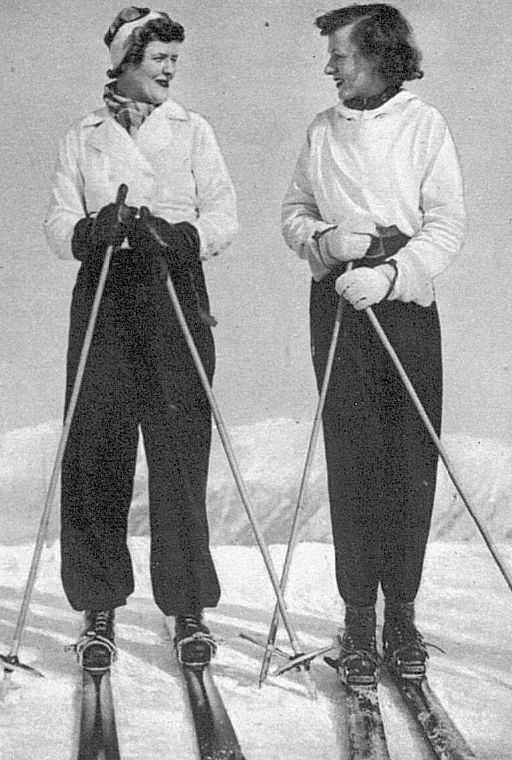 1939
1939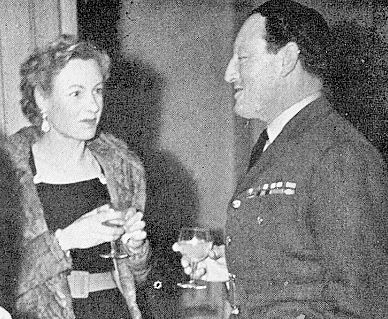
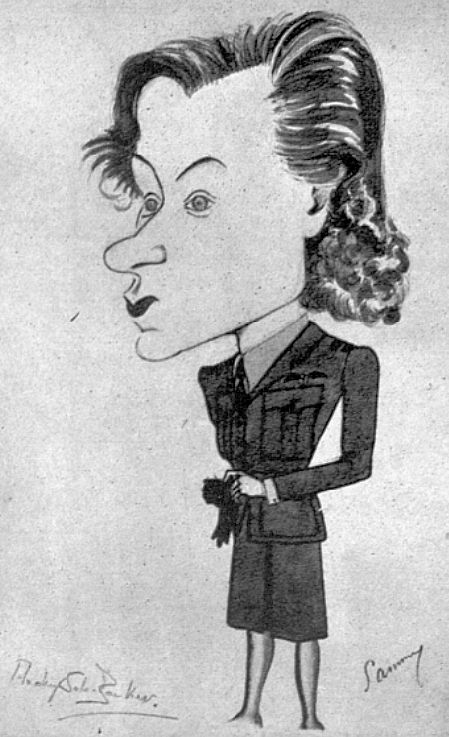 1942 caricature by
1942 caricature by 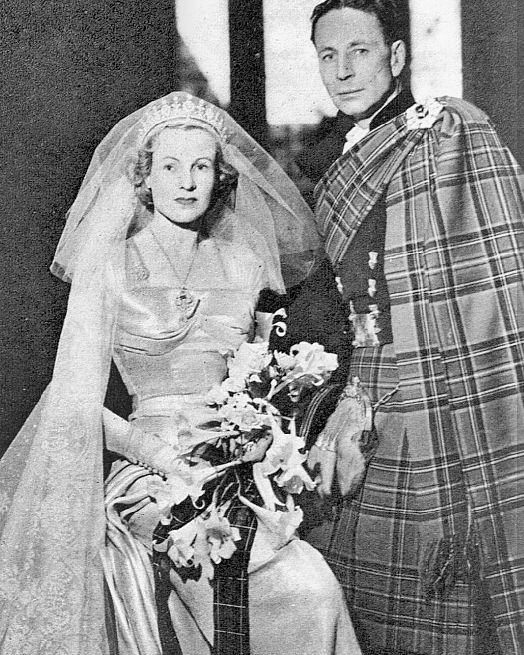
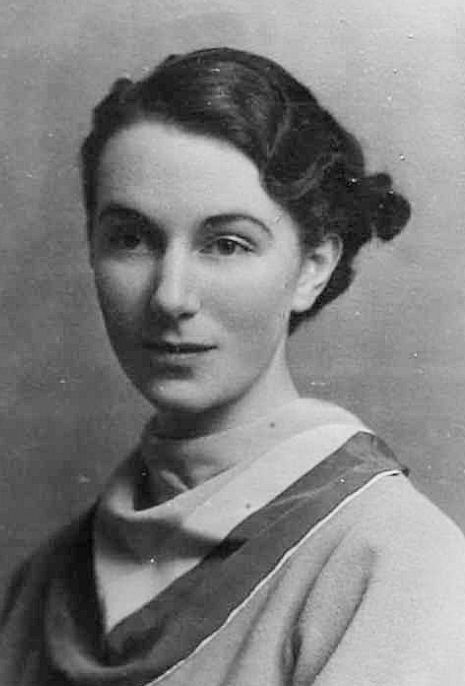 RAeC 1934
RAeC 1934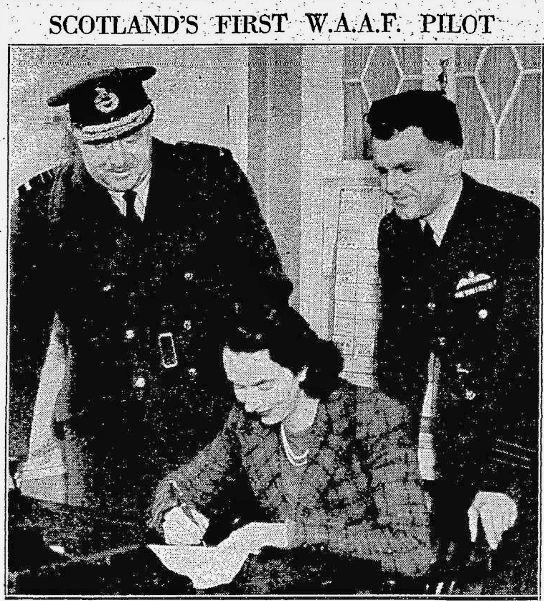 The Scotsman
The Scotsman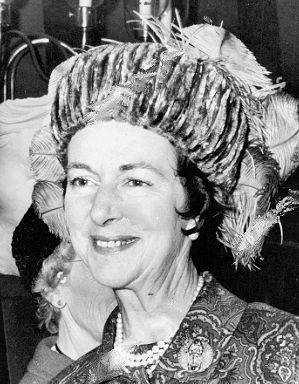 c. 1963, at the Women of the Year Luncheon (The Times)
c. 1963, at the Women of the Year Luncheon (The Times)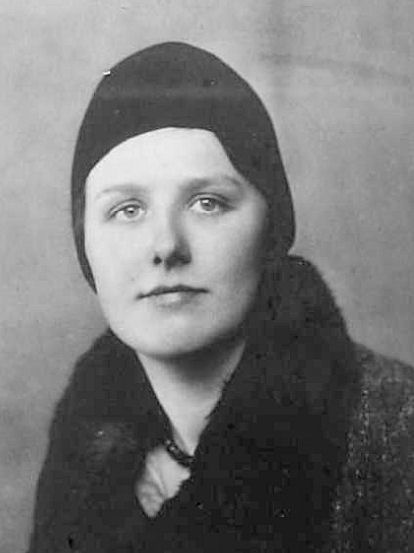 RAeC 1930
RAeC 1930 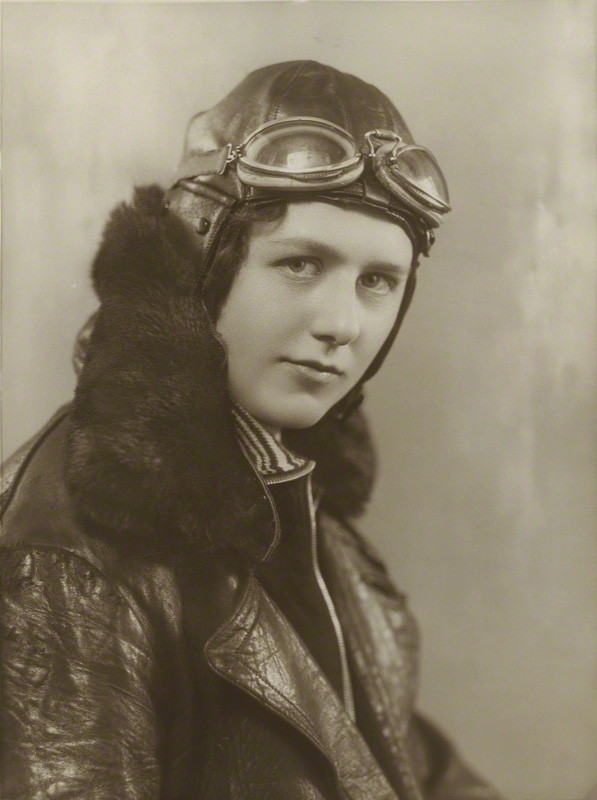 1933
1933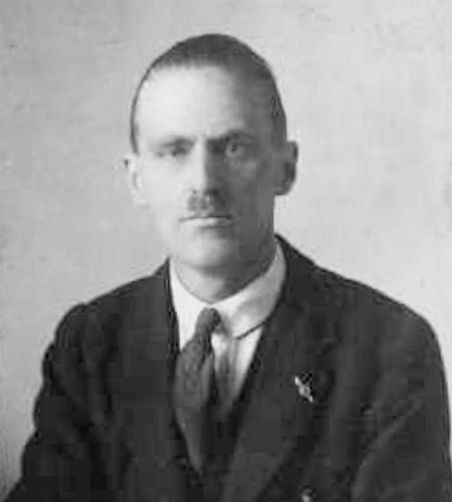 RAeC 1927
RAeC 1927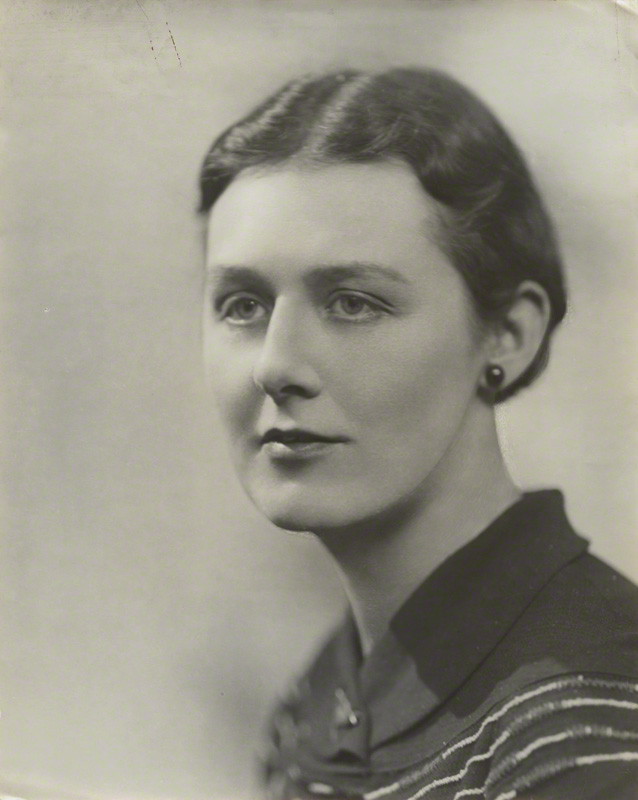
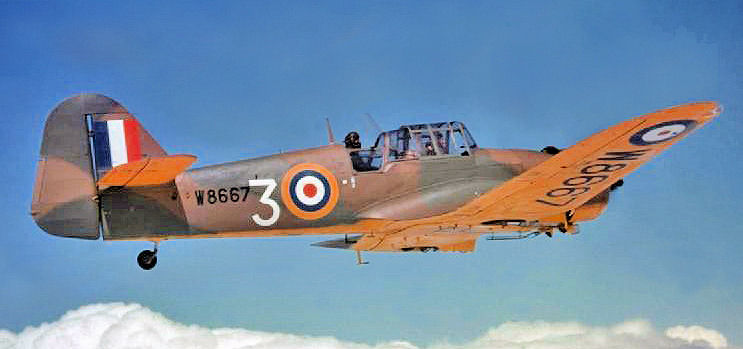
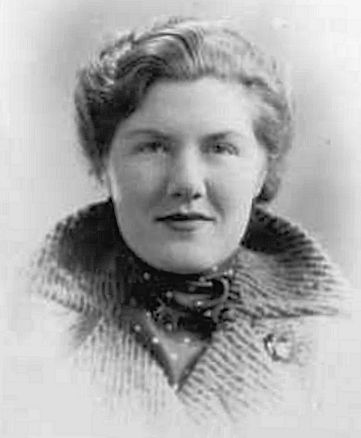 1935
1935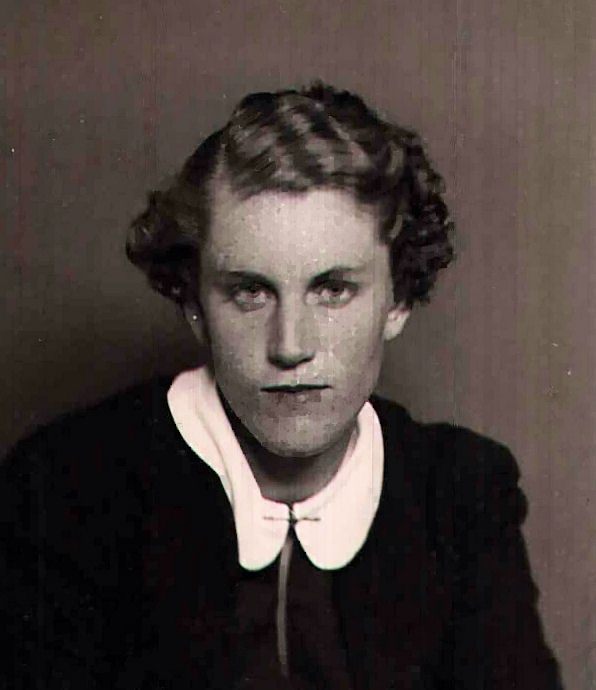 RAeC 1937
RAeC 1937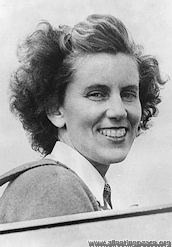
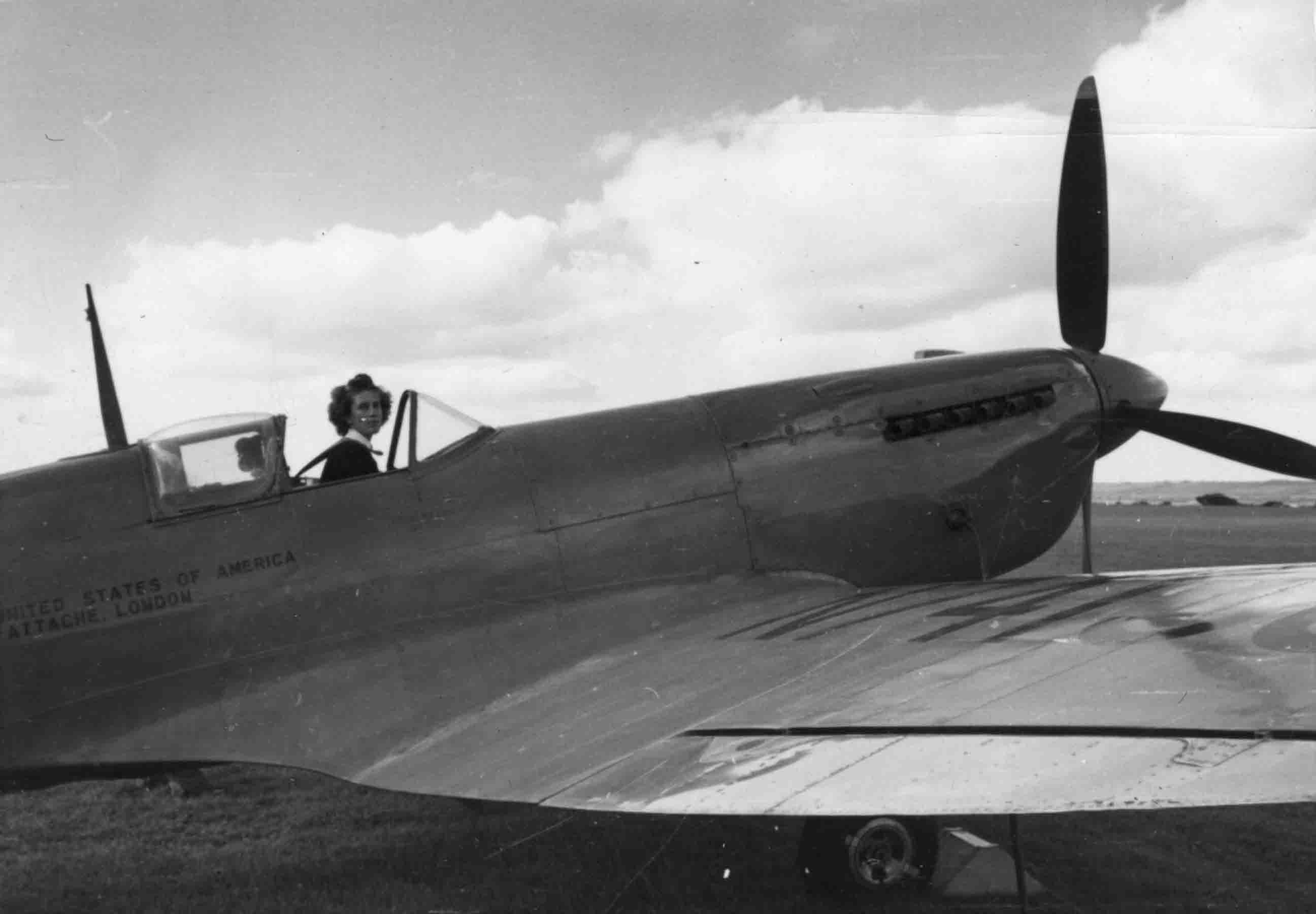
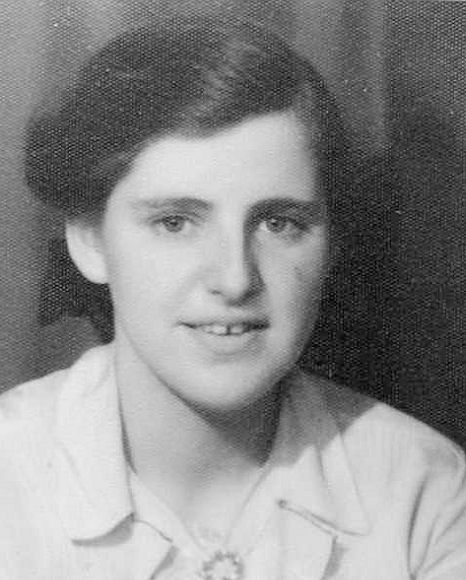
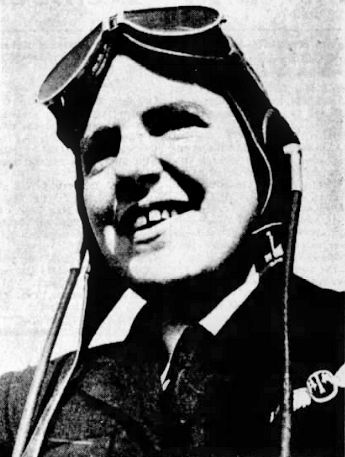 ATA
ATA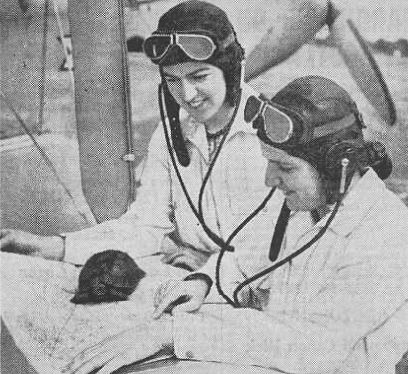
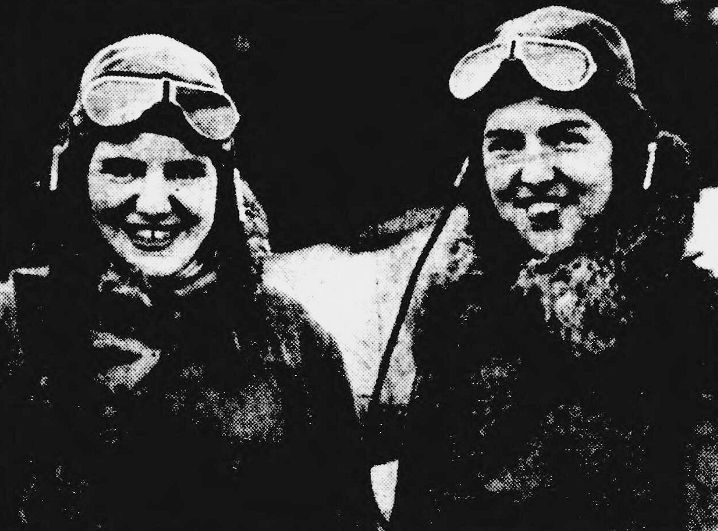
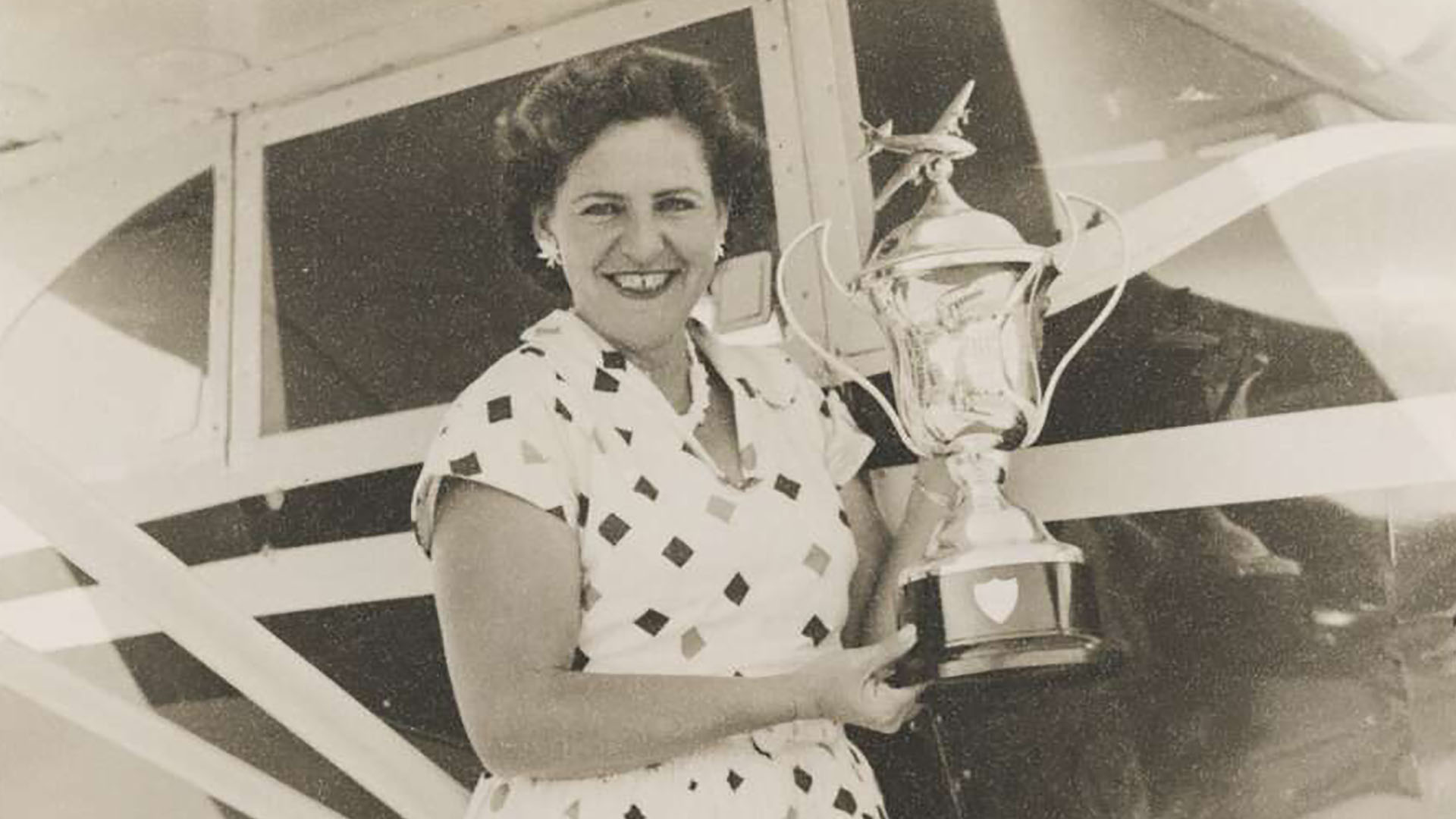 c.1953, holding the President's Cup of the Zululand Flying Club
c.1953, holding the President's Cup of the Zululand Flying Club
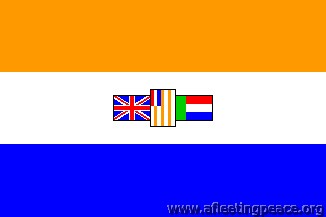
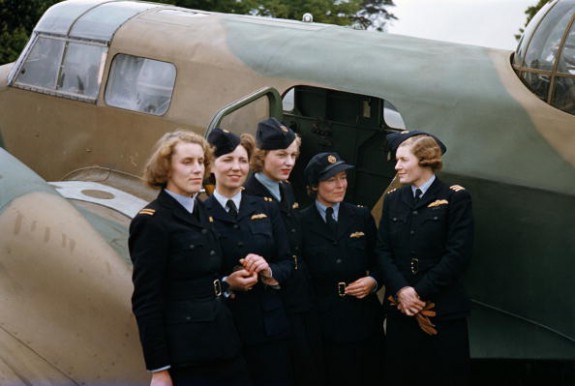
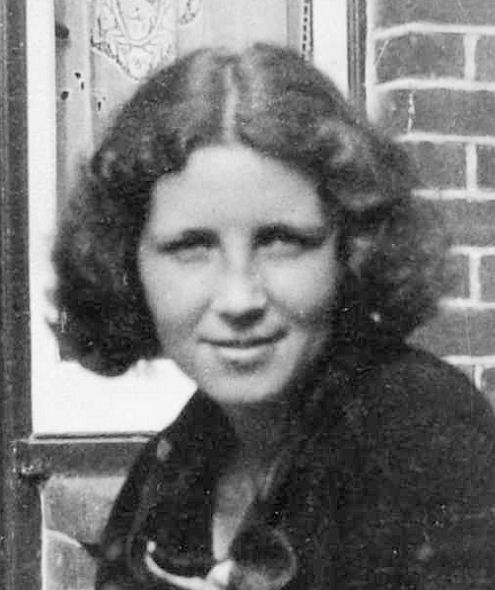 RAeC 1935
RAeC 1935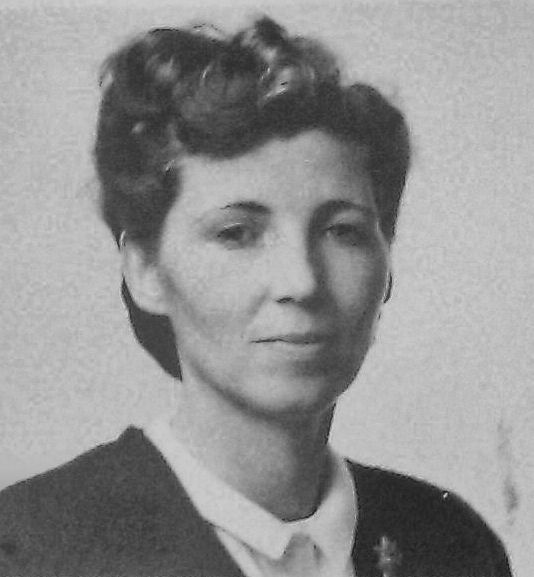 ATA
ATA 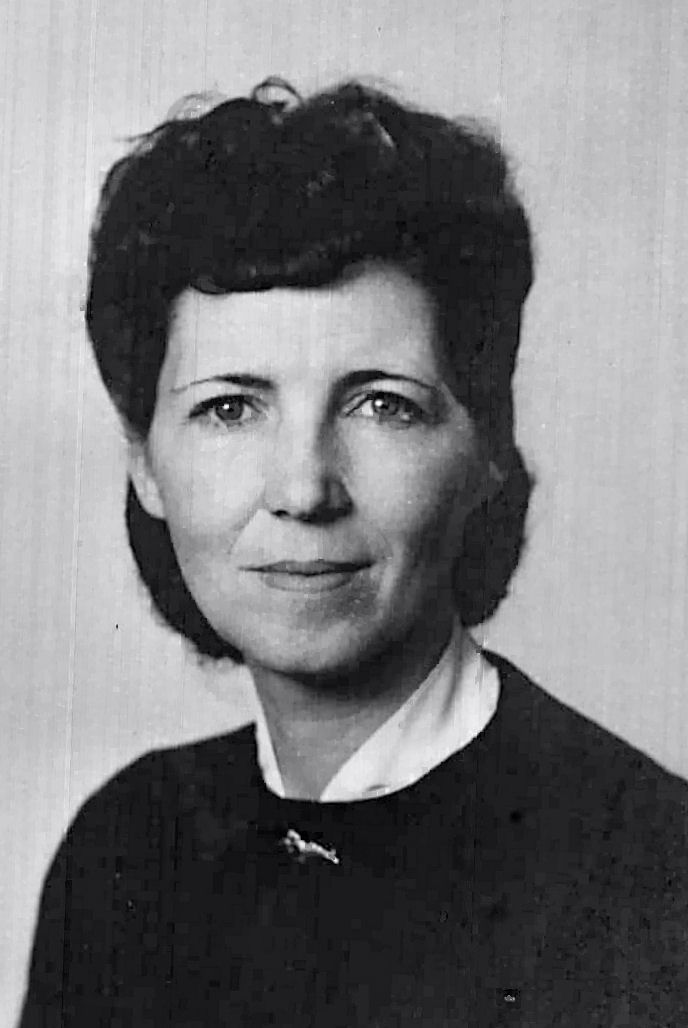 RAeC 1948
RAeC 1948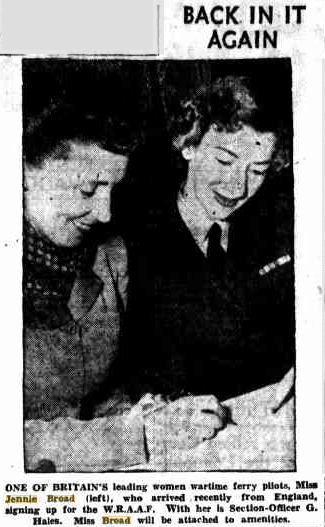
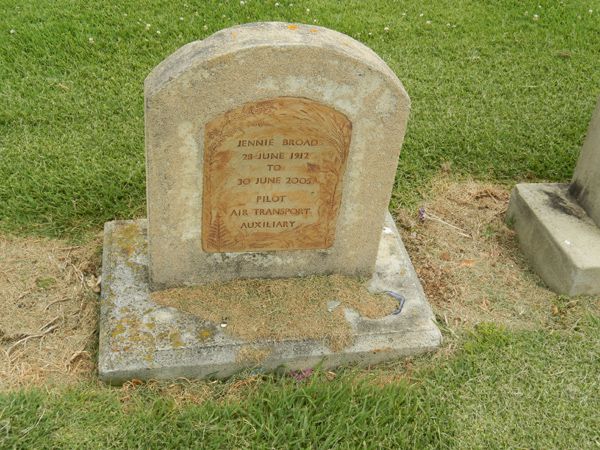
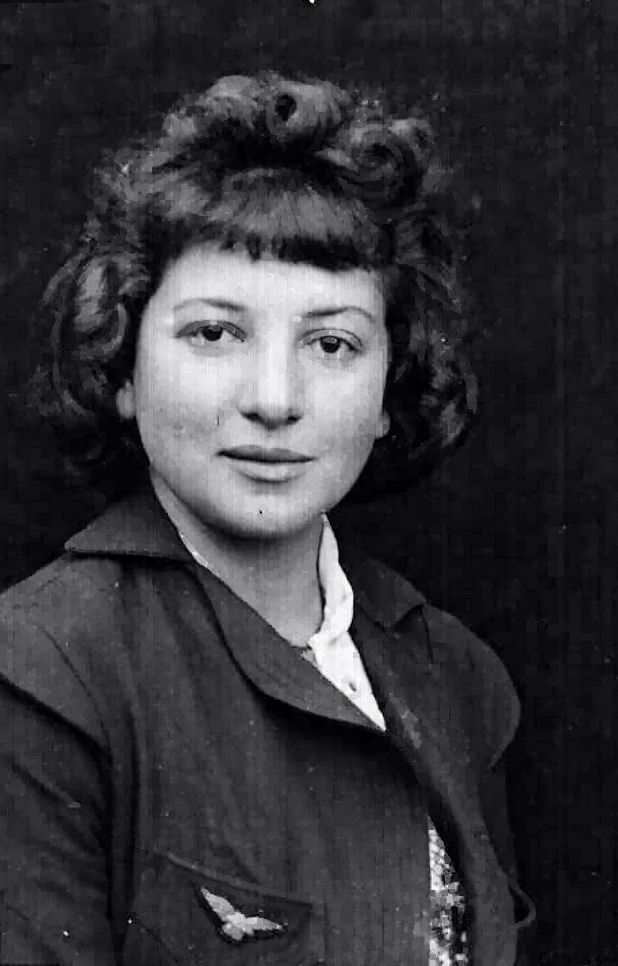 RAeC 1938
RAeC 1938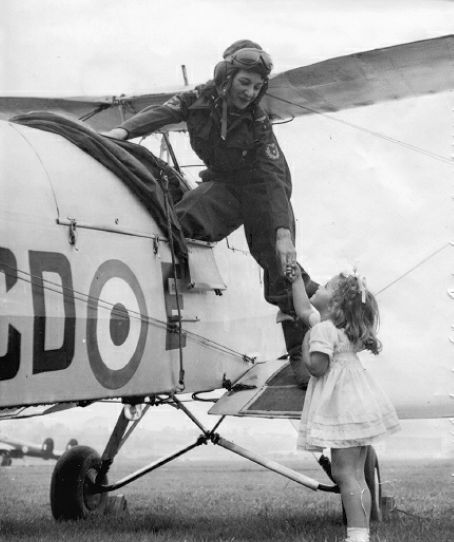
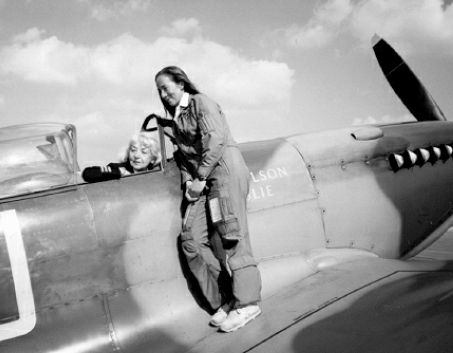
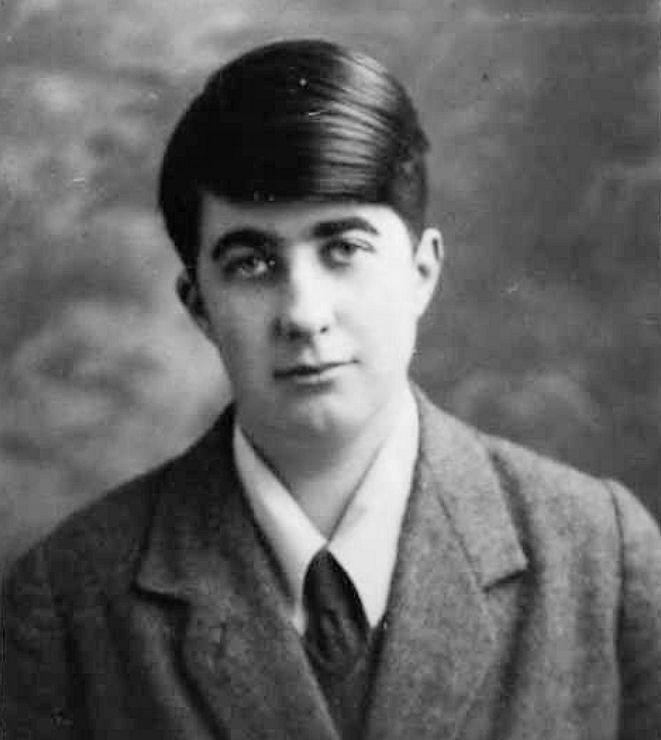
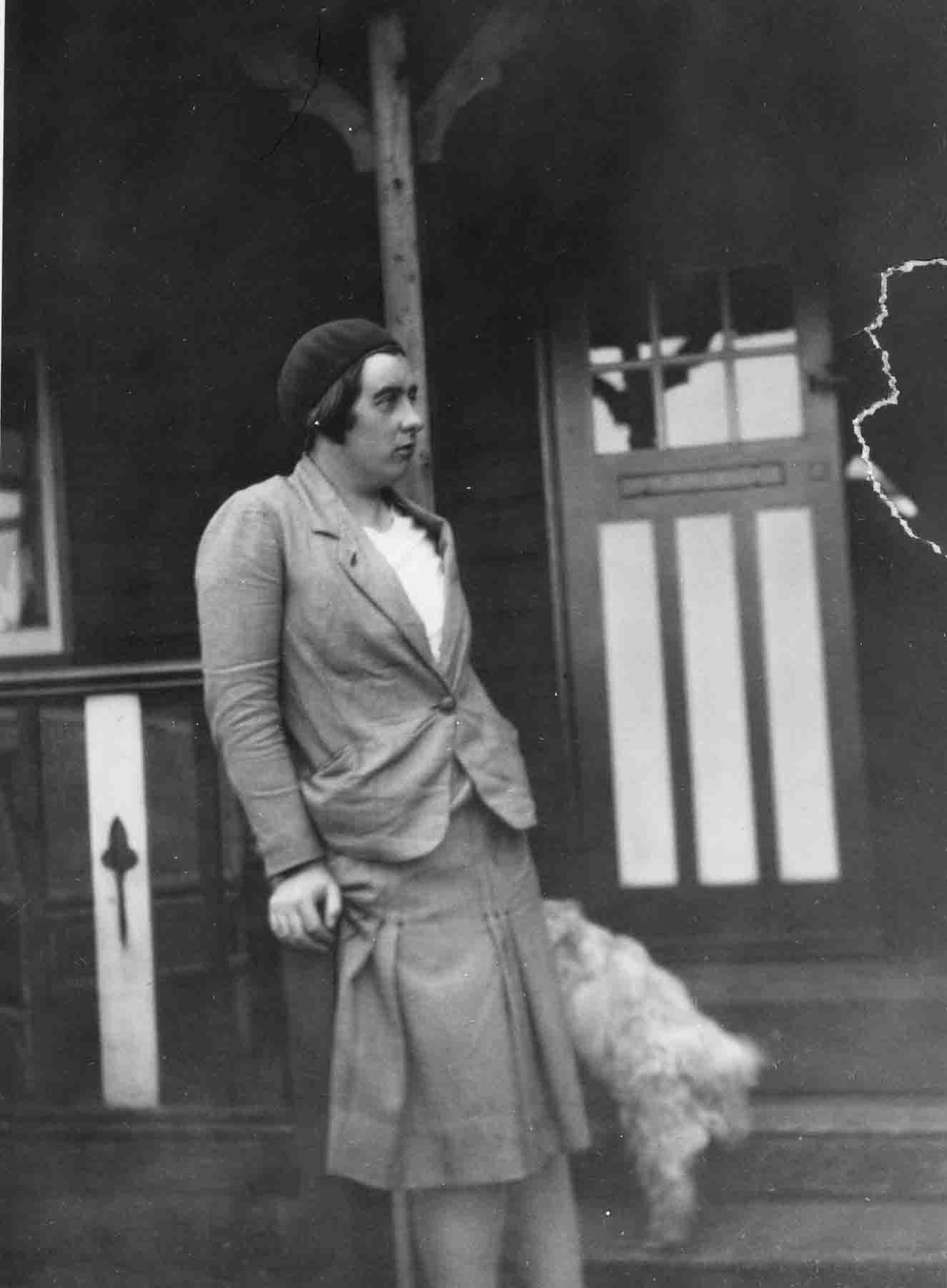
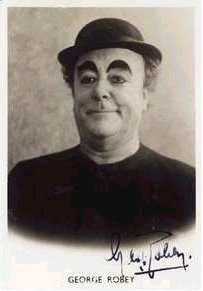
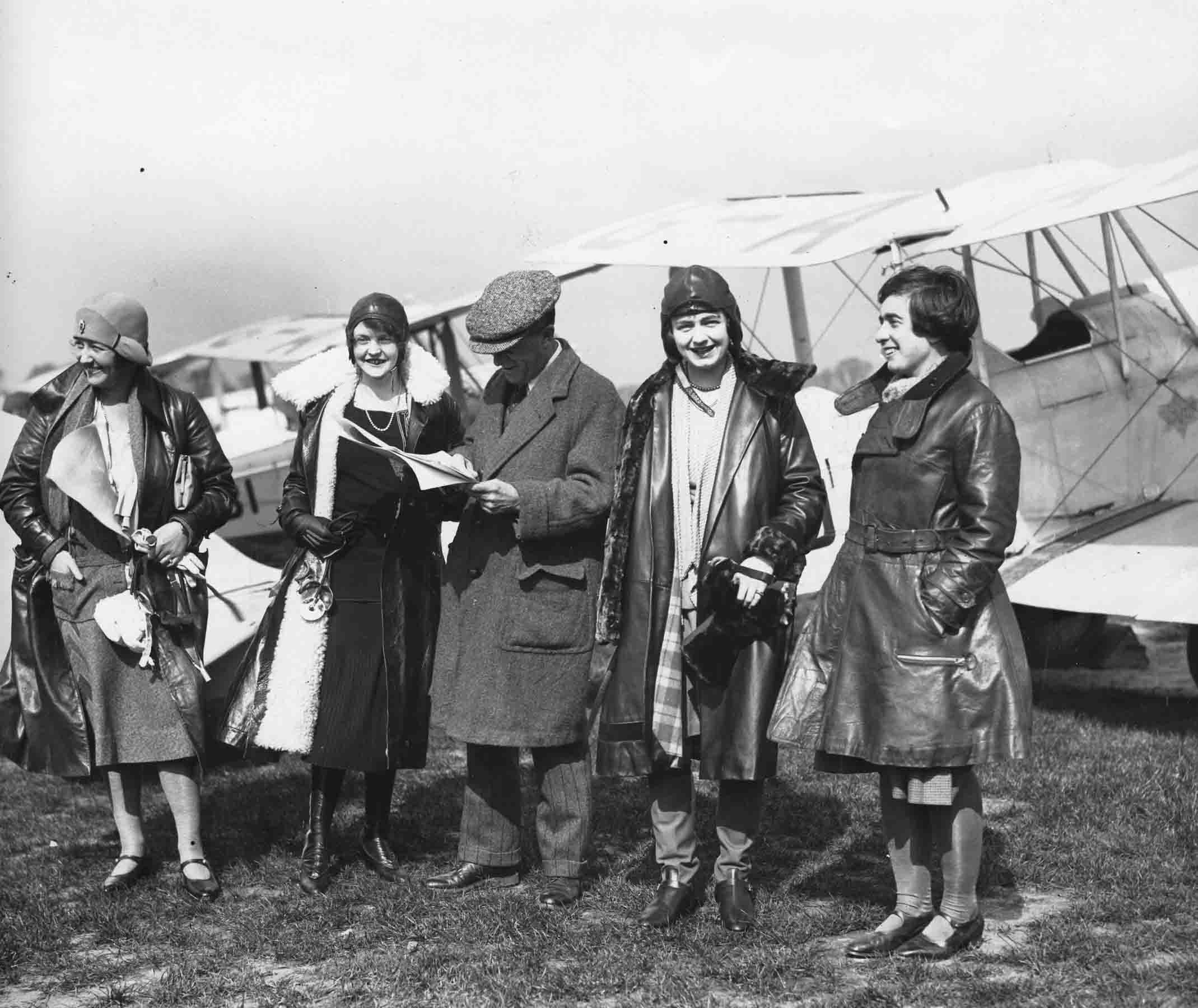
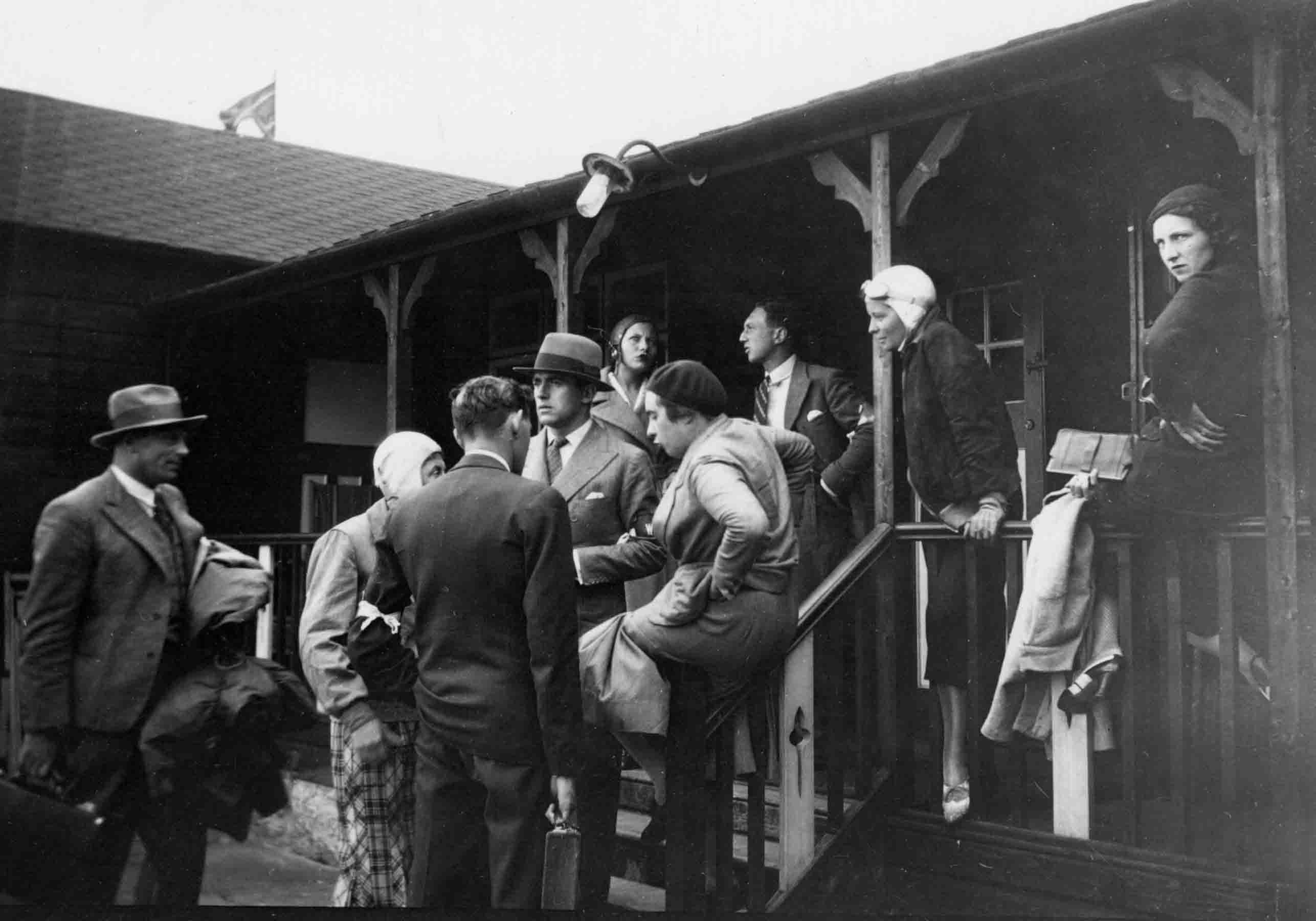
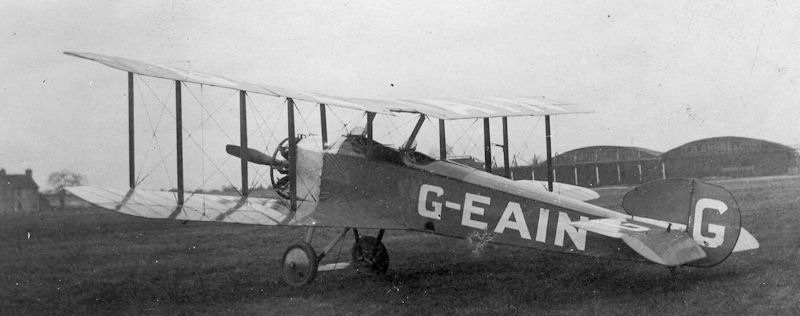 RAeC
RAeC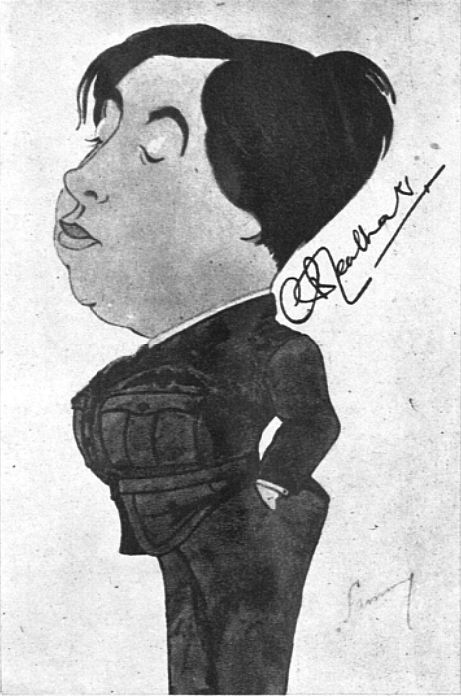 1942 caricature by
1942 caricature by 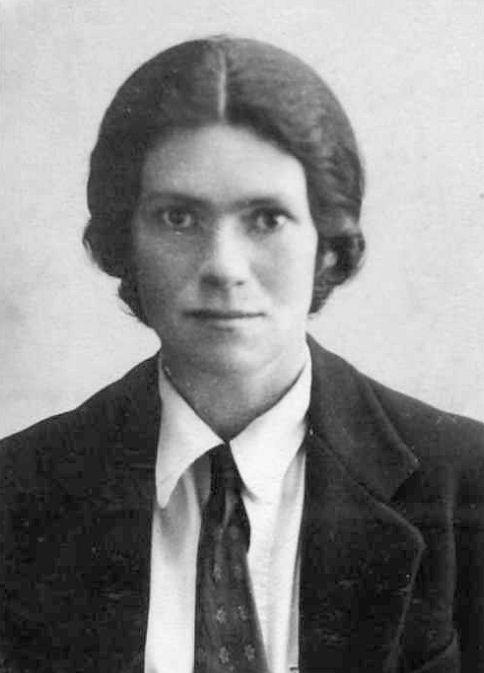 RAeC 1935
RAeC 1935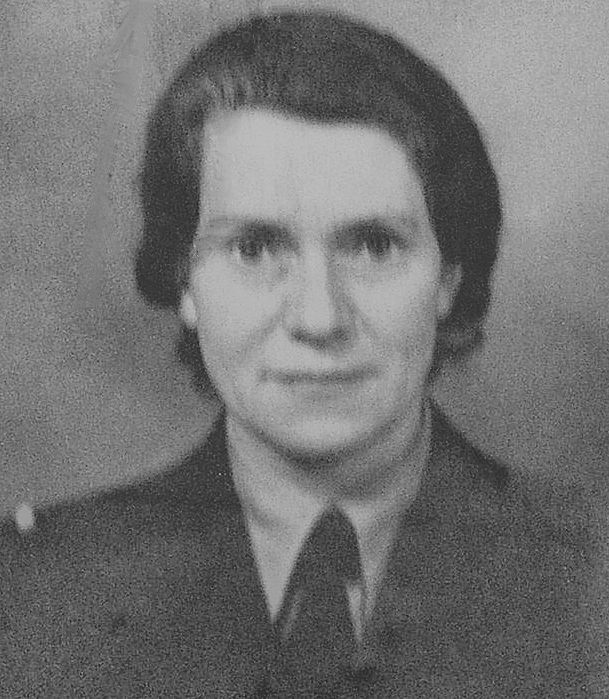 ATA
ATA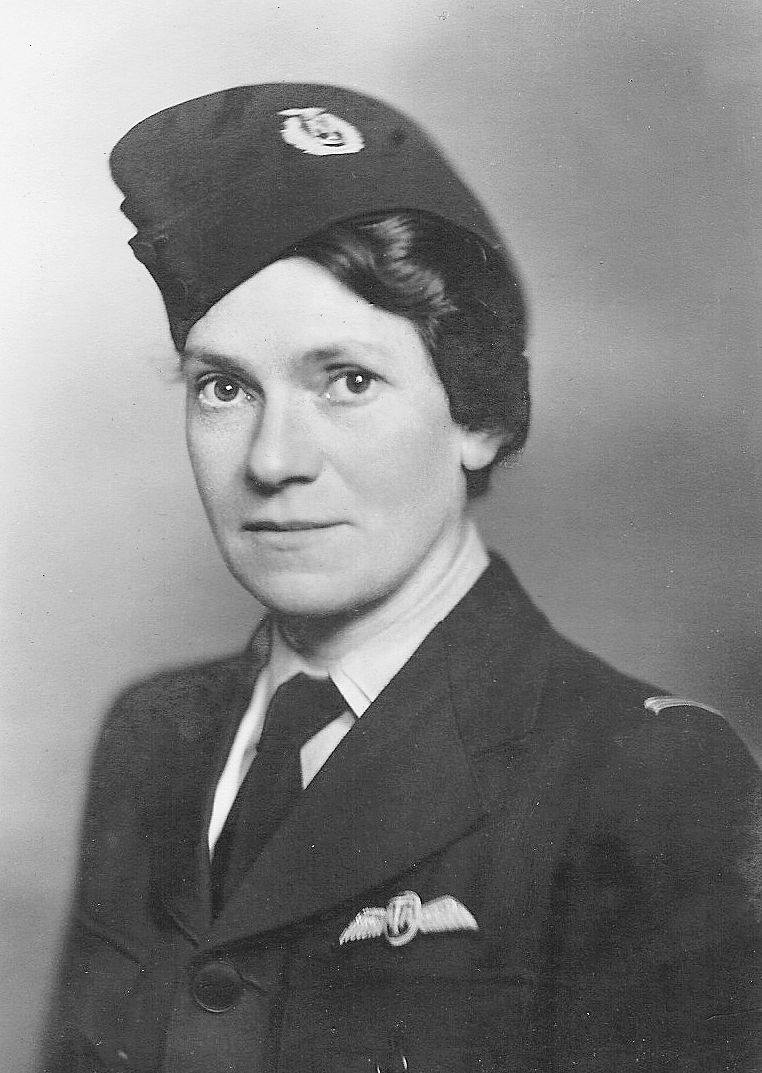
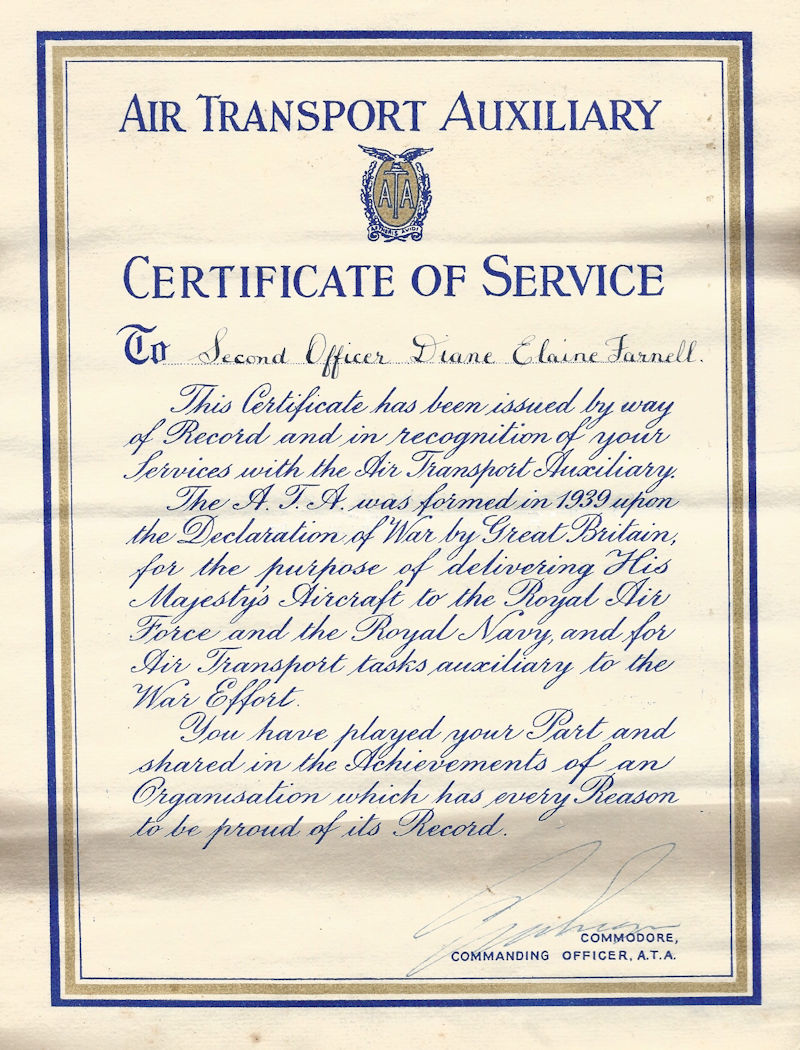 Images via Nicholas Farnell
Images via Nicholas Farnell.jpg) 1928
1928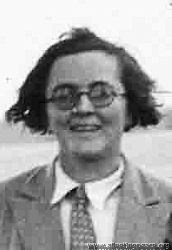 c.1935
c.1935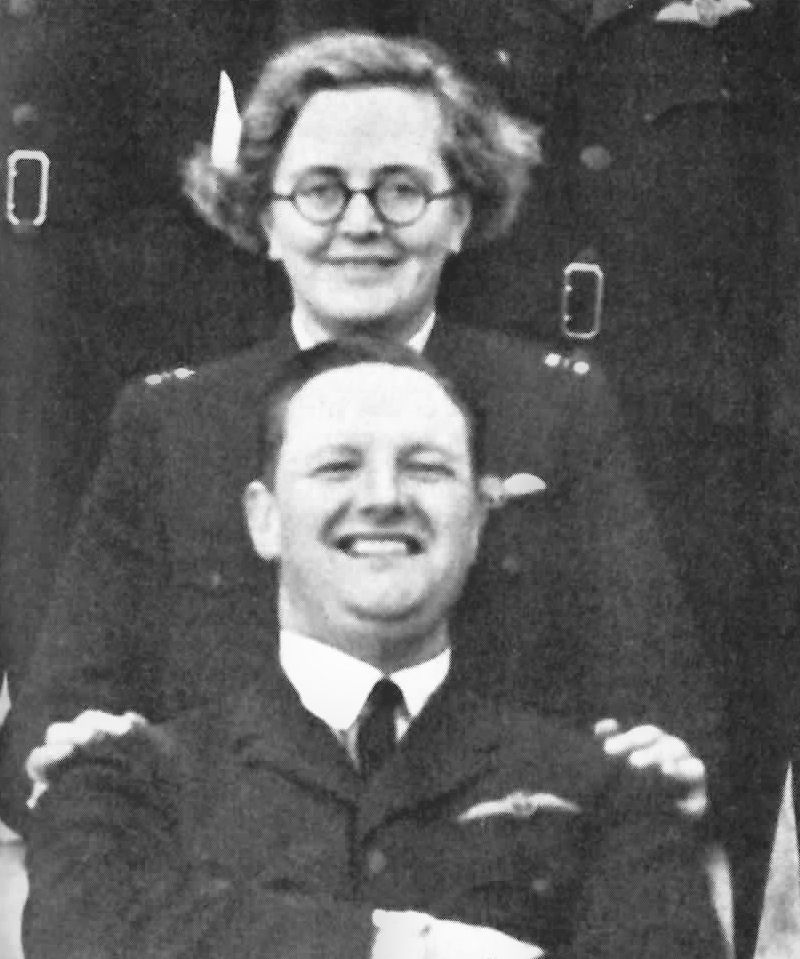 ATA, with Graham Head
ATA, with Graham Head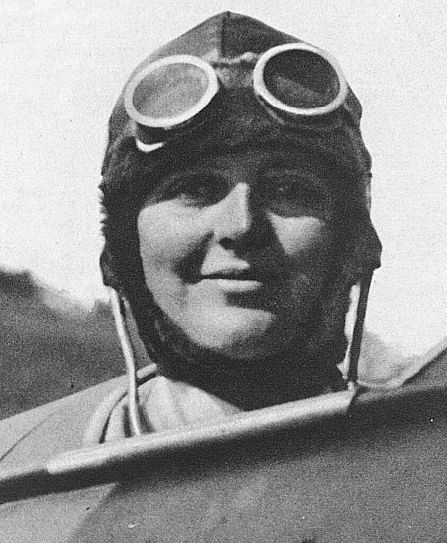 The Sketch - October 1929
The Sketch - October 1929.jpg) In Holland, with Lyndsey Everard et al
In Holland, with Lyndsey Everard et al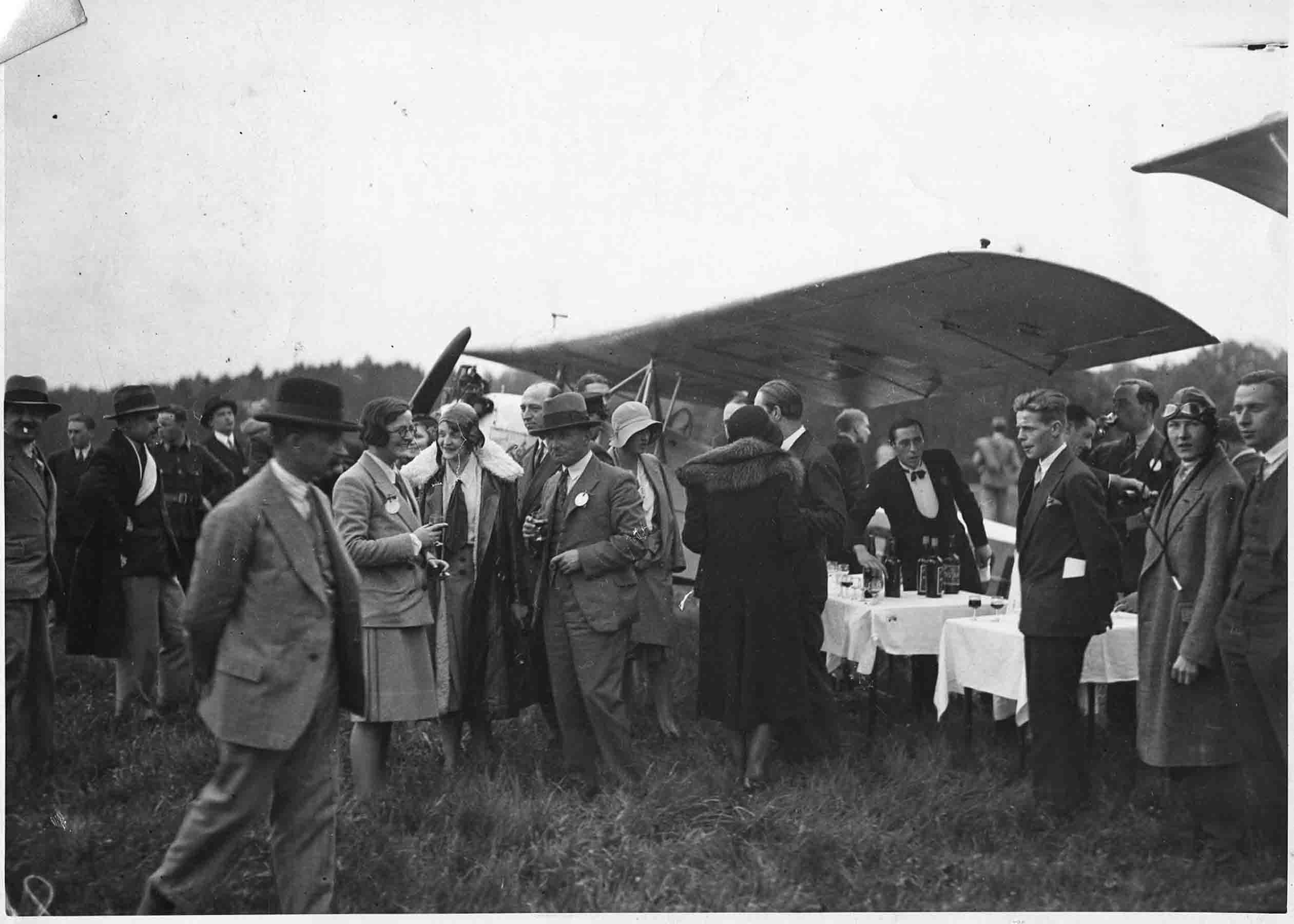 Rallye Aerien, Chateau d'Ardenne 17-19 May 1930 with Adelaide Cleaver
Rallye Aerien, Chateau d'Ardenne 17-19 May 1930 with Adelaide Cleaver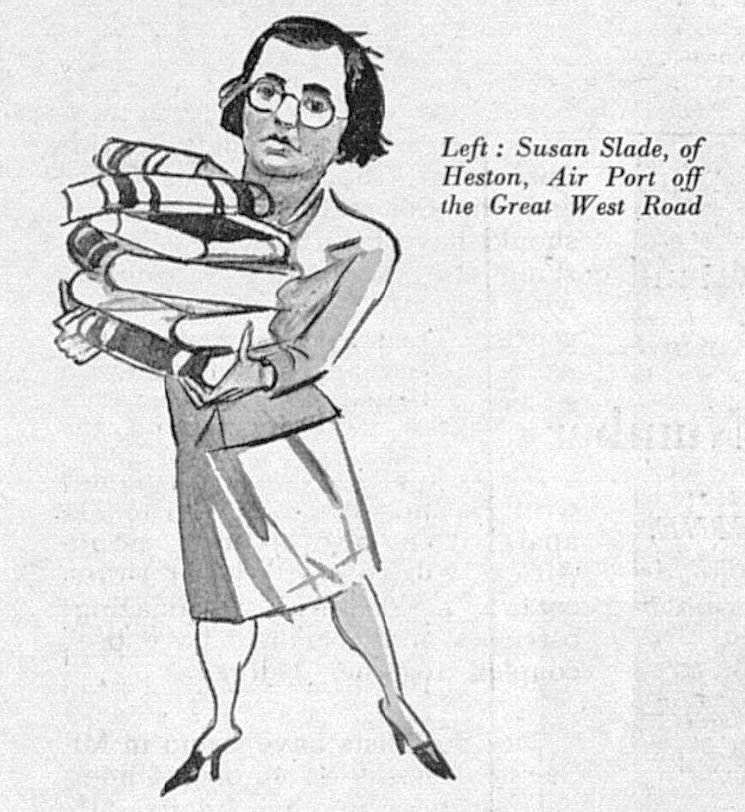
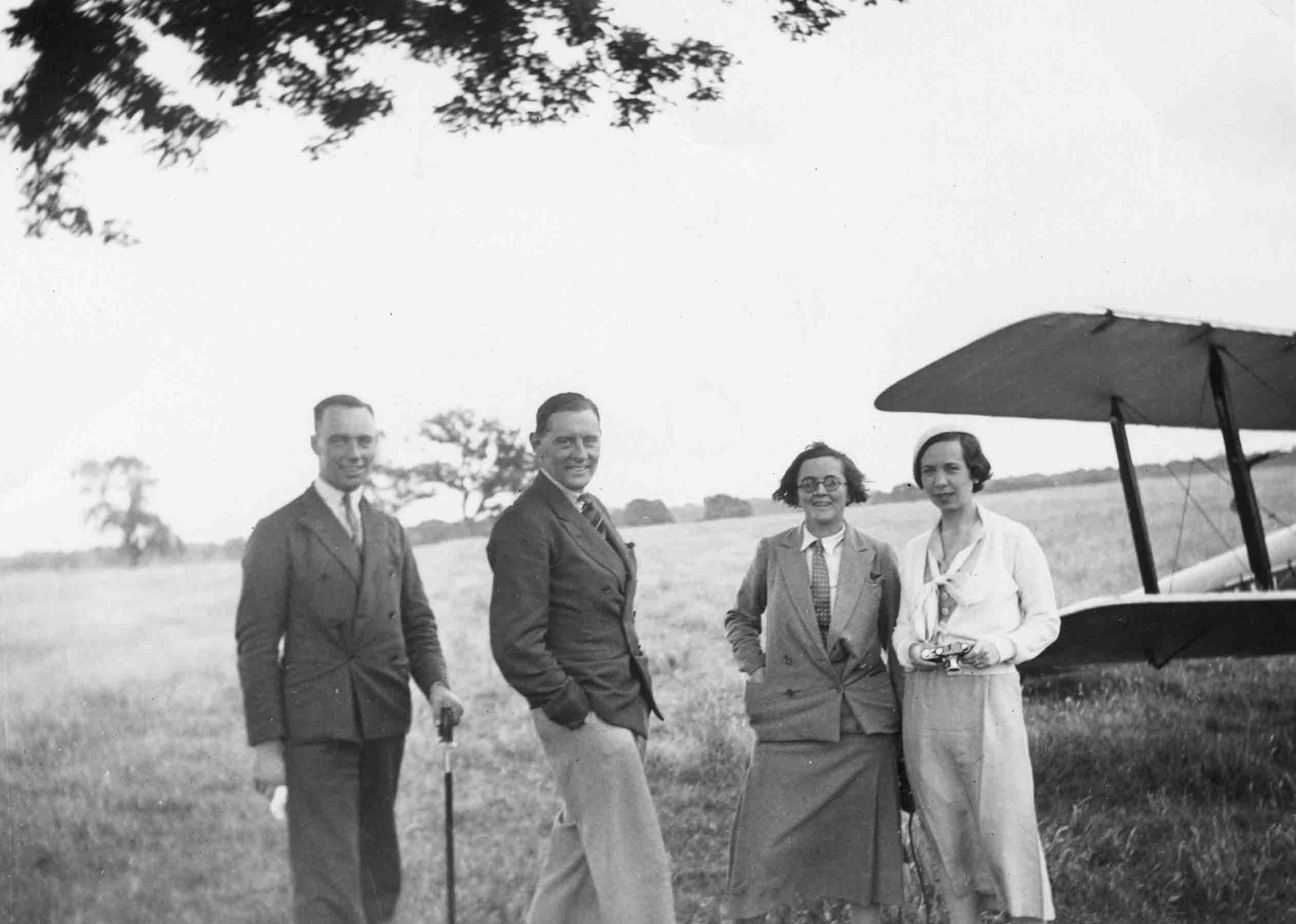
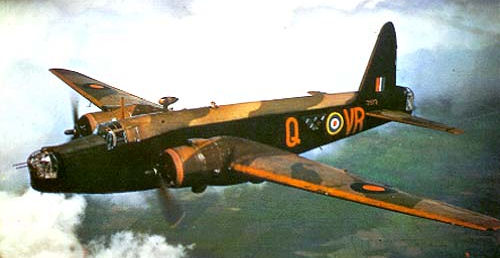
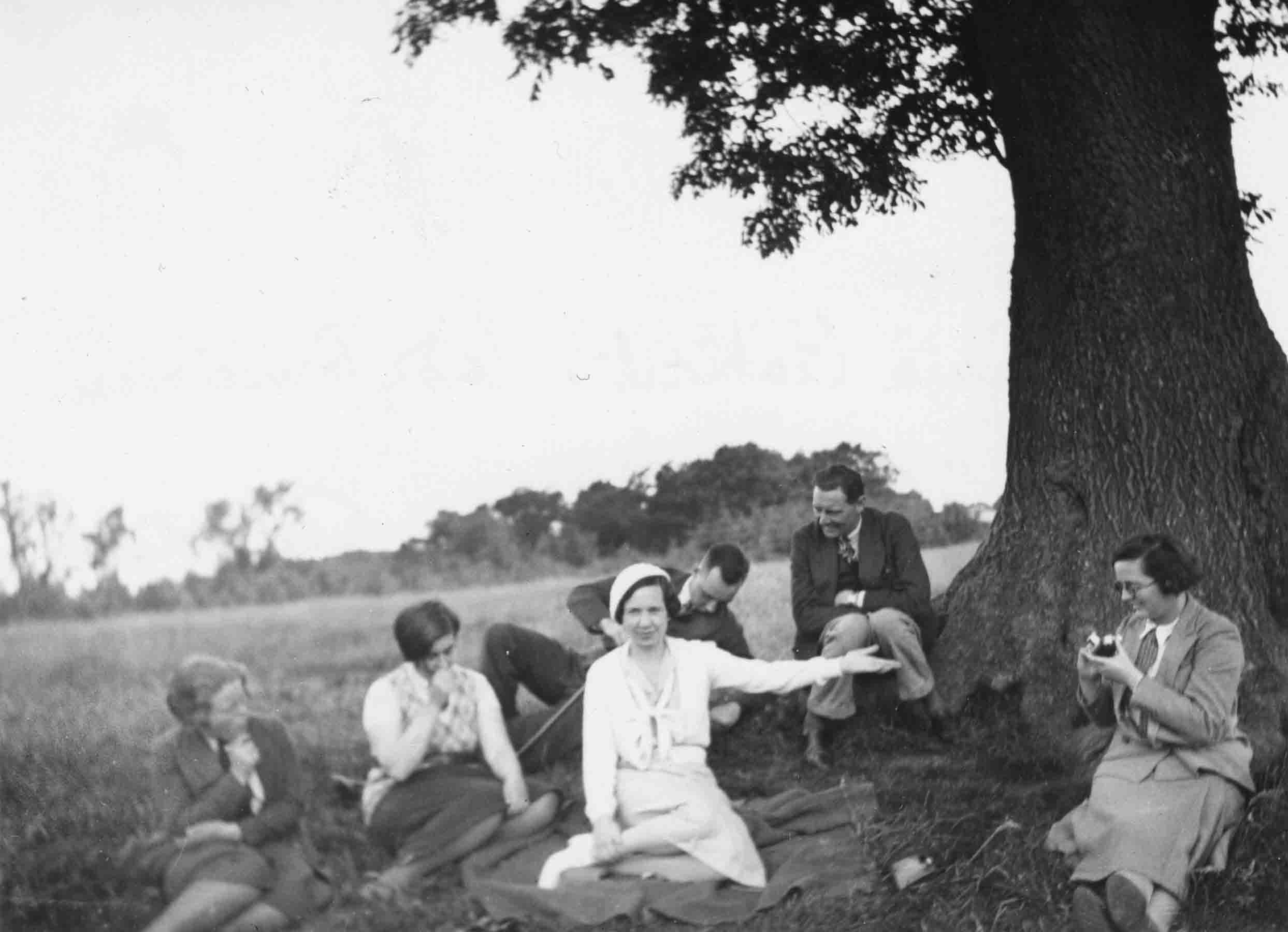
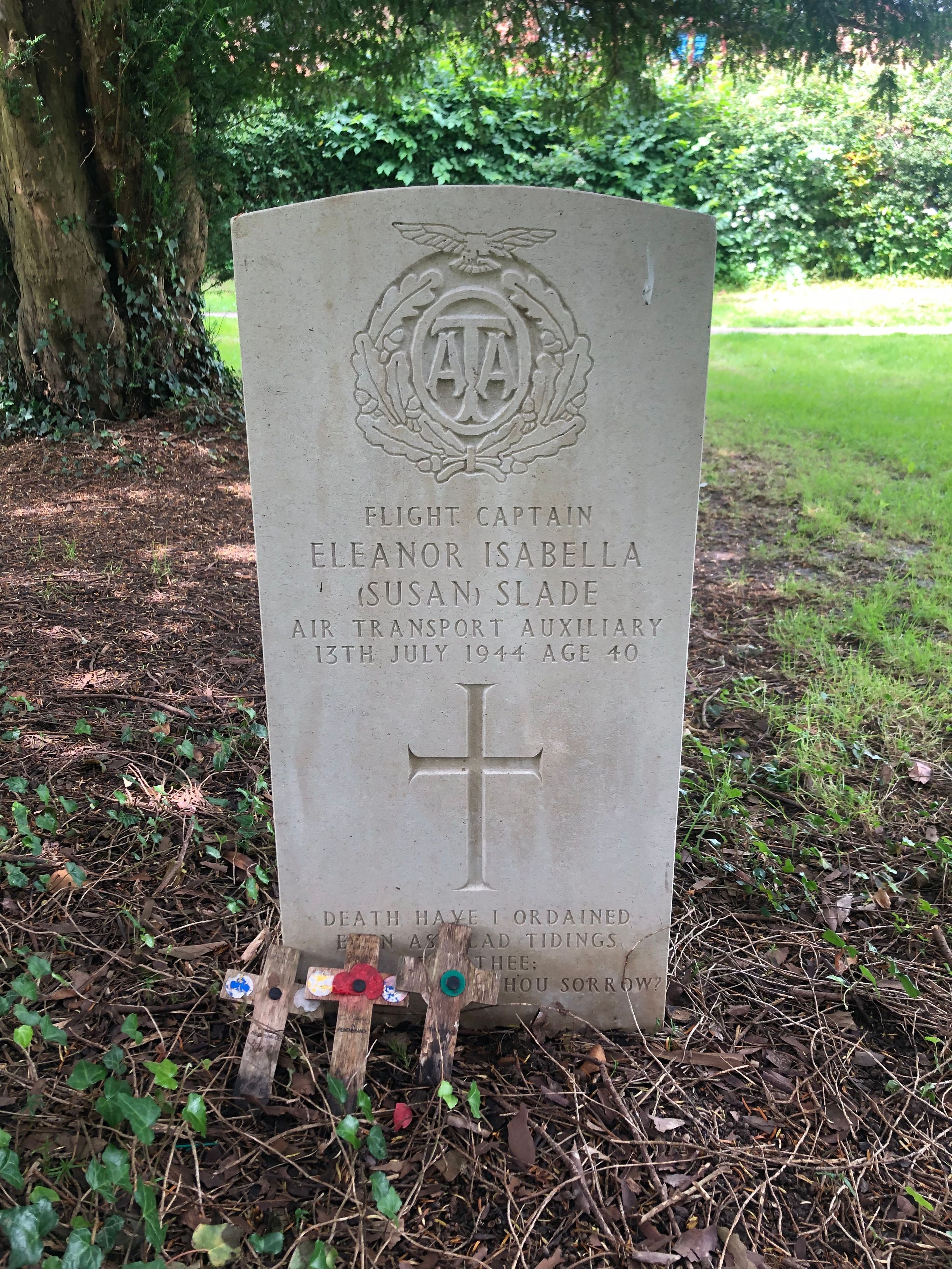
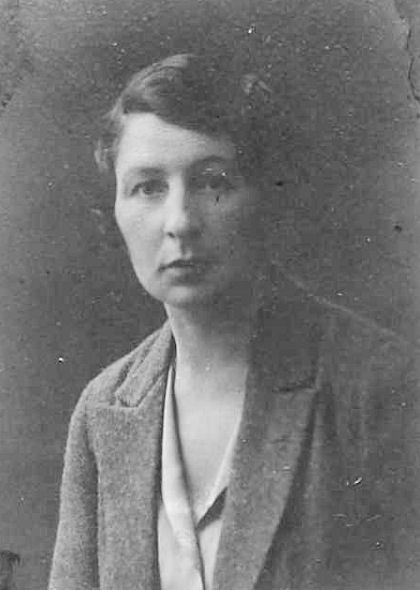 RAeC 1930
RAeC 1930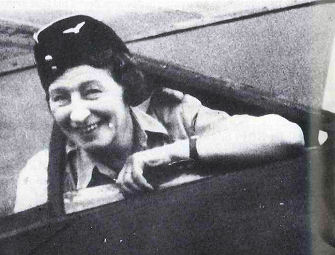
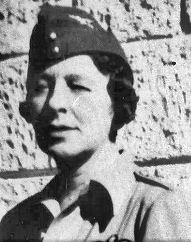 c1942, via Peter Elliott
c1942, via Peter Elliott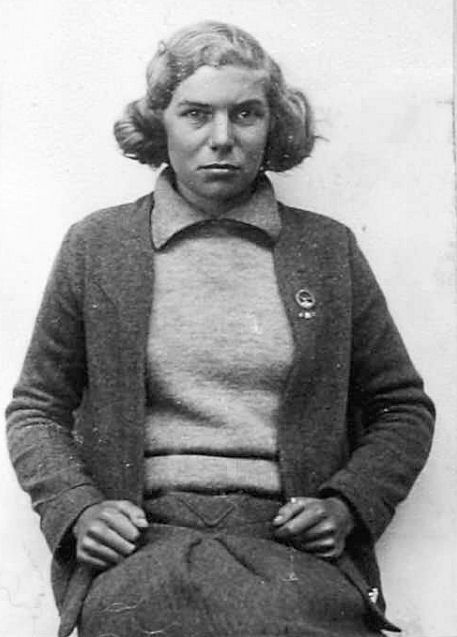 RAeC 1934
RAeC 1934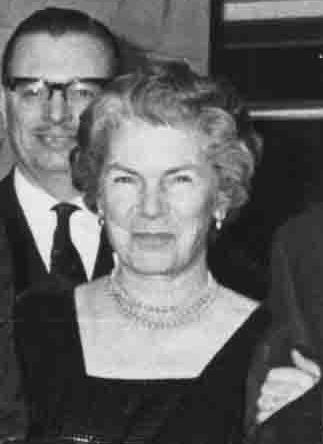 In 1959, at an RAeC 'do'
In 1959, at an RAeC 'do'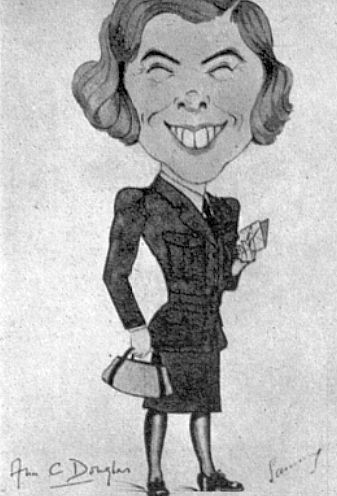 1942 caricature by
1942 caricature by  1947
1947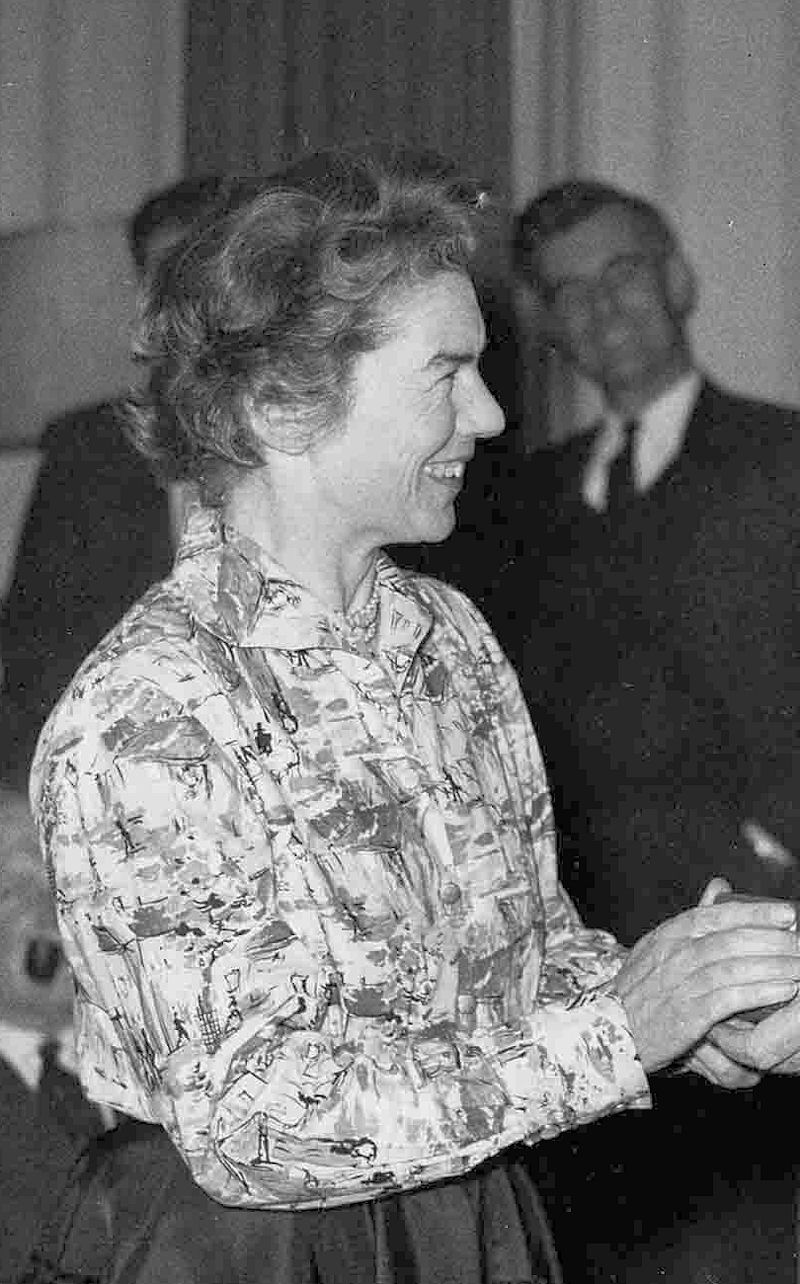 © RAeC [0517-0226]
© RAeC [0517-0226]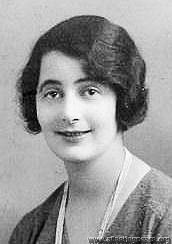 RAeC 1930
RAeC 1930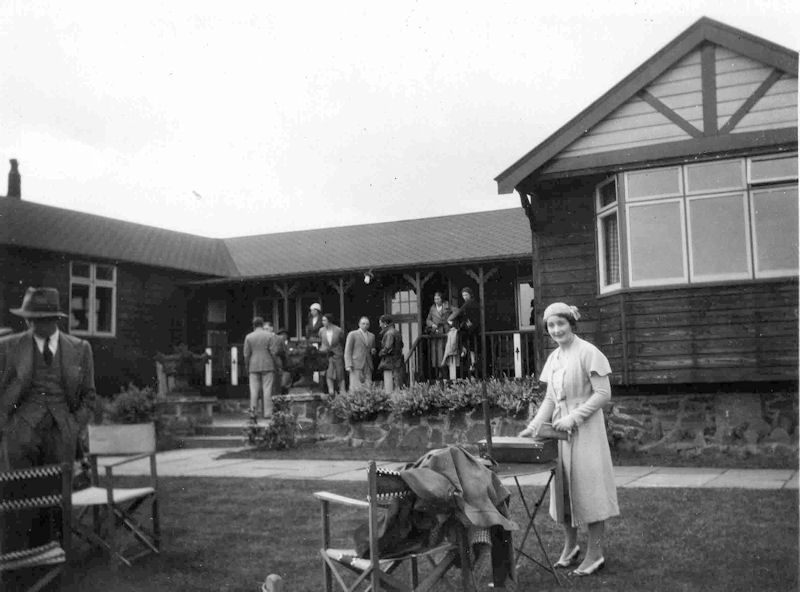
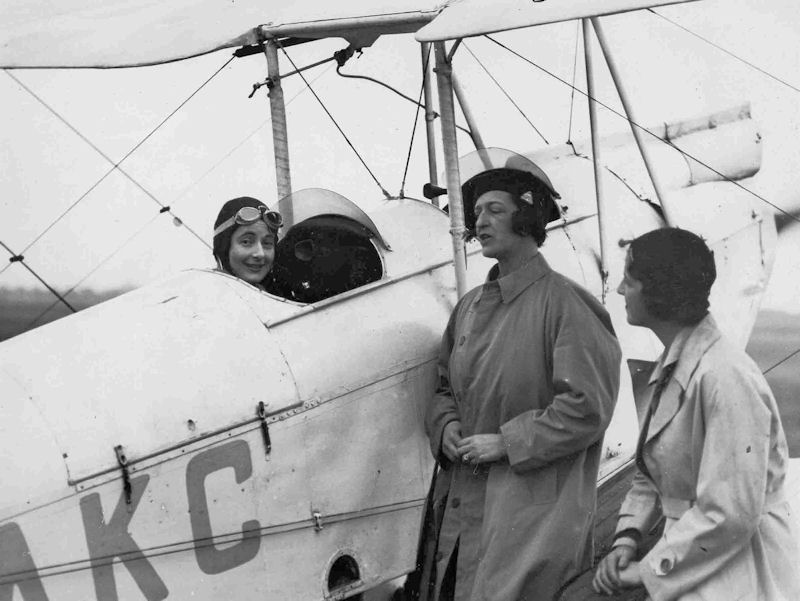
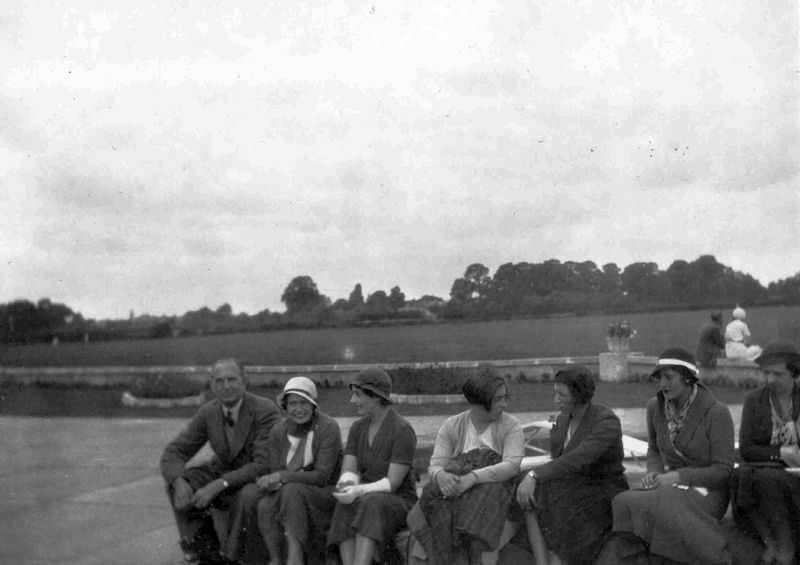
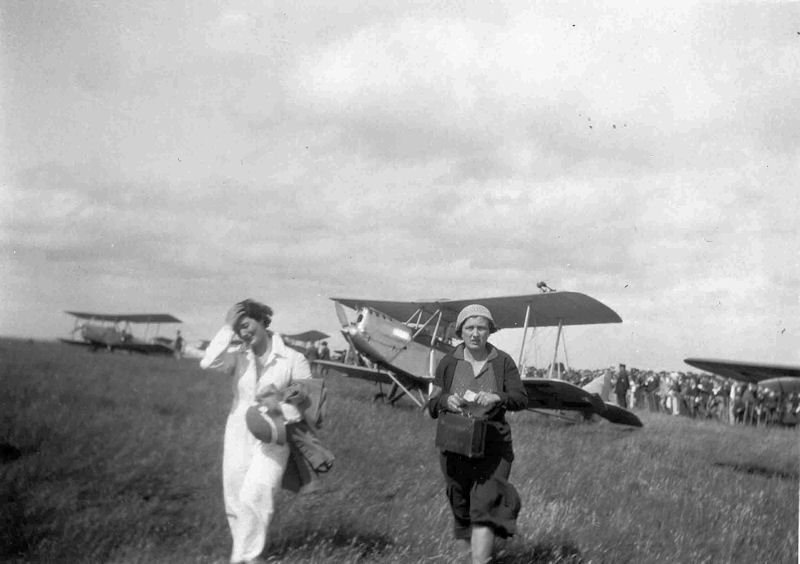
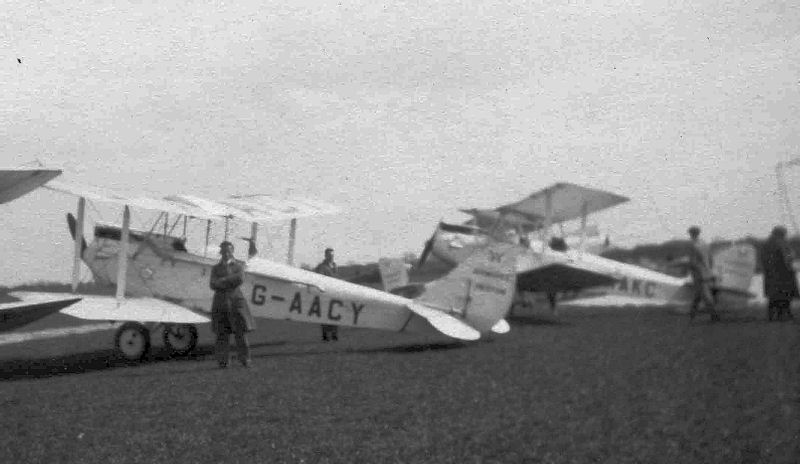

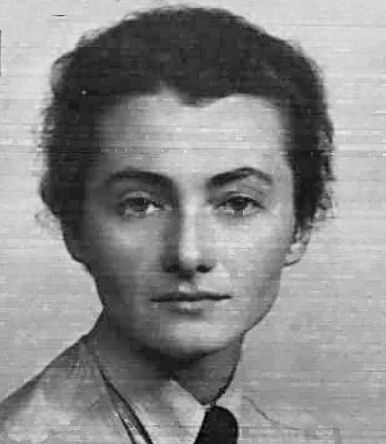 RAeC 1941
RAeC 1941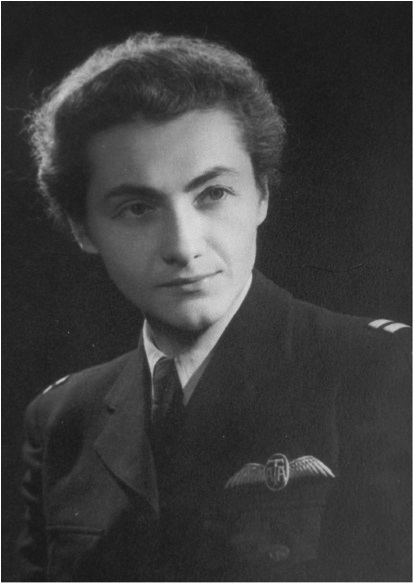 with thanks to Krzysztof Kubala
with thanks to Krzysztof Kubala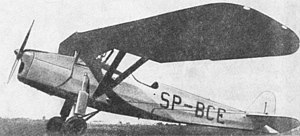 RWD-8 Trainer
RWD-8 Trainer 1942 caricature by
1942 caricature by 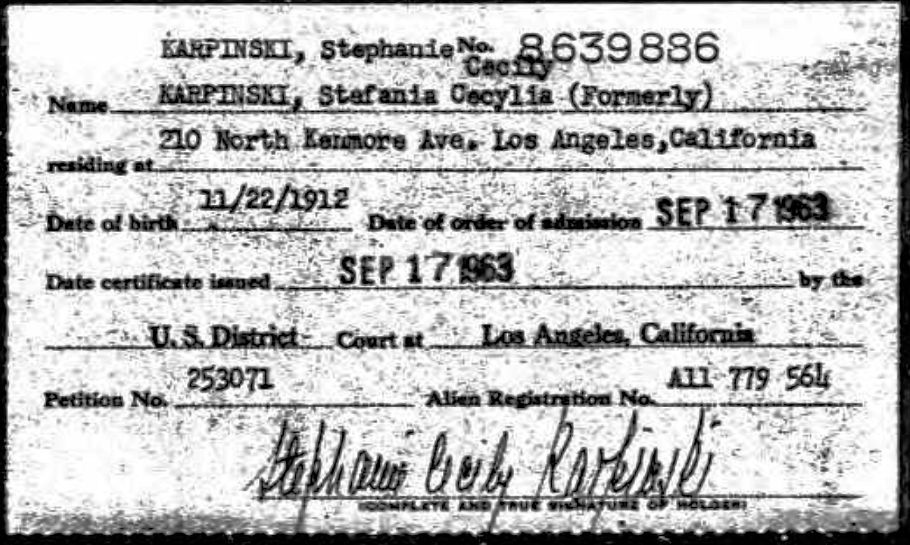 US Citizenship 17 Sep 1963
US Citizenship 17 Sep 1963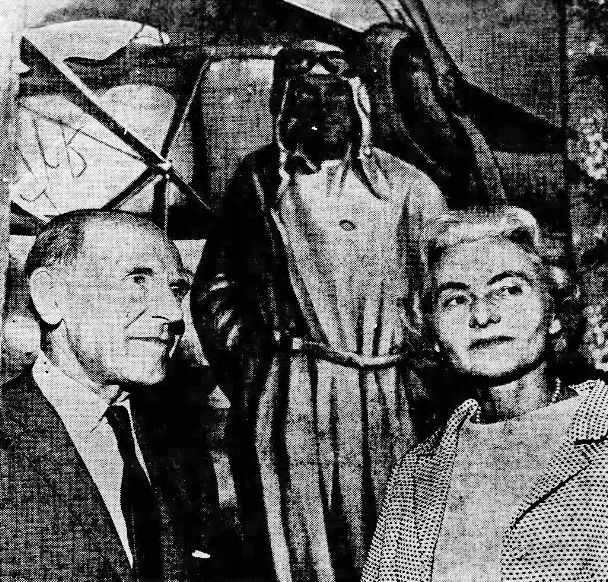 13 Sep 1963
13 Sep 1963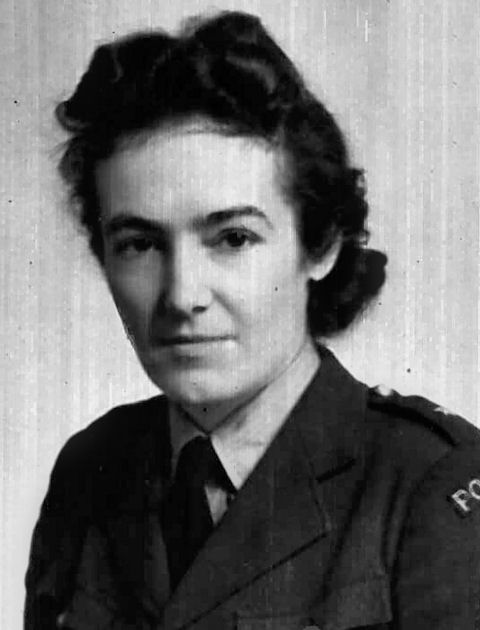 RAeC 1941
RAeC 1941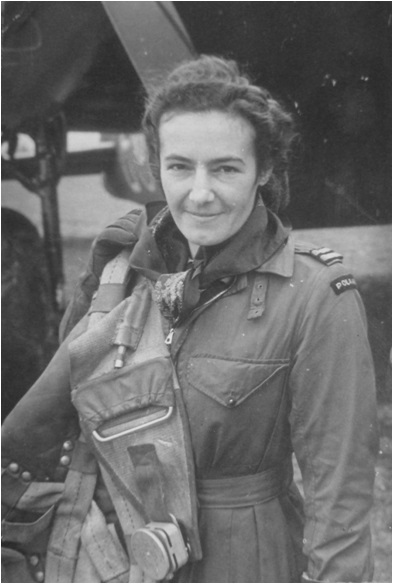
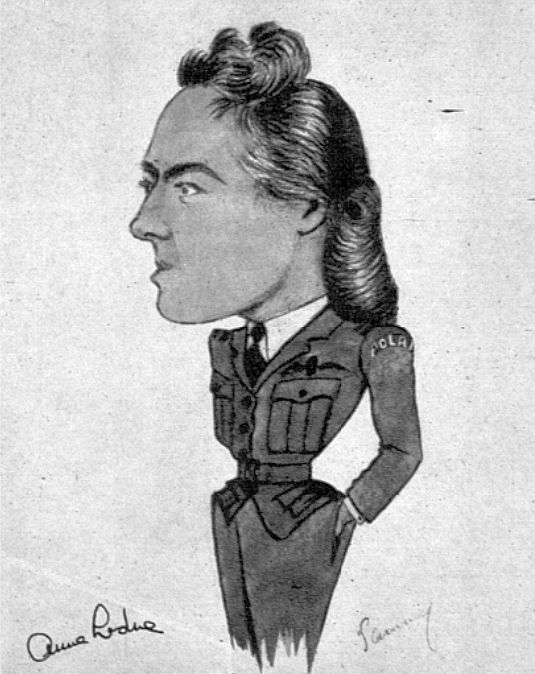 1942 caricature by
1942 caricature by 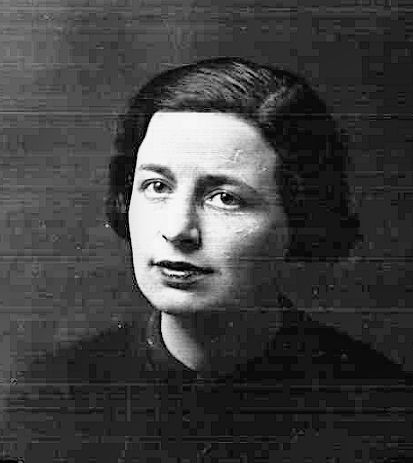 RAeC 1936
RAeC 1936 Now a hotel ...
Now a hotel ...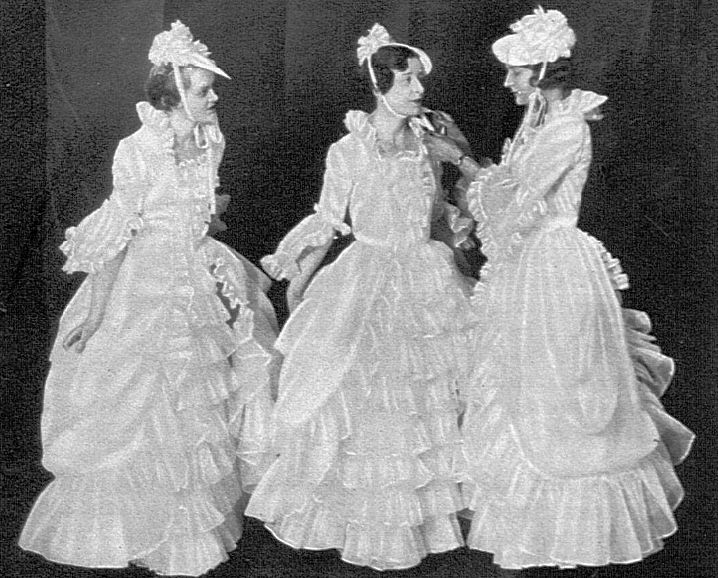 The Three Graces
The Three Graces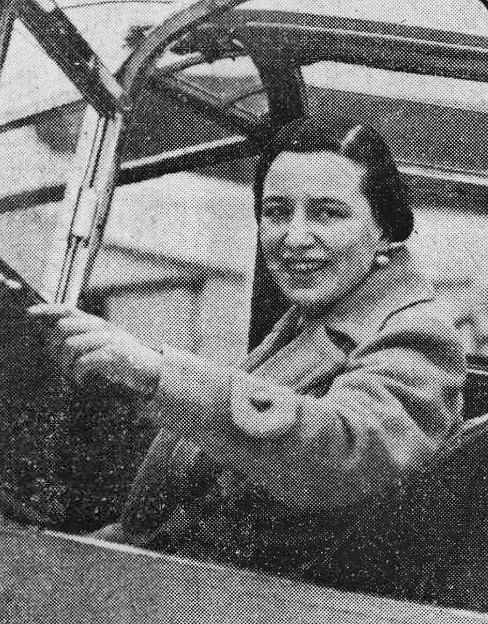 "Miss Tollemache in the cockpit of the machine" - Daily Mirror
"Miss Tollemache in the cockpit of the machine" - Daily Mirror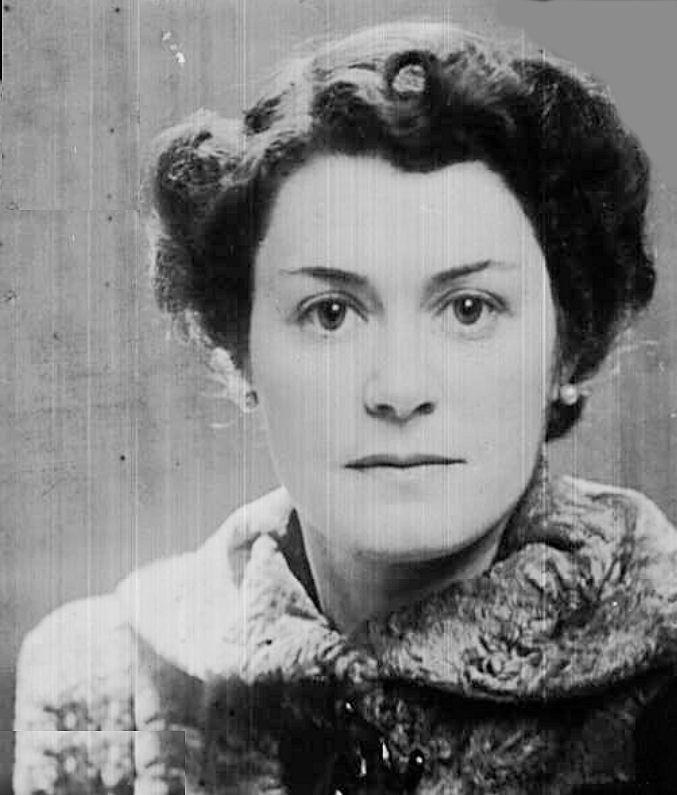 RAeC 1936
RAeC 1936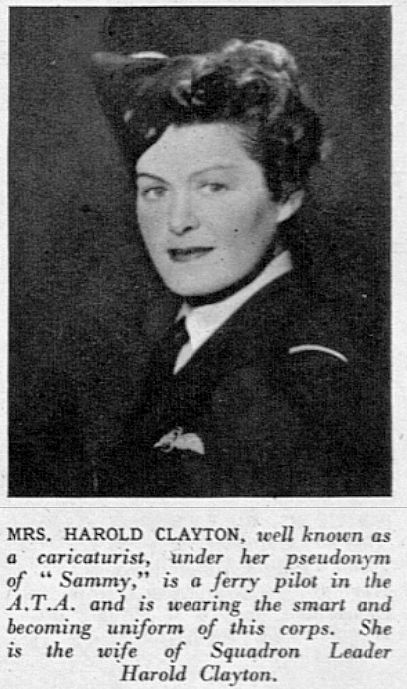 The Sketch, 1942
The Sketch, 1942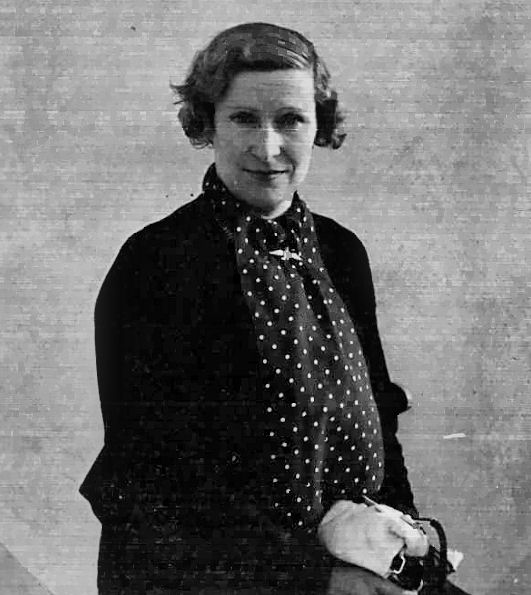 RAeC
RAeC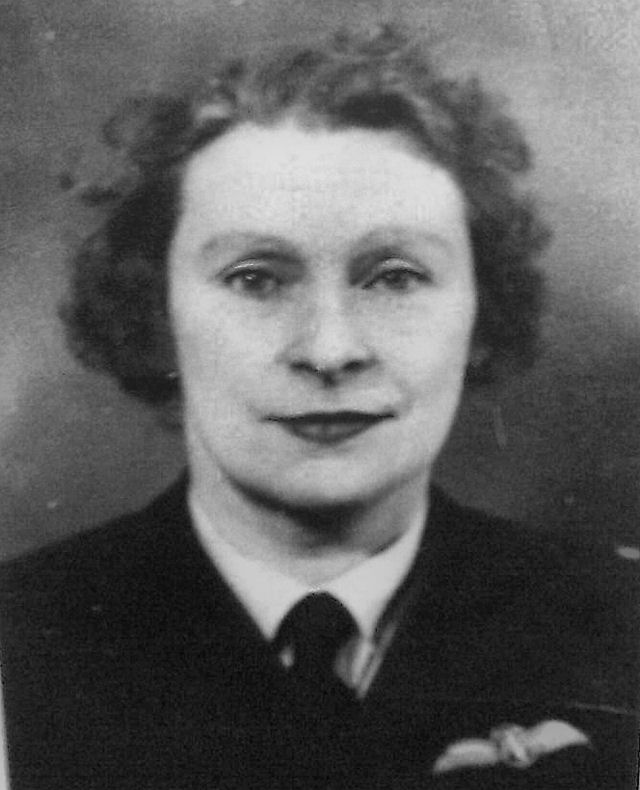 ATA1935
ATA1935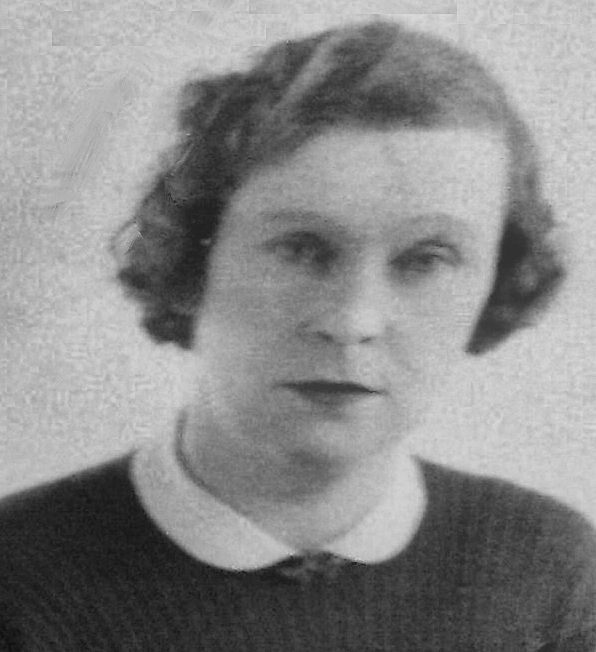
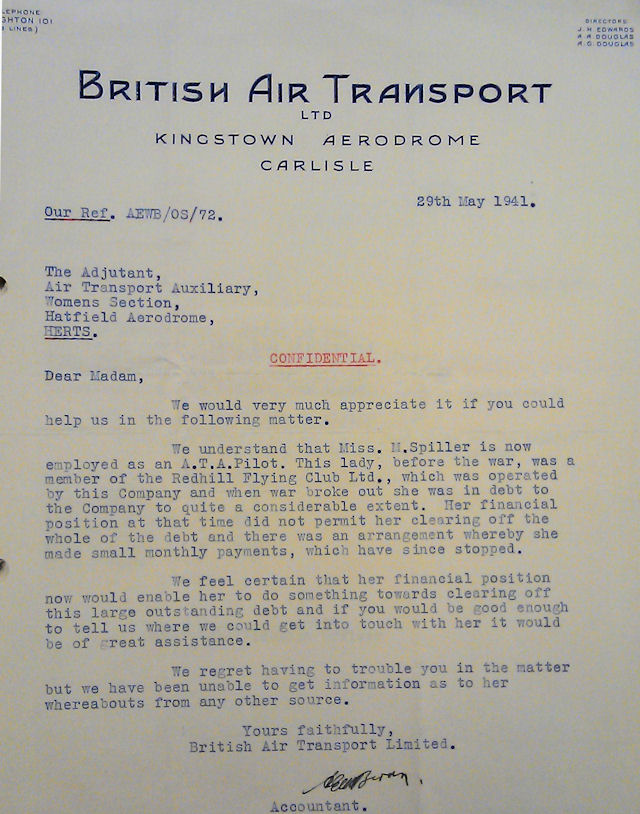
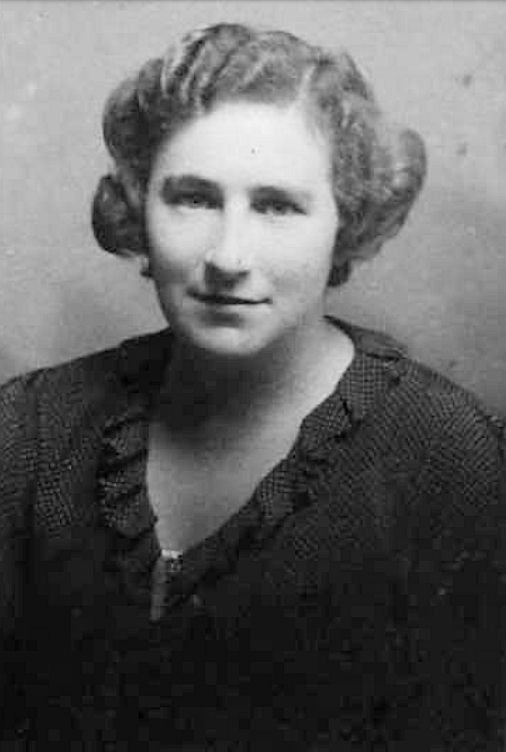 RAeC 1934
RAeC 1934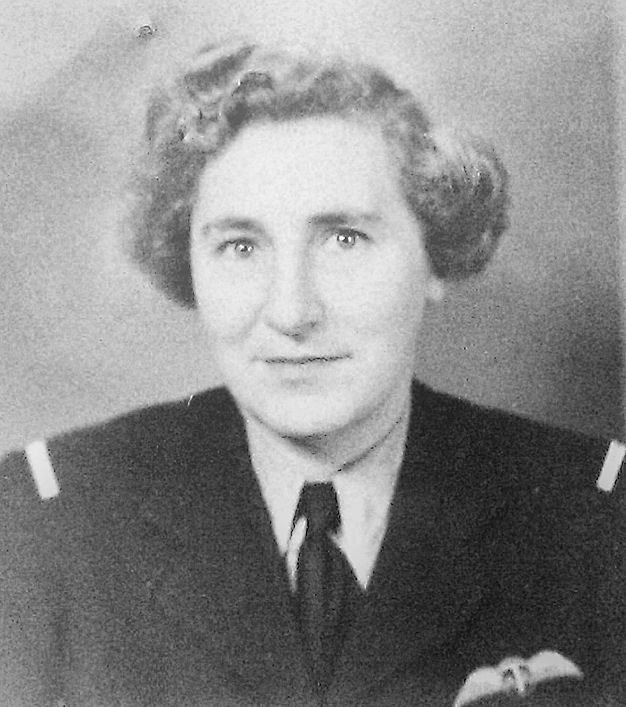 ATA
ATA 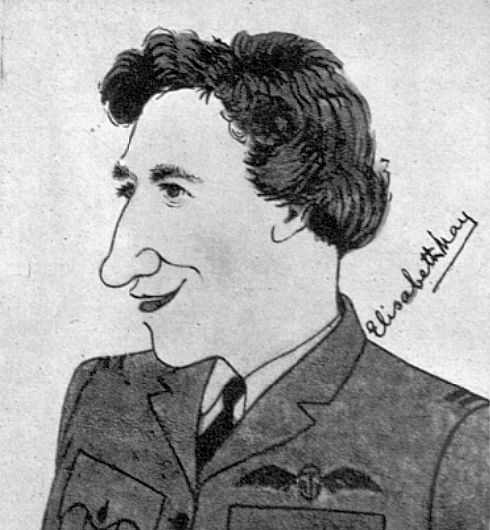 1942 caricature by
1942 caricature by 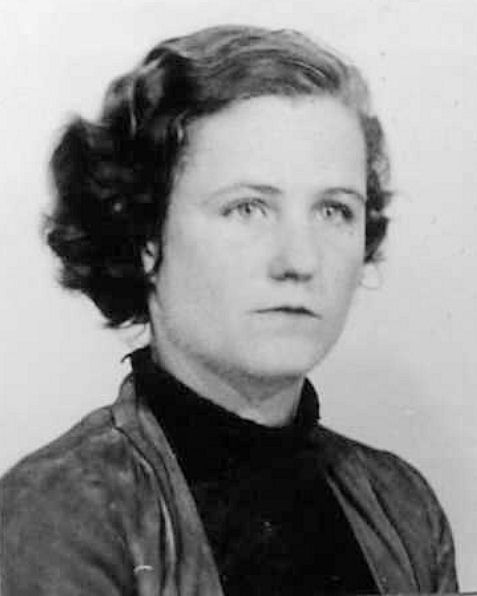
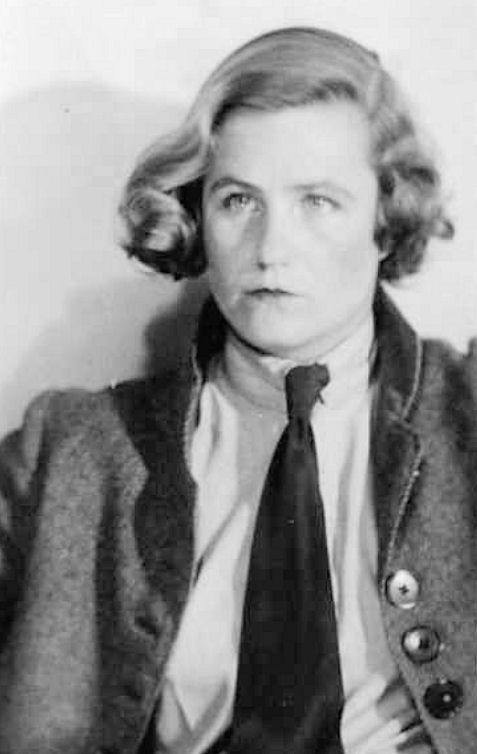
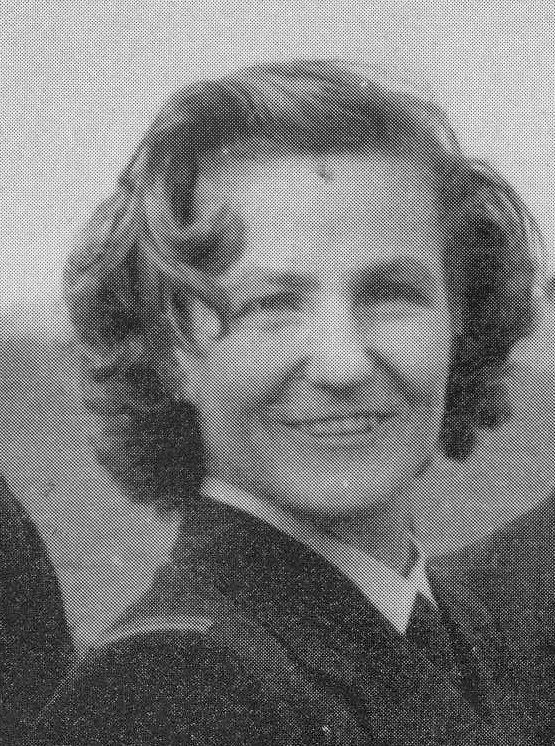
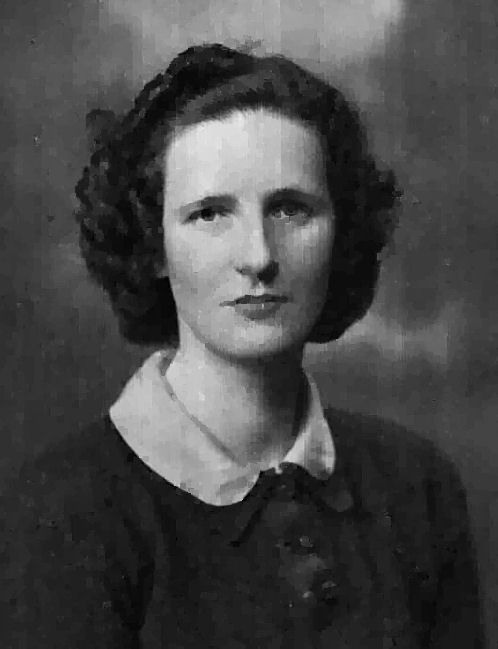 RAeC 1939
RAeC 1939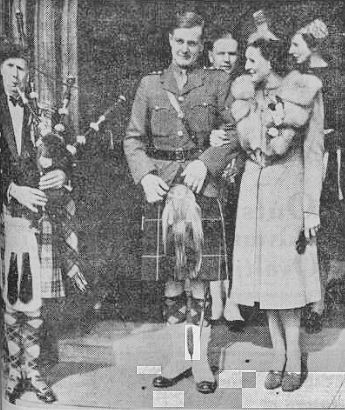
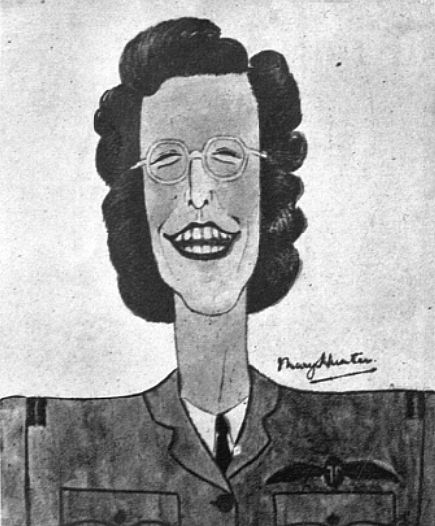 1942 caricature by
1942 caricature by 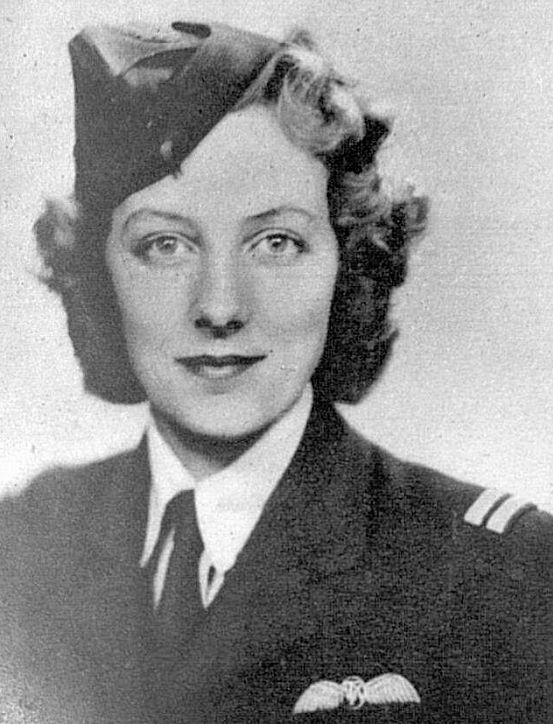 1942
1942
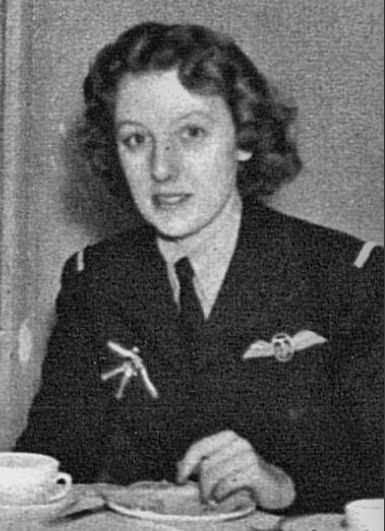 "Sunday tea-dance" in December 1941
"Sunday tea-dance" in December 1941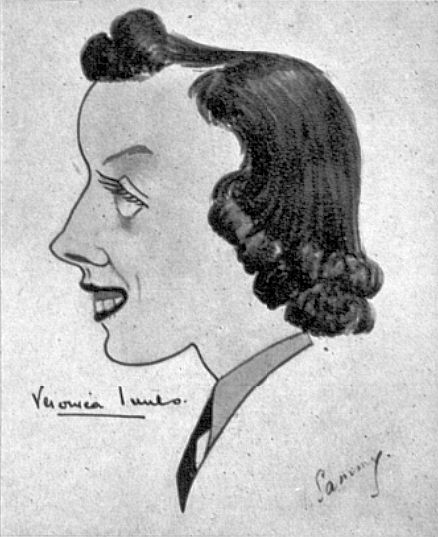 1942 caricature by
1942 caricature by 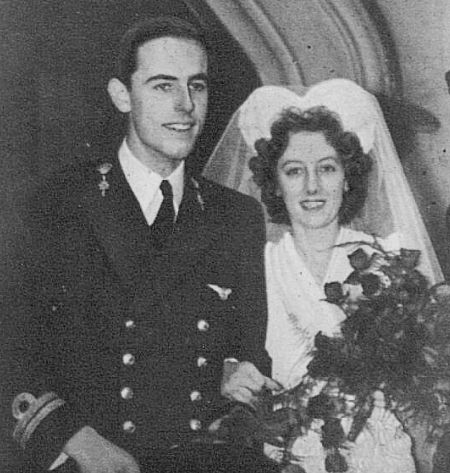 The Tatler
The Tatler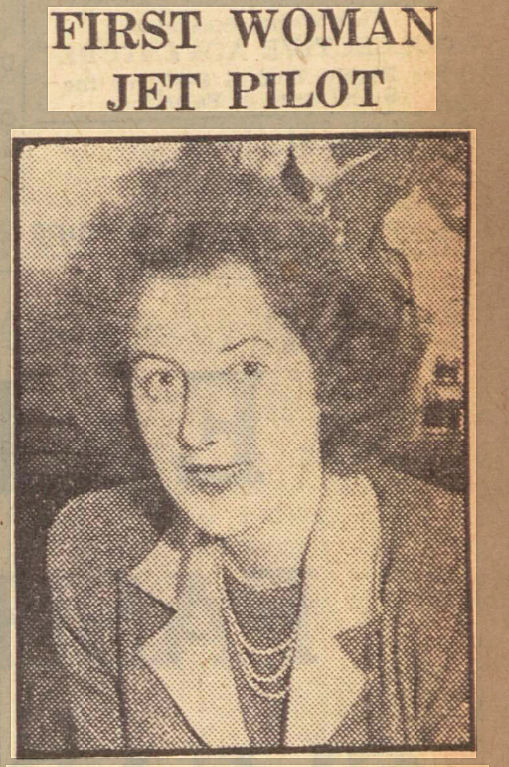
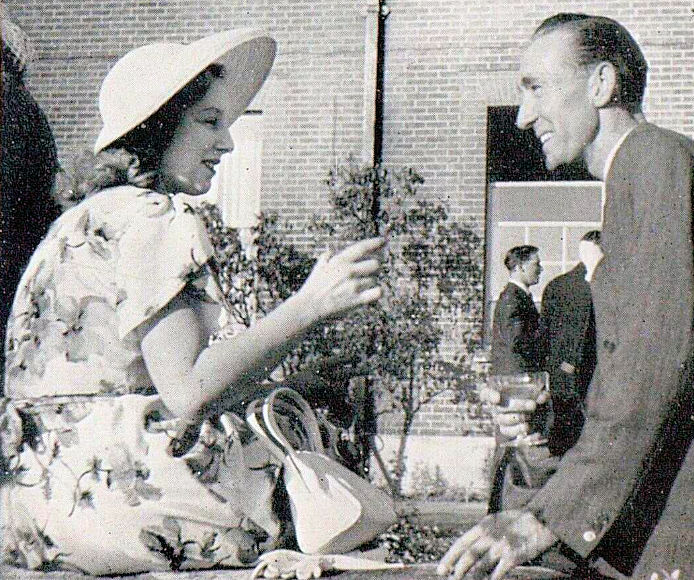 Veronica with Sqn-Ldr D R Turley-George DFC -
Veronica with Sqn-Ldr D R Turley-George DFC - 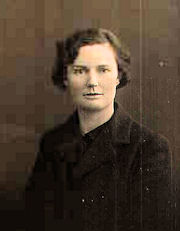
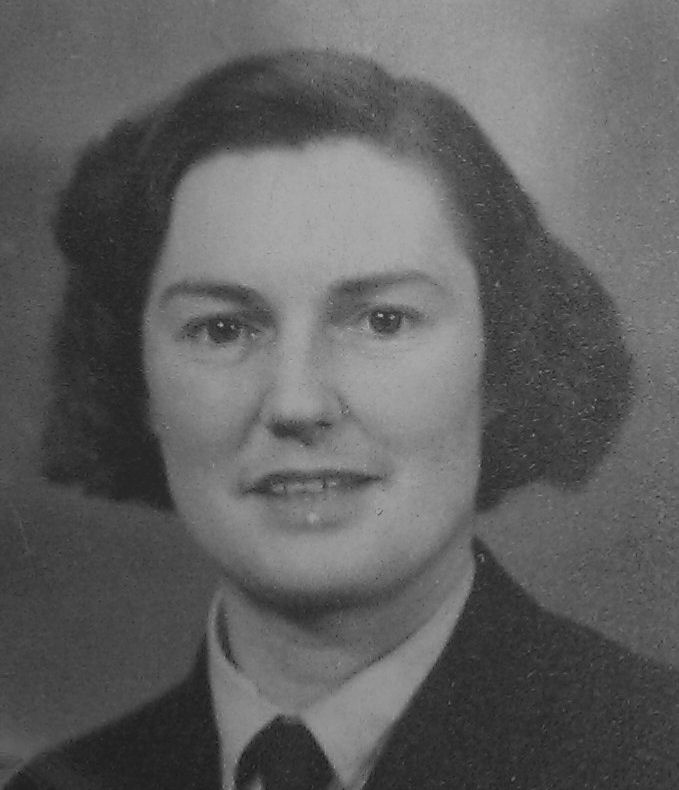
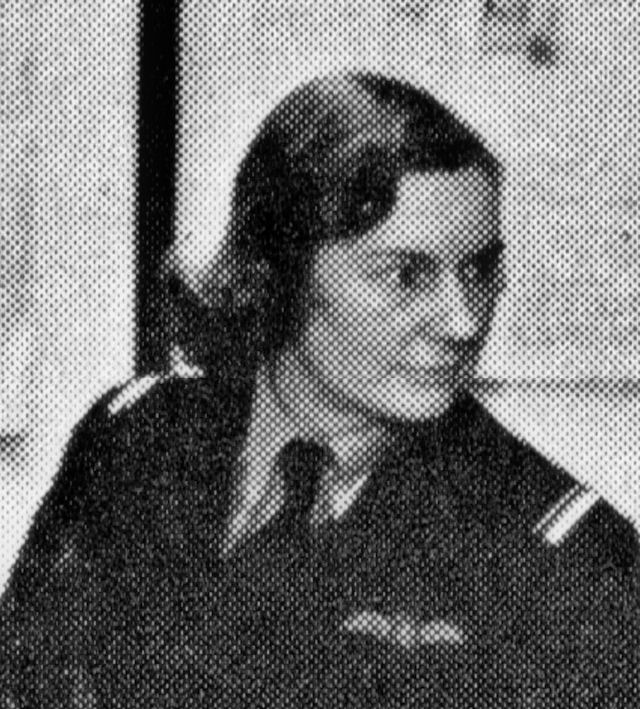
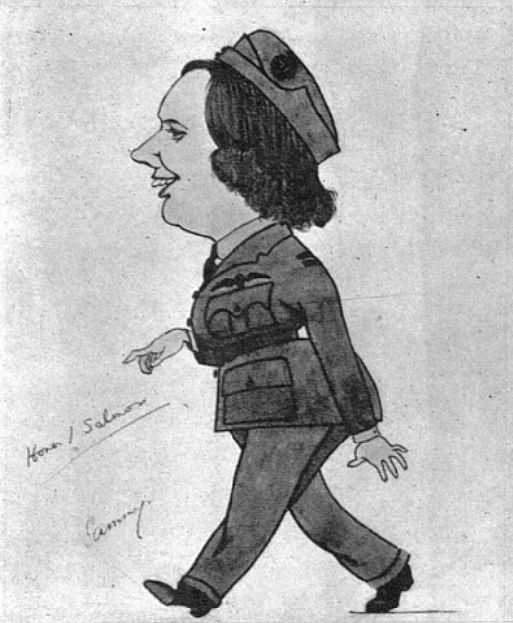 1942 caricature by
1942 caricature by 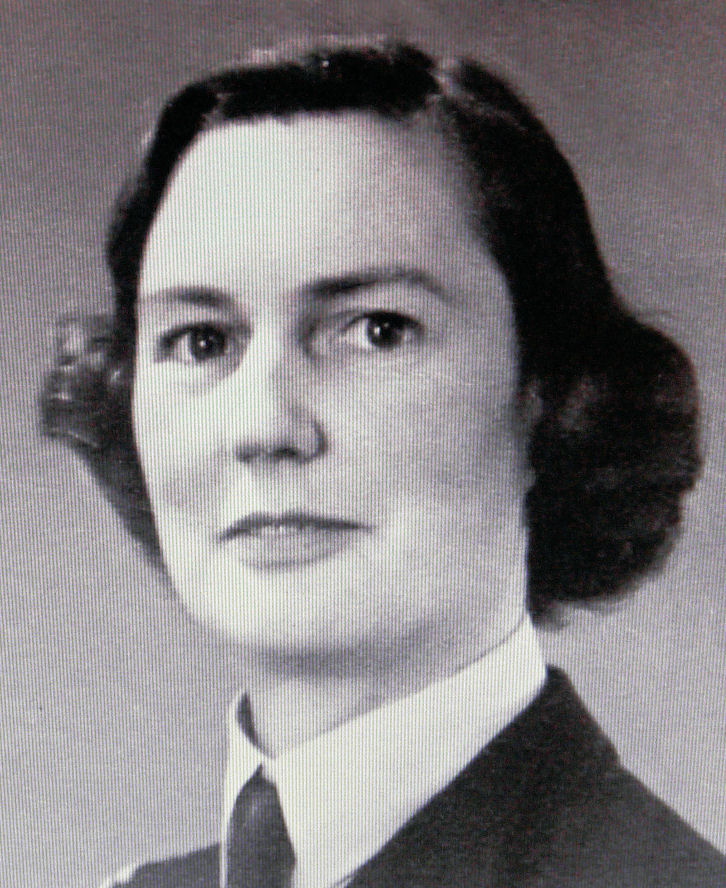 via Andrew Heron
via Andrew Heron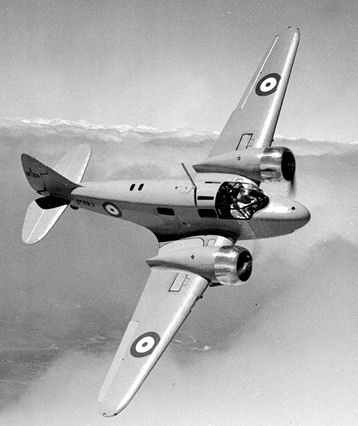
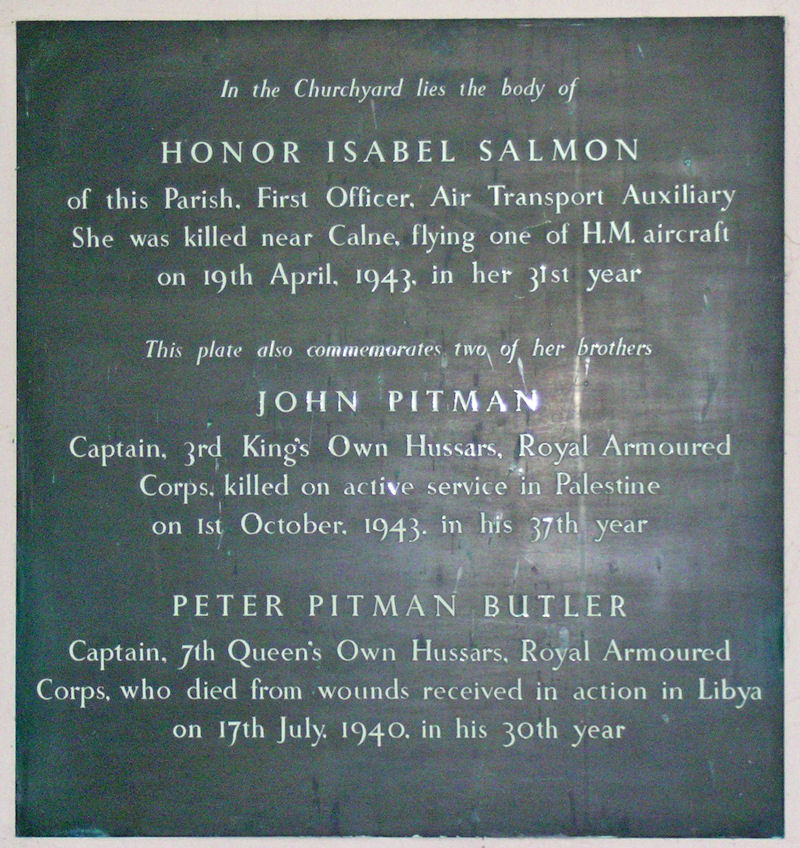
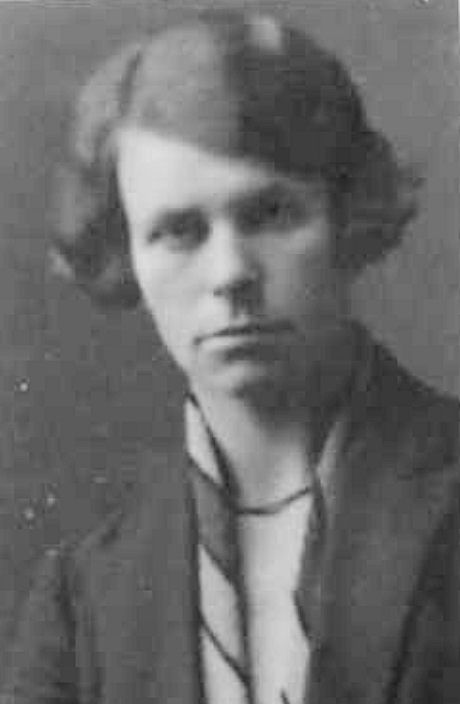 RAeC 1932
RAeC 1932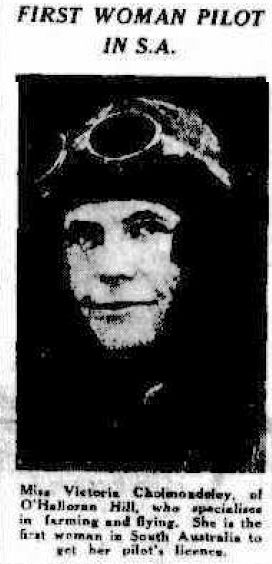 1929
1929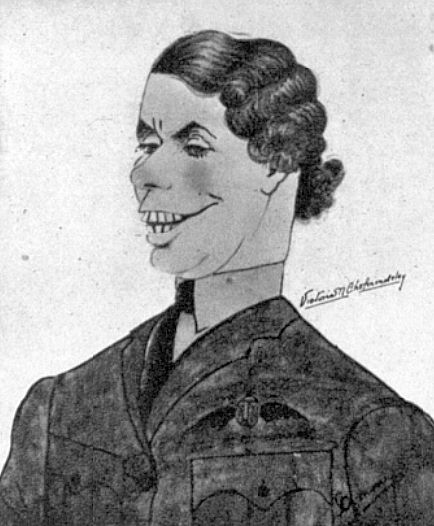 1942 caricature by
1942 caricature by 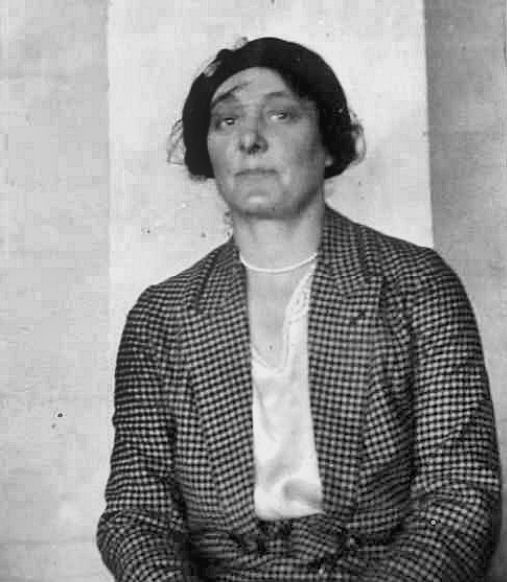 RAeC 1935
RAeC 1935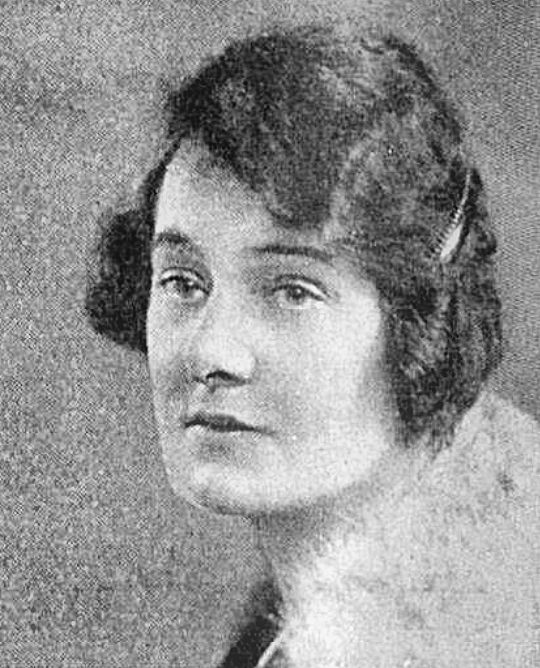 Looking forward to it!
Looking forward to it!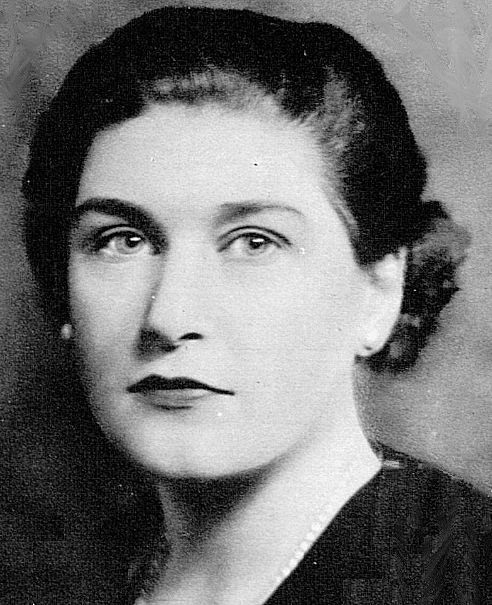 1935
1935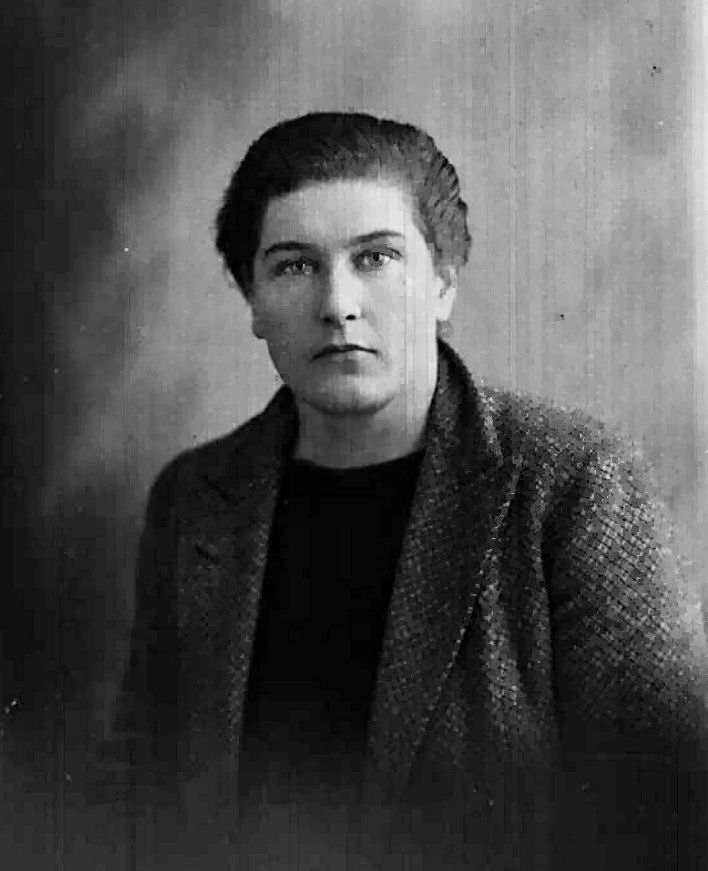 RAeC 1938
RAeC 1938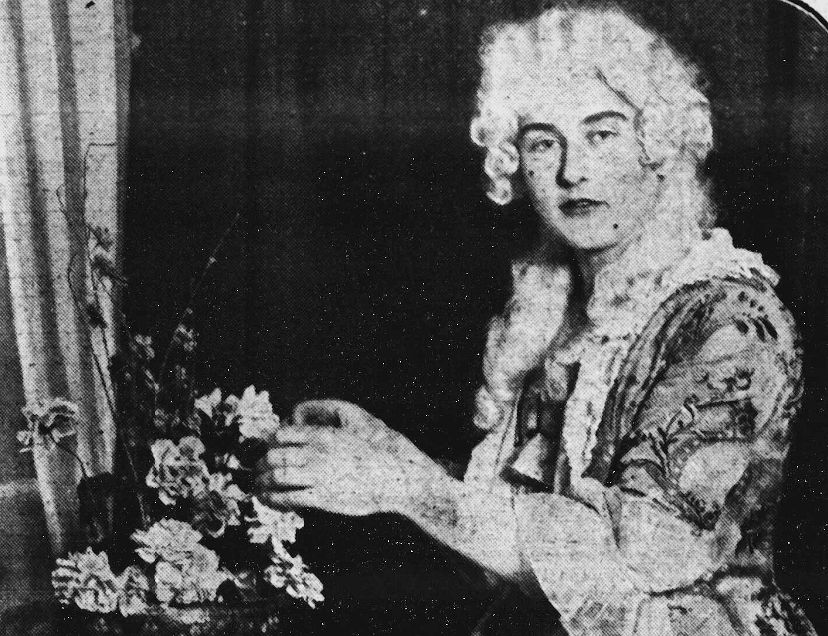 1929
1929 with her brother, the Hon. Thomas Adrian, at the 'Lincoln Stuff Ball' in 1930
with her brother, the Hon. Thomas Adrian, at the 'Lincoln Stuff Ball' in 1930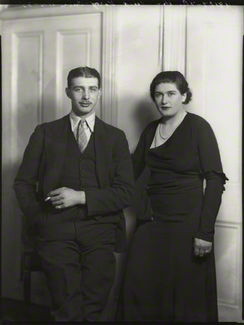 Ancestry
Ancestry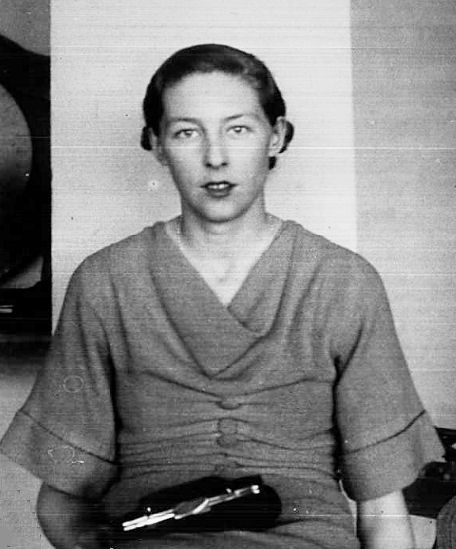 RAeC
RAeC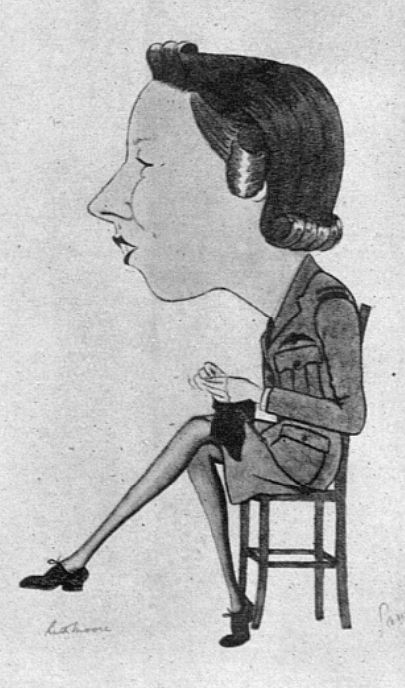 1942 caricature by
1942 caricature by 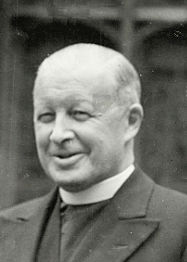
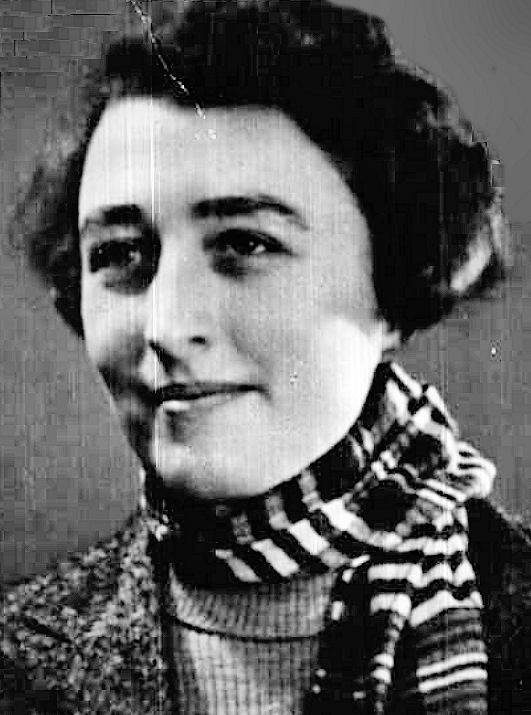 RAeC 1938
RAeC 1938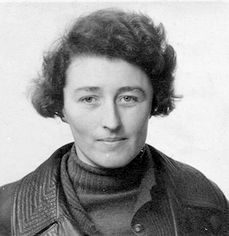 ATAM
ATAM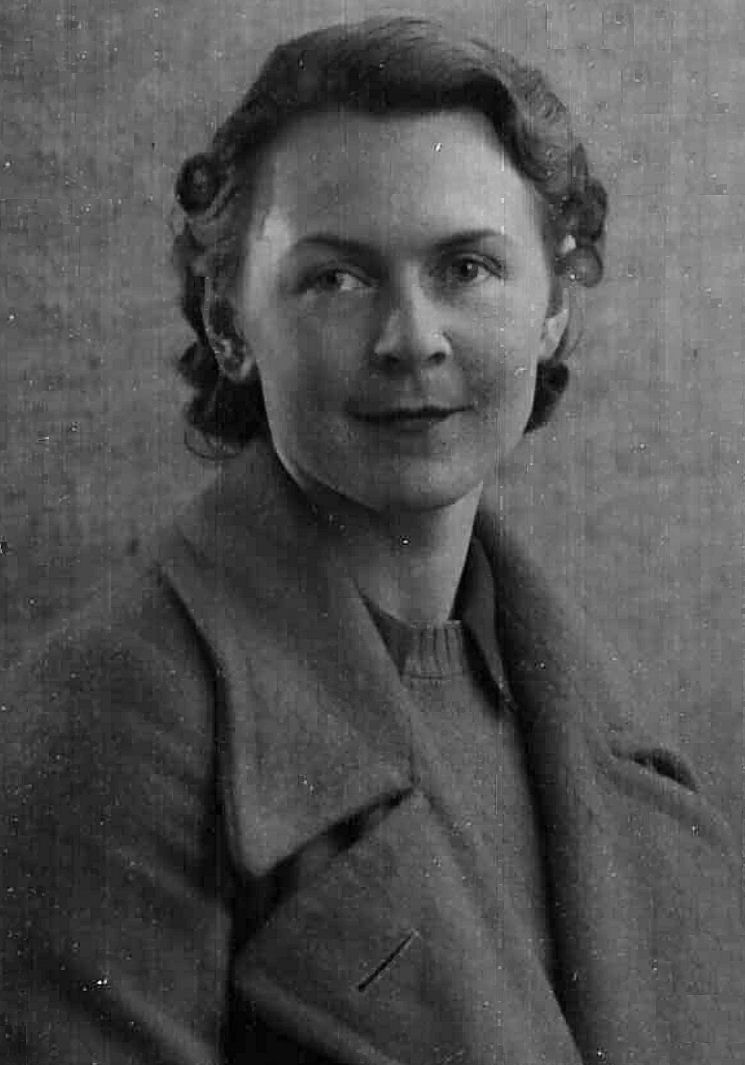 RAeC
RAeC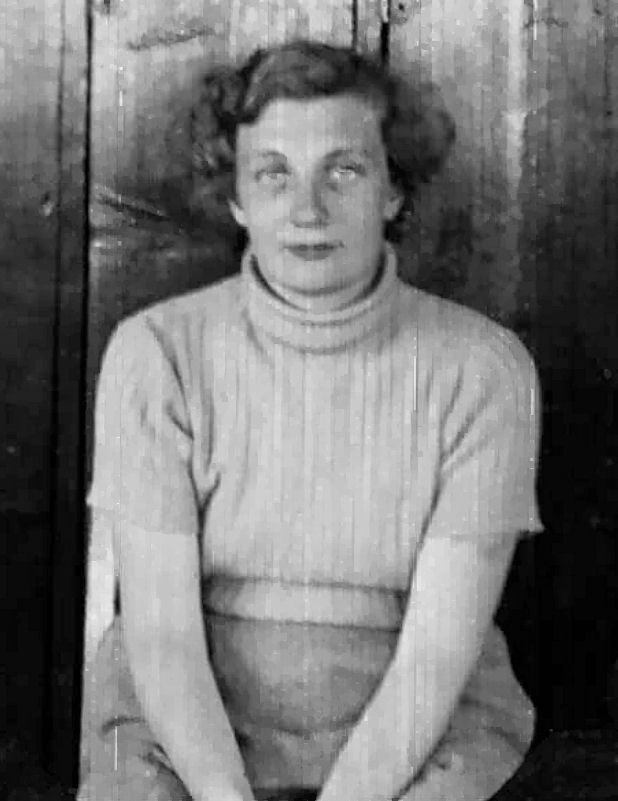 RAeC 1937
RAeC 1937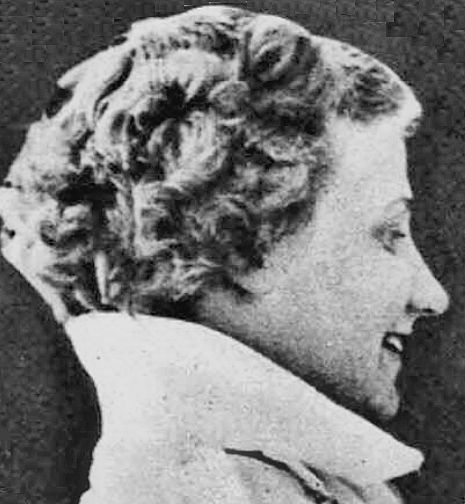 Illustrated News, 1942
Illustrated News, 1942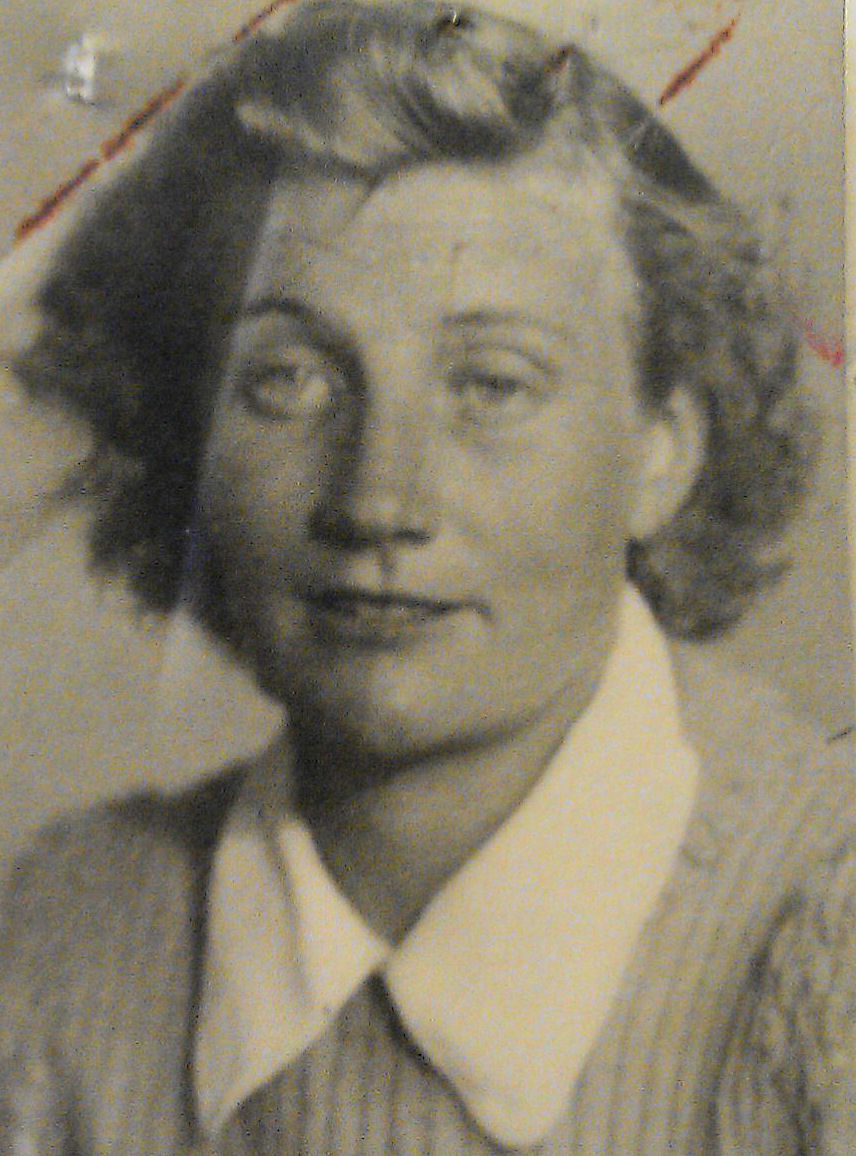
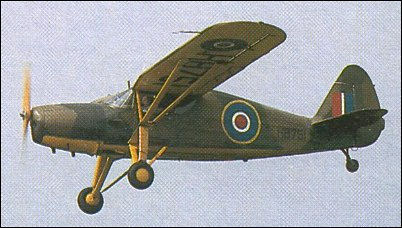
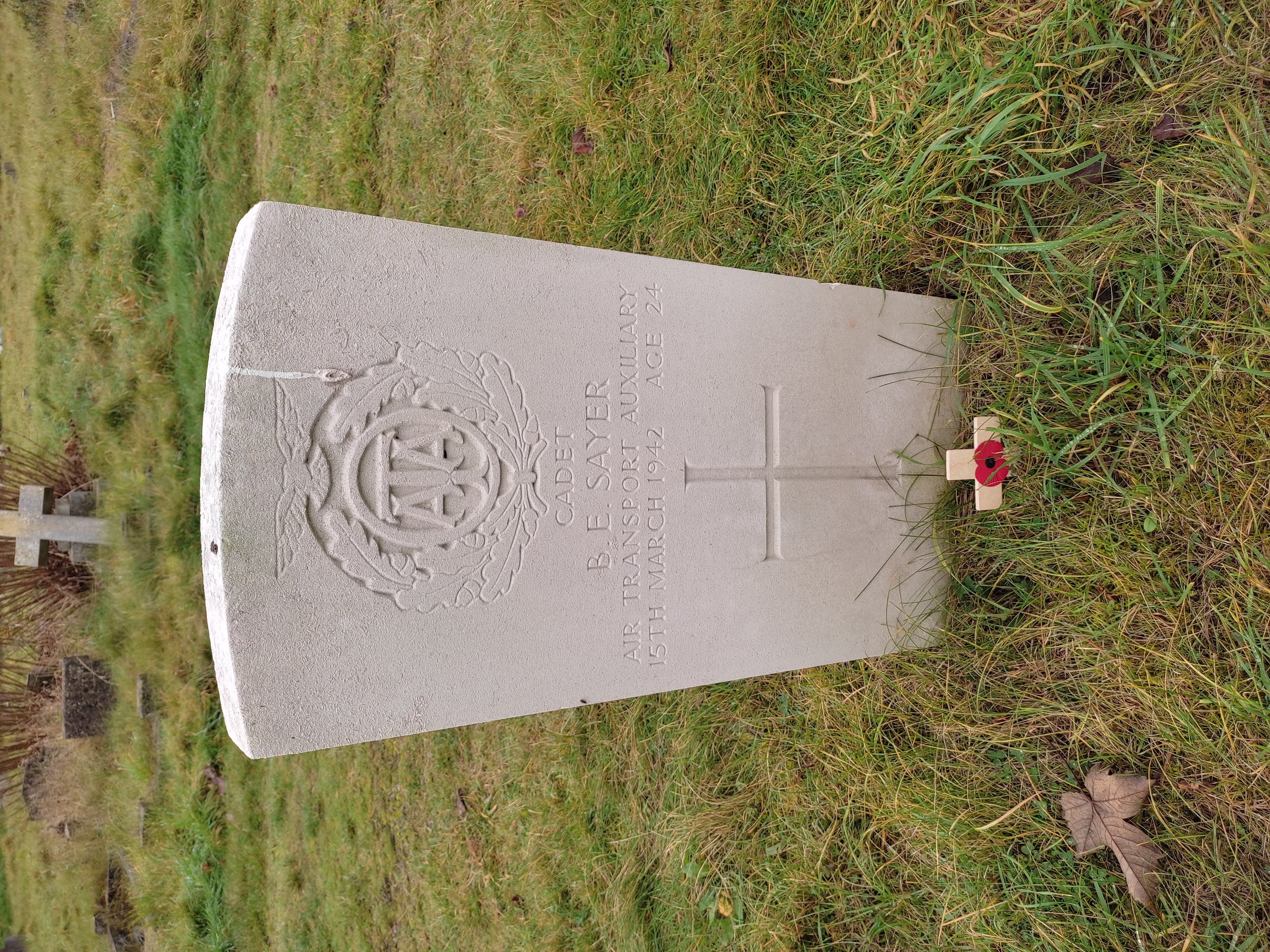
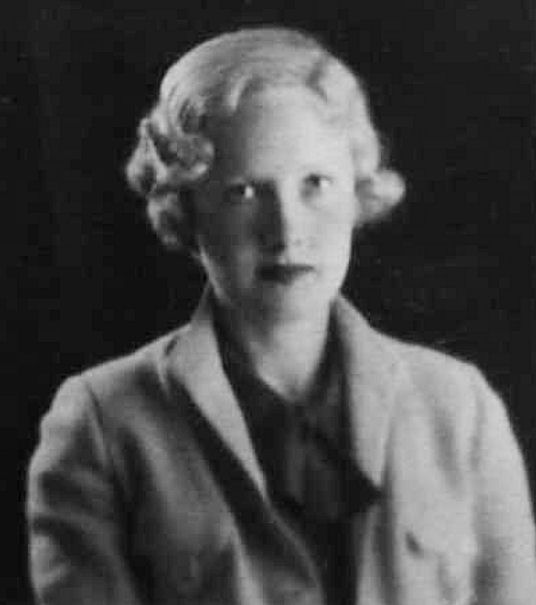 RAeC 1934
RAeC 1934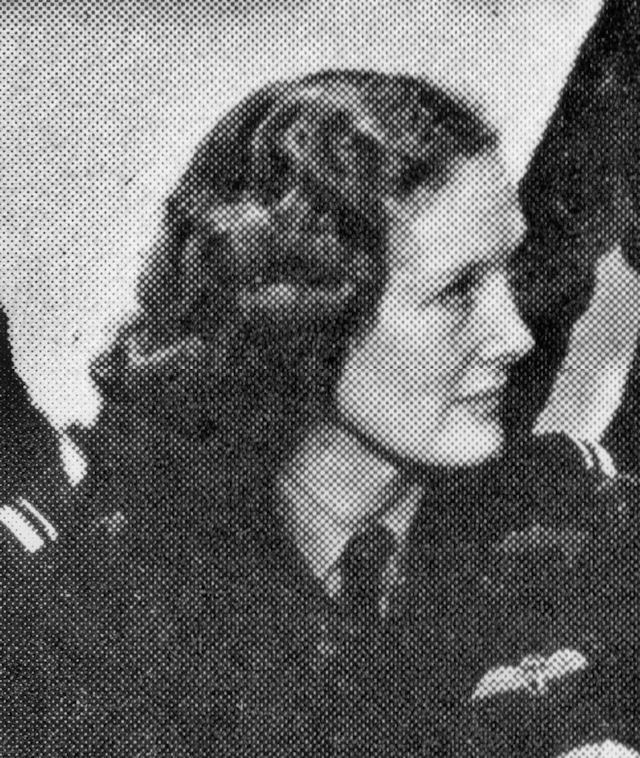 MUWW
MUWW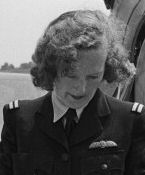 1944
1944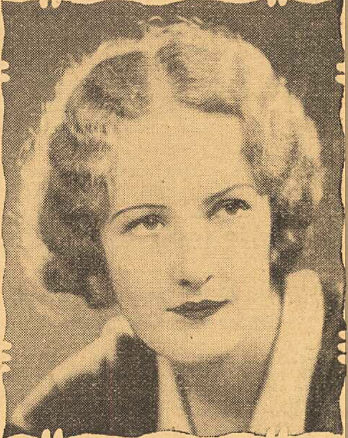
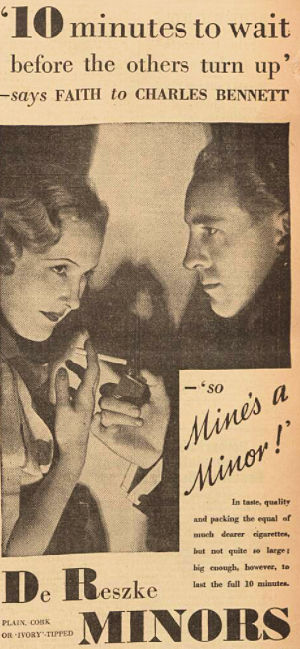
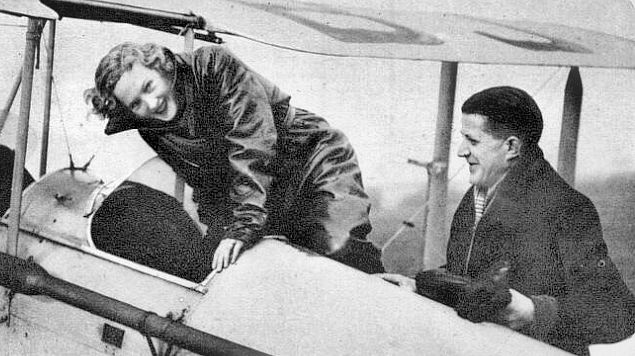
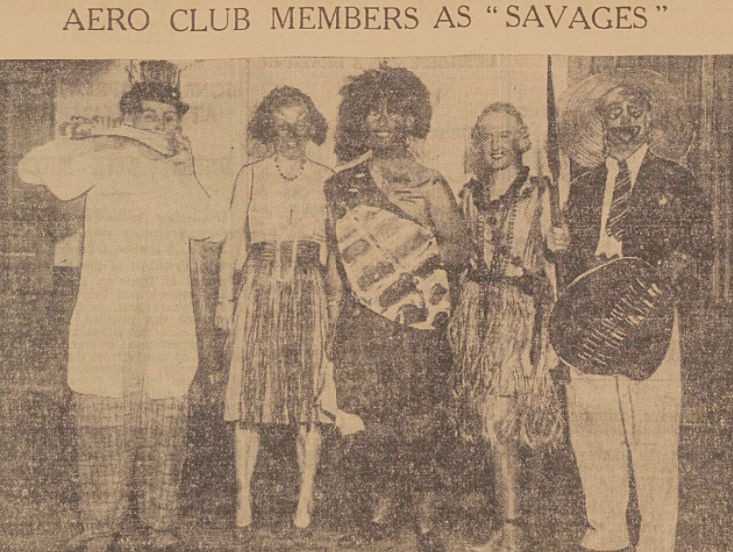
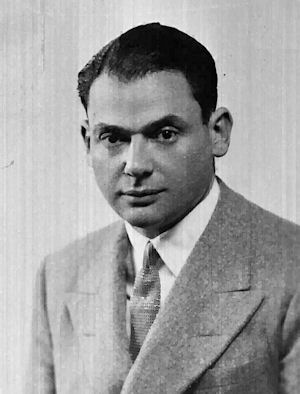
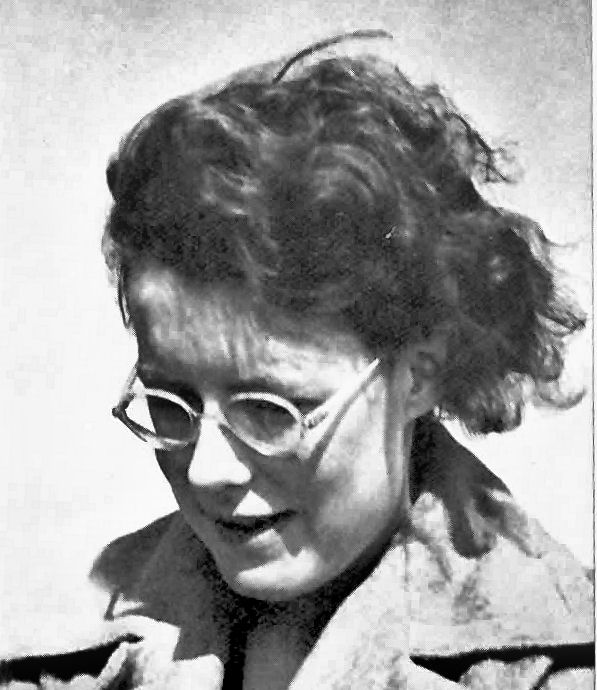
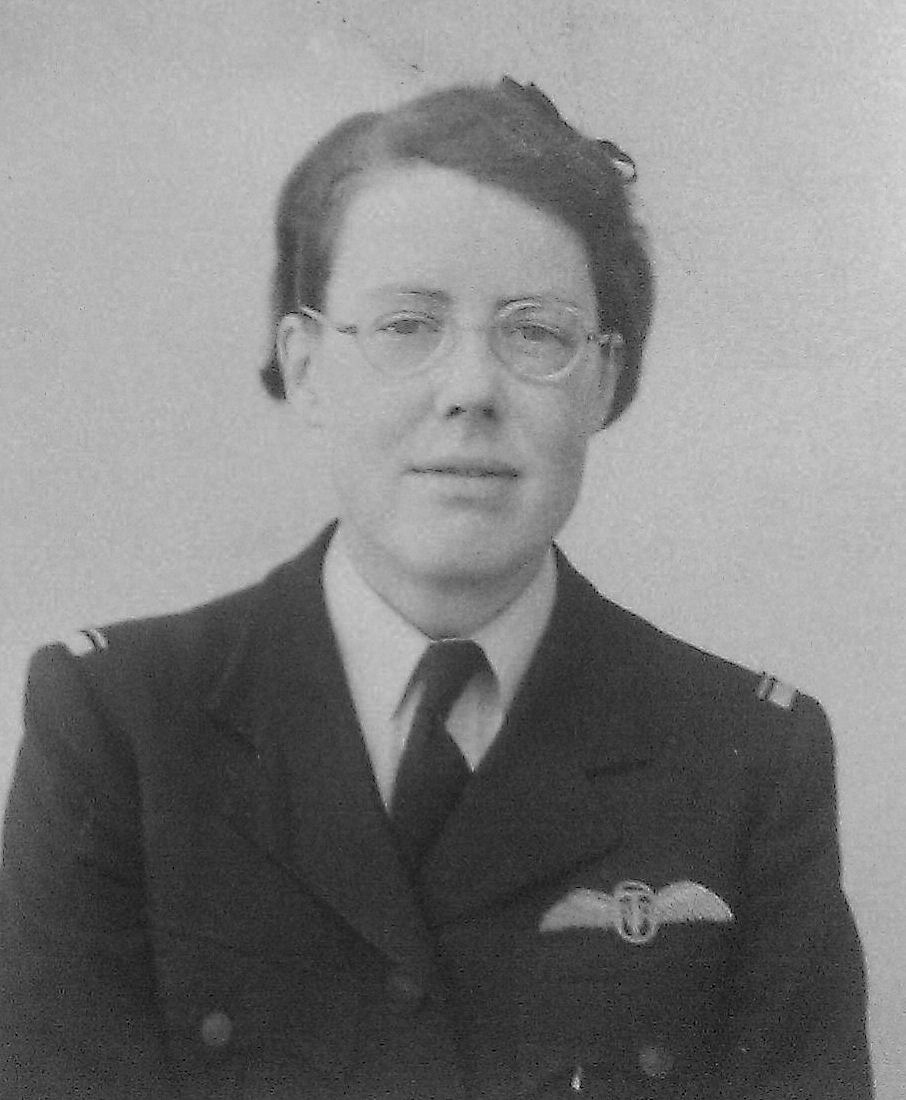
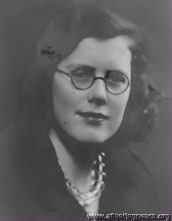 1932
1932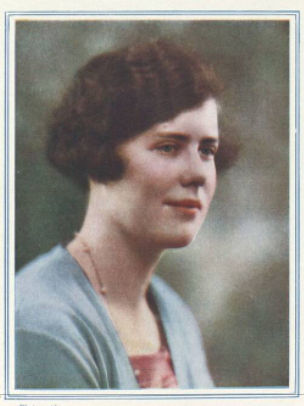
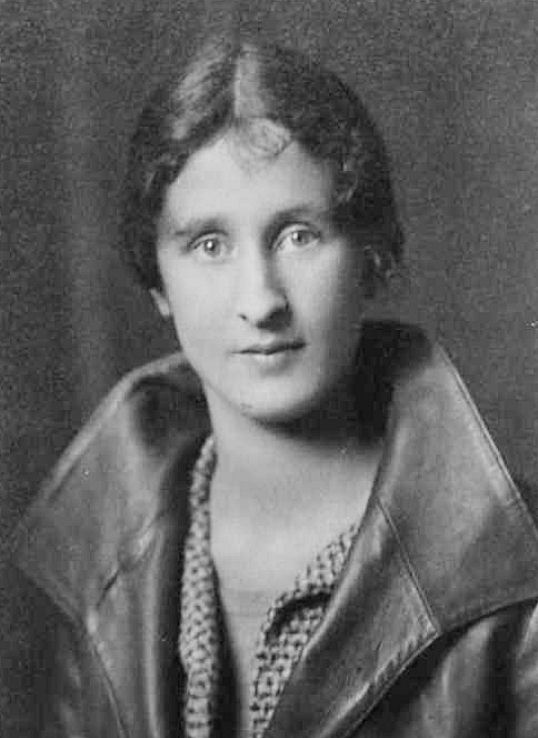
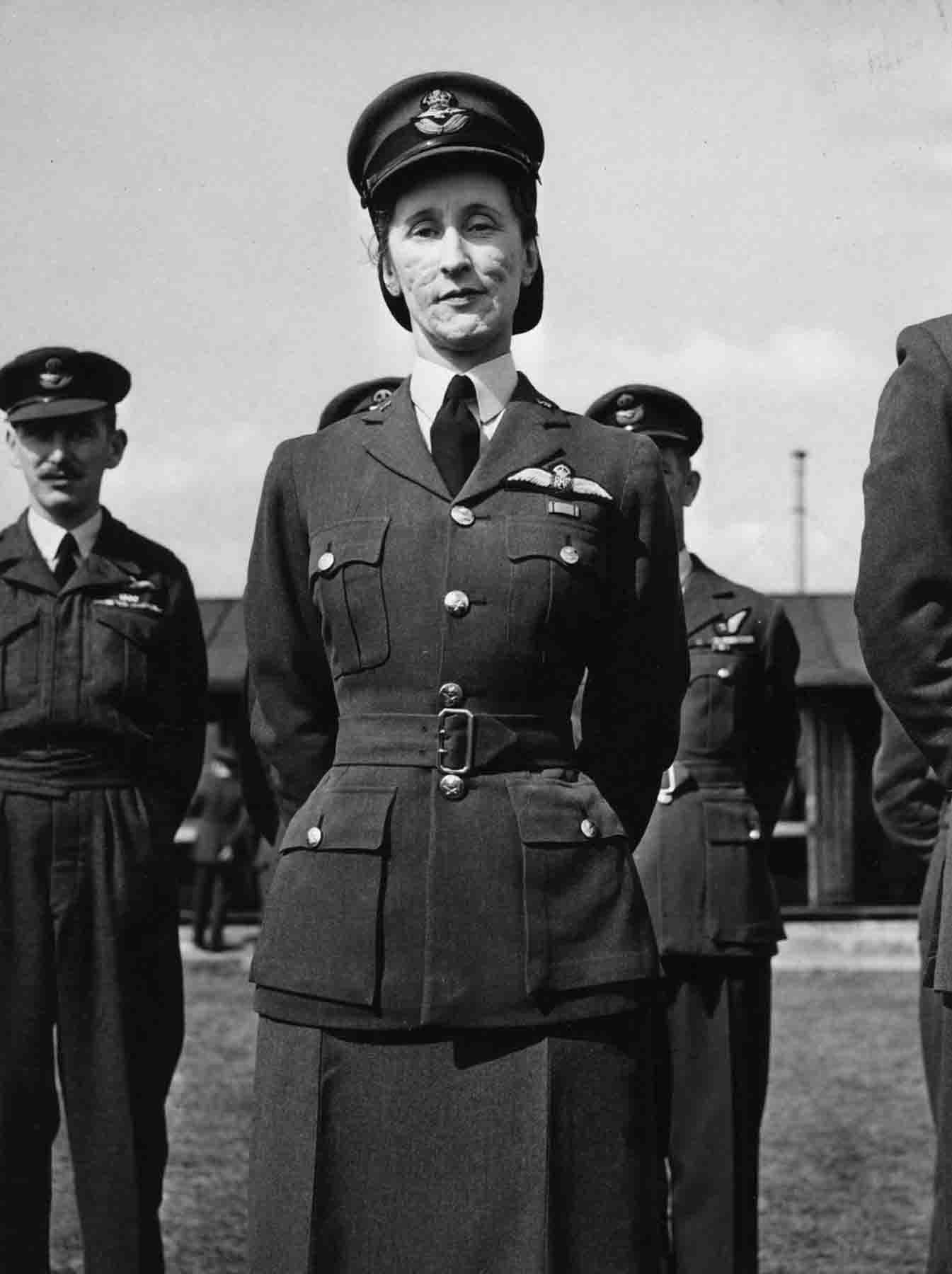
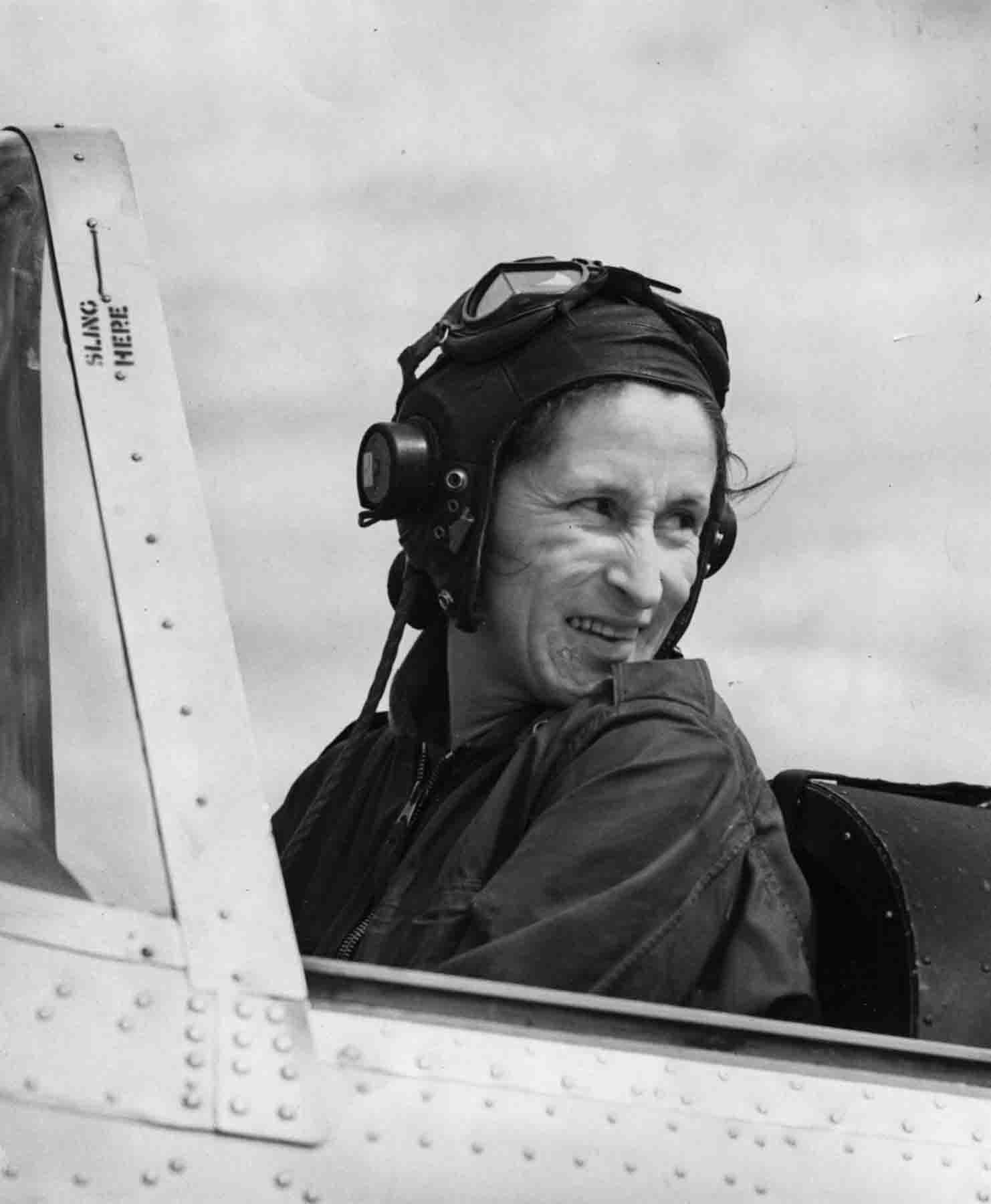
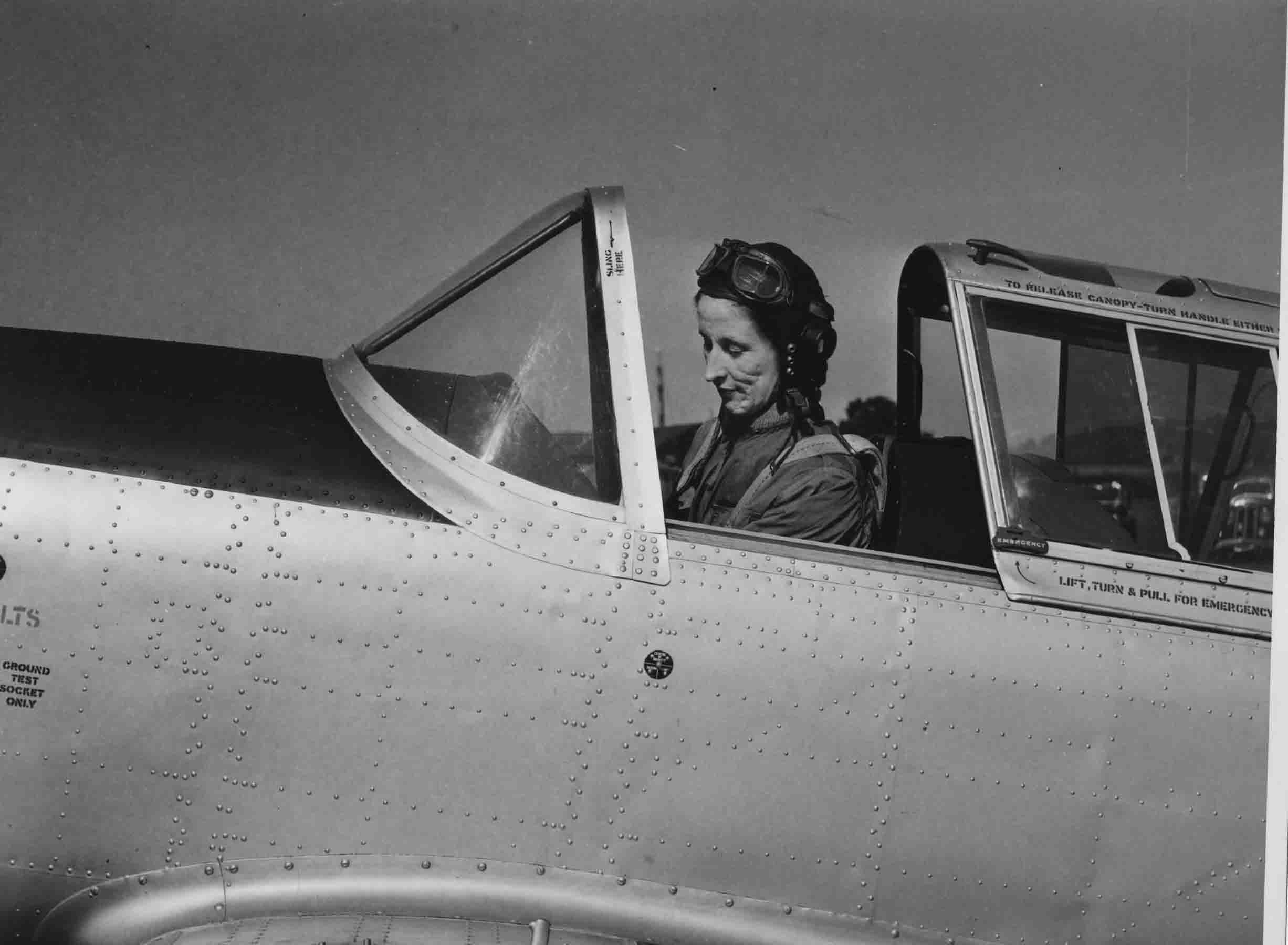
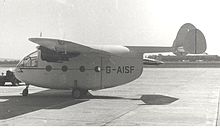
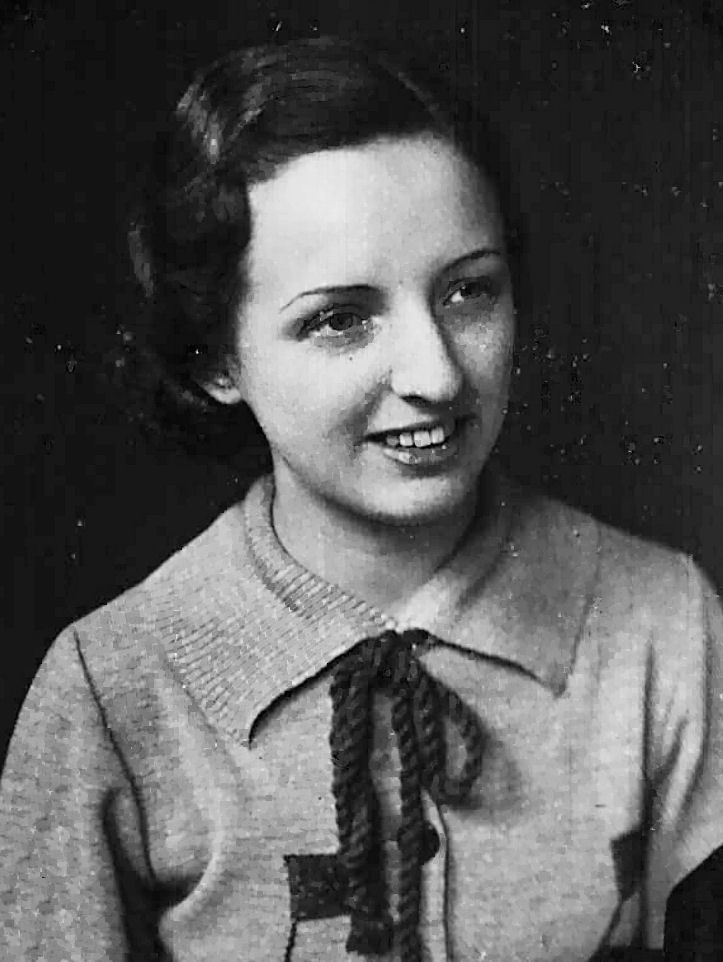 RAeC 1937
RAeC 1937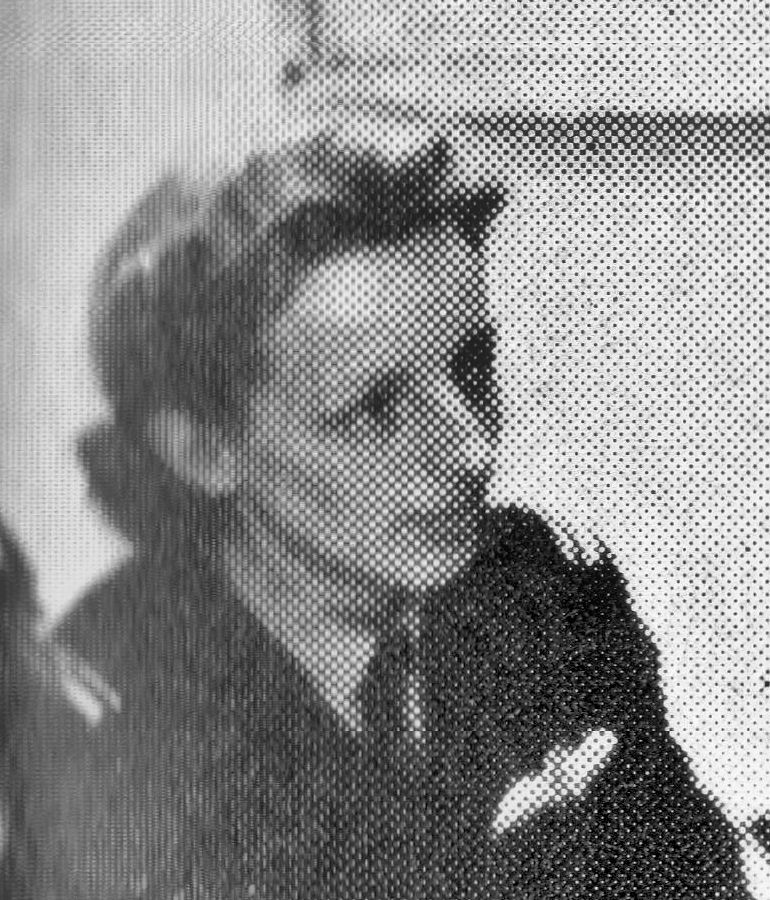 MUWW
MUWW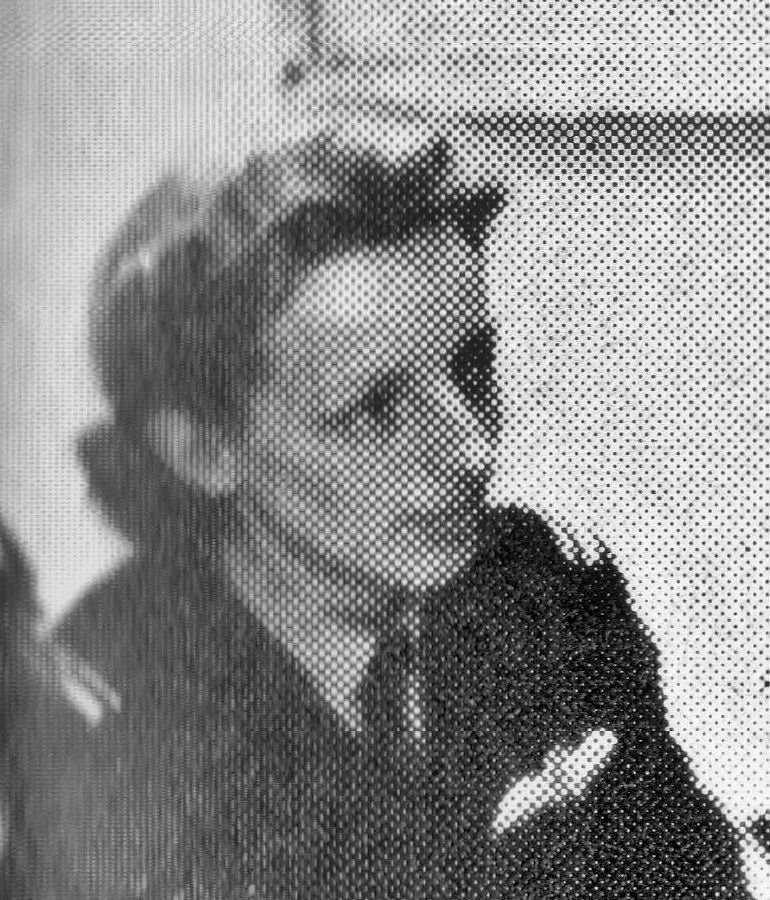
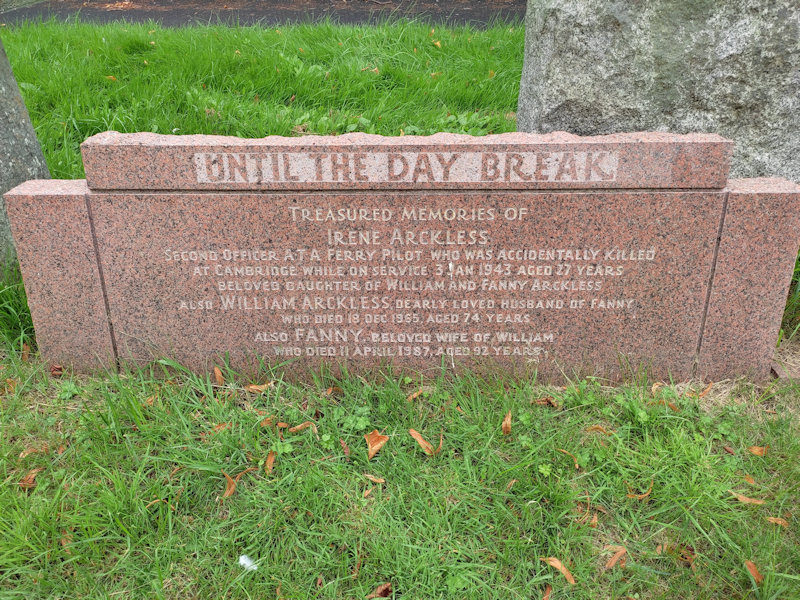
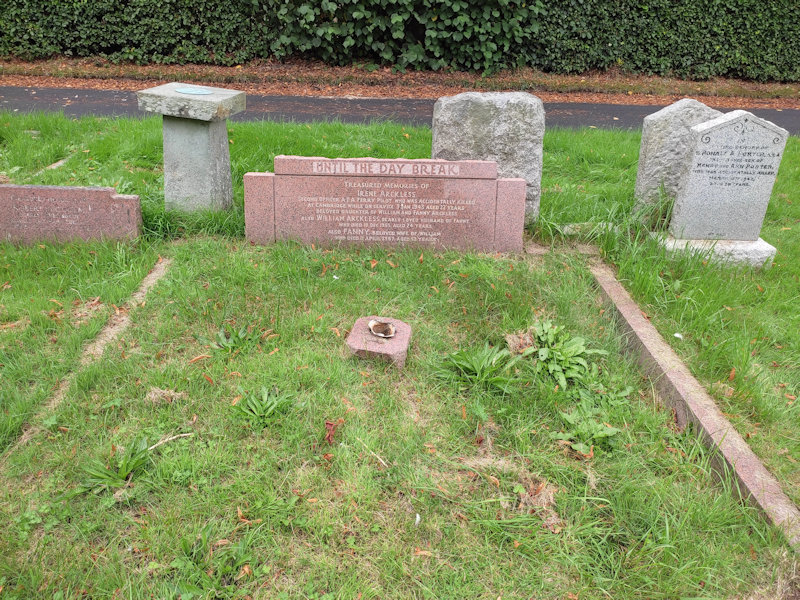
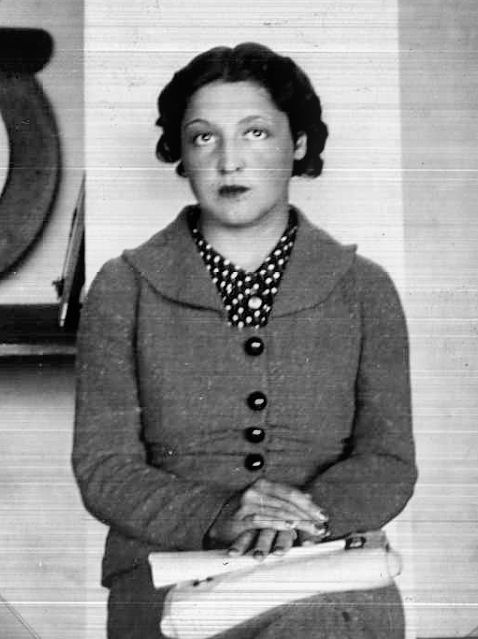 RAeC 1936
RAeC 1936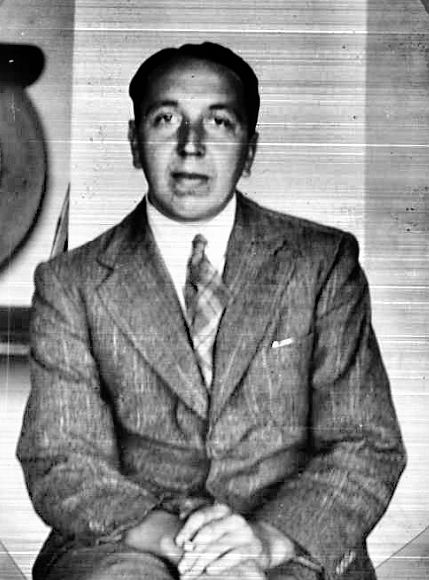
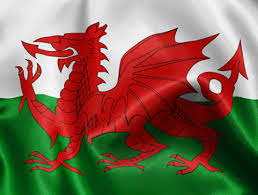
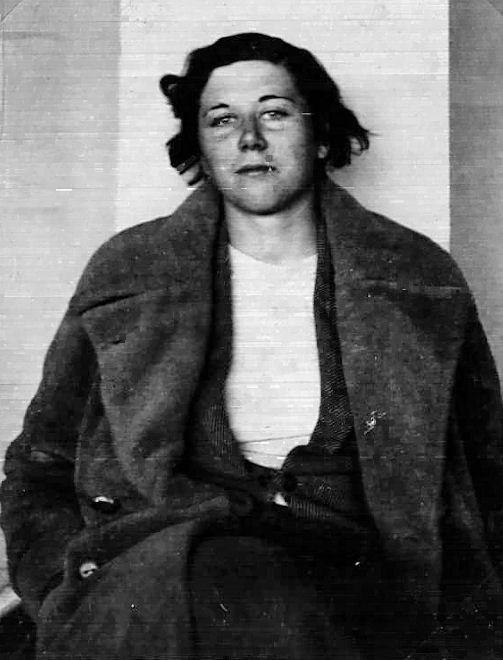 RAeC 1935
RAeC 1935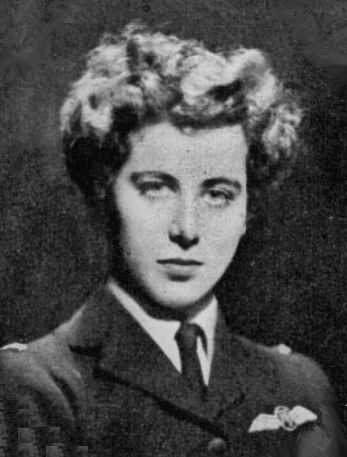 1942
1942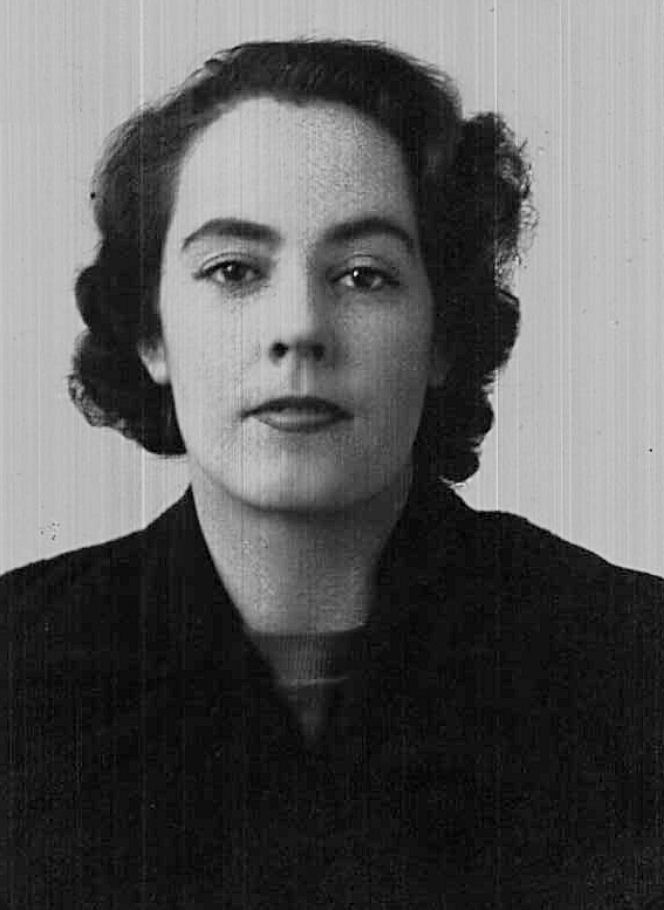

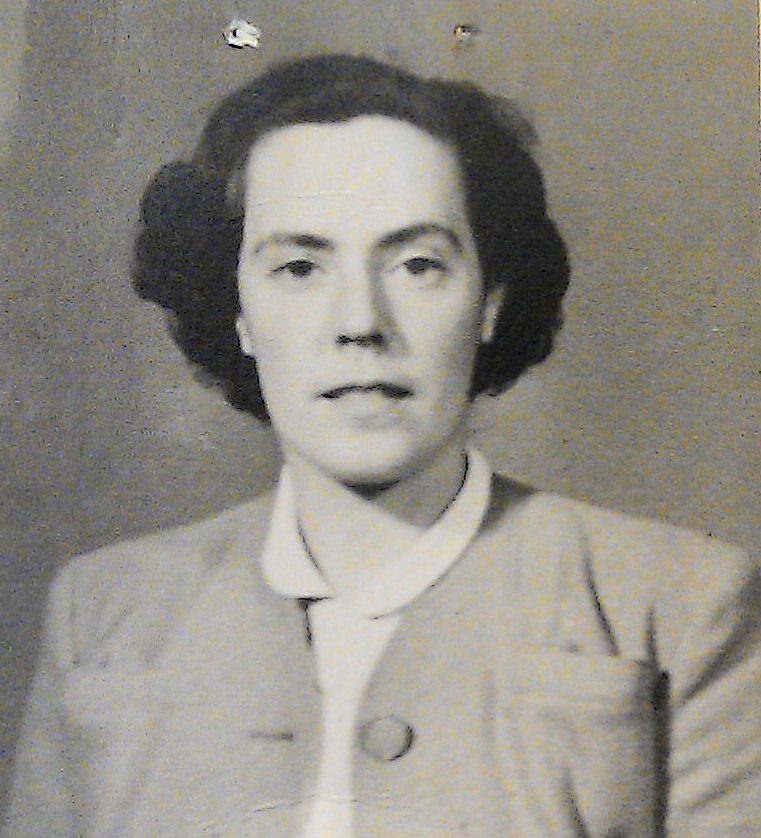
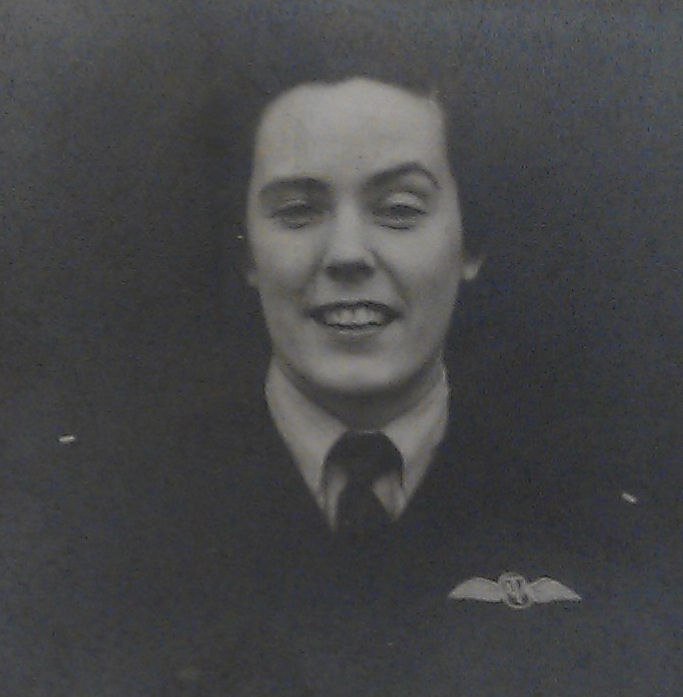
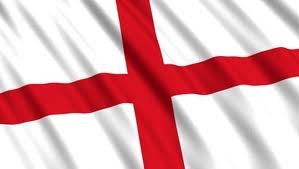
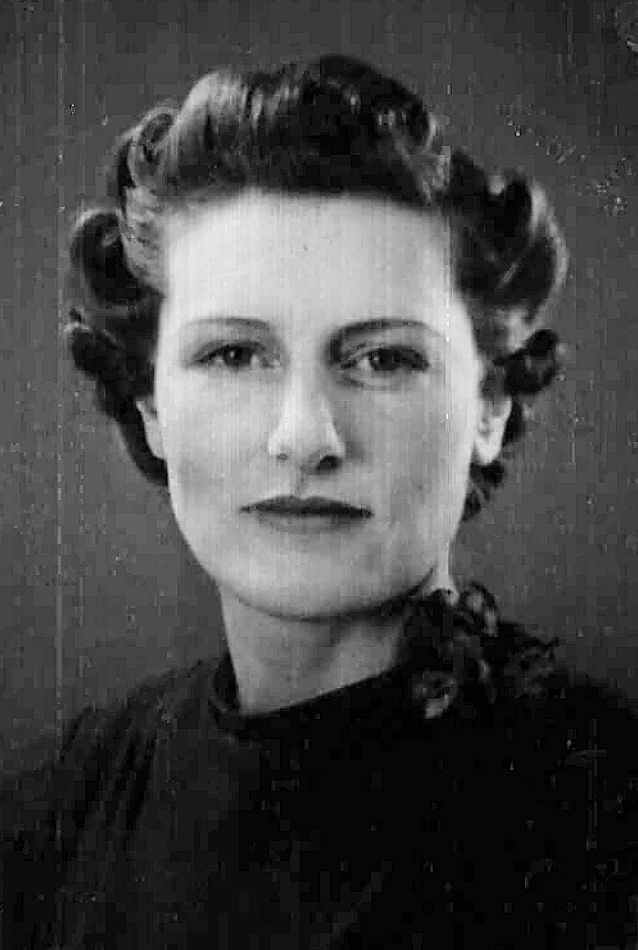 RAeC Mar 1939
RAeC Mar 1939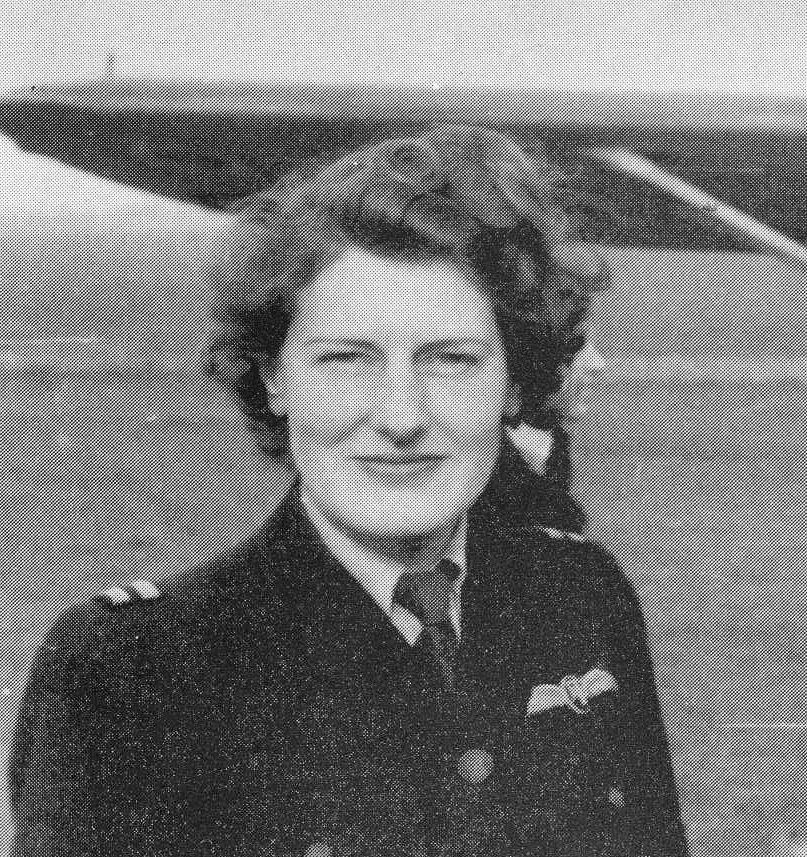 HB
HB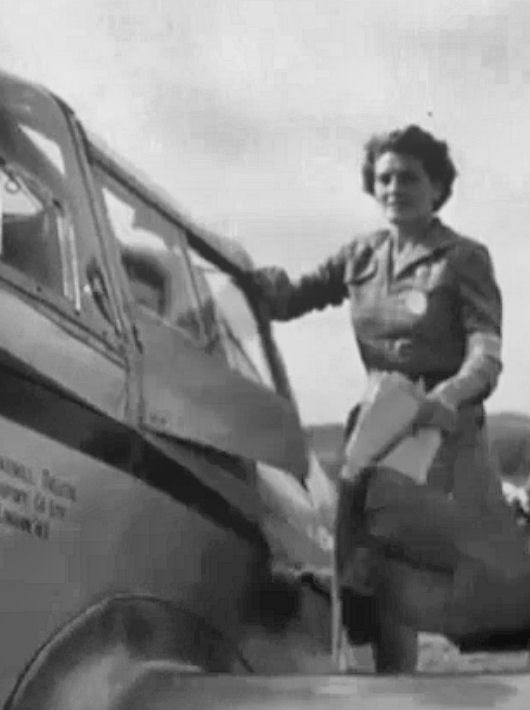
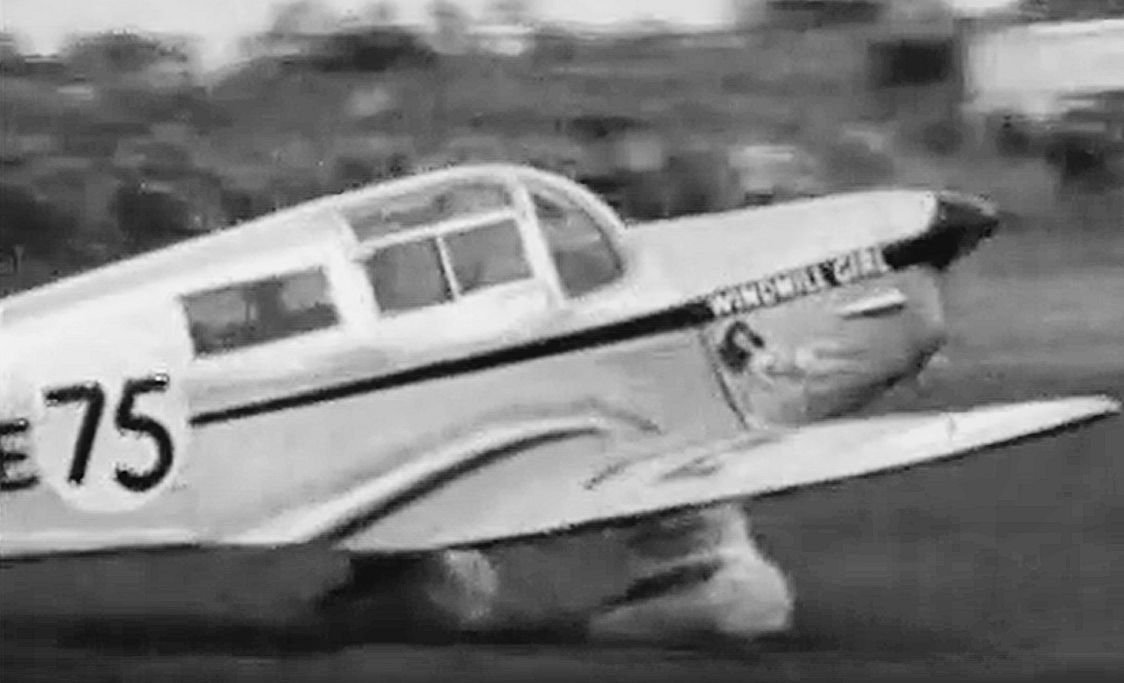
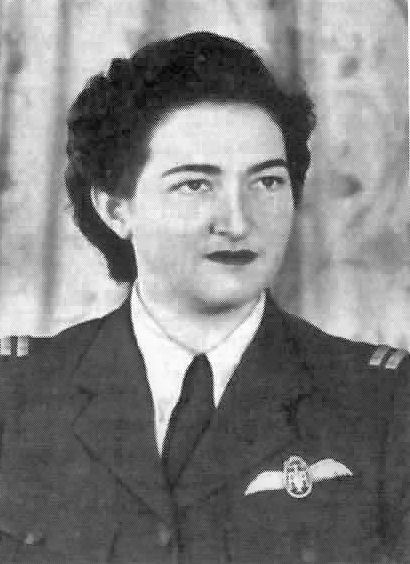 Brief Glory
Brief Glory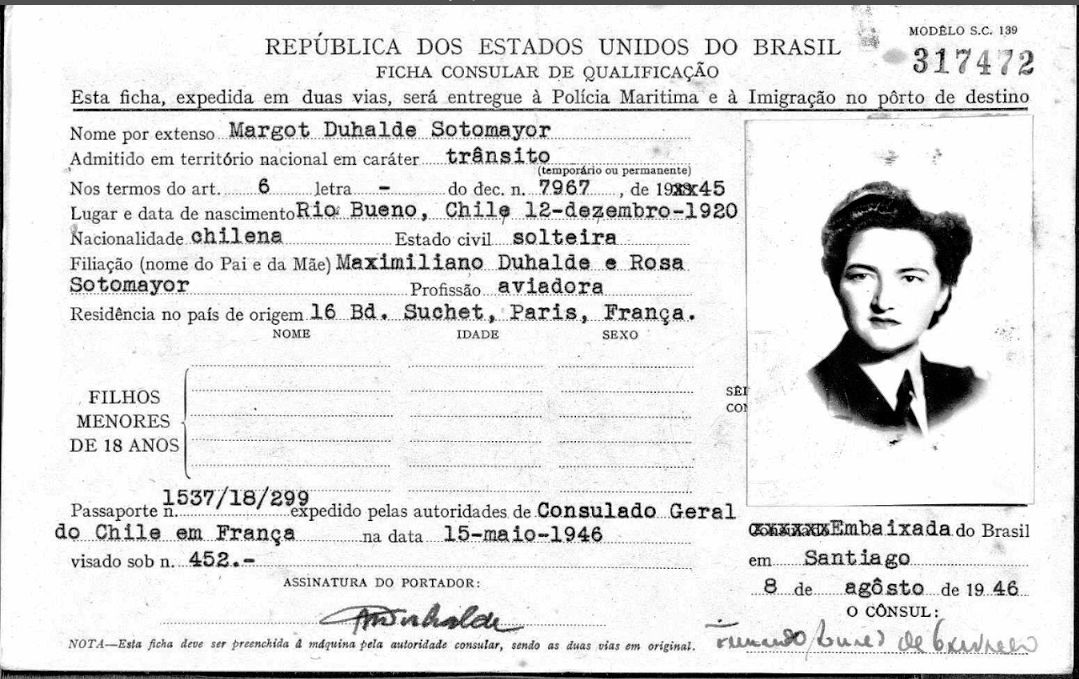
 RAeC 1937
RAeC 1937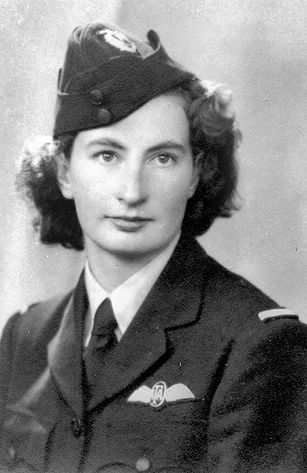 ATAM
ATAM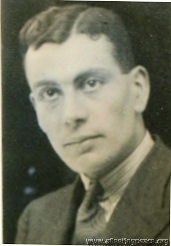
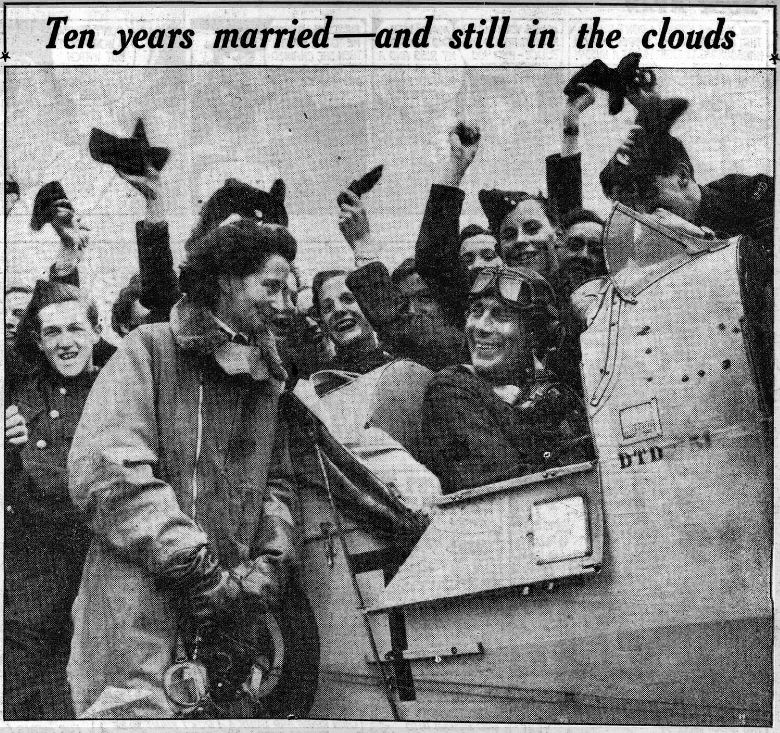
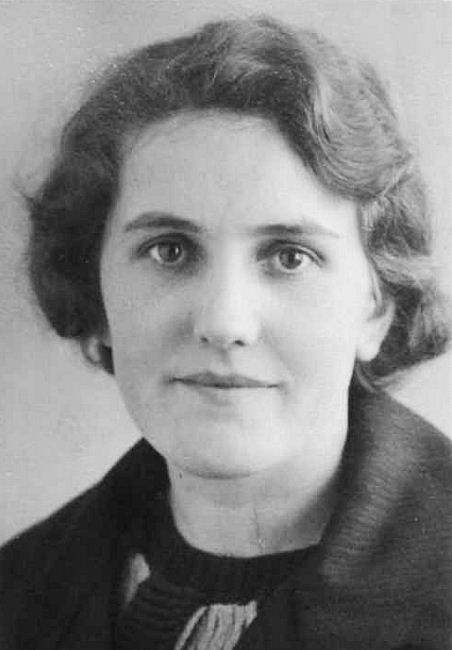 RAeC 1935
RAeC 1935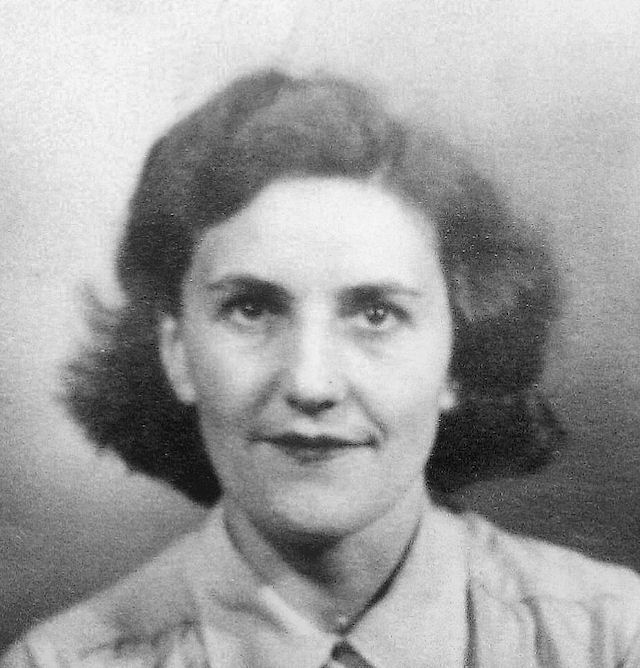 ATA
ATA 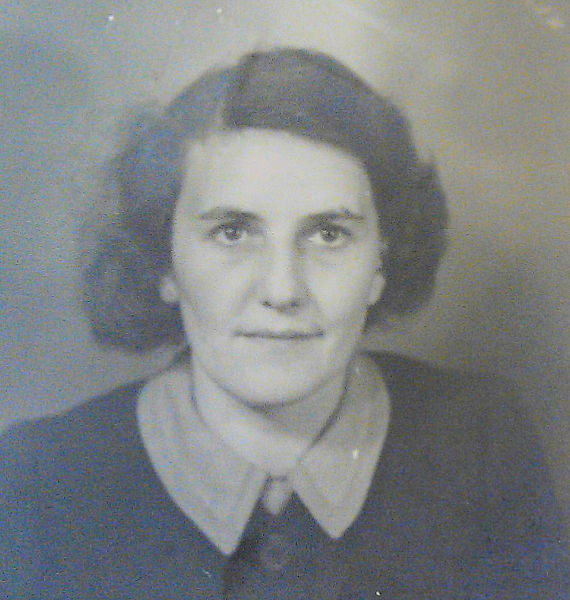 ATA
ATA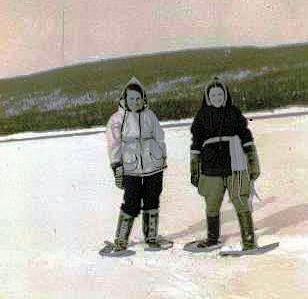 With her friend Bunty James at Port Hope Simpson, Newfoundland in 1935 - Wikimedia
With her friend Bunty James at Port Hope Simpson, Newfoundland in 1935 - Wikimedia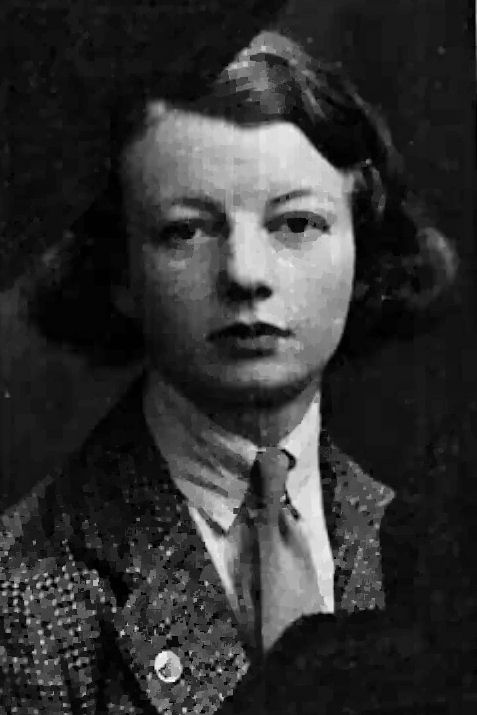 RAeC 1938
RAeC 1938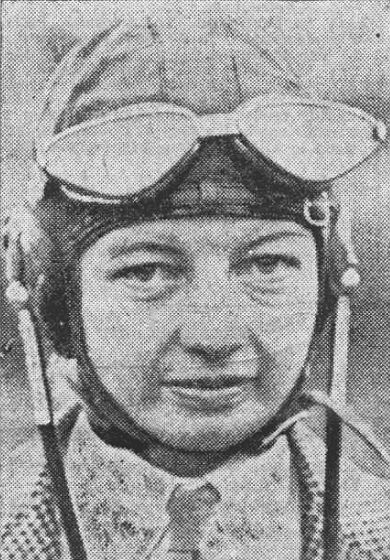 1938 (Gloucestershire Echo)
1938 (Gloucestershire Echo)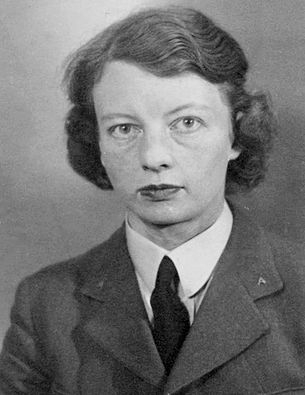 ATAM
ATAM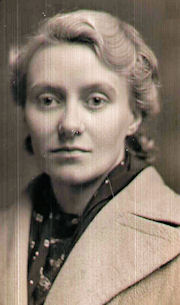 RAeC 1939
RAeC 1939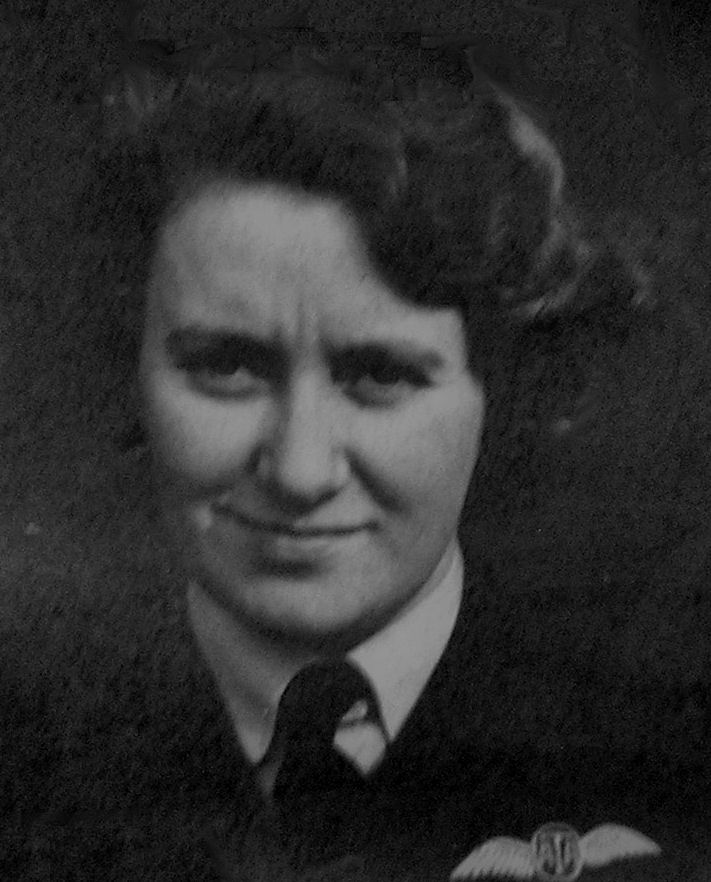 ATA
ATA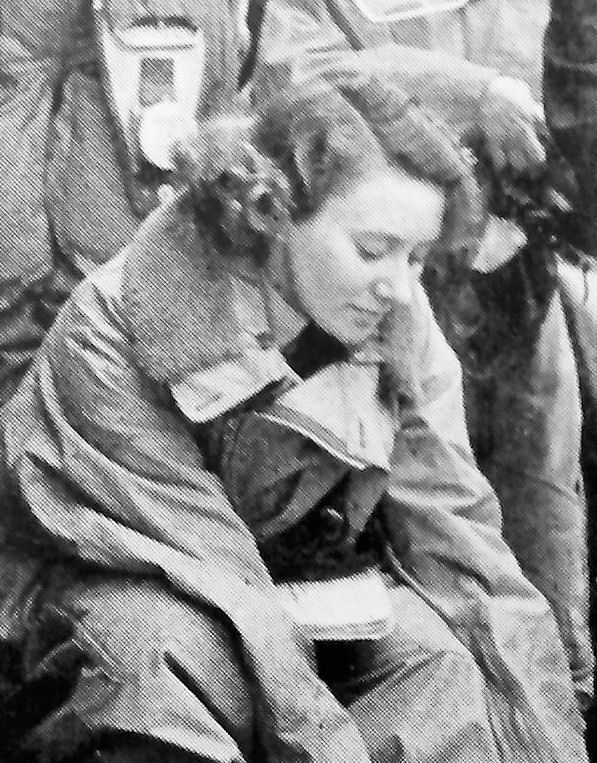

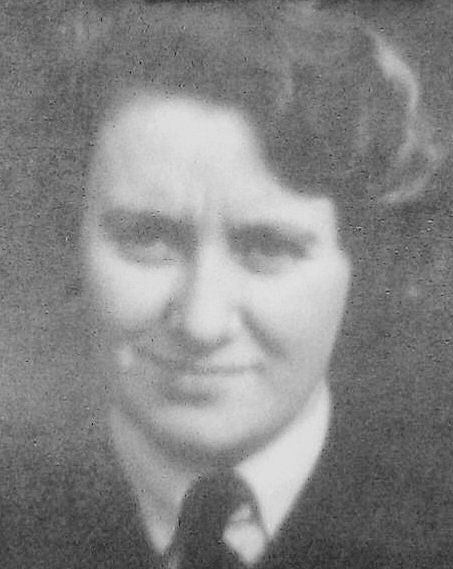
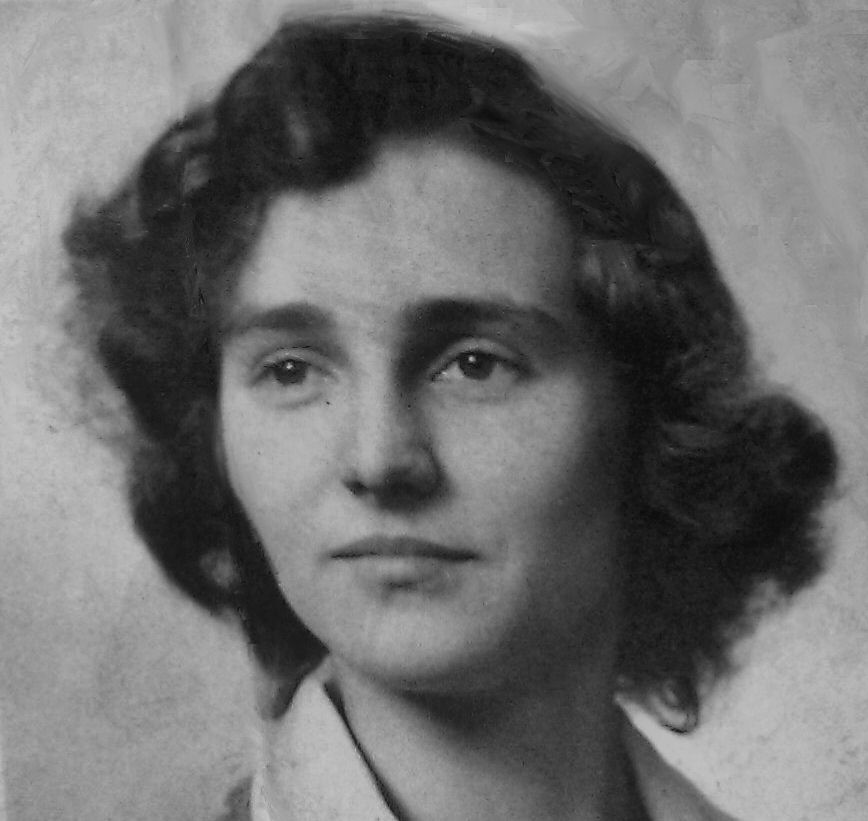
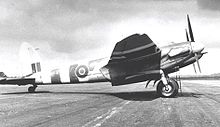
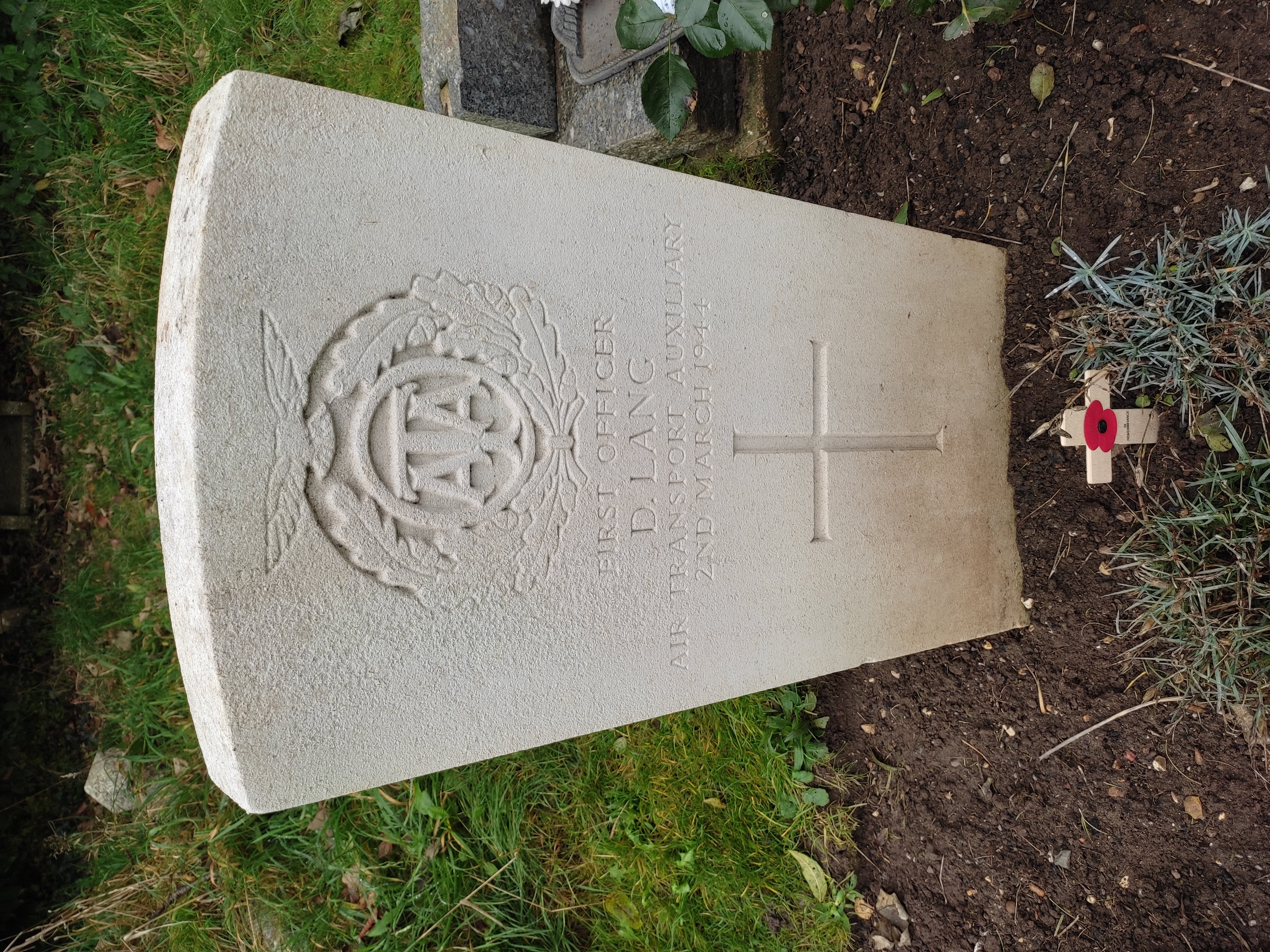
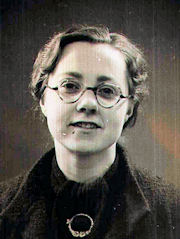
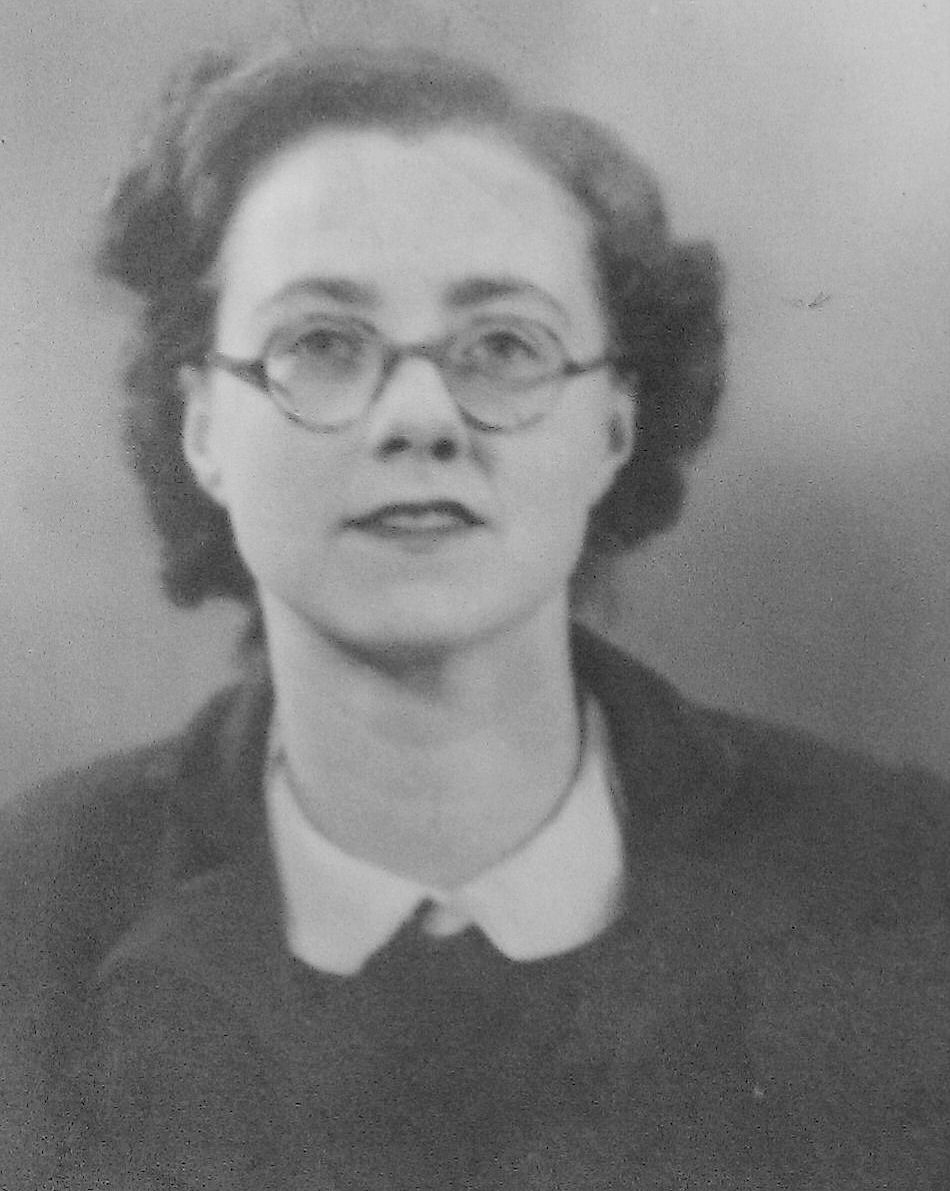
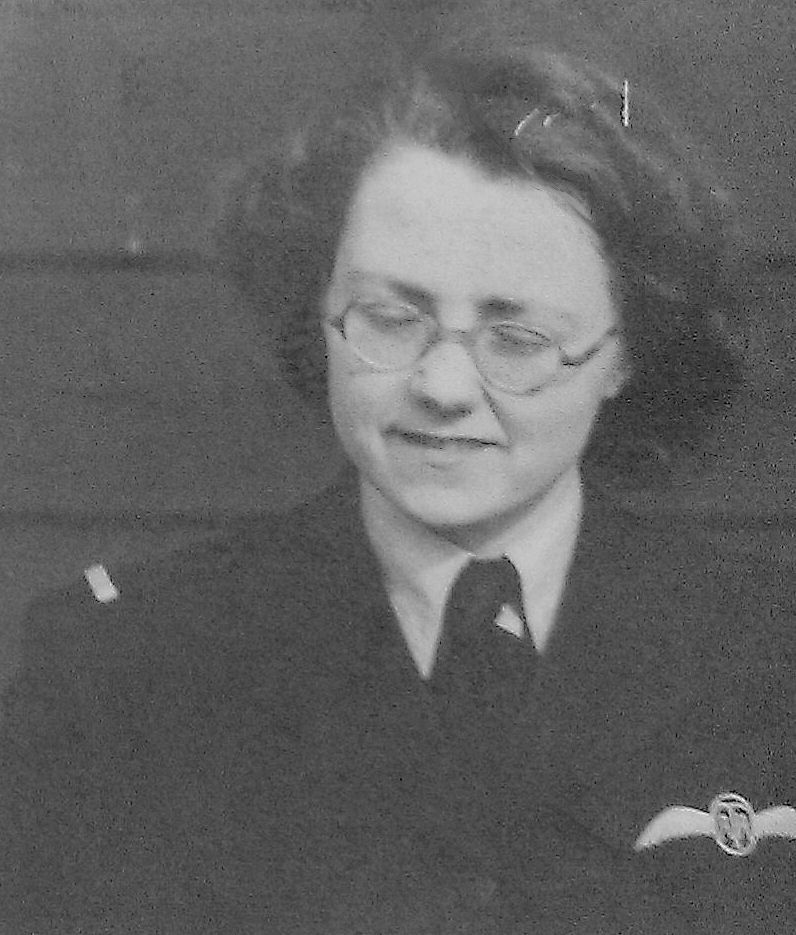 ATA
ATA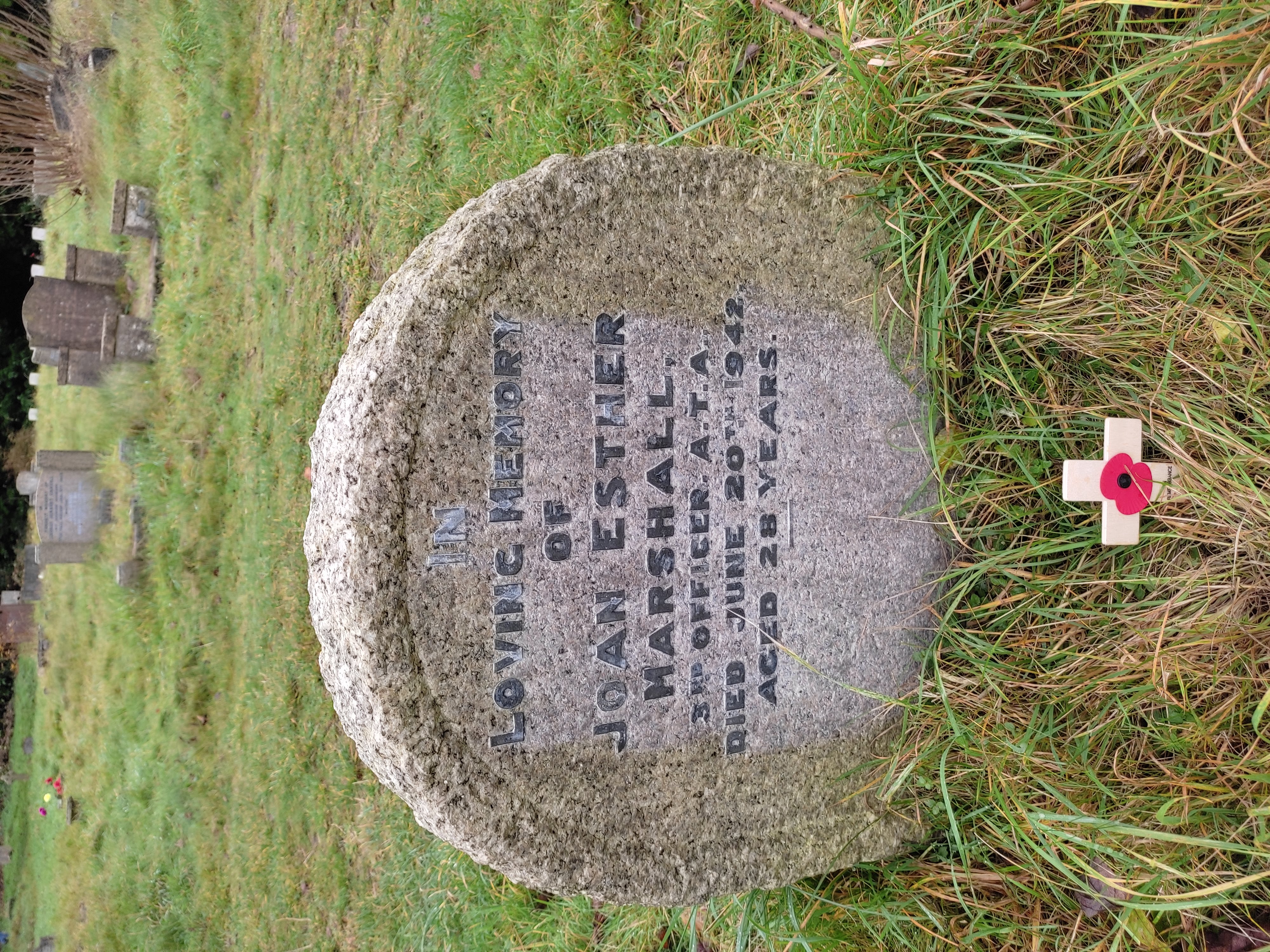
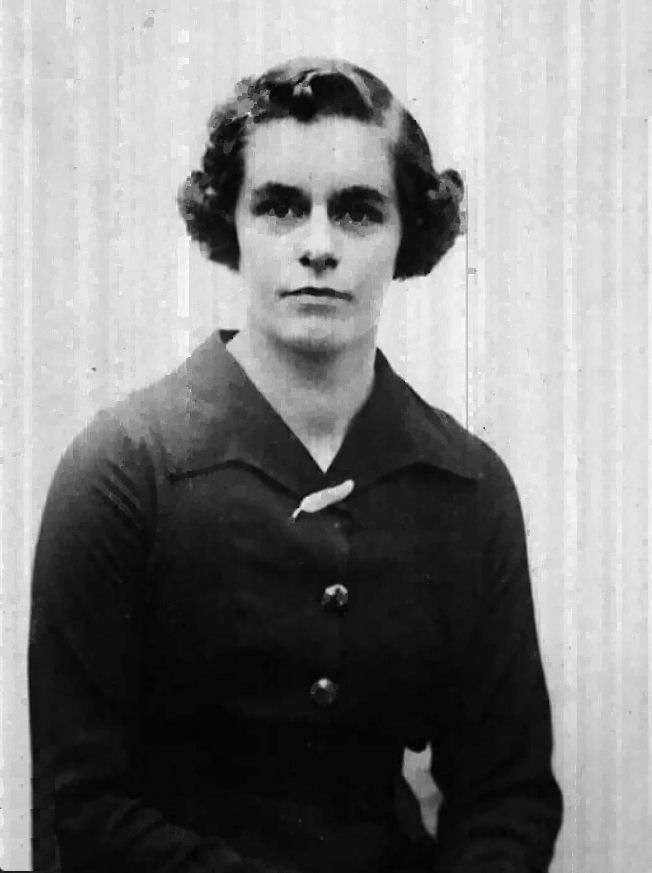 RAeC 1938
RAeC 1938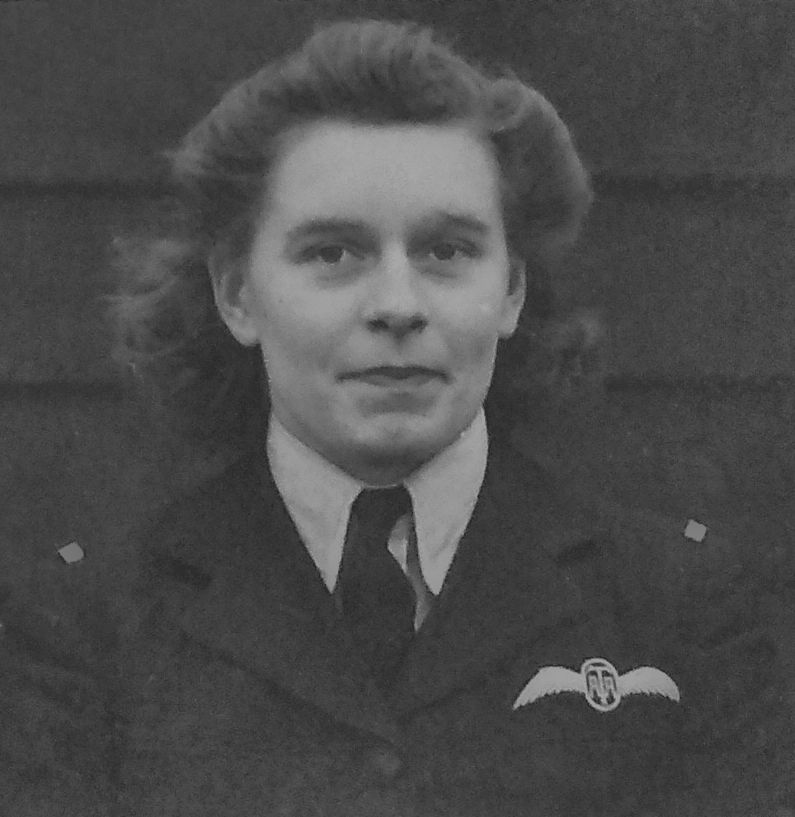 ATA
ATA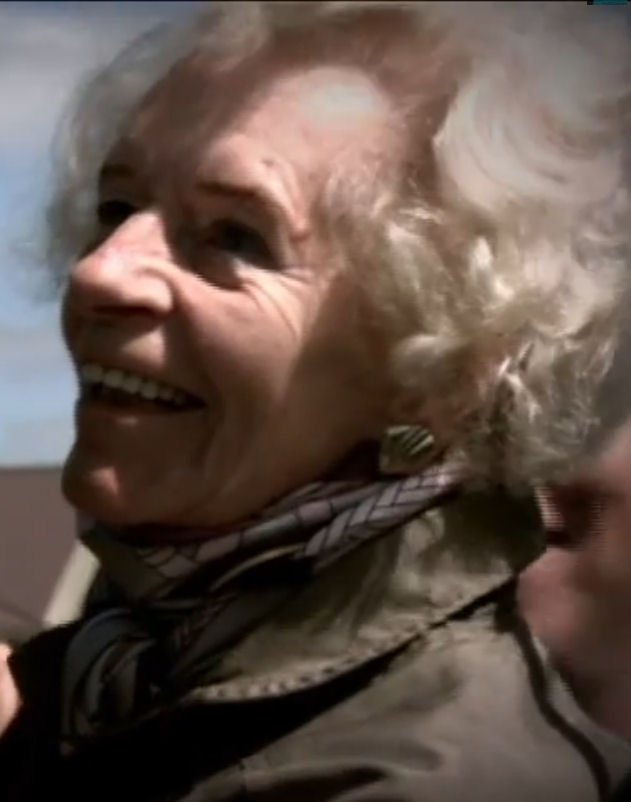 2010
2010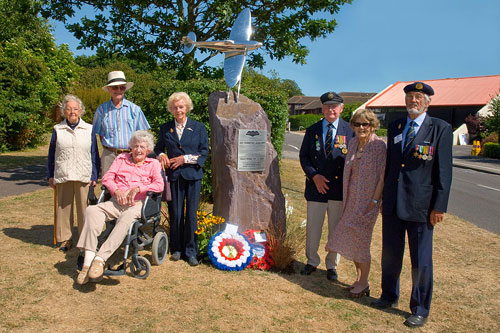
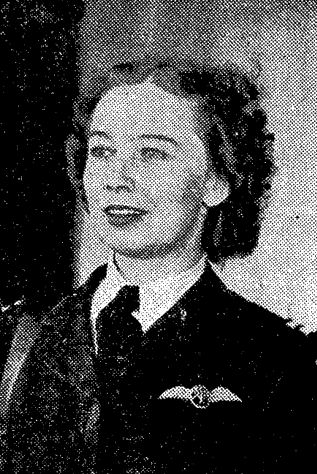 NZ Evening Post 1945
NZ Evening Post 1945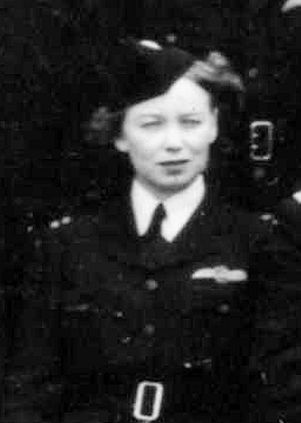 ATAM
ATAM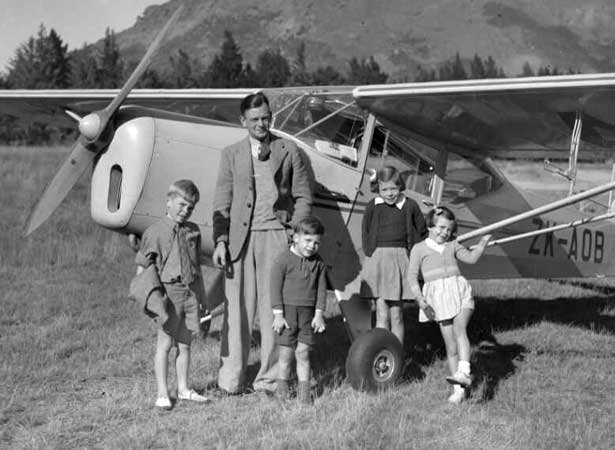 Teddy Harvie and family (Alexander Turnbull Library, WA-06347-F)
Teddy Harvie and family (Alexander Turnbull Library, WA-06347-F)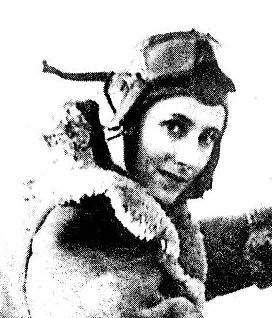 ATA
ATA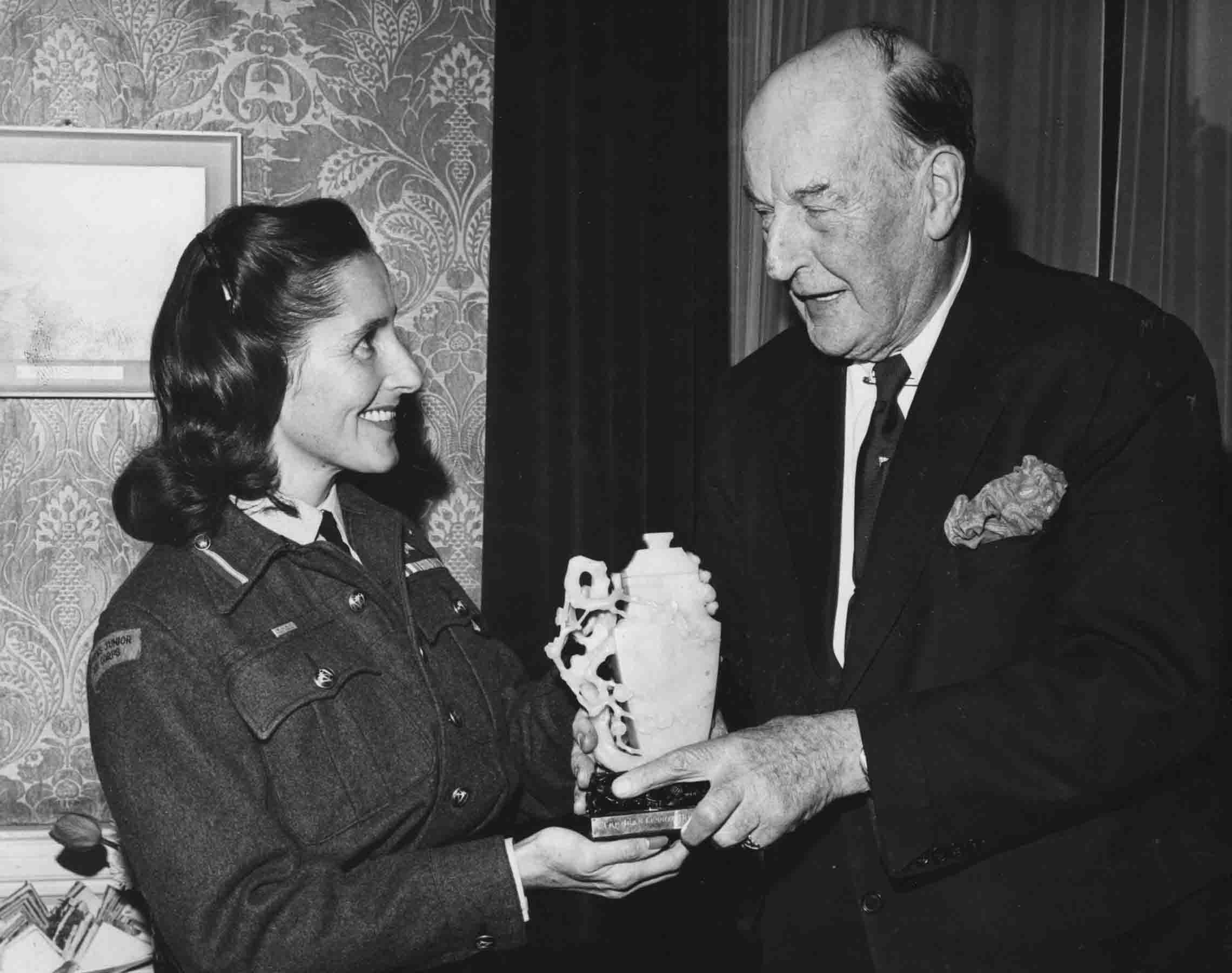
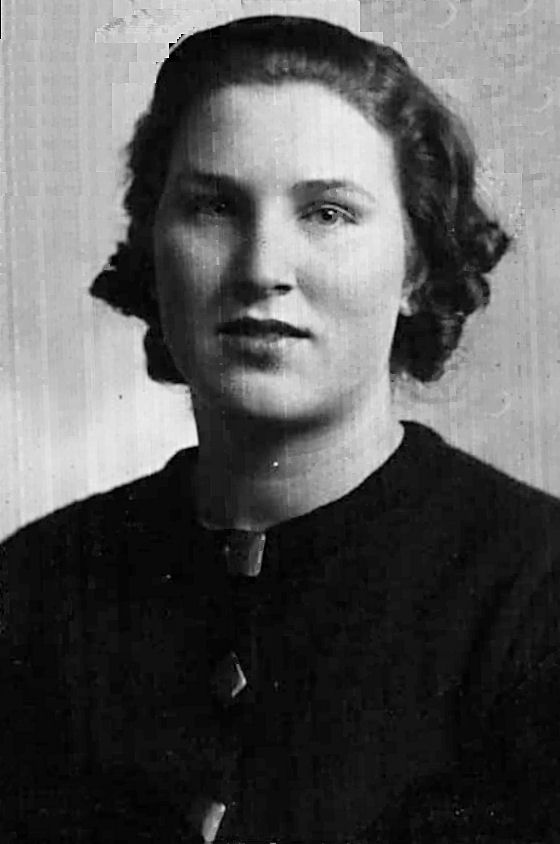 RAeC 1937
RAeC 1937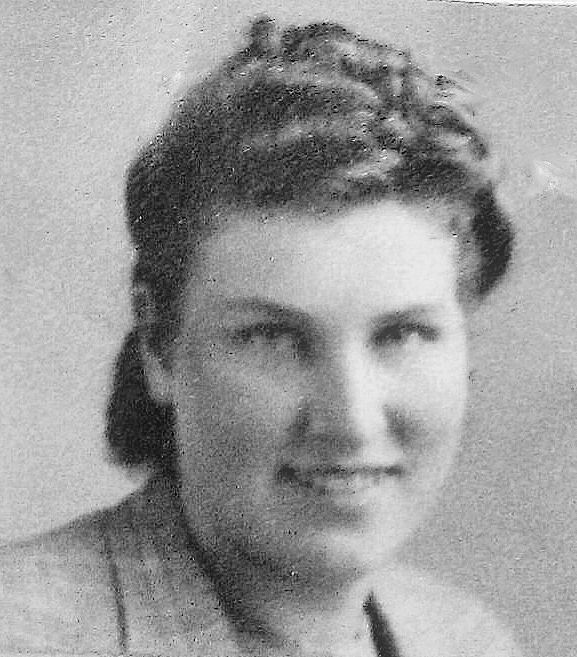 ATA
ATA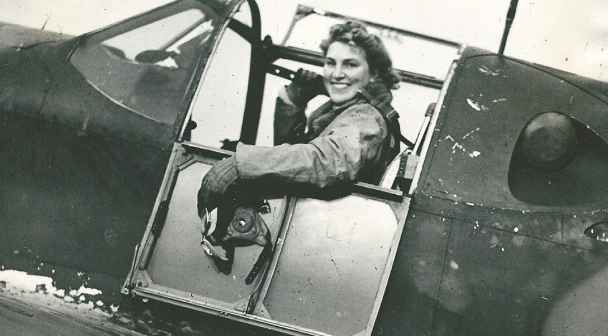 Vera with Mustang, 1943 - Wikipedia
Vera with Mustang, 1943 - Wikipedia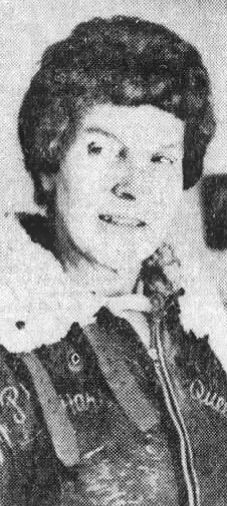 1972
1972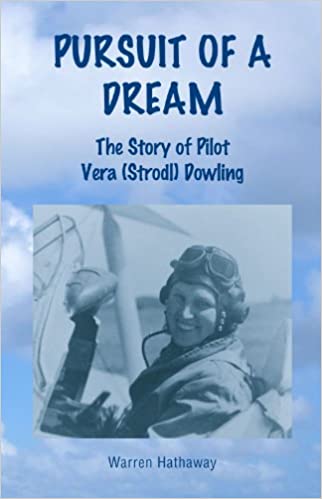
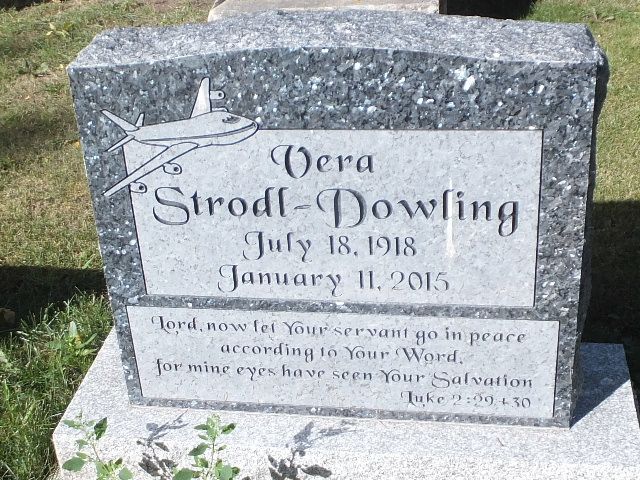 Edmonton Municipal Cemetery, Alberta, Canada
Edmonton Municipal Cemetery, Alberta, Canada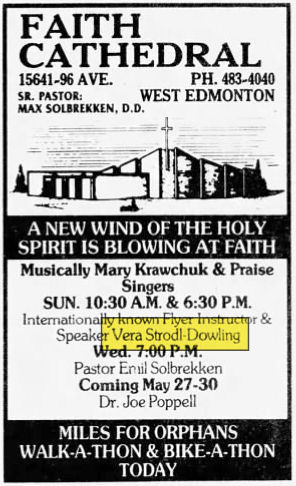 1990
1990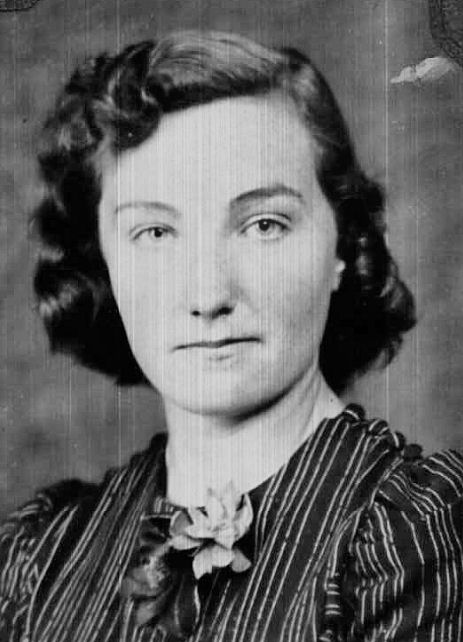
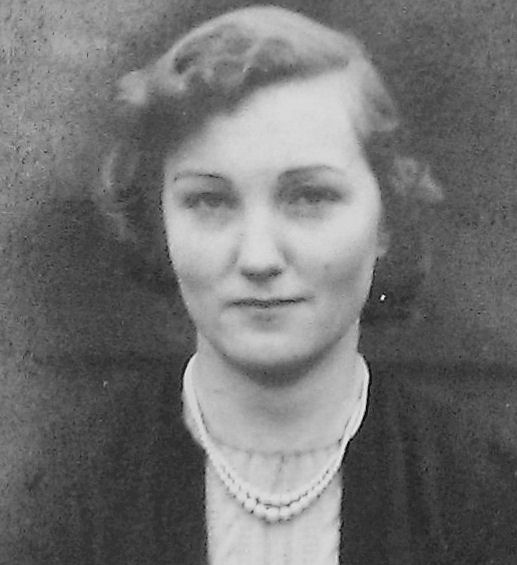
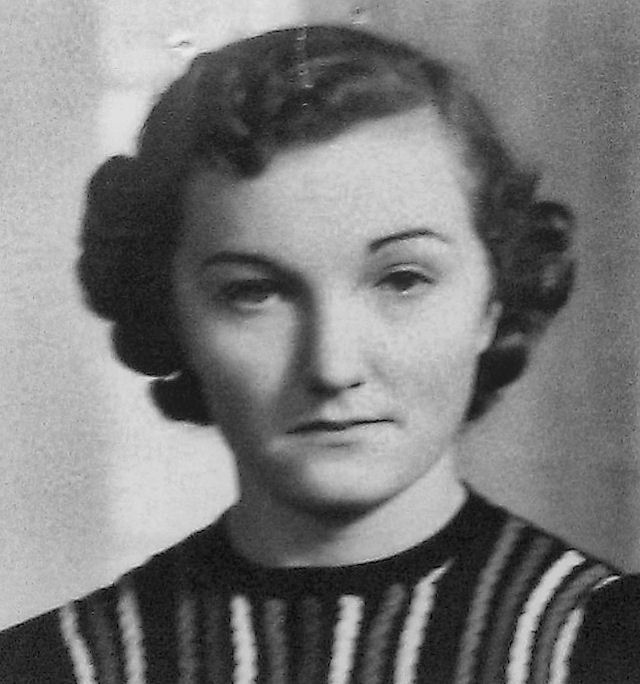
 1939
1939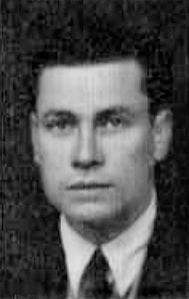 Royal Aero Club Certificate No. 18315, 24 Sep 1938 (Airwork School of Flying, Heston)
Royal Aero Club Certificate No. 18315, 24 Sep 1938 (Airwork School of Flying, Heston)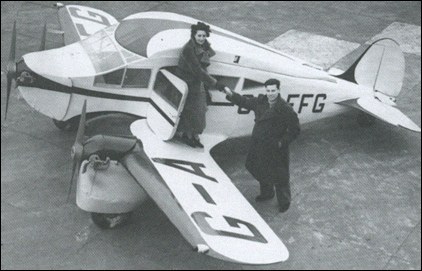 ... and this is presumably Dorothy and Saleh with the Aerogypt I (she was registered as the owner)
... and this is presumably Dorothy and Saleh with the Aerogypt I (she was registered as the owner)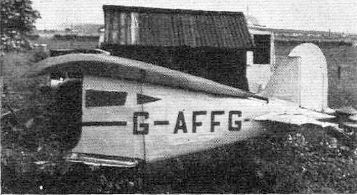 in 1960 ('Flight')
in 1960 ('Flight')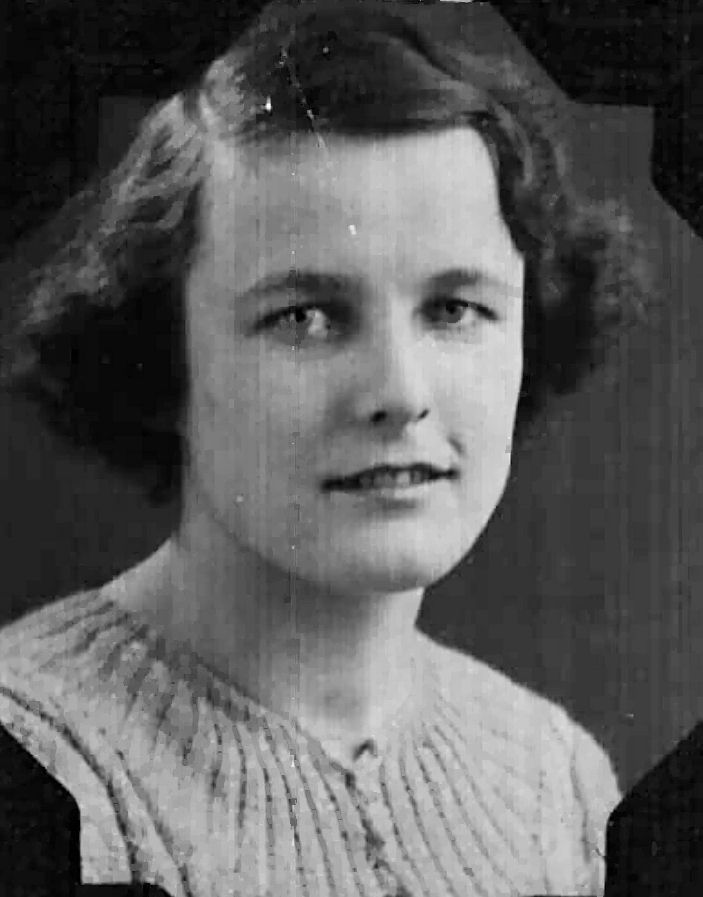 RAeC 1937
RAeC 1937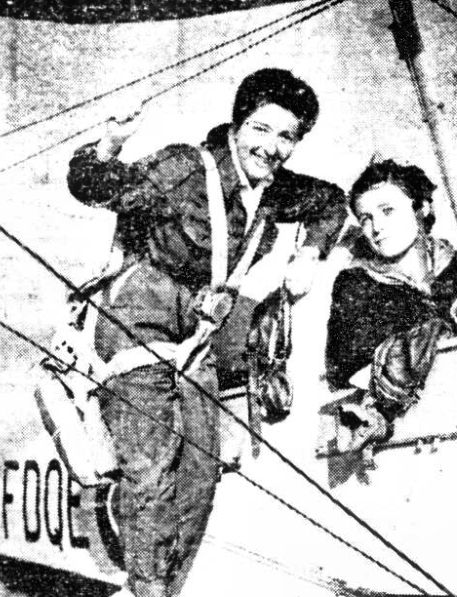 Sunderland Daily Echo and Shipping Gazette
Sunderland Daily Echo and Shipping Gazette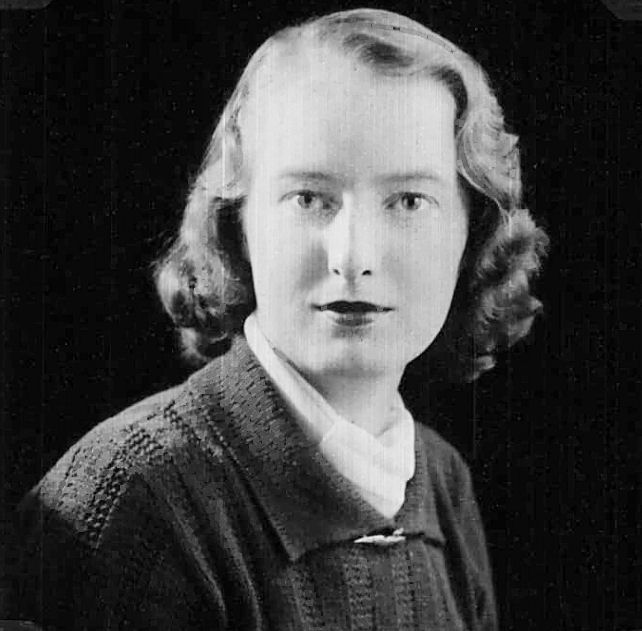 RAeC 23 May 1939
RAeC 23 May 1939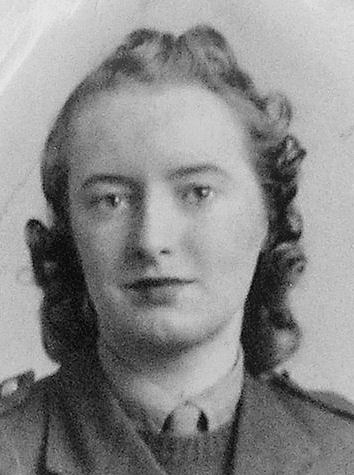 ATS
ATS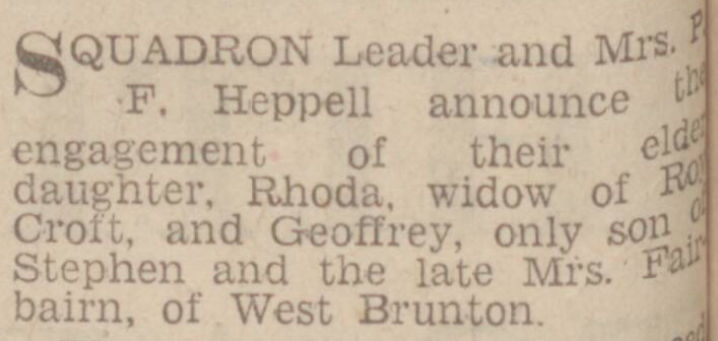
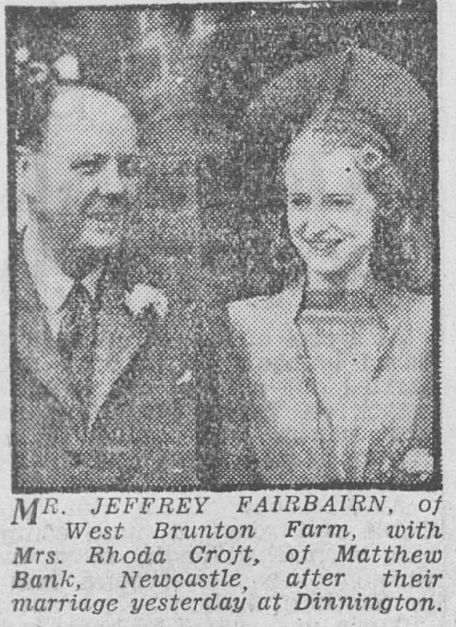
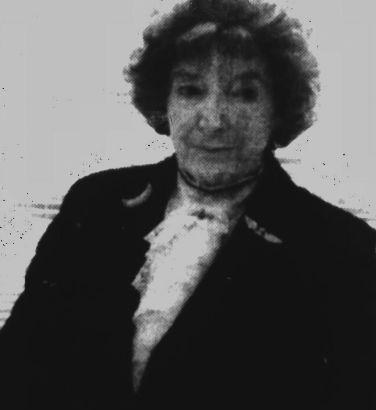 Newcastle Journal
Newcastle Journal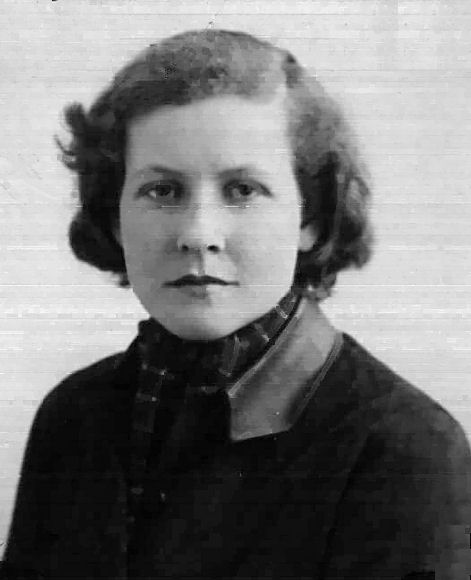 RAeC
RAeC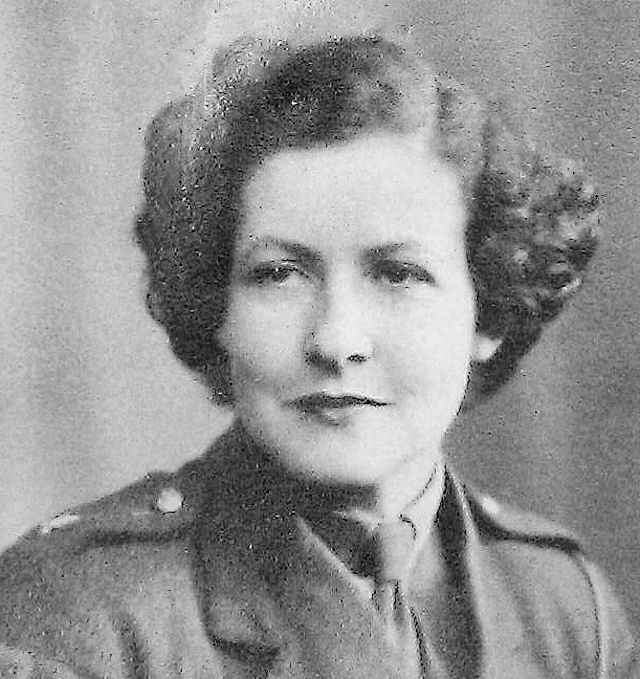 FANY 1940
FANY 1940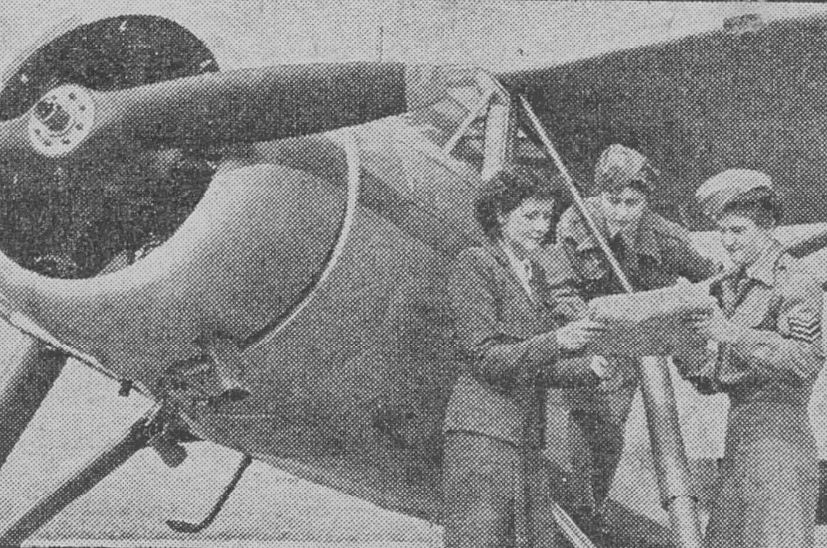
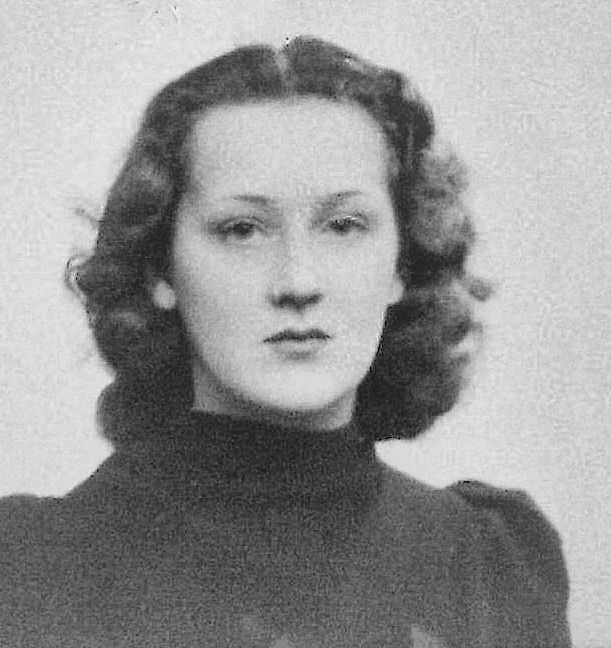
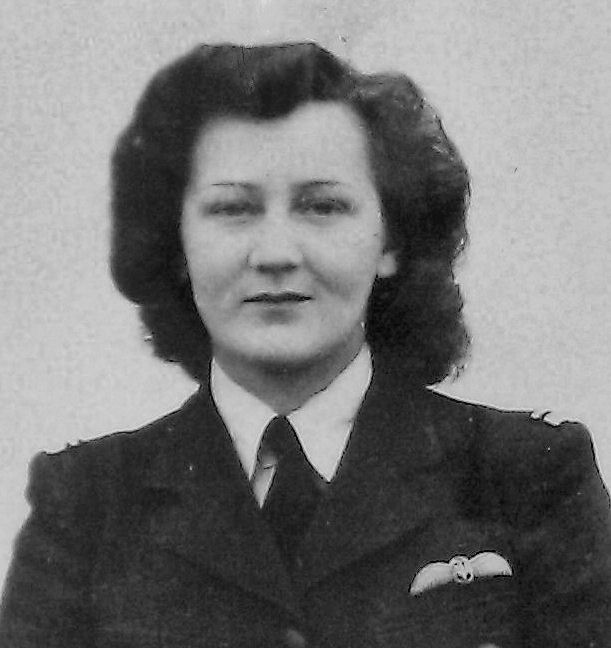 ATA
ATA ATAM
ATAM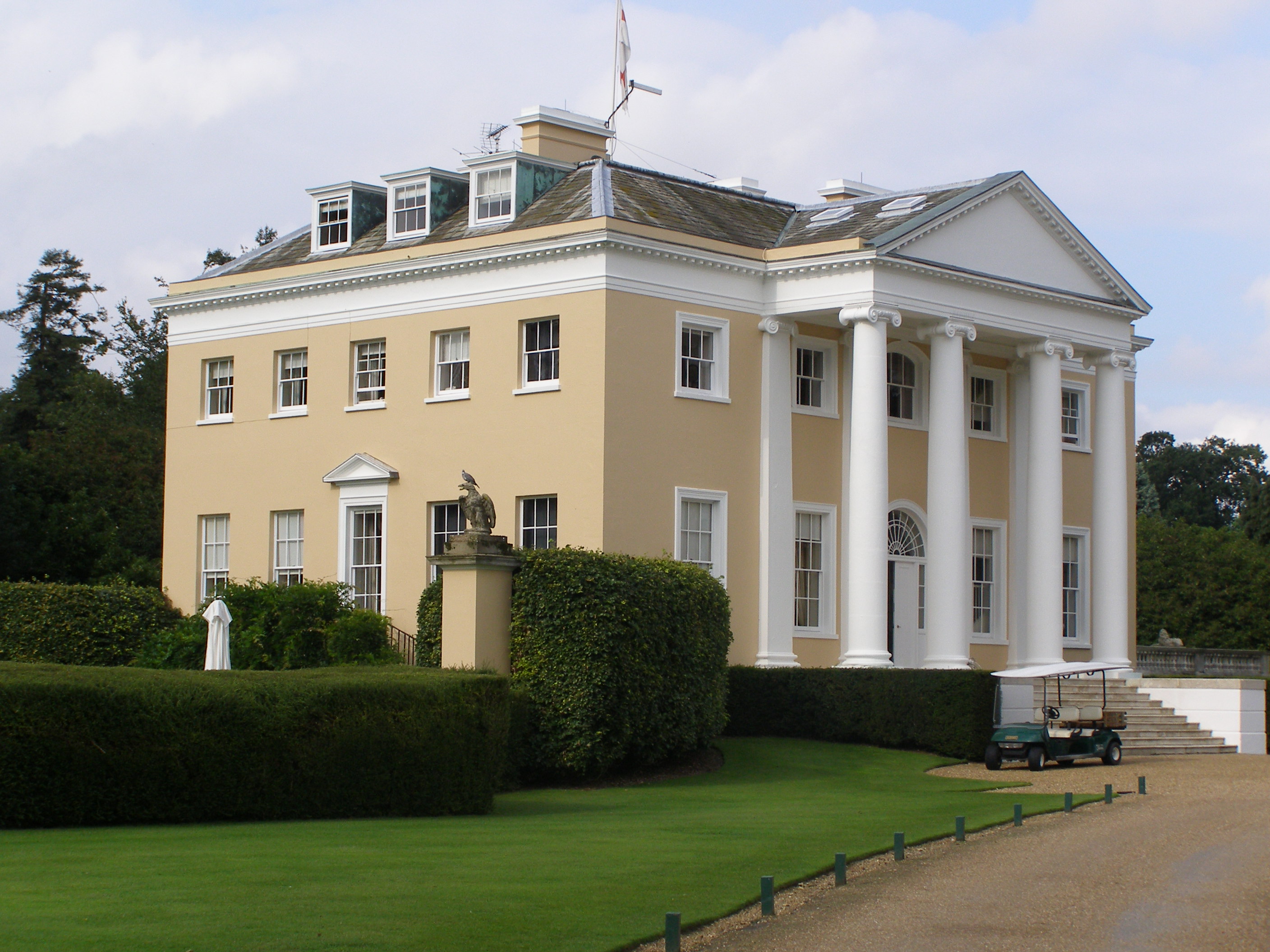
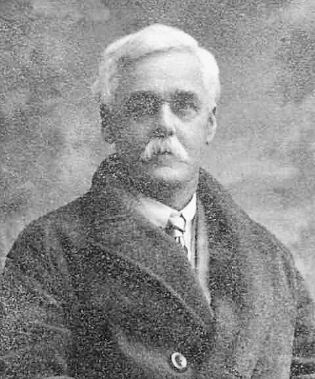
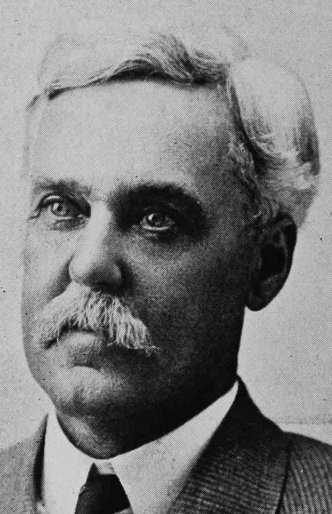
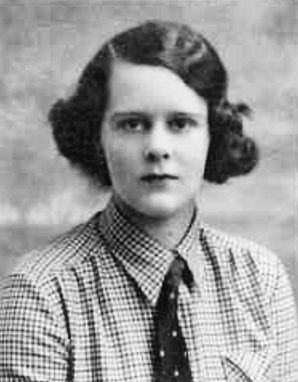
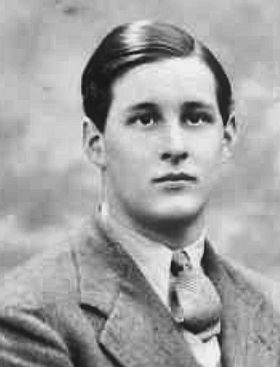
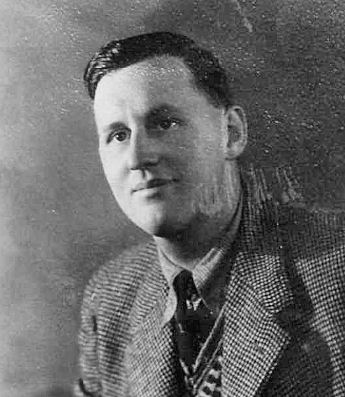
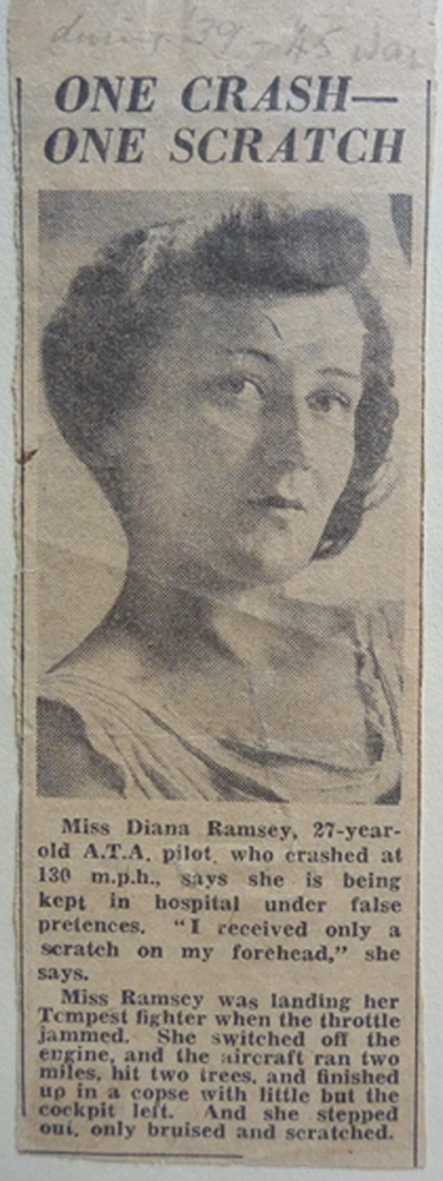
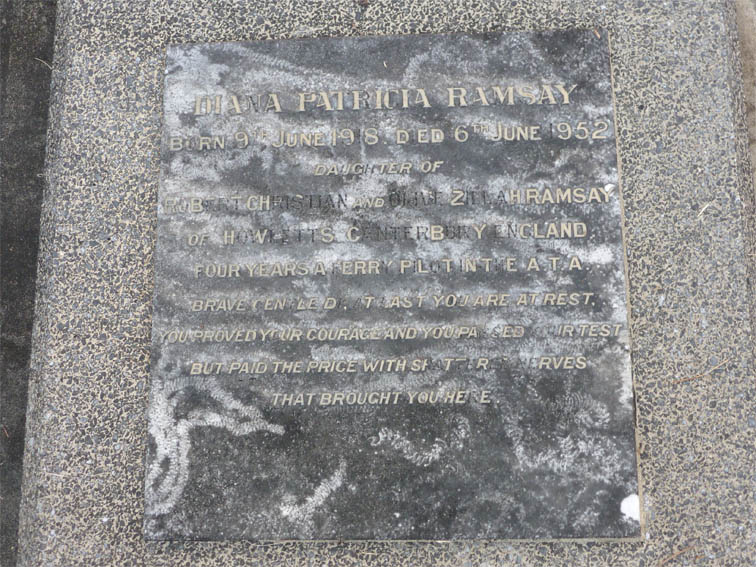
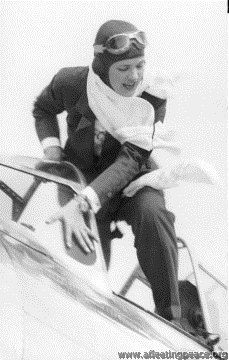
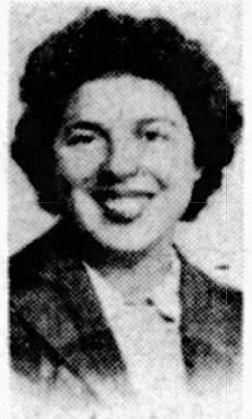 1942
1942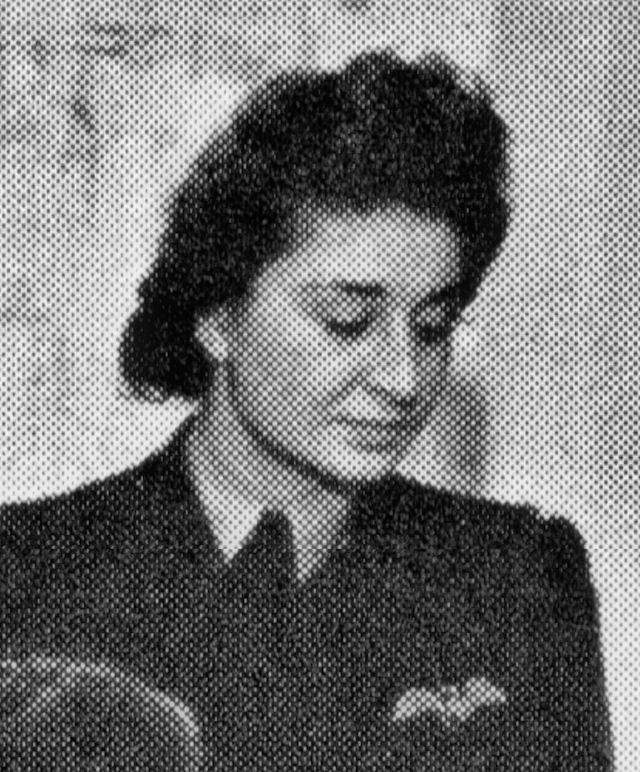
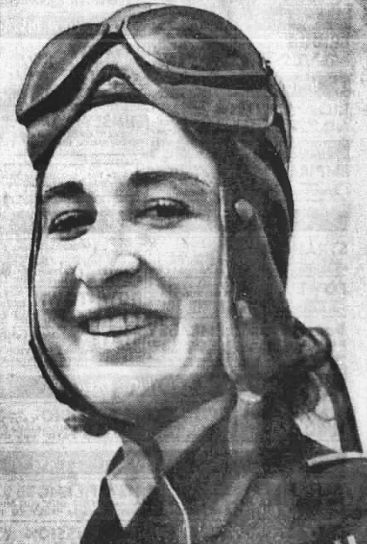 1942
1942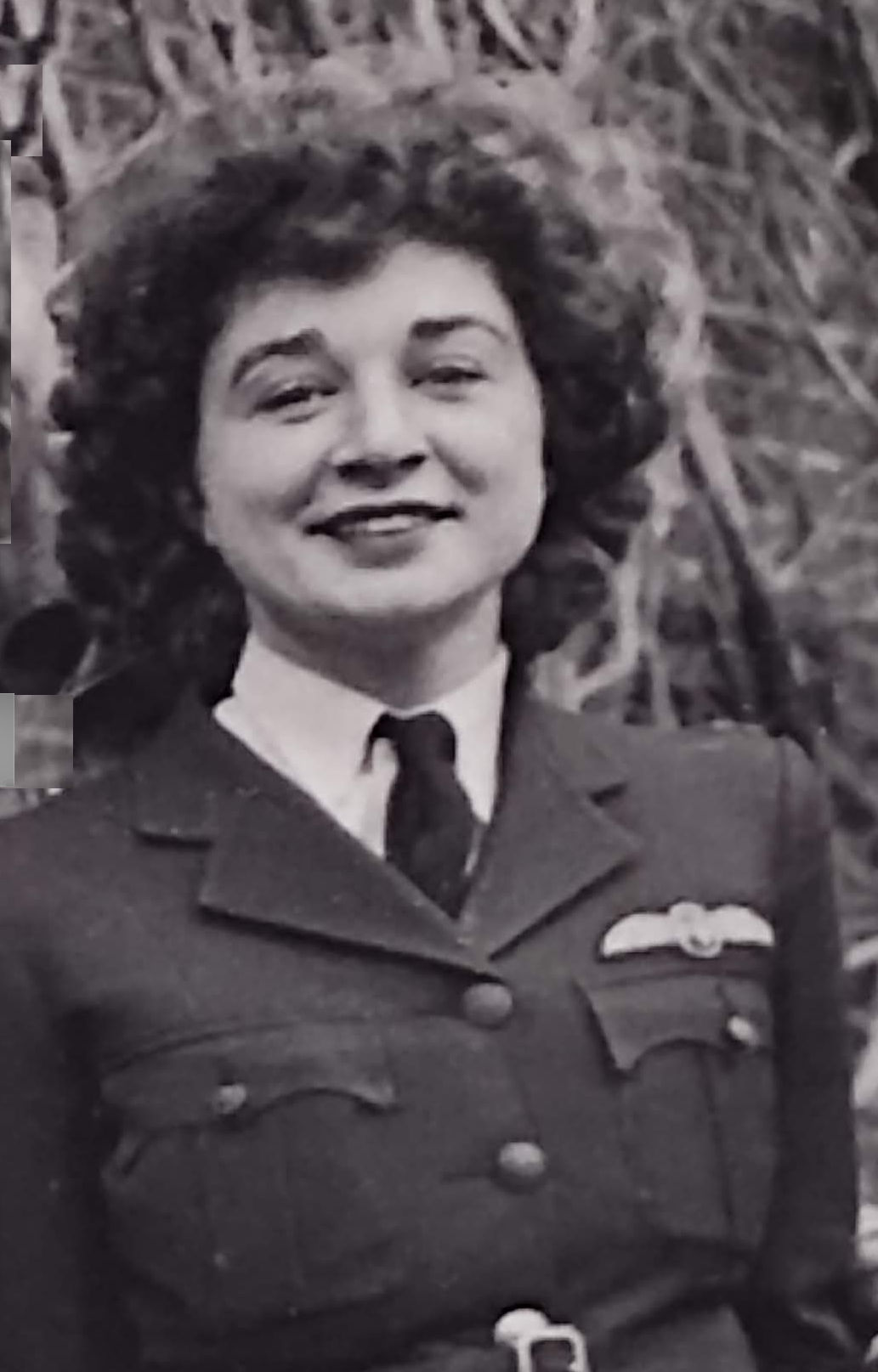 ATAM
ATAM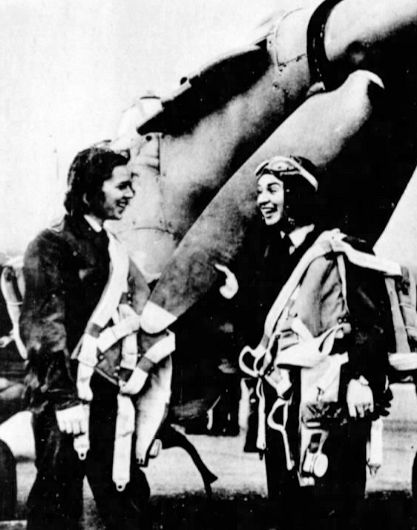
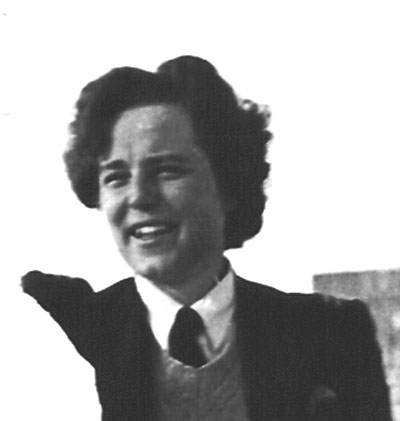
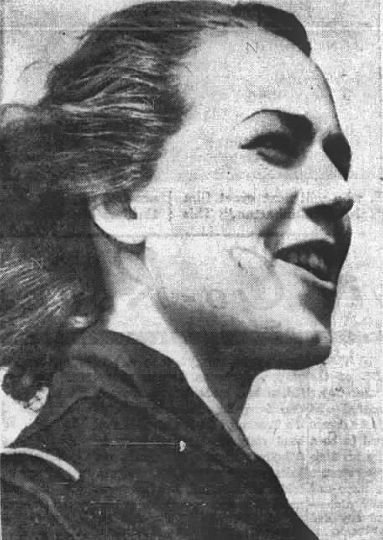
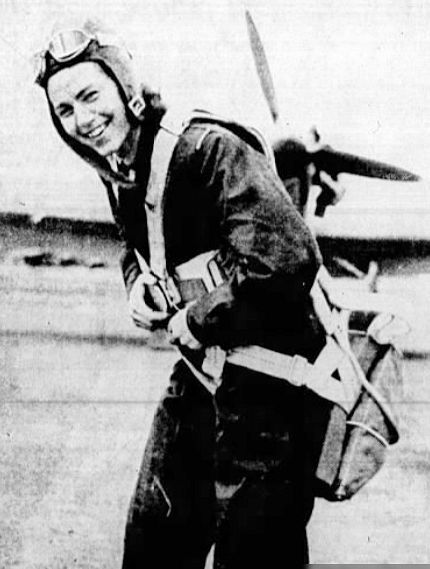 1942
1942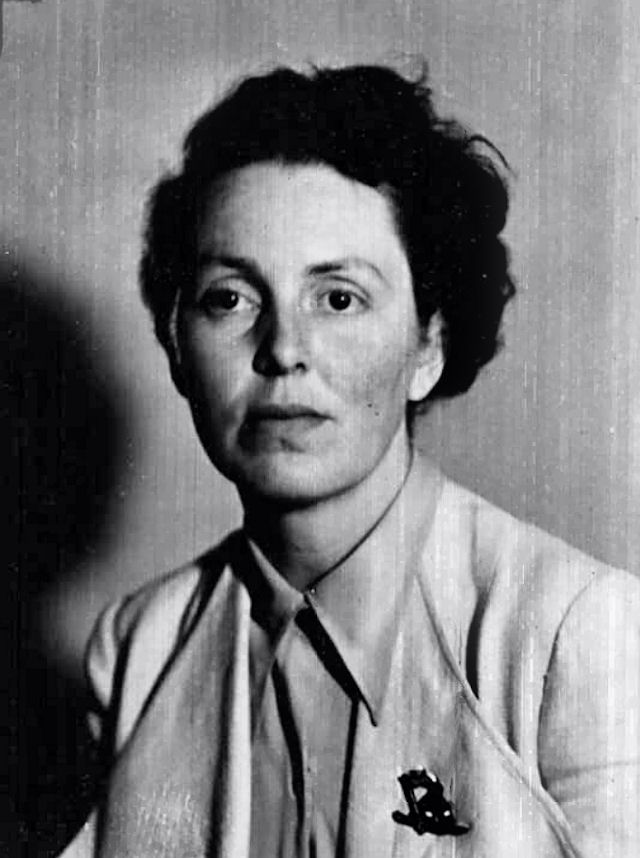 Vivien Jeffery in 1939
Vivien Jeffery in 1939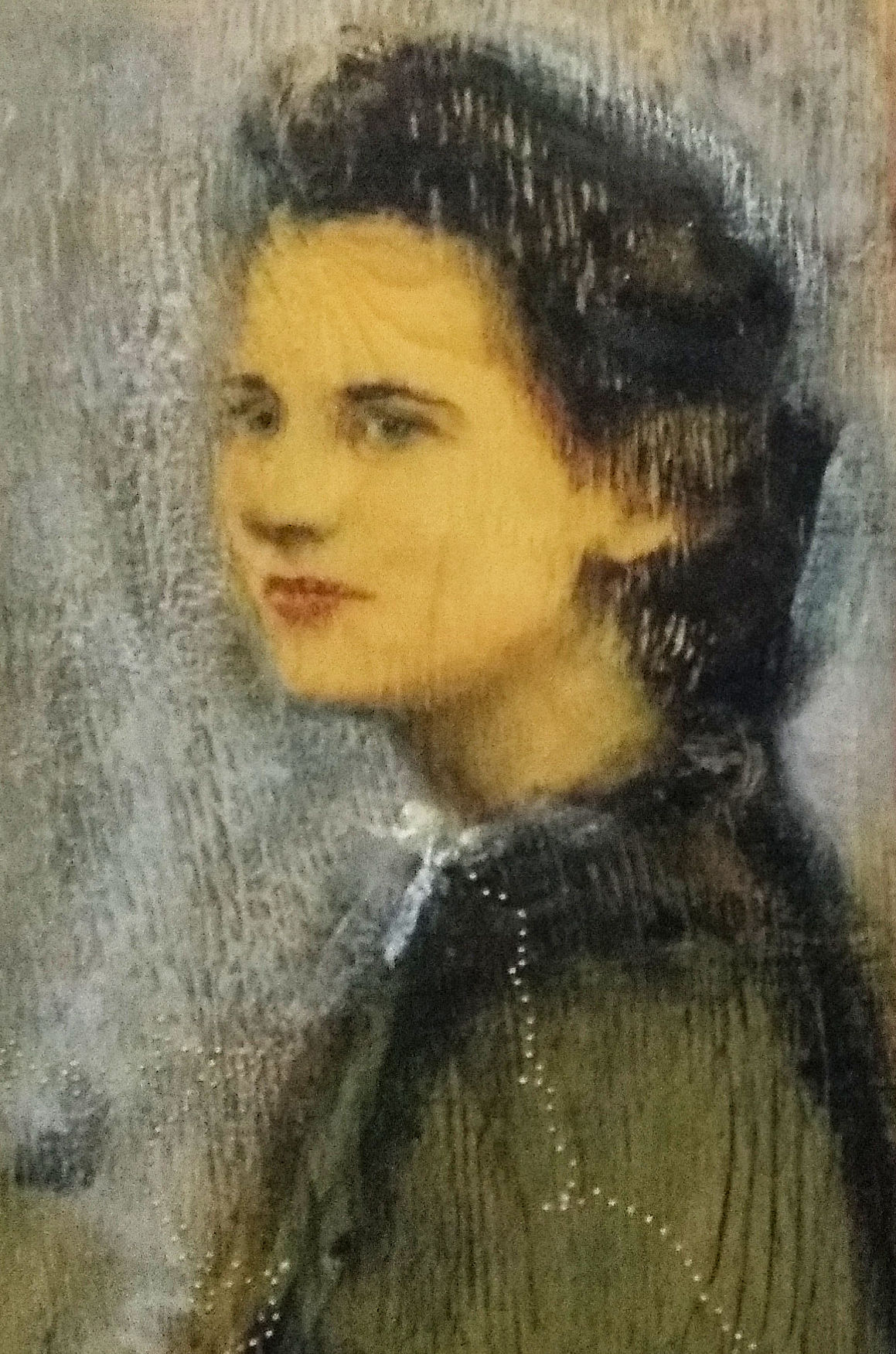 RAFM
RAFM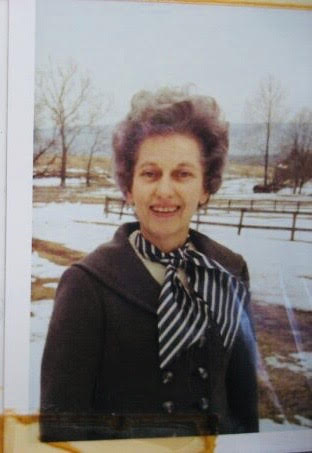
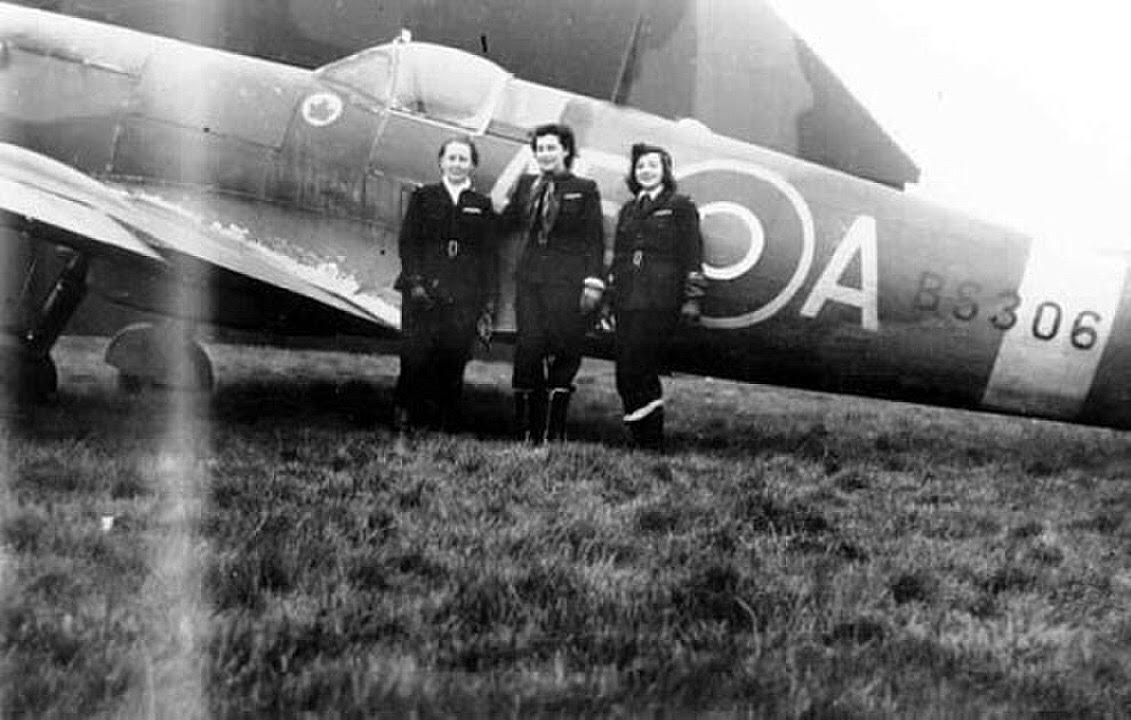
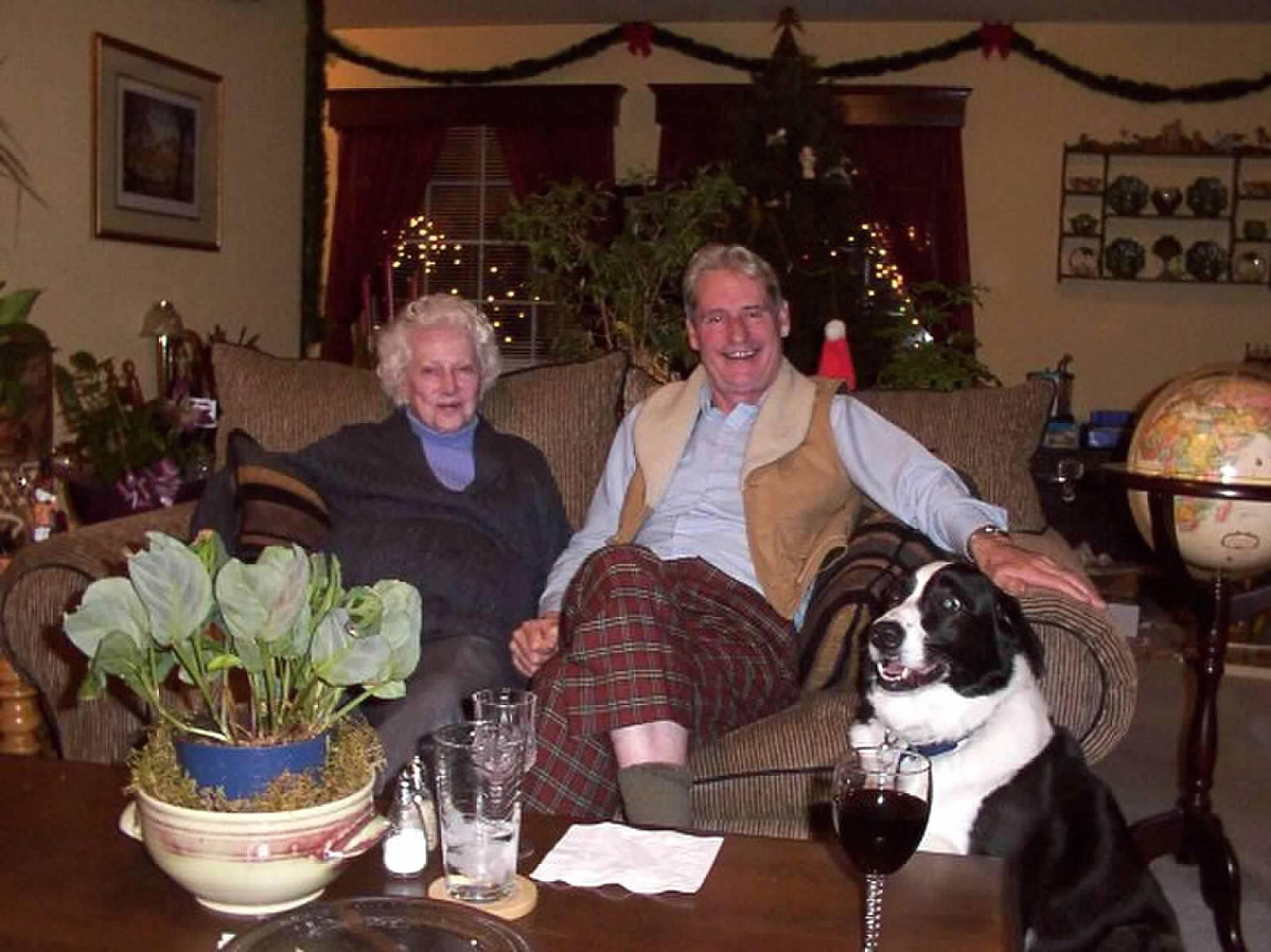 1992
1992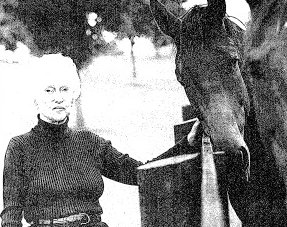 2000 (The Times)
2000 (The Times)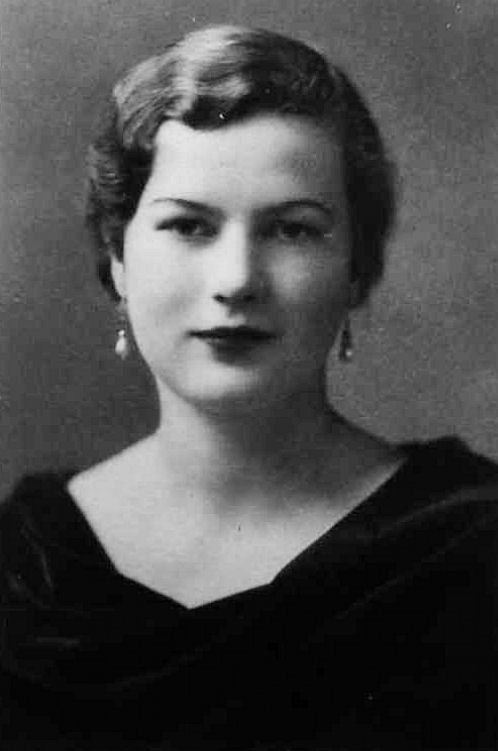 RAeC 1934
RAeC 1934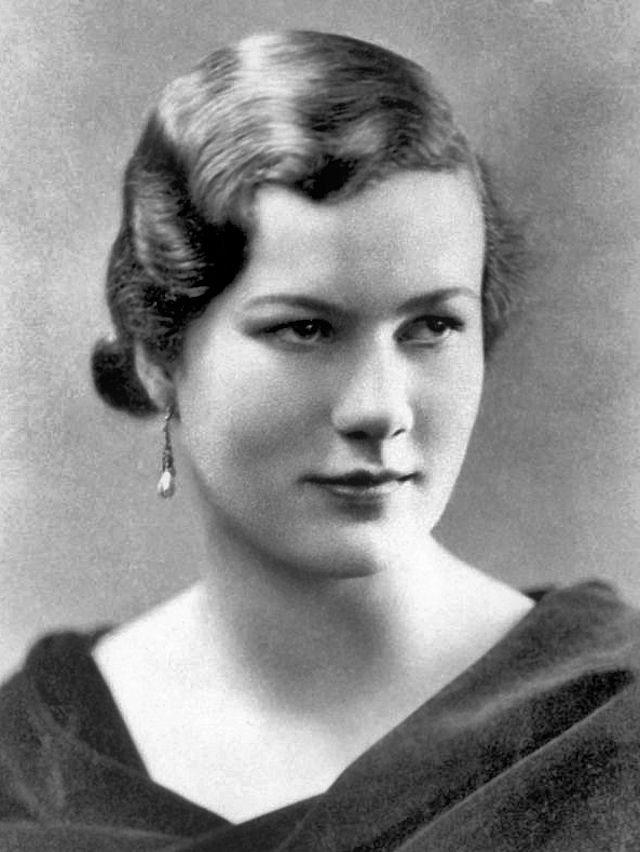 Also 1934
Also 1934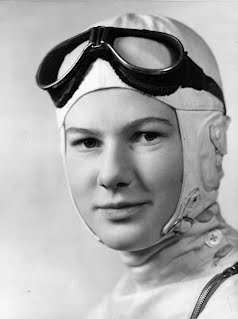
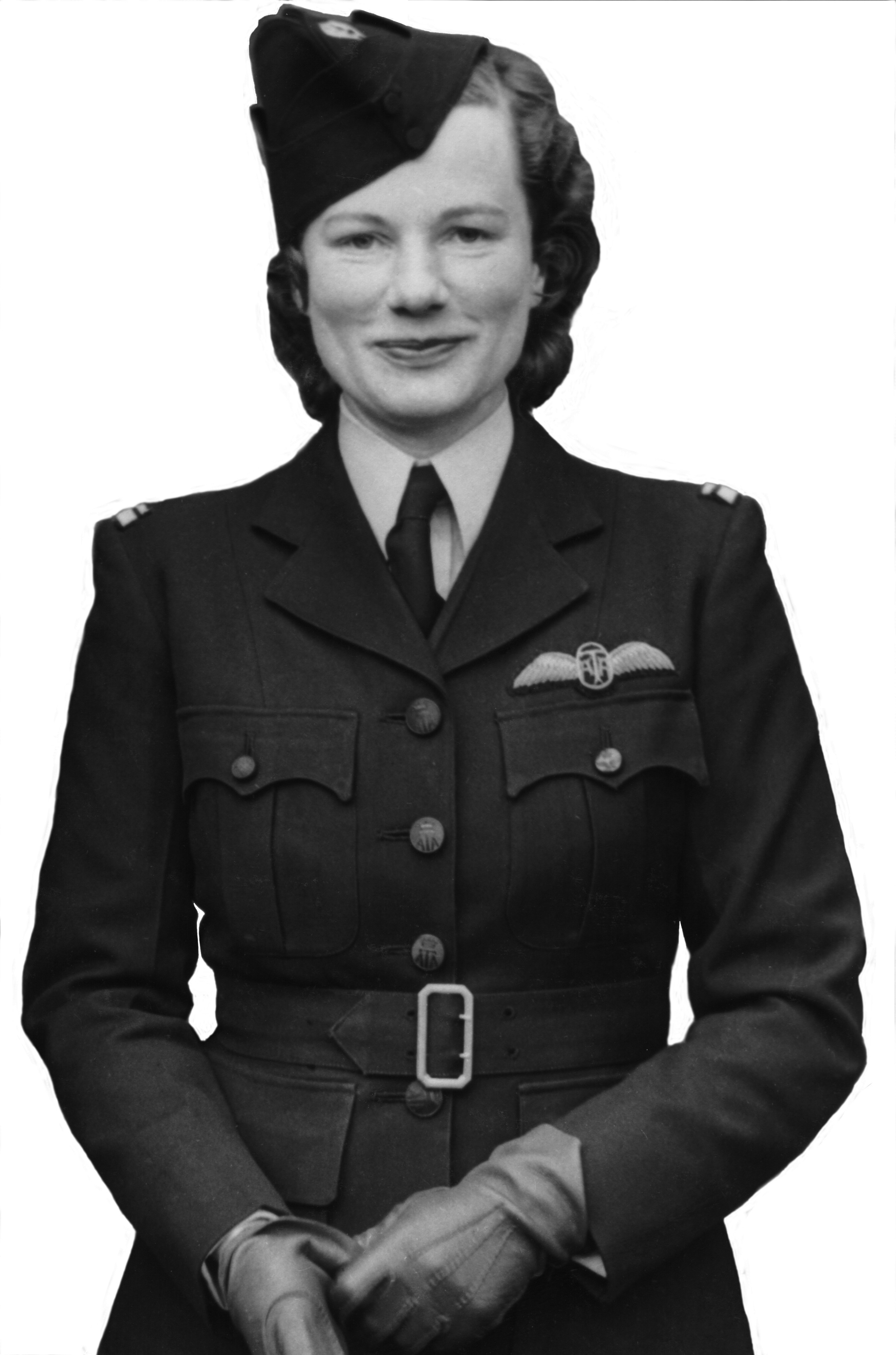 ATA
ATA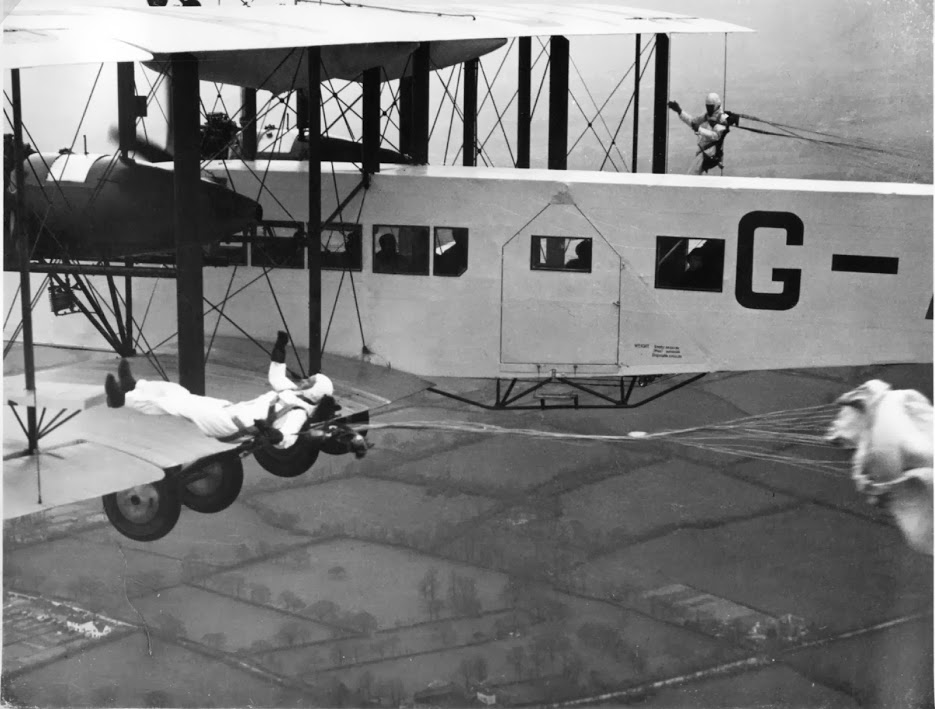
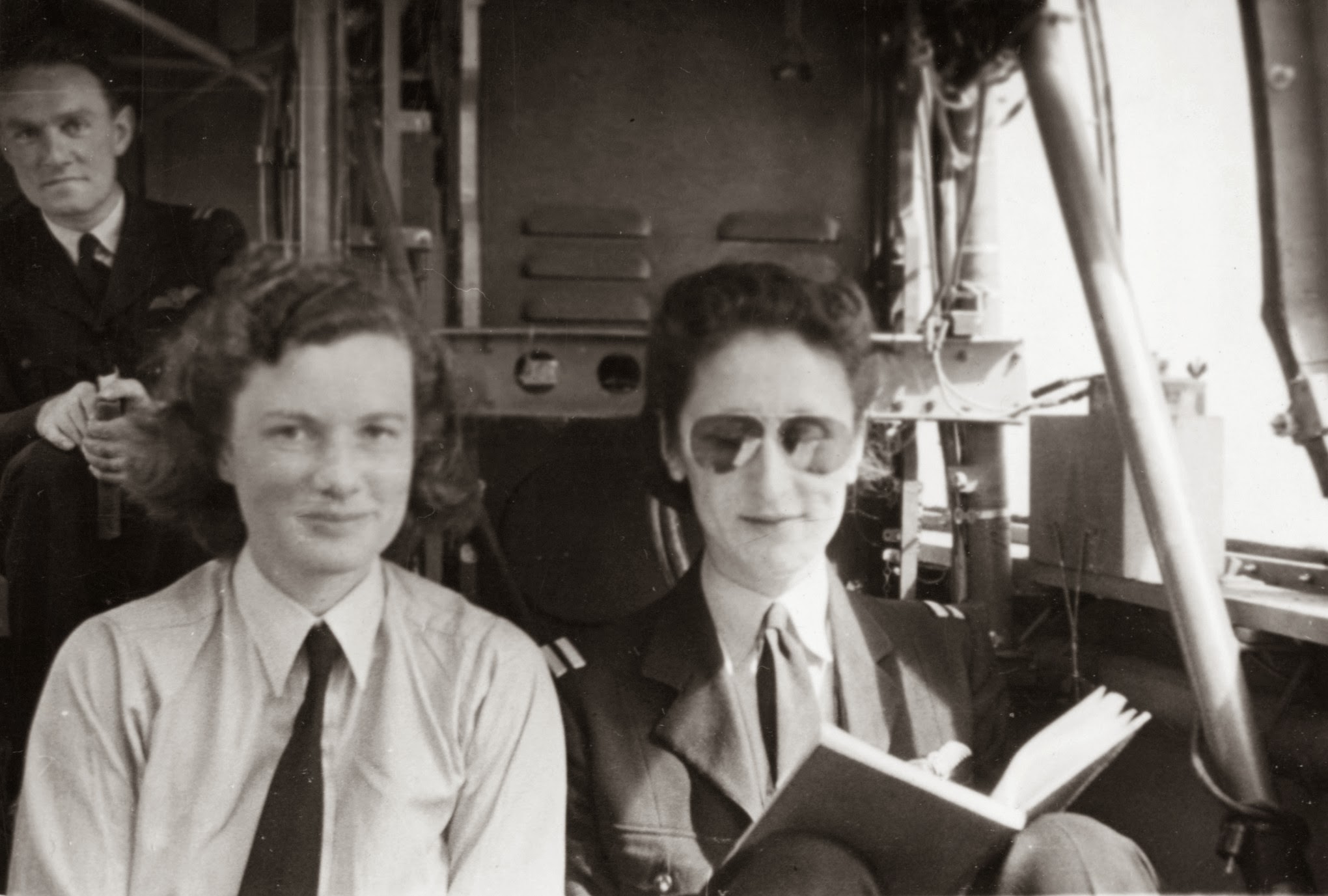 with Jean Bird in a taxi Anson, 1942 [all photos with thanks to Nick Thomas]
with Jean Bird in a taxi Anson, 1942 [all photos with thanks to Nick Thomas]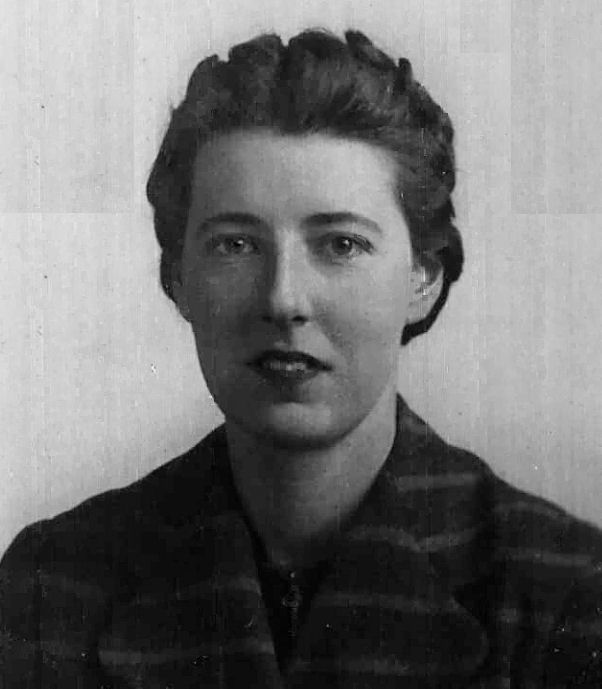 RAeC 1939
RAeC 1939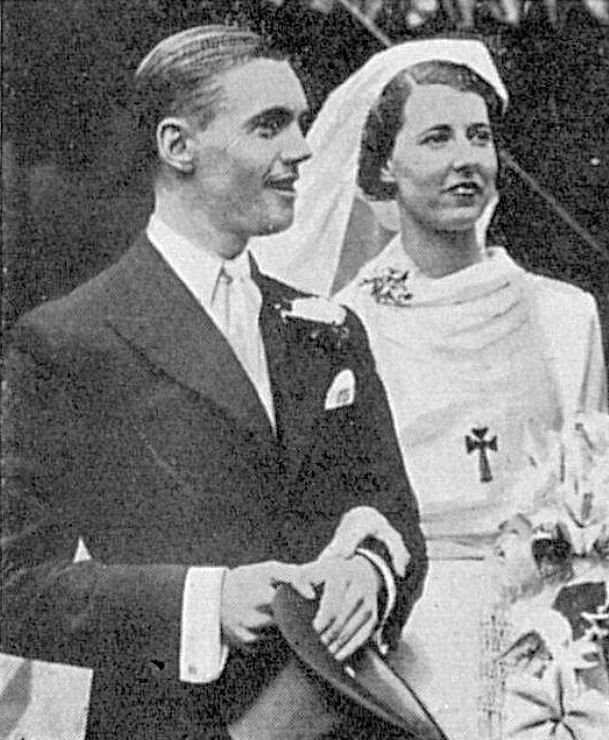 The Bystander
The Bystander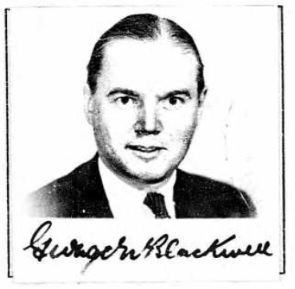 (George moved to Canada, then the USA in October 1945 and became an American citizen.)
(George moved to Canada, then the USA in October 1945 and became an American citizen.)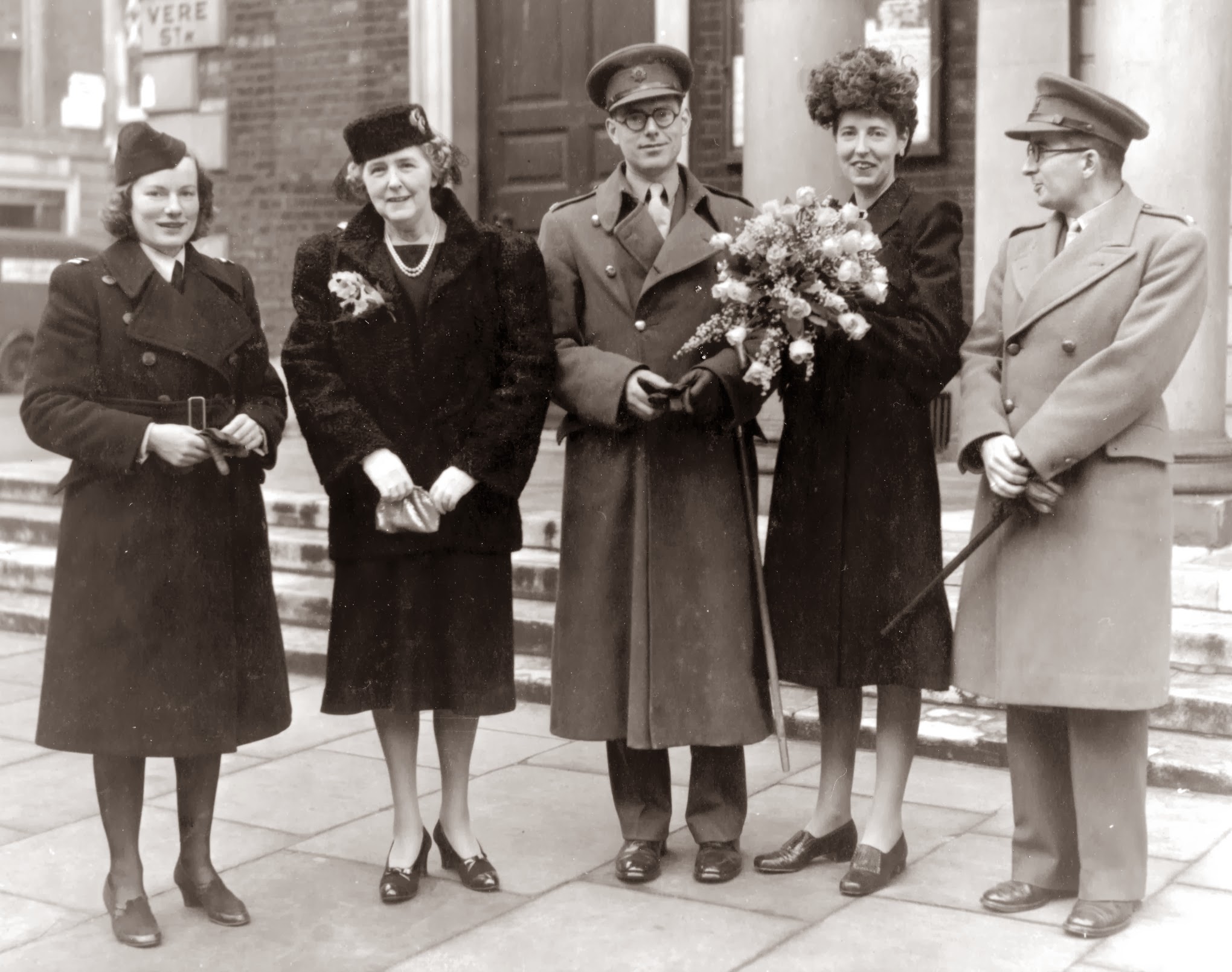 Naomi Allen on the left, Ann 2nd right. 1942?
Naomi Allen on the left, Ann 2nd right. 1942?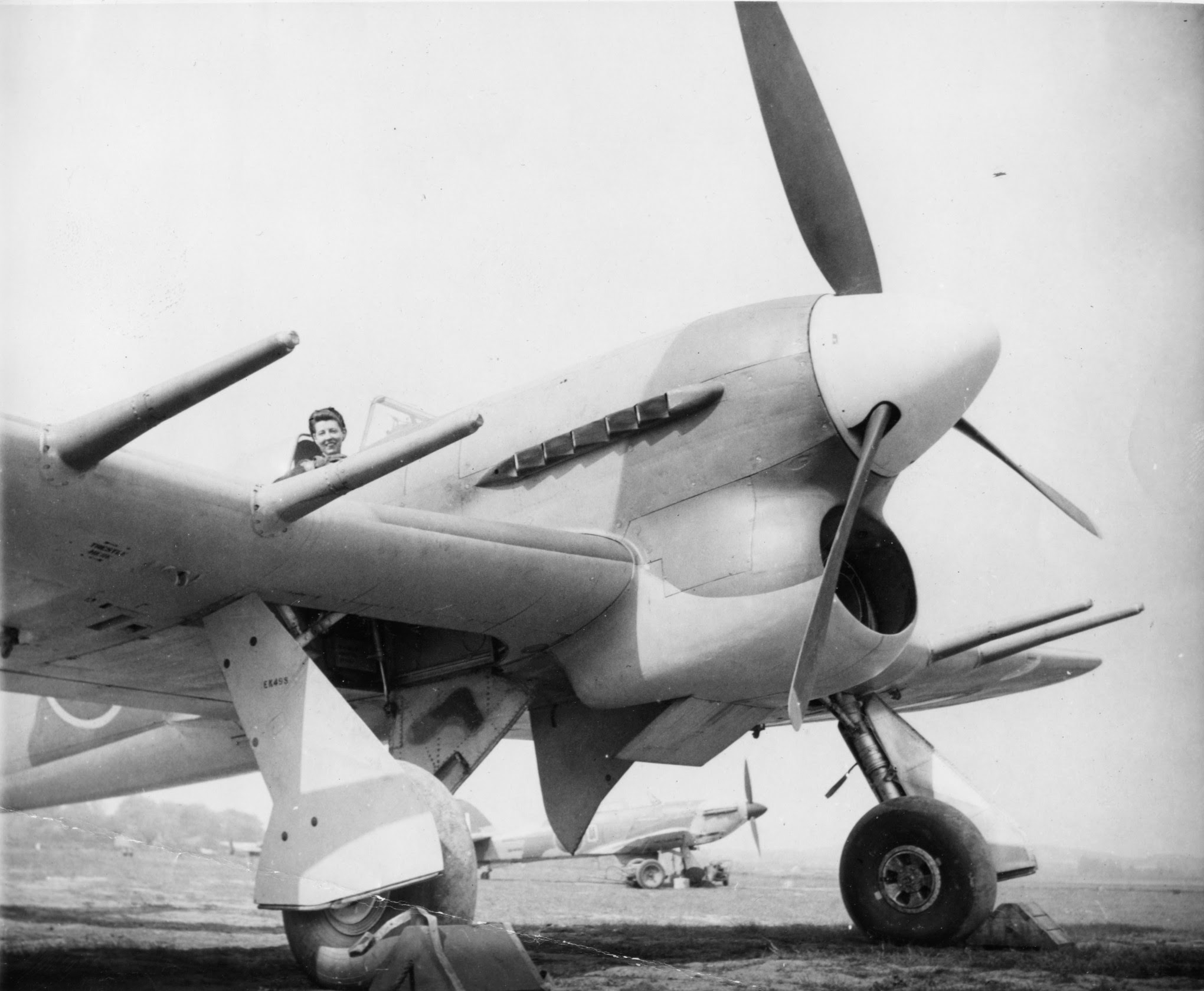 Ann in a Typhoon [photos with thanks to Nicholas Thomas]
Ann in a Typhoon [photos with thanks to Nicholas Thomas]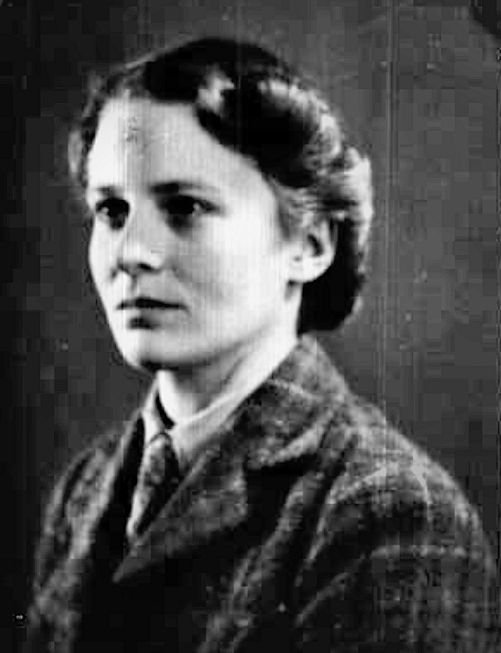 RAeC 1940
RAeC 1940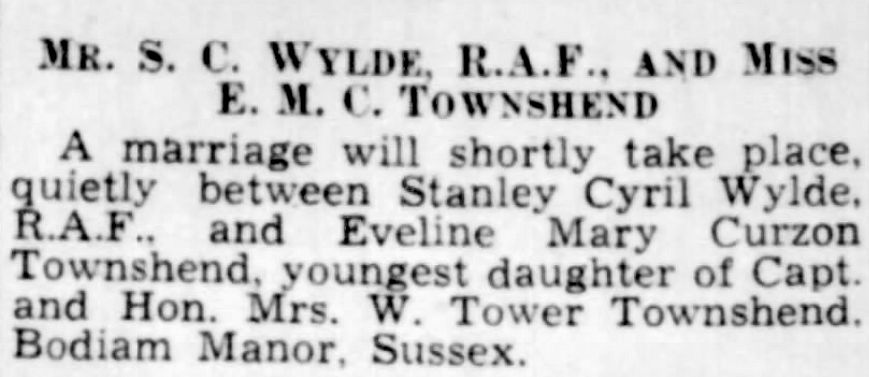
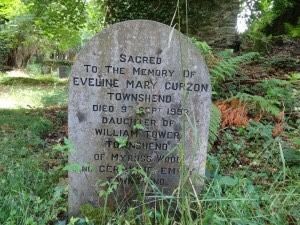
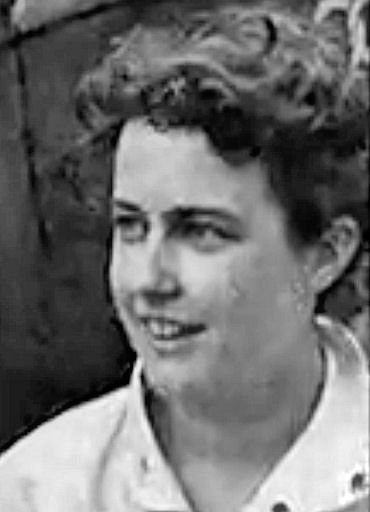
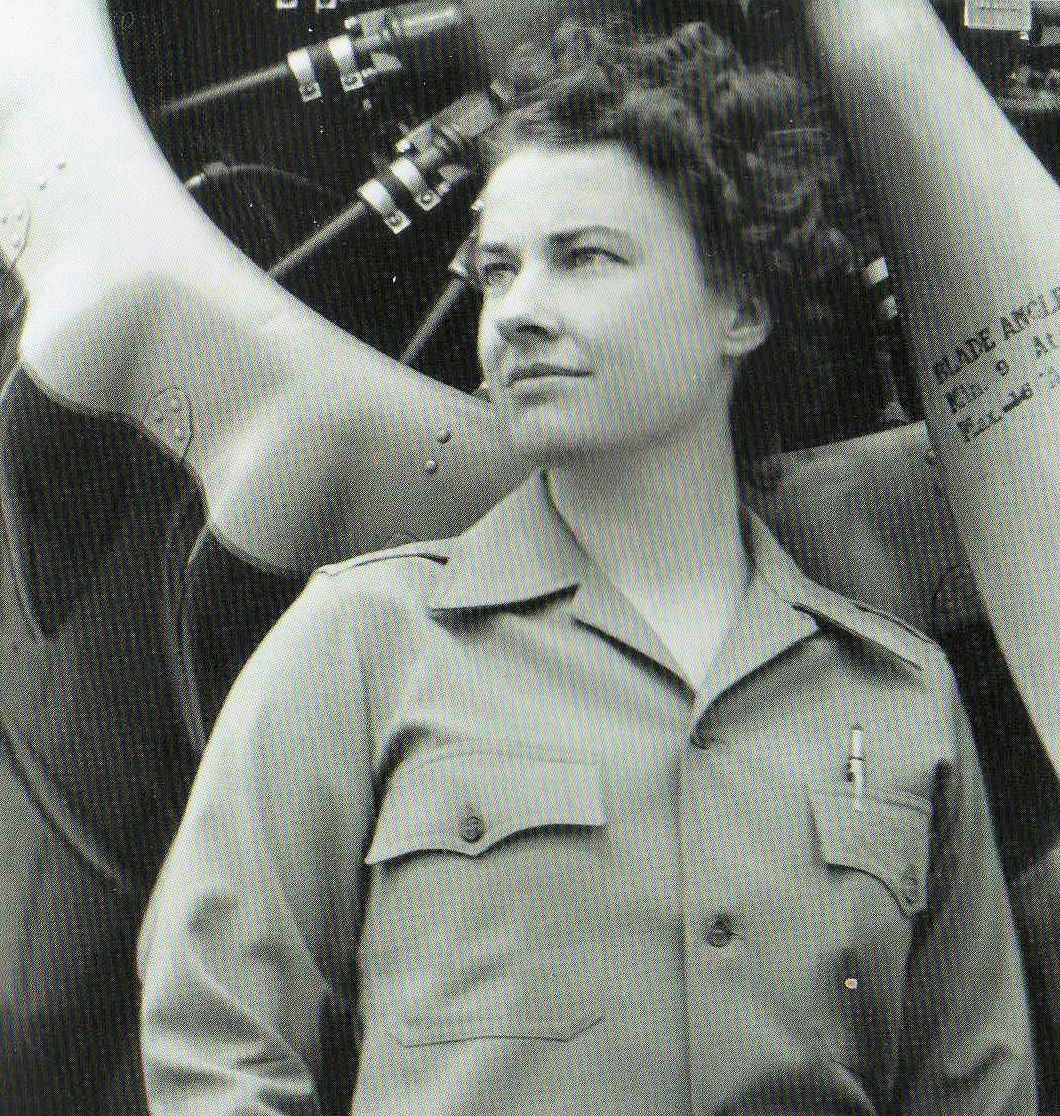
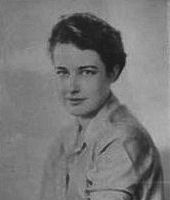
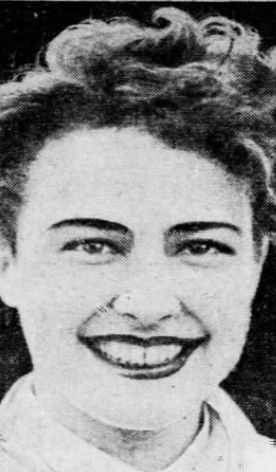
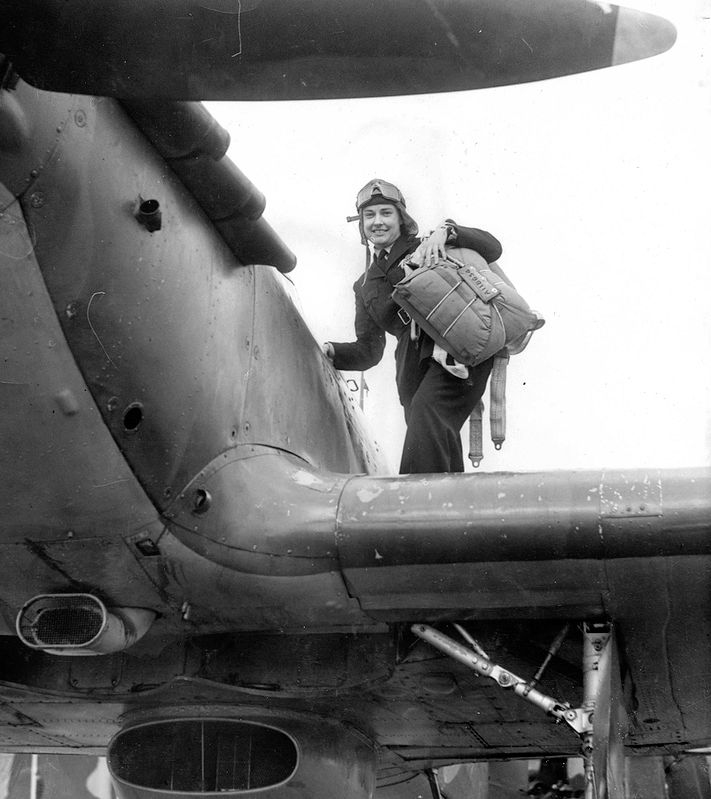
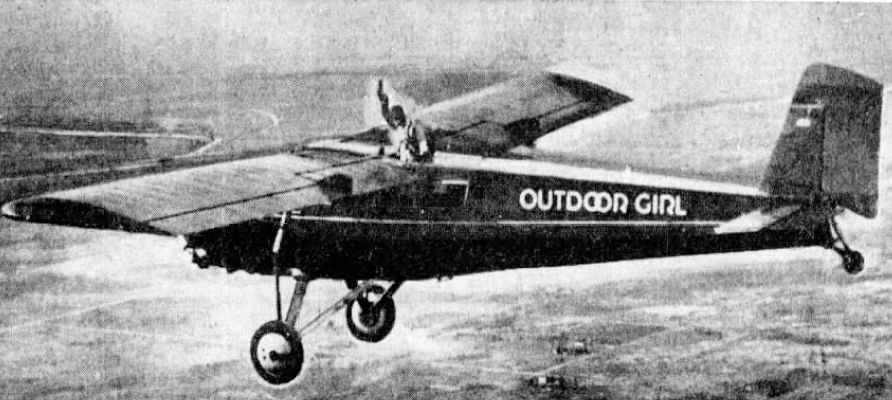
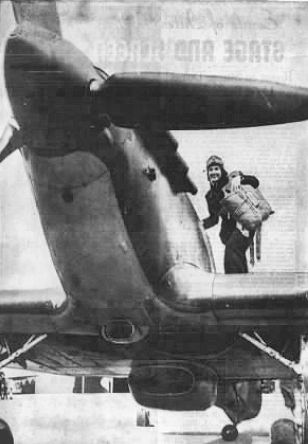 San Franciso Examiner, Aug 1942
San Franciso Examiner, Aug 1942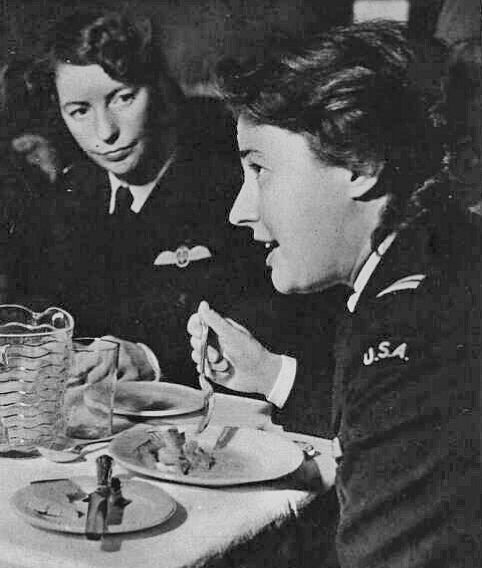
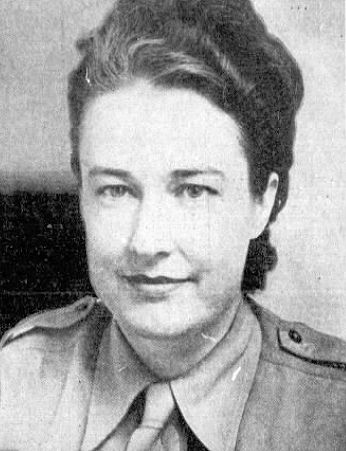
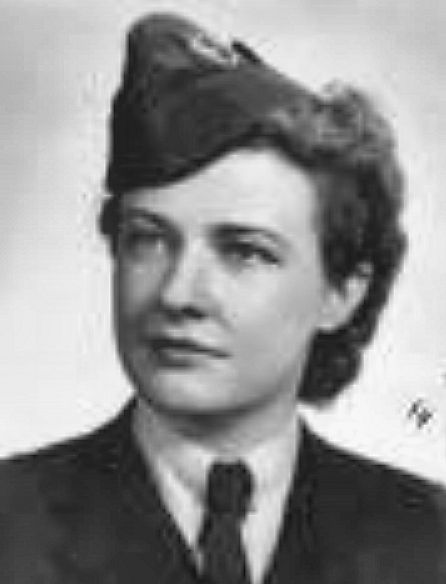
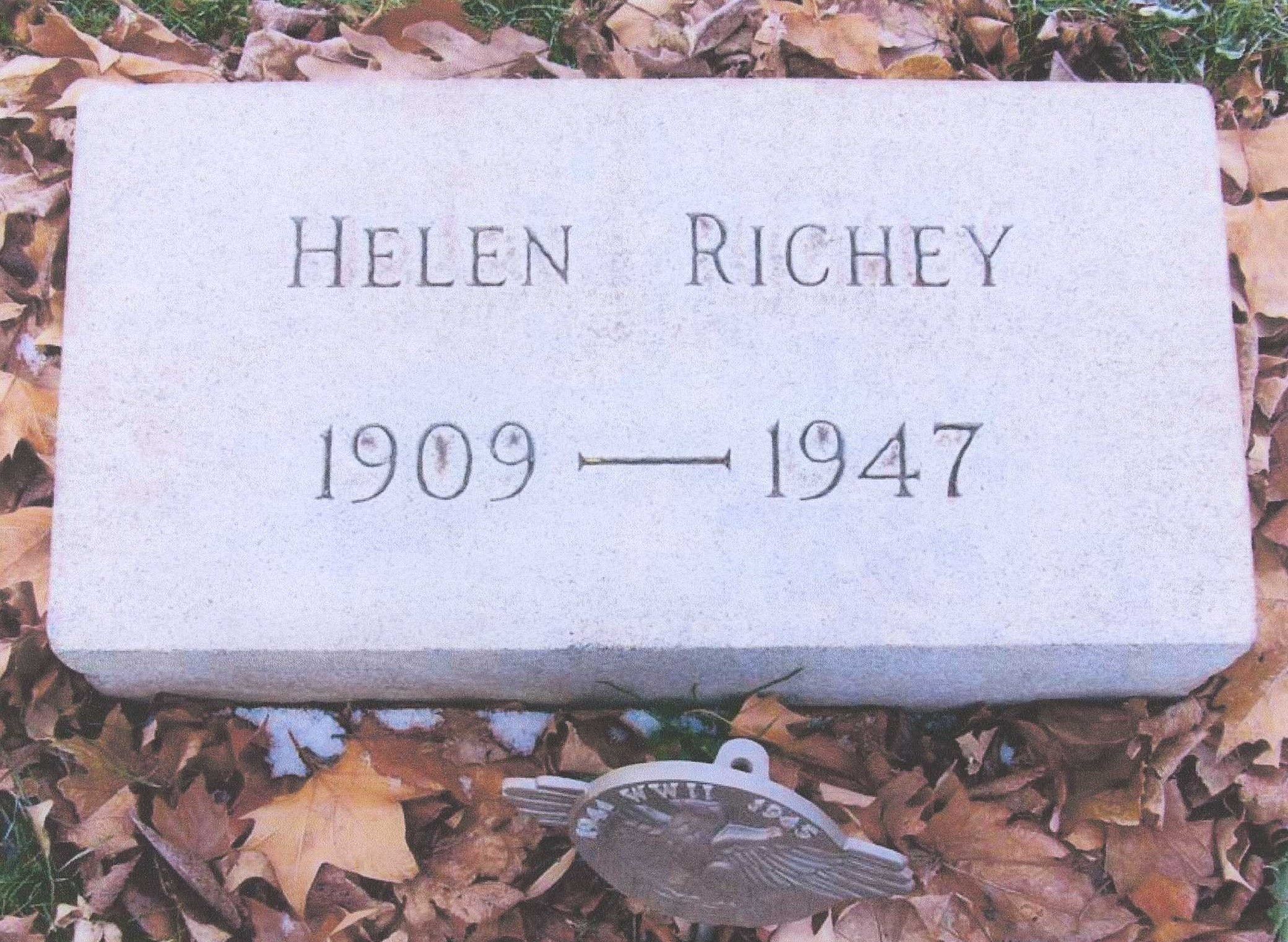
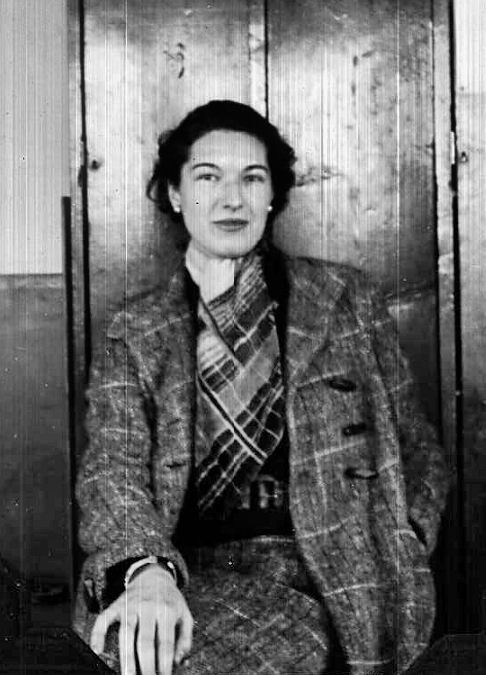 RAeC 1936
RAeC 1936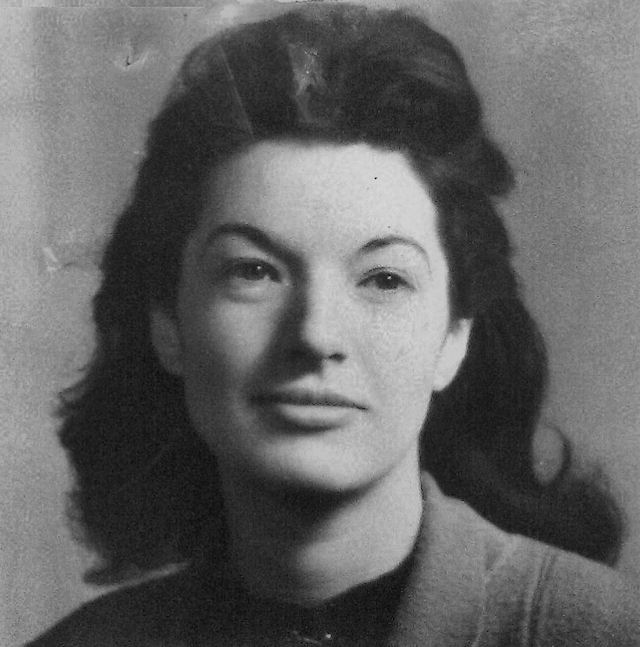 ATA
ATA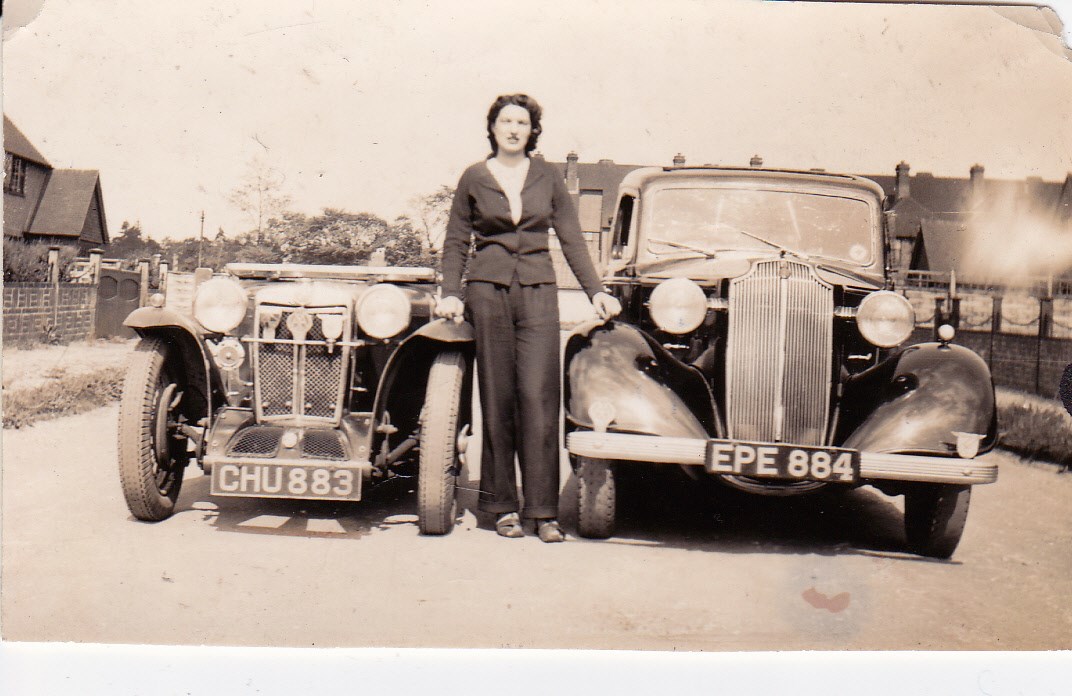 1939. "Mummy's Vauxhall & Daddy's M.G." - Ancestry
1939. "Mummy's Vauxhall & Daddy's M.G." - Ancestry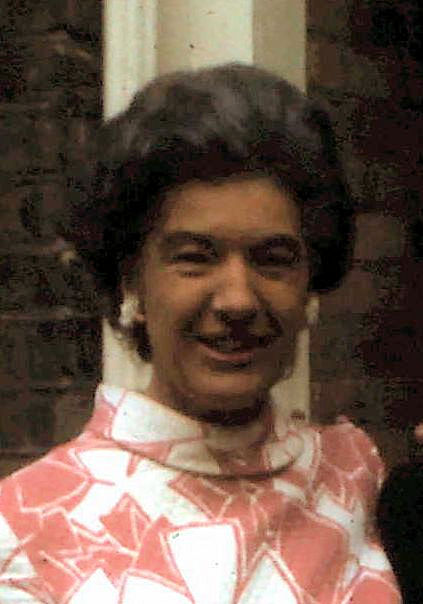 Ancestry
Ancestry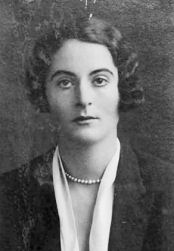 RAeC 1930
RAeC 1930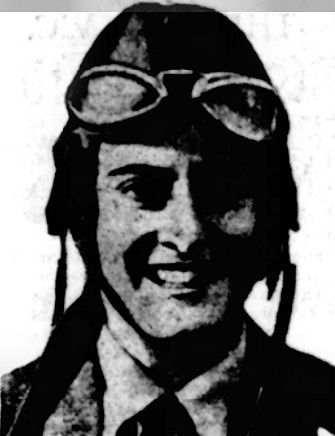
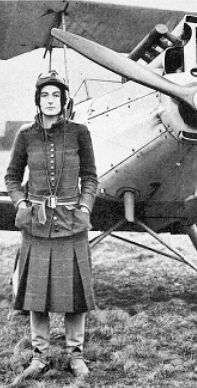
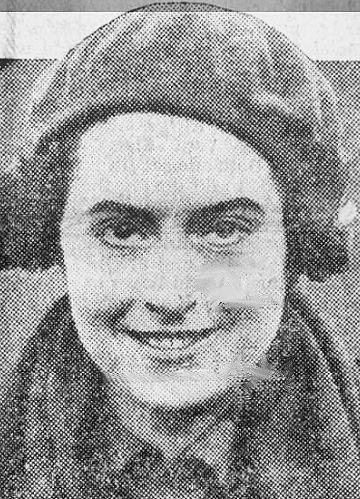
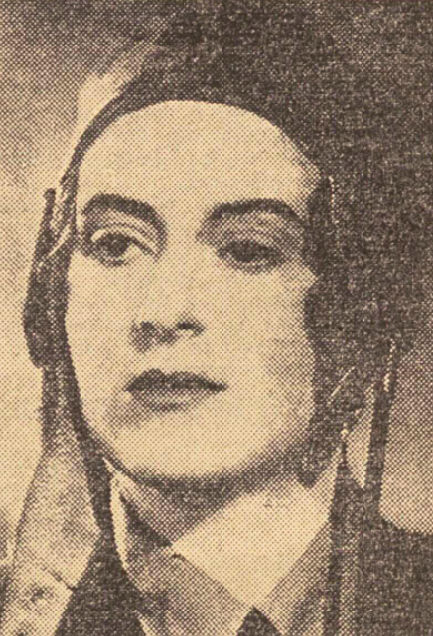

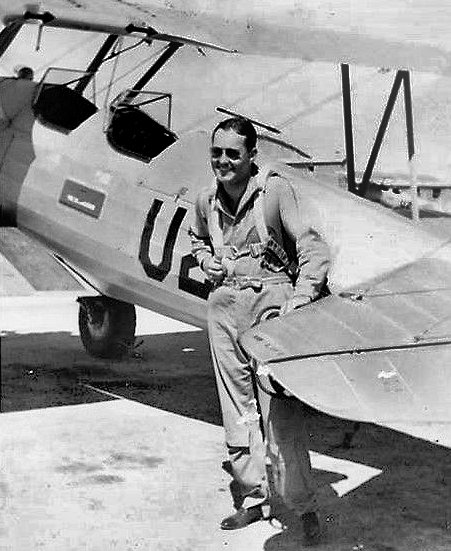
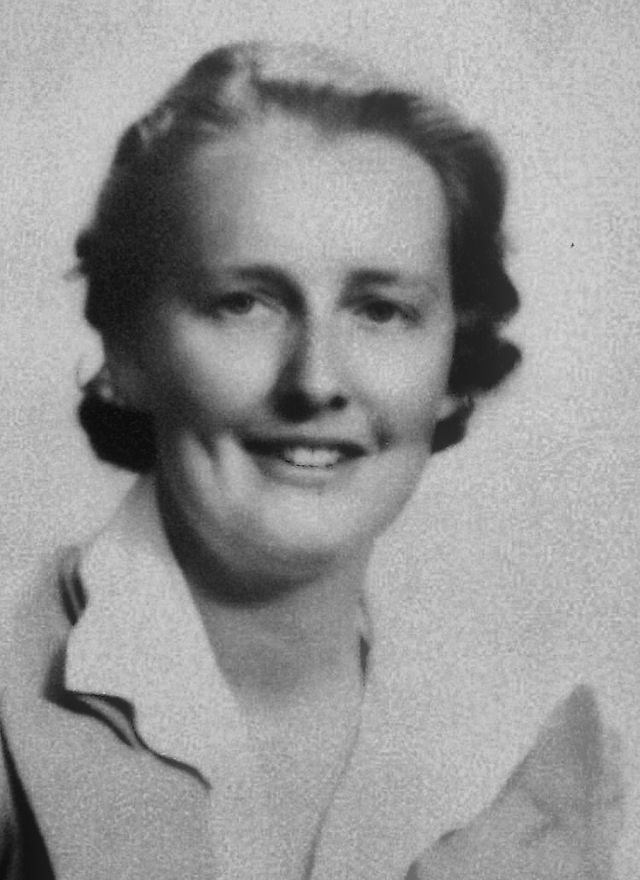 ATA
ATA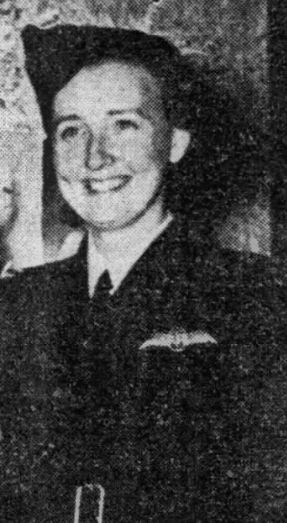 1943
1943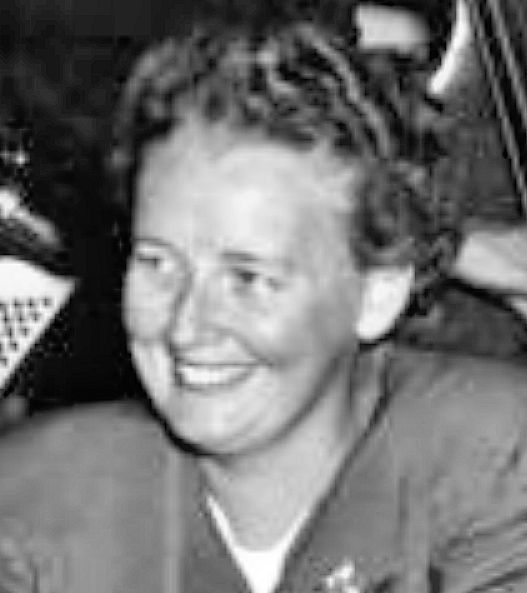
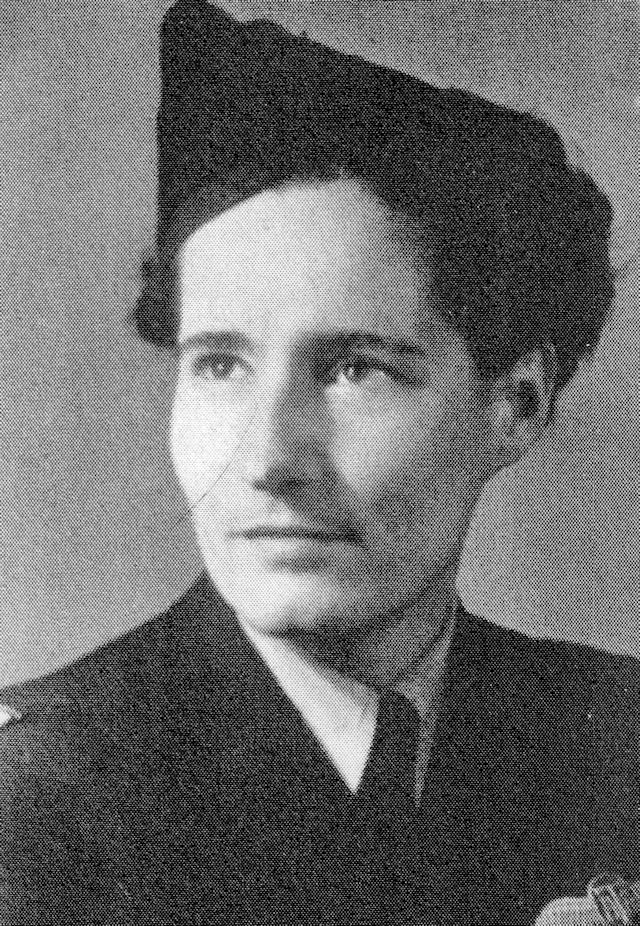
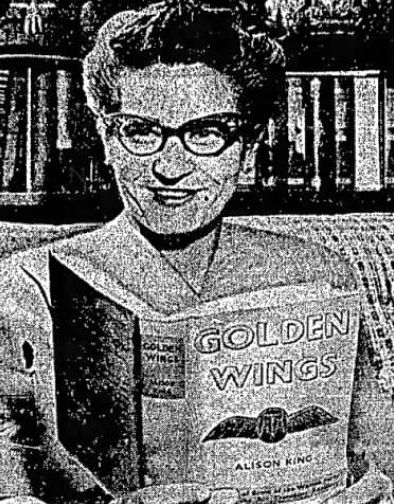
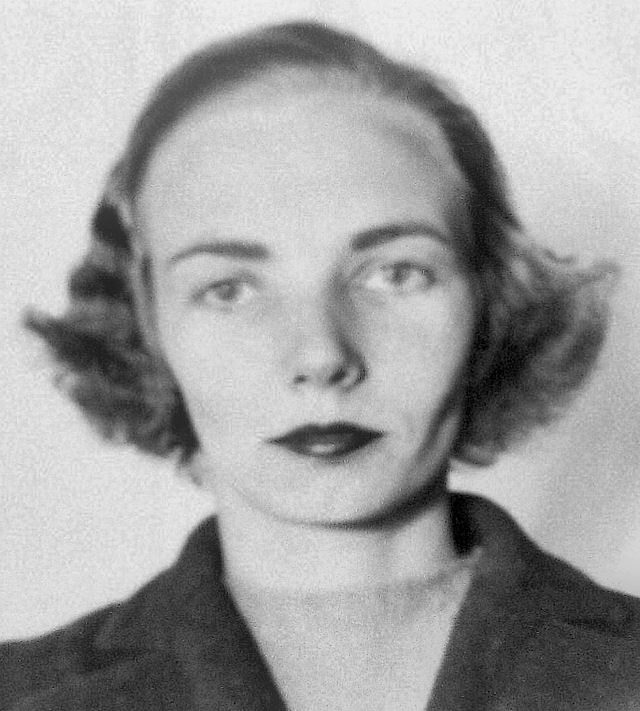
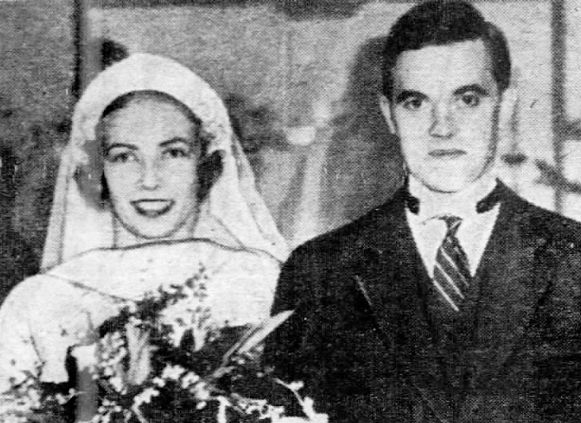
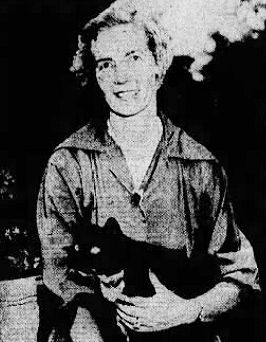
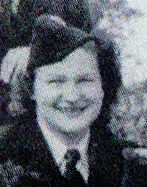 CB
CB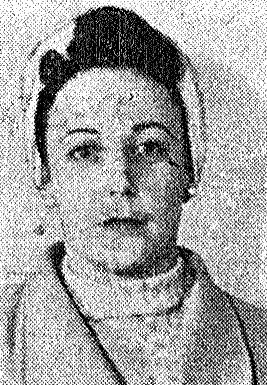 NZ Herald 1943
NZ Herald 1943
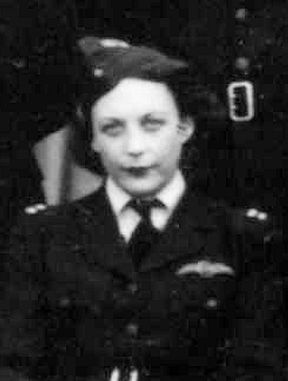 ATAM
ATAM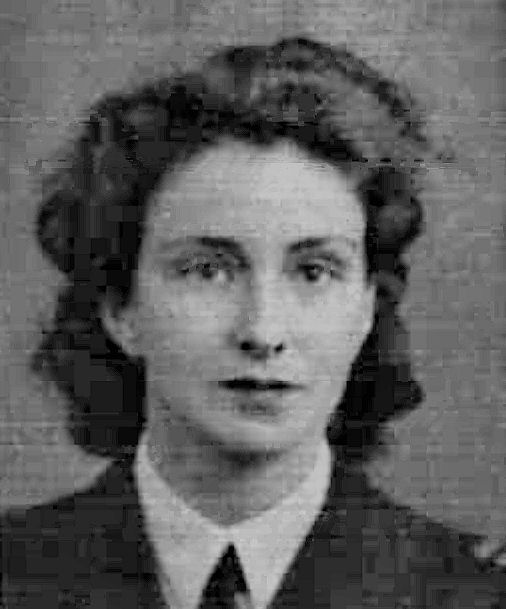 RAeC 1945
RAeC 1945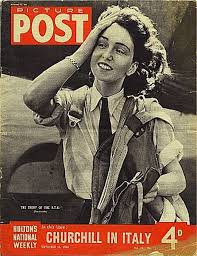 Yes, that picture, 1944
Yes, that picture, 1944 ATAM
ATAM 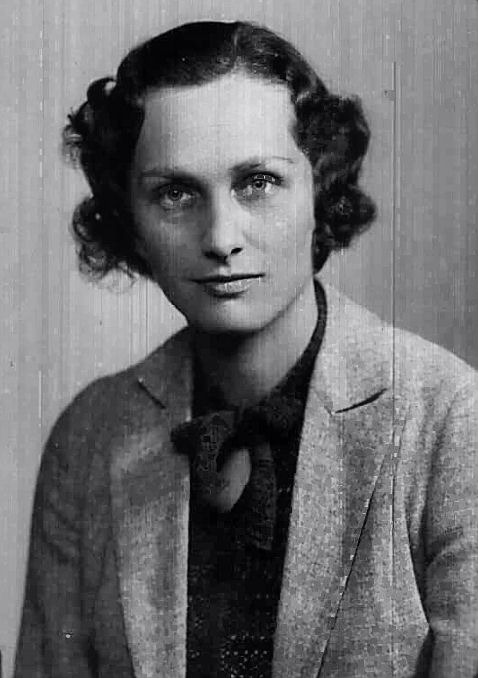 RAeC 1936
RAeC 1936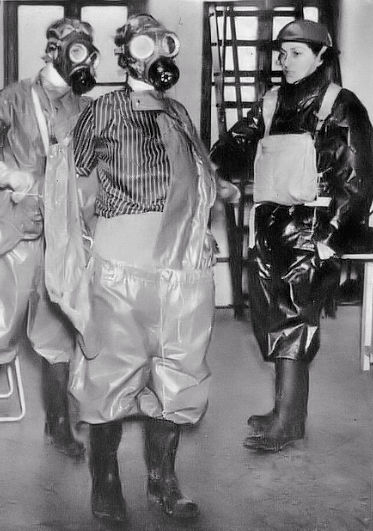
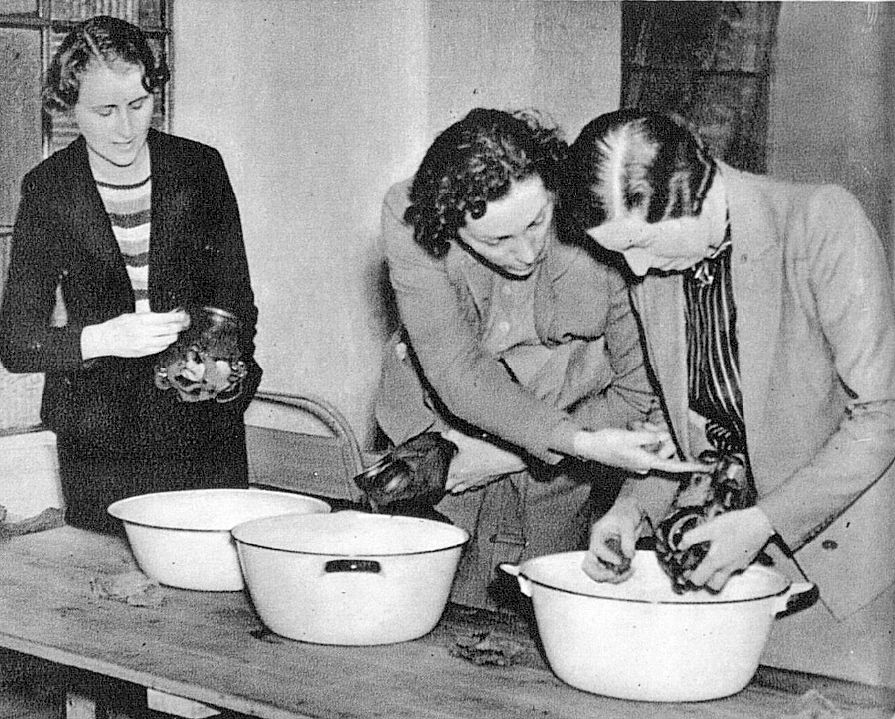
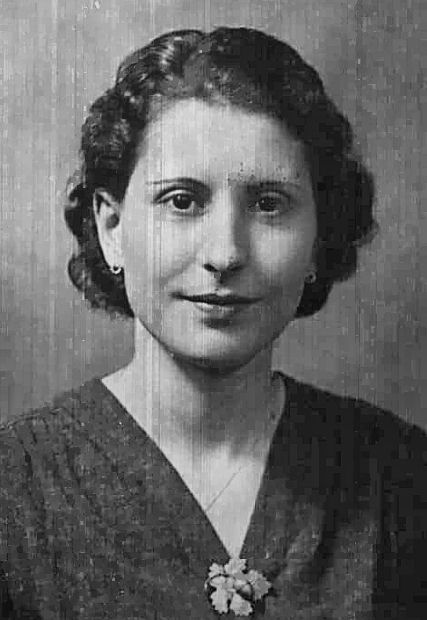 RAeC 1939
RAeC 1939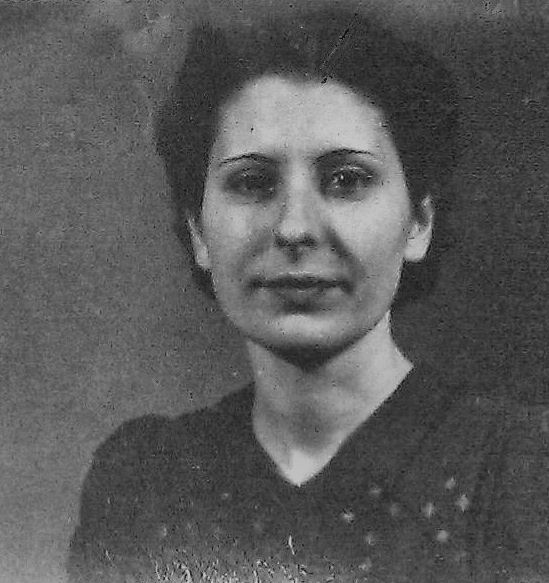 ATA
ATA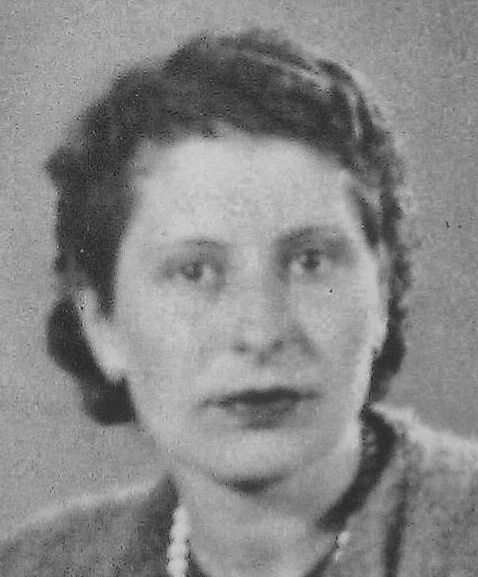 ATA
ATA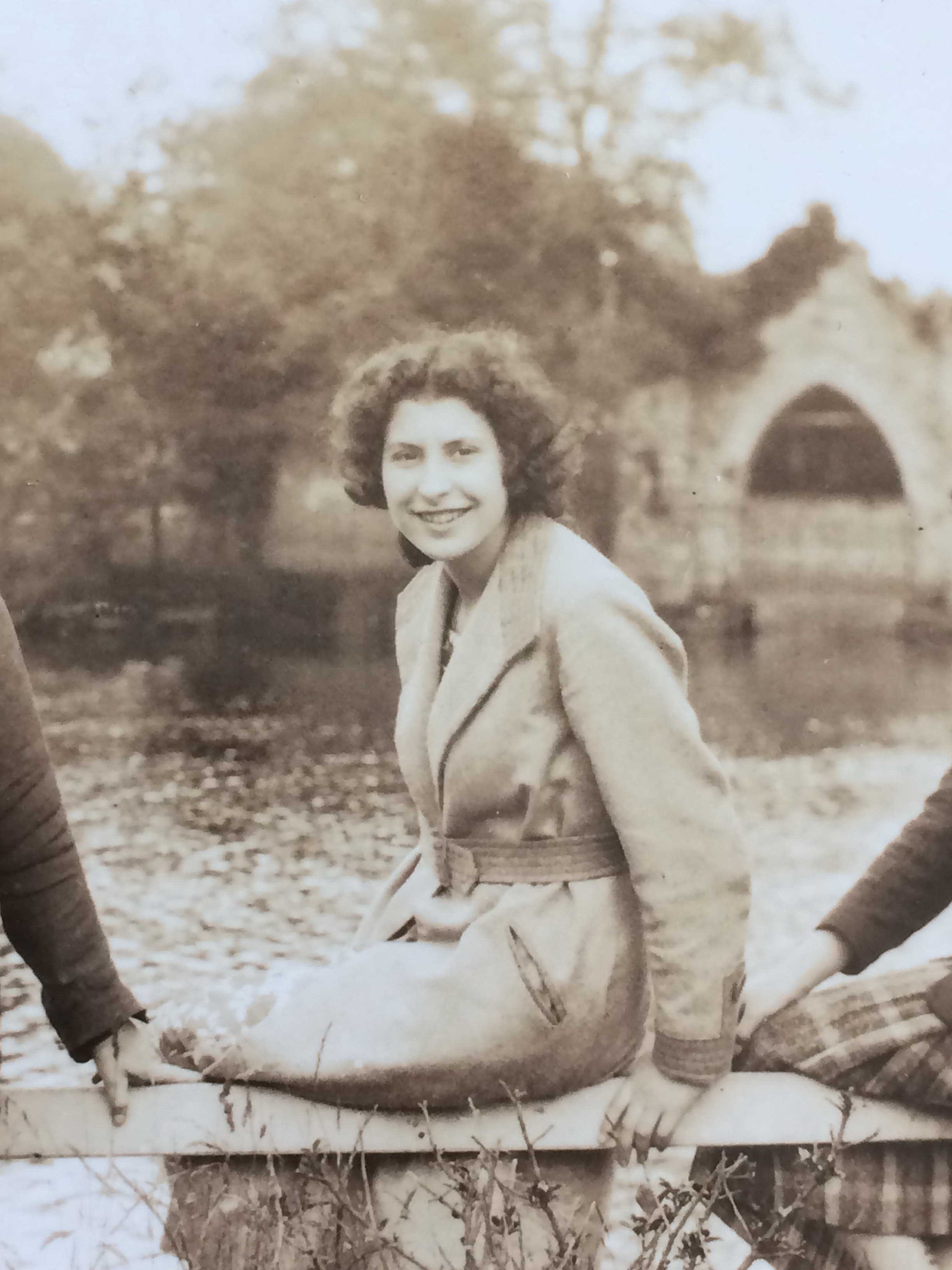 Ancestry
Ancestry  ATA
ATA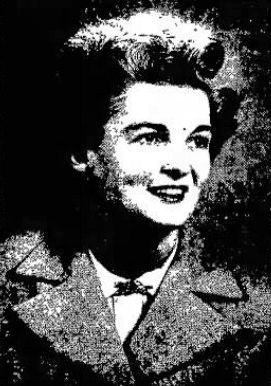 1949
1949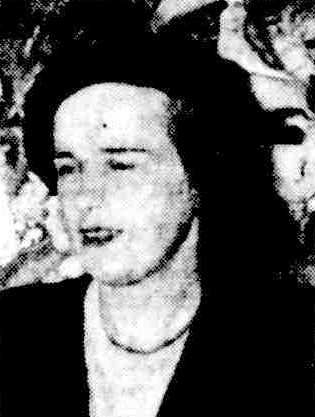 1949
1949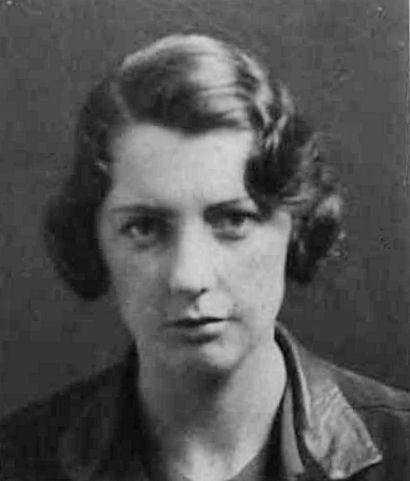
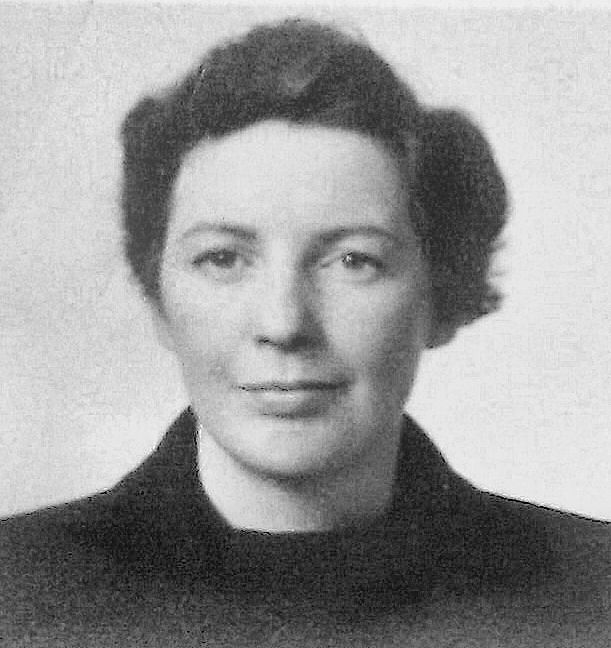
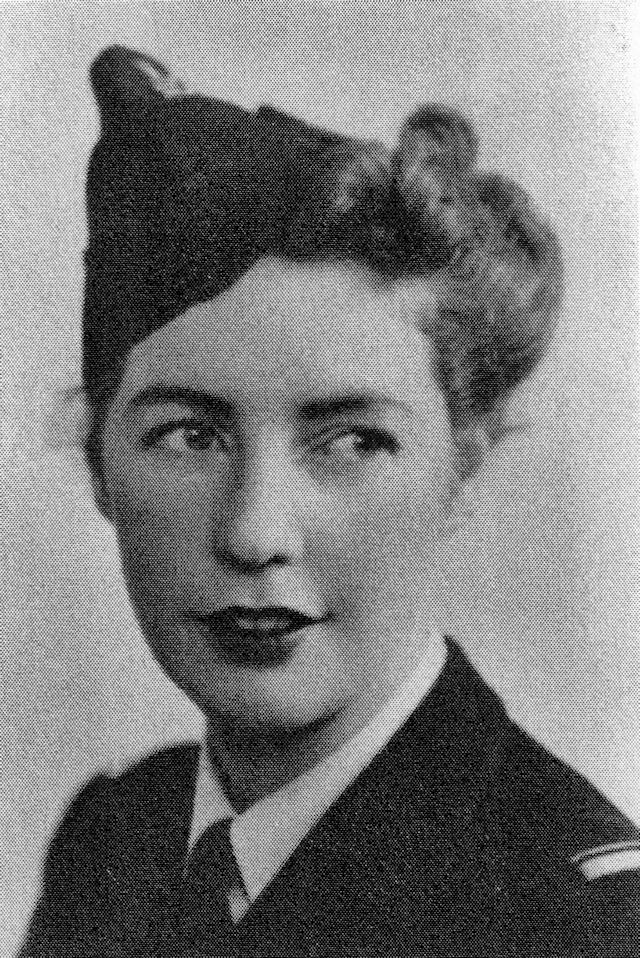
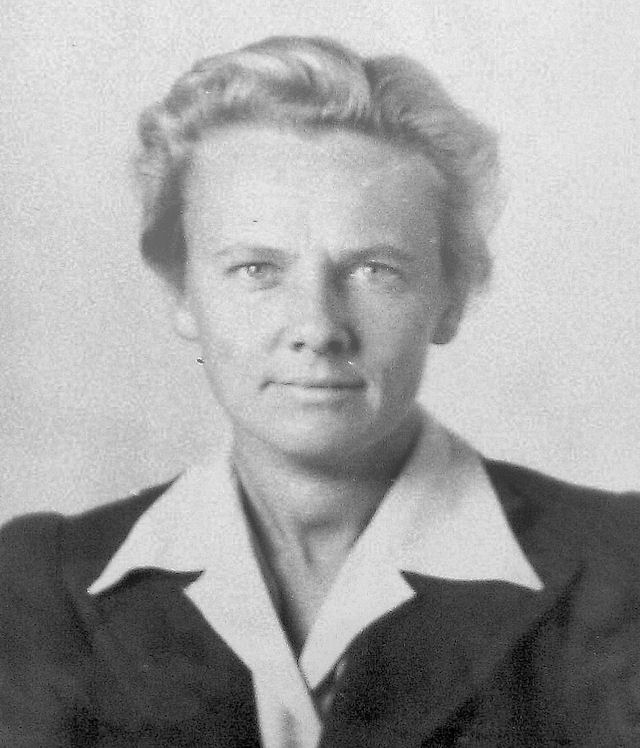 ATA
ATA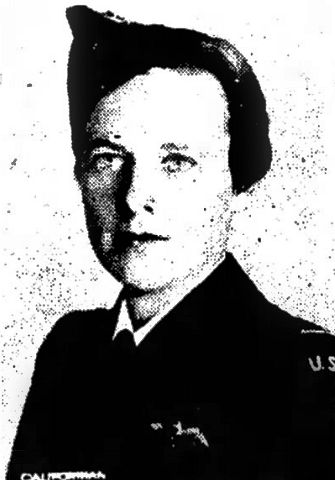
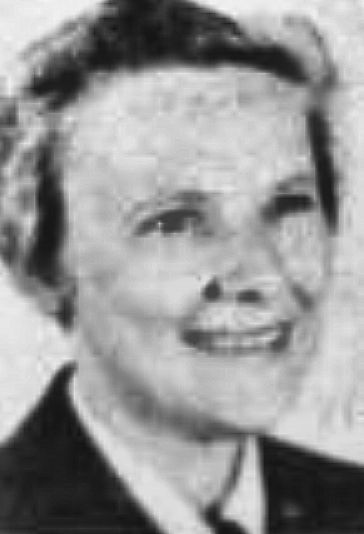
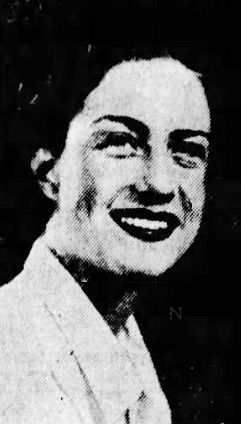 1937
1937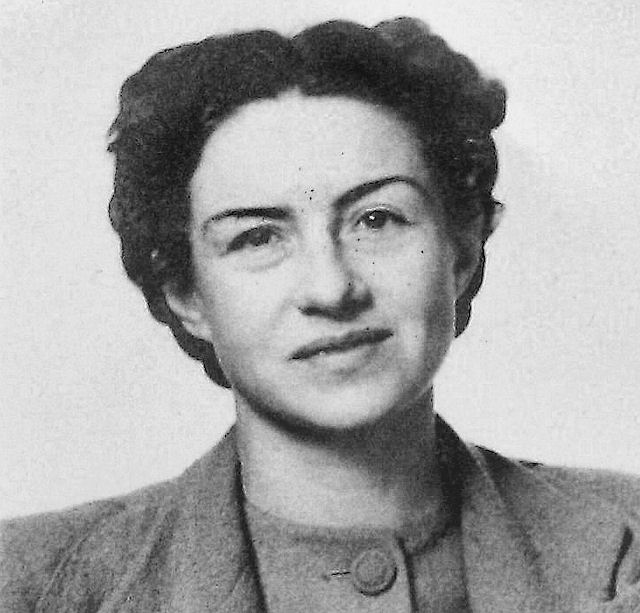
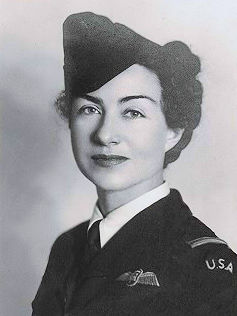
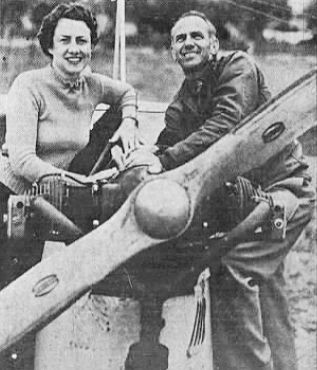
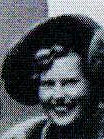 CB
CB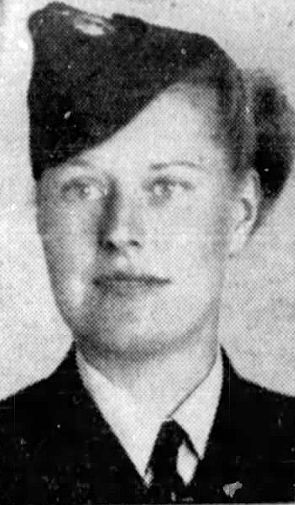 1943
1943
 Peggy in 1951, after finishing first
Peggy in 1951, after finishing first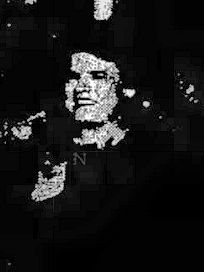
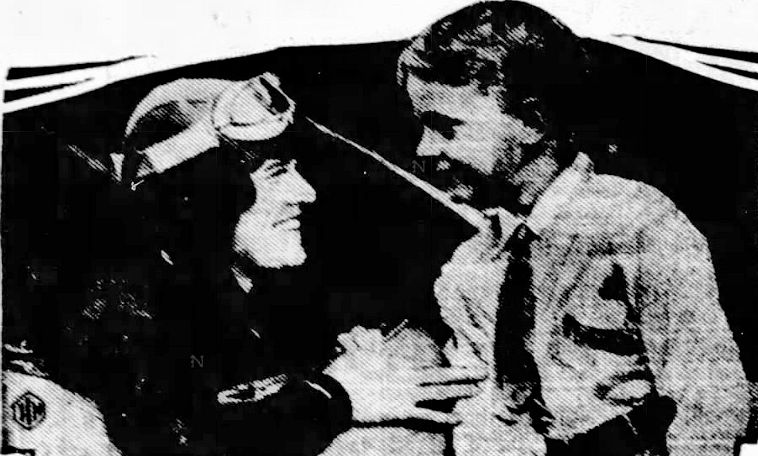 with Richard in 1931
with Richard in 1931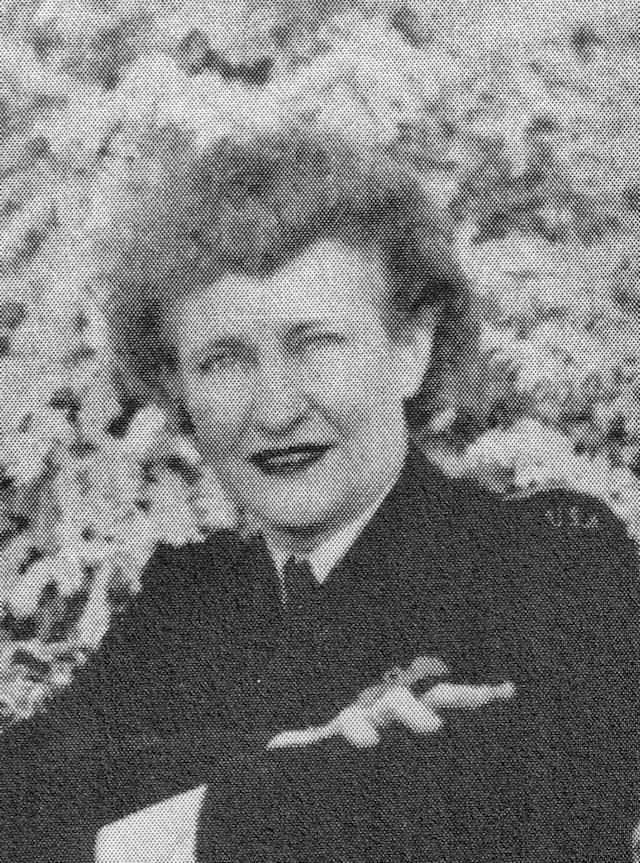 ATA
ATA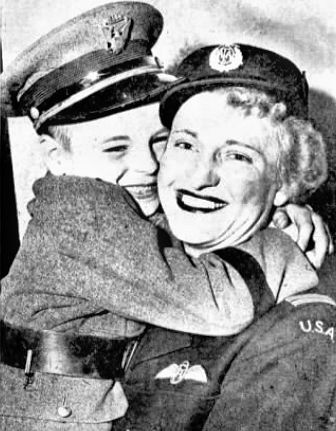
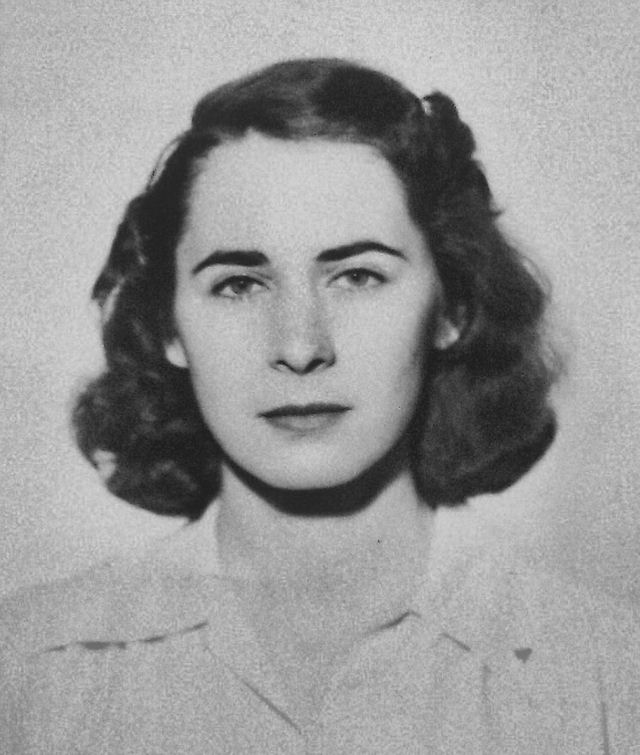
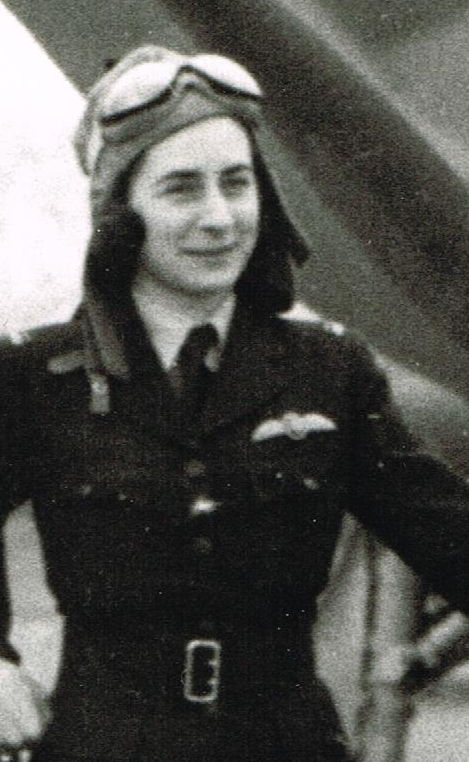

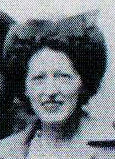 CB
CB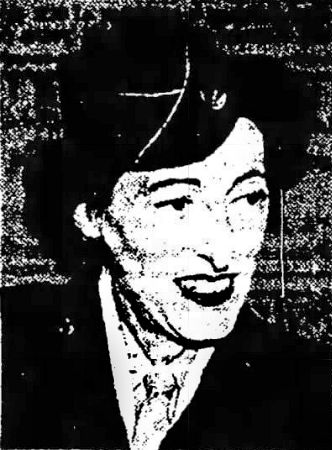
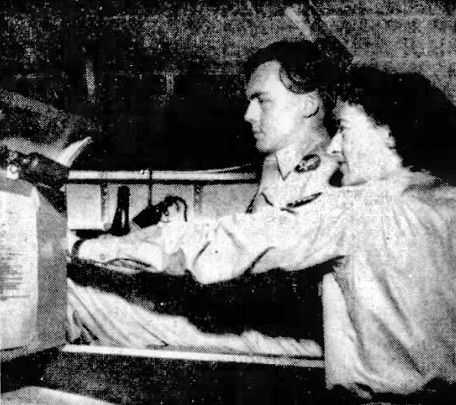
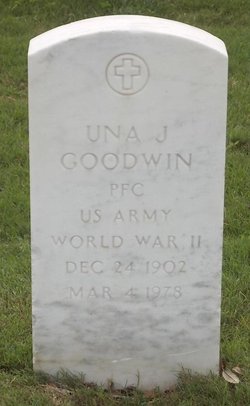 Fort Sam Houston National Cemetery
Fort Sam Houston National Cemetery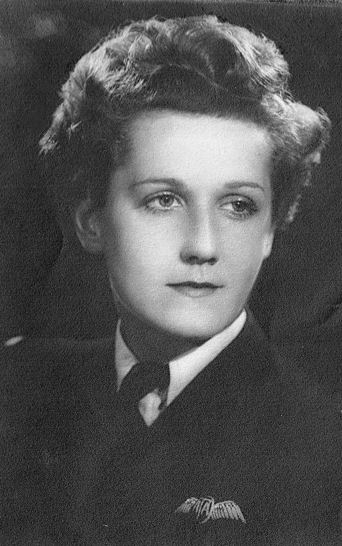 via Marcus J Hale
via Marcus J Hale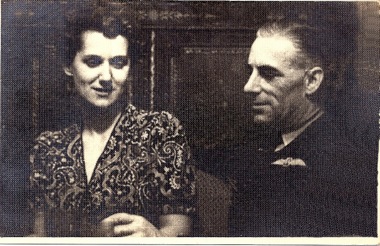 Joan and Mark, 1942
Joan and Mark, 1942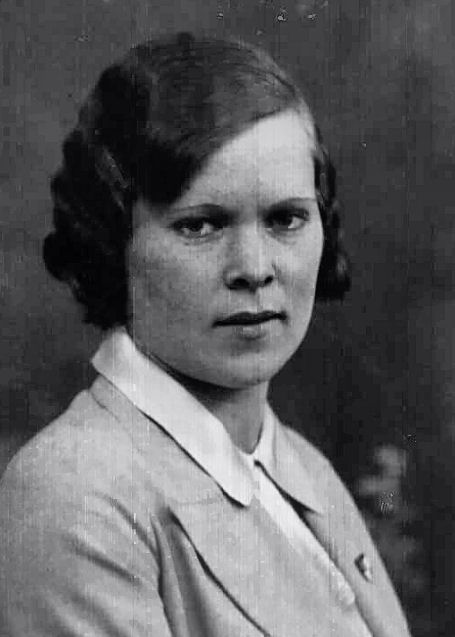 RAeC, 18 Oct 1936
RAeC, 18 Oct 1936 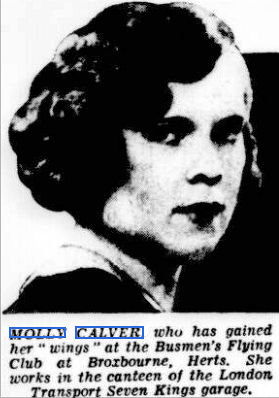 Daily Herald, 29 Jul 1936
Daily Herald, 29 Jul 1936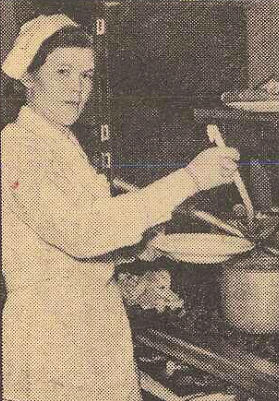
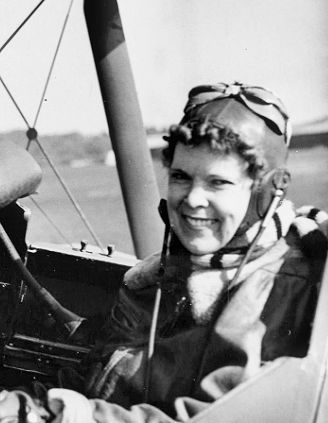 Daily Mirror 15th May 1953
Daily Mirror 15th May 1953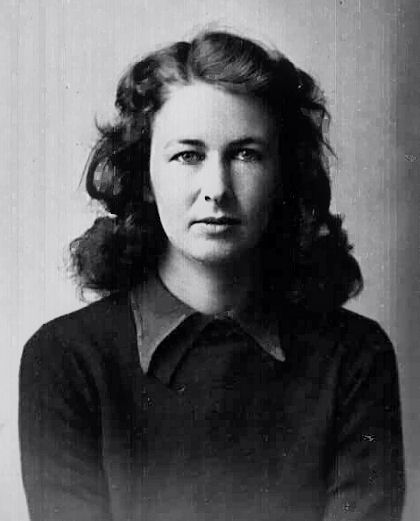 RAeC 1939
RAeC 1939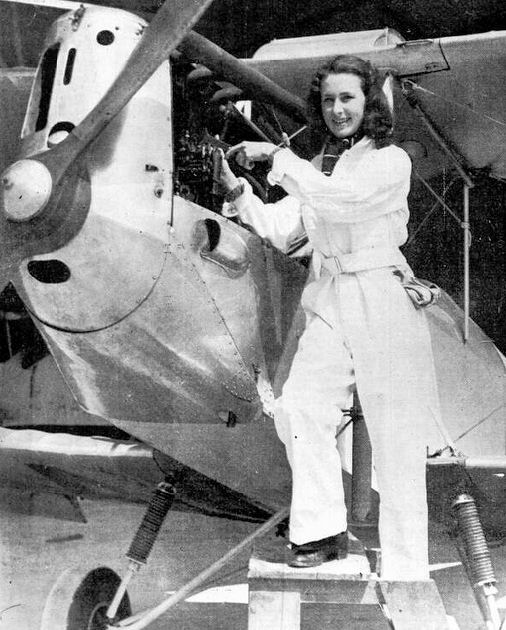 Empire Air Day 1939
Empire Air Day 1939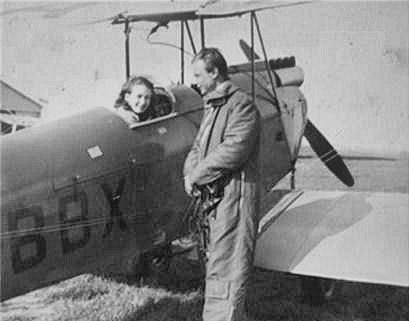
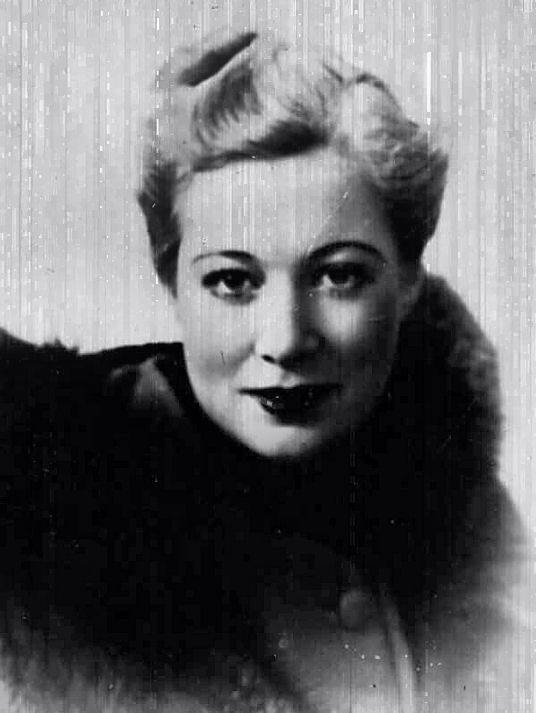 RAeC 1938
RAeC 1938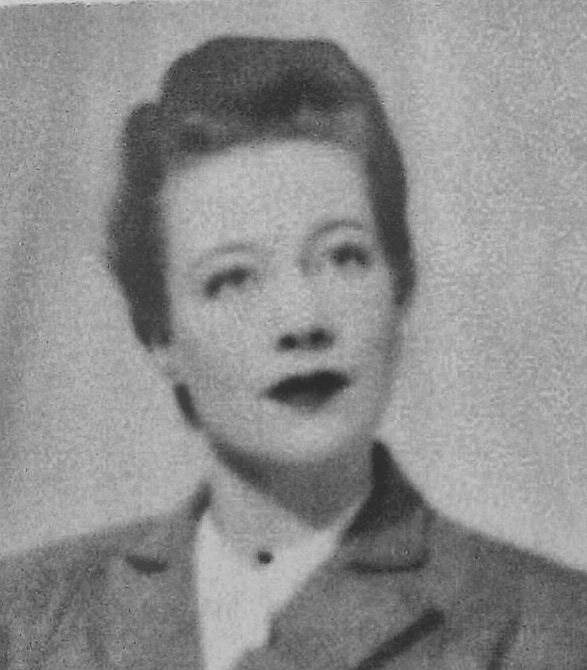 ATA
ATA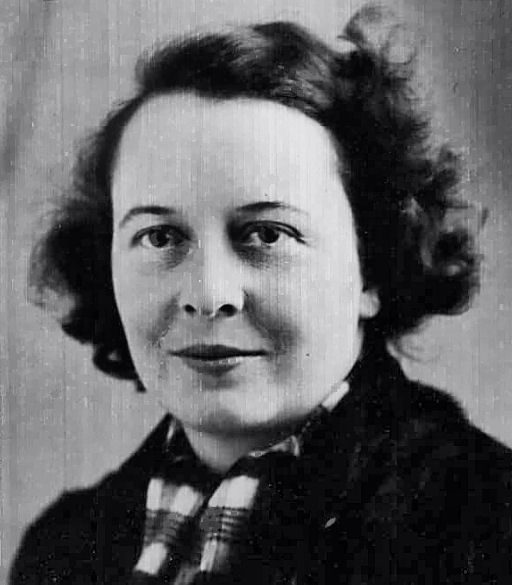 RAeC 1939
RAeC 1939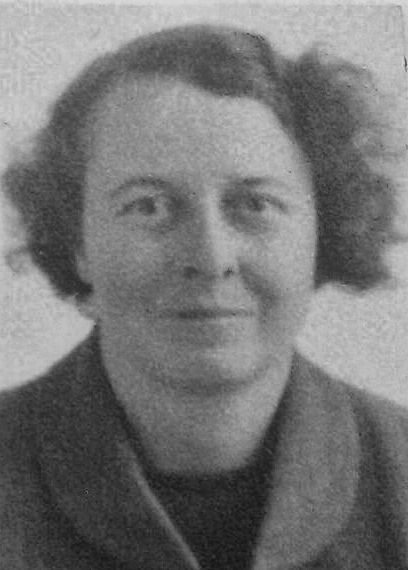 ATA
ATA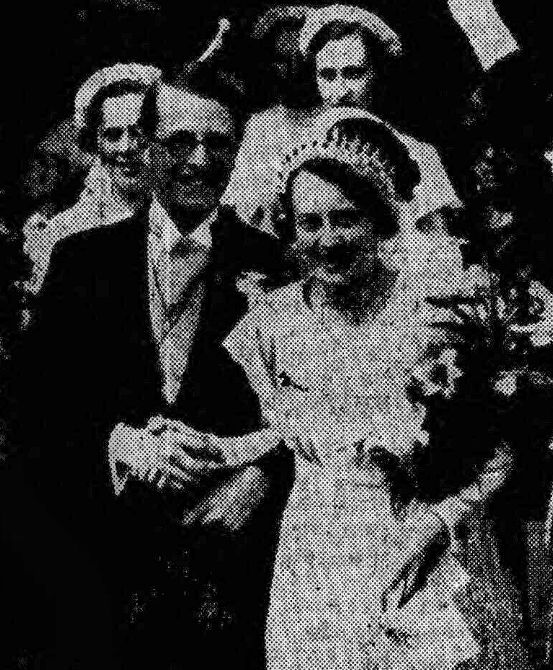
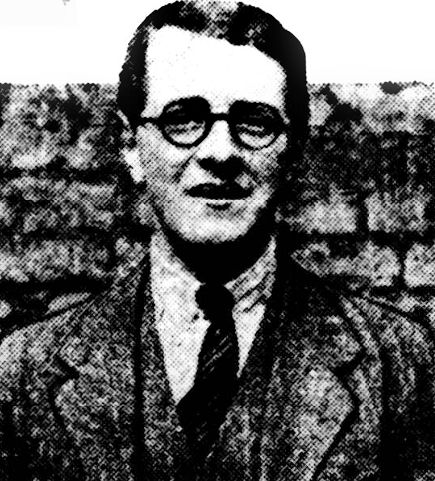 Cennydd in 1937
Cennydd in 1937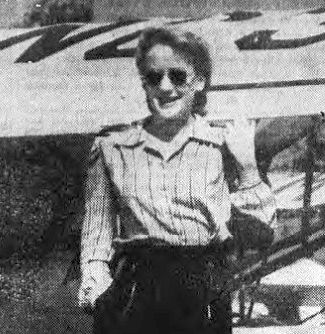
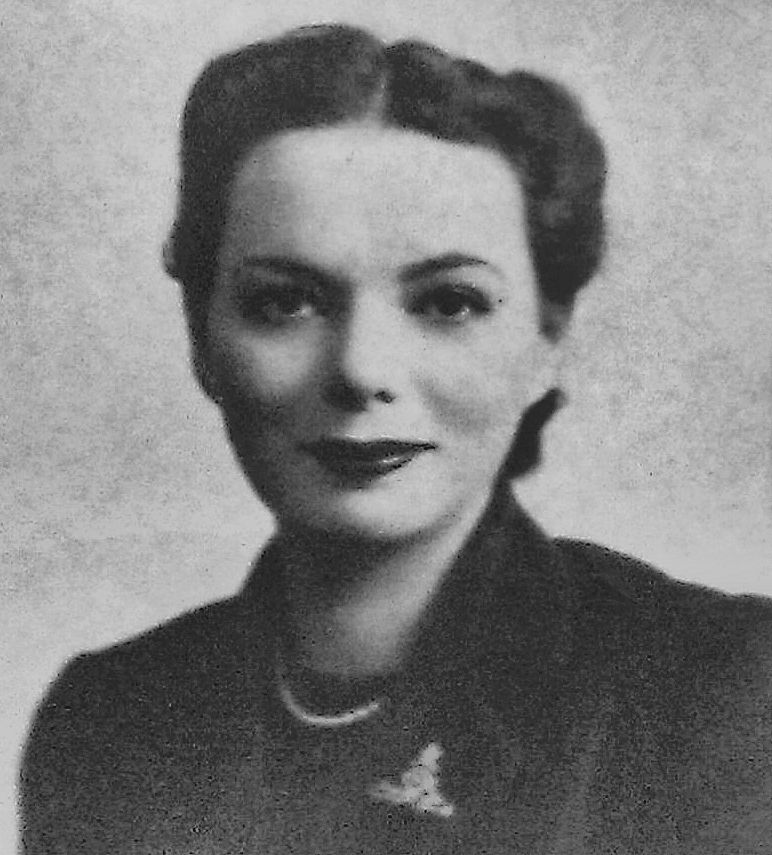
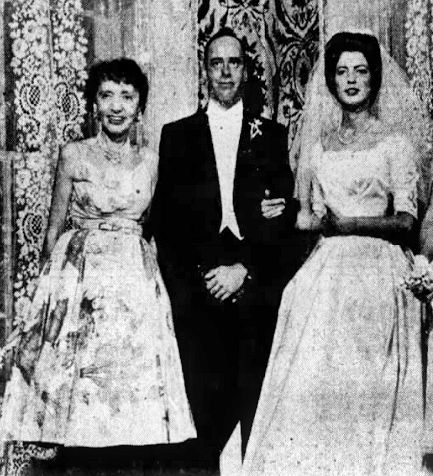 Esther, Jim and Janet
Esther, Jim and Janet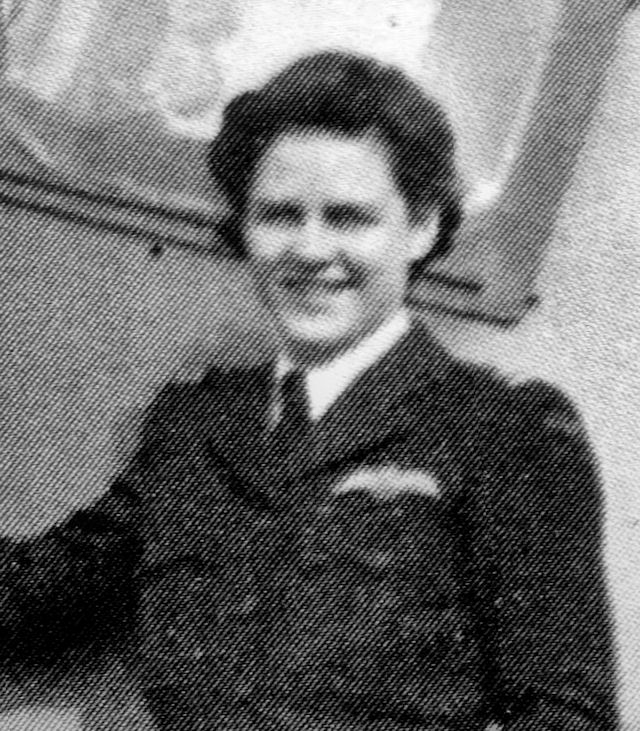 CB
CB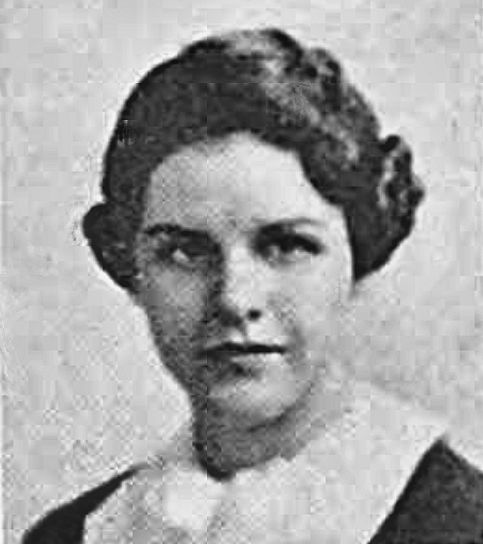 Nancy's 1937 school photo
Nancy's 1937 school photo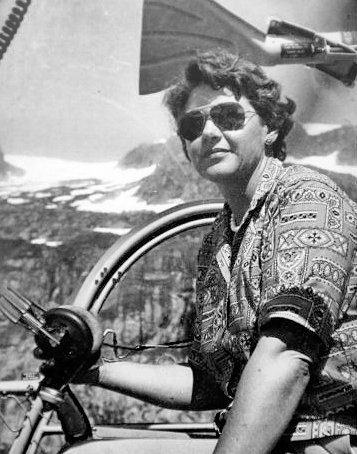 Nancy in the early 60s in Alaska
Nancy in the early 60s in Alaska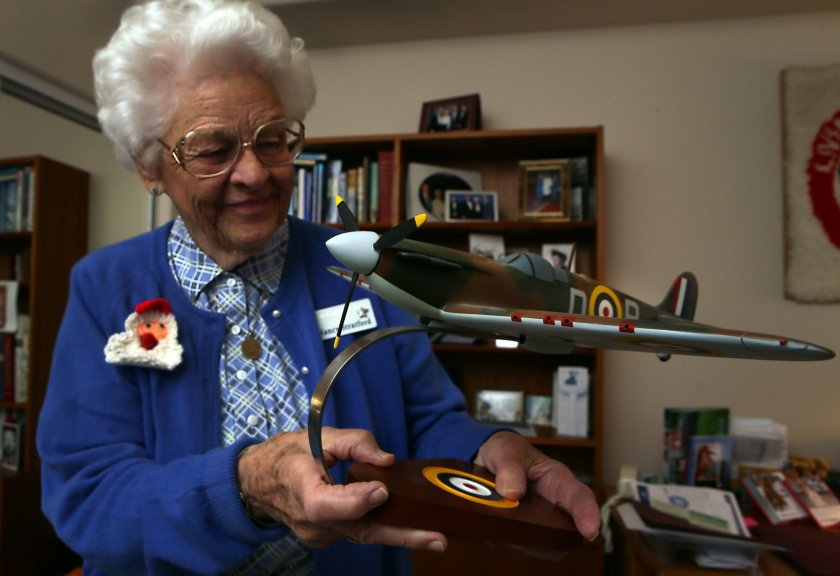 in 2014 - San Diego Union-Tribune
in 2014 - San Diego Union-Tribune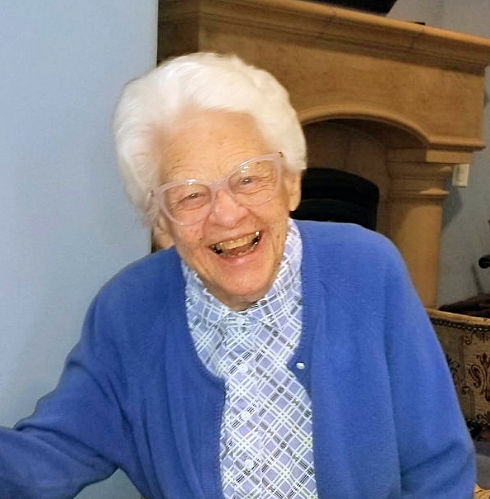 12 June 2019 (Dot Wilson)
12 June 2019 (Dot Wilson)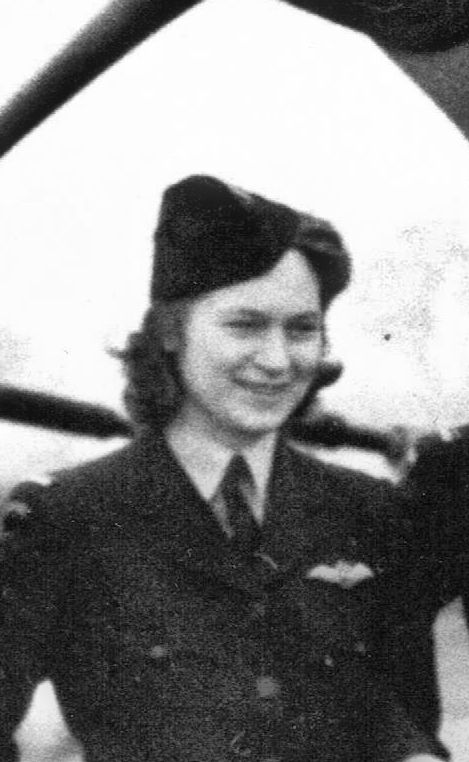 via Ania Stefanicka
via Ania Stefanicka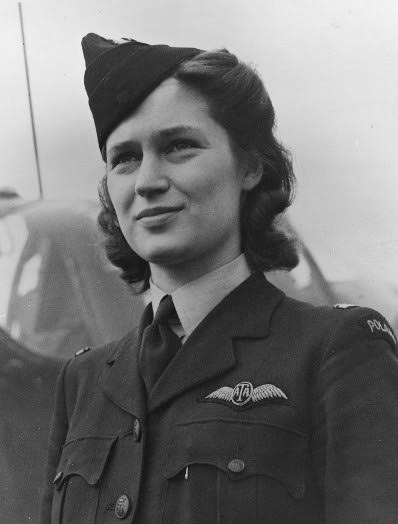 with thanks to Krzysztof Kubala
with thanks to Krzysztof Kubala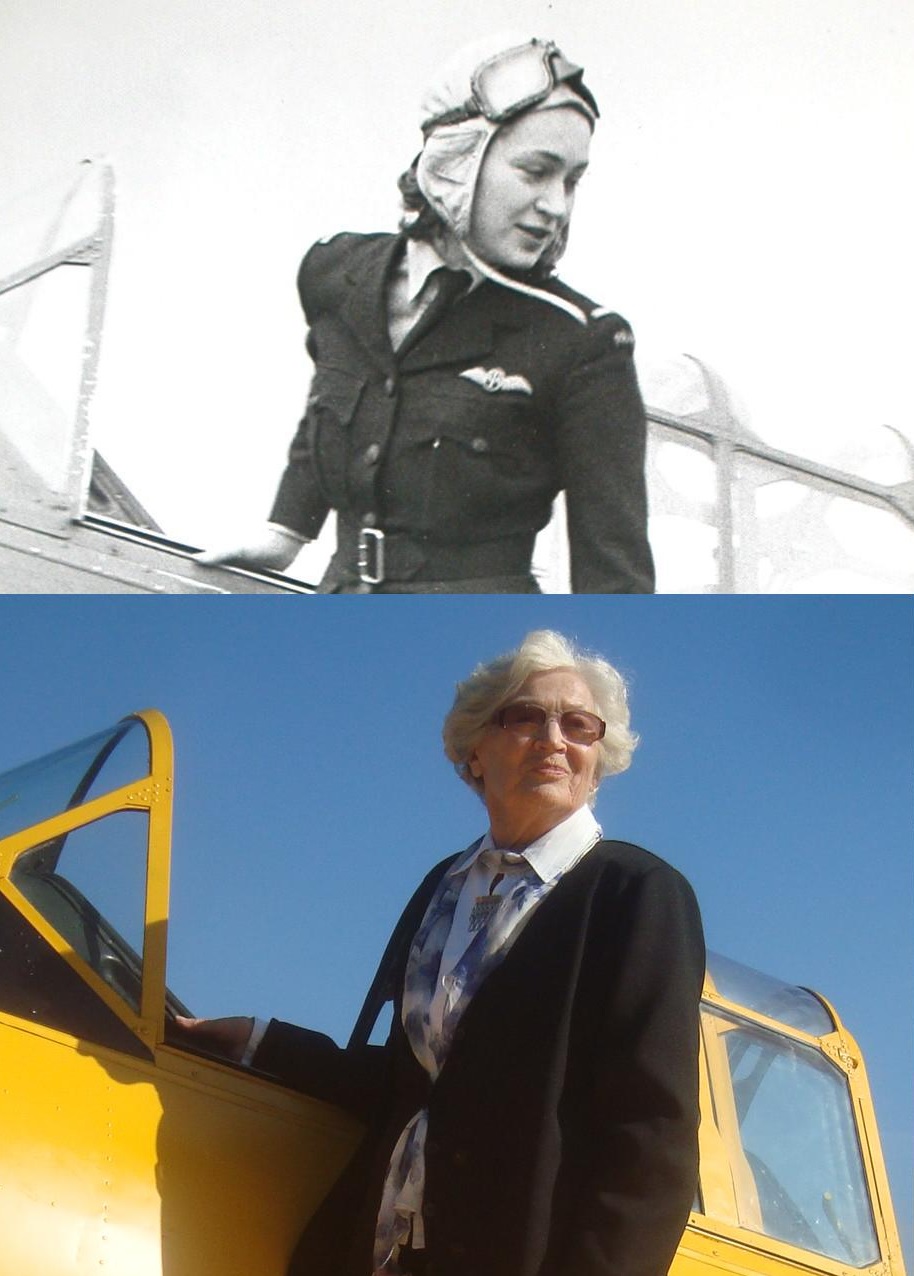
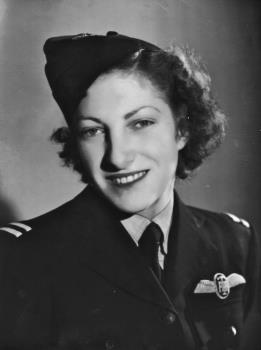 ATA
ATA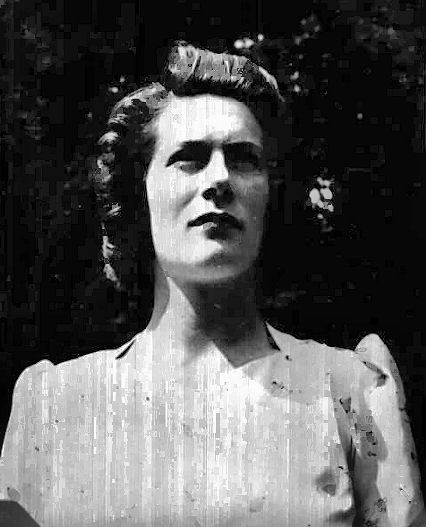 RAeC, 21 Aug 1939
RAeC, 21 Aug 1939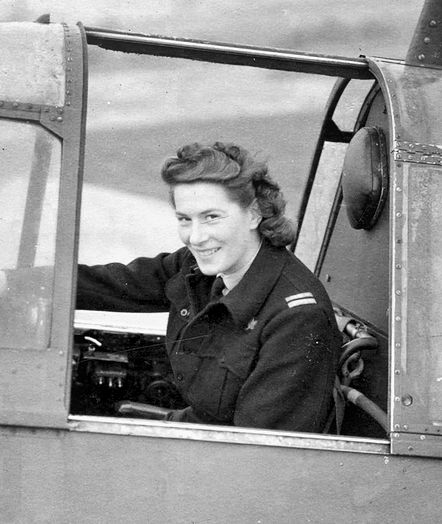 ATAM
ATAM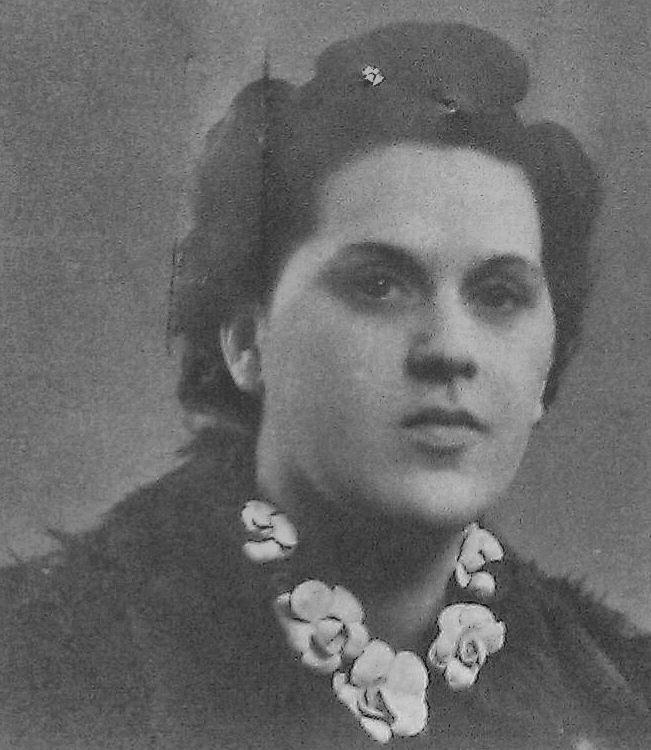
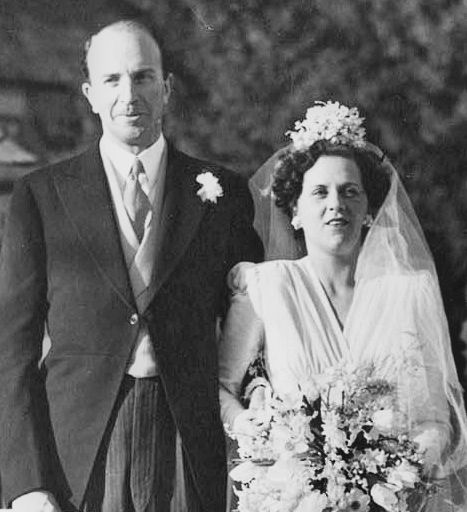
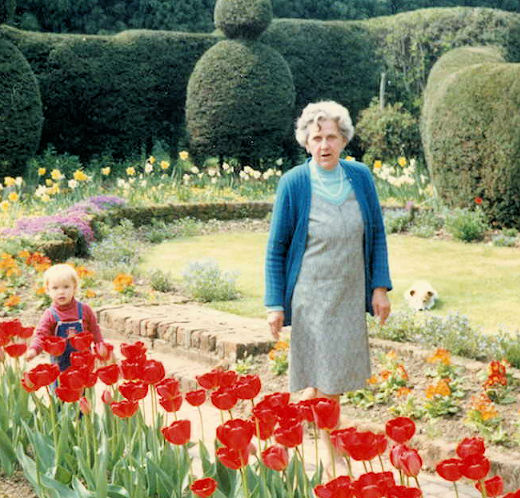
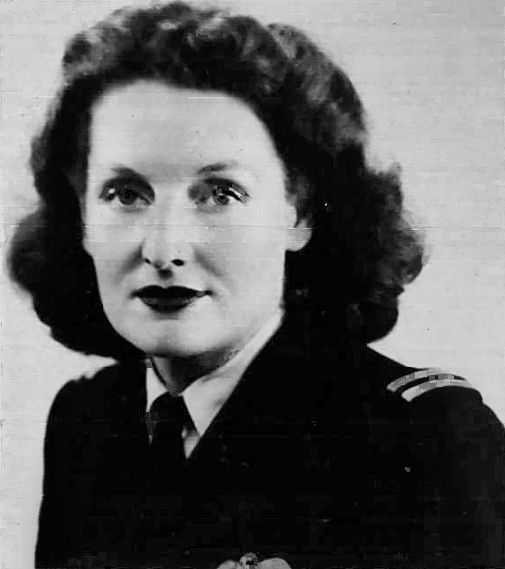 ATA
ATA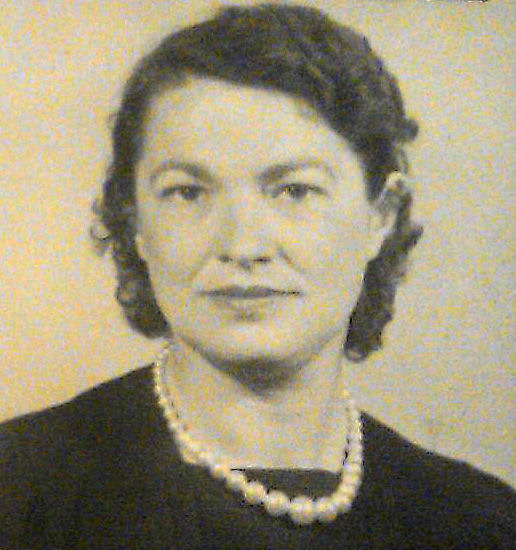
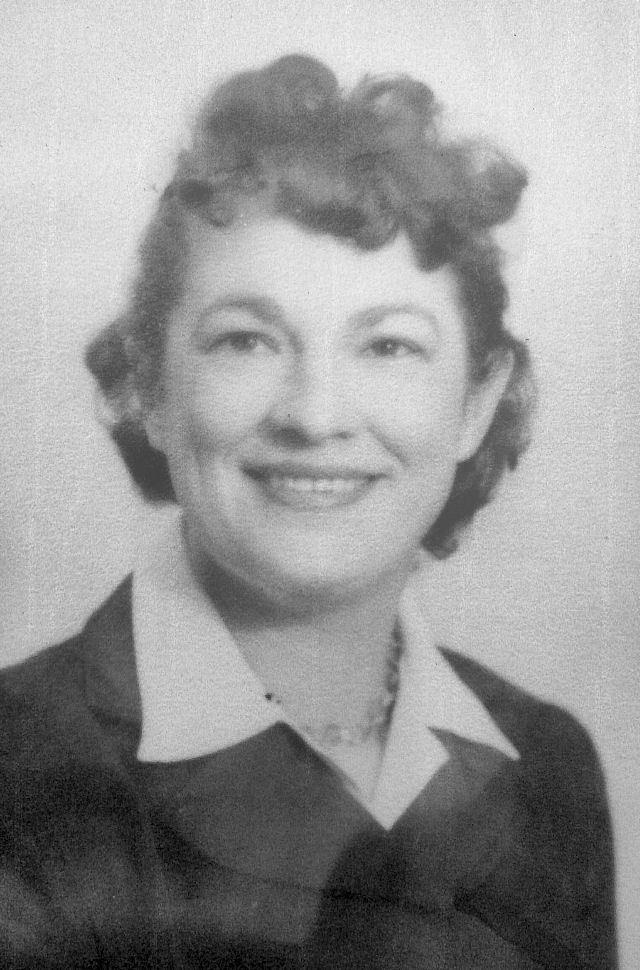
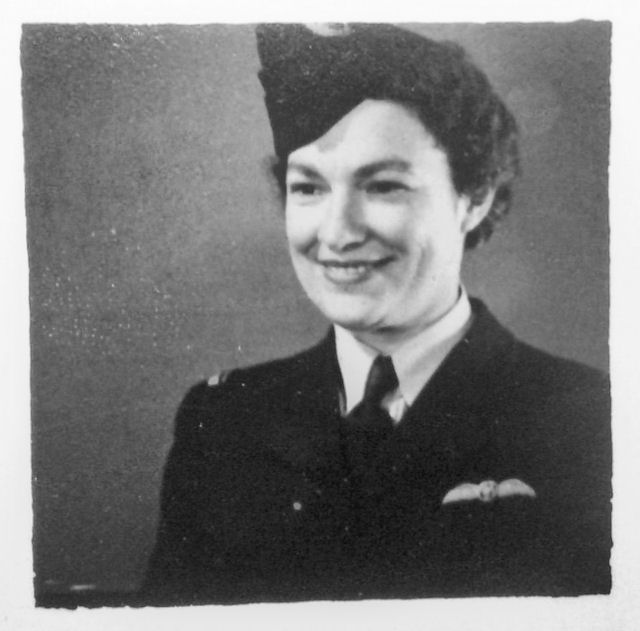
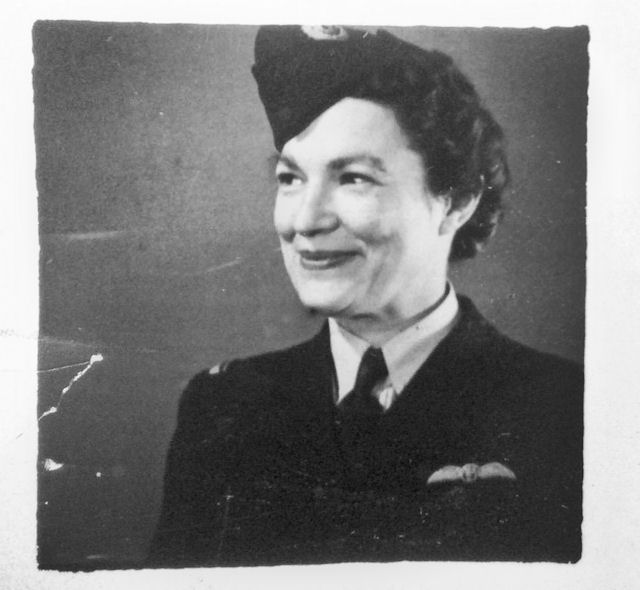
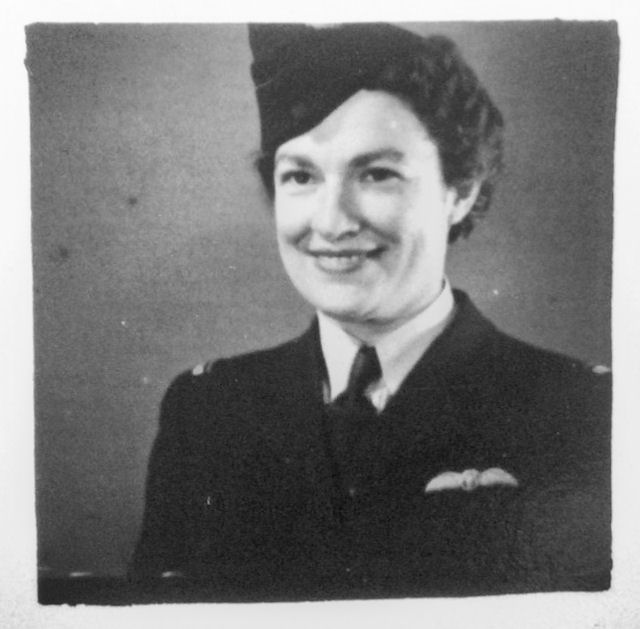
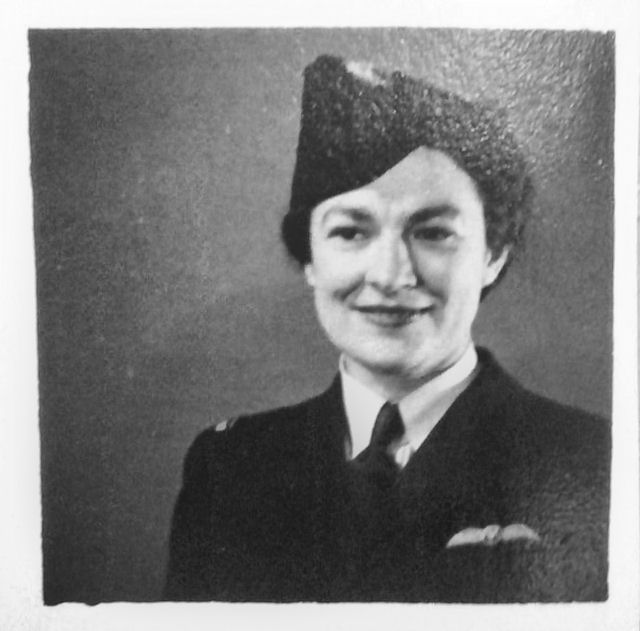
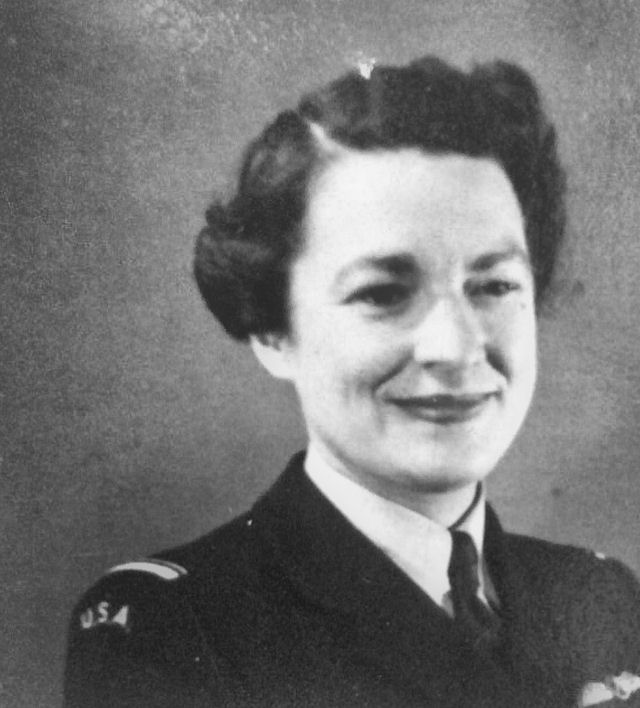
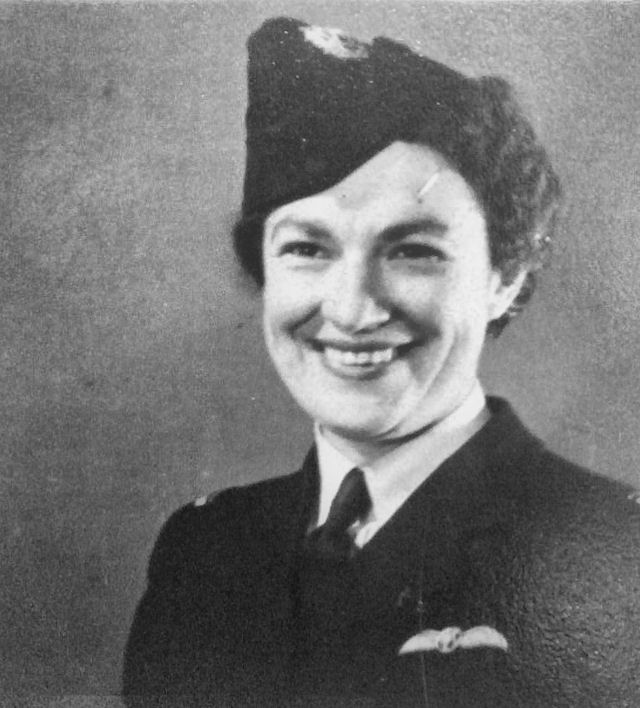
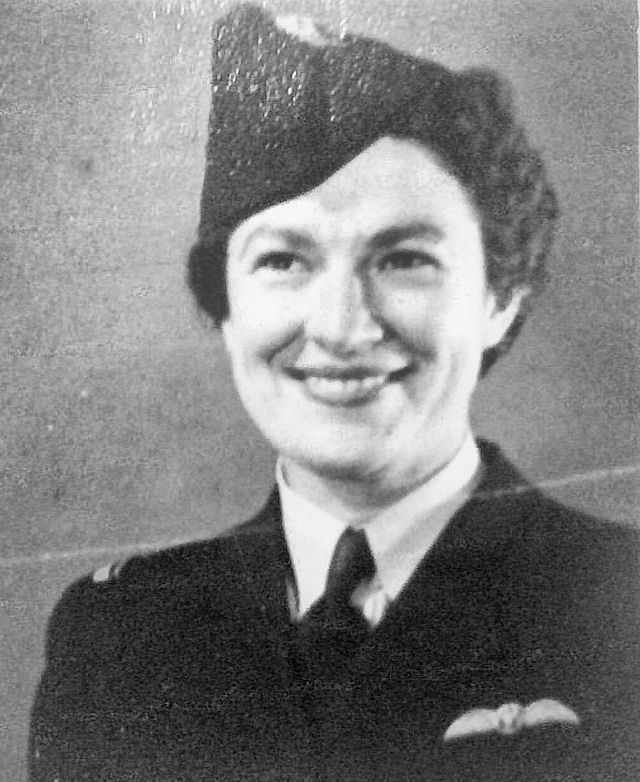
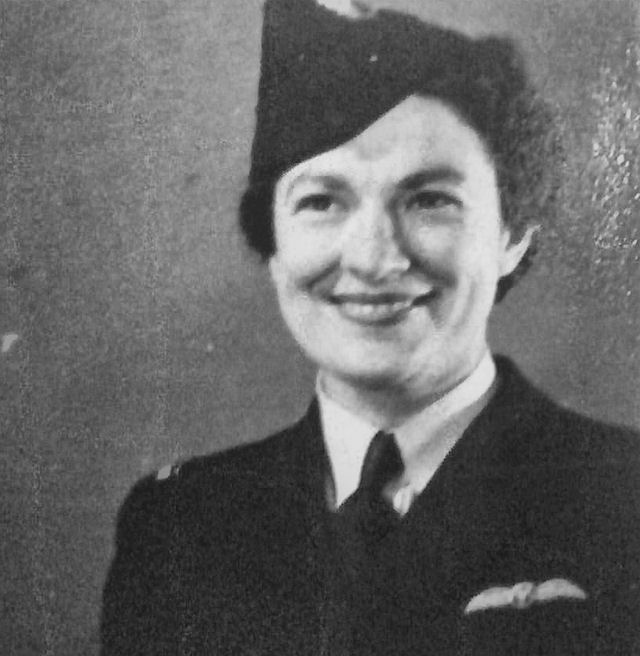
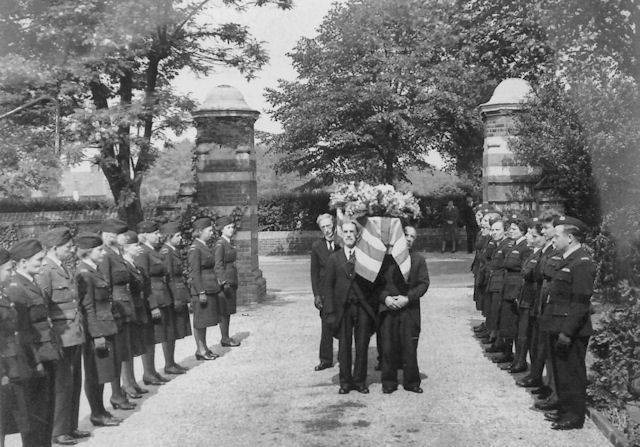
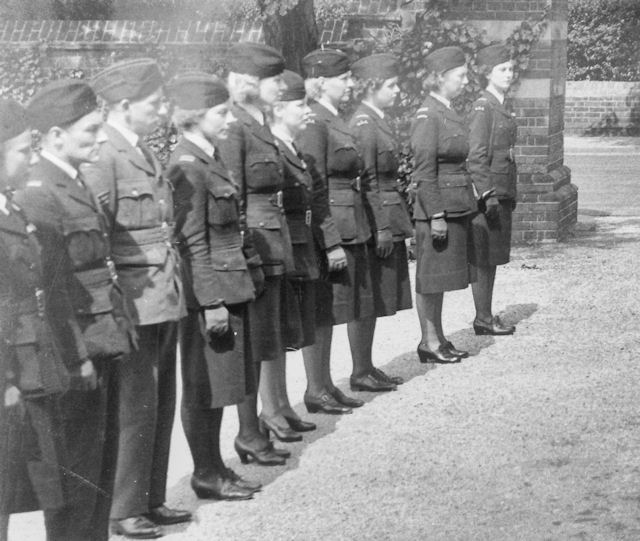
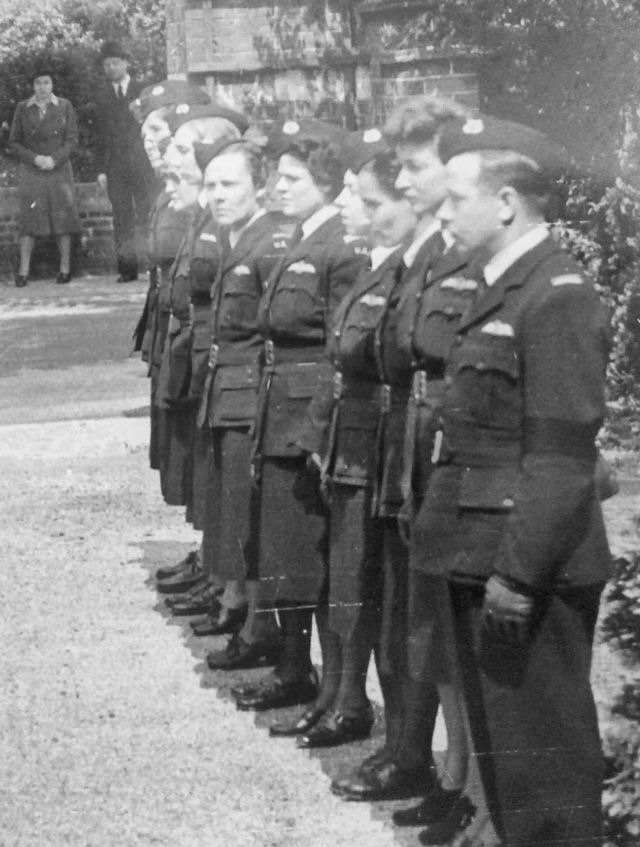
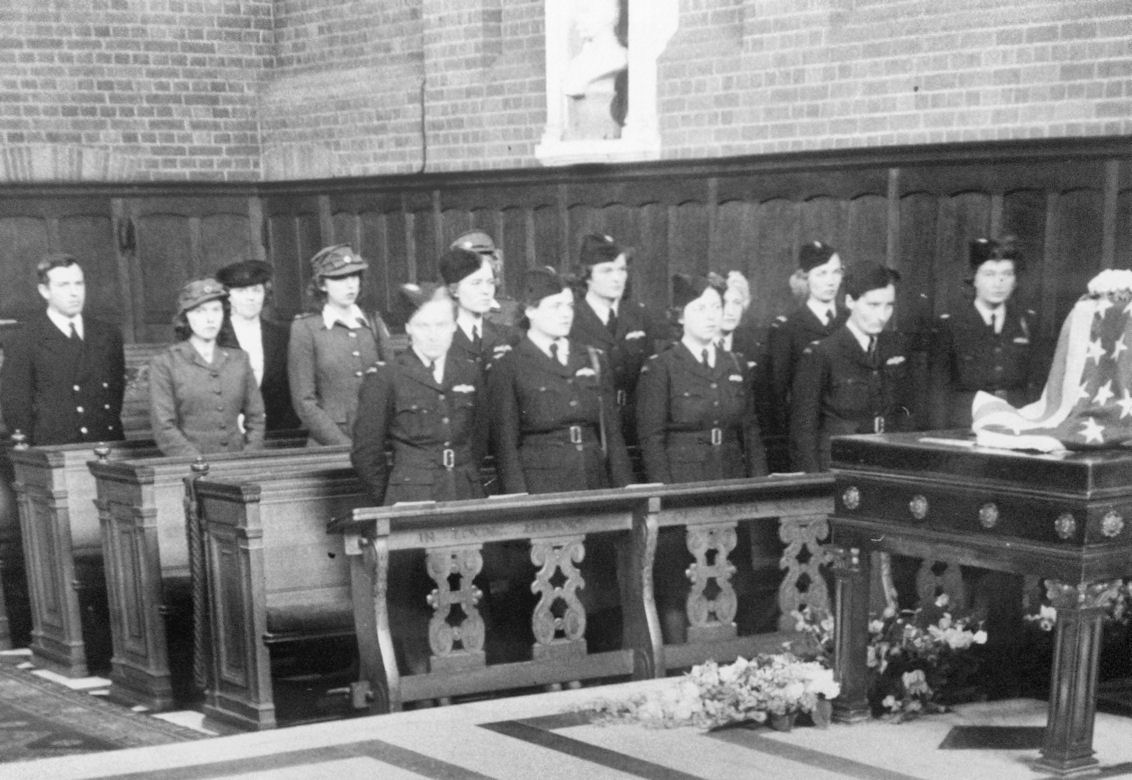
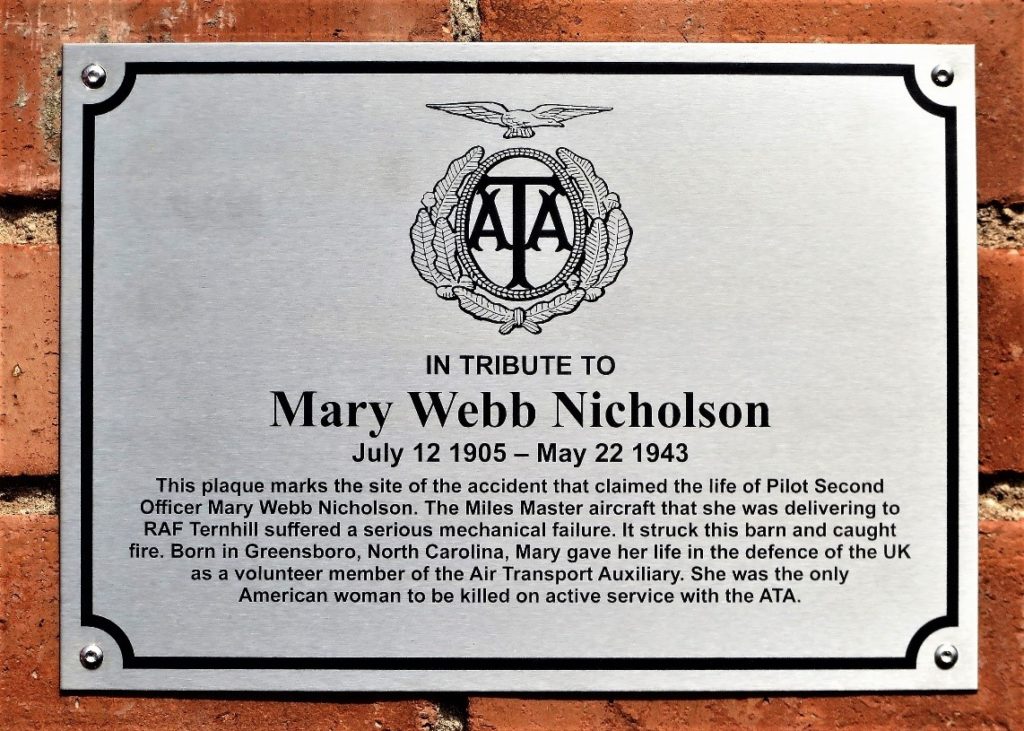
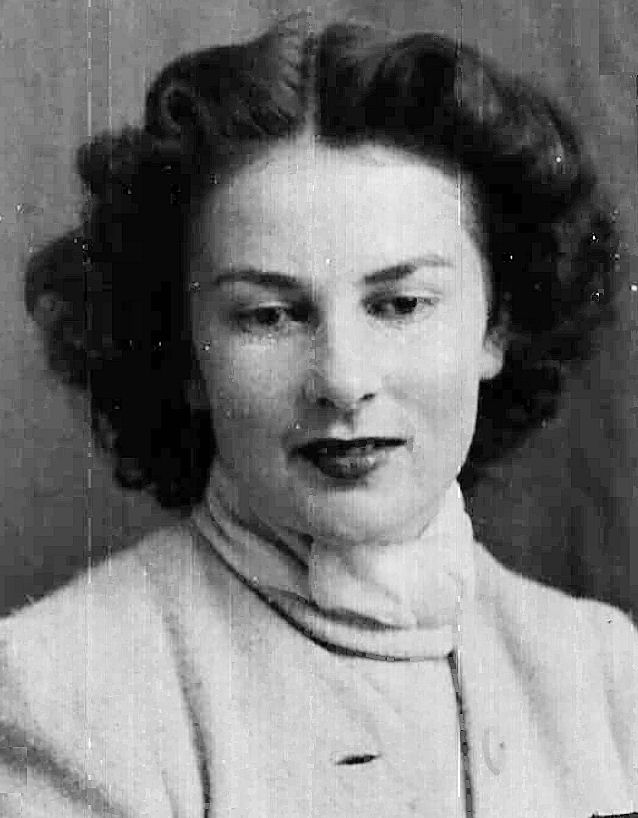 RAeC 1939
RAeC 1939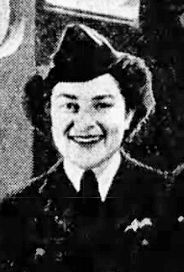 1945
1945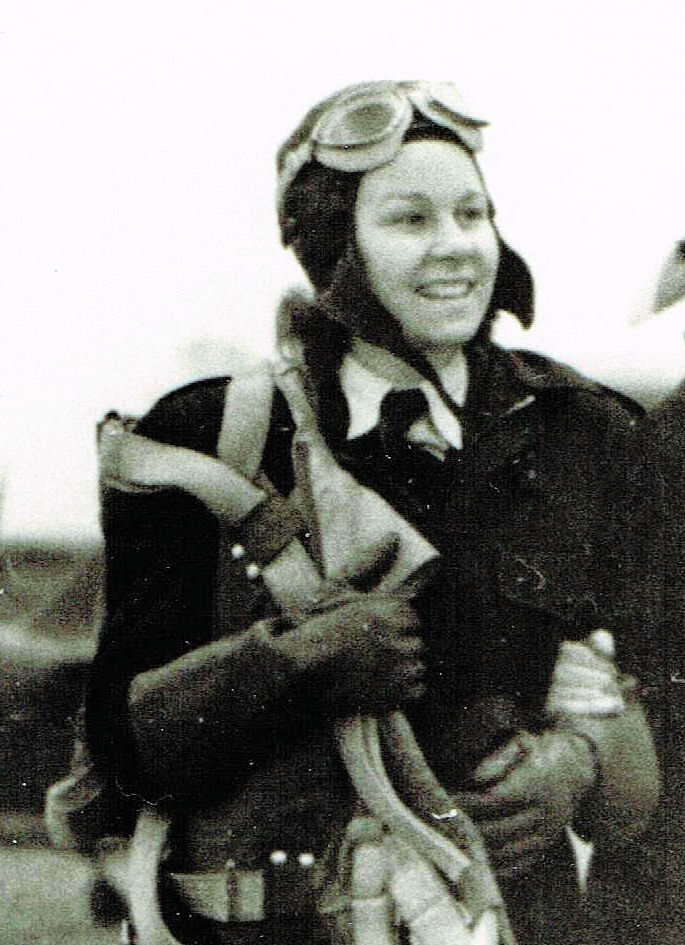
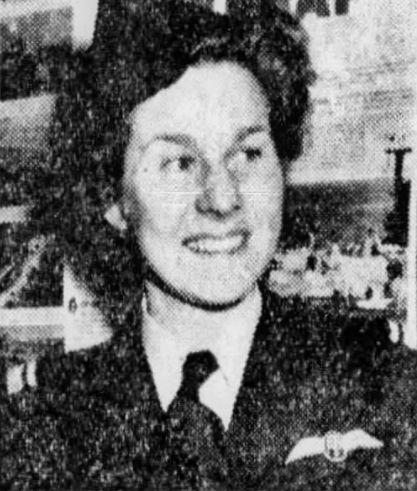 1943
1943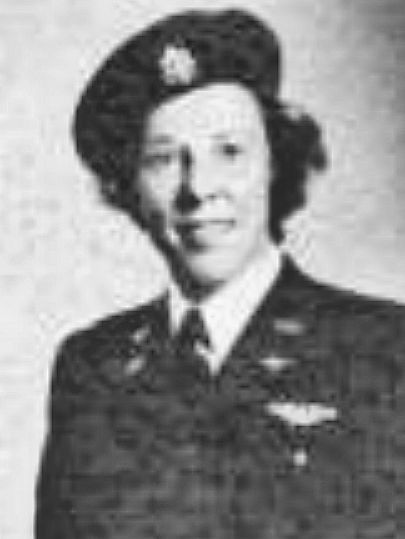
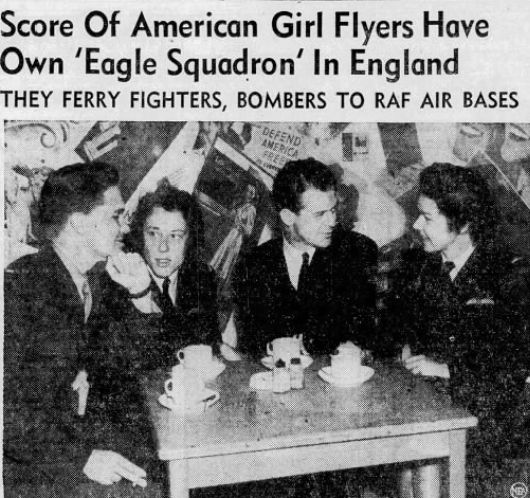
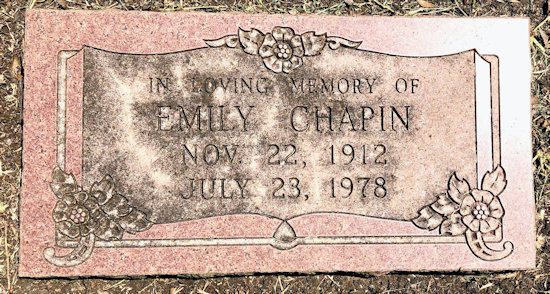
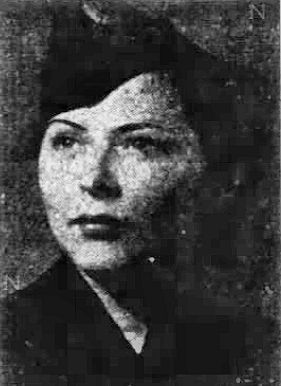 1945
1945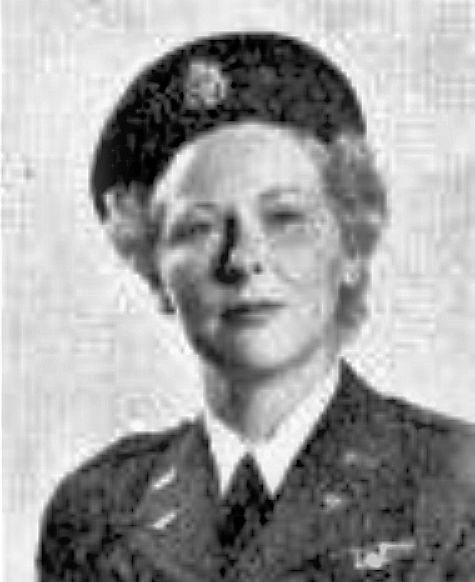
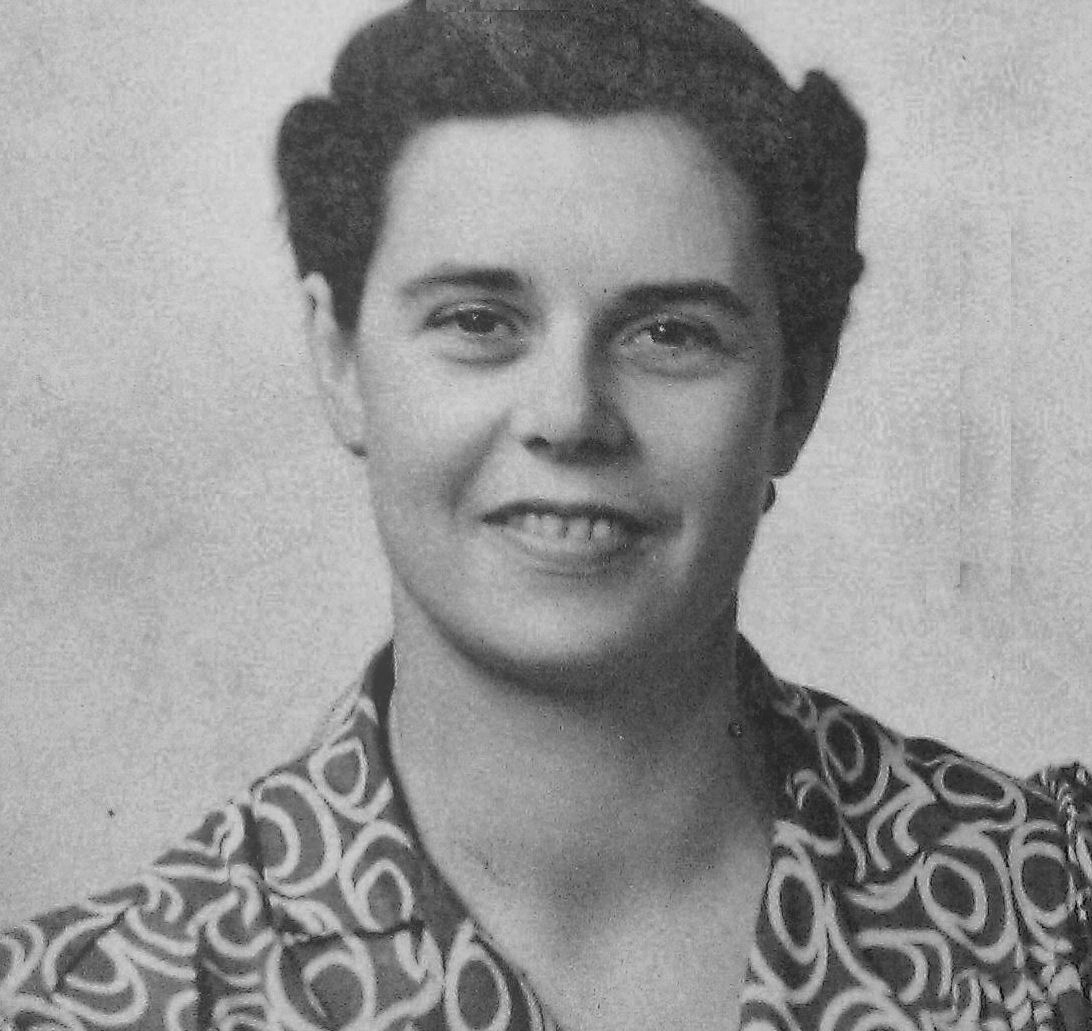
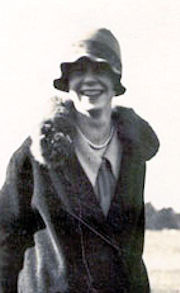

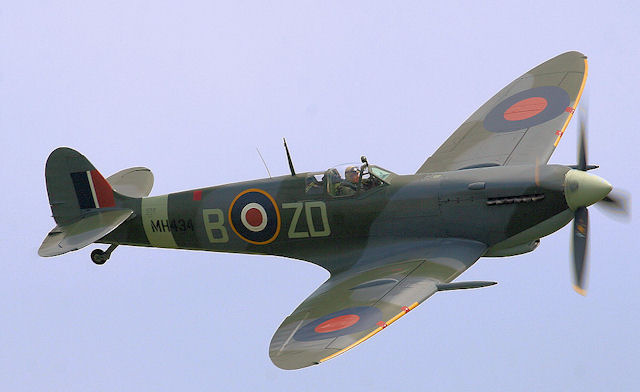
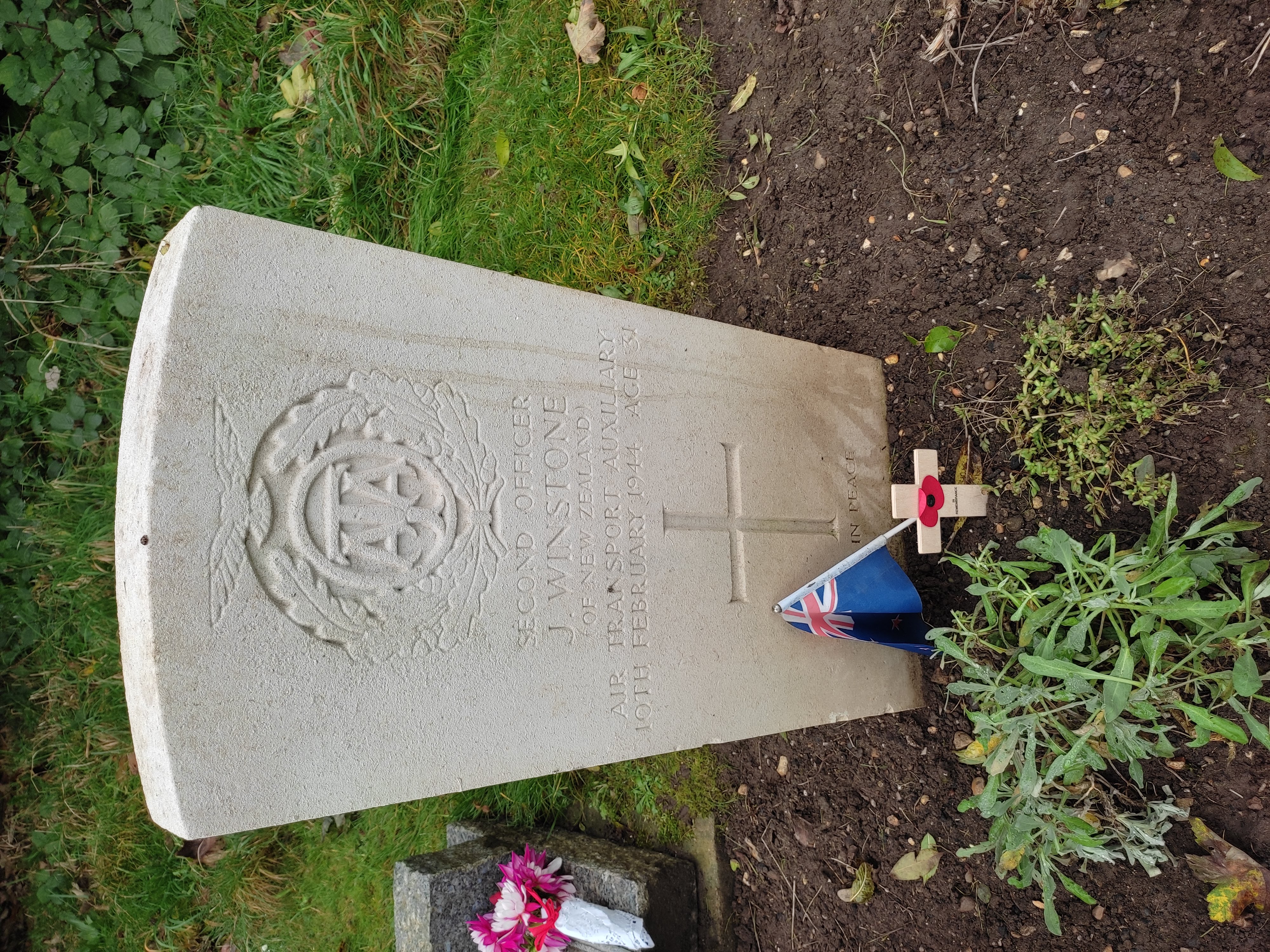
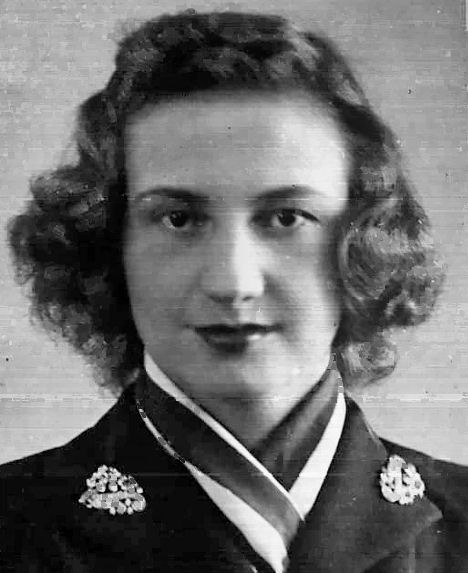 RAeC 1945
RAeC 1945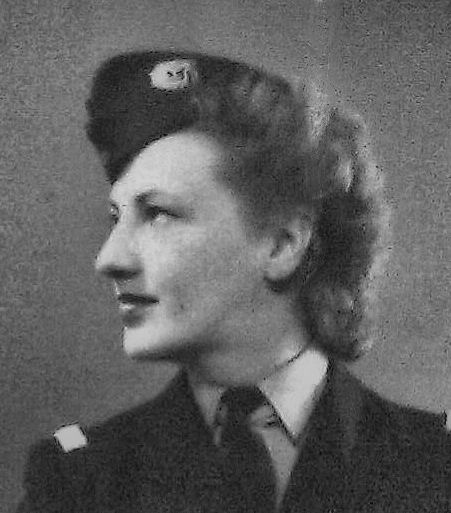 ATA
ATA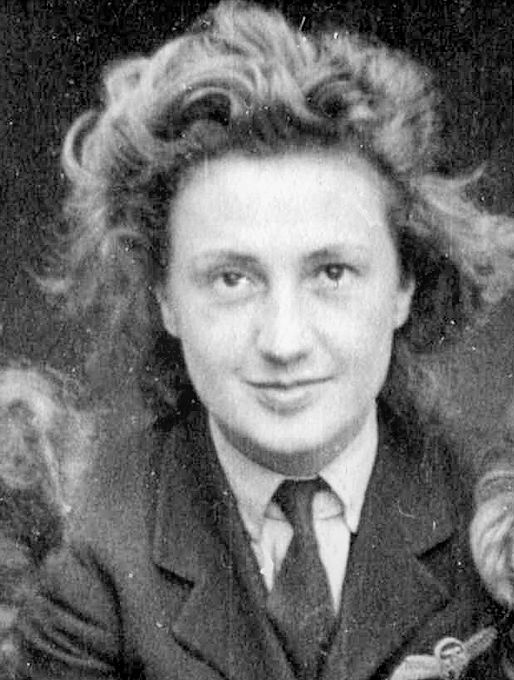 ATAM
ATAM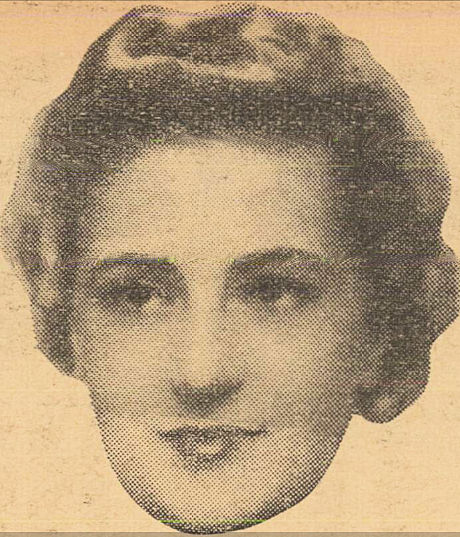 Daily Mirror
Daily Mirror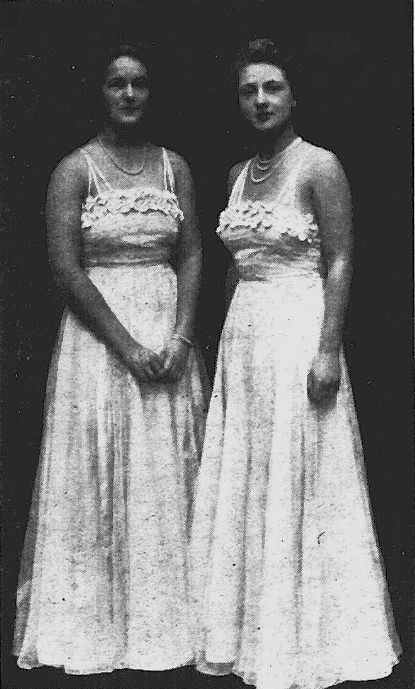 Mid Sussex Times, 8 Nov 1938
Mid Sussex Times, 8 Nov 1938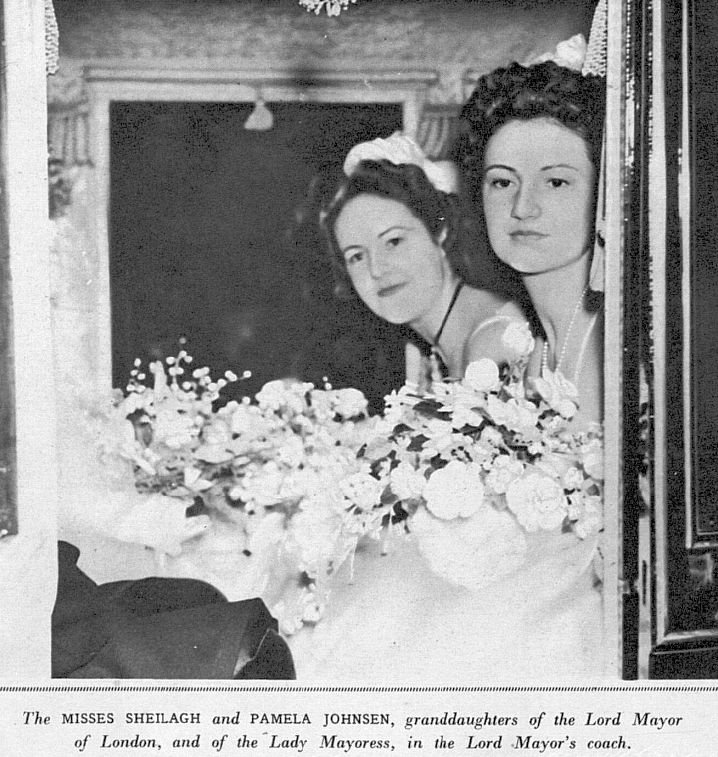 The Sketch, 15 Mar 1939
The Sketch, 15 Mar 1939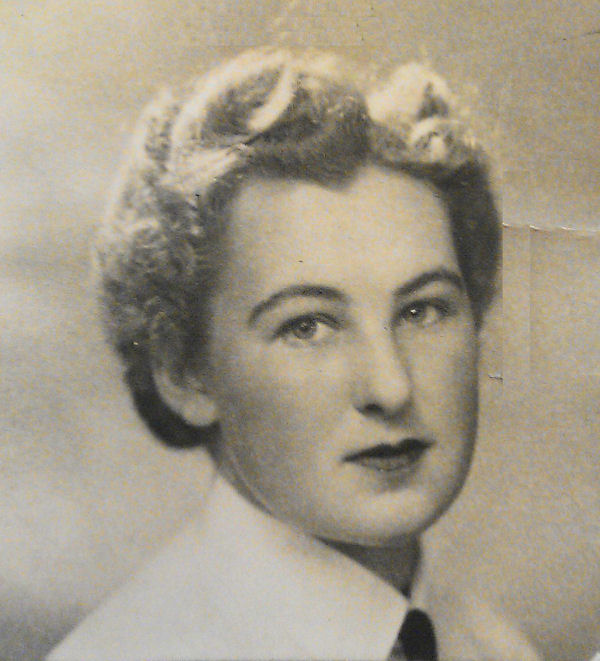
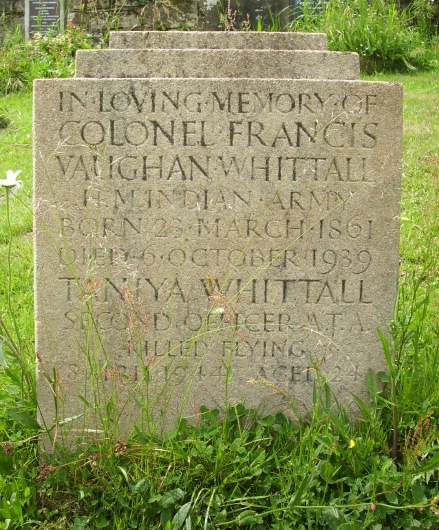 With thanks to Bill Merry
With thanks to Bill Merry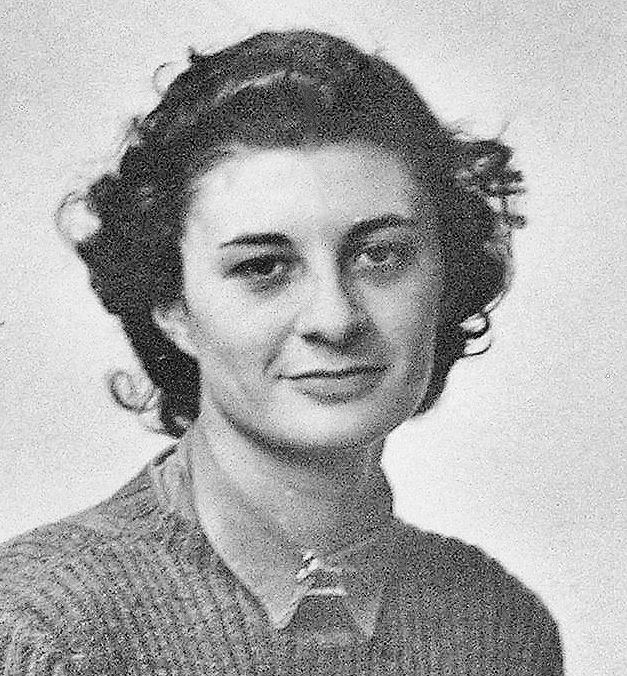
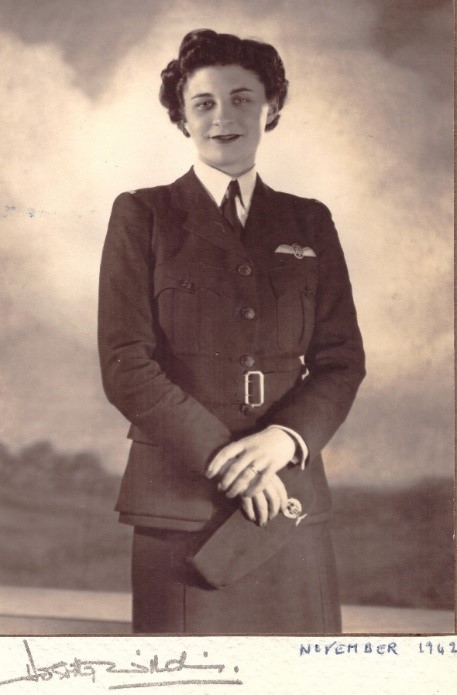
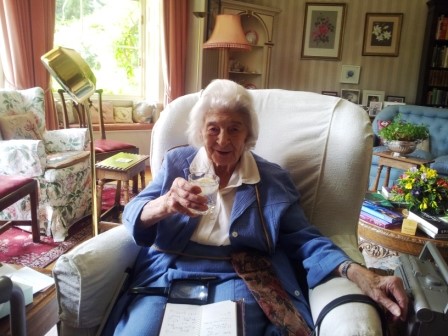
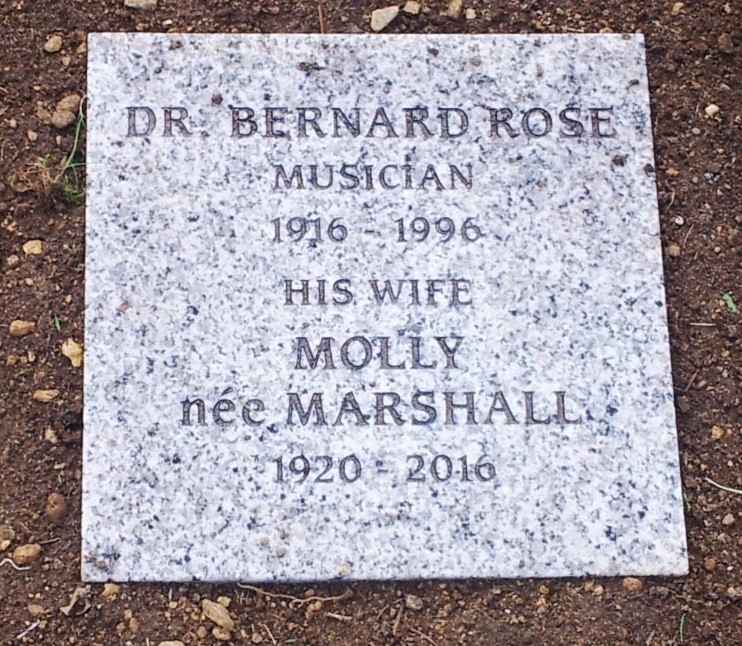
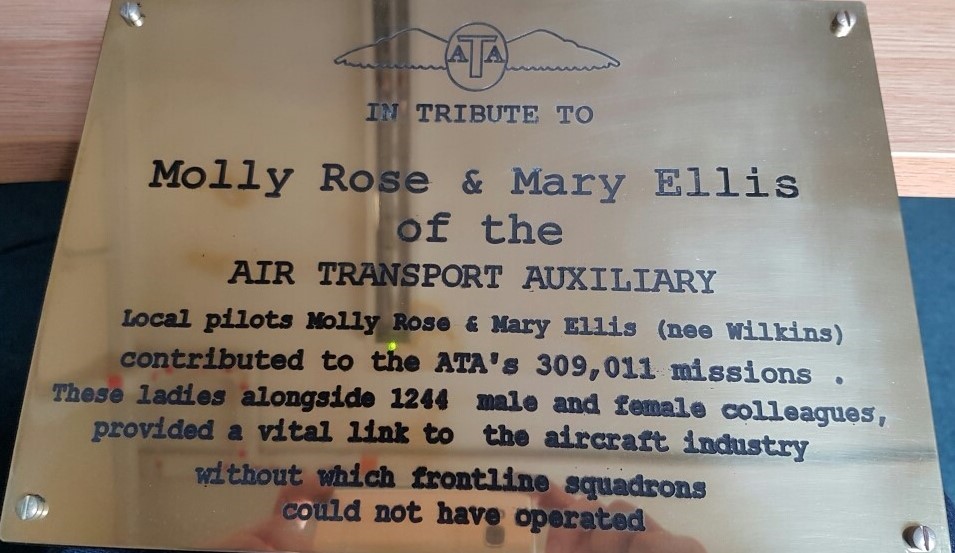
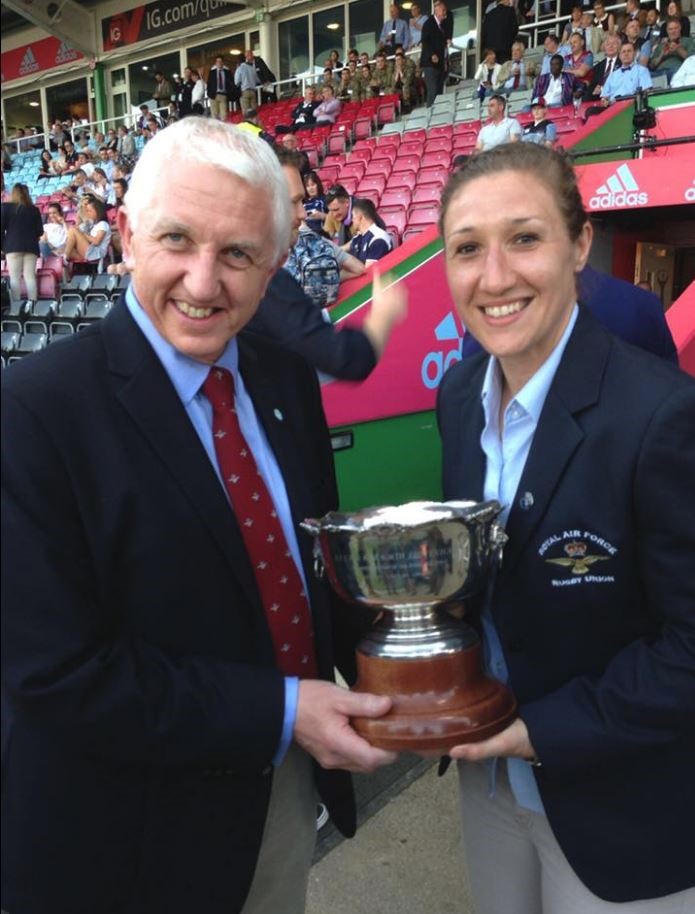
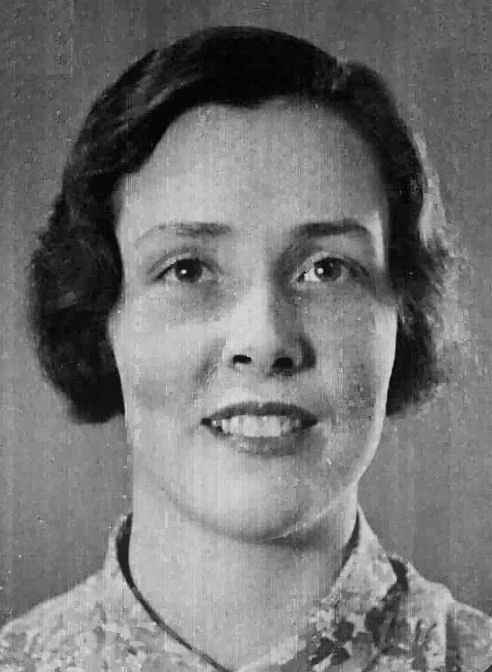 RAeC 1937
RAeC 1937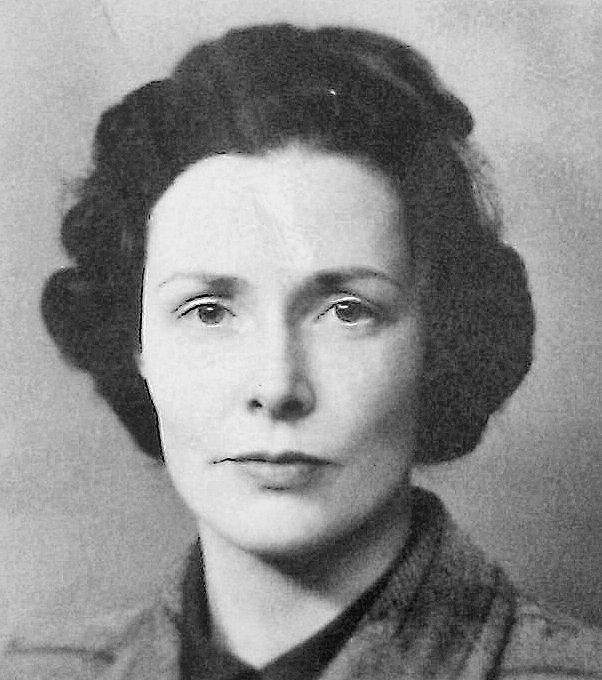 ATA
ATA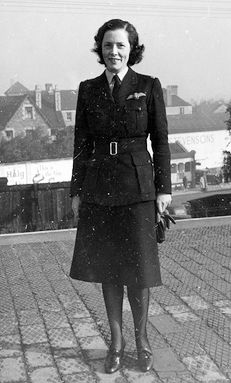 ATAM
ATAM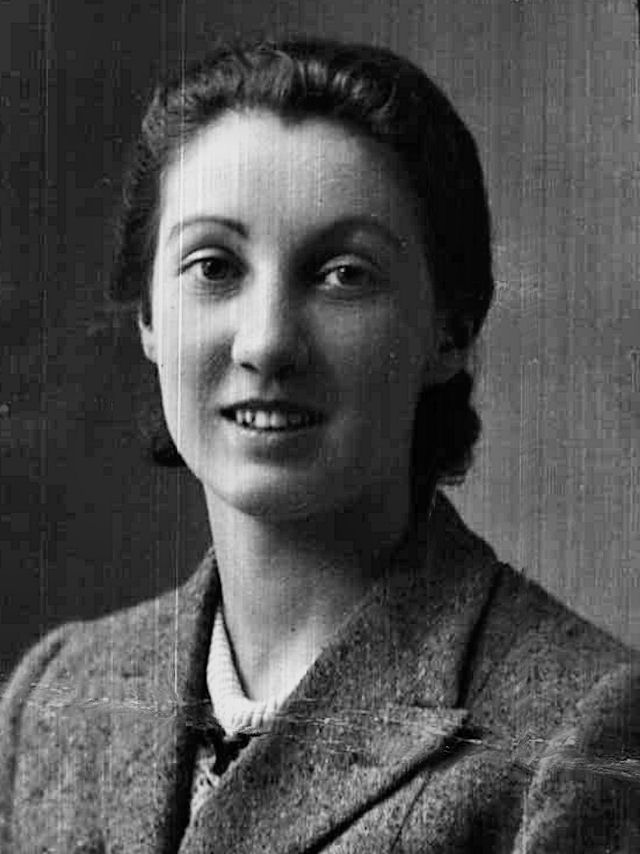 RAeC 1938
RAeC 1938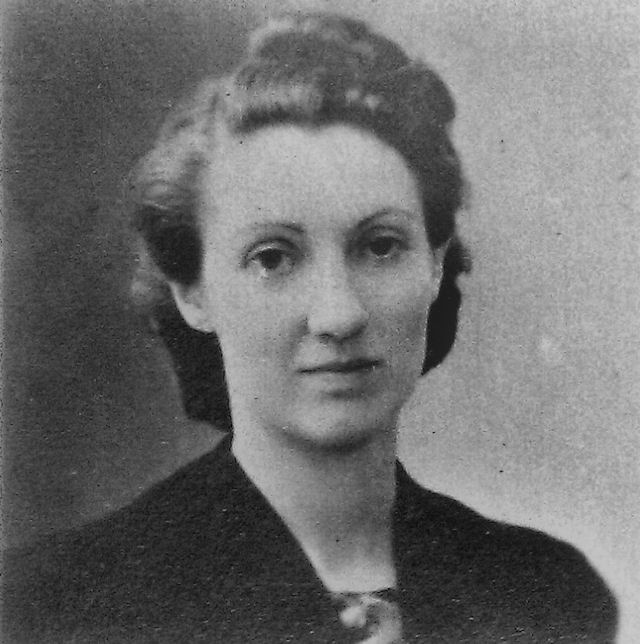 ATA
ATA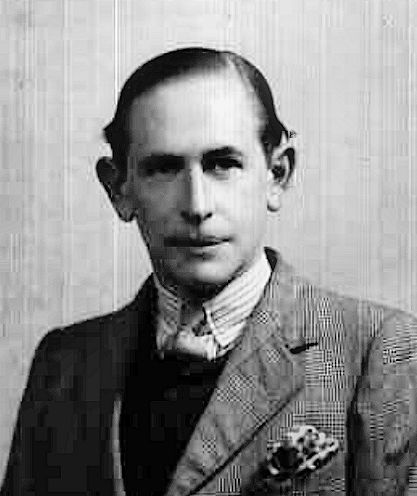 RAeC 1938
RAeC 1938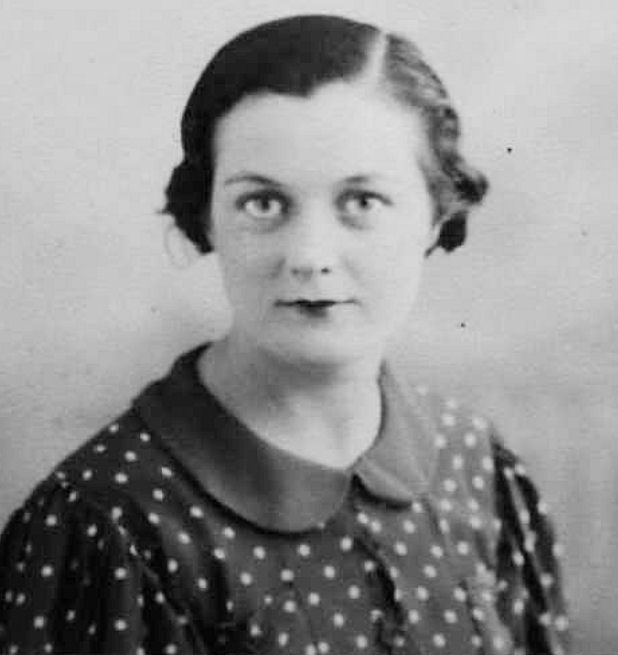 RAeC 1935
RAeC 1935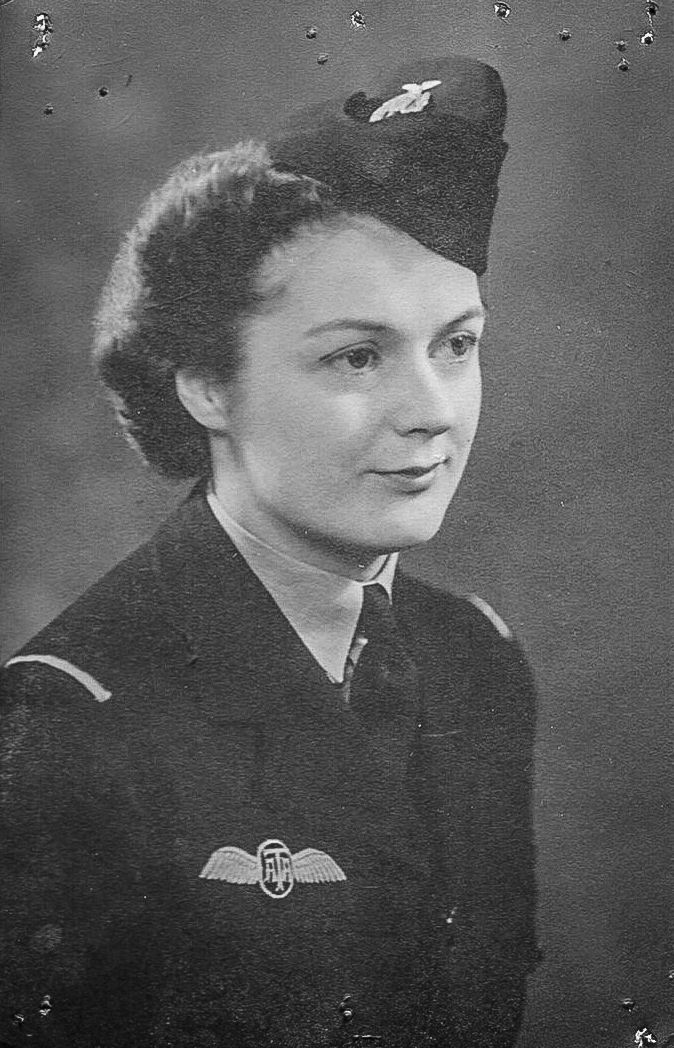 via Taniya Morris
via Taniya Morris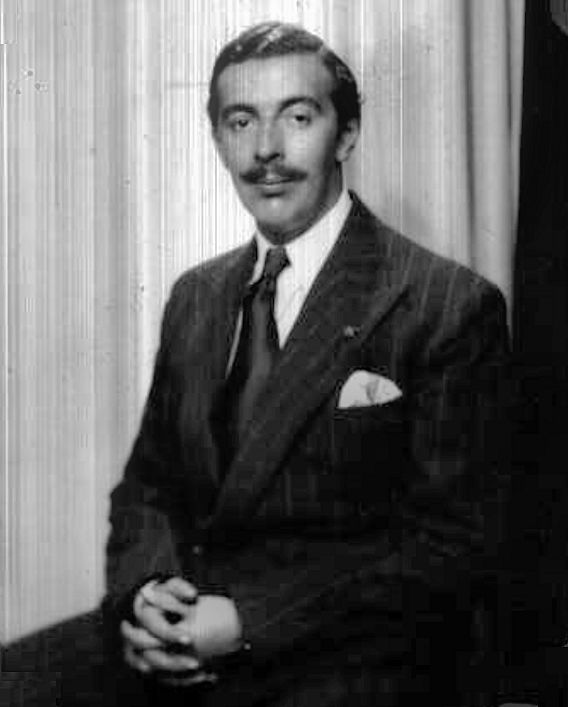 RAeC 1939
RAeC 1939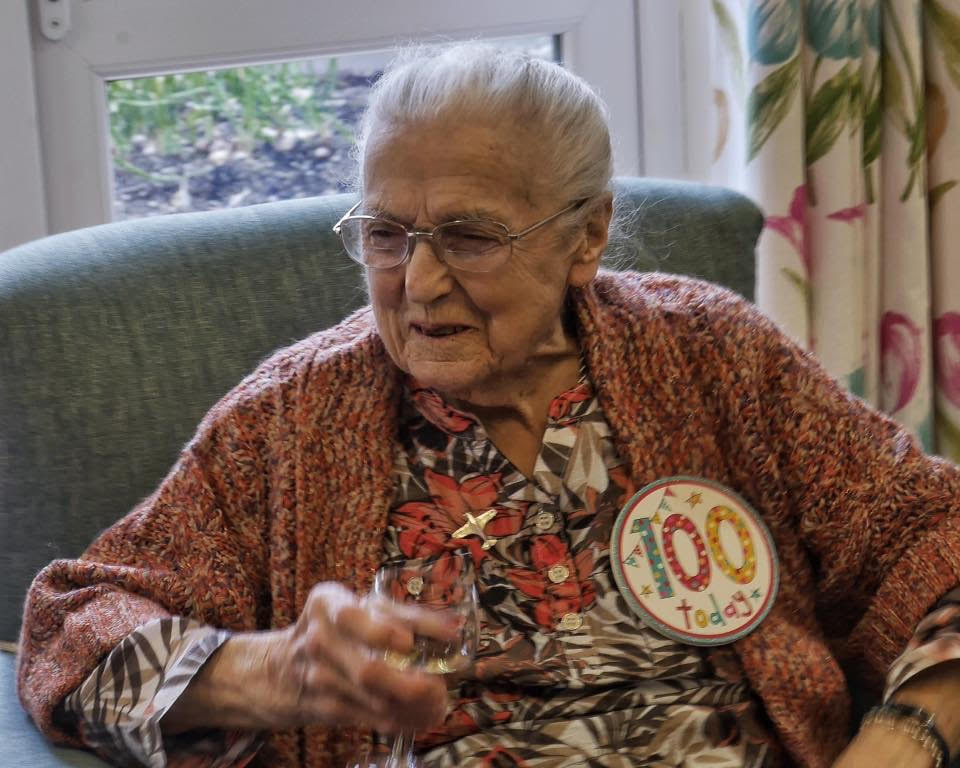 11 Mar 2016
11 Mar 2016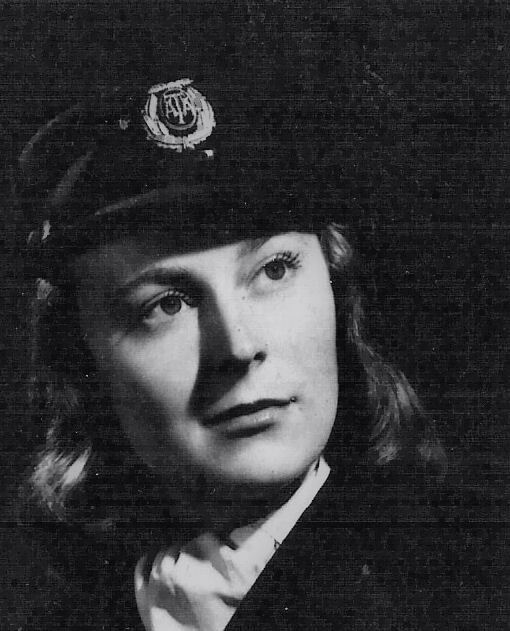
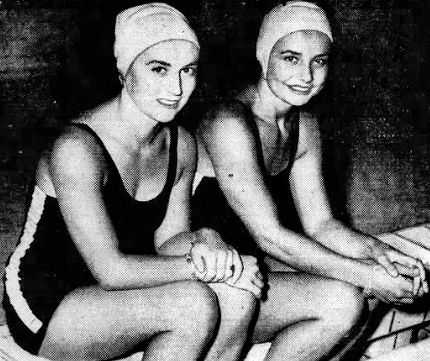 Nita, 18, and Betty aged 20
Nita, 18, and Betty aged 20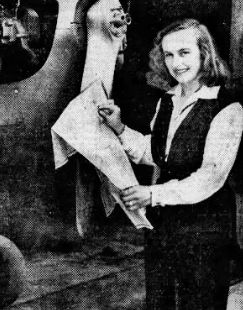 1942
1942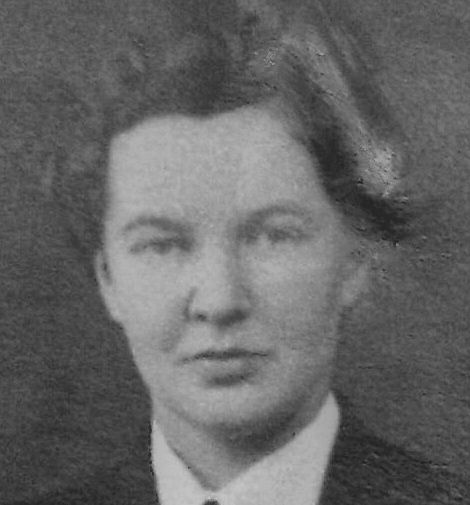 ATA
ATA ATAM
ATAM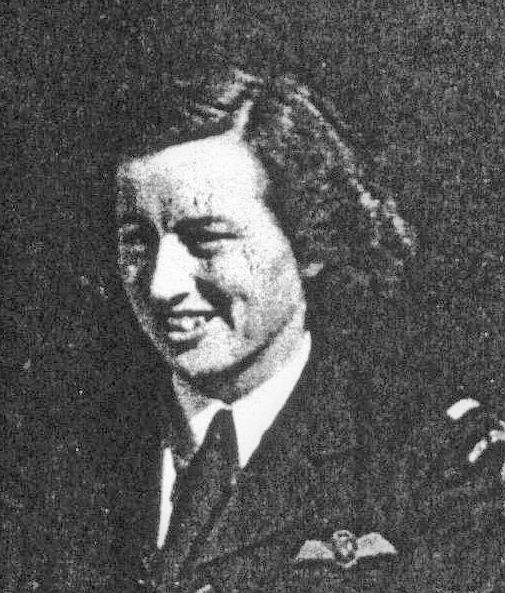
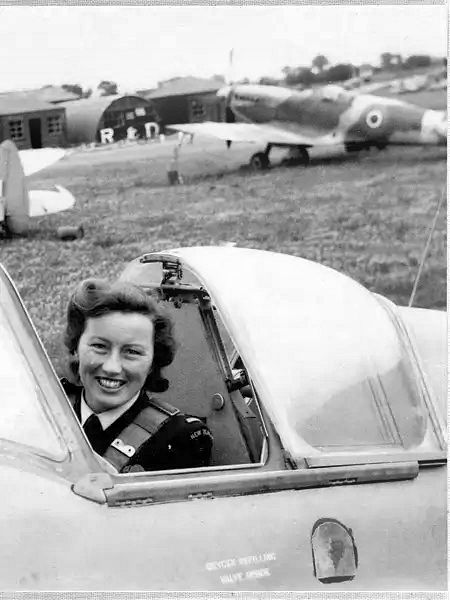 AWMM
AWMM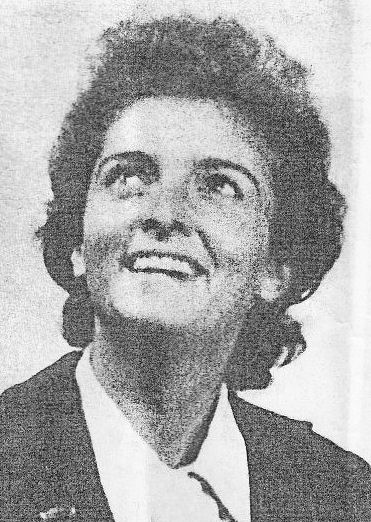
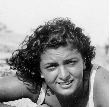
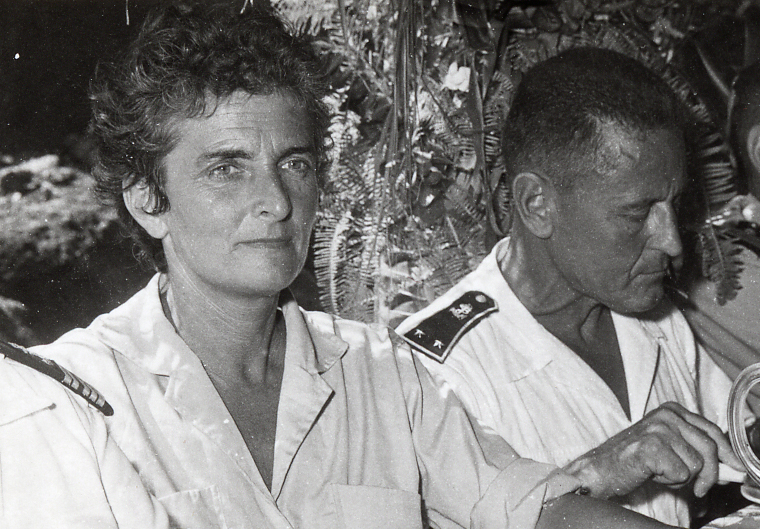
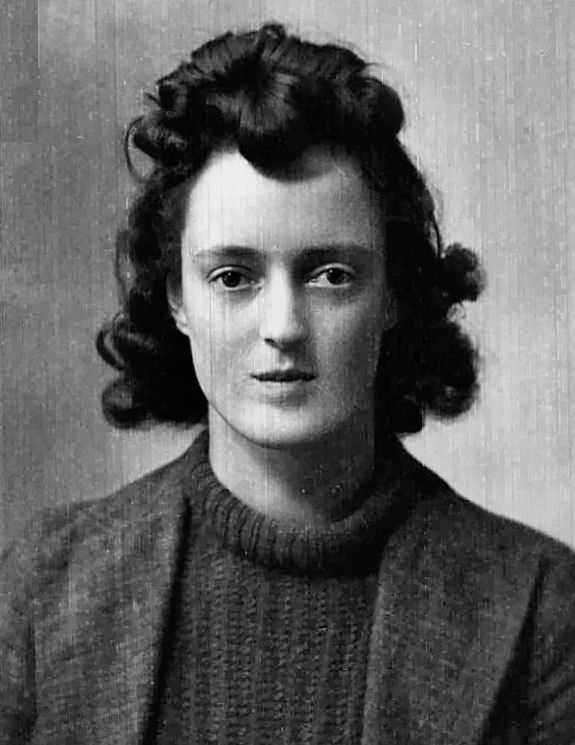 RAeC 1939
RAeC 1939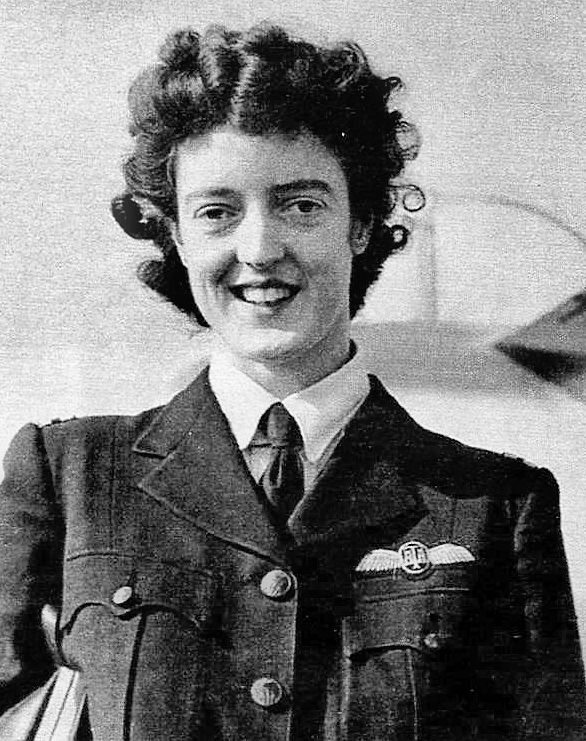 1943
1943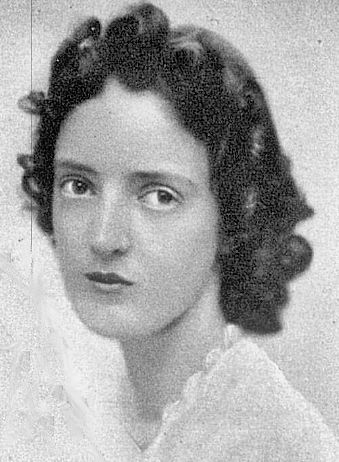 The Sketch
The Sketch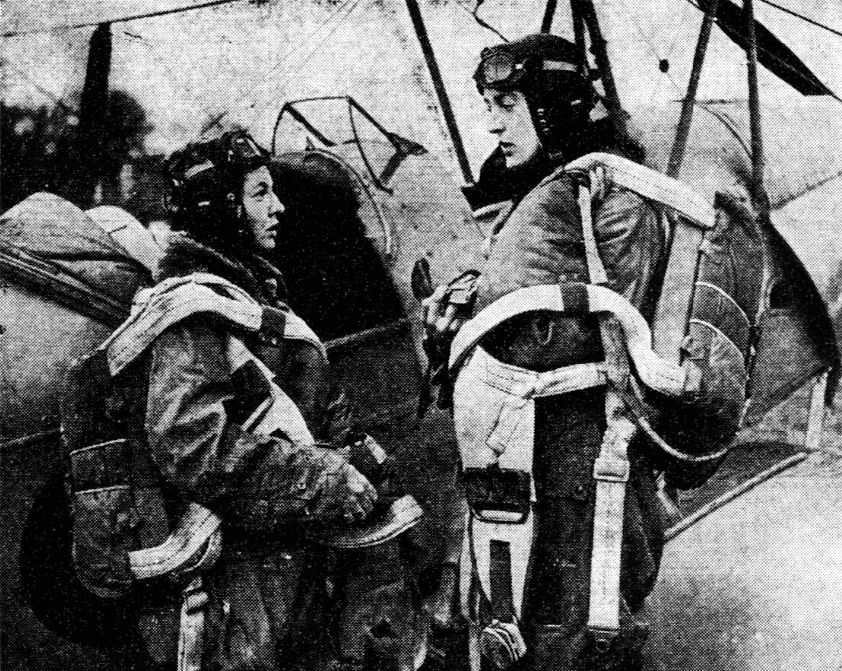 Margaret and Freydis, Nottingham Evening Post, 17 Jan 1948
Margaret and Freydis, Nottingham Evening Post, 17 Jan 1948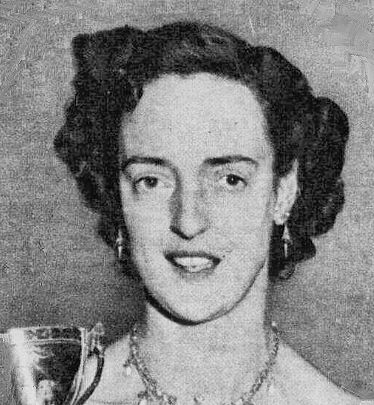 RAeC
RAeC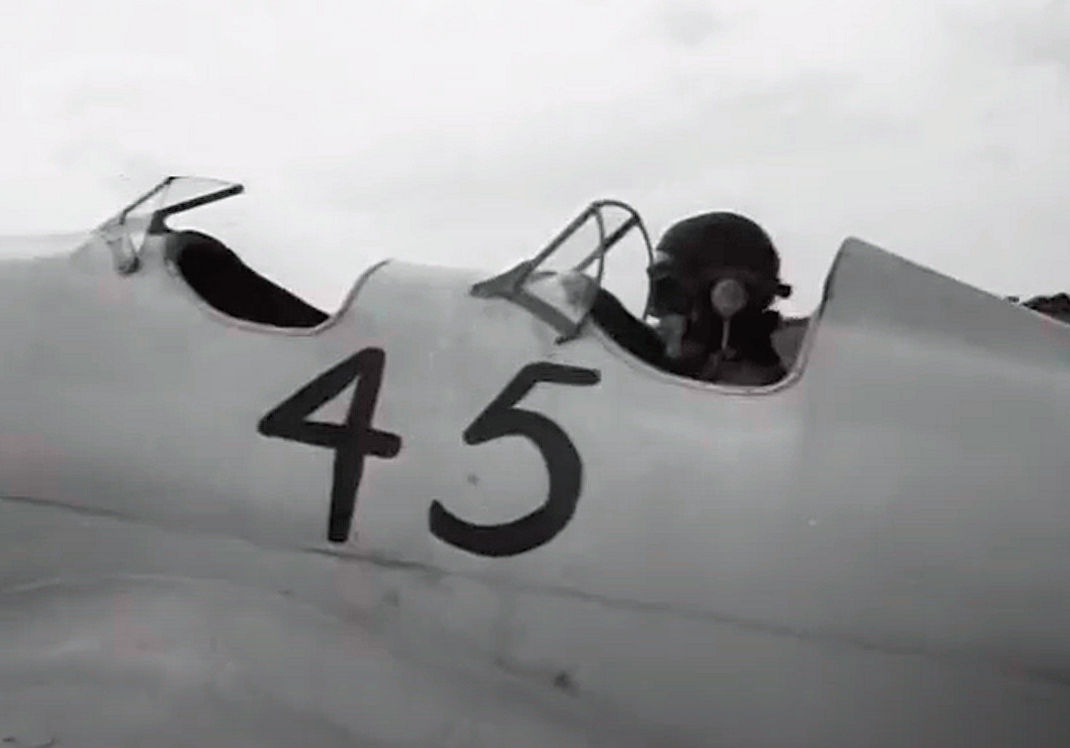
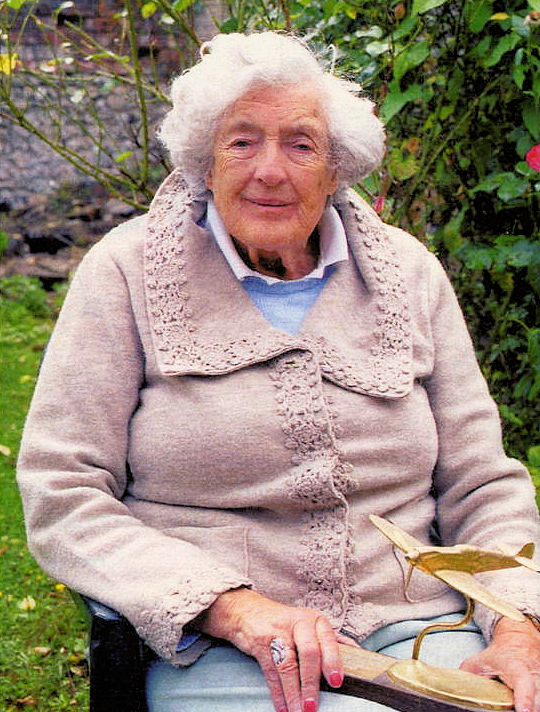 Ancestry
Ancestry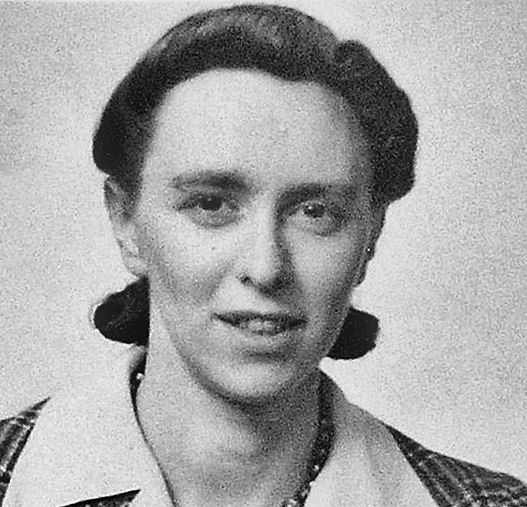 RAFM
RAFM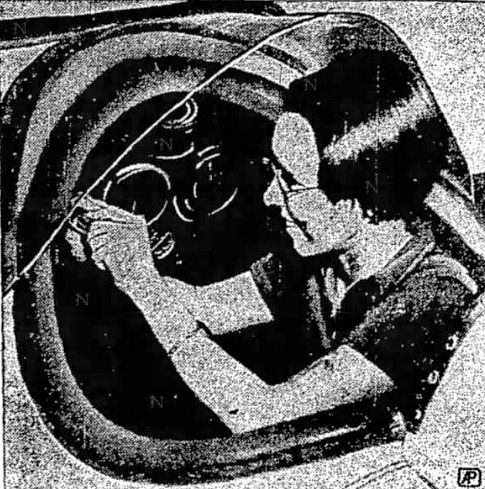 She started early...
She started early...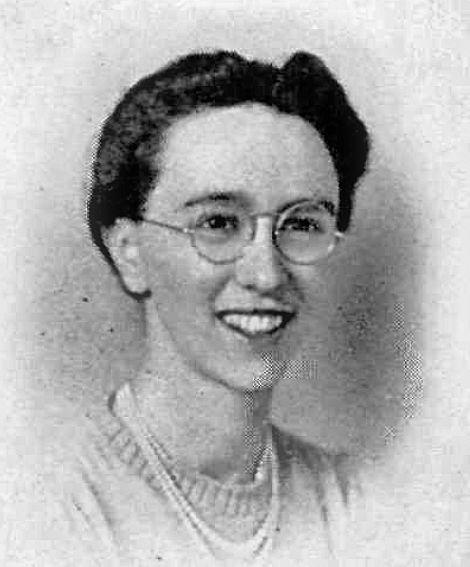 Jane's 1940 school photo
Jane's 1940 school photo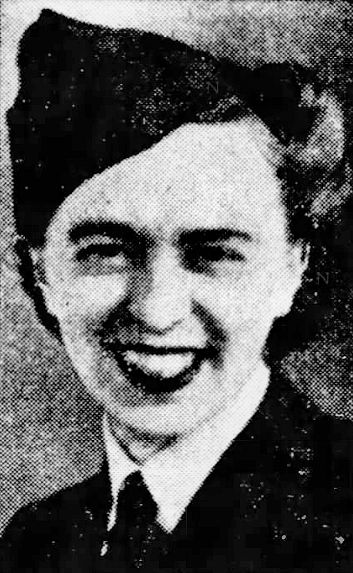
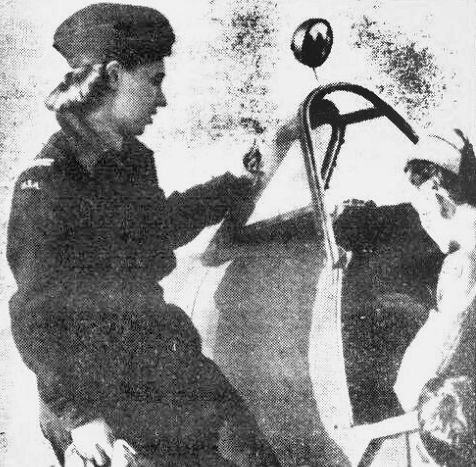
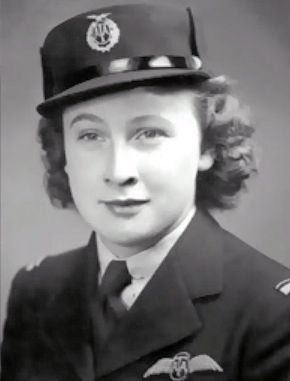 ATA
ATA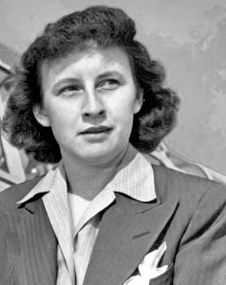
 ATAM
ATAM 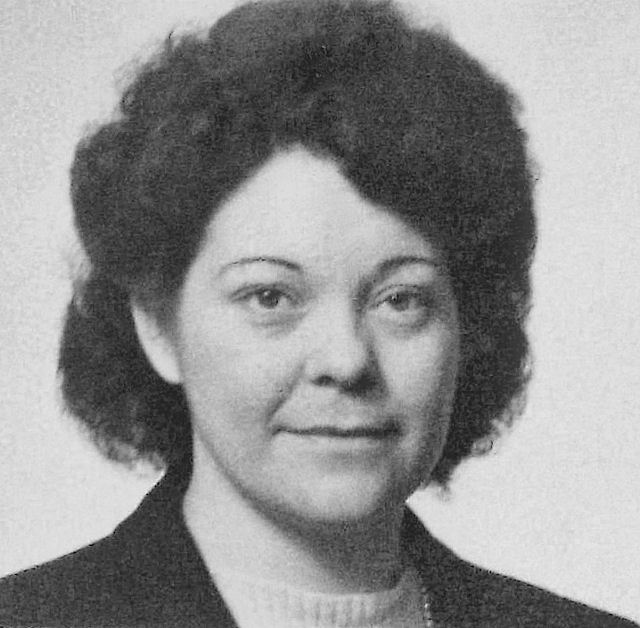 ATA
ATA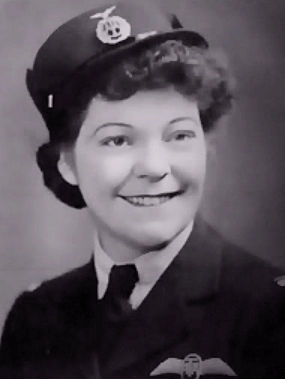 ATA
ATA 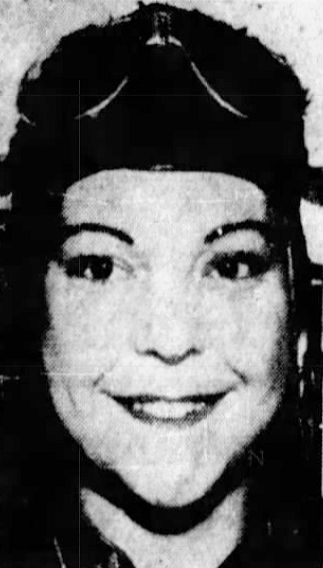 1941
1941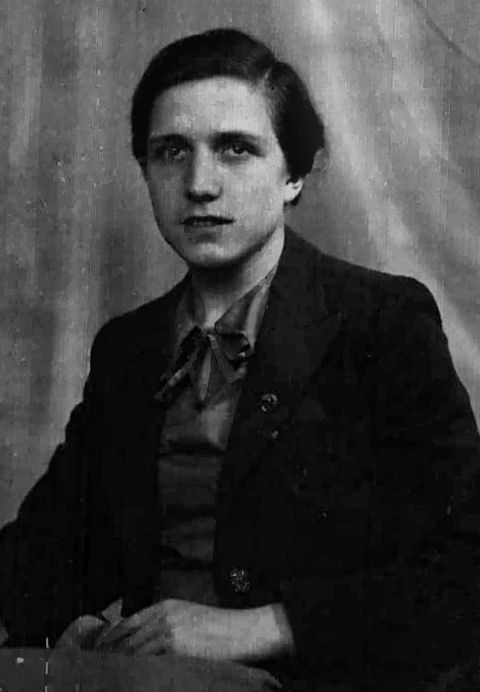 RAeC 1939
RAeC 1939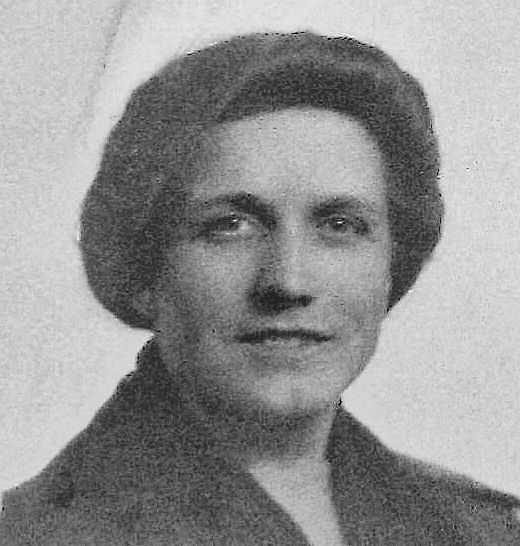 ATA
ATA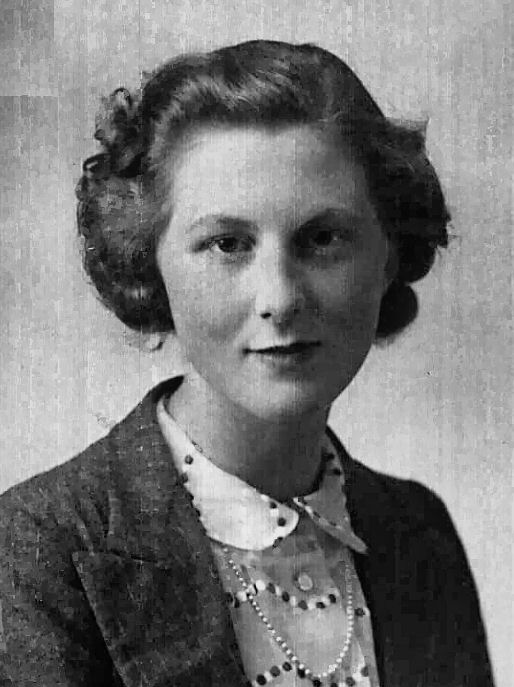 RAeC 1939
RAeC 1939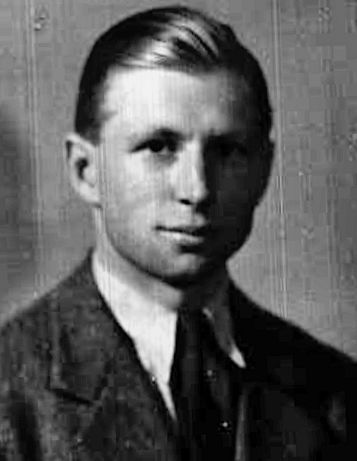 RAeC 1939
RAeC 1939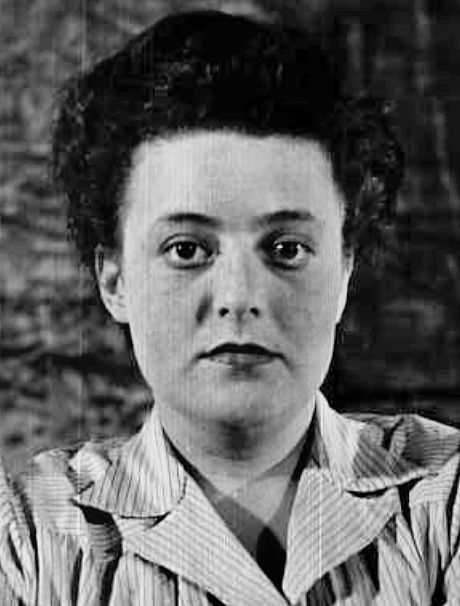
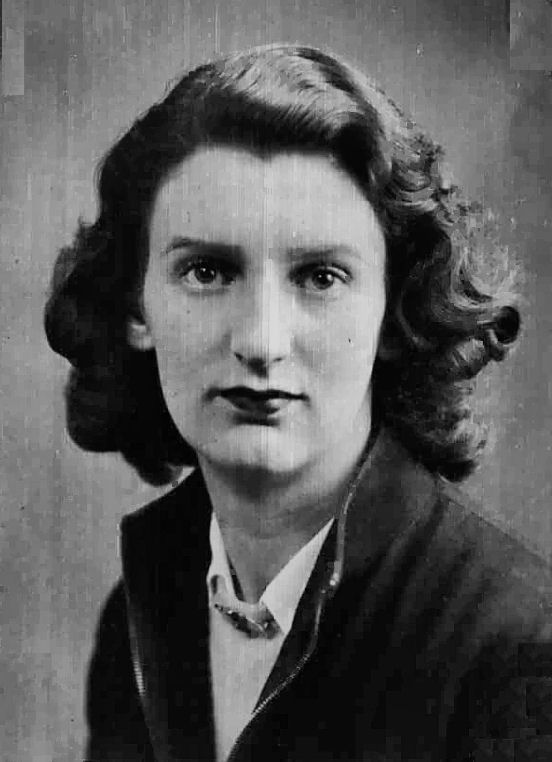 RAeC May 1939
RAeC May 1939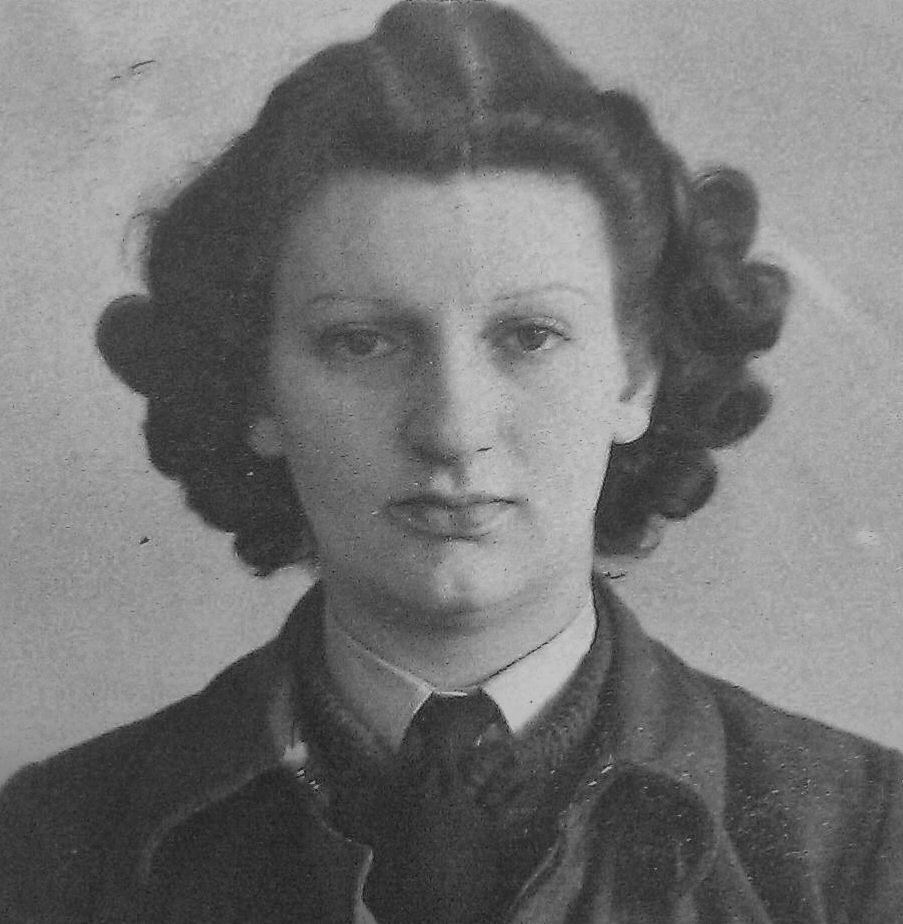 ATA
ATA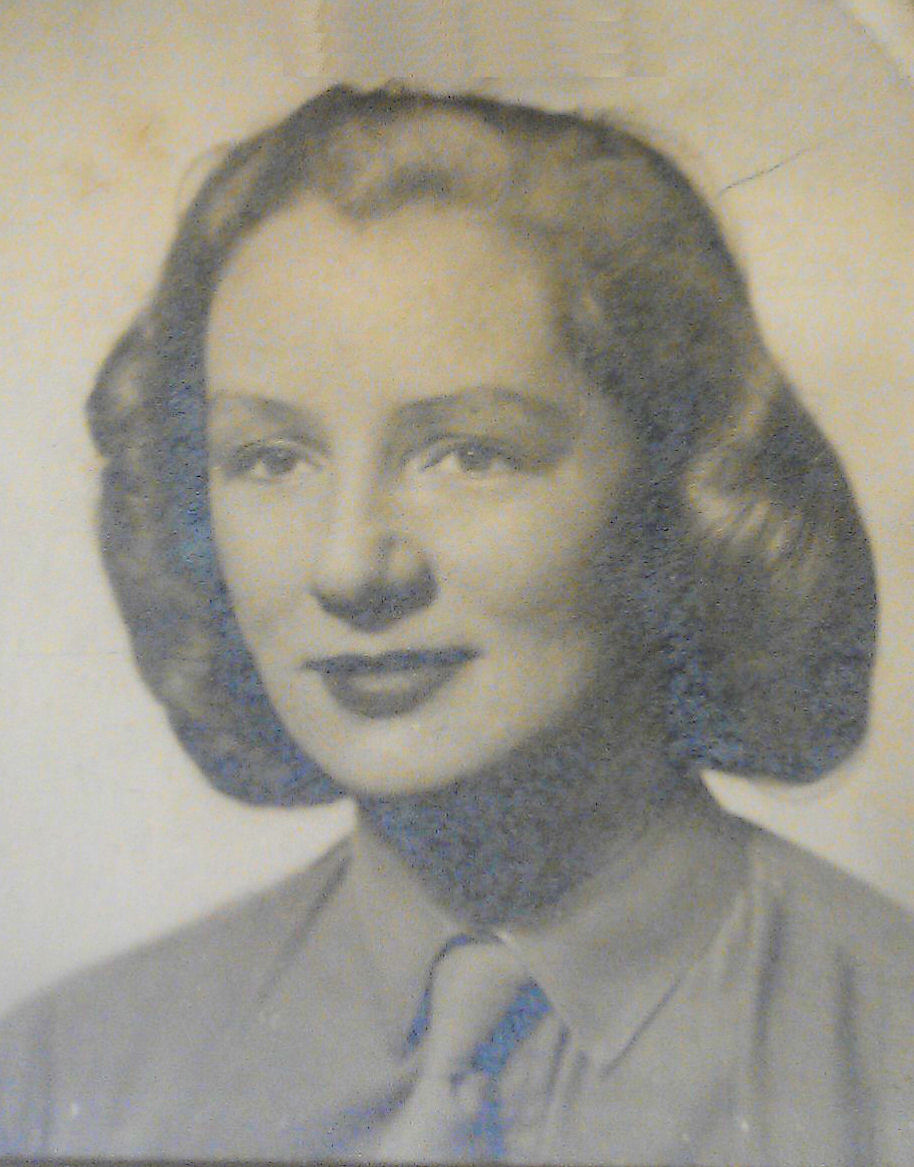
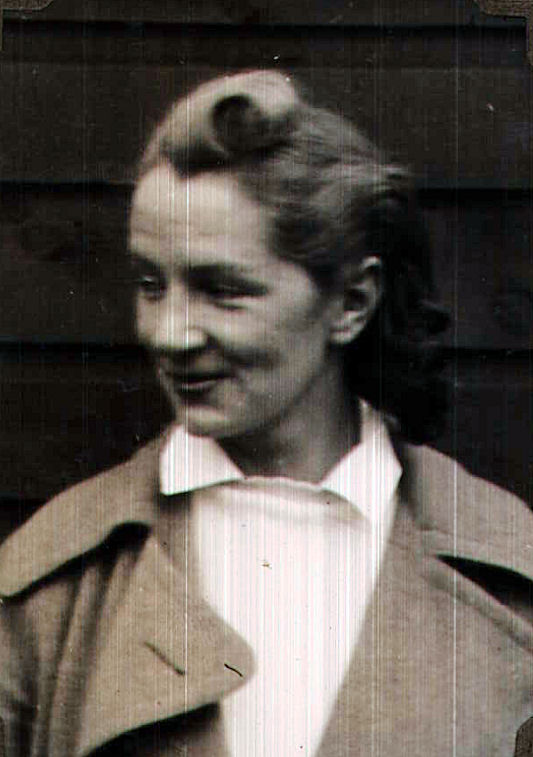


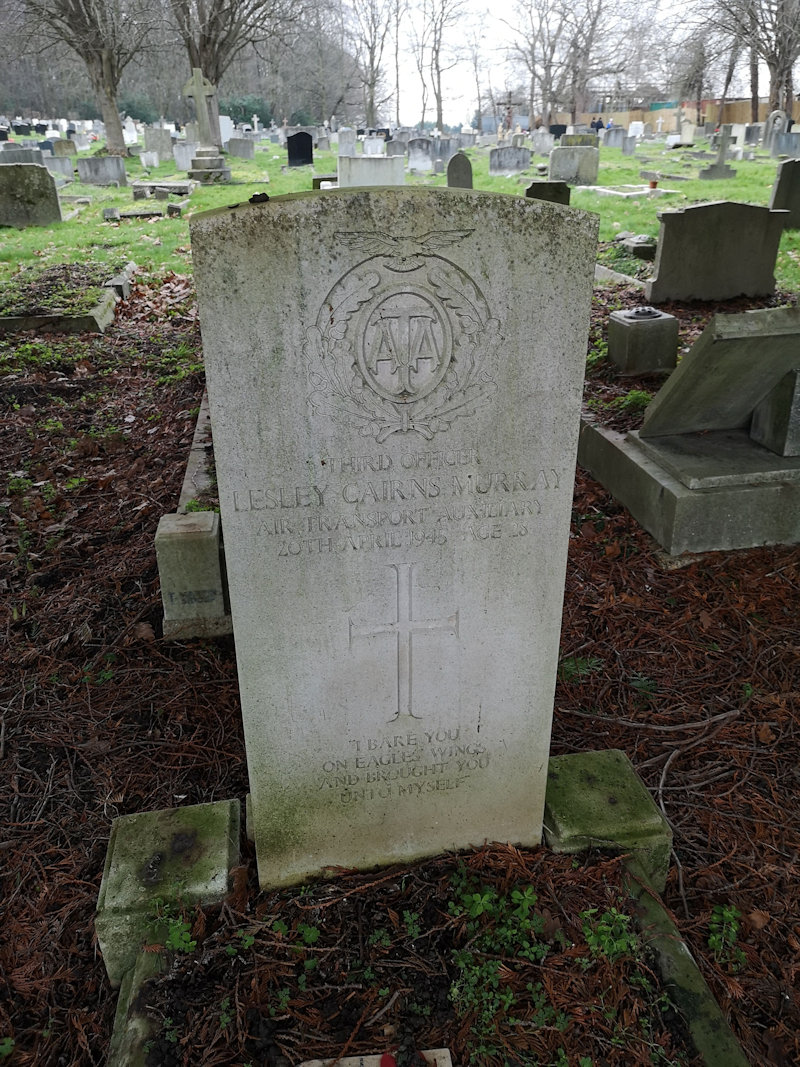
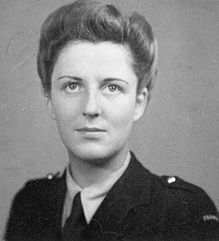 ATAM
ATAM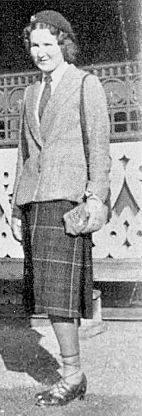
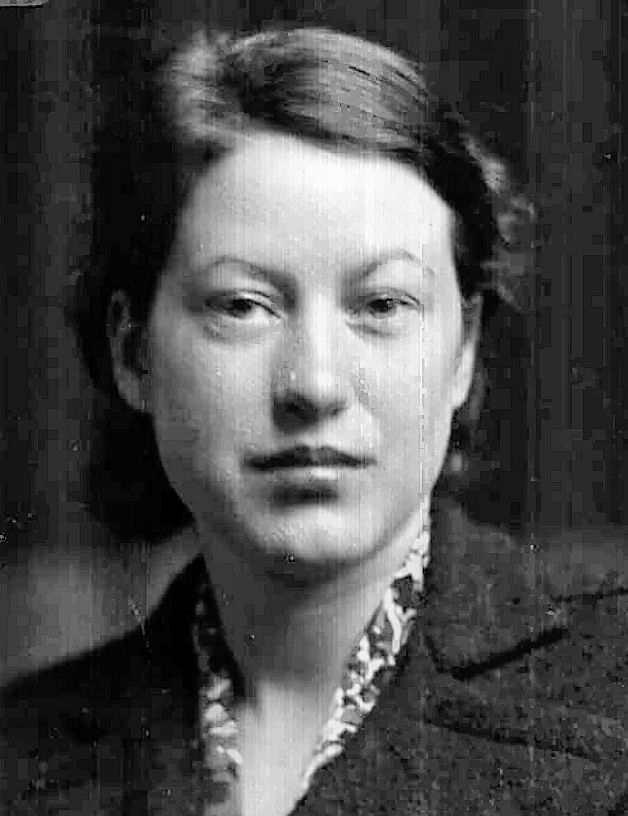 RAeC 1938
RAeC 1938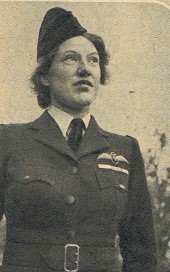 Wikipedia
Wikipedia ATAM
ATAM 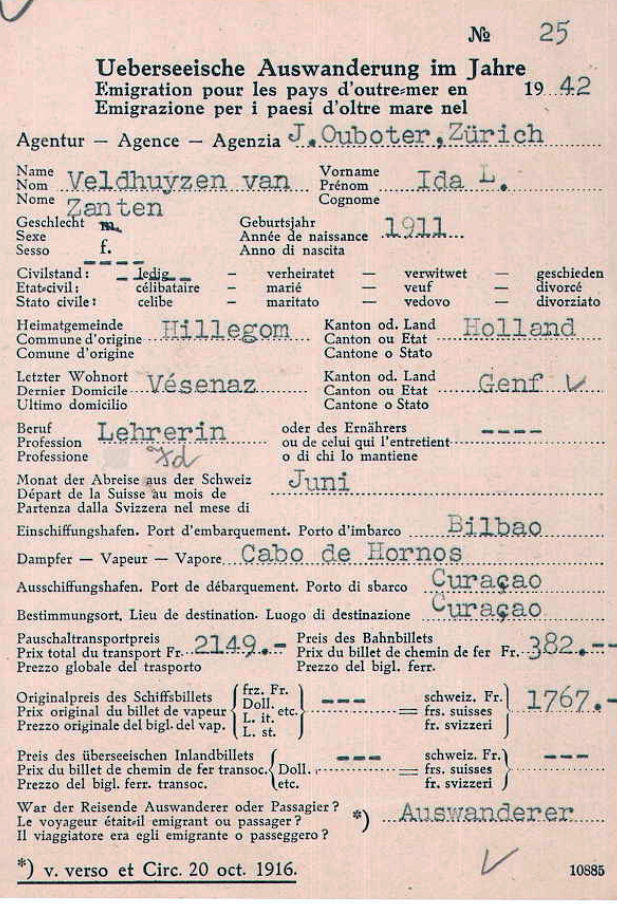
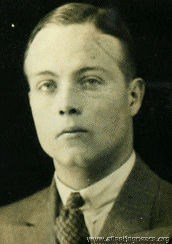 John
John 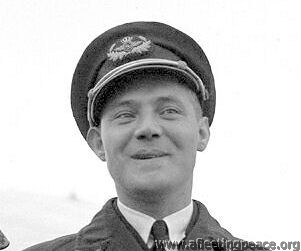 Dirk
Dirk 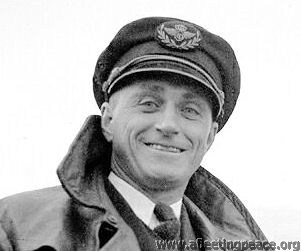 Jan
Jan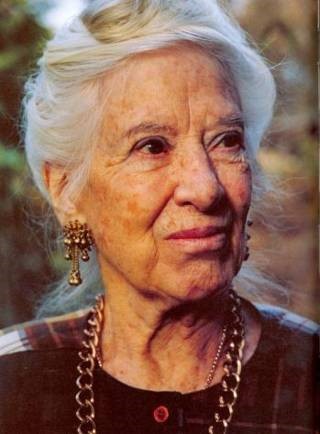
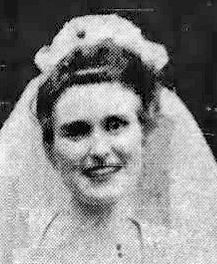 1945
1945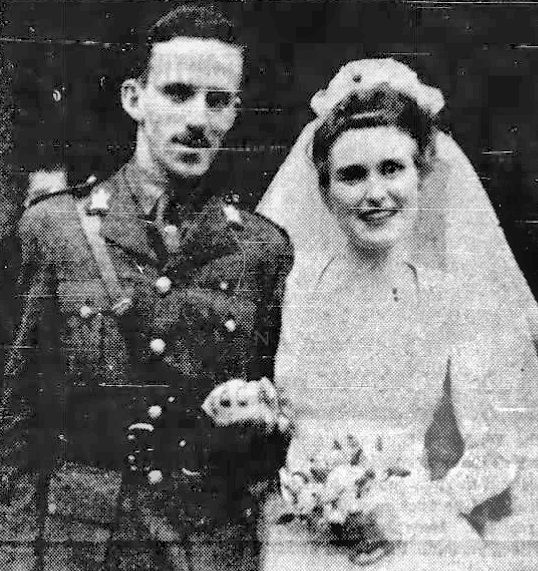
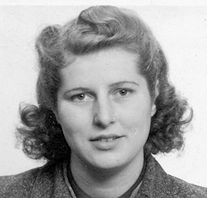 ATAM
ATAM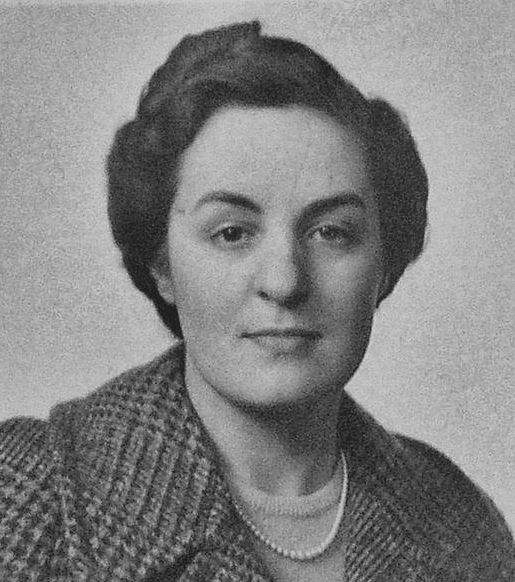
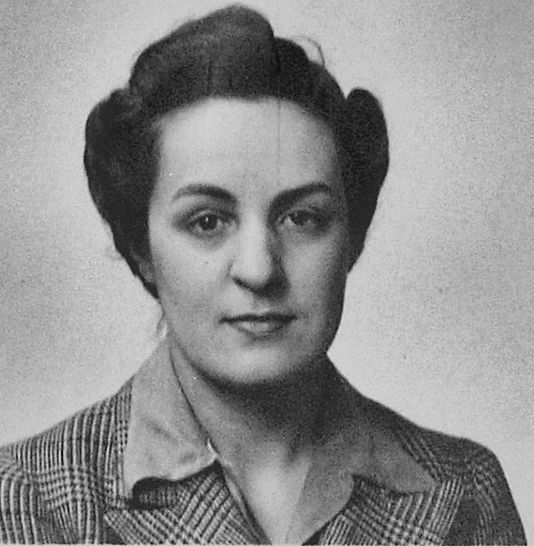 ATA
ATA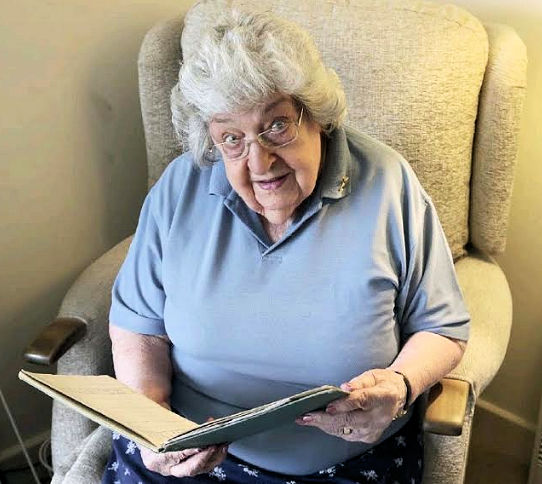 2019
2019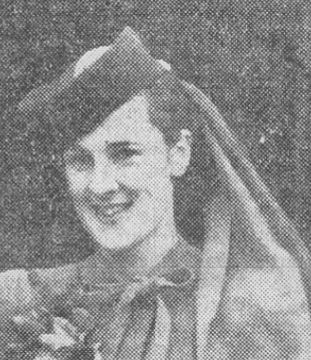 1940
1940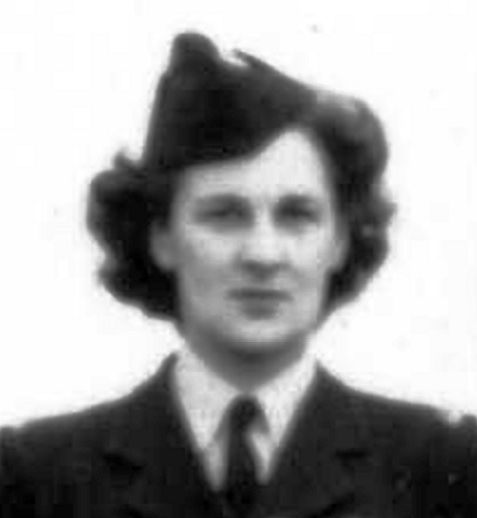 ATAM
ATAM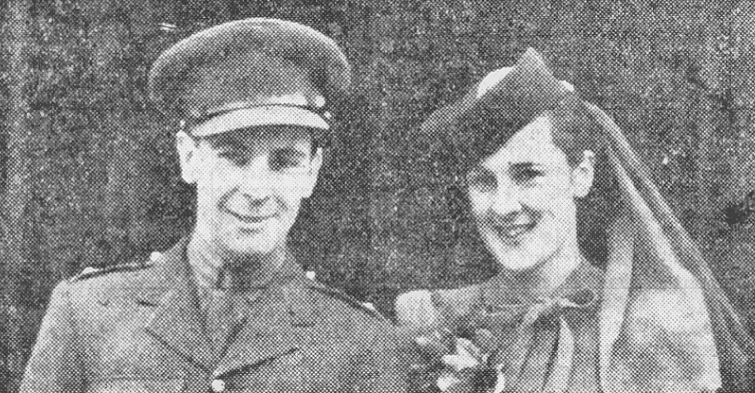
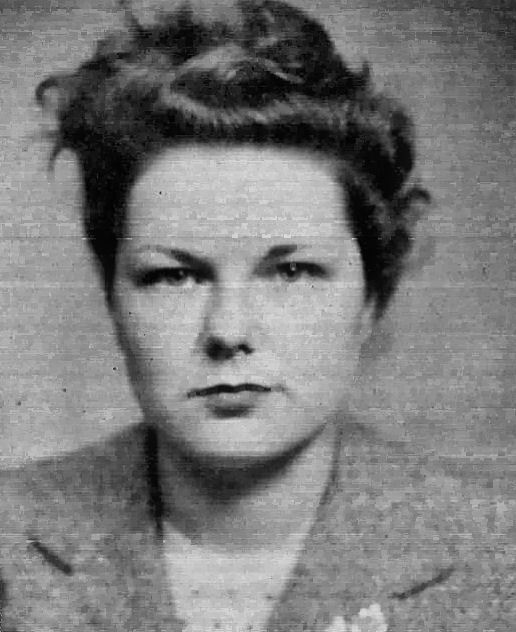 RAeC 1945
RAeC 1945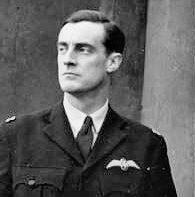
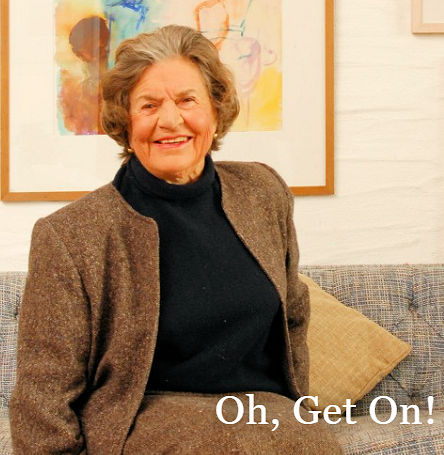
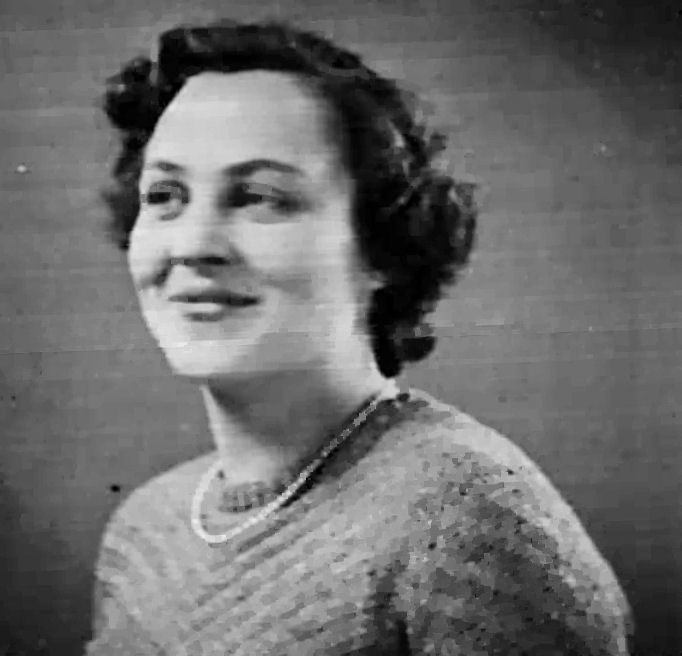 RAeC 1936
RAeC 1936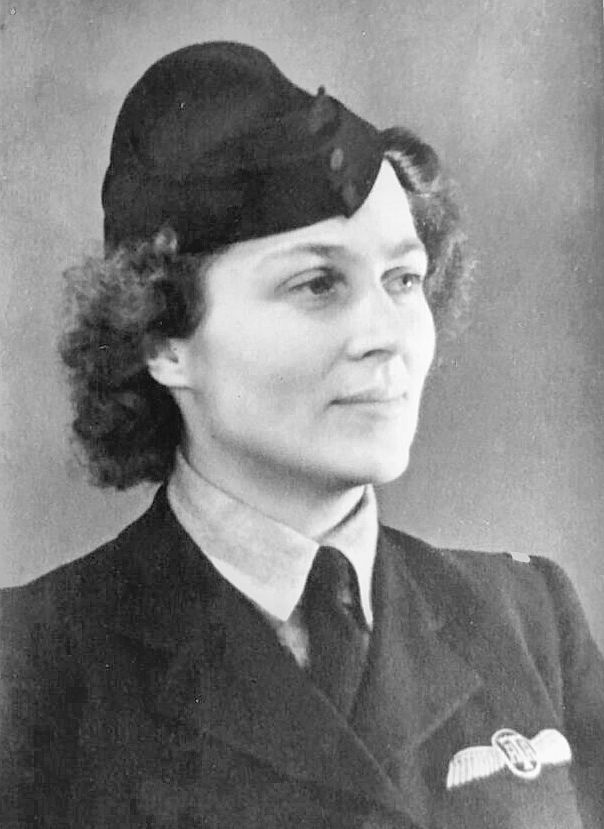 ATA Museum
ATA Museum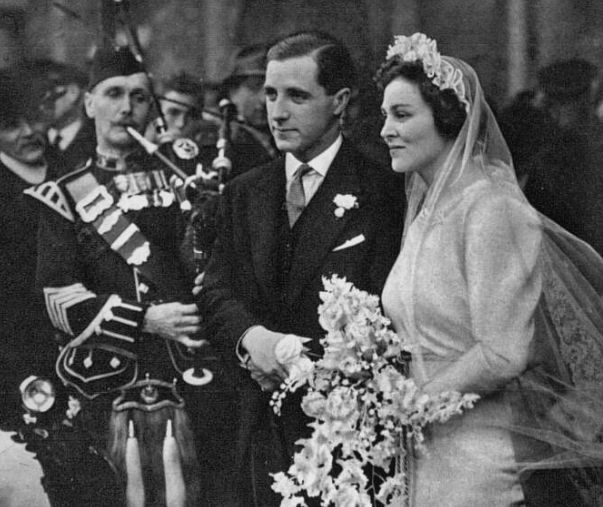 The Bystander
The Bystander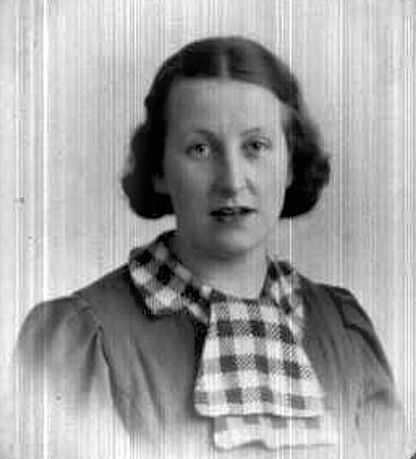 RAeC 1939
RAeC 1939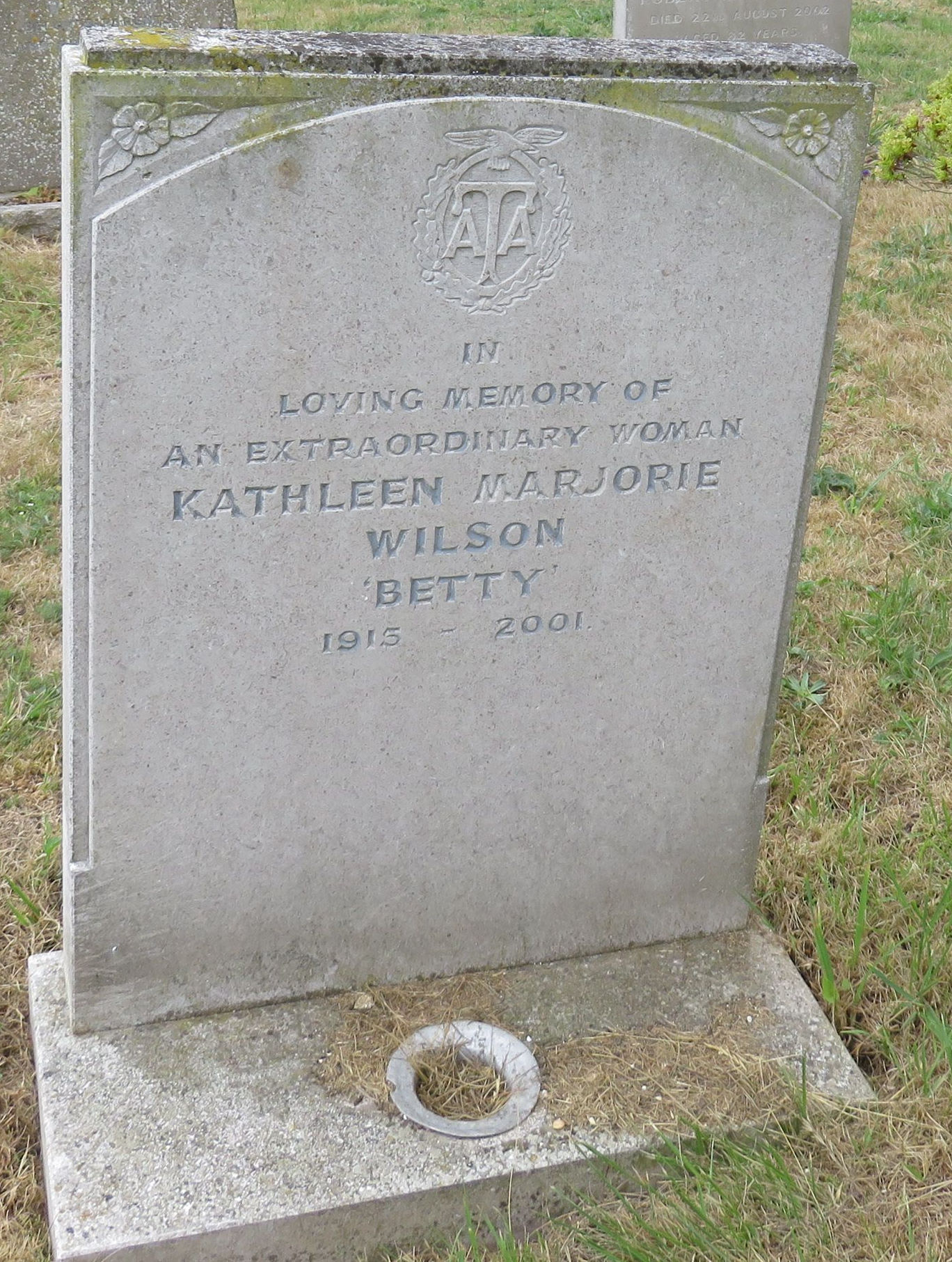 "An extraordinary Woman"
"An extraordinary Woman"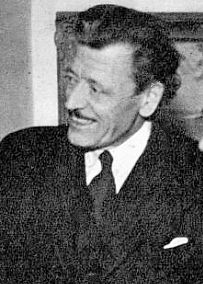
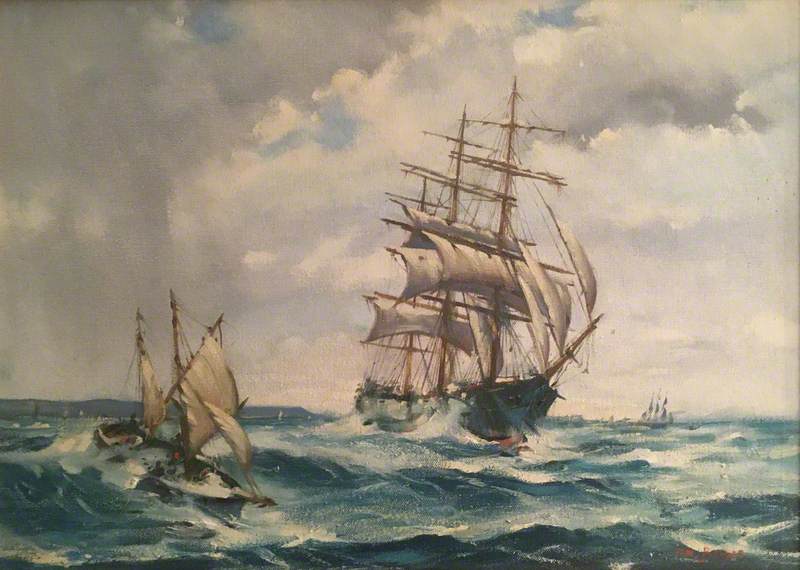 this is one of his many paintings, "Squally Weather in the Channel"
this is one of his many paintings, "Squally Weather in the Channel" 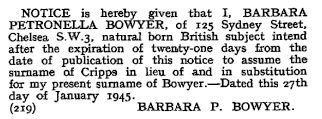
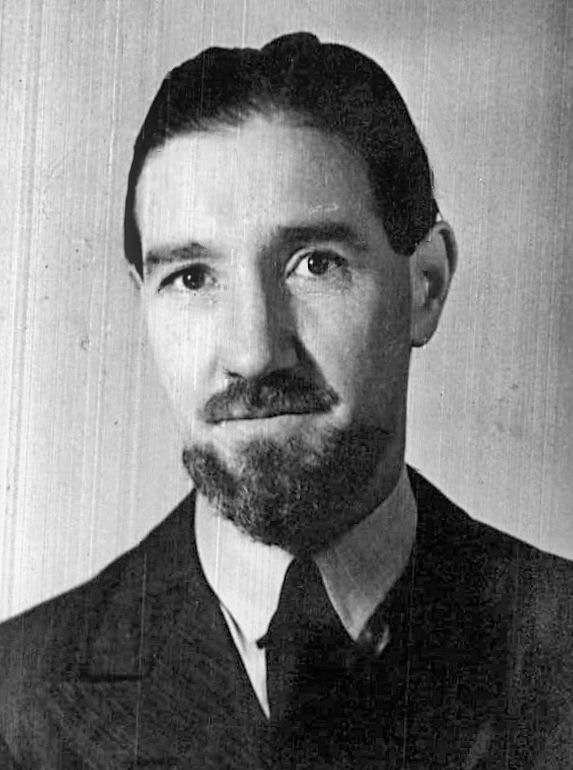
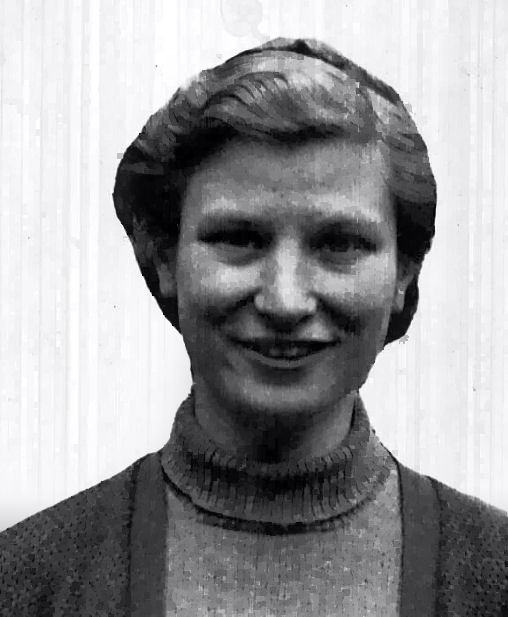 RAeC 1939
RAeC 1939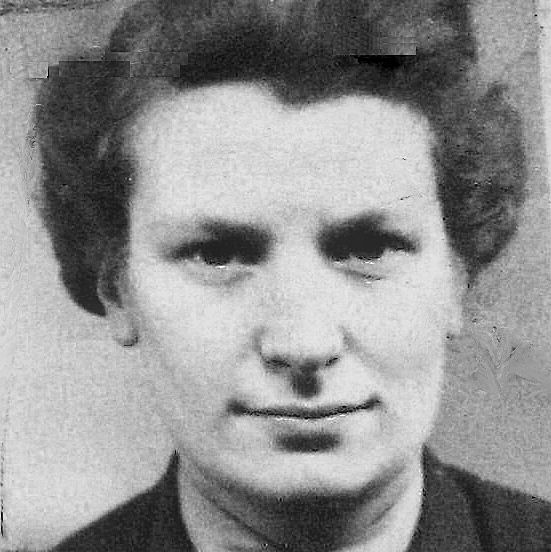 ATA
ATA 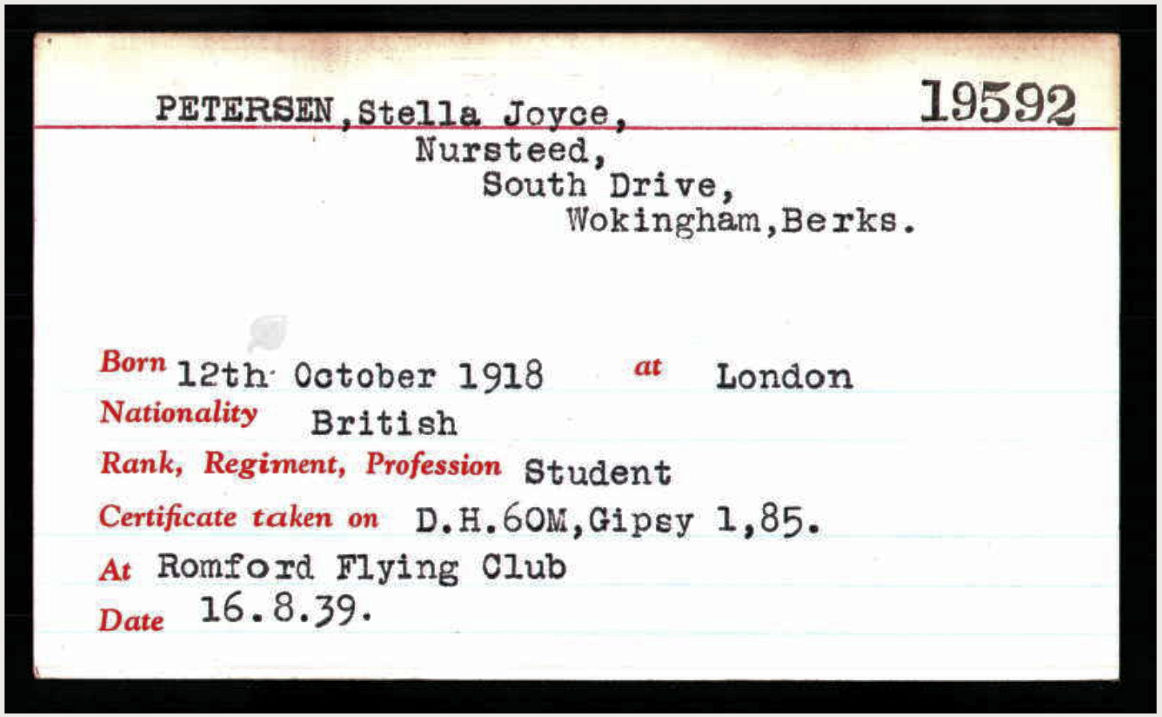
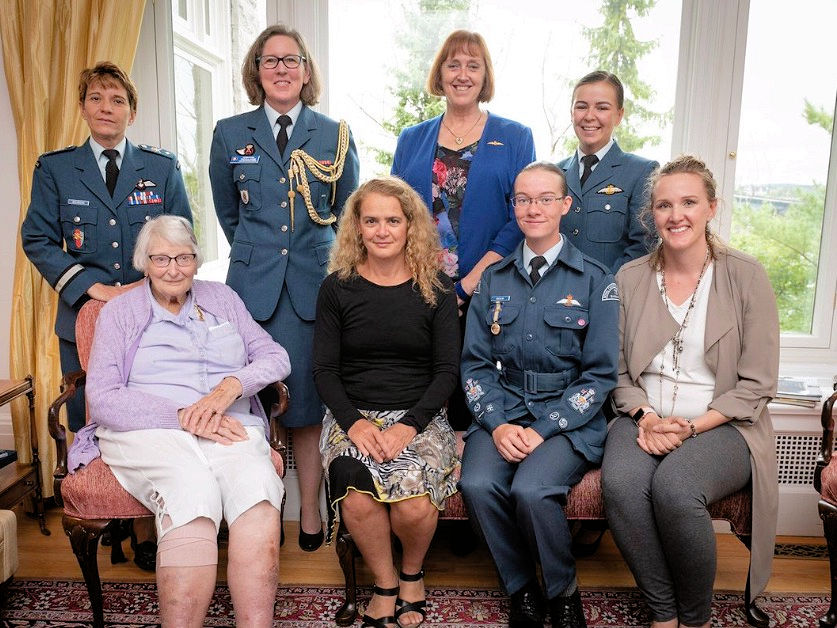
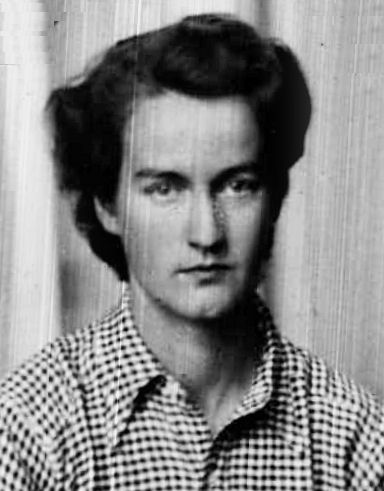 RAeC 1939
RAeC 1939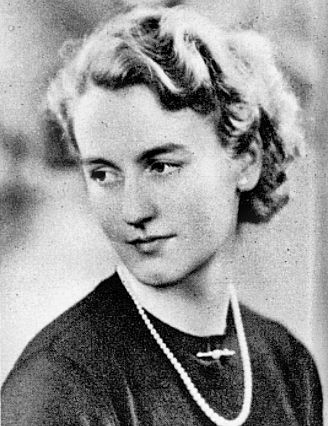 1940 (The Bystander)
1940 (The Bystander)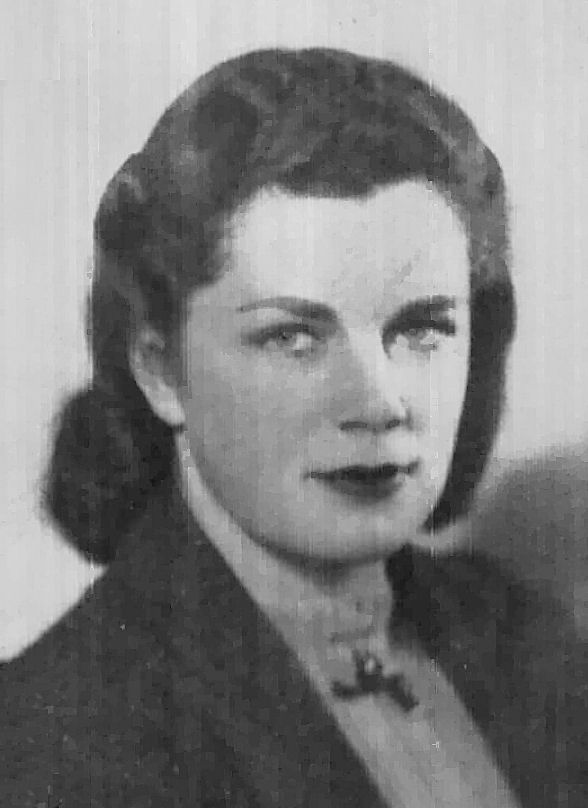 RAeC 1939
RAeC 1939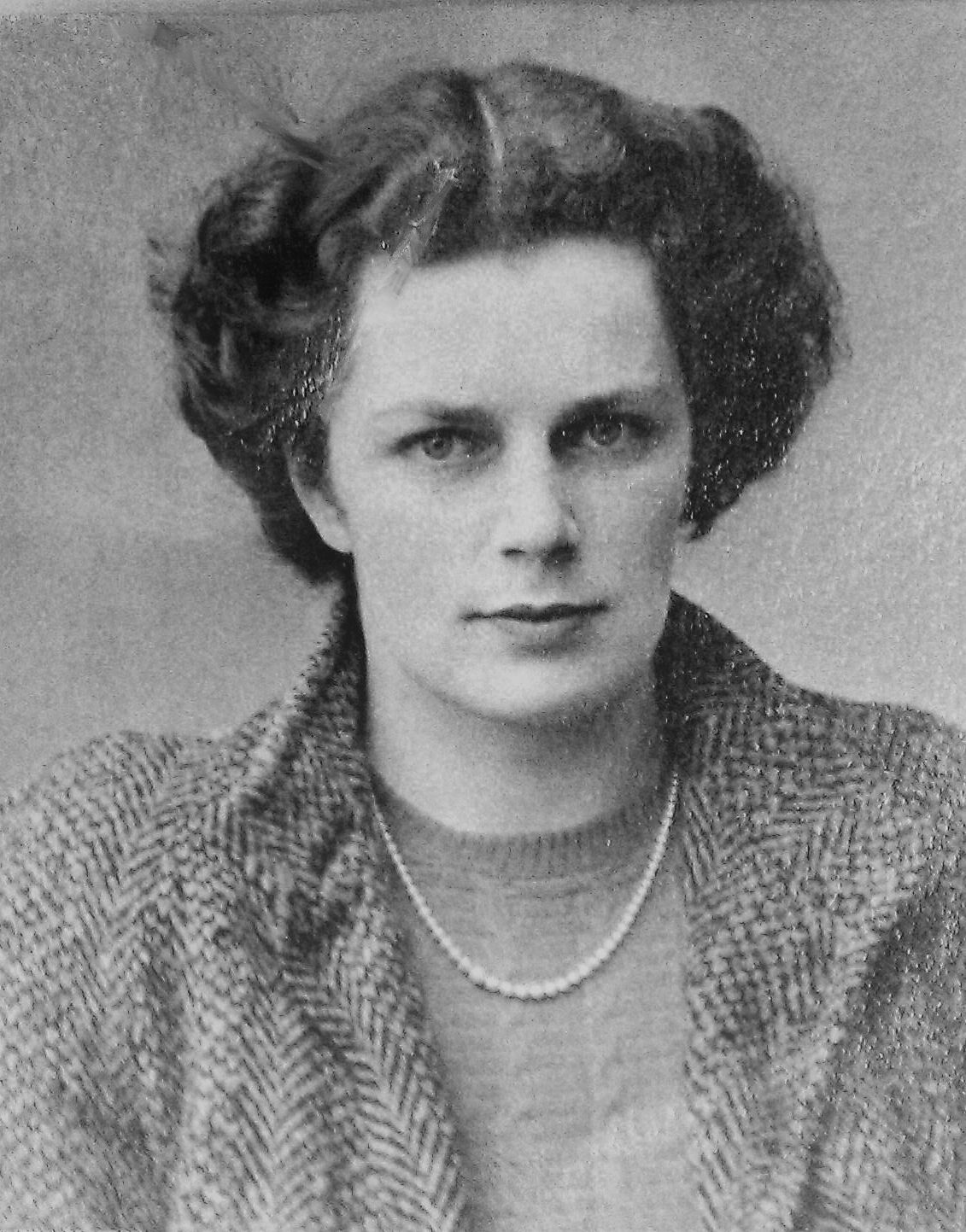 ATA
ATA 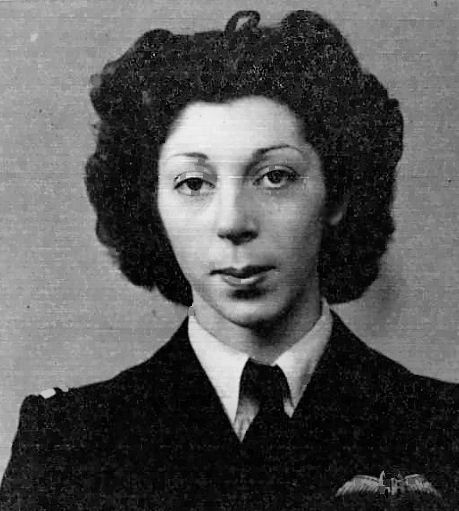 RAeC 1945
RAeC 1945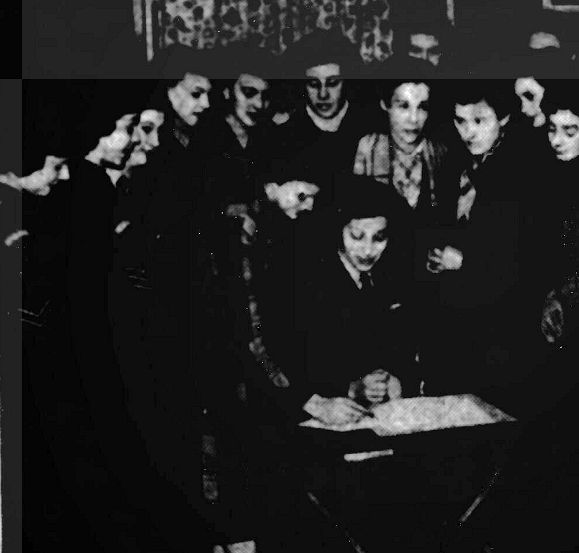
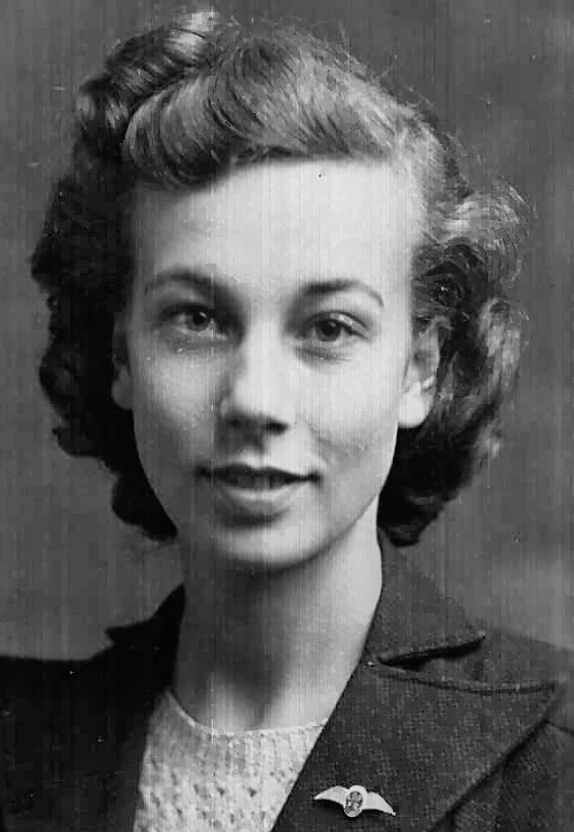 RAeC 1938
RAeC 1938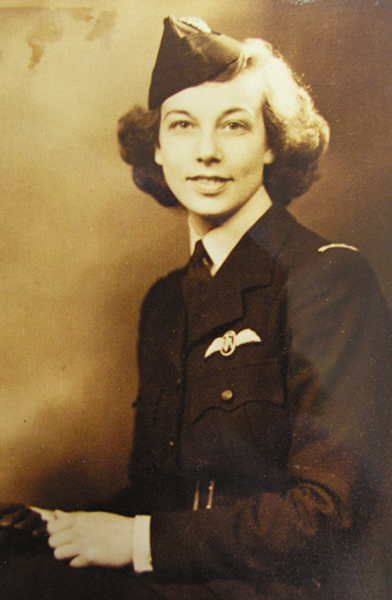 ATA
ATA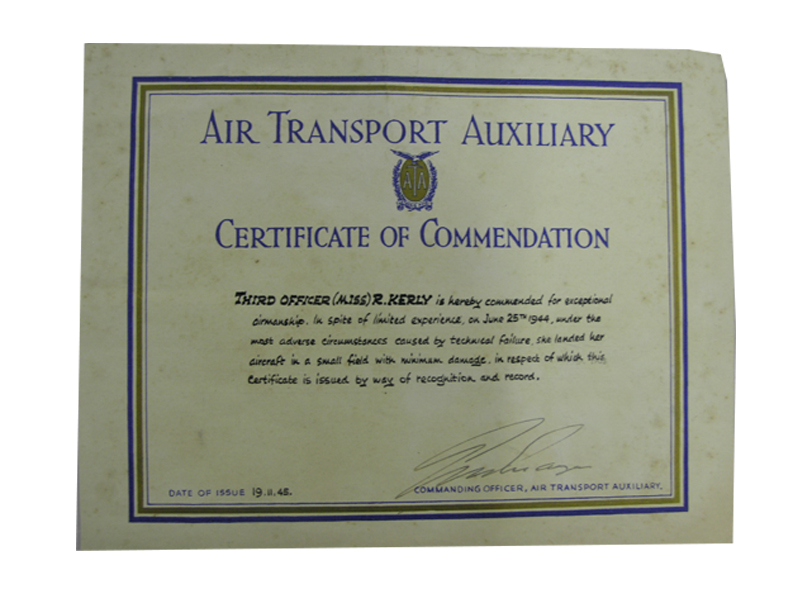
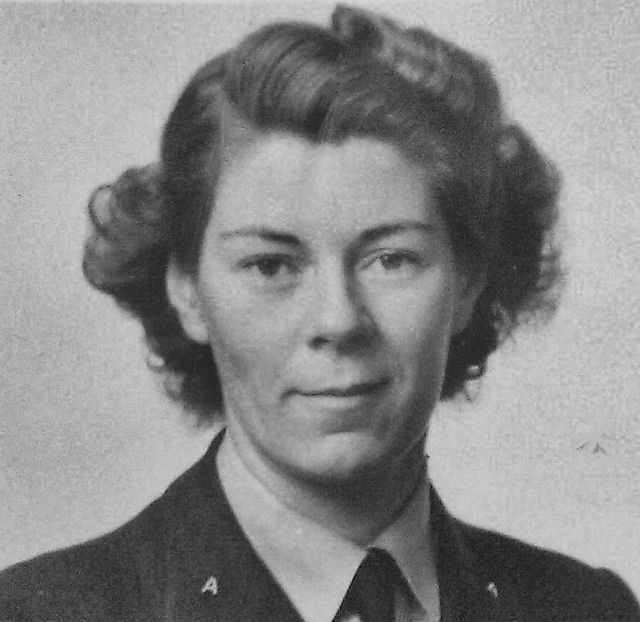 ATA
ATA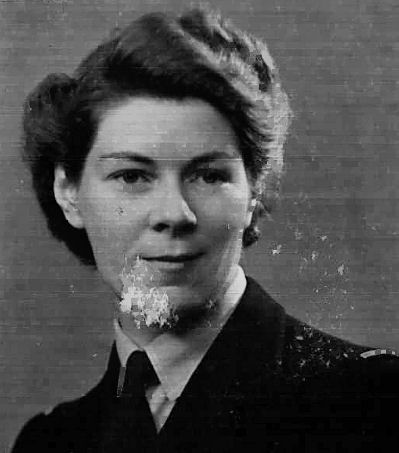 RAeC 1946
RAeC 1946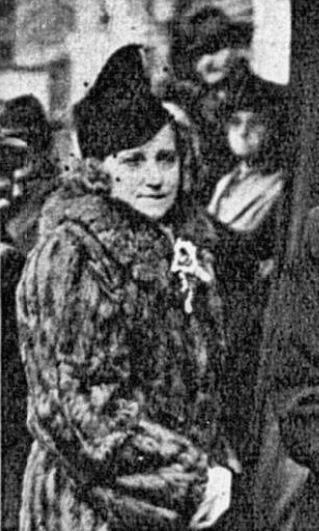 possibly this is her, in 1948
possibly this is her, in 1948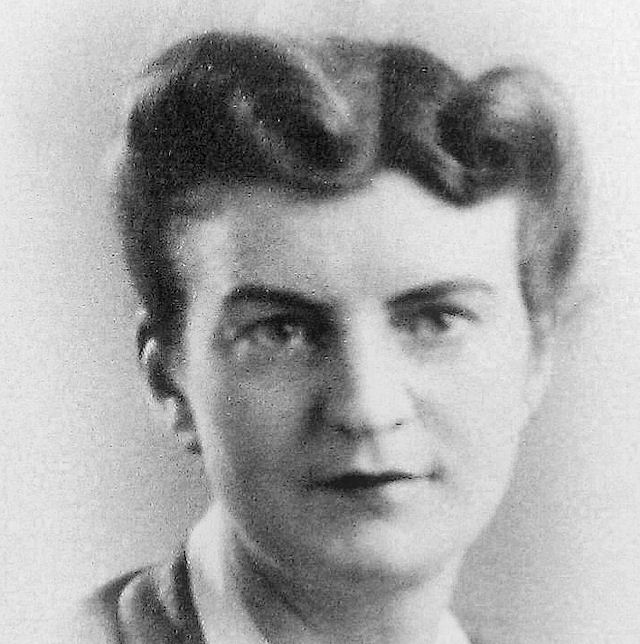 ATA
ATA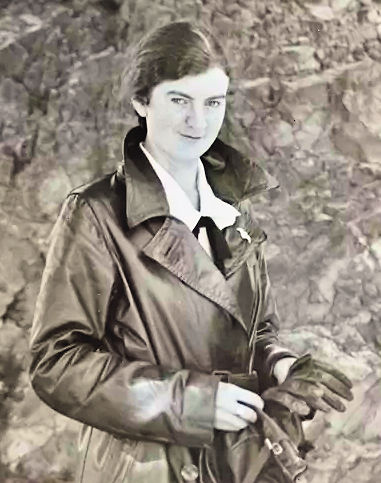 Aukland Museum
Aukland Museum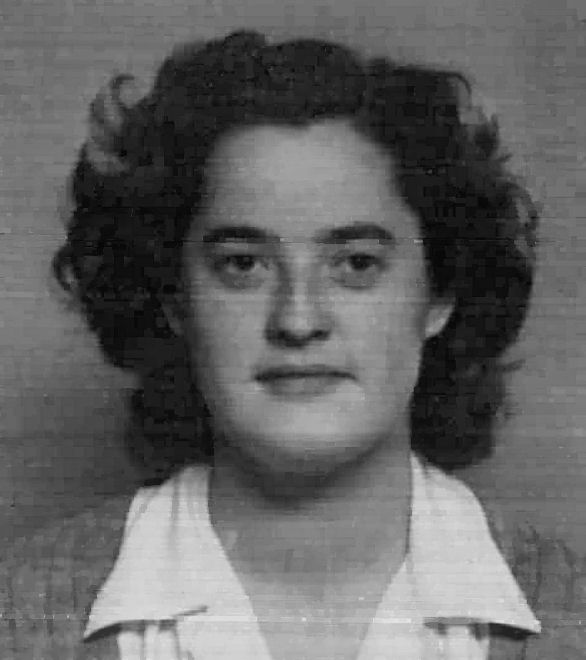 RAeC 1945
RAeC 1945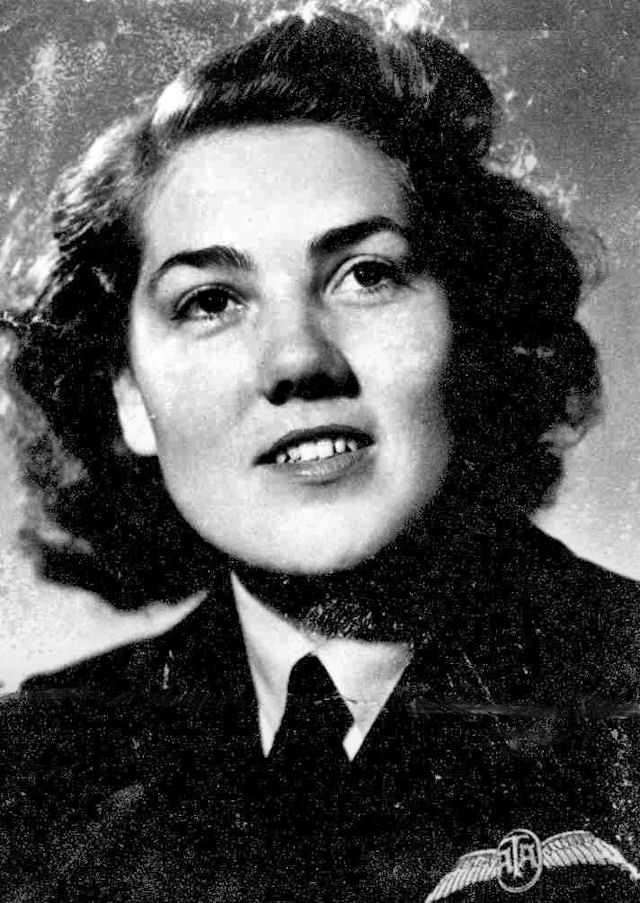 ATA
ATA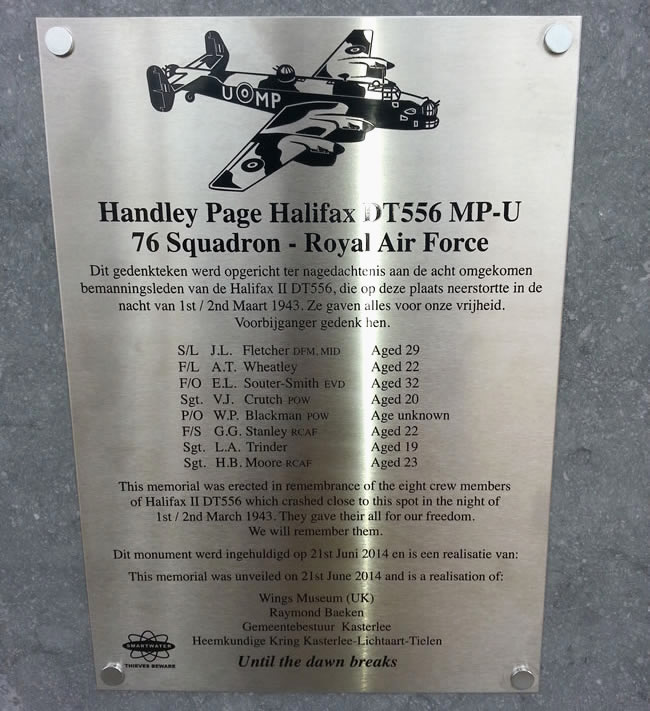 Memorial erected in 2014
Memorial erected in 2014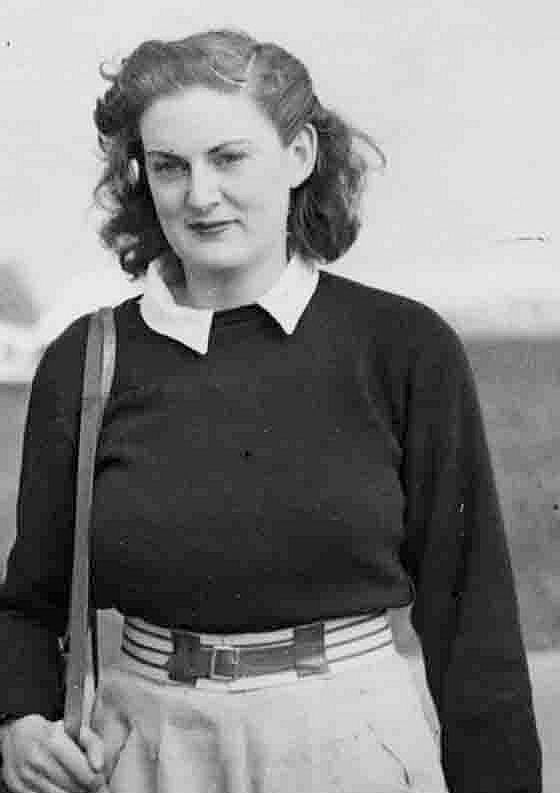 1946
1946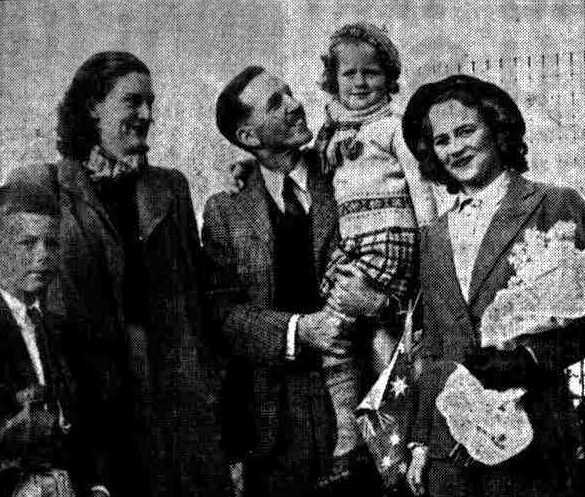
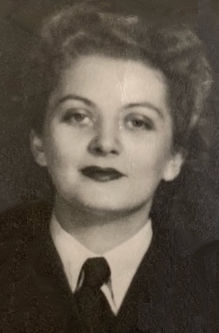 1945
1945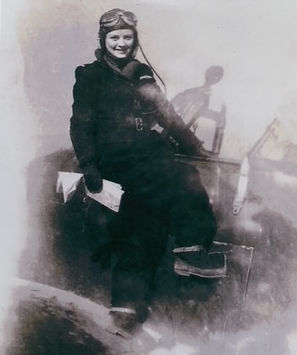 "Wildcat, Aug 45"
"Wildcat, Aug 45"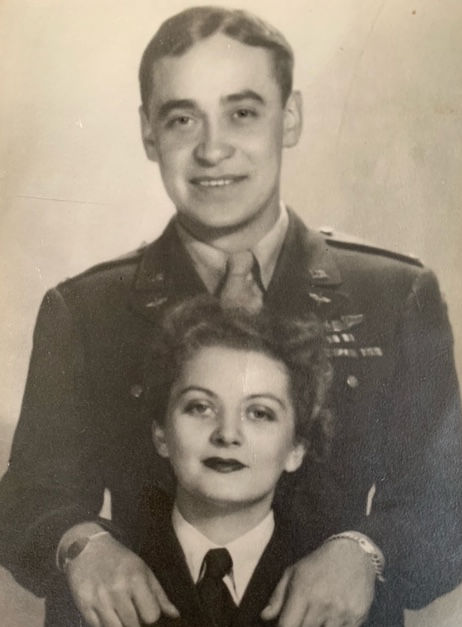
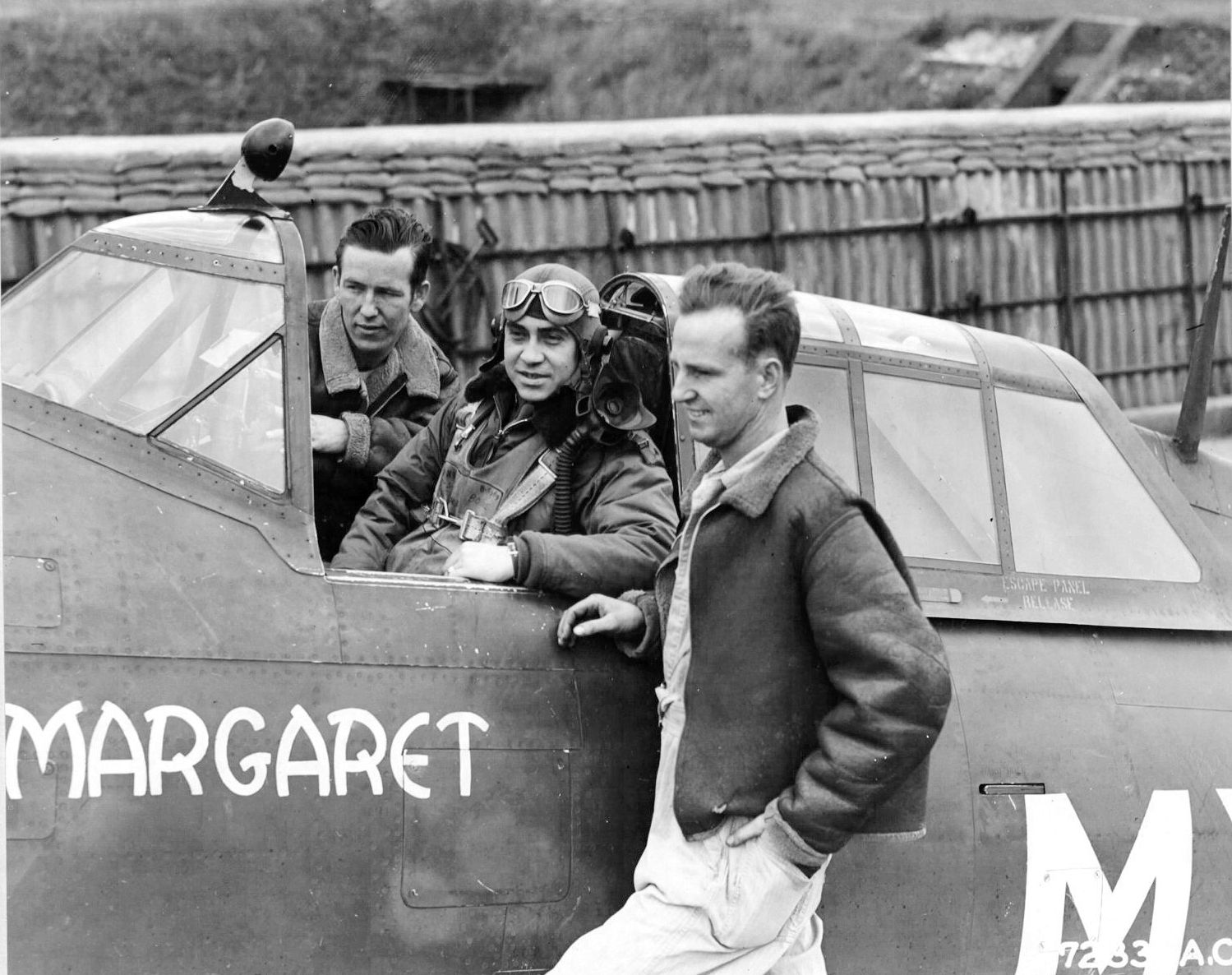 Imperial War Museum
Imperial War Museum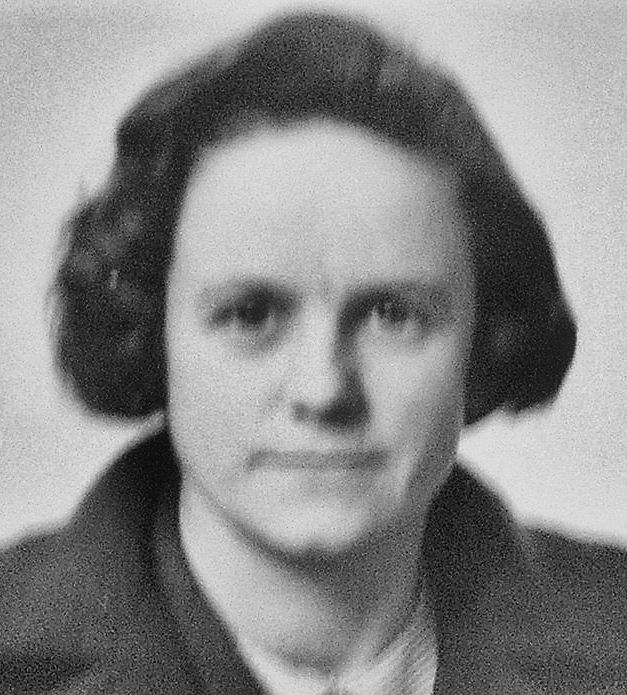 ATA
ATA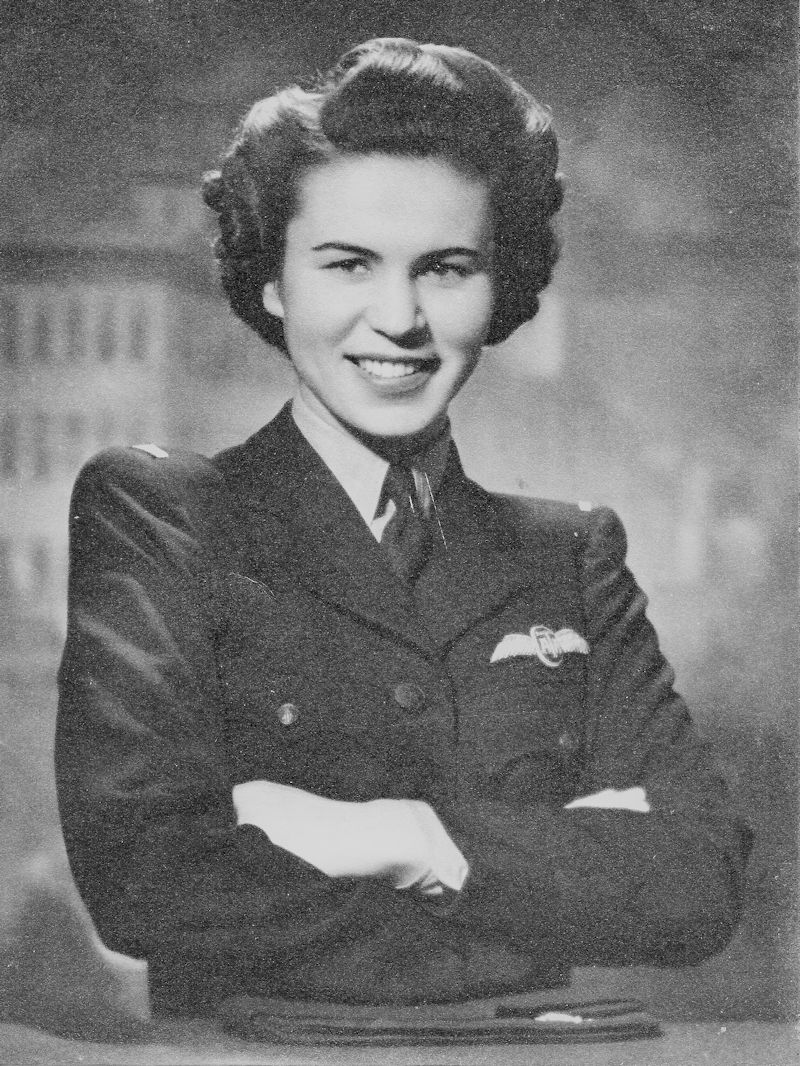
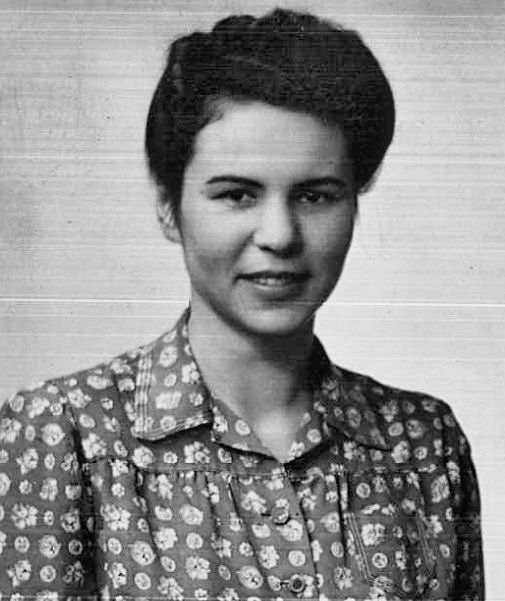 RAeC 1945
RAeC 1945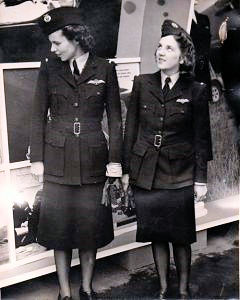
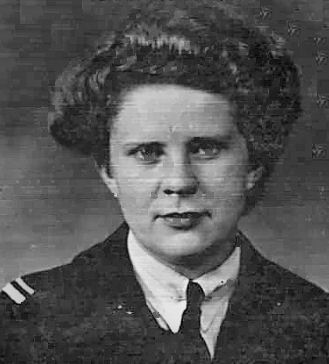 RAeC 1945
RAeC 1945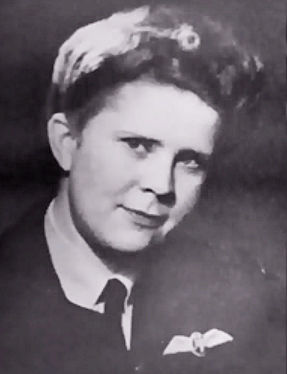 ATA
ATA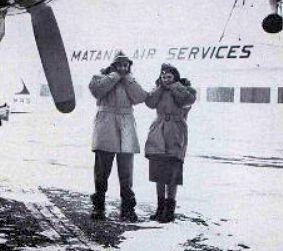
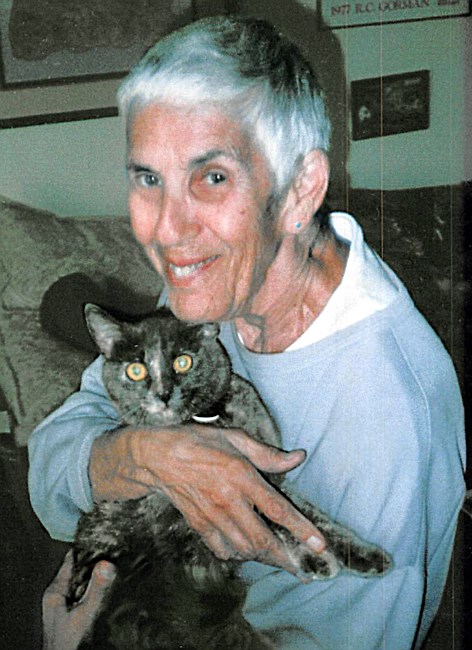
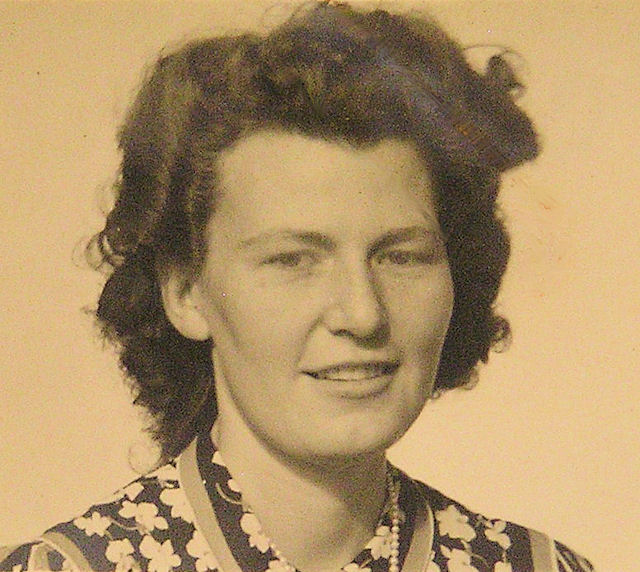 ATA
ATA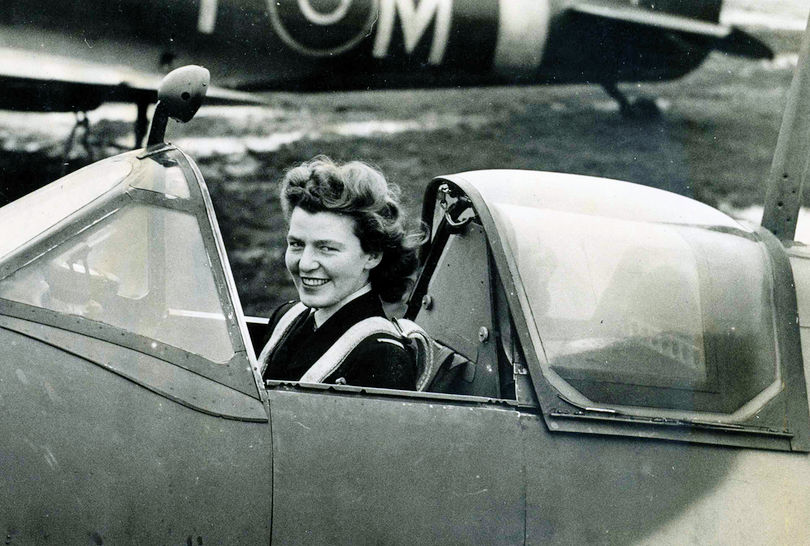 ATAM
ATAM
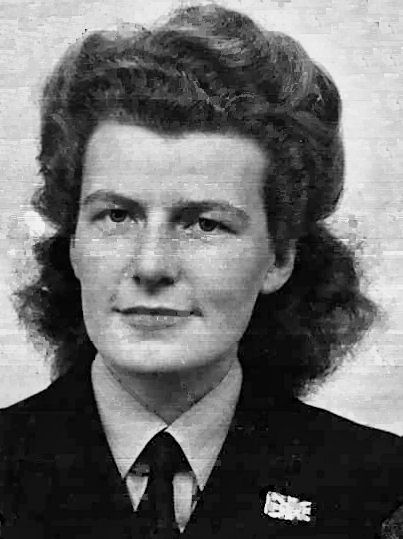 RAeC 1945
RAeC 1945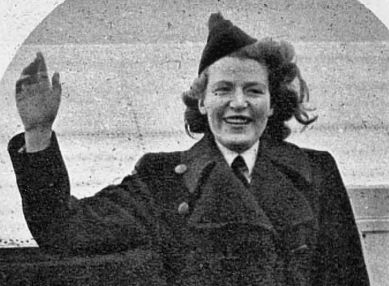
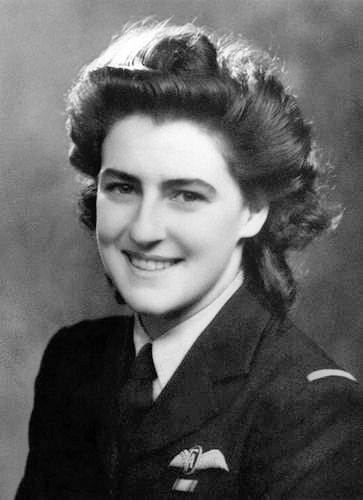 ATA
ATA
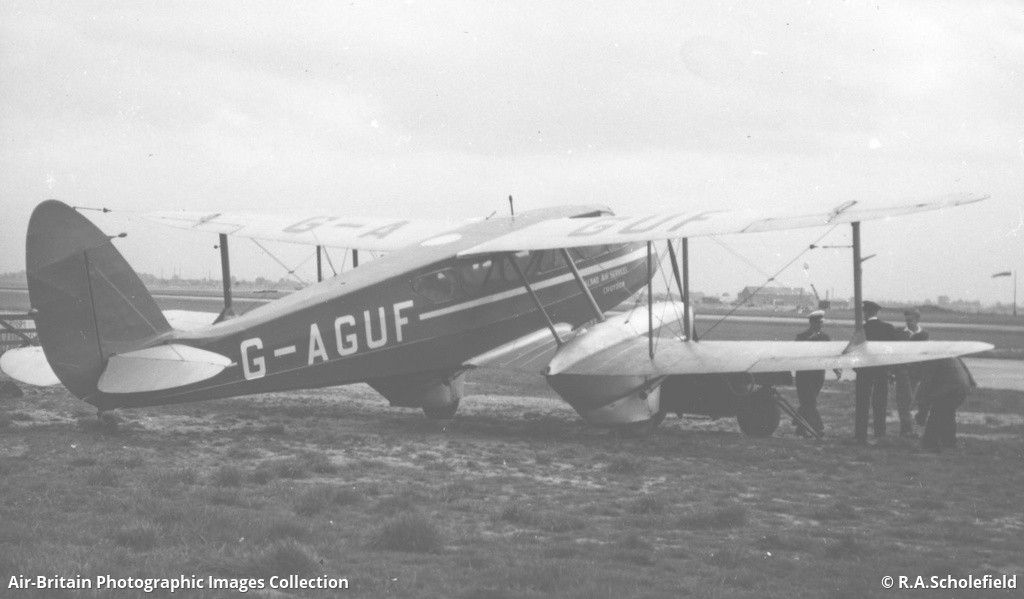
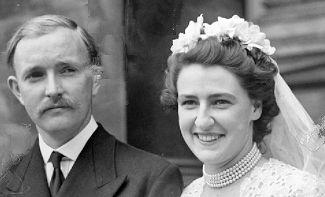 Daily Mirror
Daily Mirror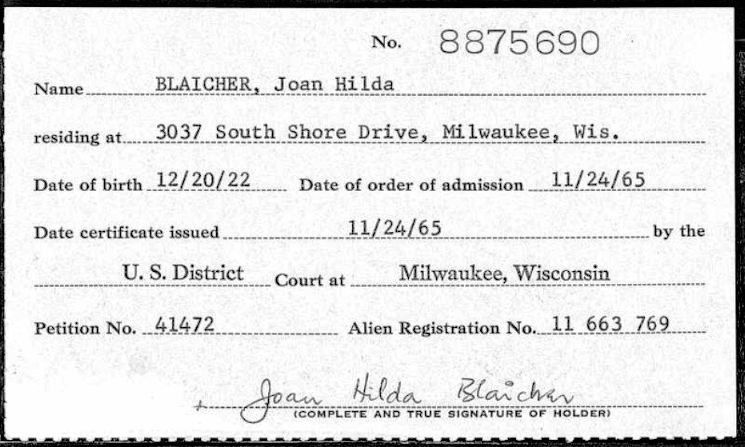
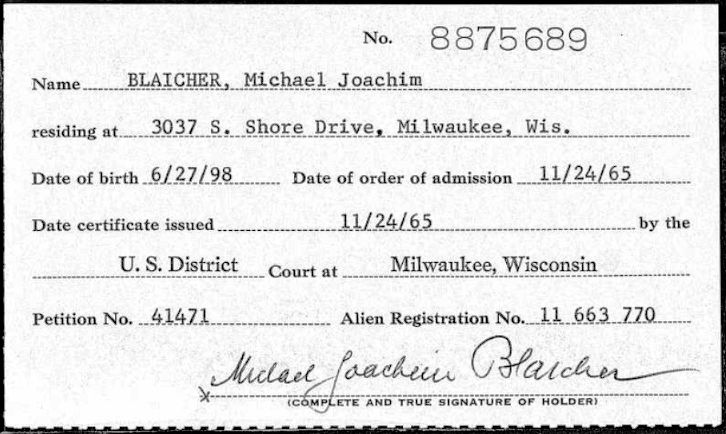
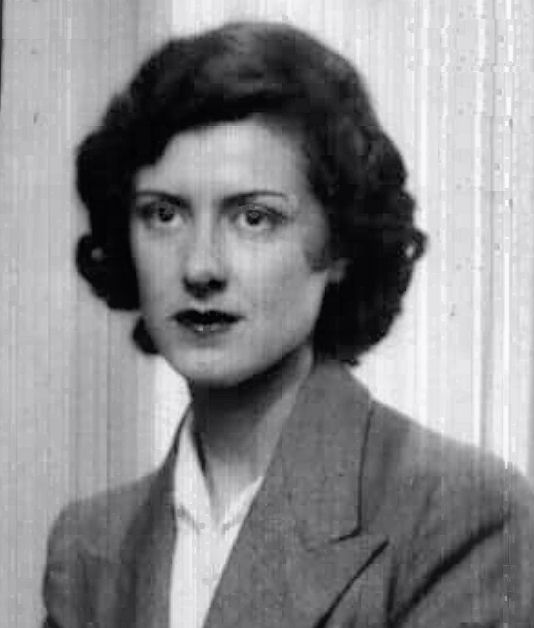 RAeC 1939
RAeC 1939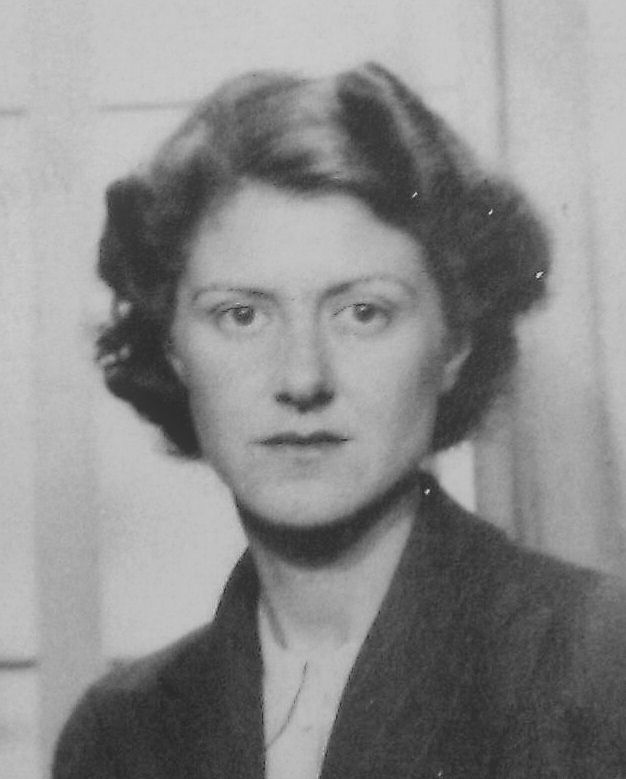 ATA
ATA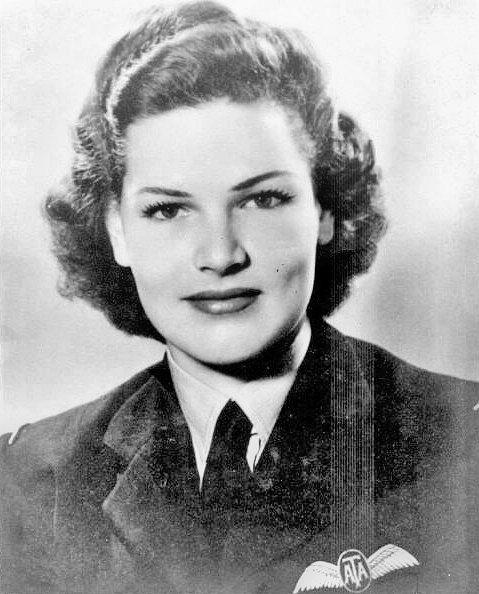 ATA
ATA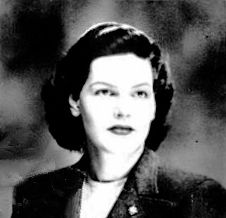 1946
1946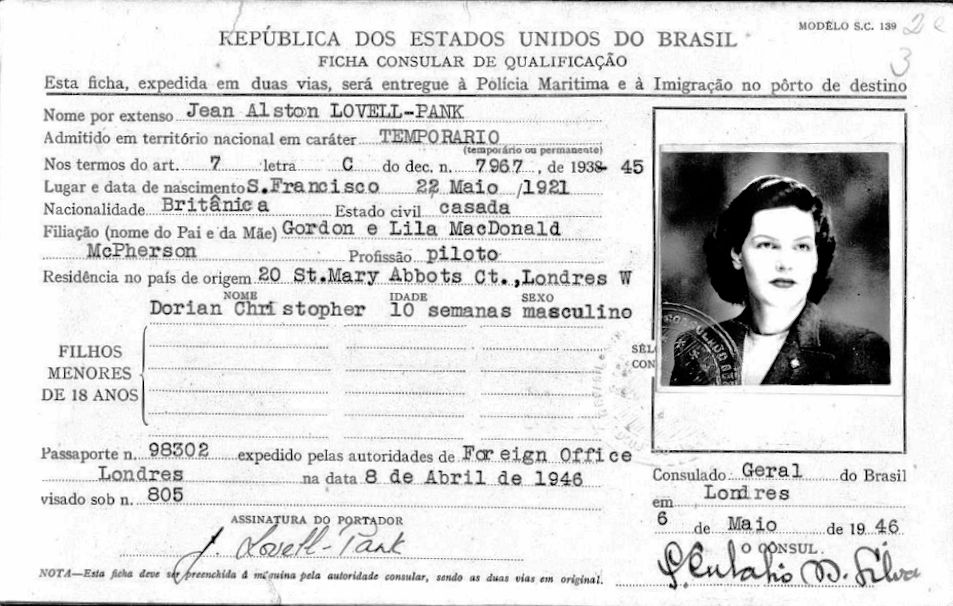 Entry Visa for Brazil, 8 Apr 1946. At the time her son, Dorian Christopher, was 10 weeks old.
Entry Visa for Brazil, 8 Apr 1946. At the time her son, Dorian Christopher, was 10 weeks old.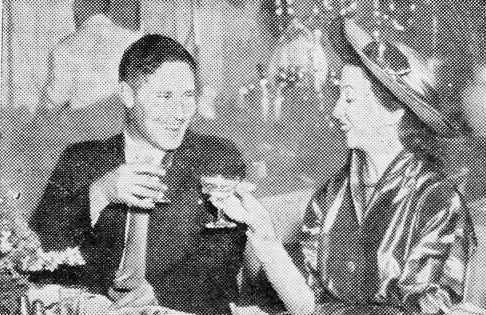
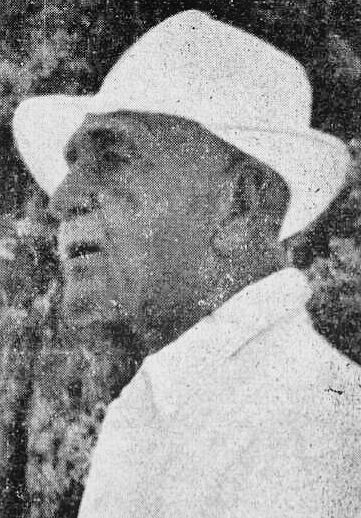 1955 - Pacific Island Weekly
1955 - Pacific Island Weekly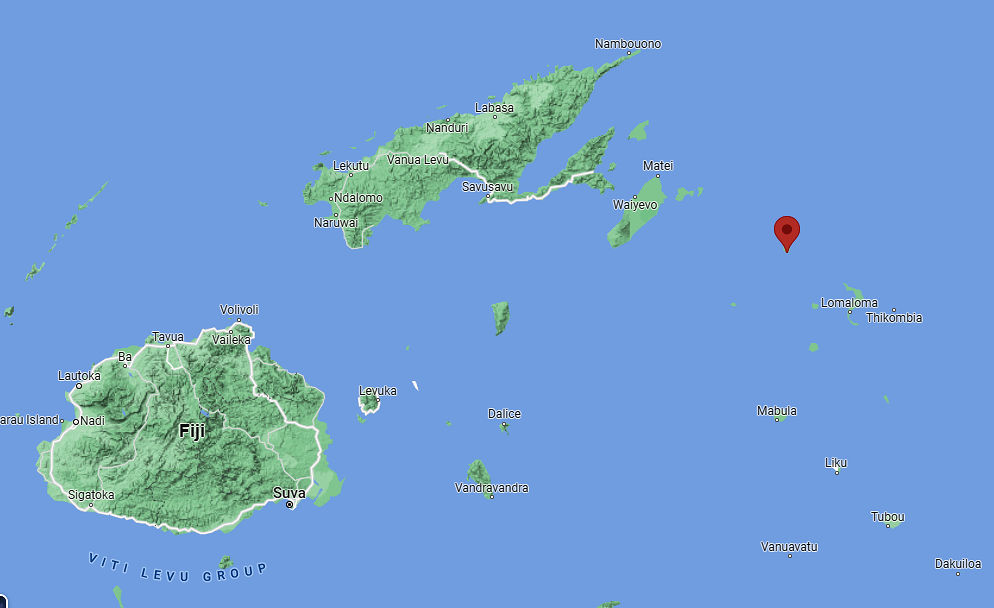
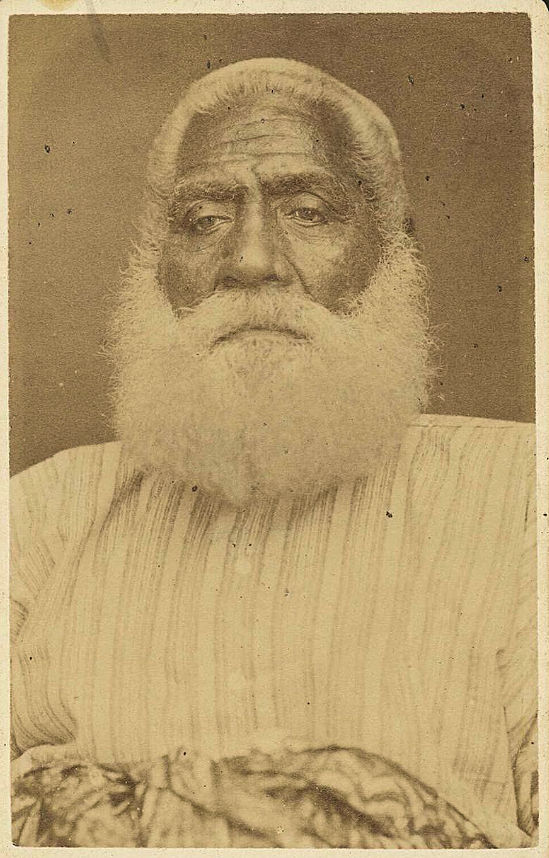 Ratu Seru Epenisa Cakobau in 1883
Ratu Seru Epenisa Cakobau in 1883
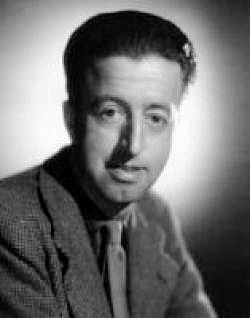
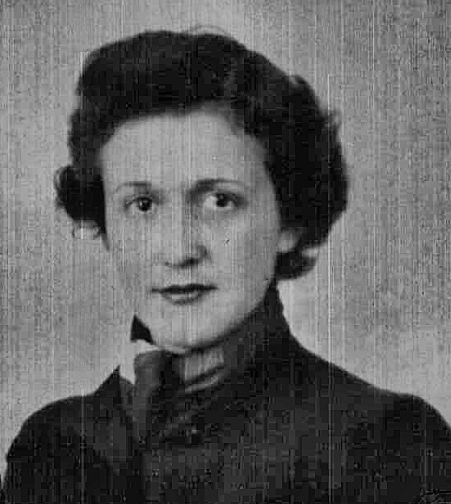 RAeC 1939
RAeC 1939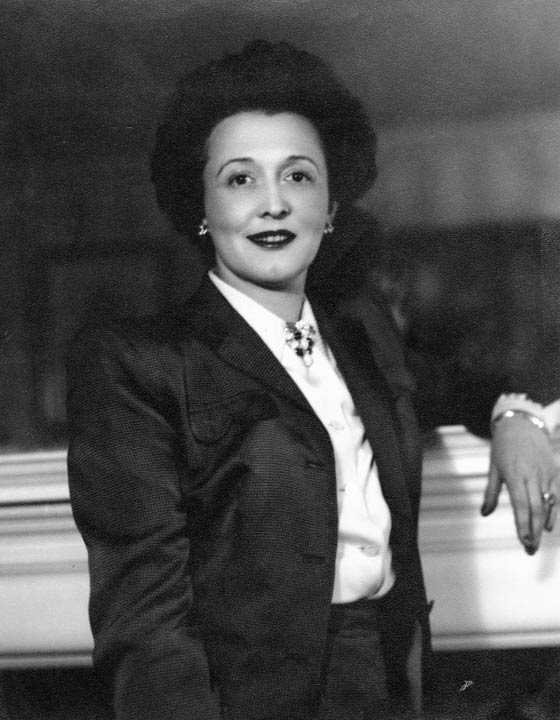
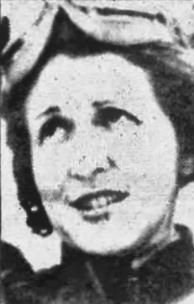 In 1934, the first woman to fly solo from NYC to Mexico and back.
In 1934, the first woman to fly solo from NYC to Mexico and back.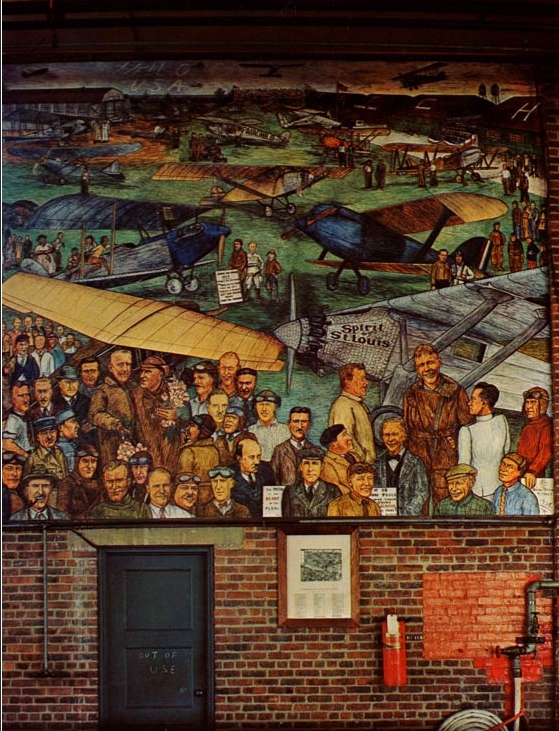 part of Aline's 38m 'Aviation History' mural painted in 1938 in Hangar F of Roosevelt Field, now at the Smithsonian.
part of Aline's 38m 'Aviation History' mural painted in 1938 in Hangar F of Roosevelt Field, now at the Smithsonian.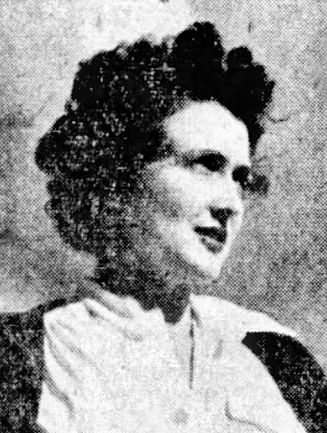 1951
1951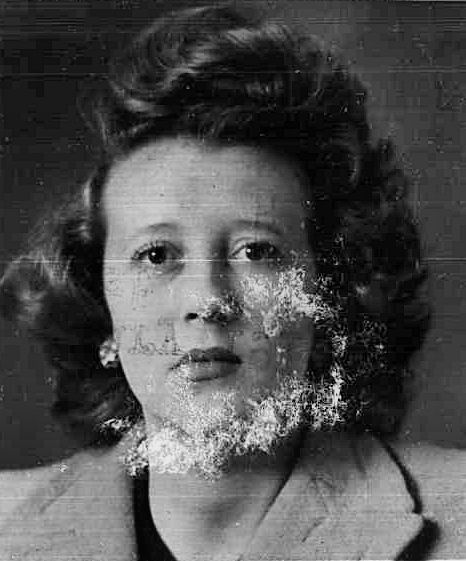
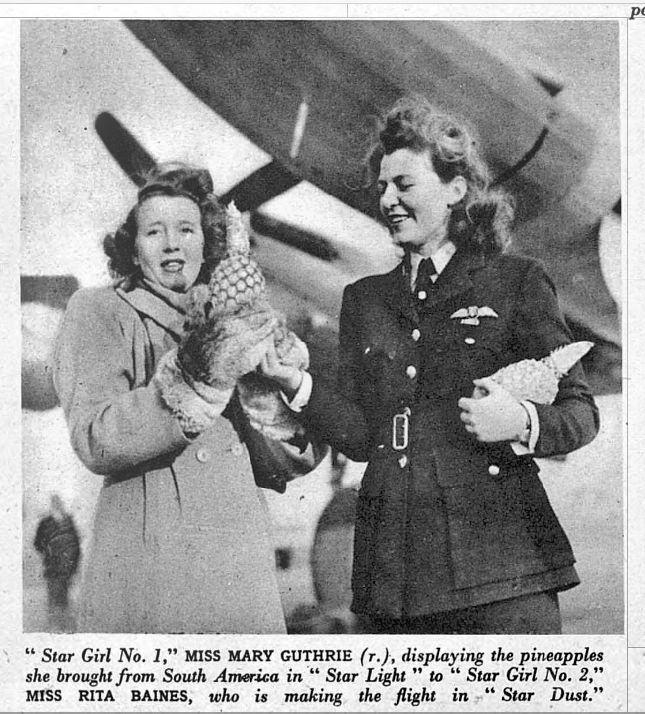
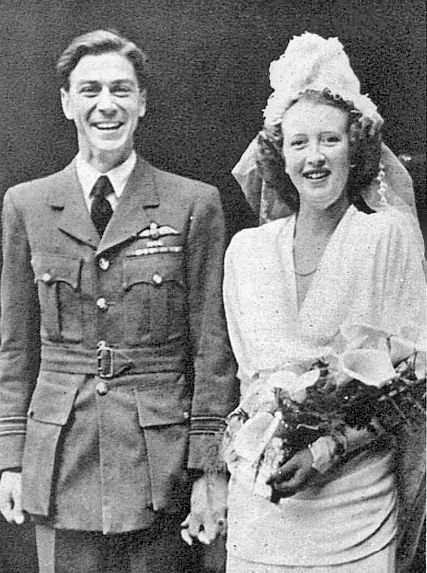 The Tatler
The Tatler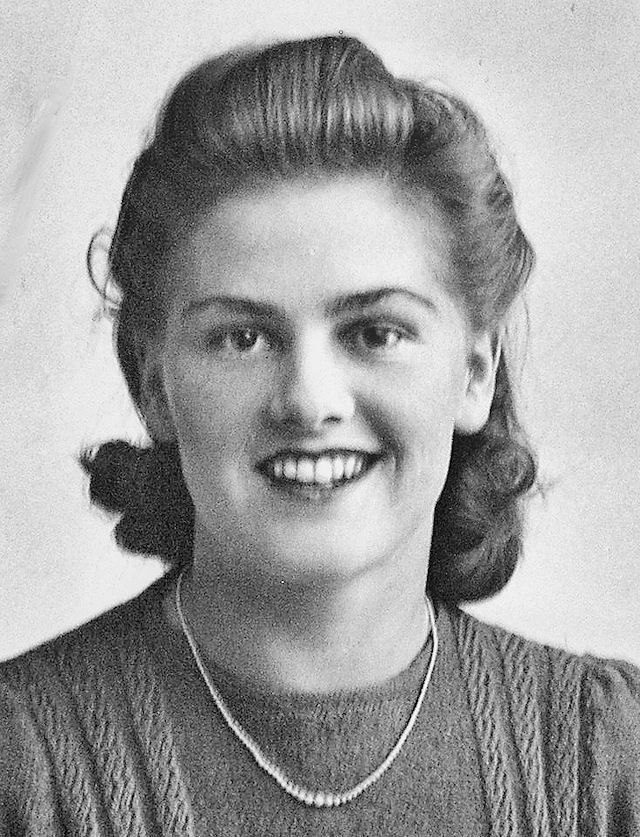 ATA
ATA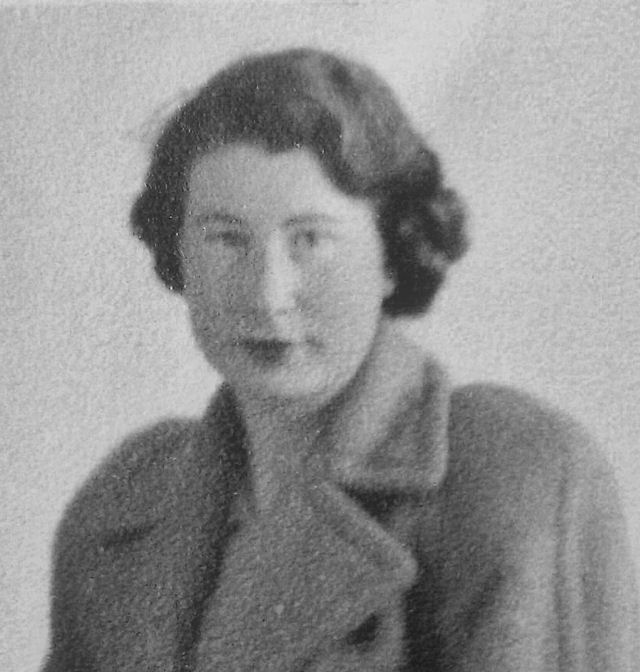 ATA
ATA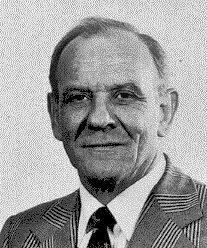
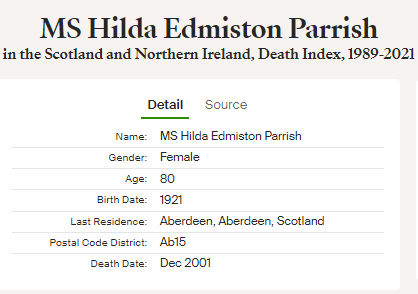
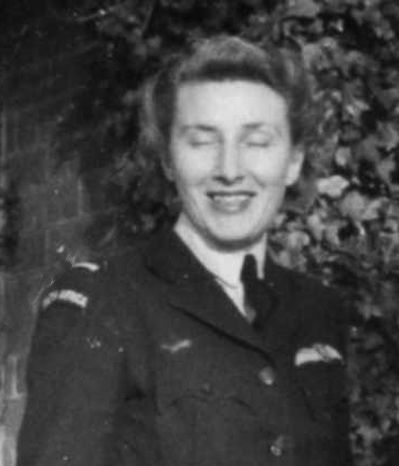 ATAM
ATAM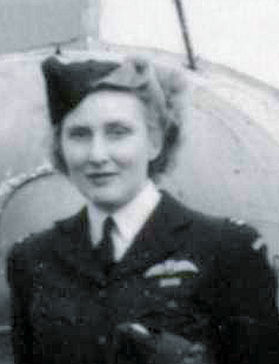 ATAM
ATAM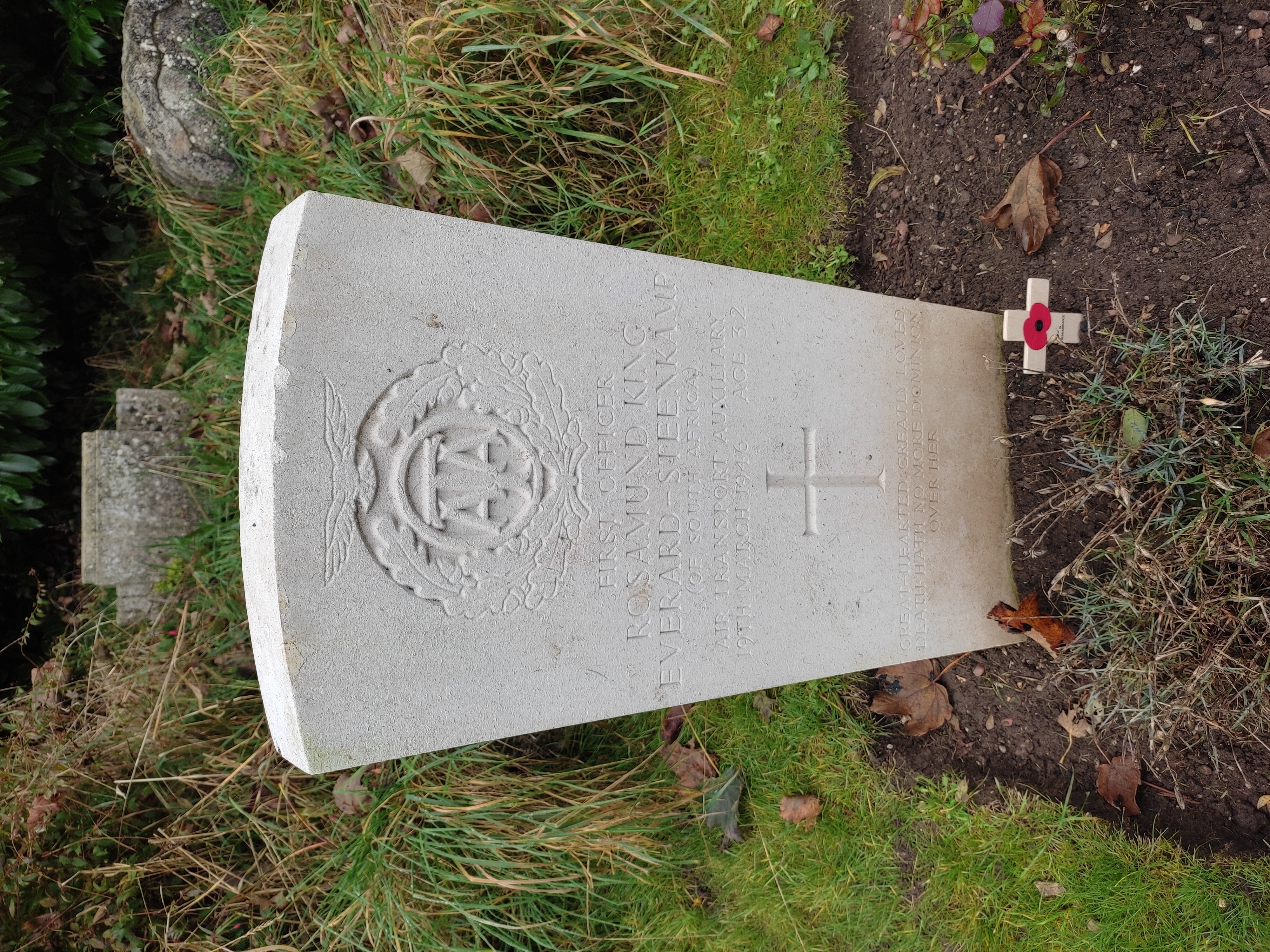 "Great-hearted Greatly loved. Death hath no more dominion over her"
"Great-hearted Greatly loved. Death hath no more dominion over her"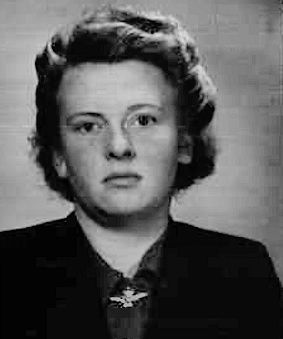 RAeC 1945
RAeC 1945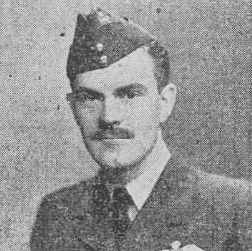 (39 Sqn RAF, d. 24 Oct 1942 in Lancaster I W4306, which crashed in England on return from a daylight raid on Milan)
(39 Sqn RAF, d. 24 Oct 1942 in Lancaster I W4306, which crashed in England on return from a daylight raid on Milan)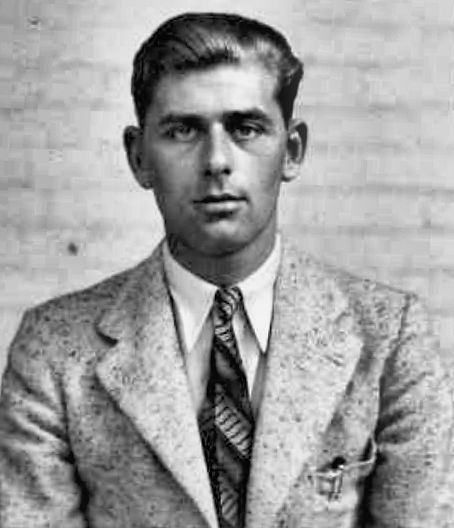 (also an ex-ATA pilot)
(also an ex-ATA pilot)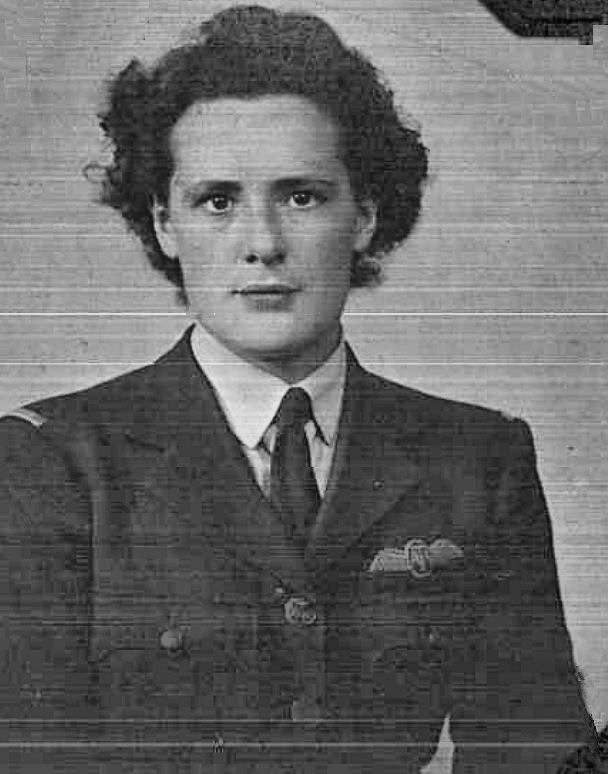 RAeC 1945
RAeC 1945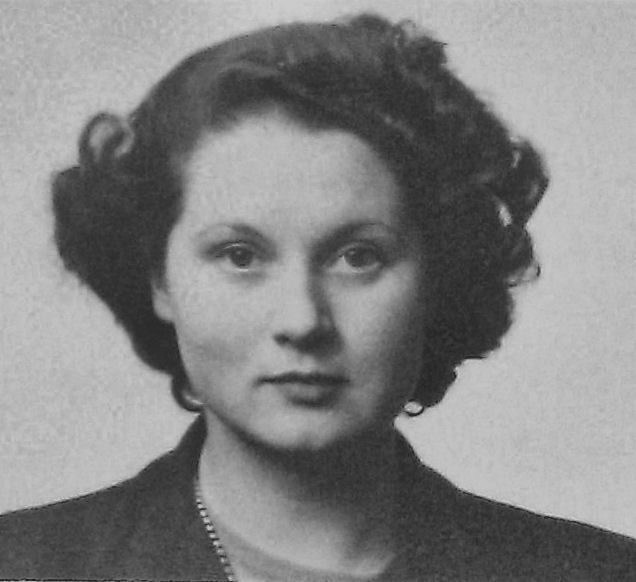 ATA
ATA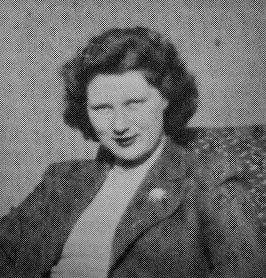 WwW
WwW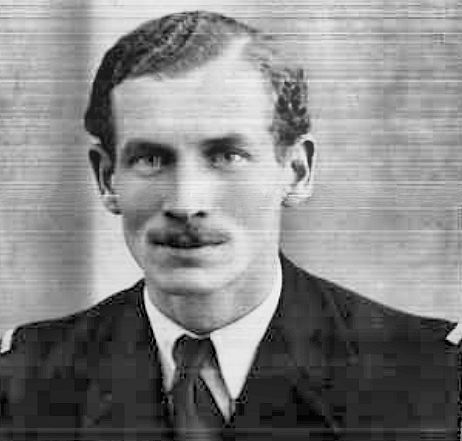
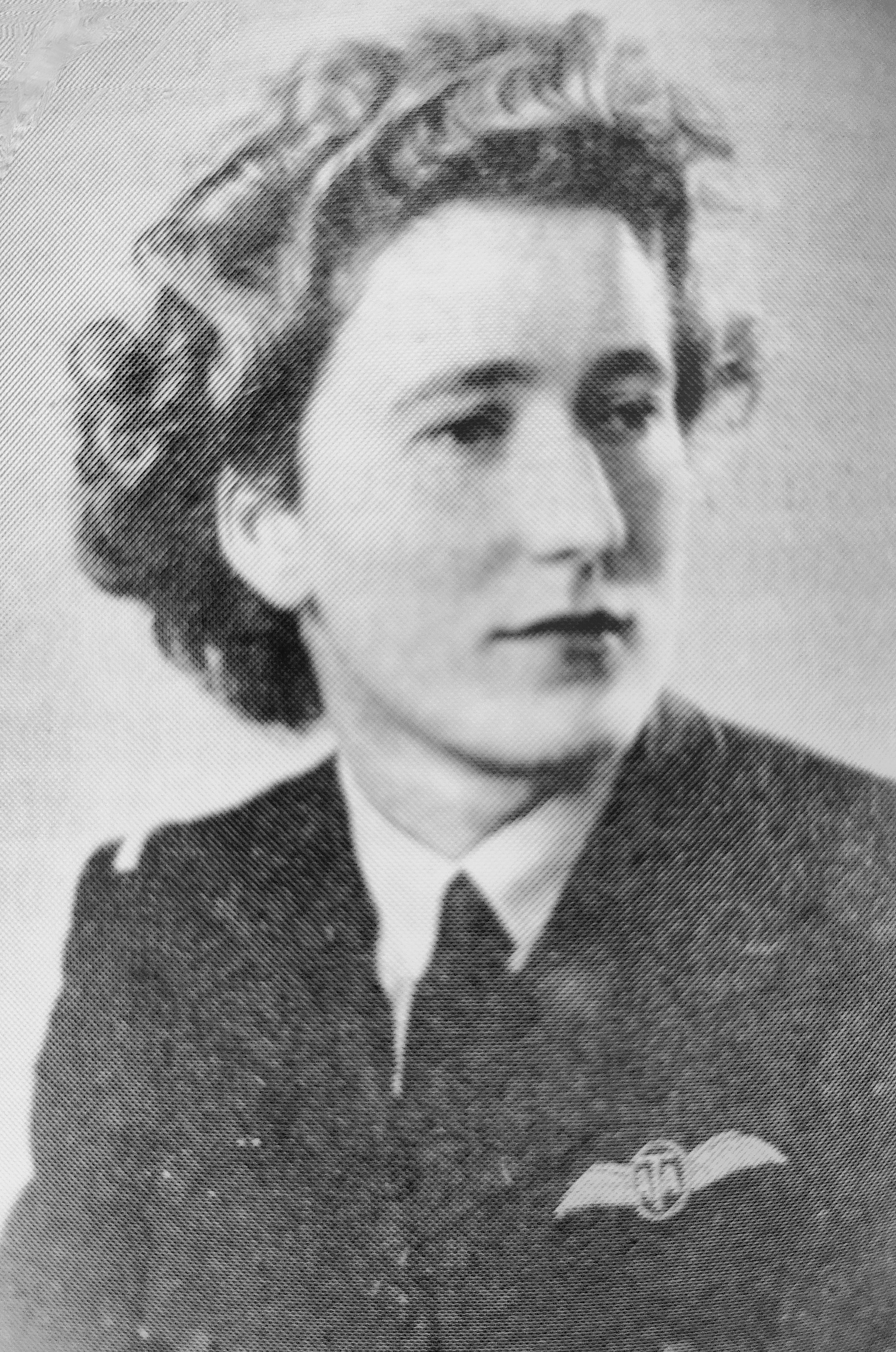 ATA
ATA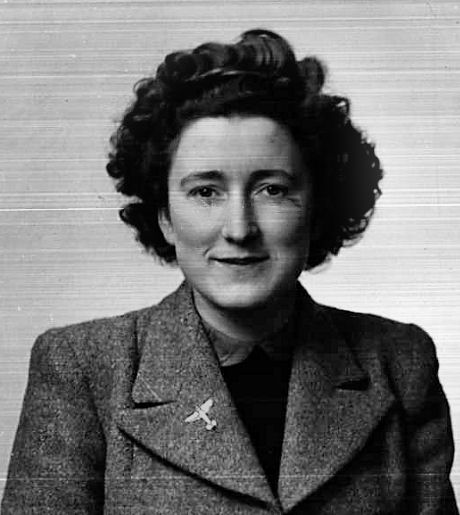 RAeC 1945
RAeC 1945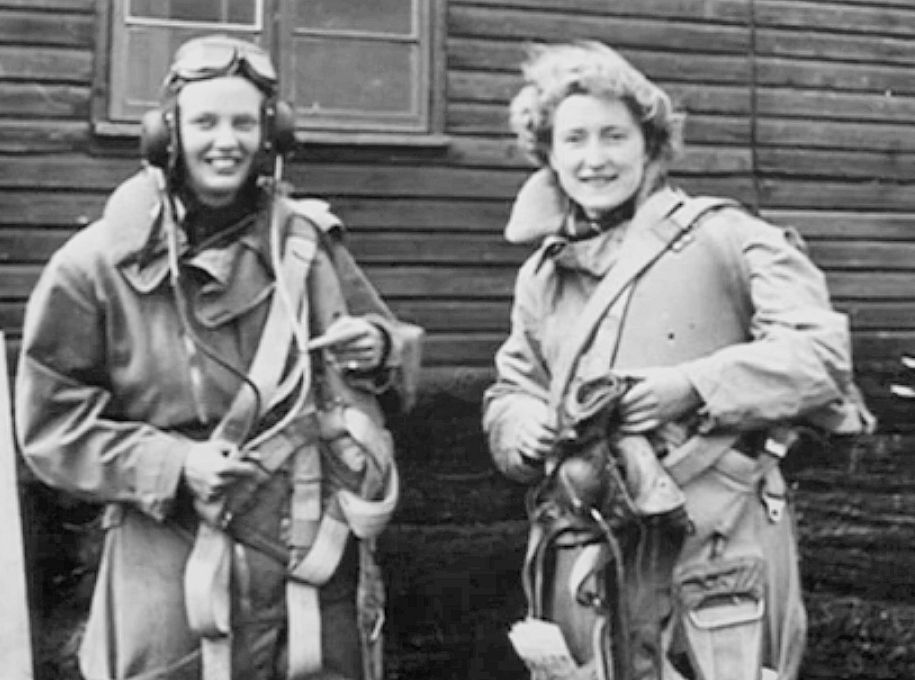 with (l) Di Faunthorpe
with (l) Di Faunthorpe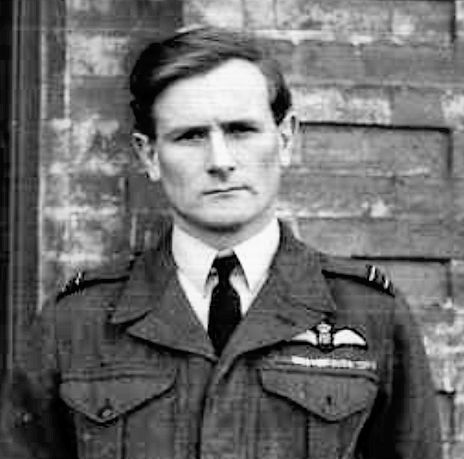 1951
1951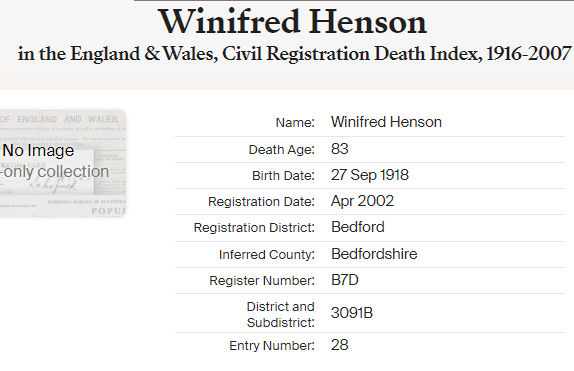
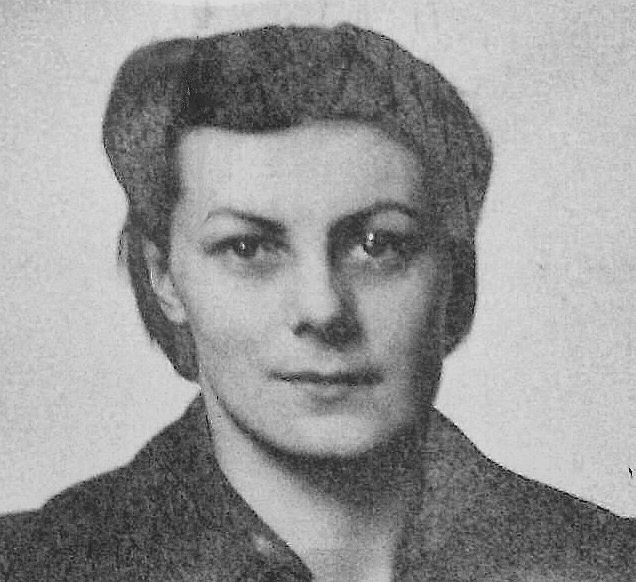 ATA
ATA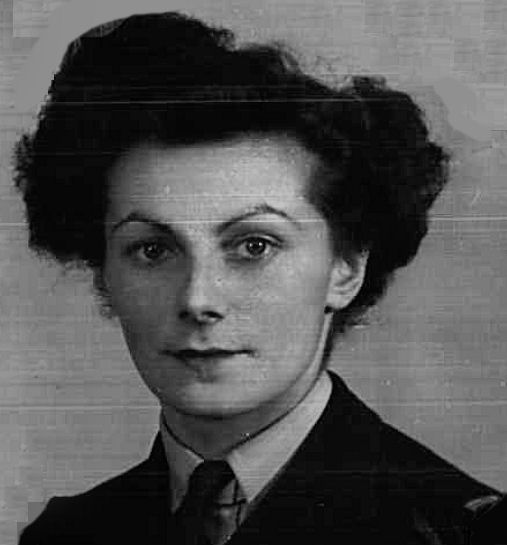 RAeC 1945
RAeC 1945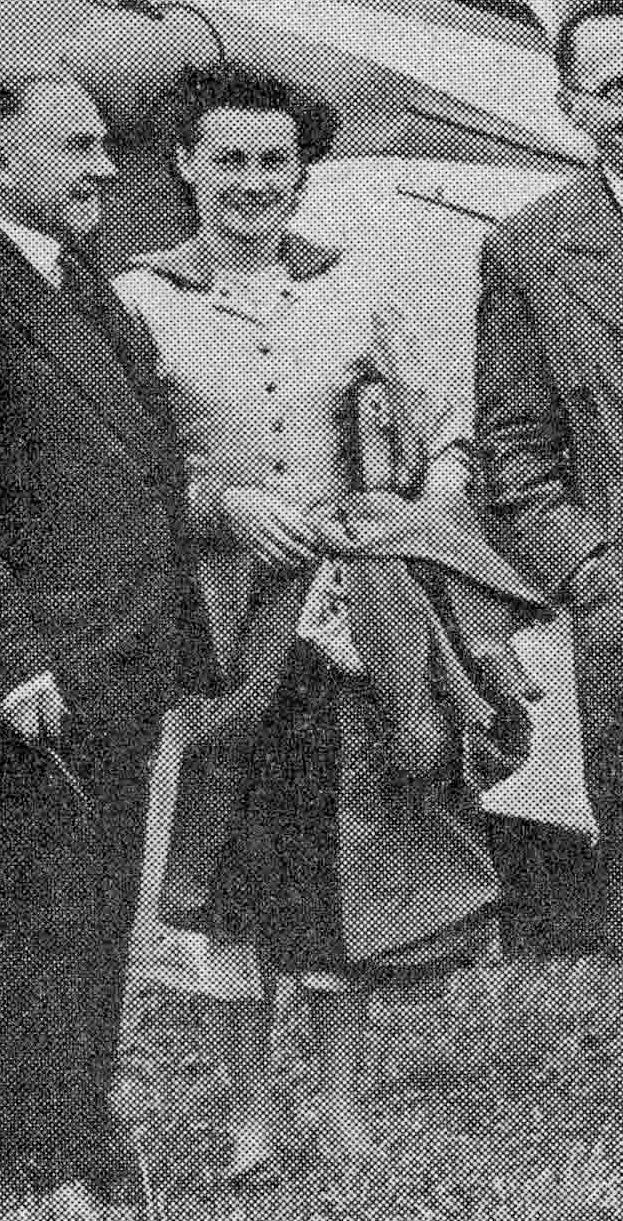 c.1952
c.1952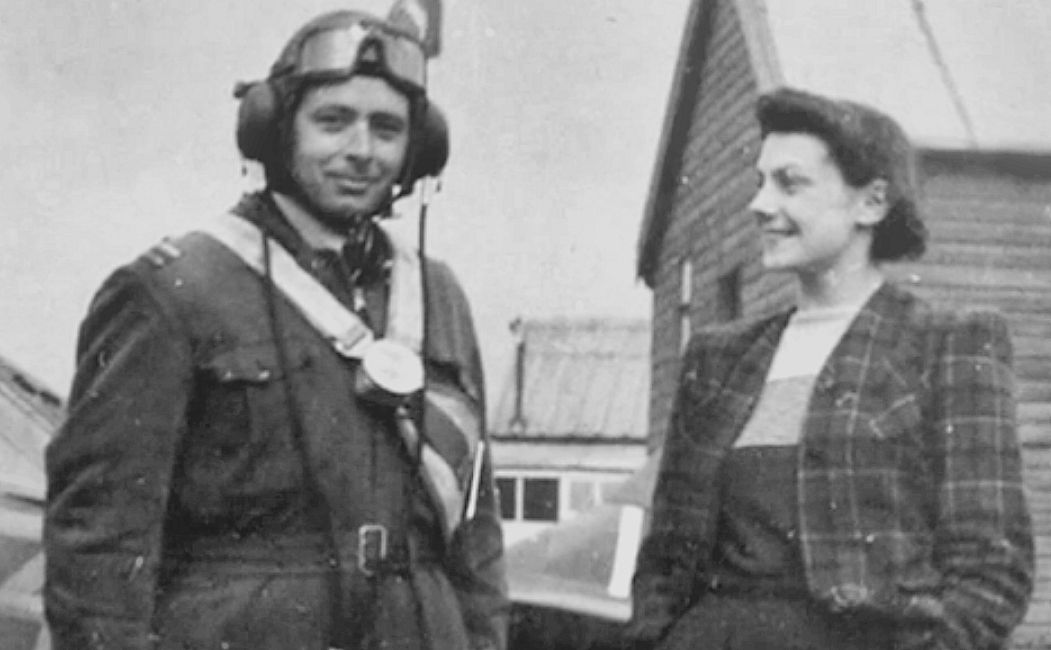 ATAM
ATAM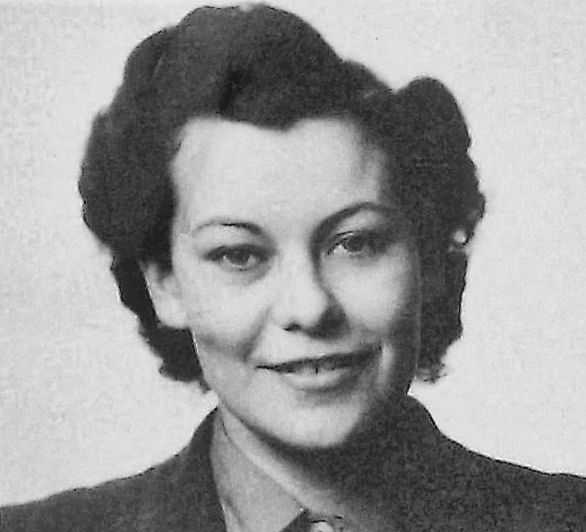 ATA
ATA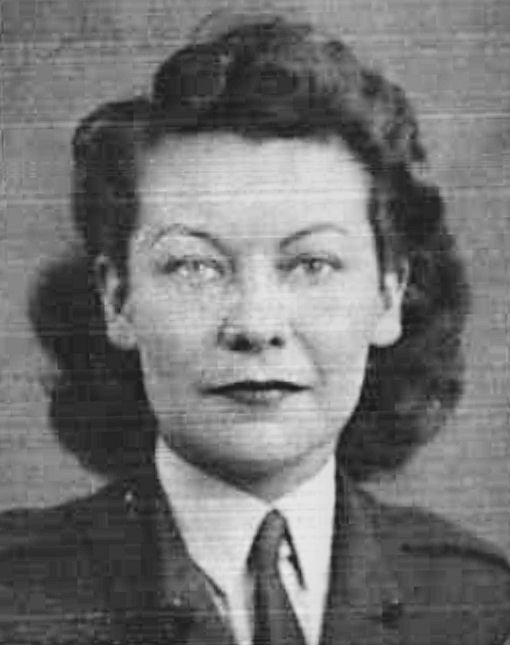 RAeC 1945
RAeC 1945 1993
1993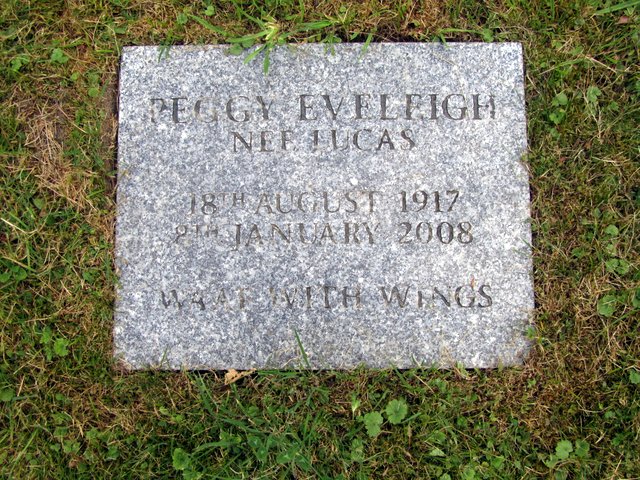
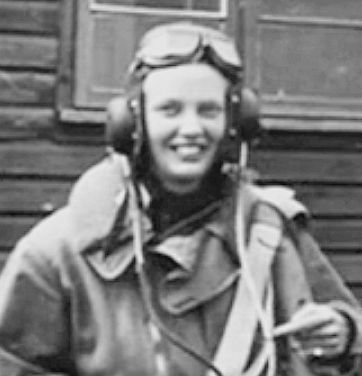 in 1944
in 1944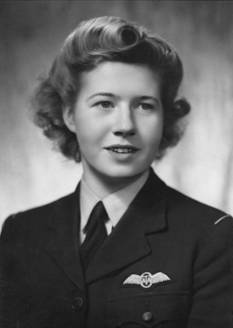 ATA
ATA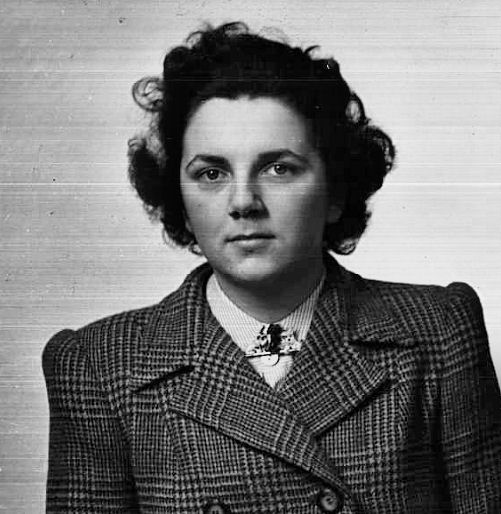 RAeC 1945
RAeC 1945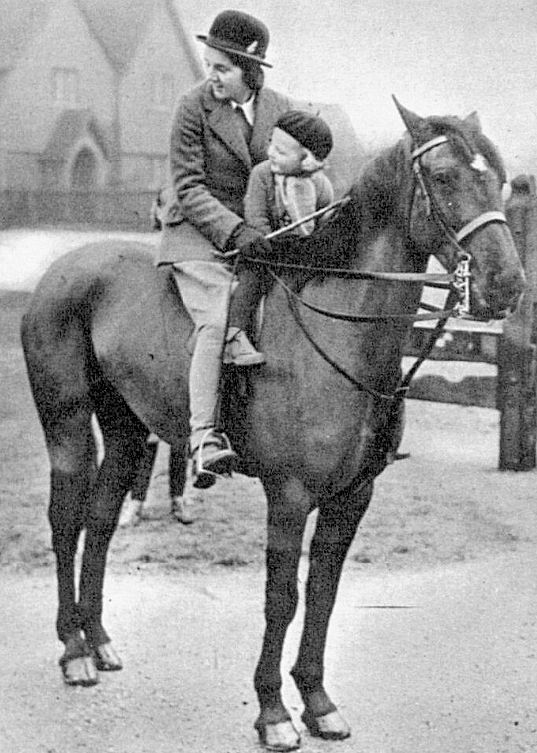 With the Hertfordshire Hunt in 1940
With the Hertfordshire Hunt in 1940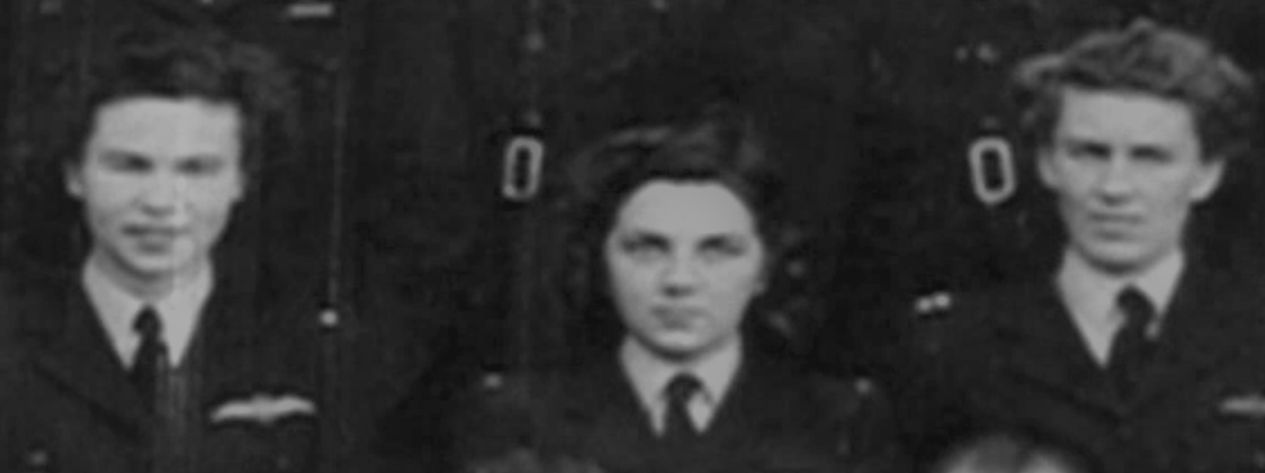
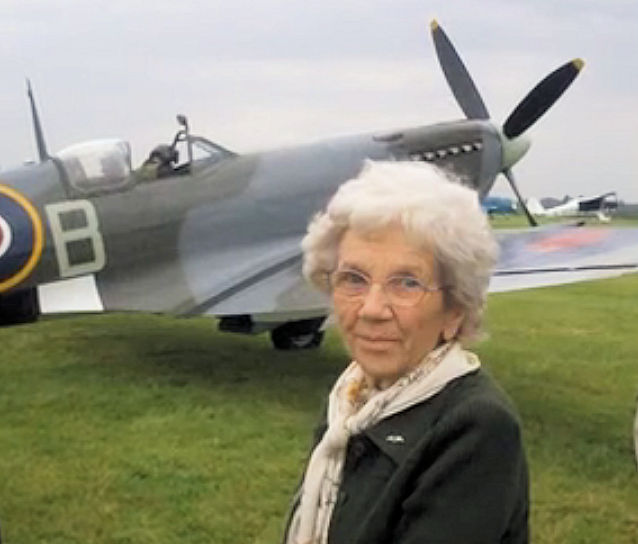
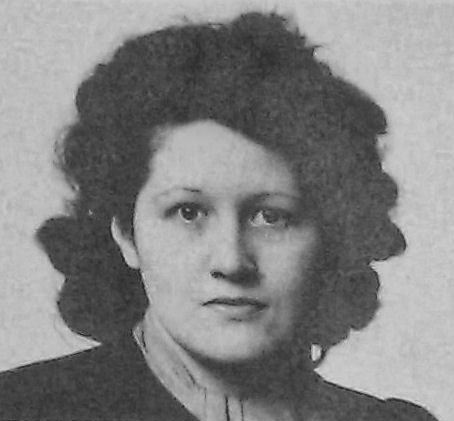 ATA
ATA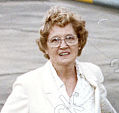 1993
1993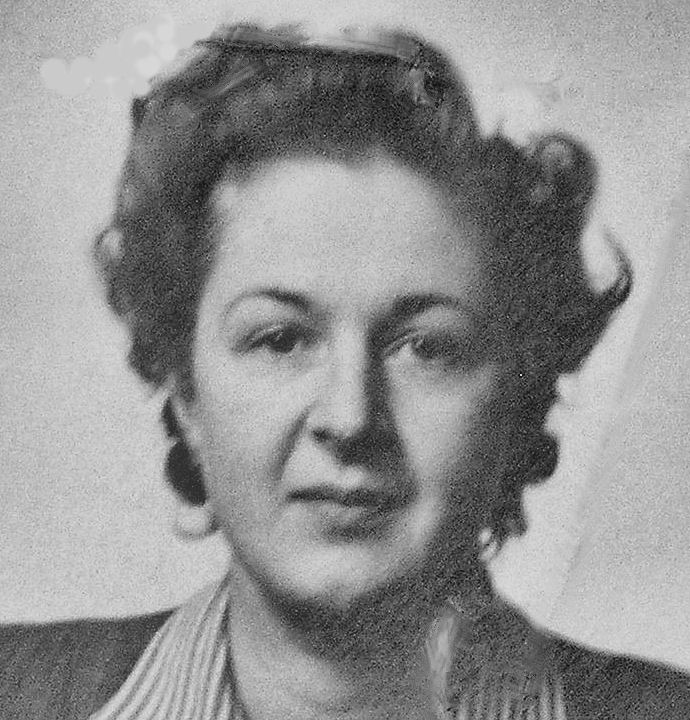 ATA
ATA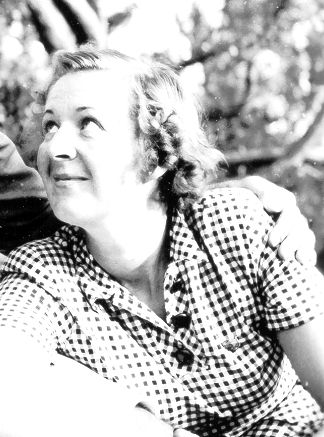
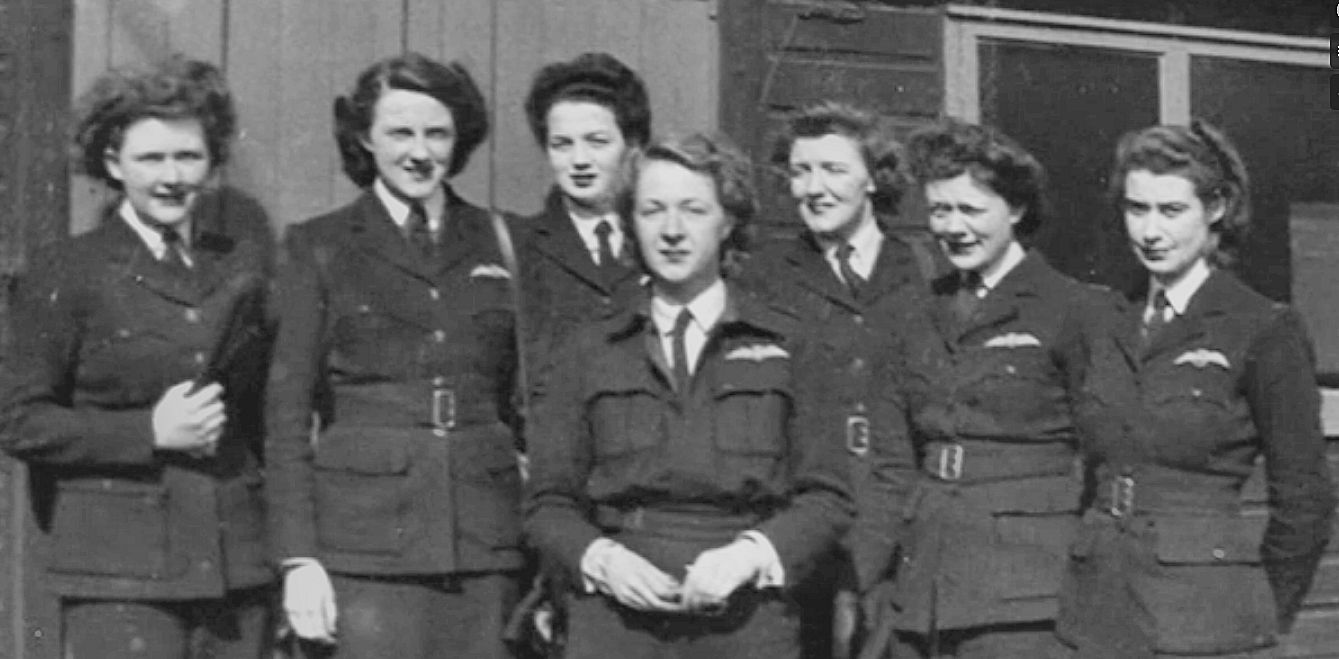
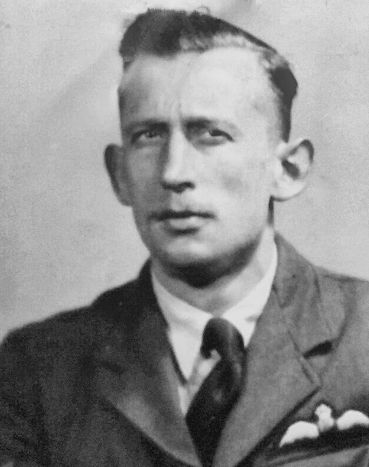 Sgt. Codlin's ATA contract was terminated the same day.
Sgt. Codlin's ATA contract was terminated the same day.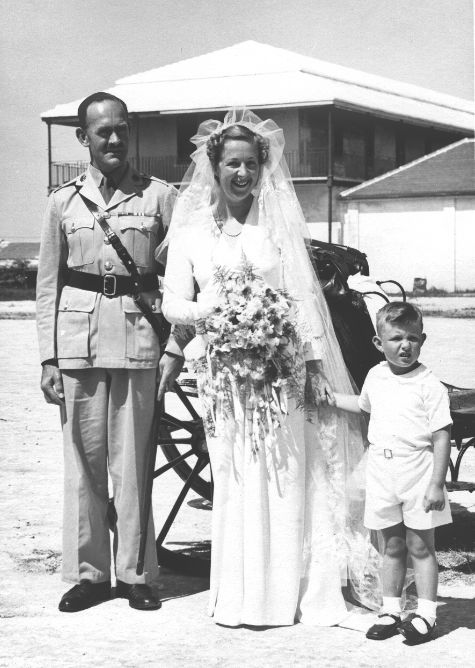
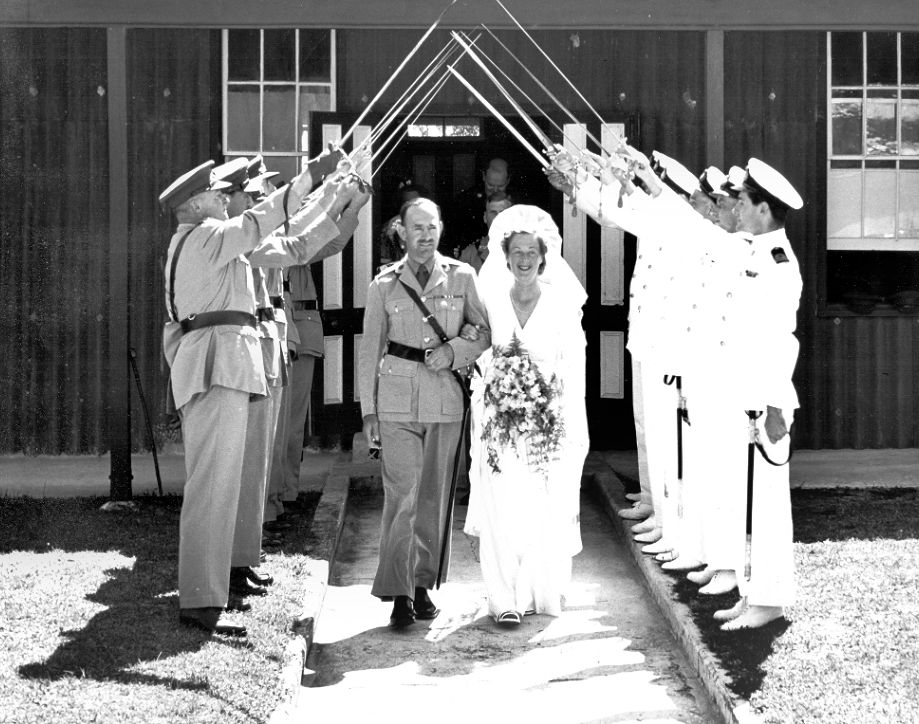
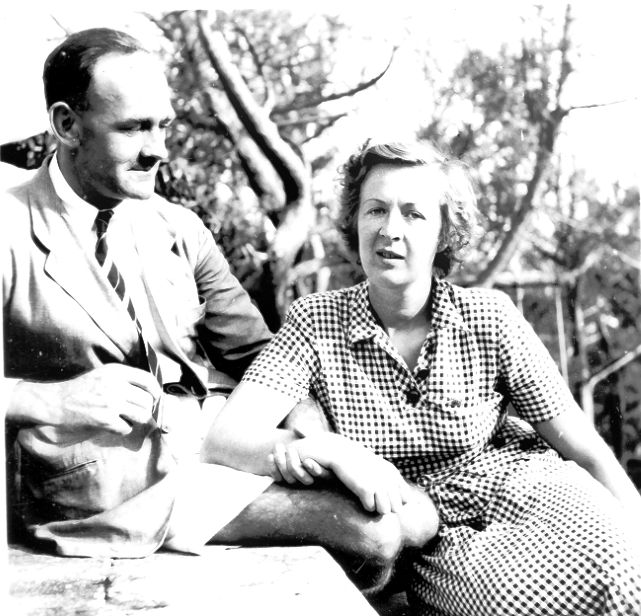
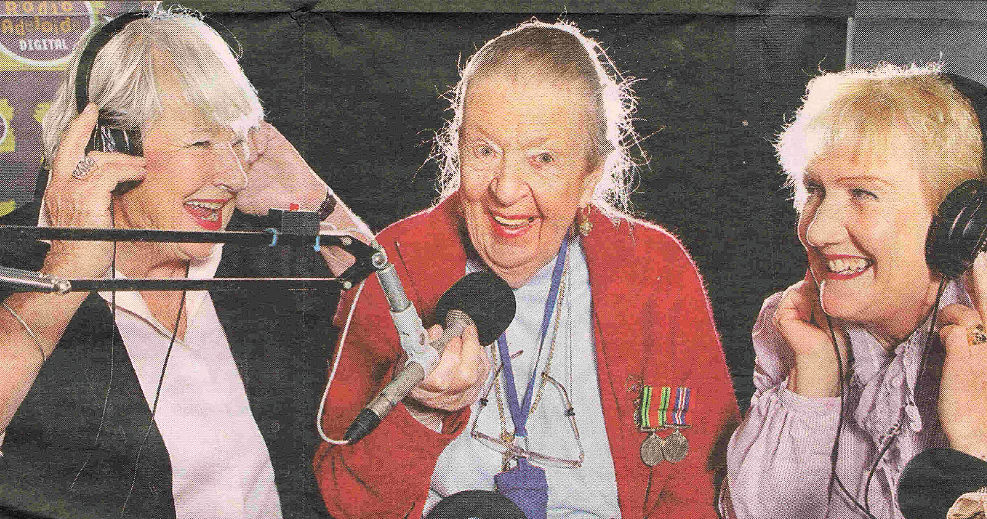
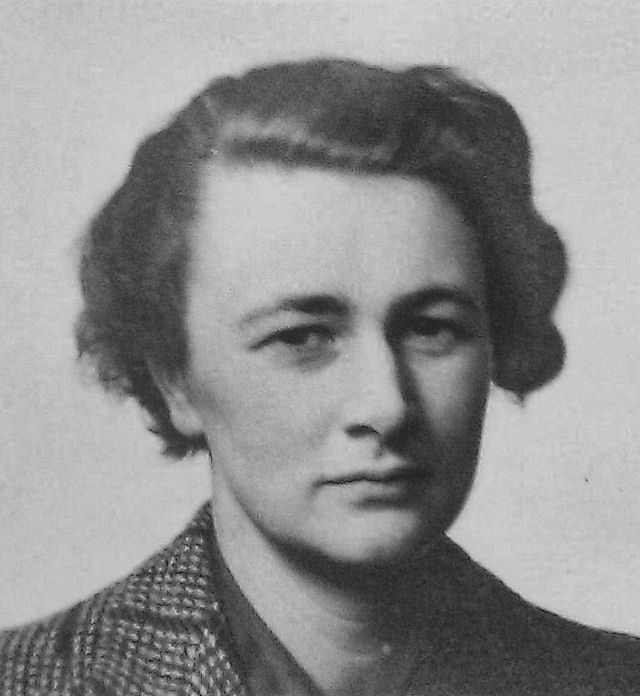 ATA
ATA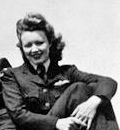 ATA
ATA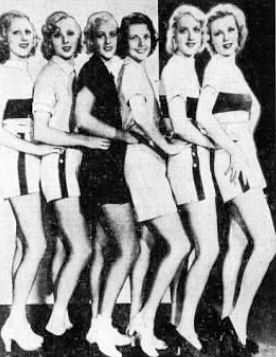 Far right, representing "Missouri" in 1935
Far right, representing "Missouri" in 1935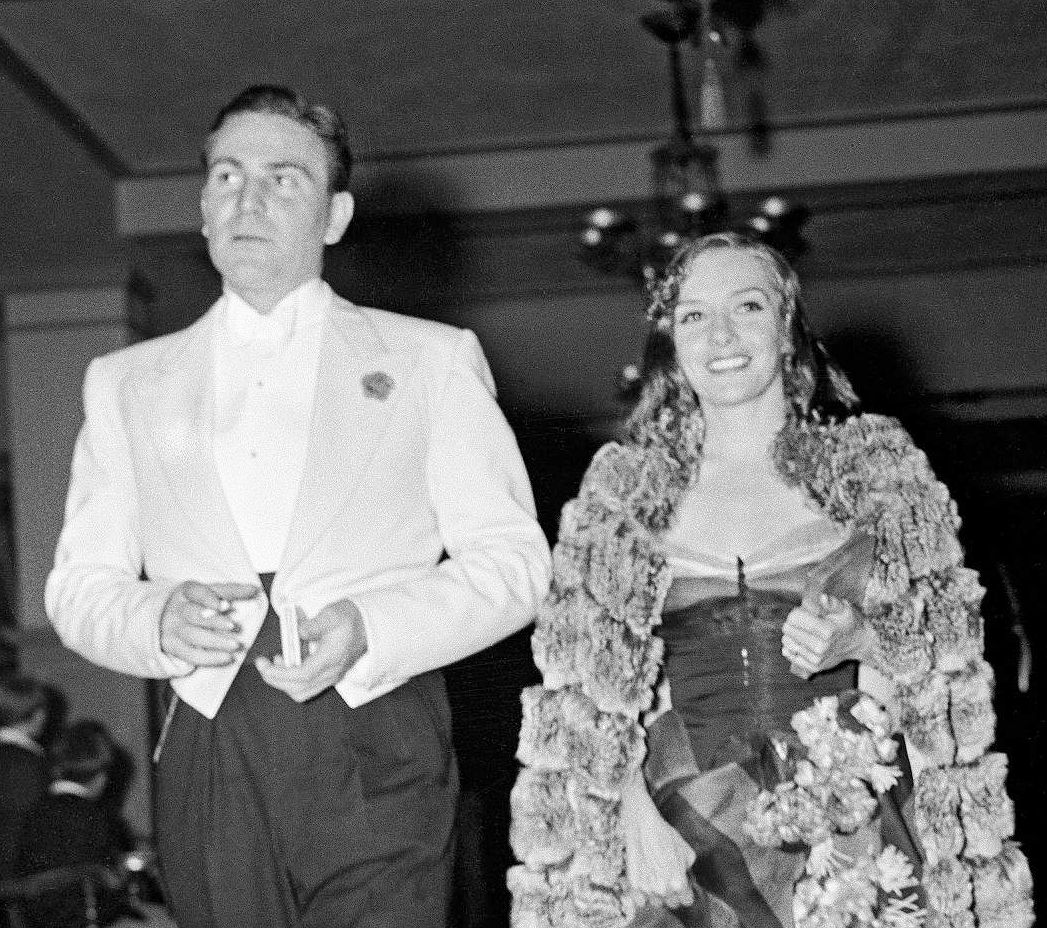 1936
1936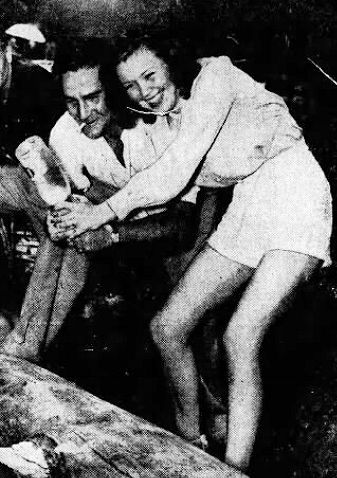 The Los Angeles Times
The Los Angeles Times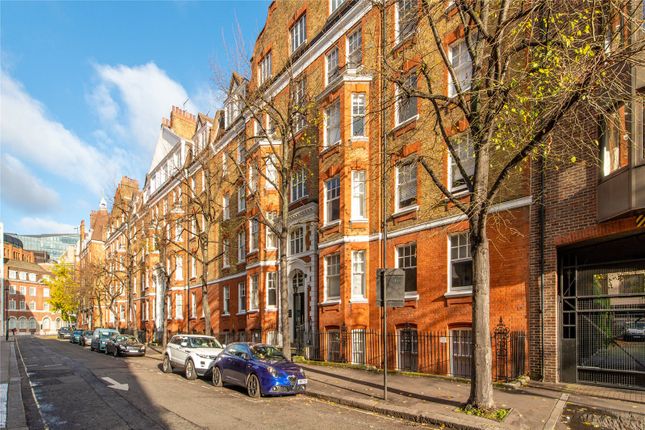 ...a flat at 7 Greycoat Gardens, London SW1
...a flat at 7 Greycoat Gardens, London SW1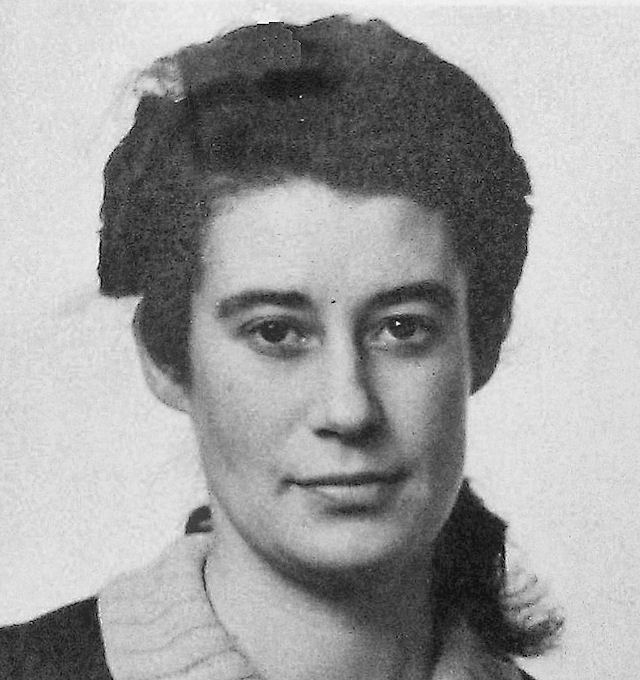 ATA
ATA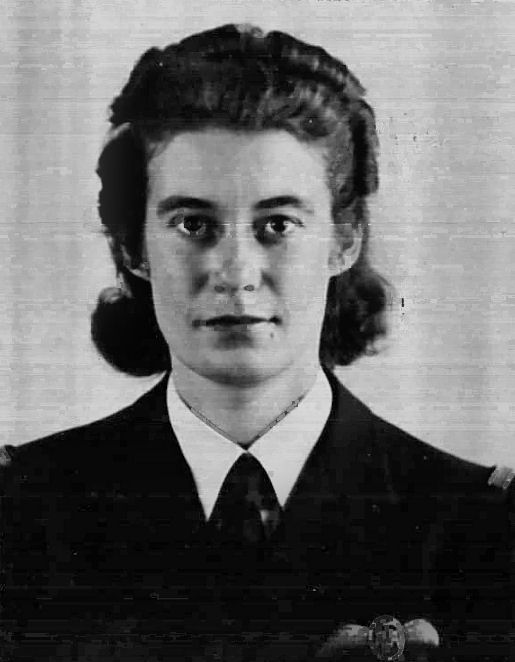 RAeC 1945
RAeC 1945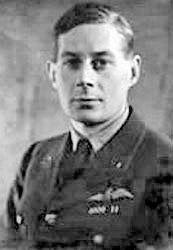
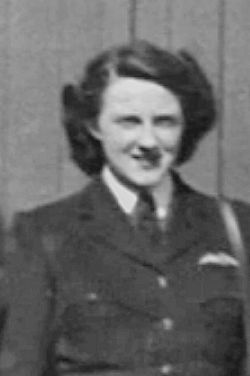 1944
1944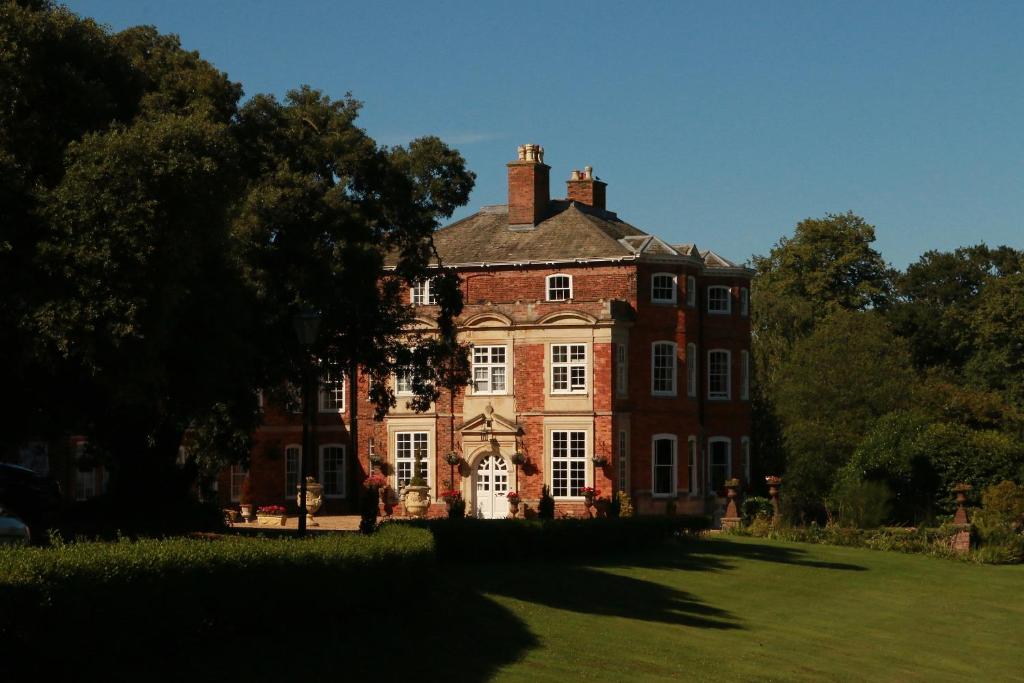 Raithby Hall, the home of the Rawnsley family
Raithby Hall, the home of the Rawnsley family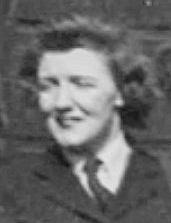
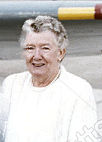 1993
1993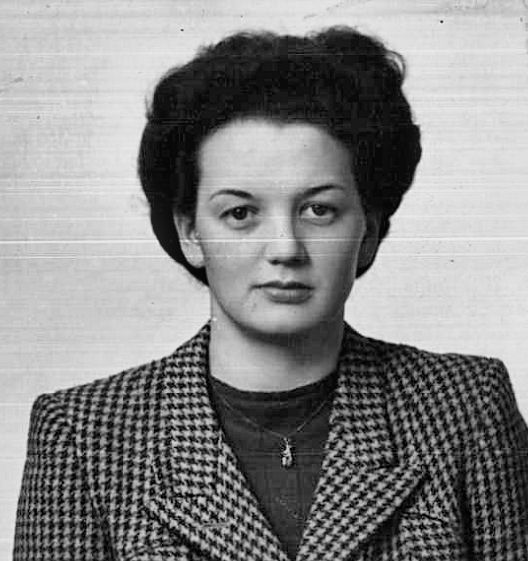 RAeC 1945
RAeC 1945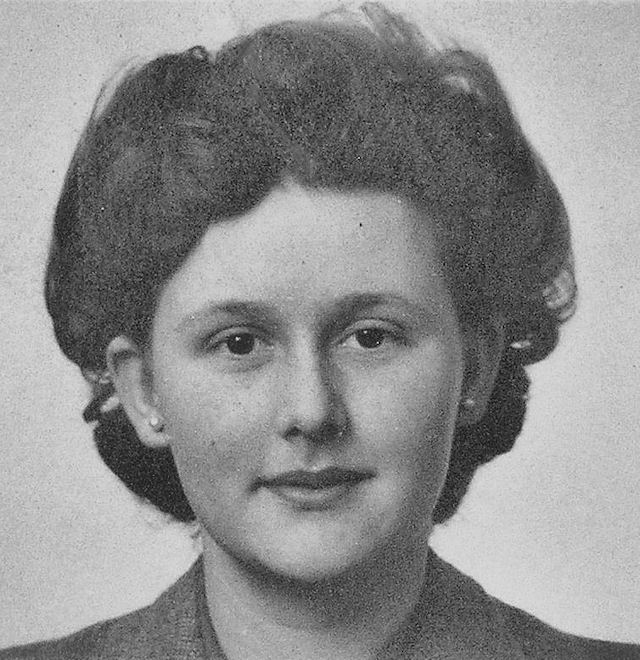 ATA
ATA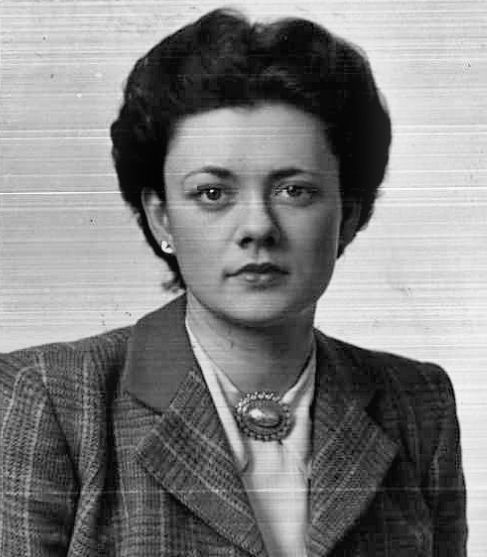 RAeC 1945
RAeC 1945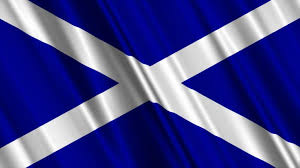
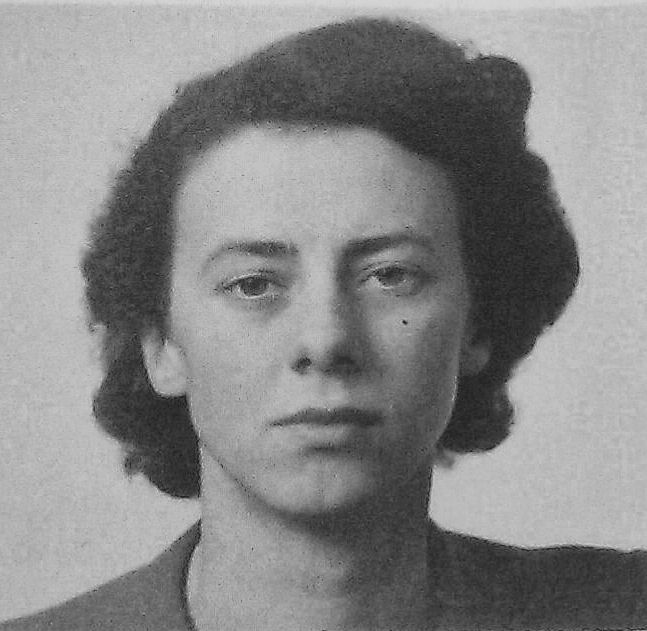 ATA
ATA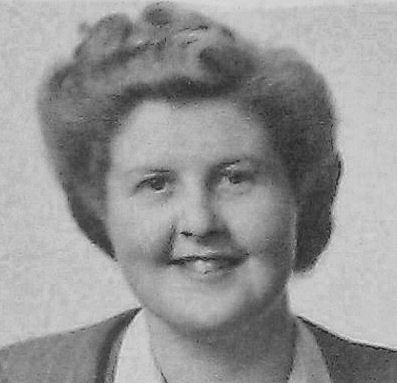
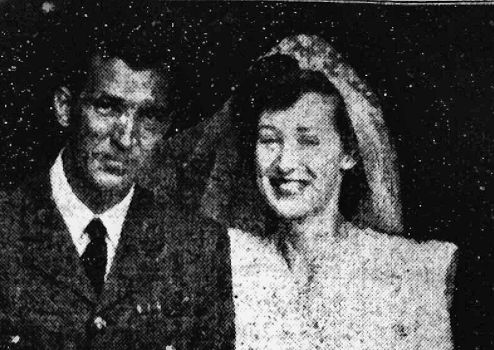 with David Crichton, 1946
with David Crichton, 1946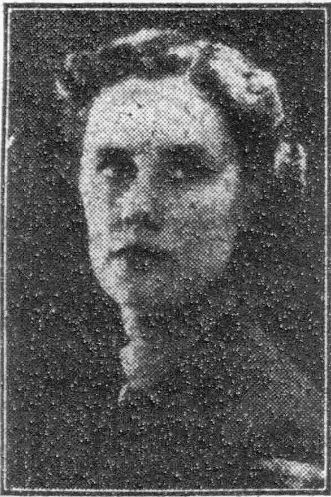 1944
1944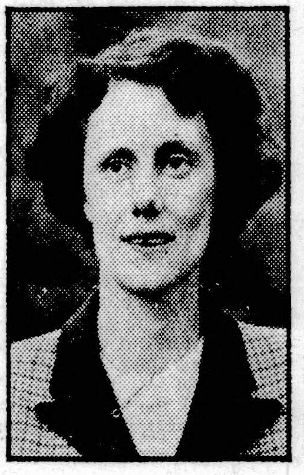
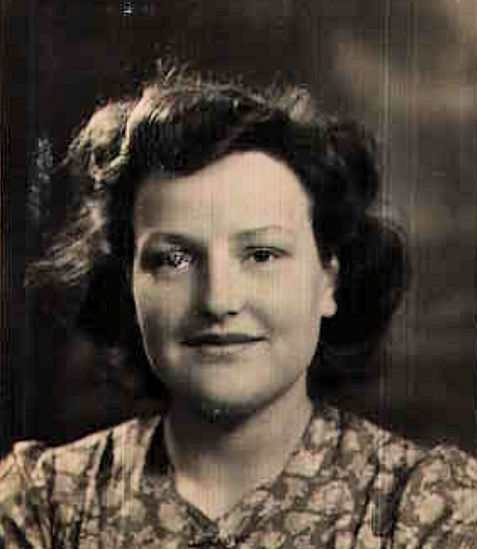 RAeC 1946
RAeC 1946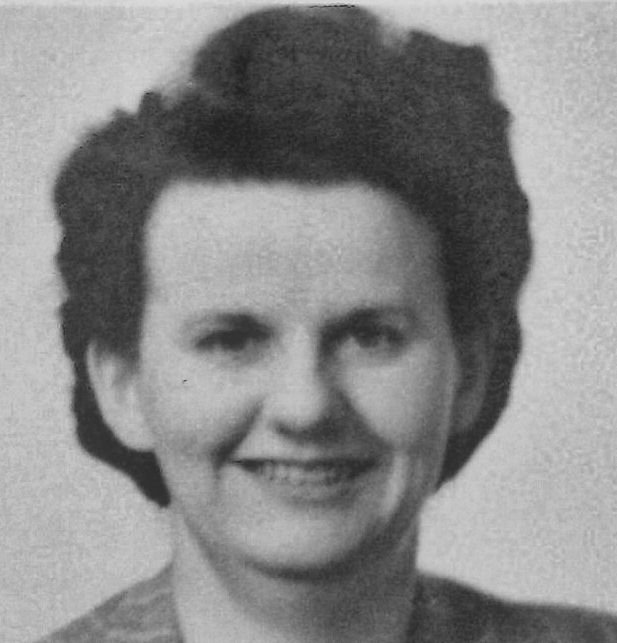 ATA
ATA
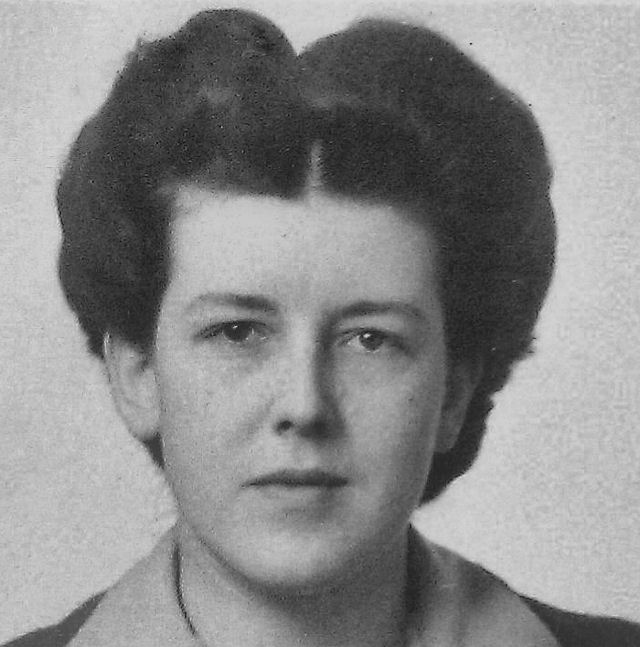 ATA
ATA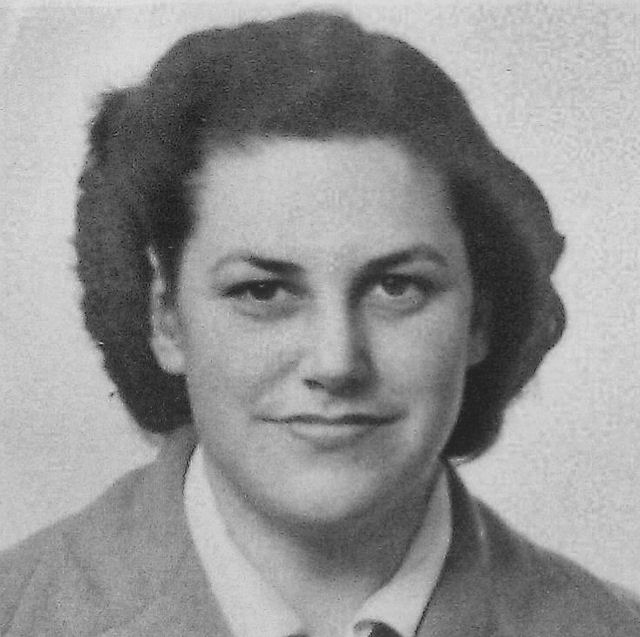 ATA
ATA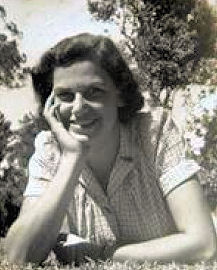 Plymouth Herald
Plymouth Herald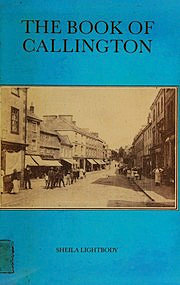 See
See 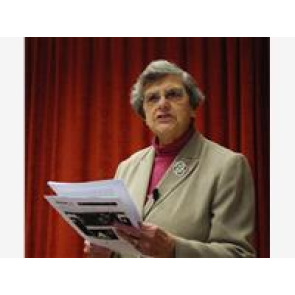 2008
2008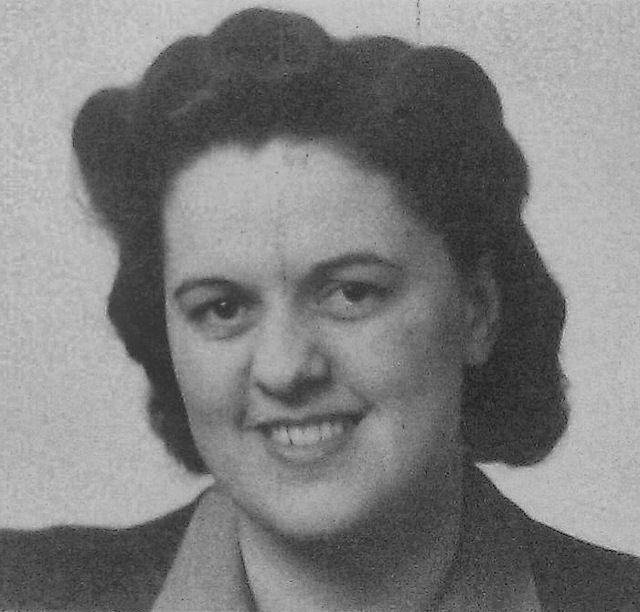 ATA
ATA